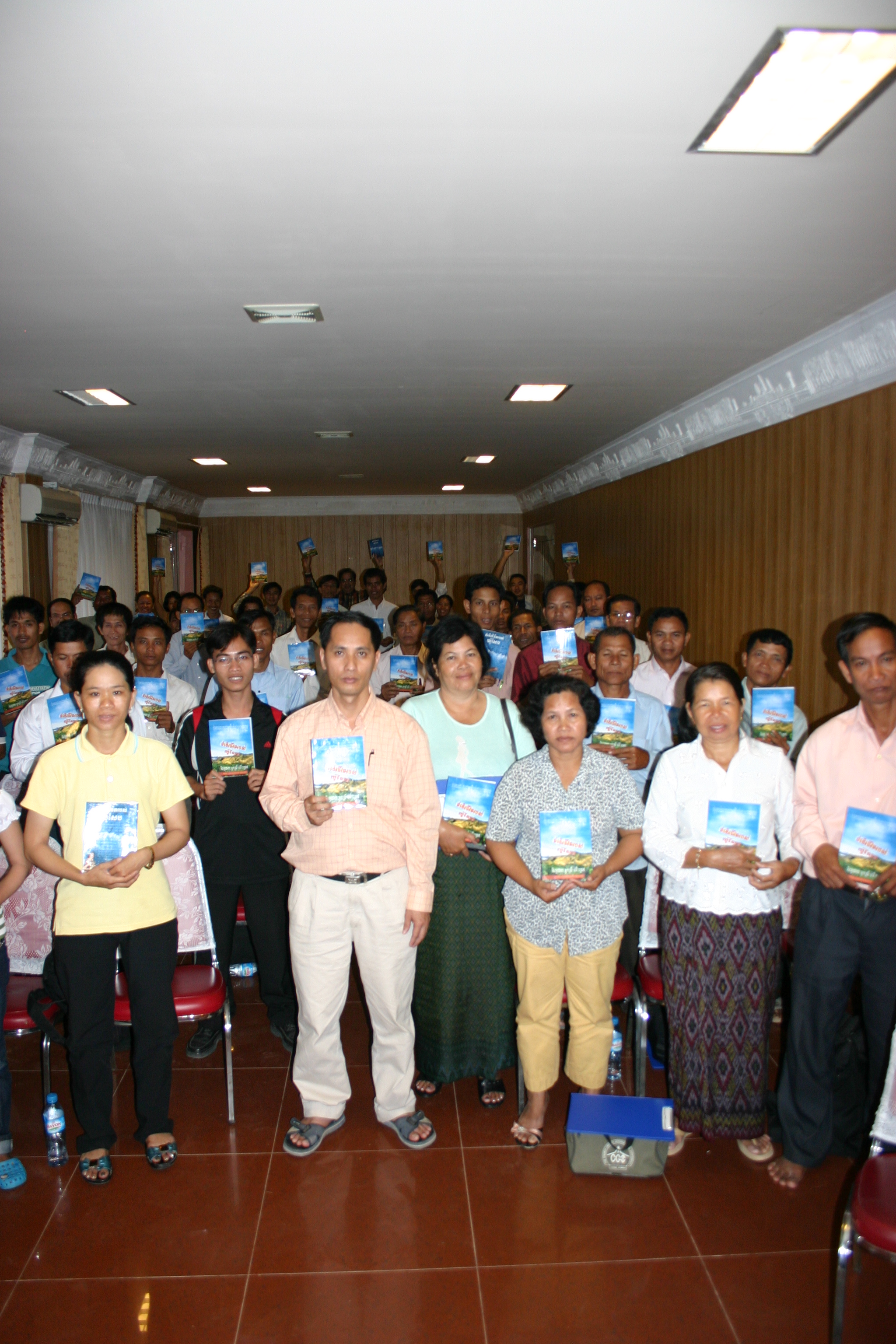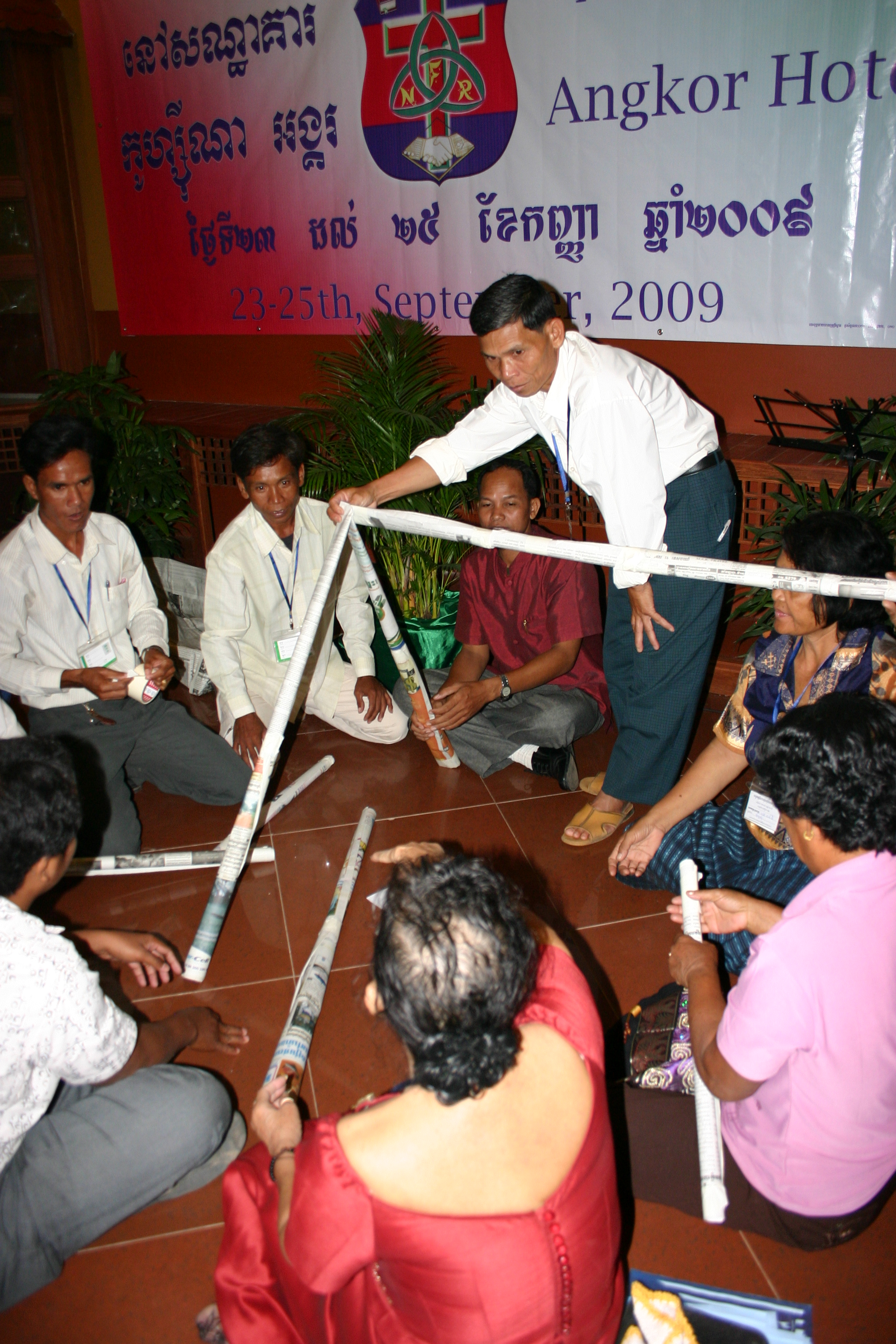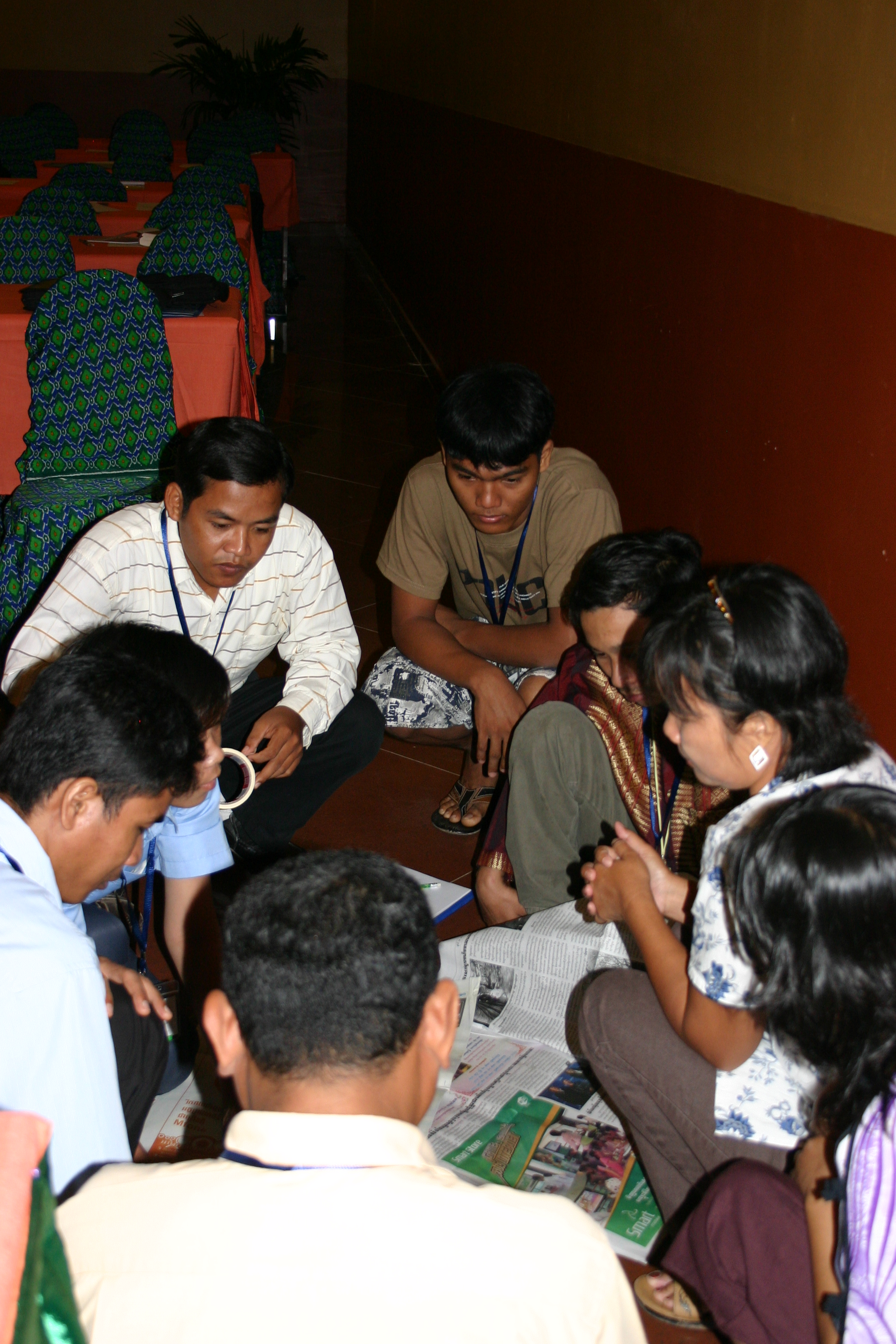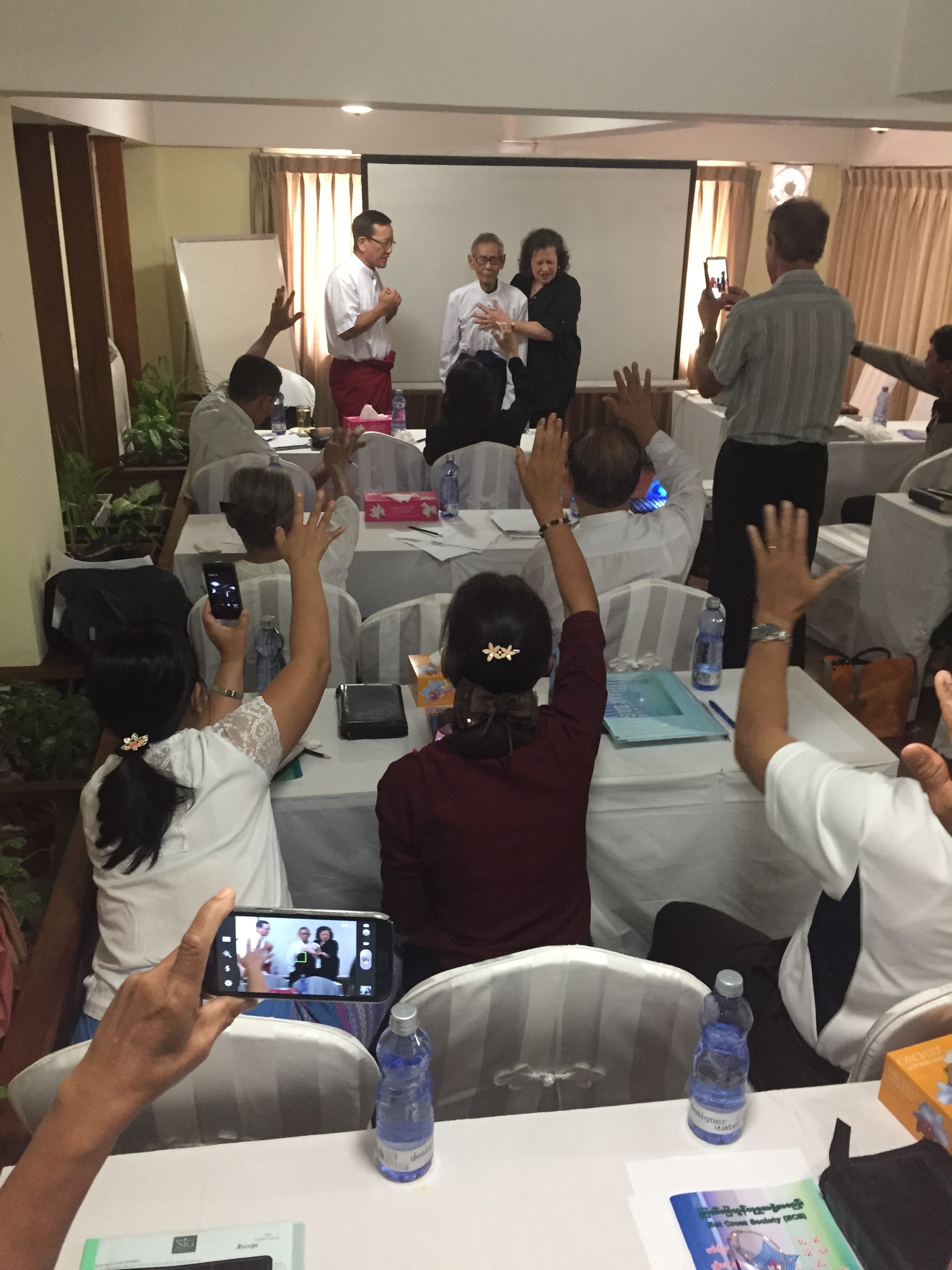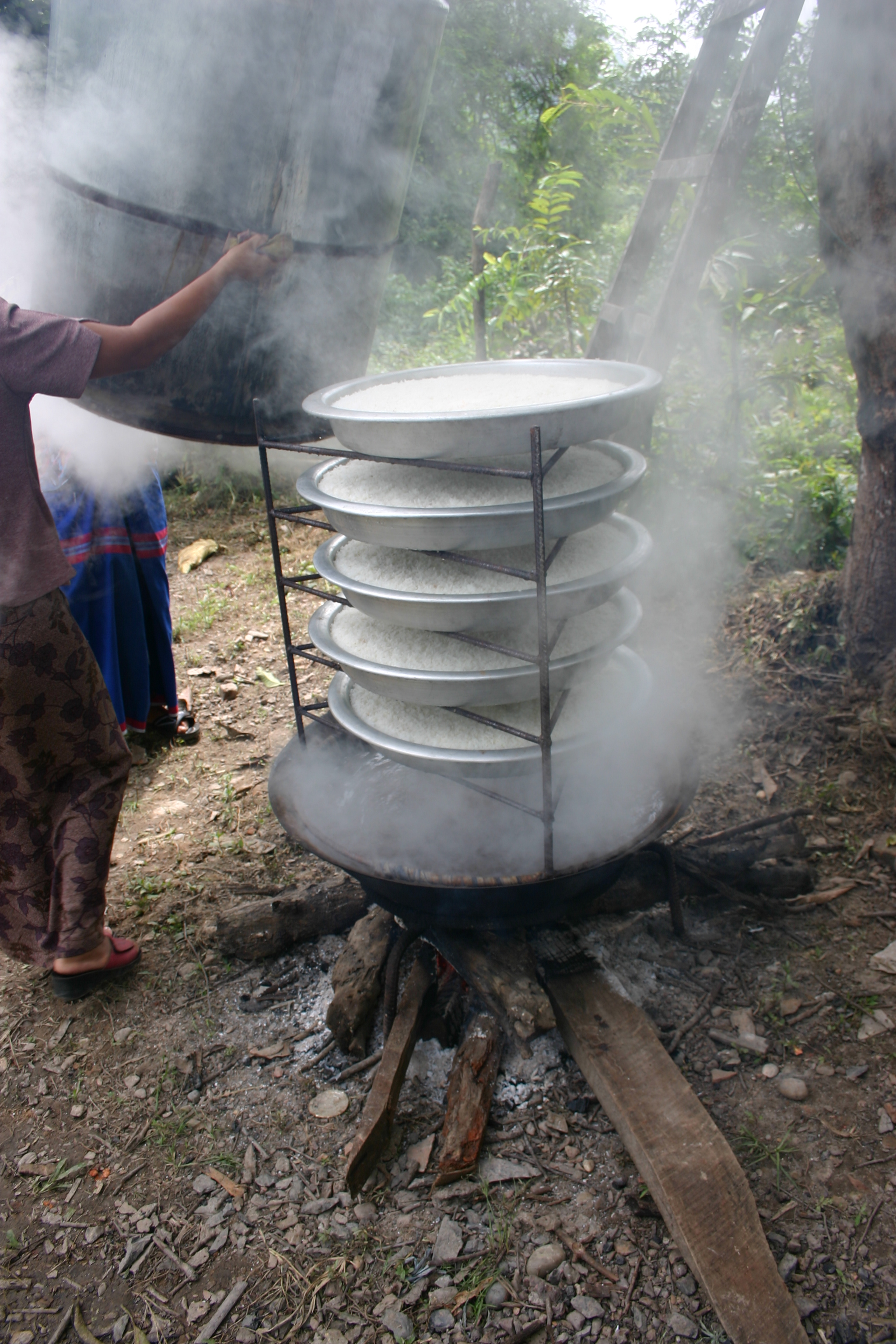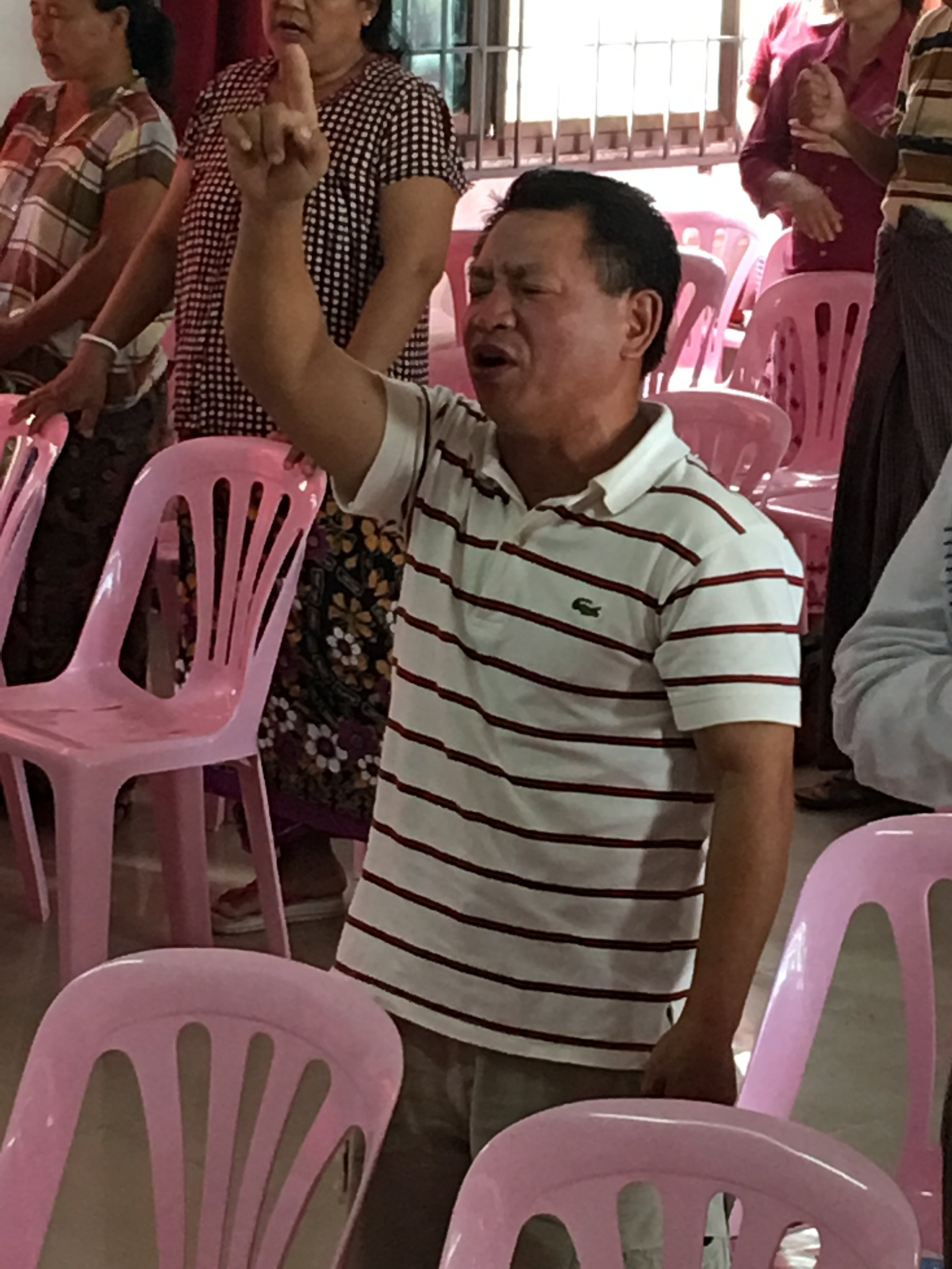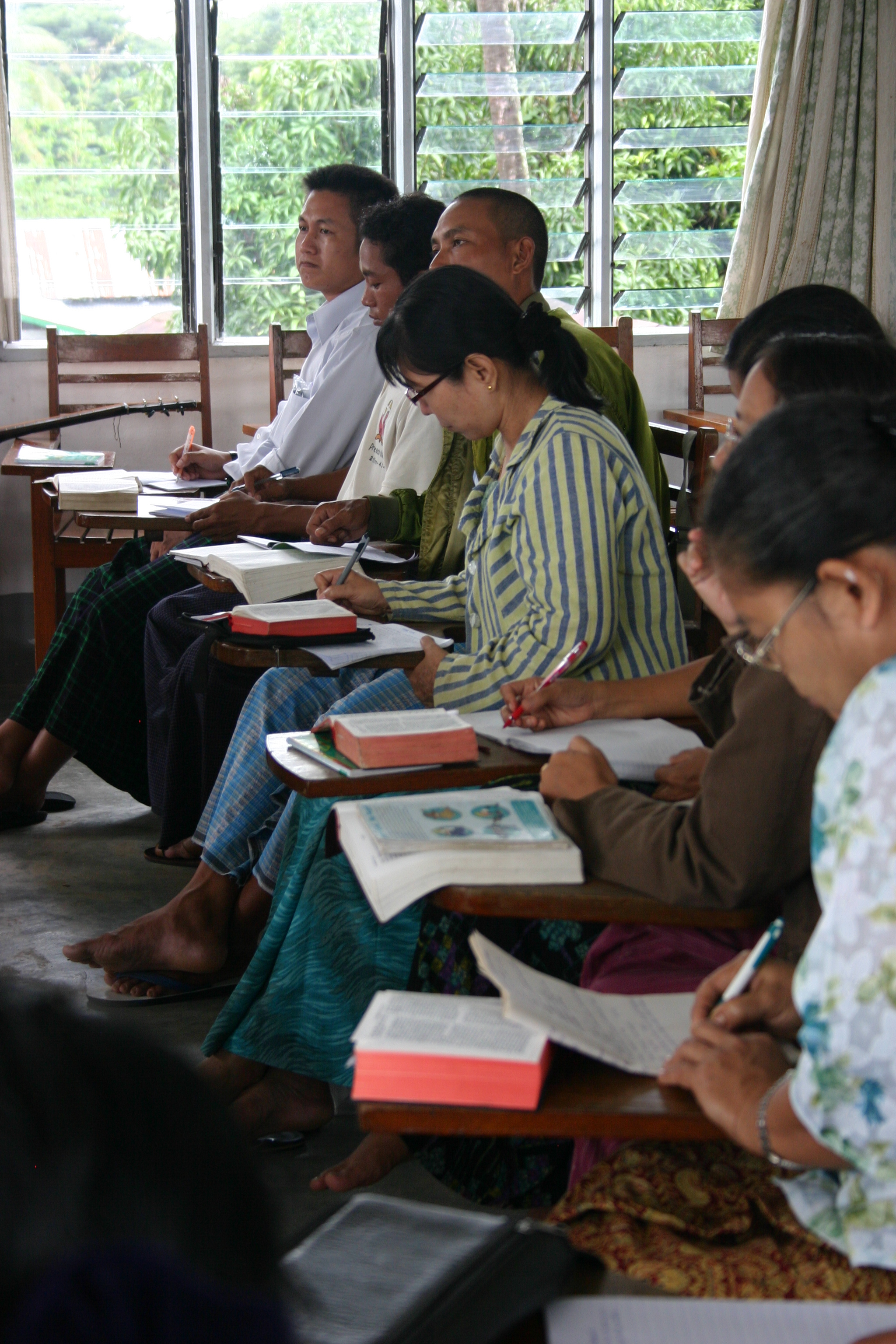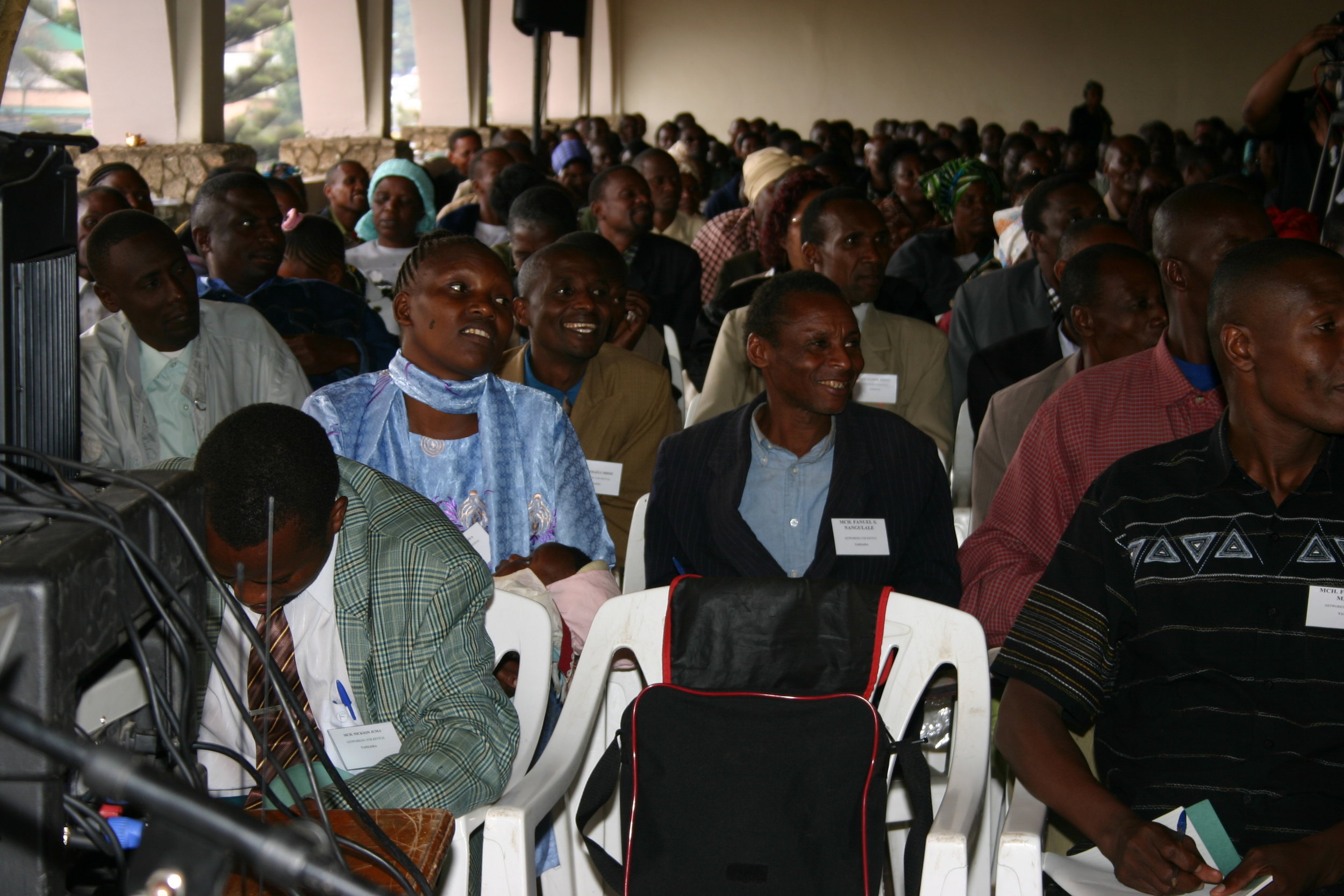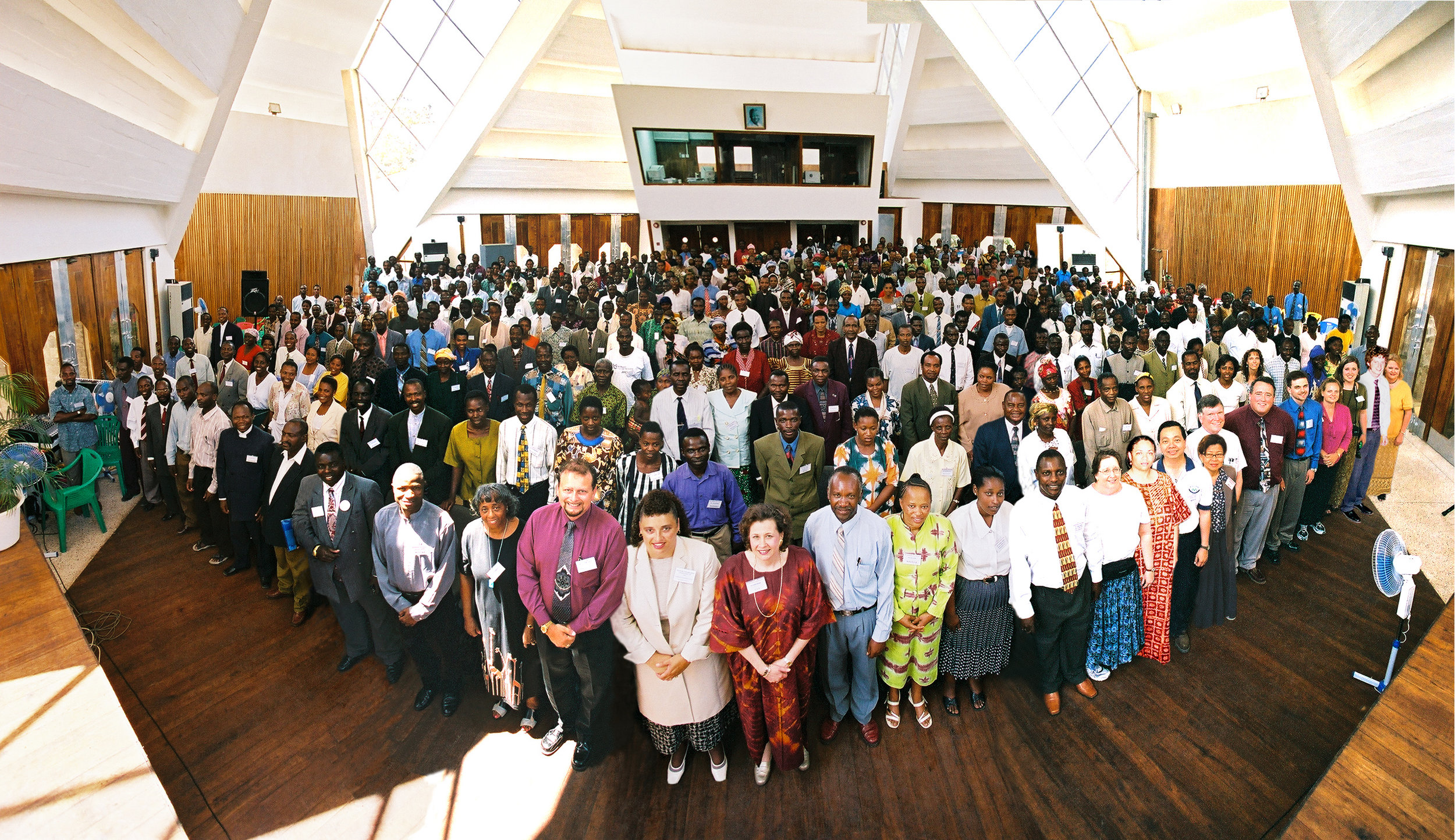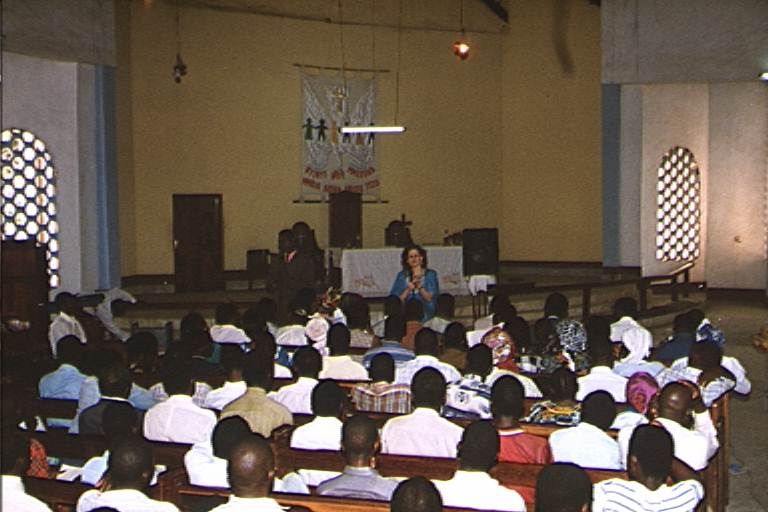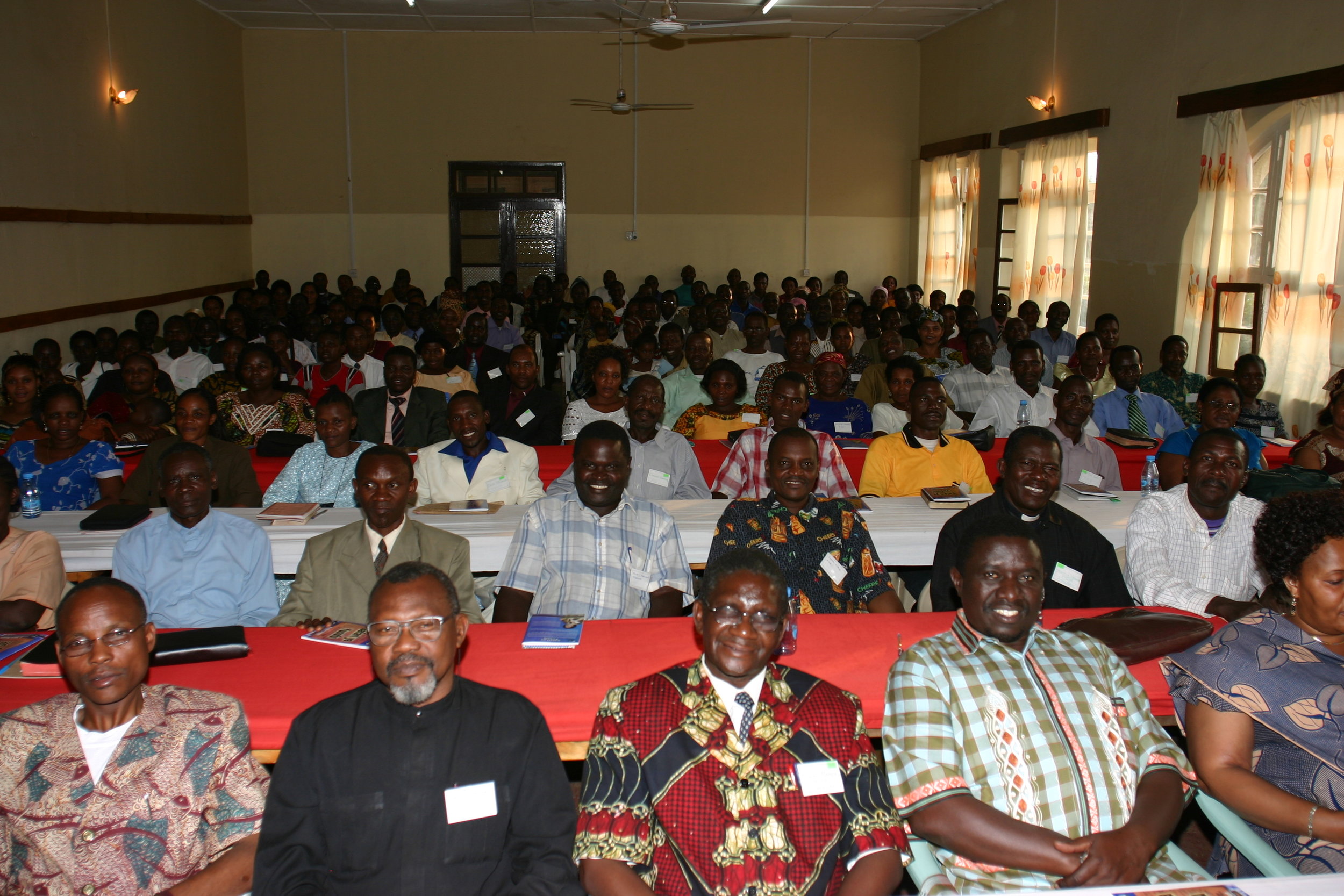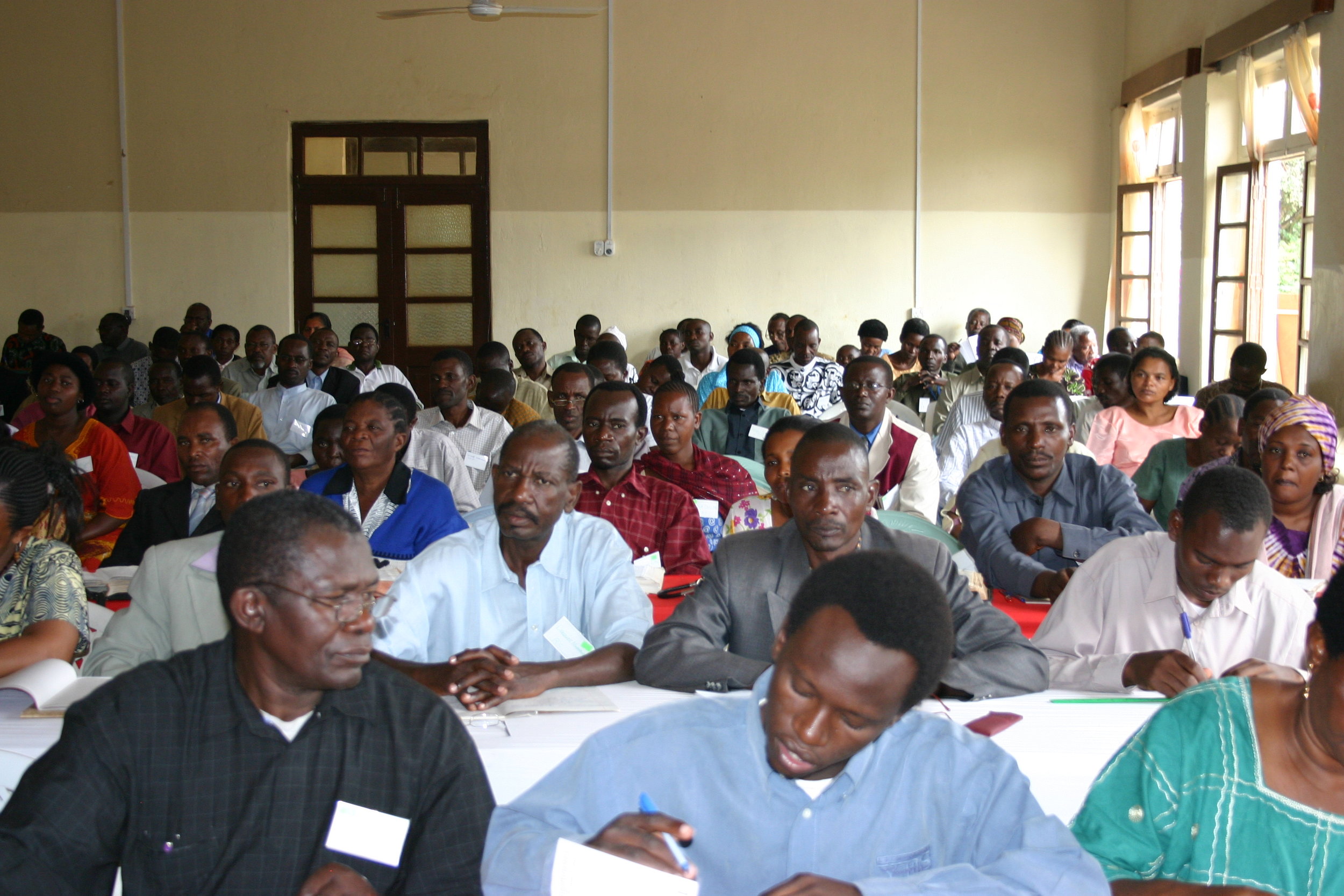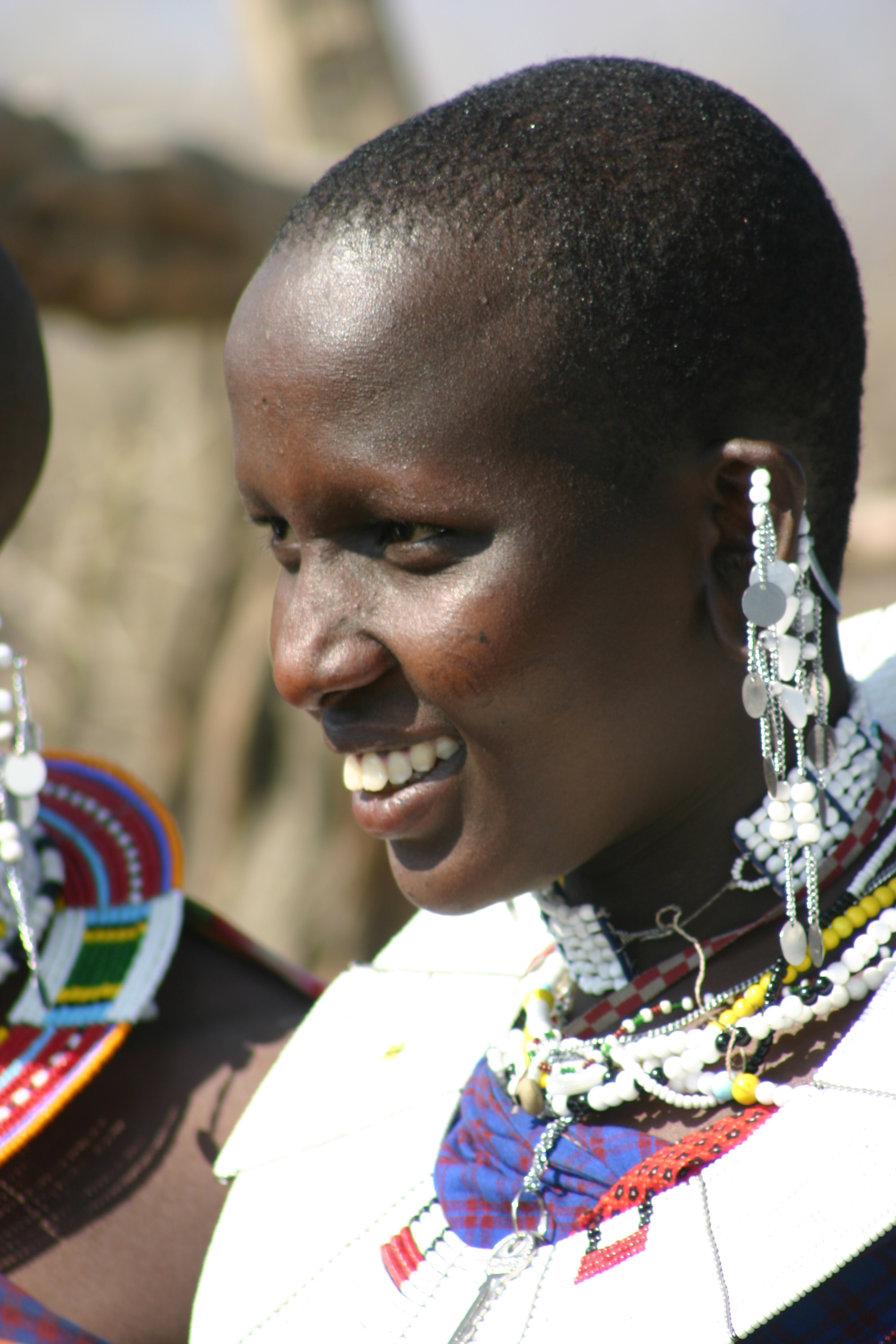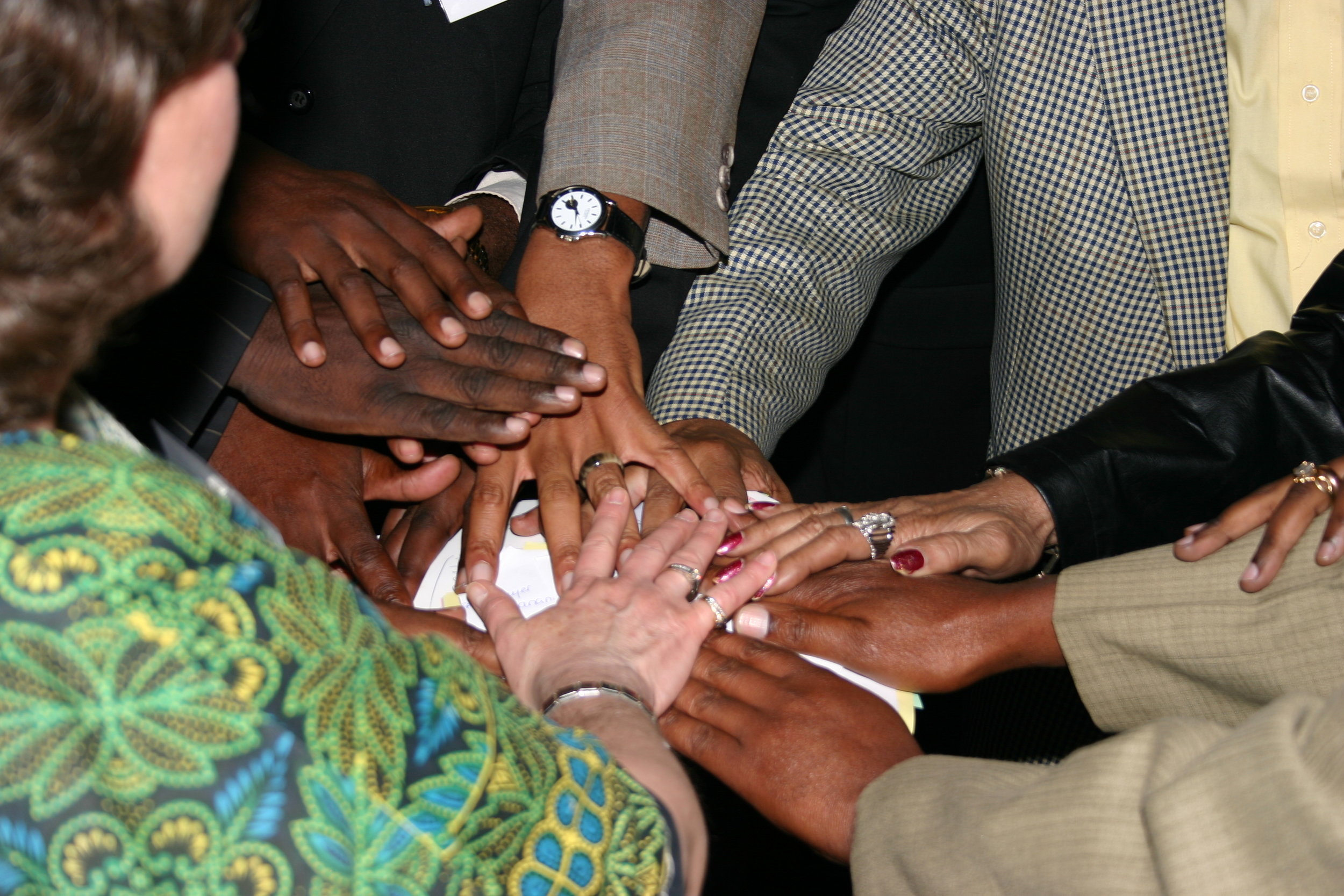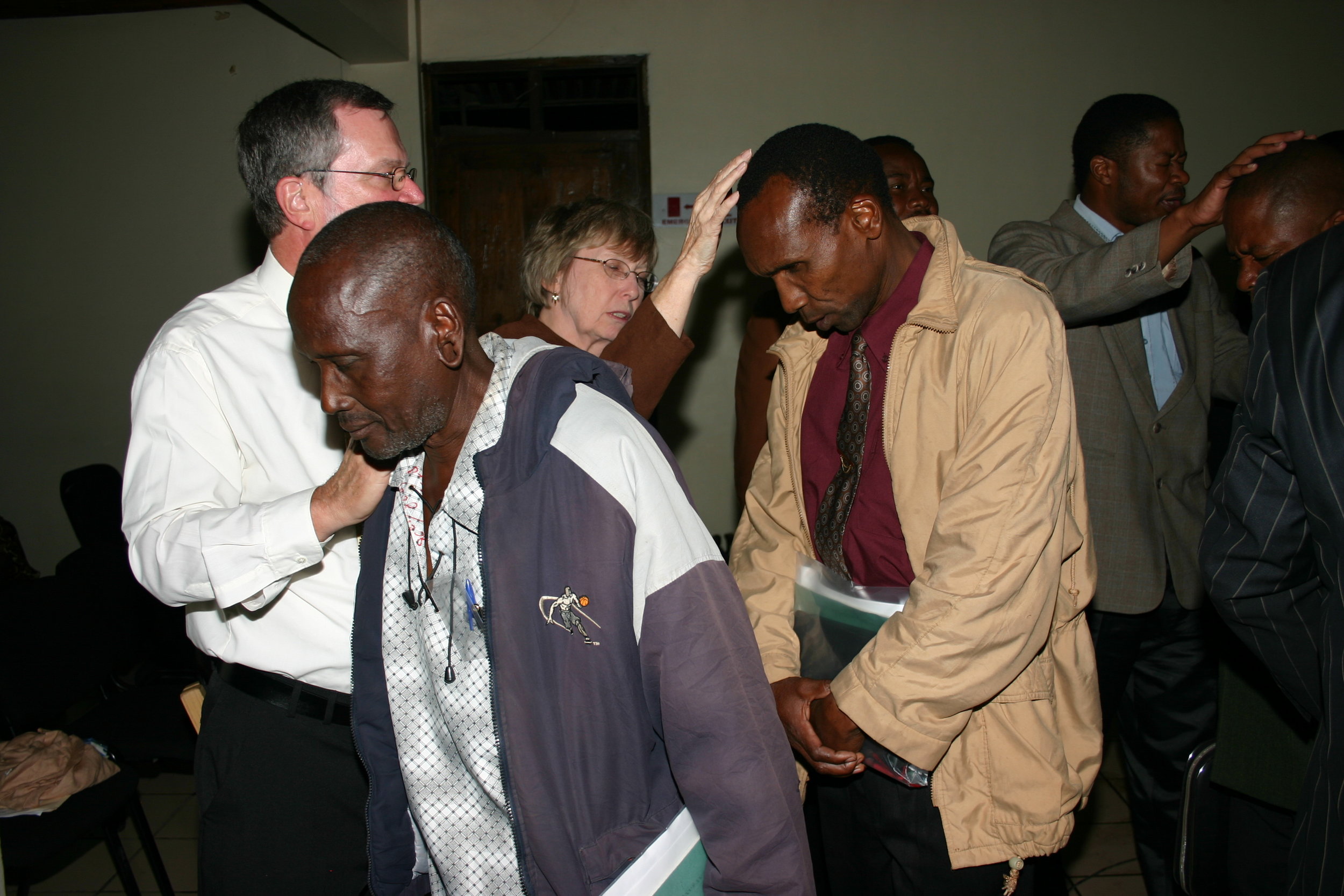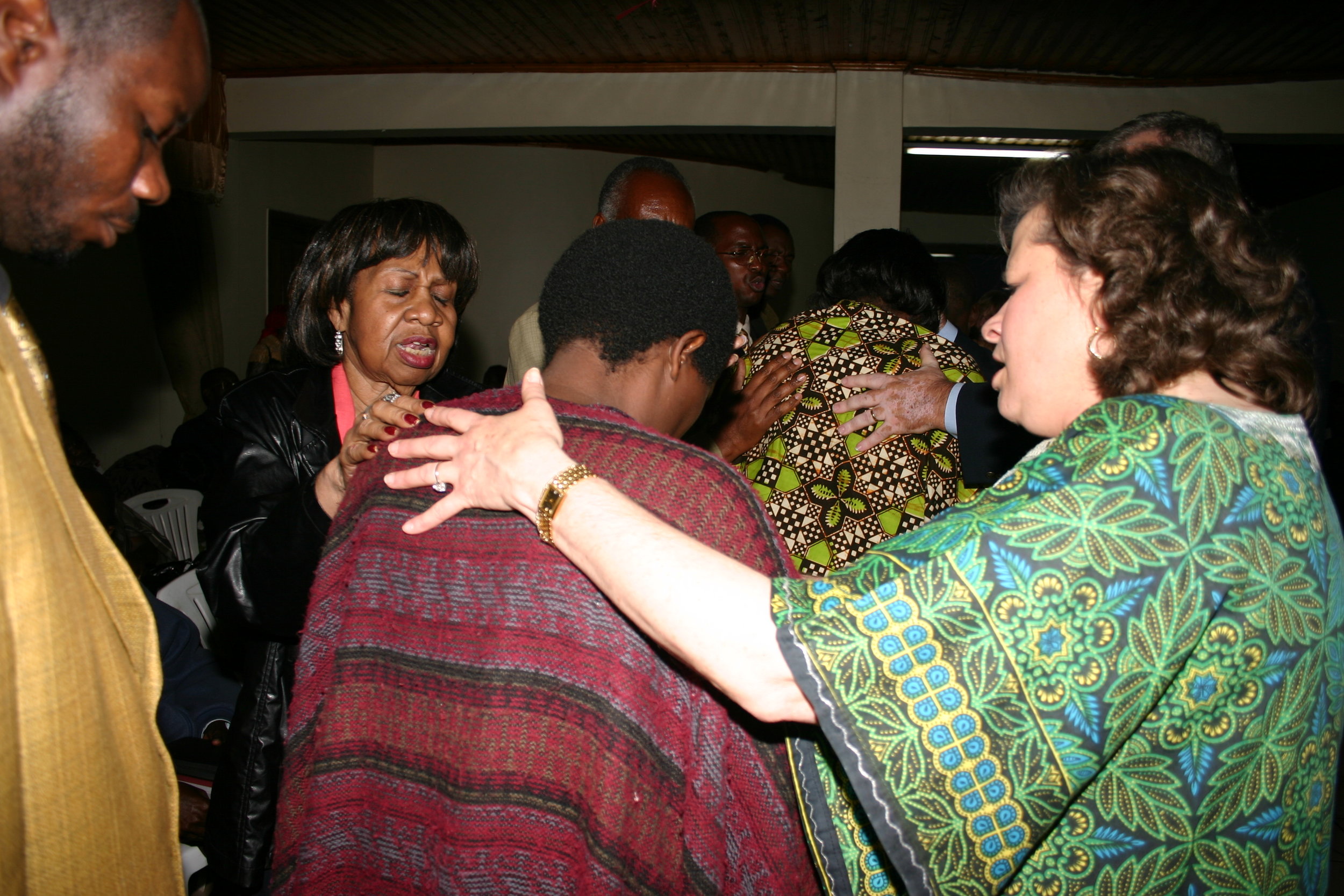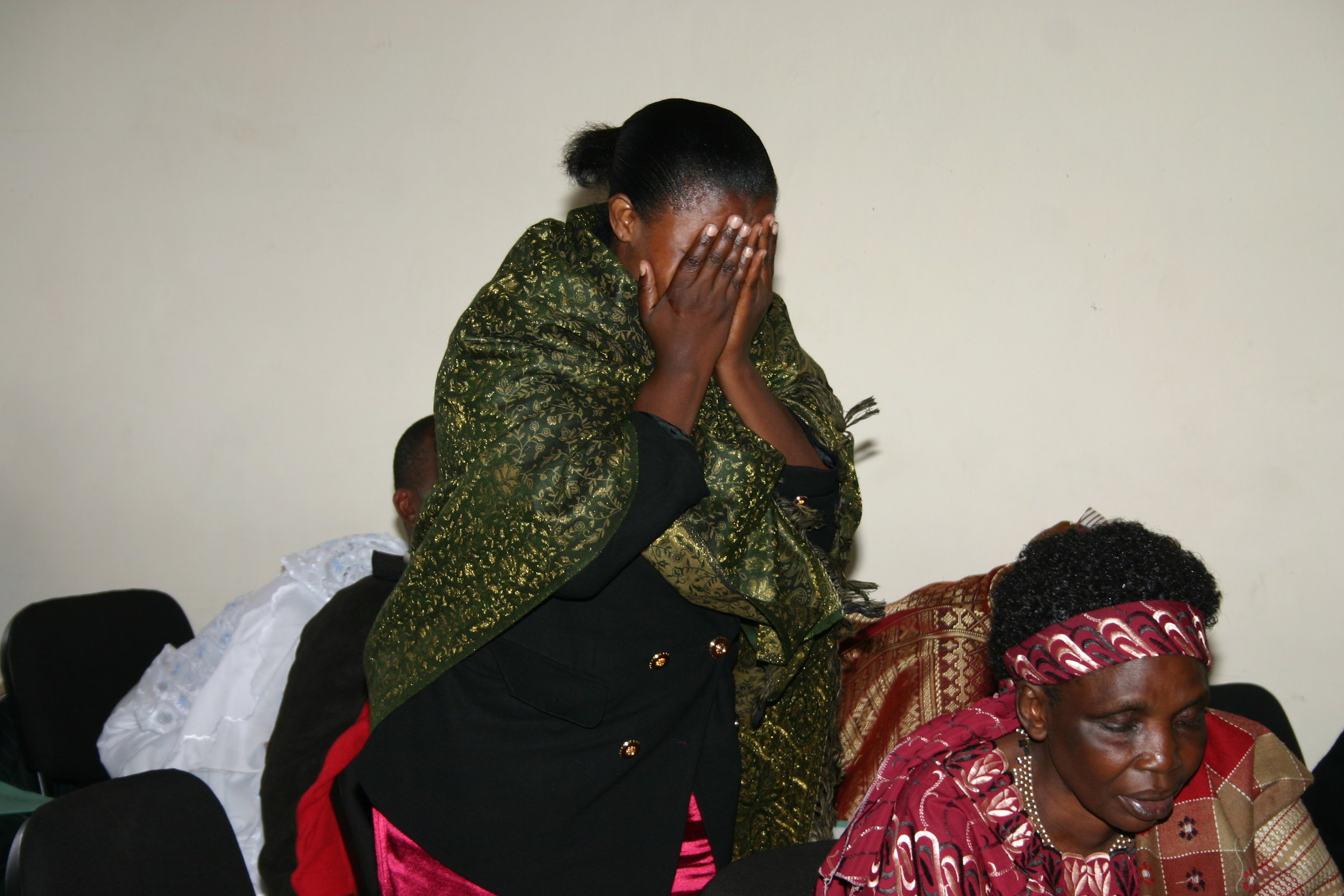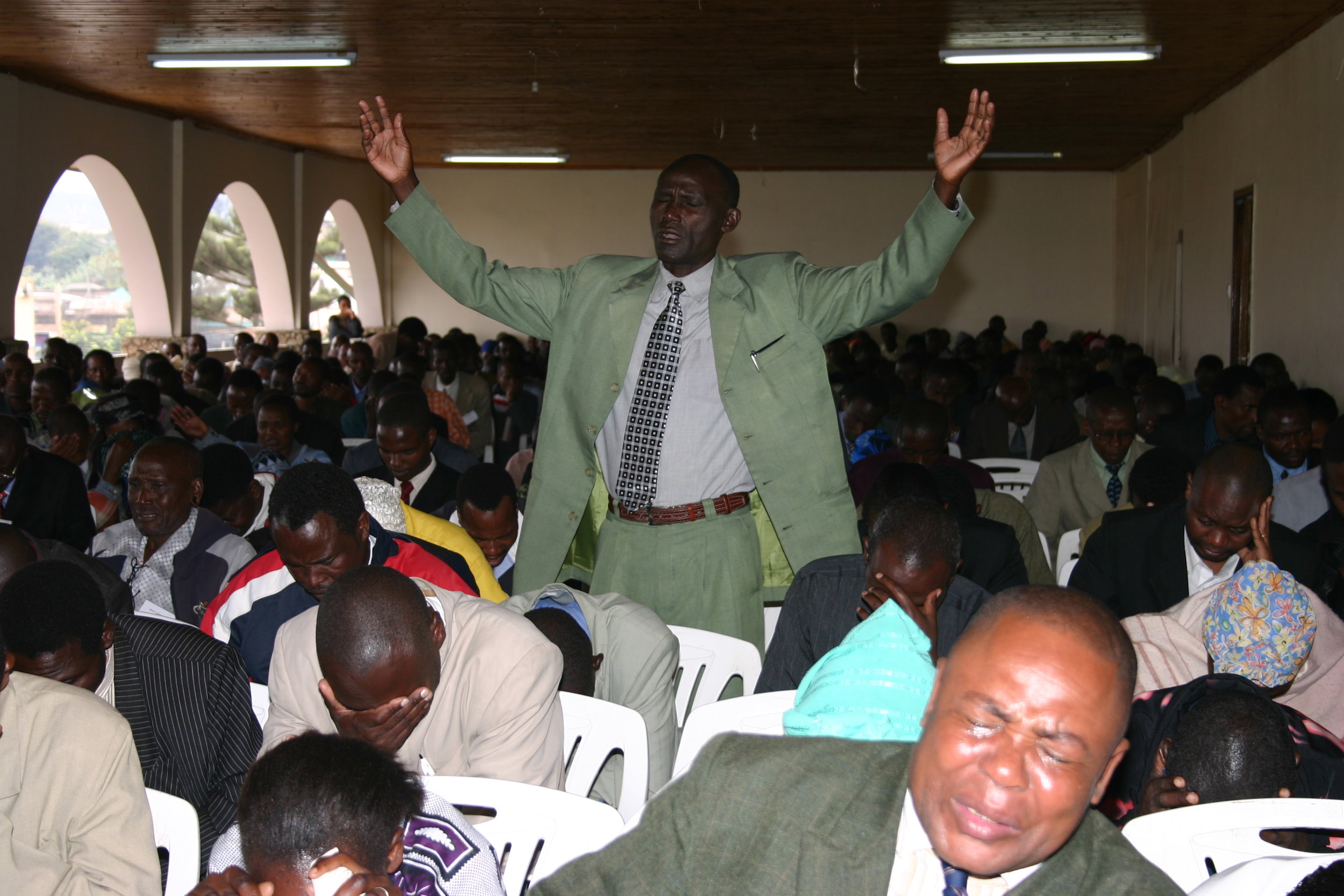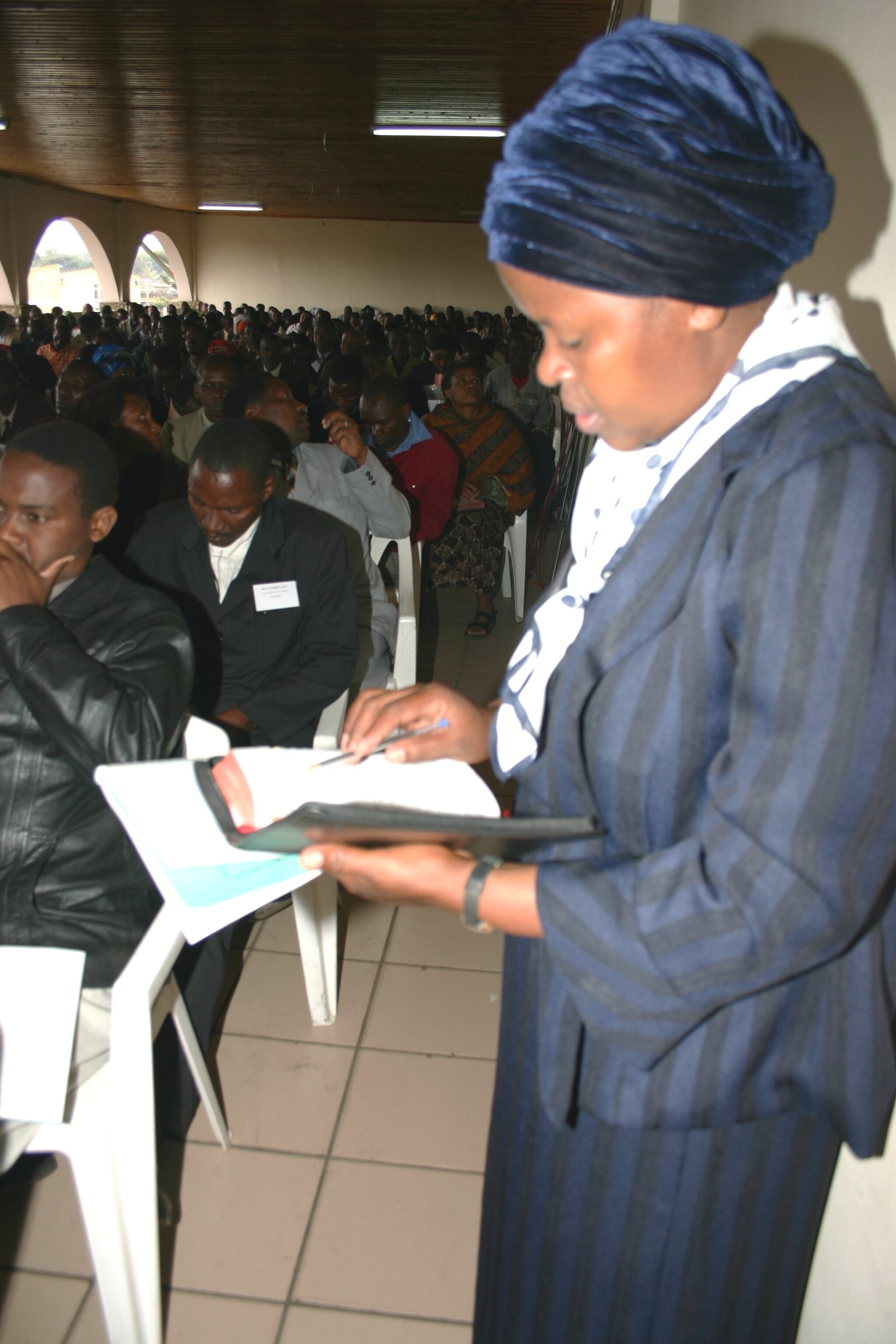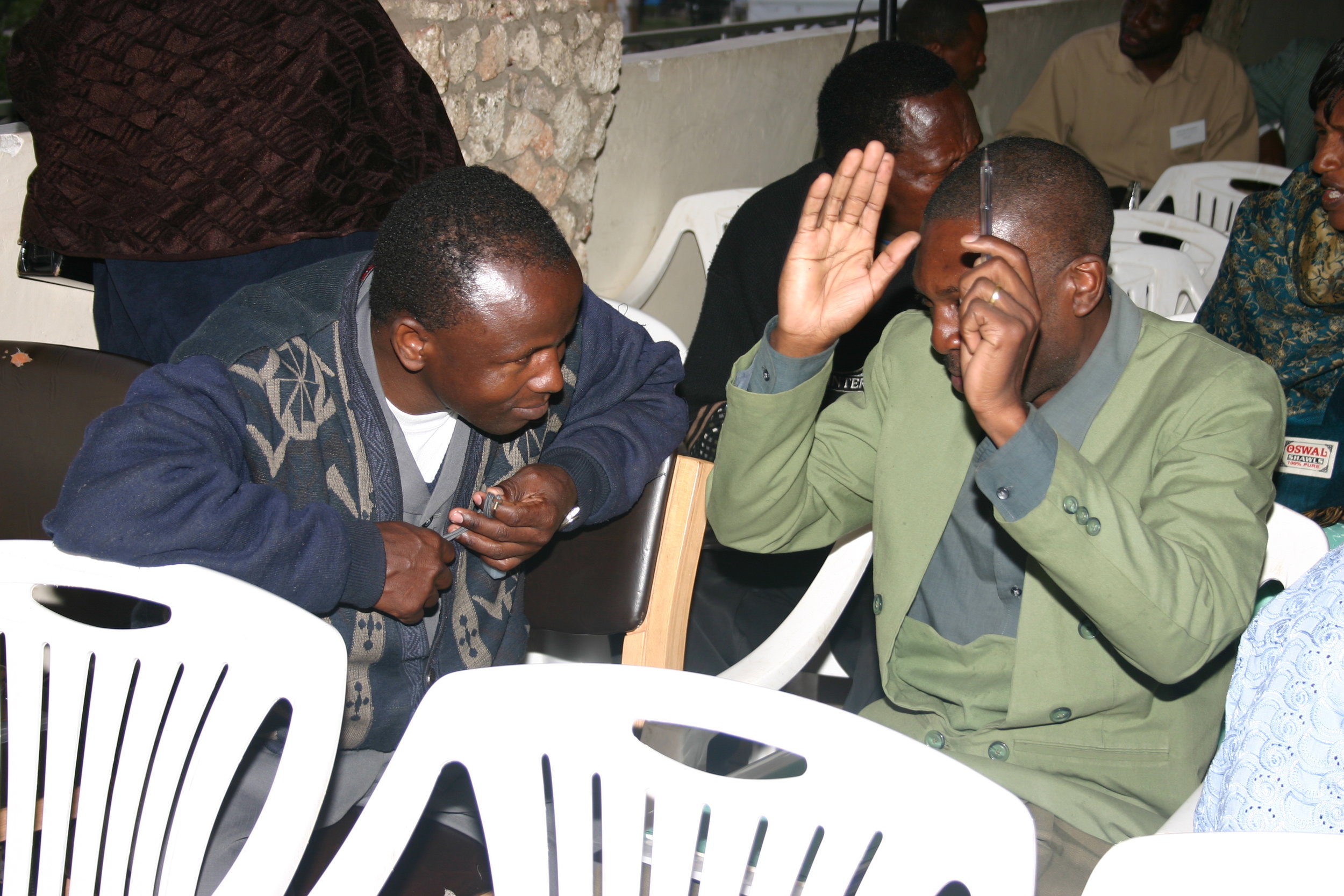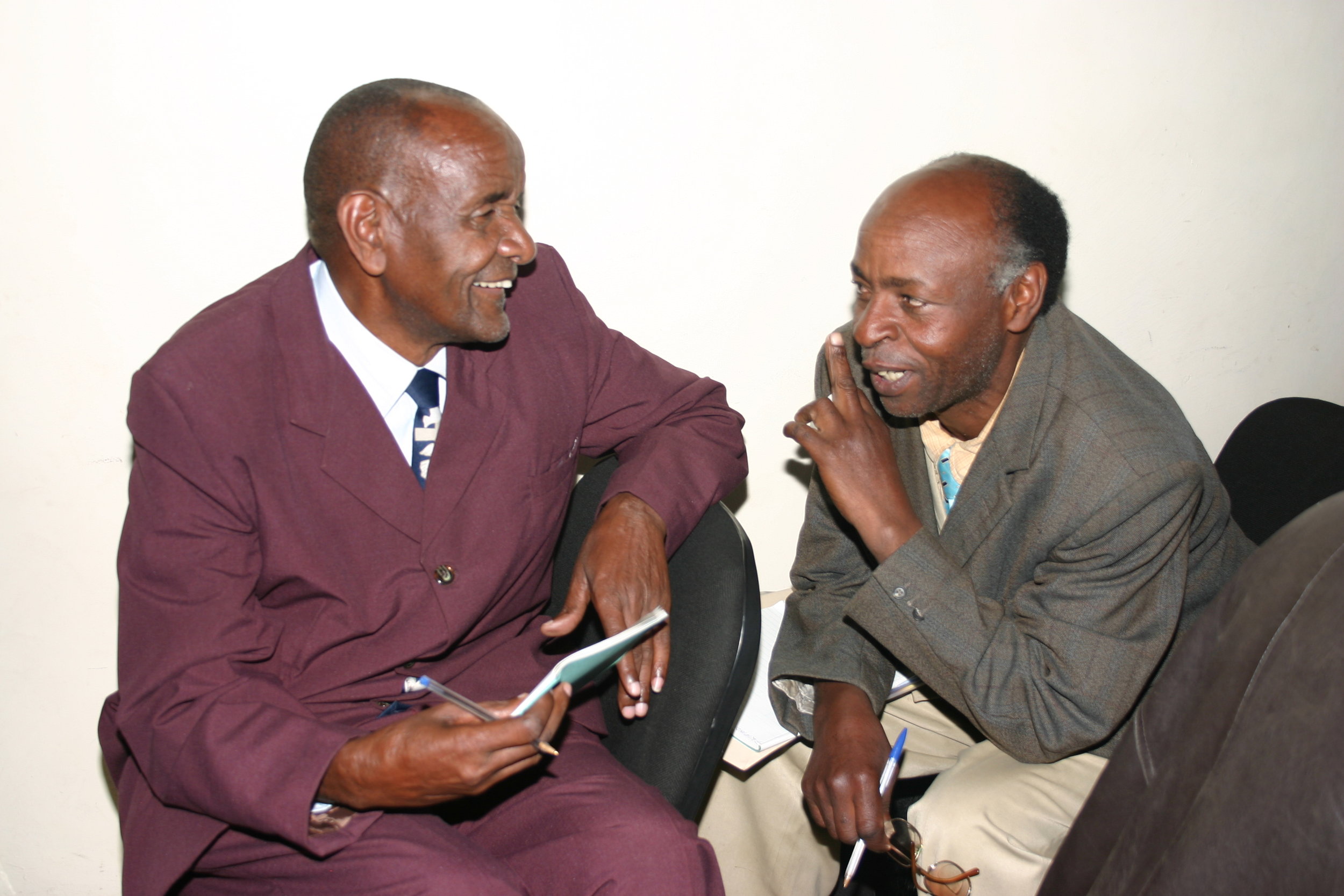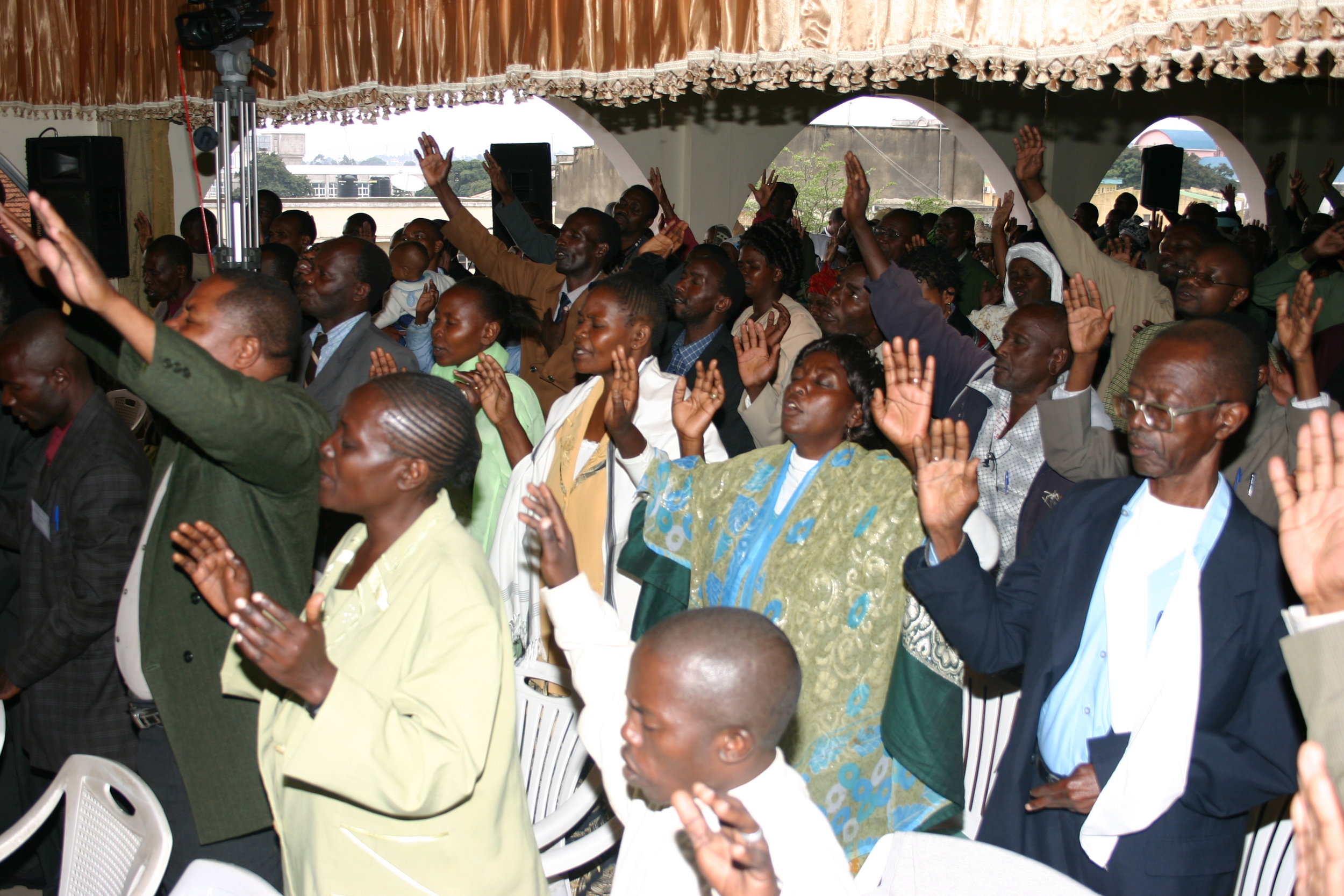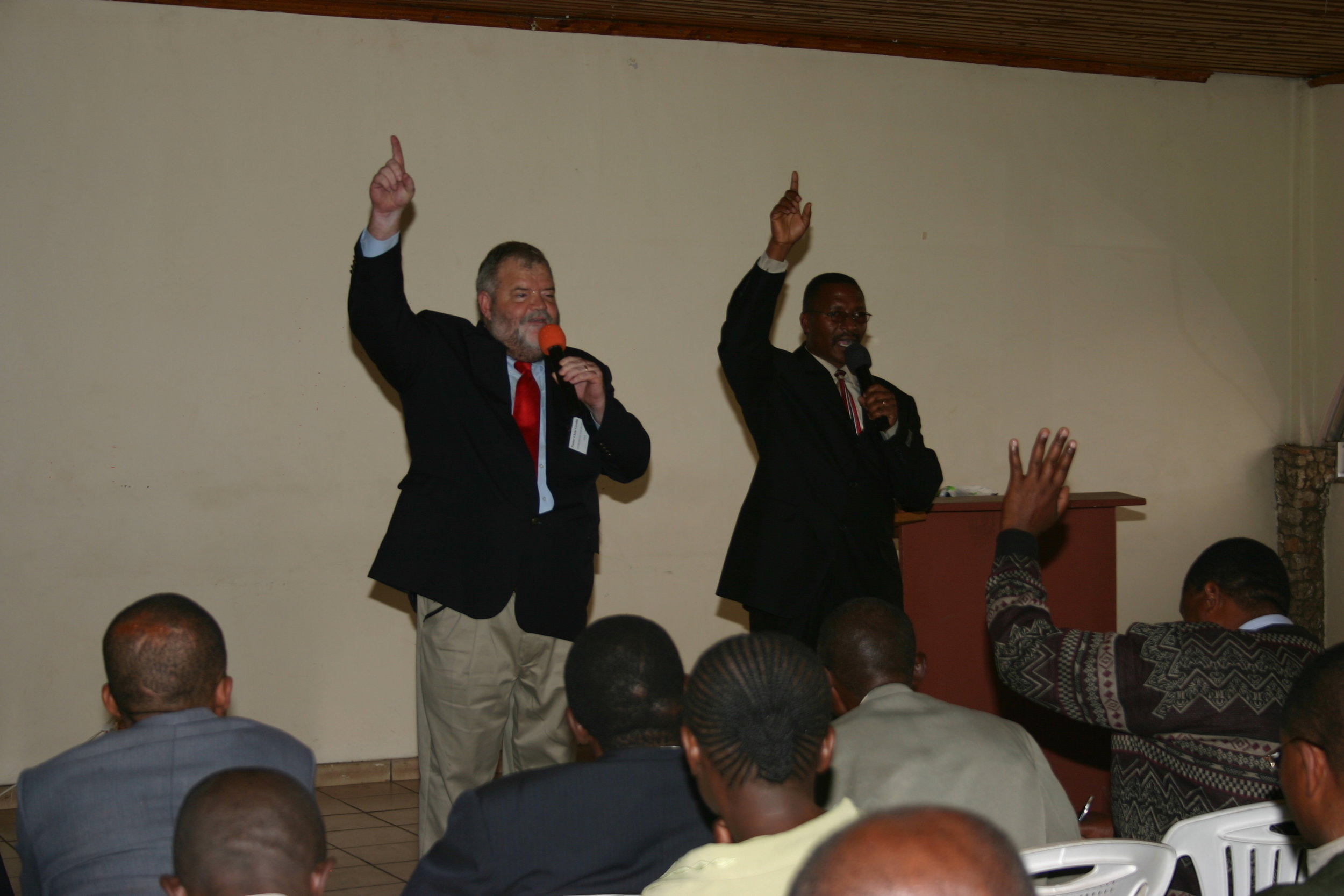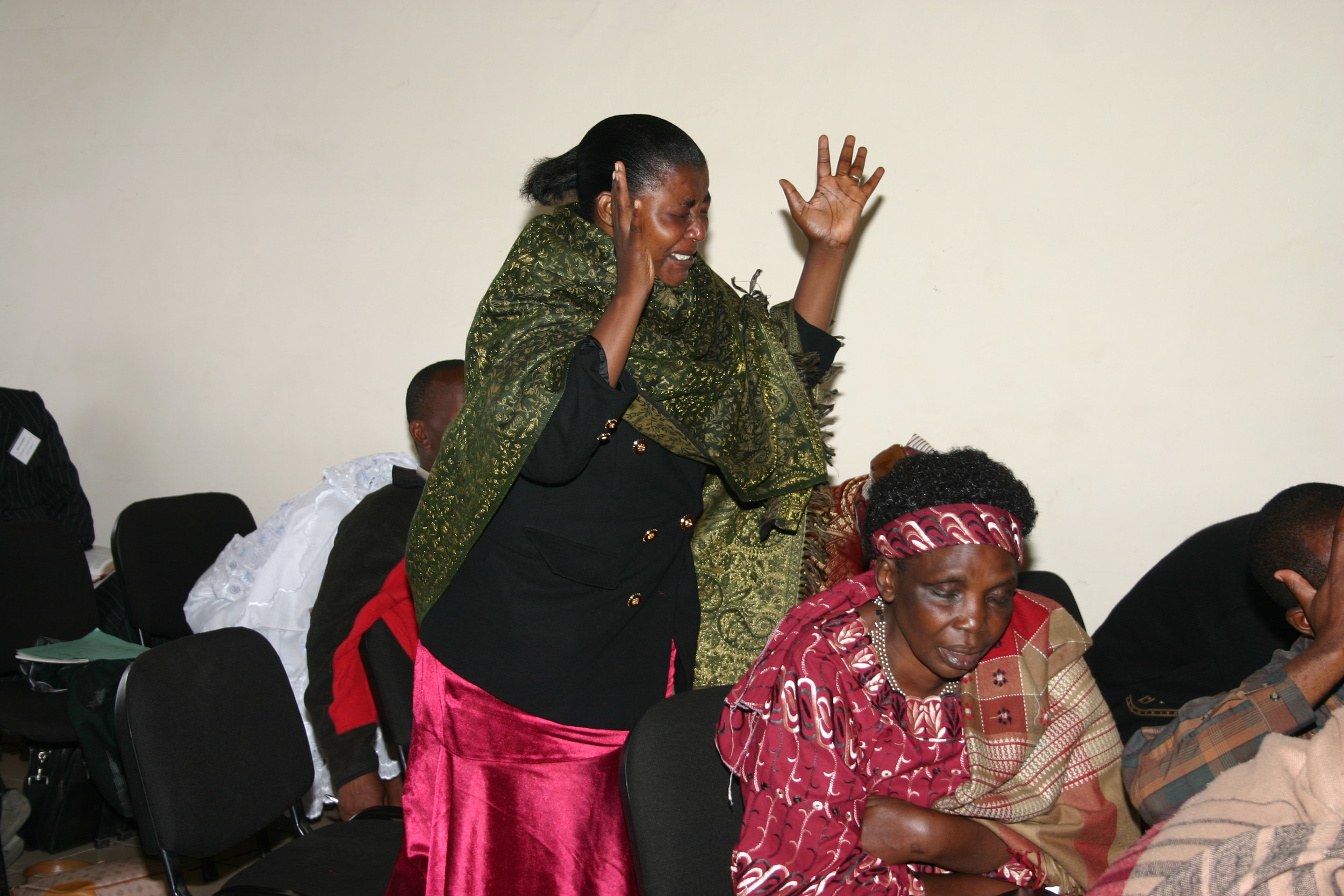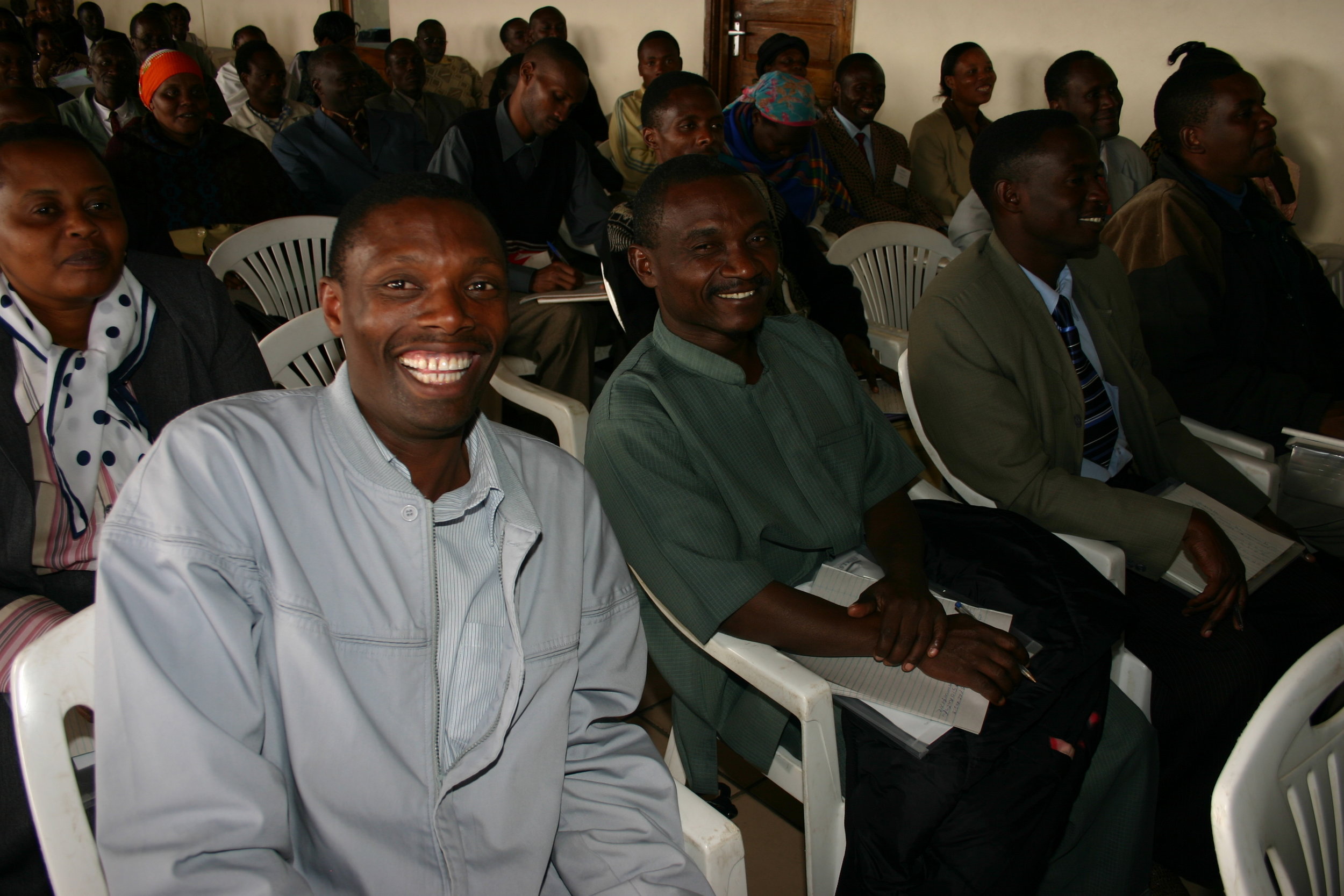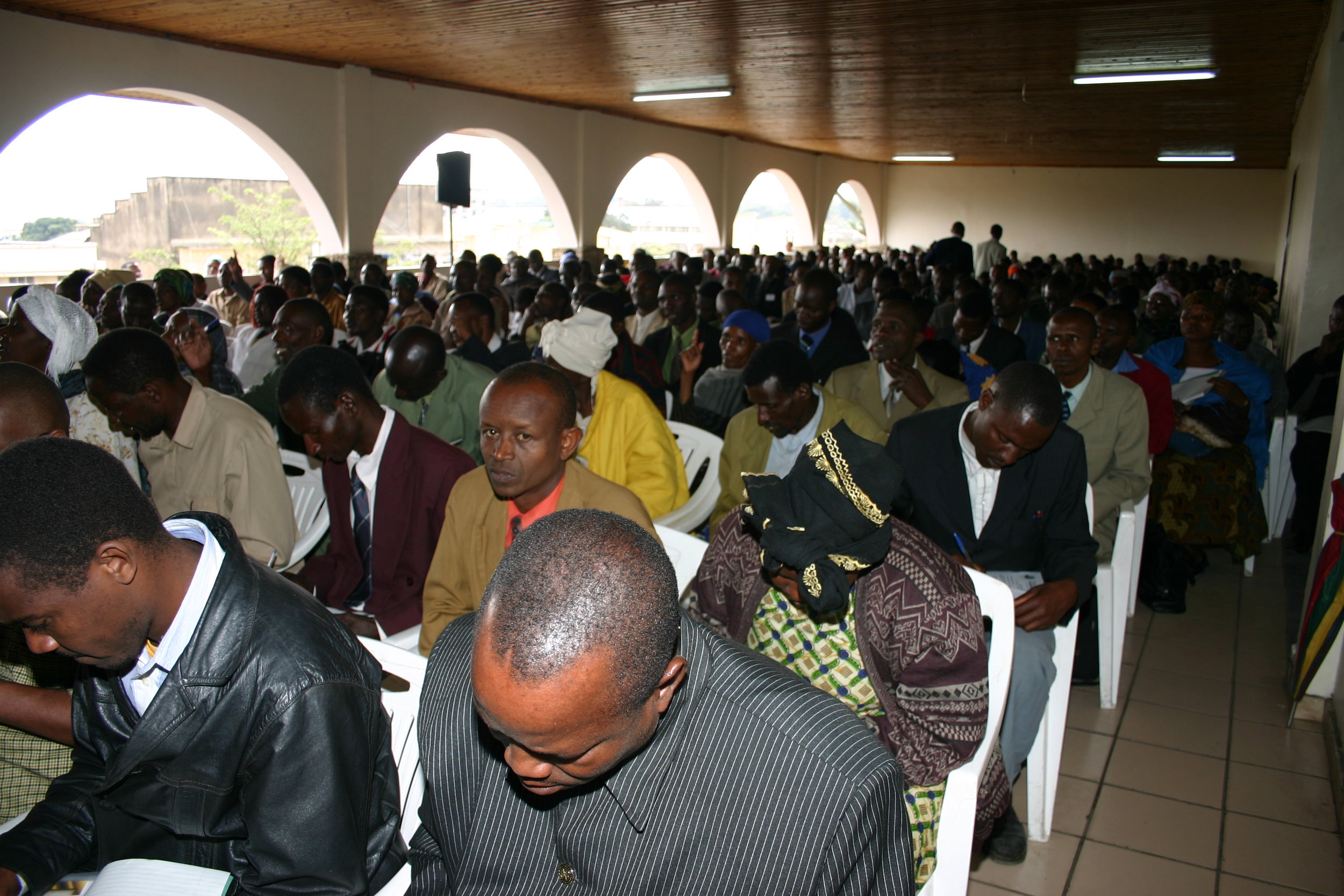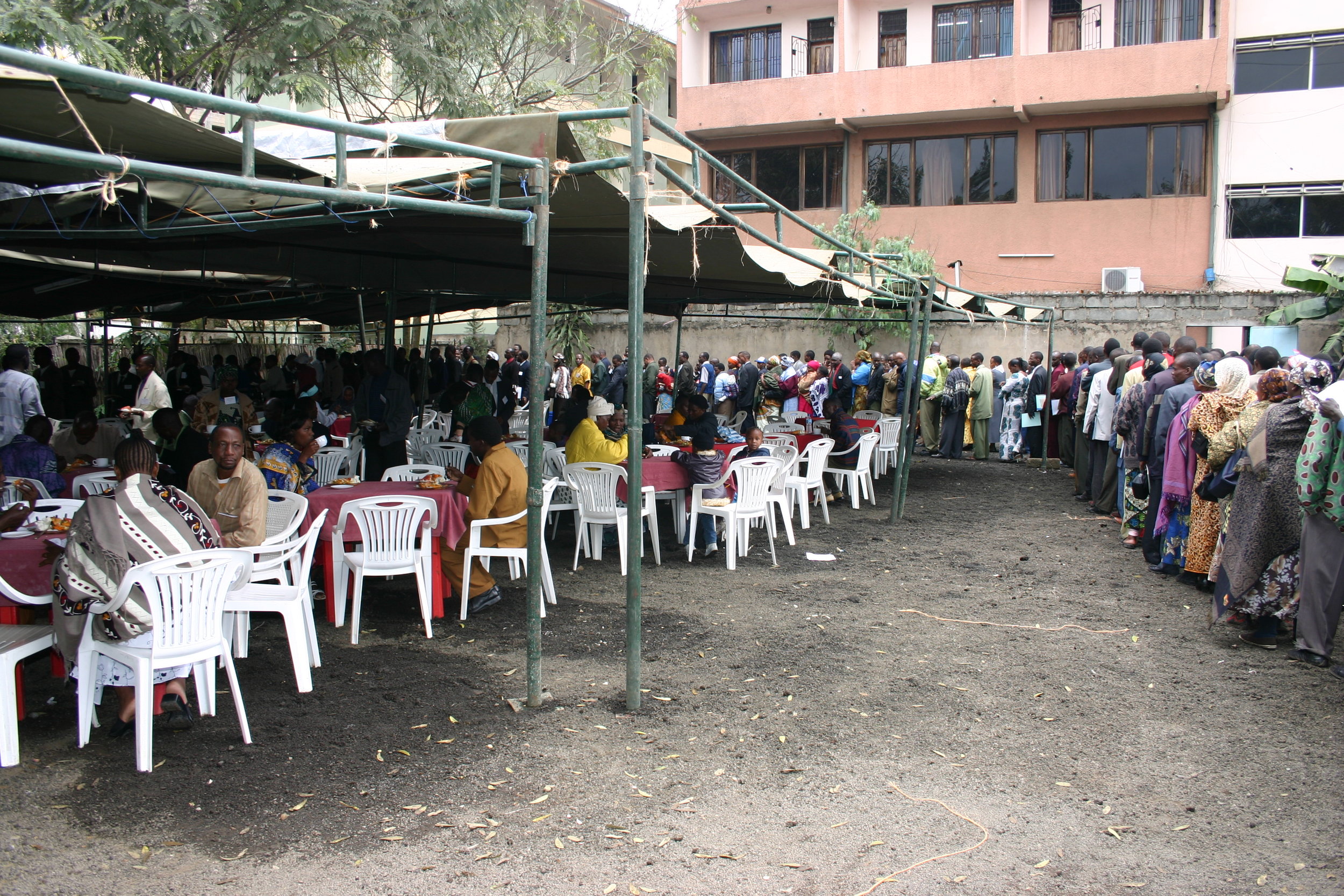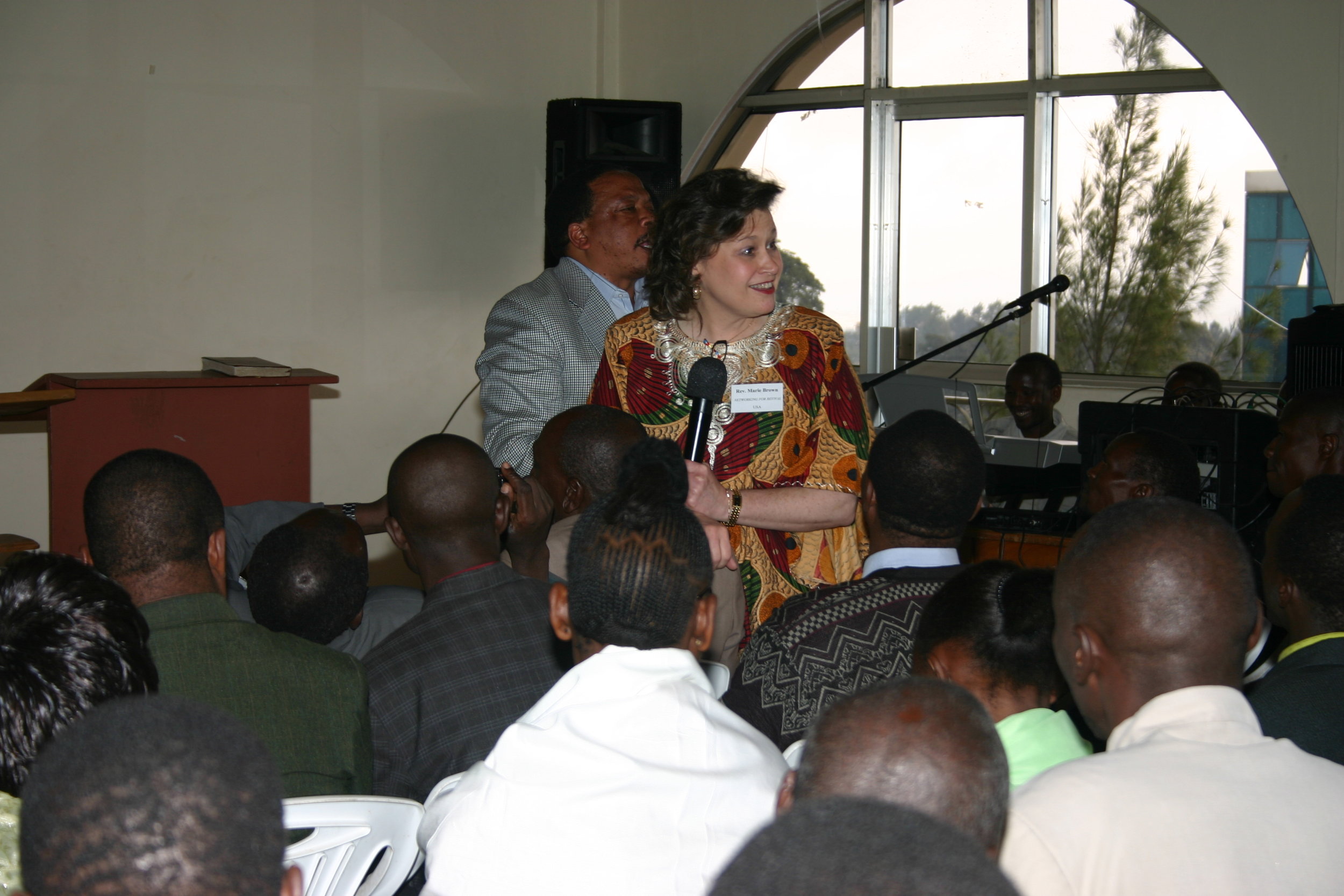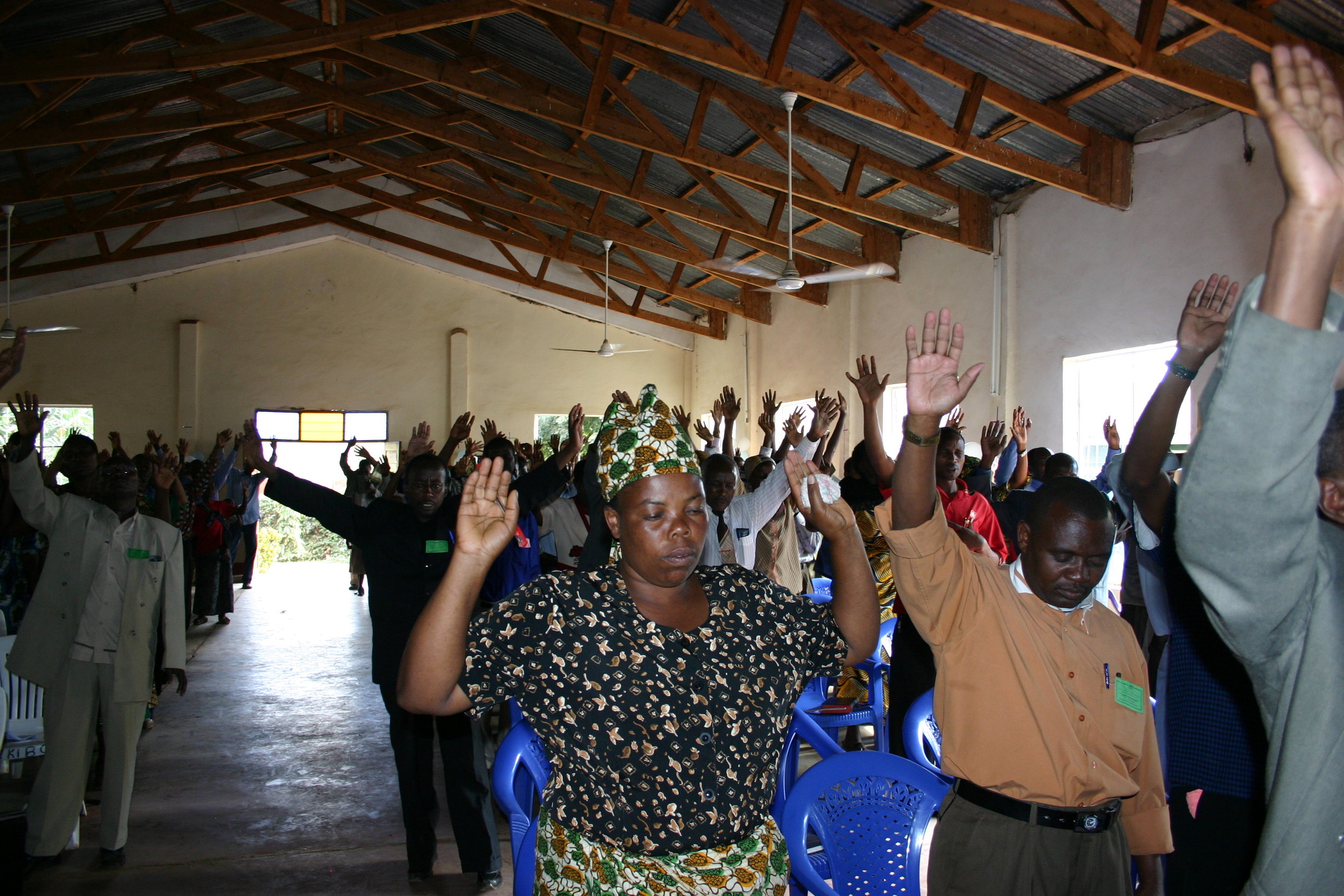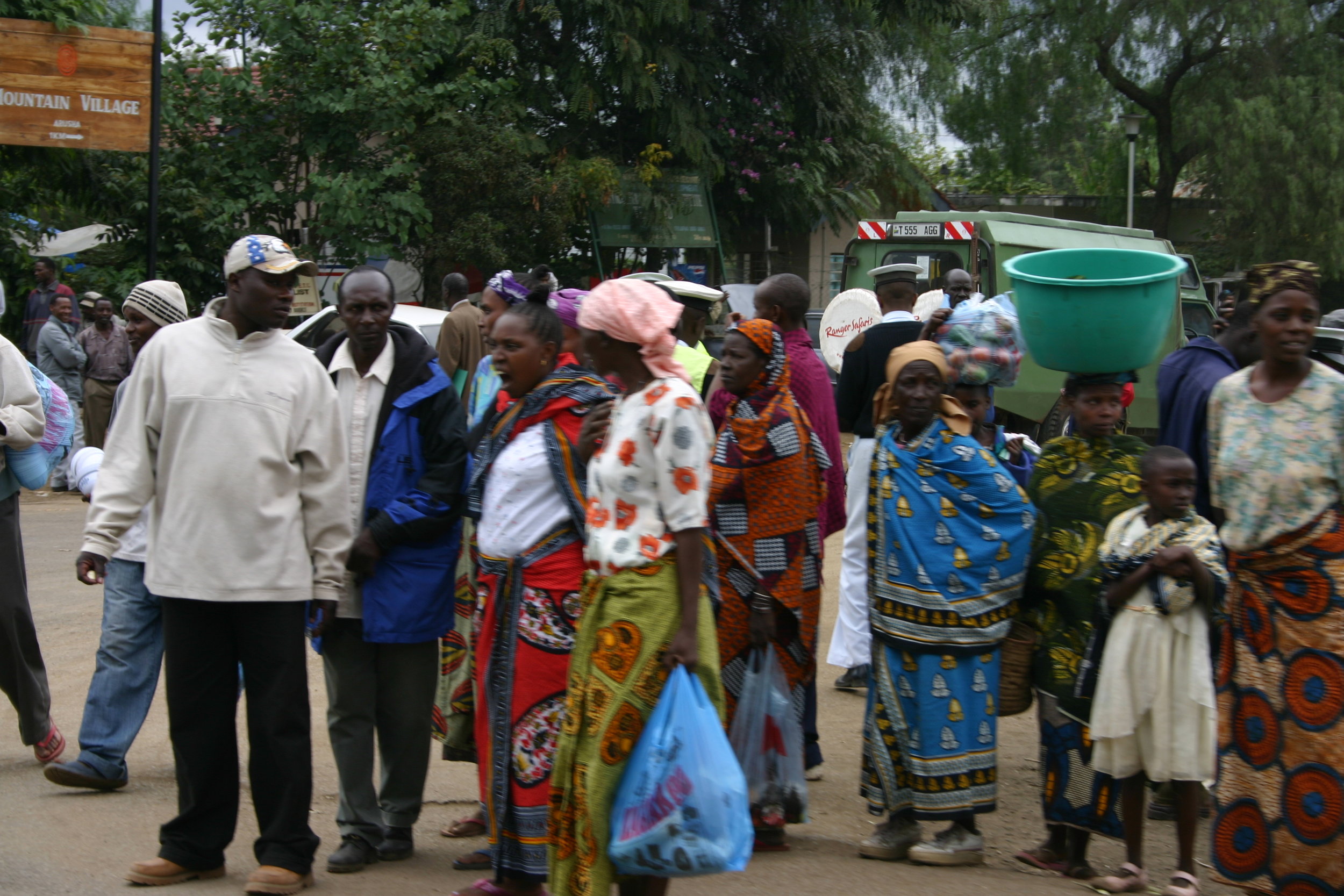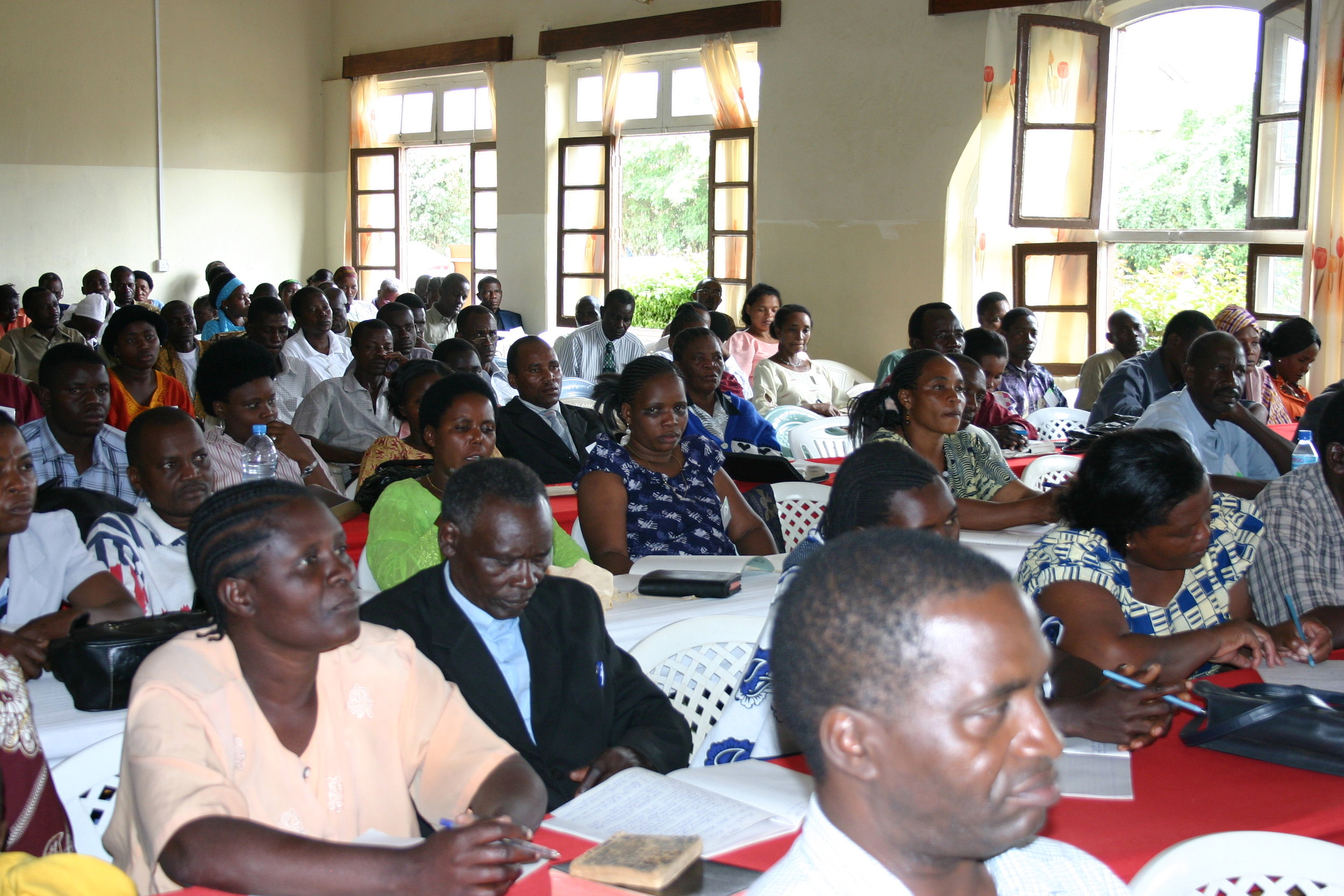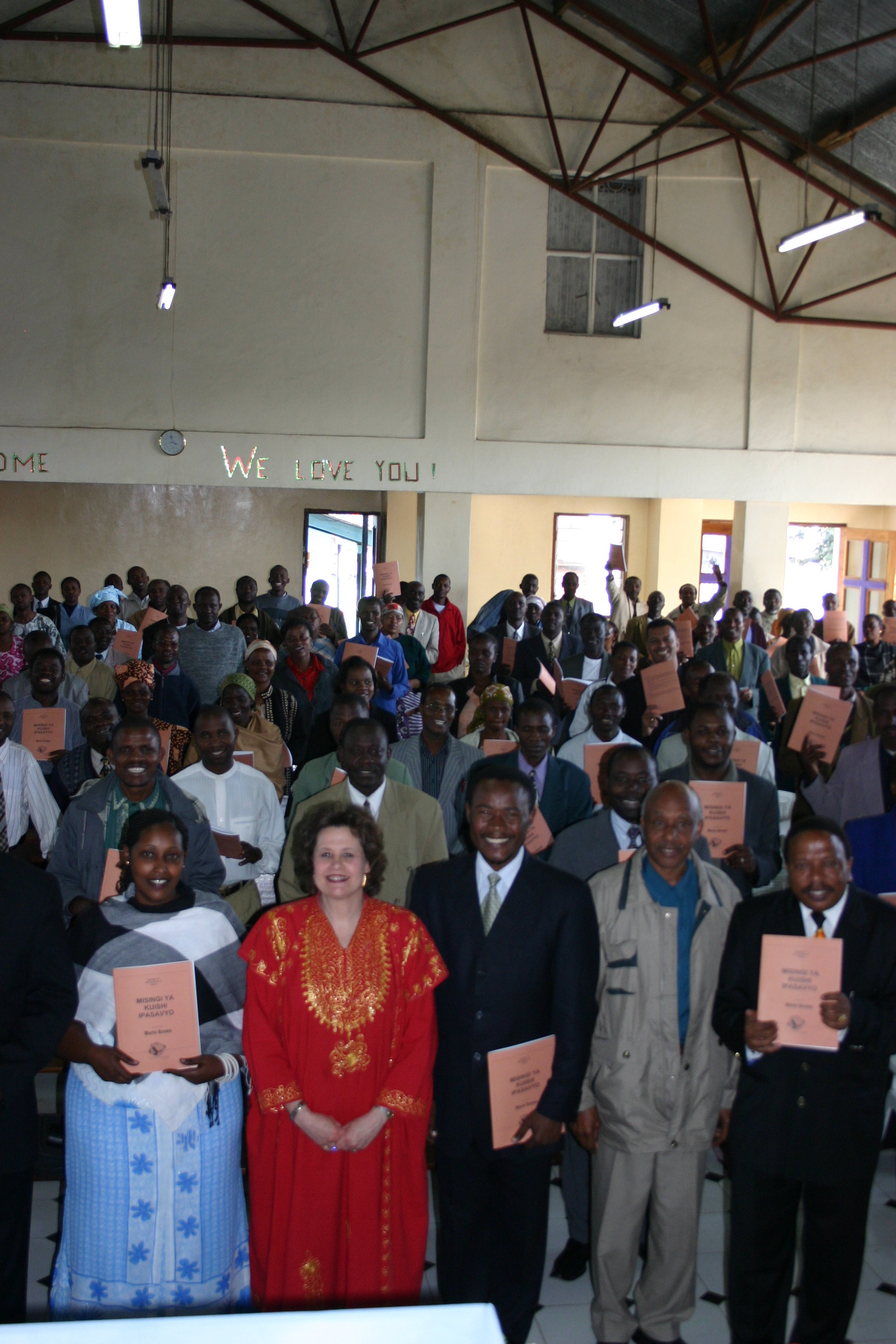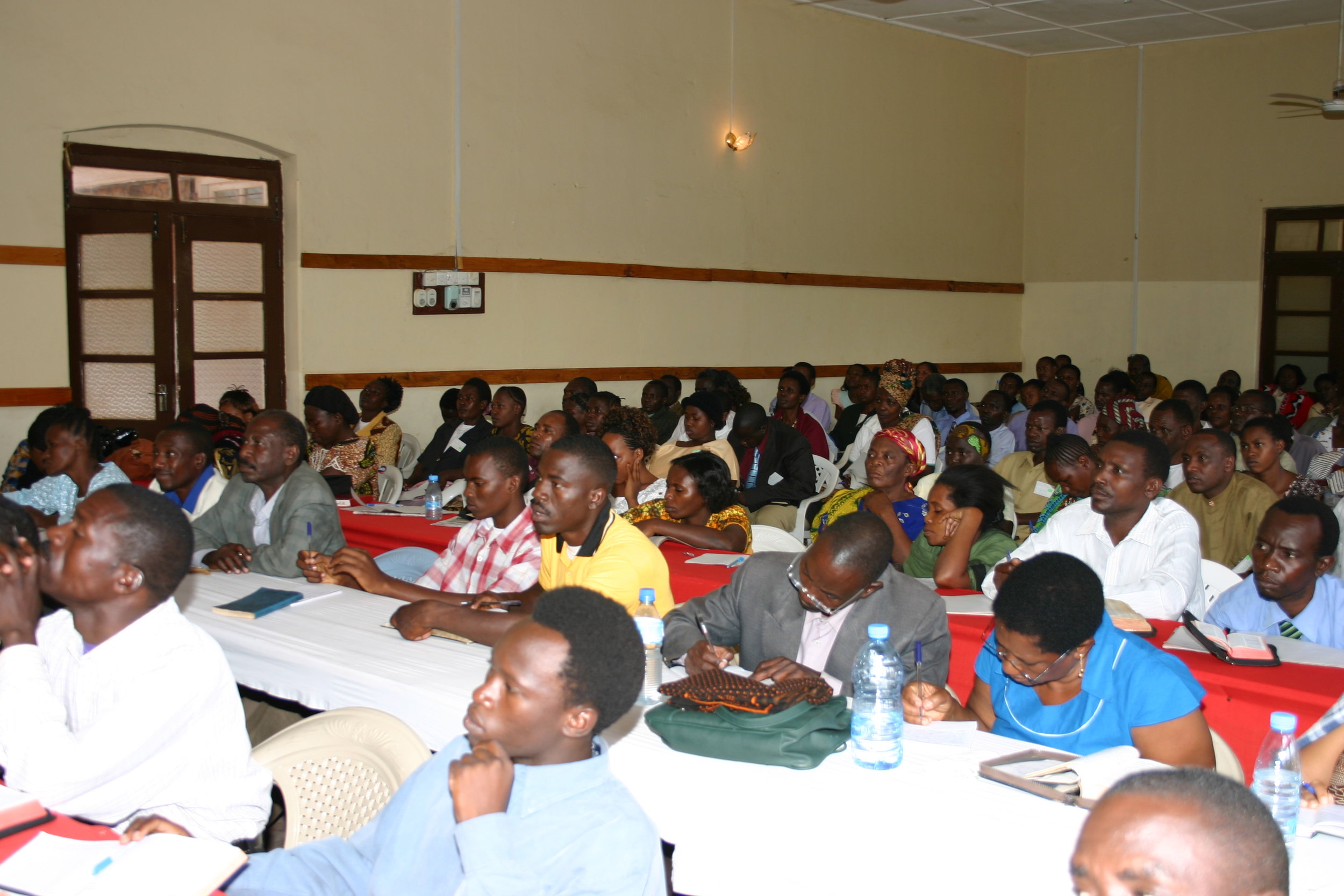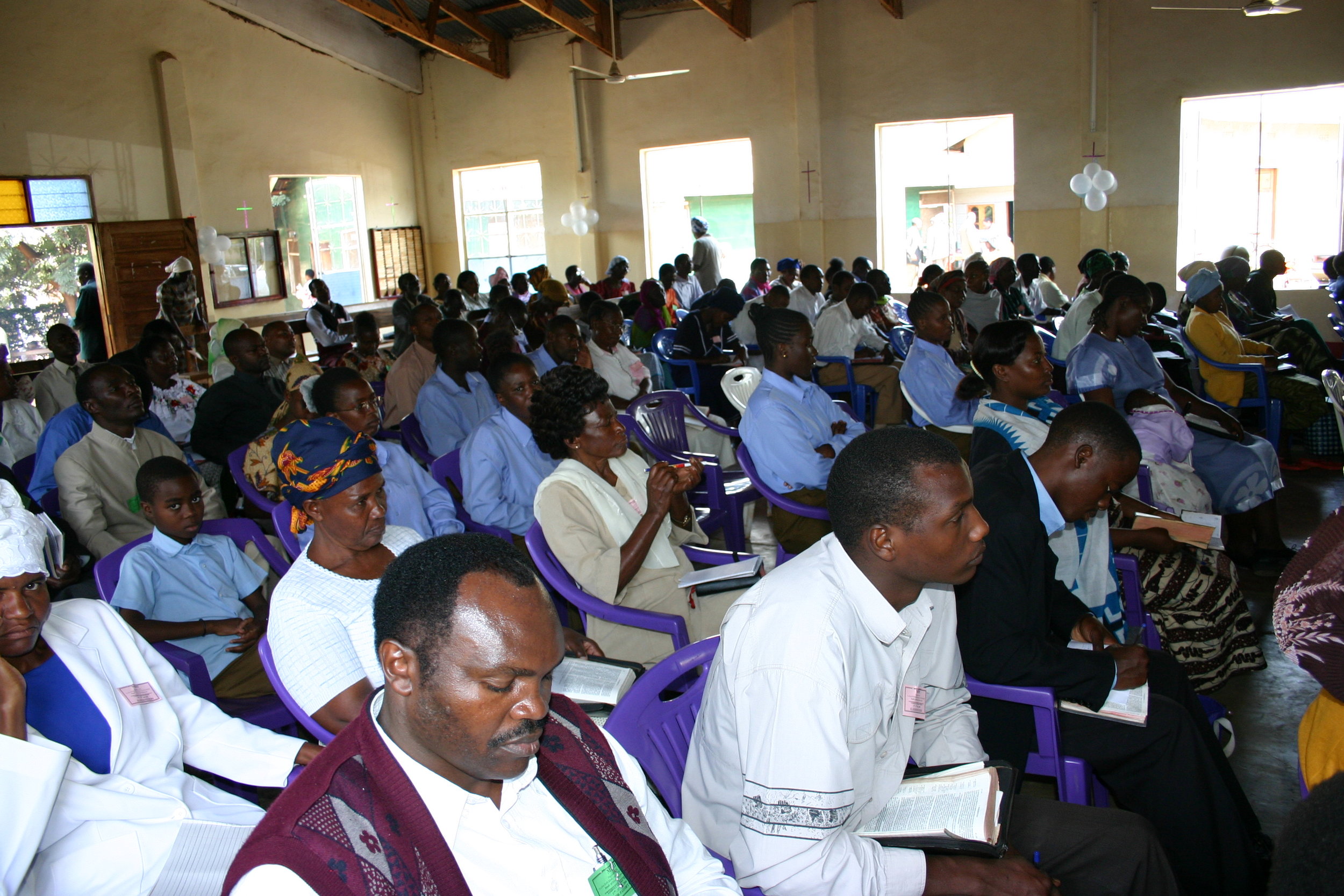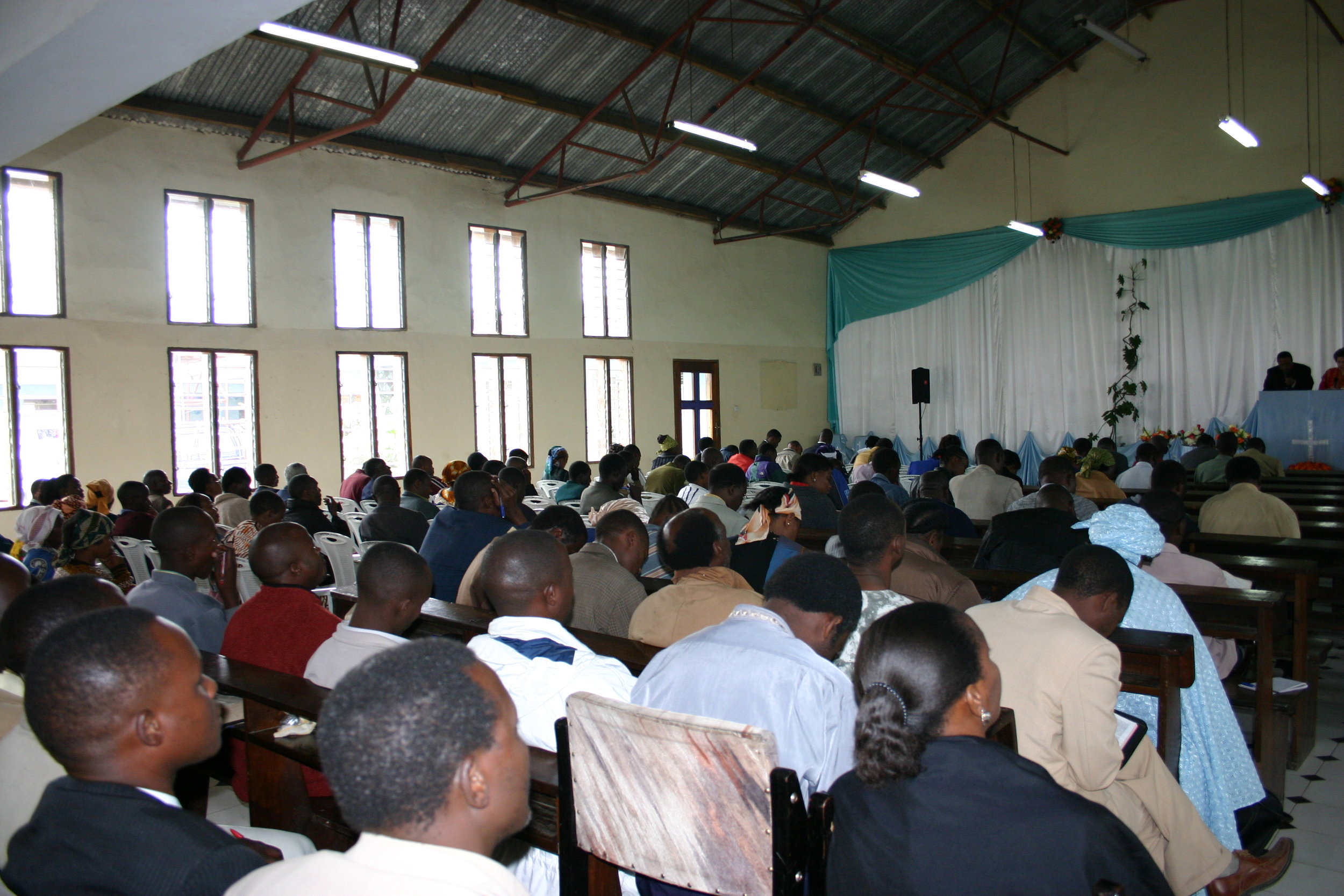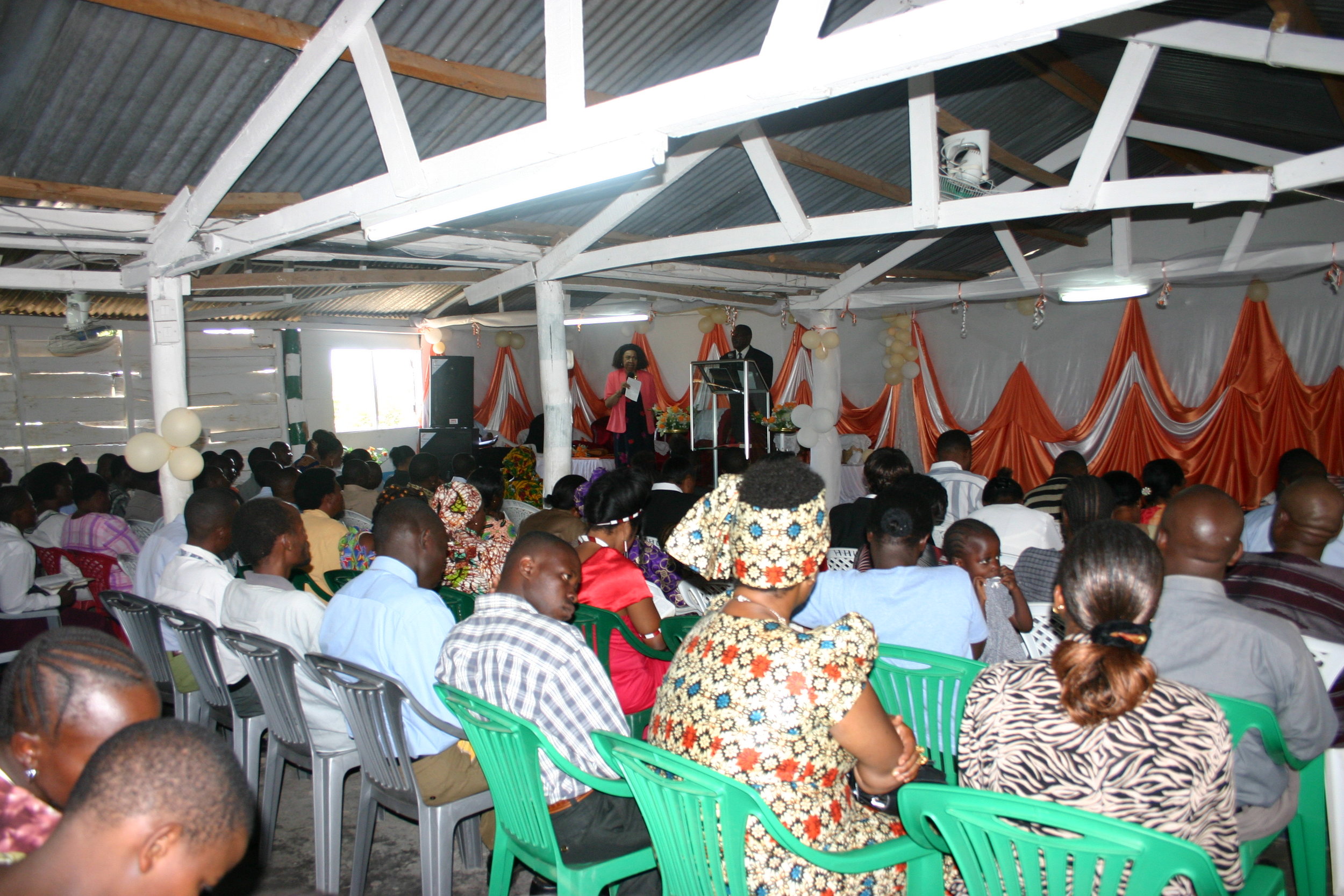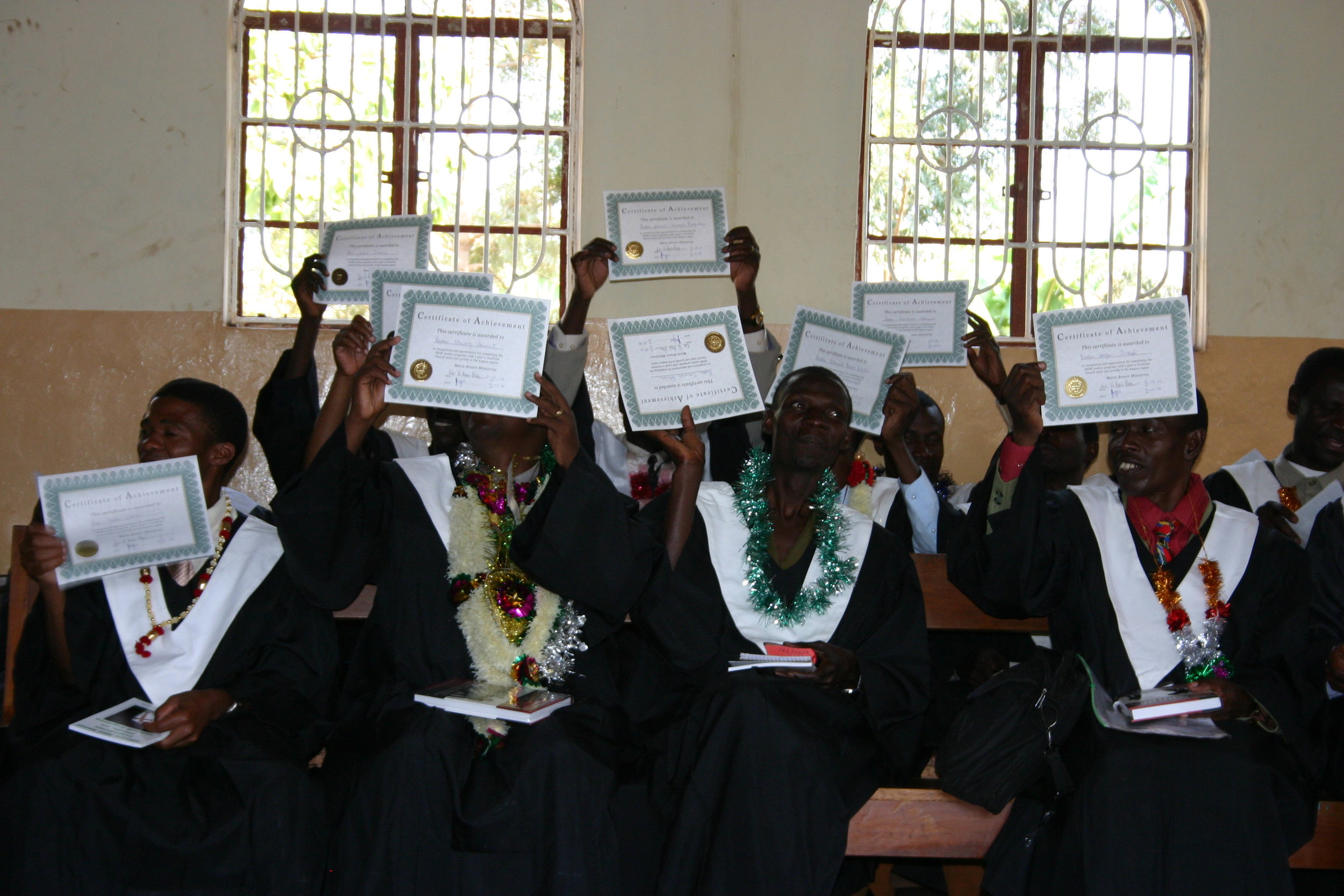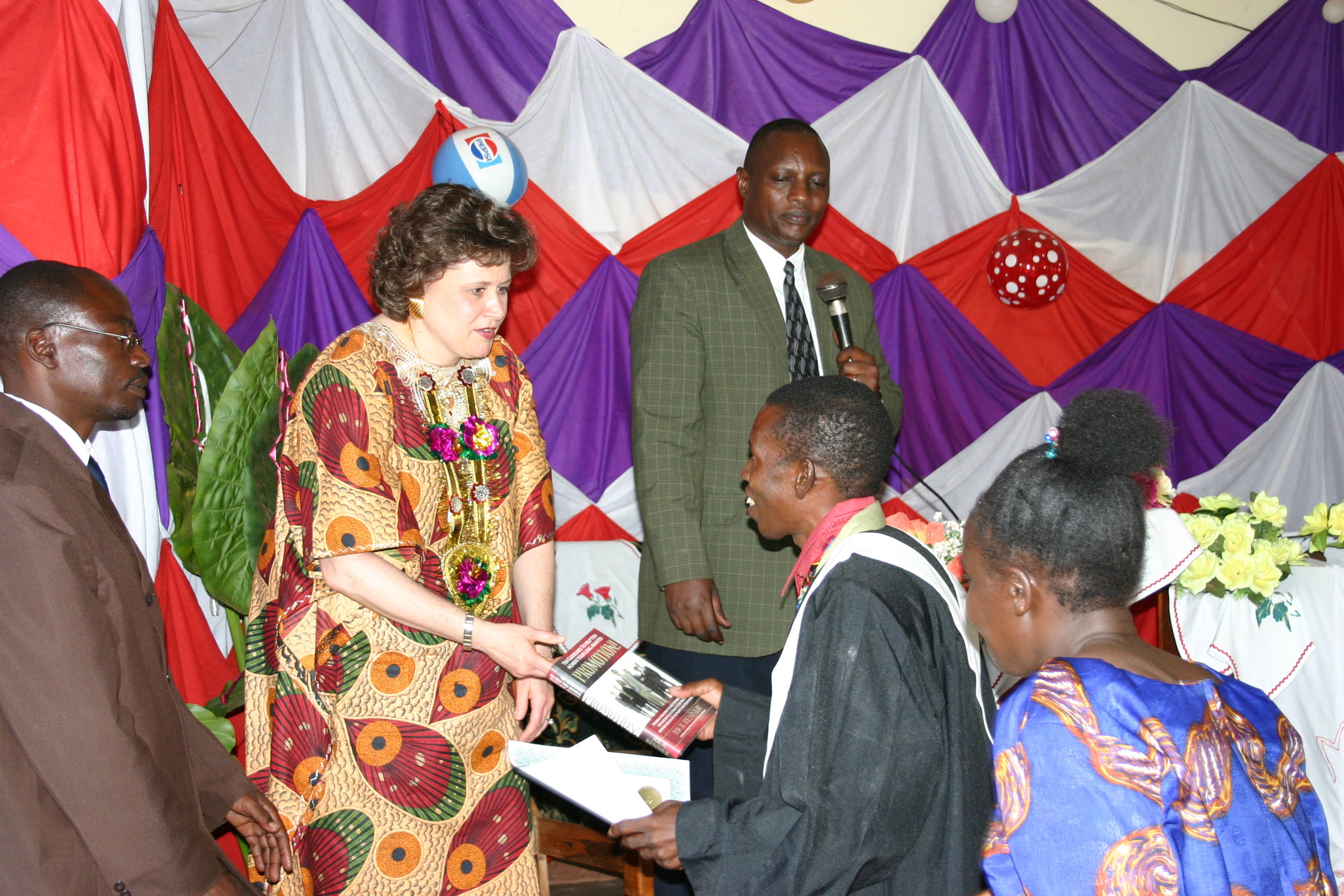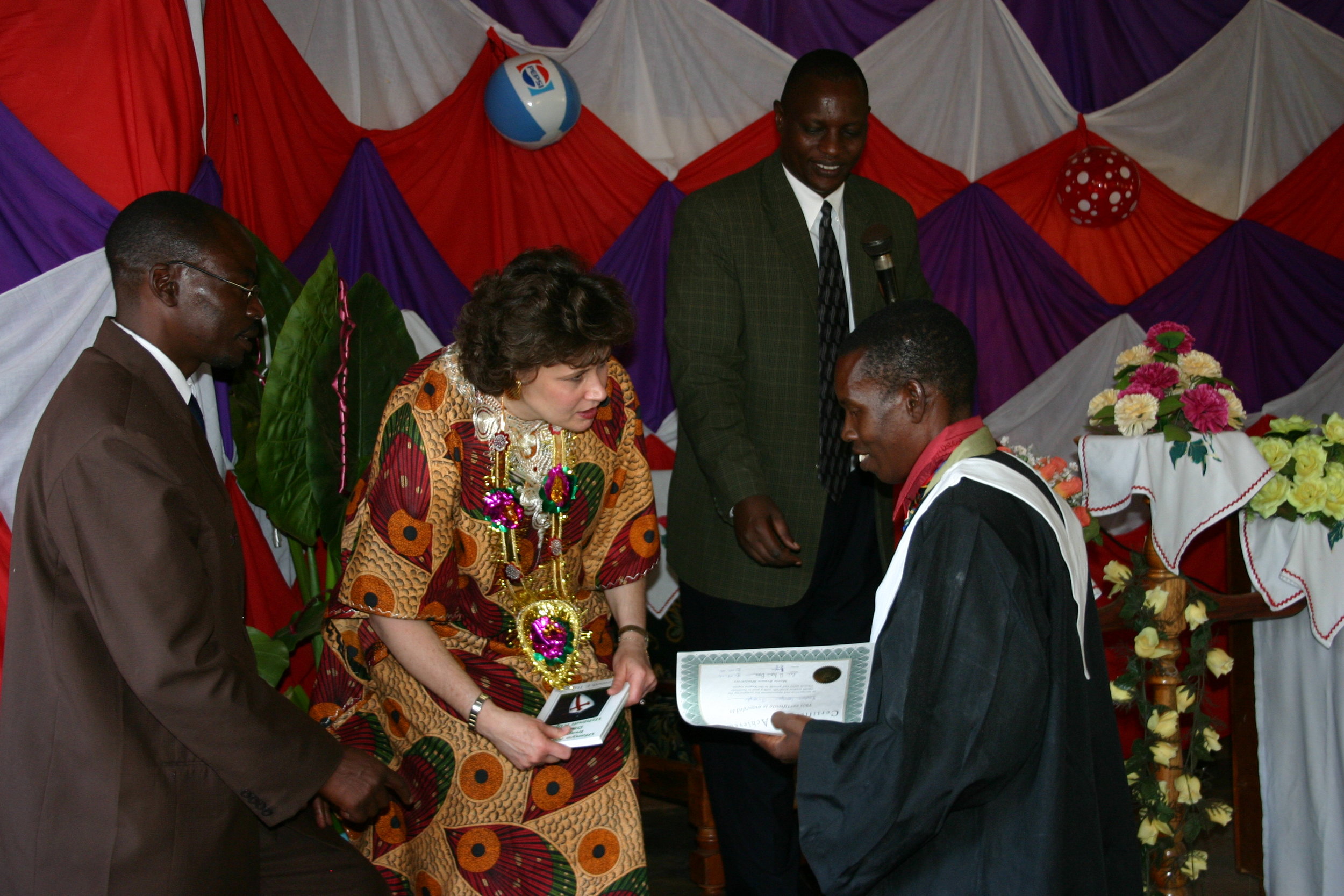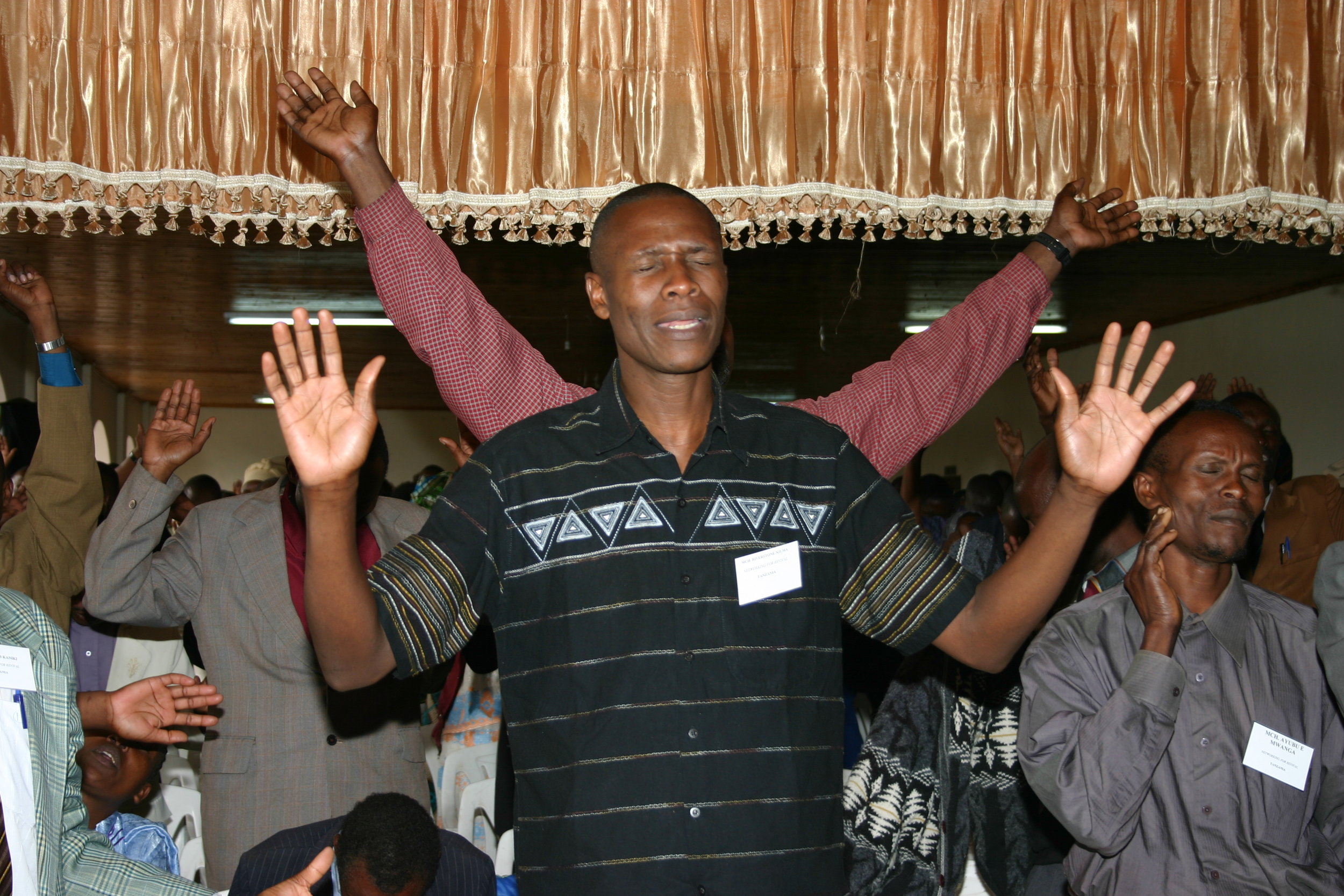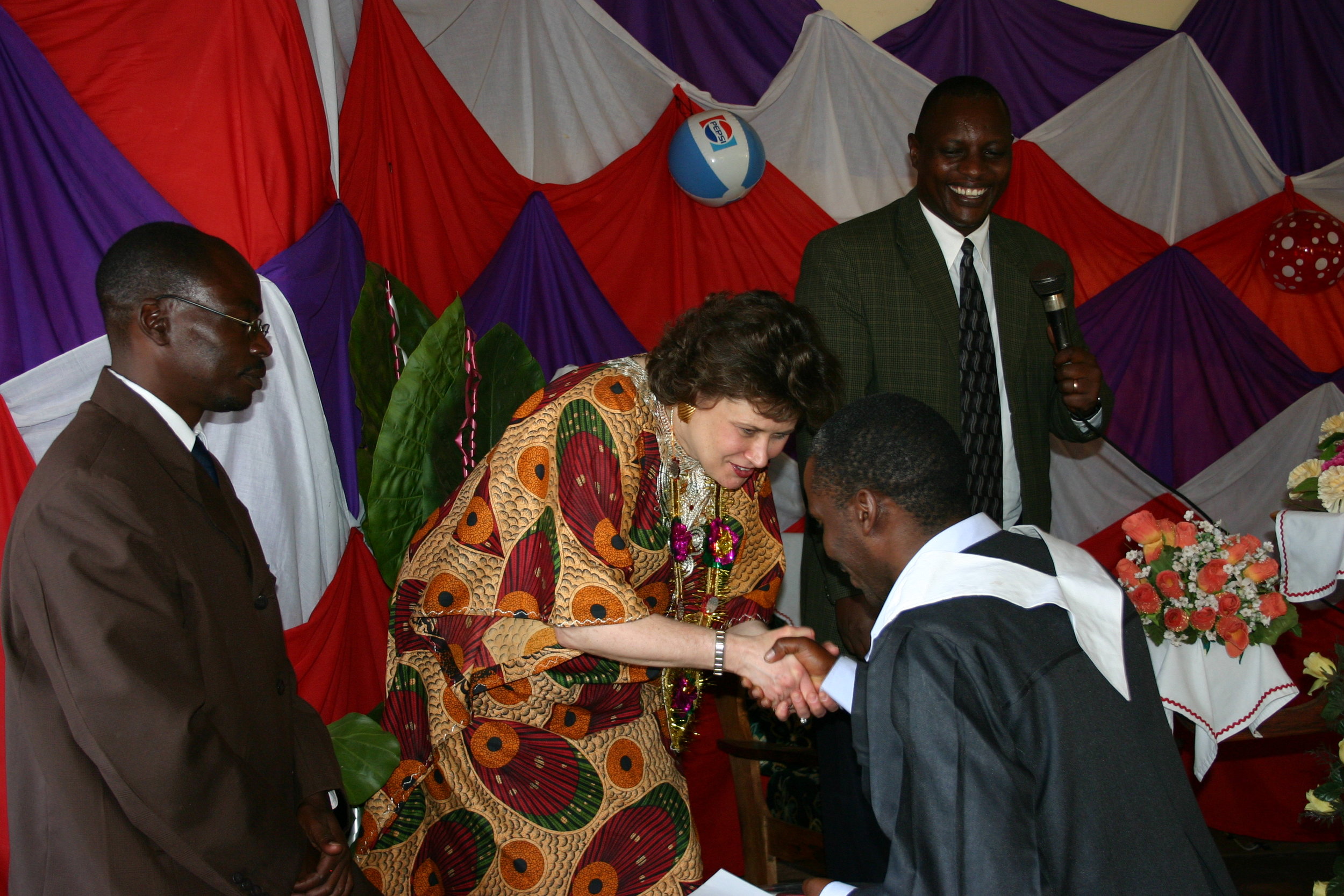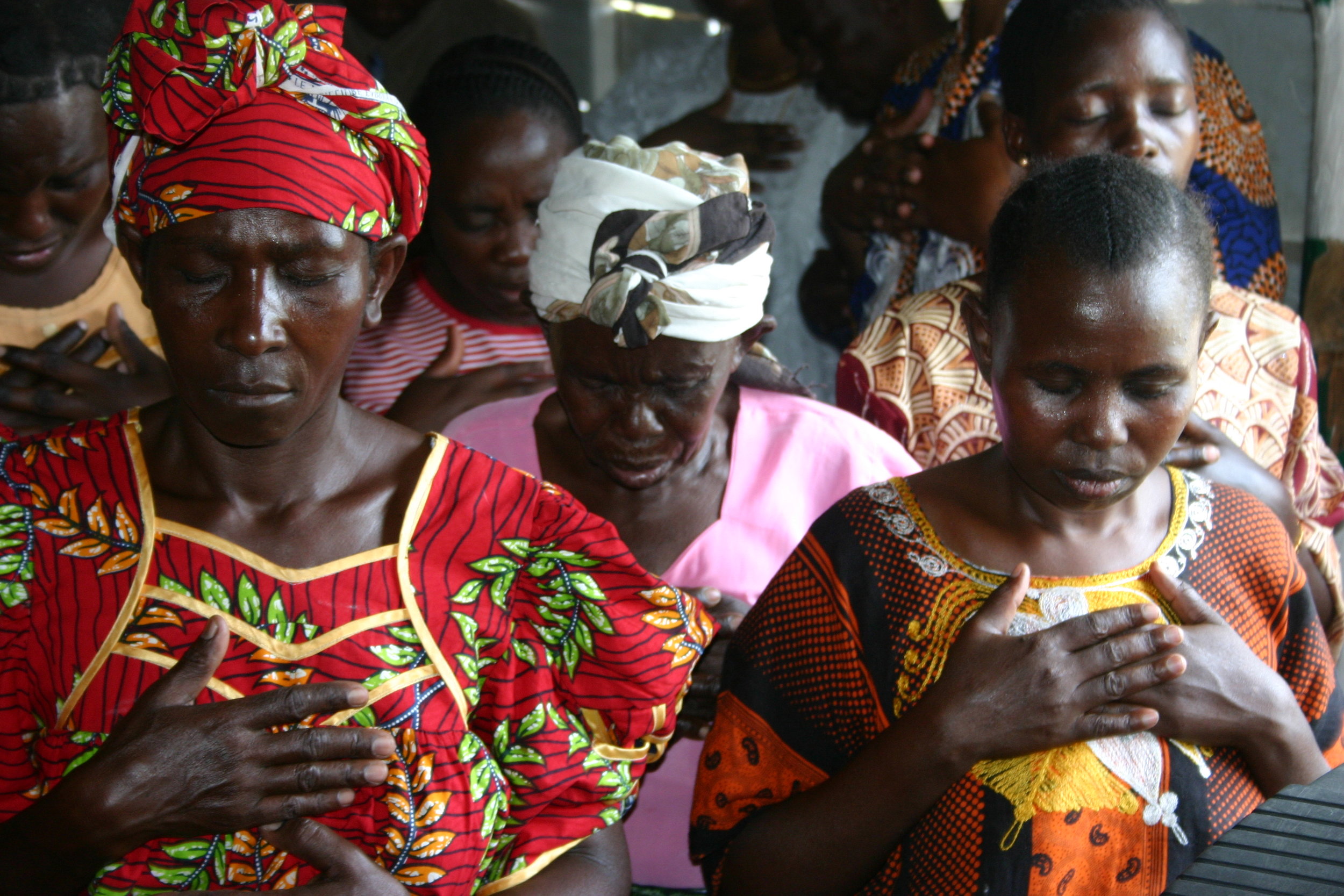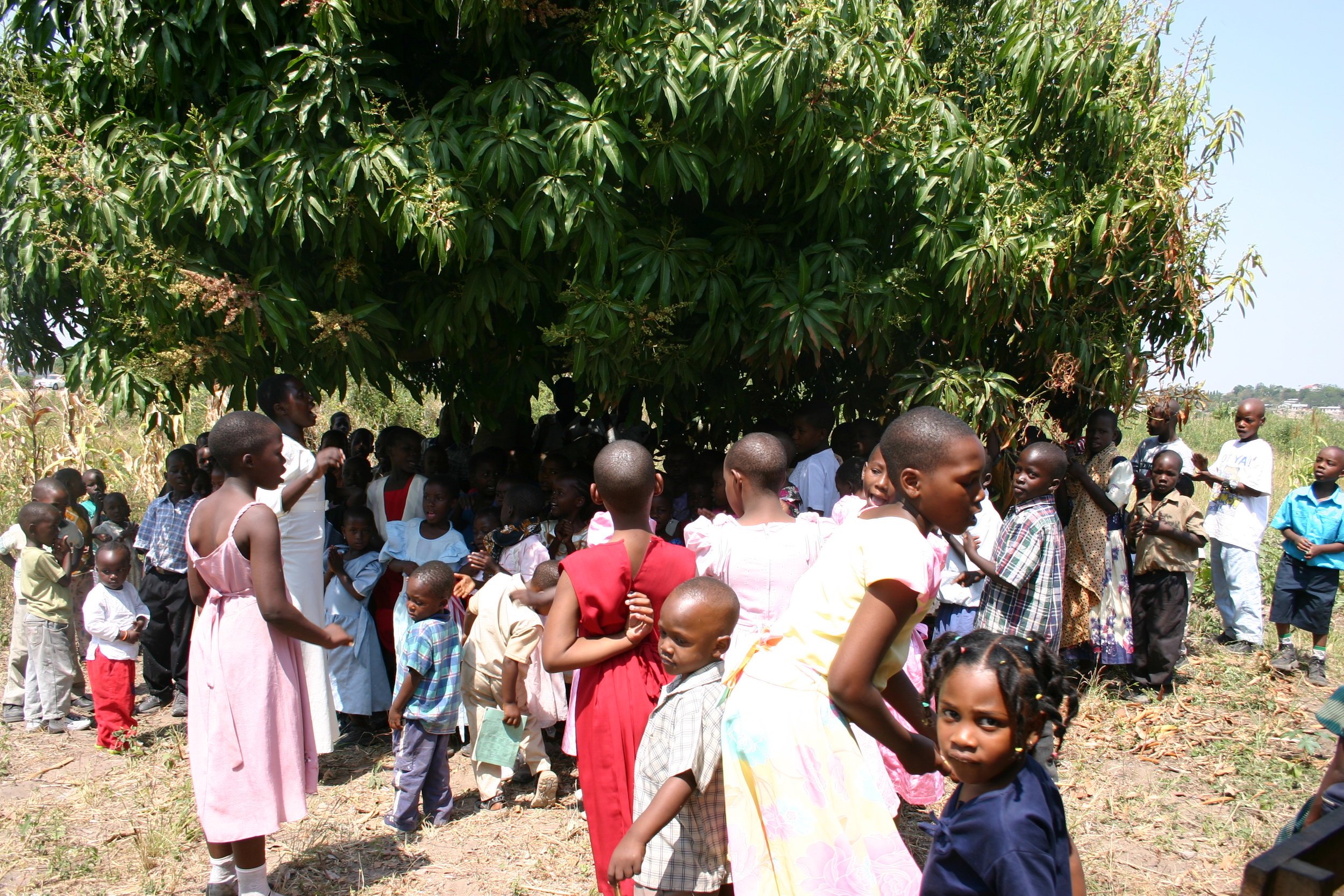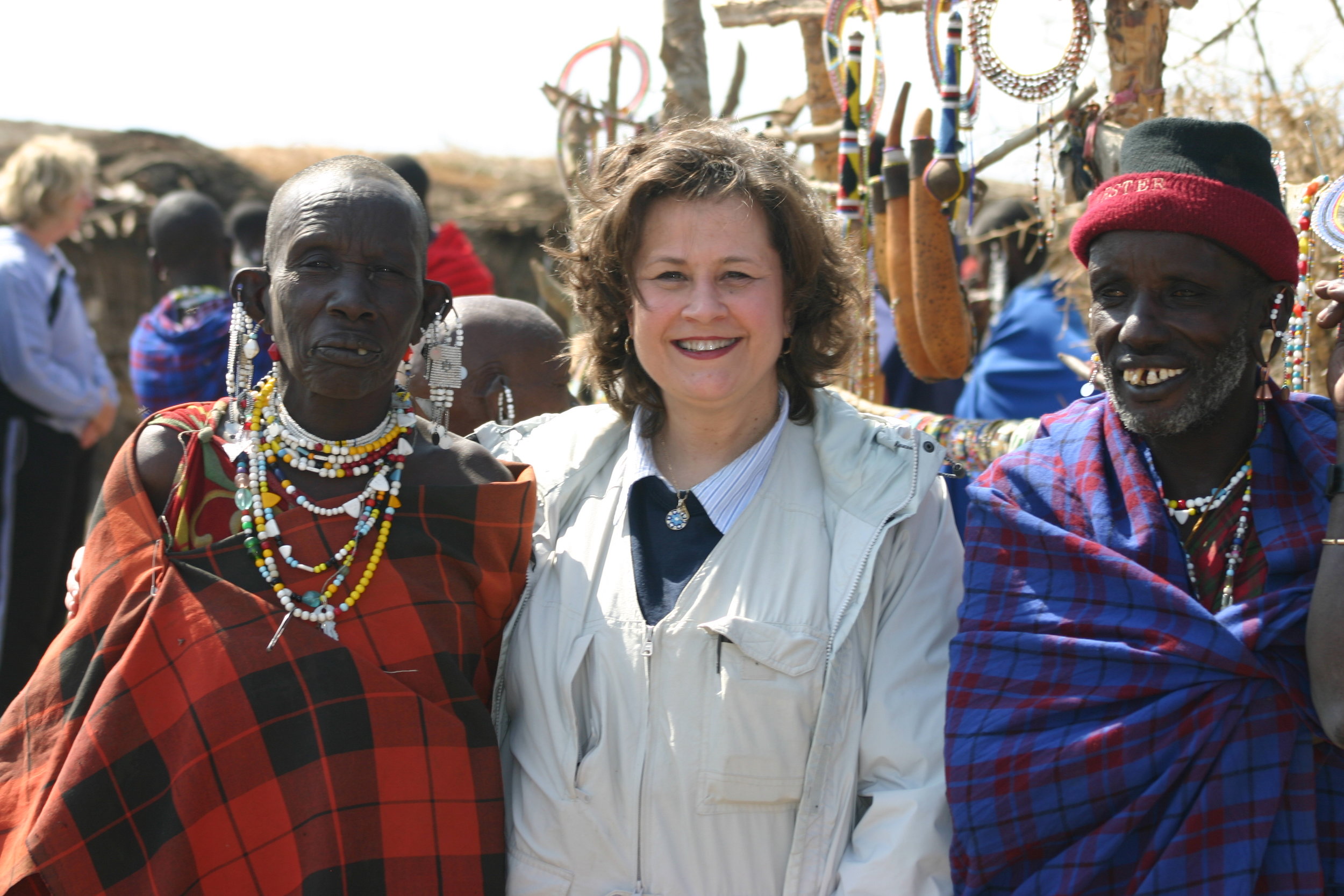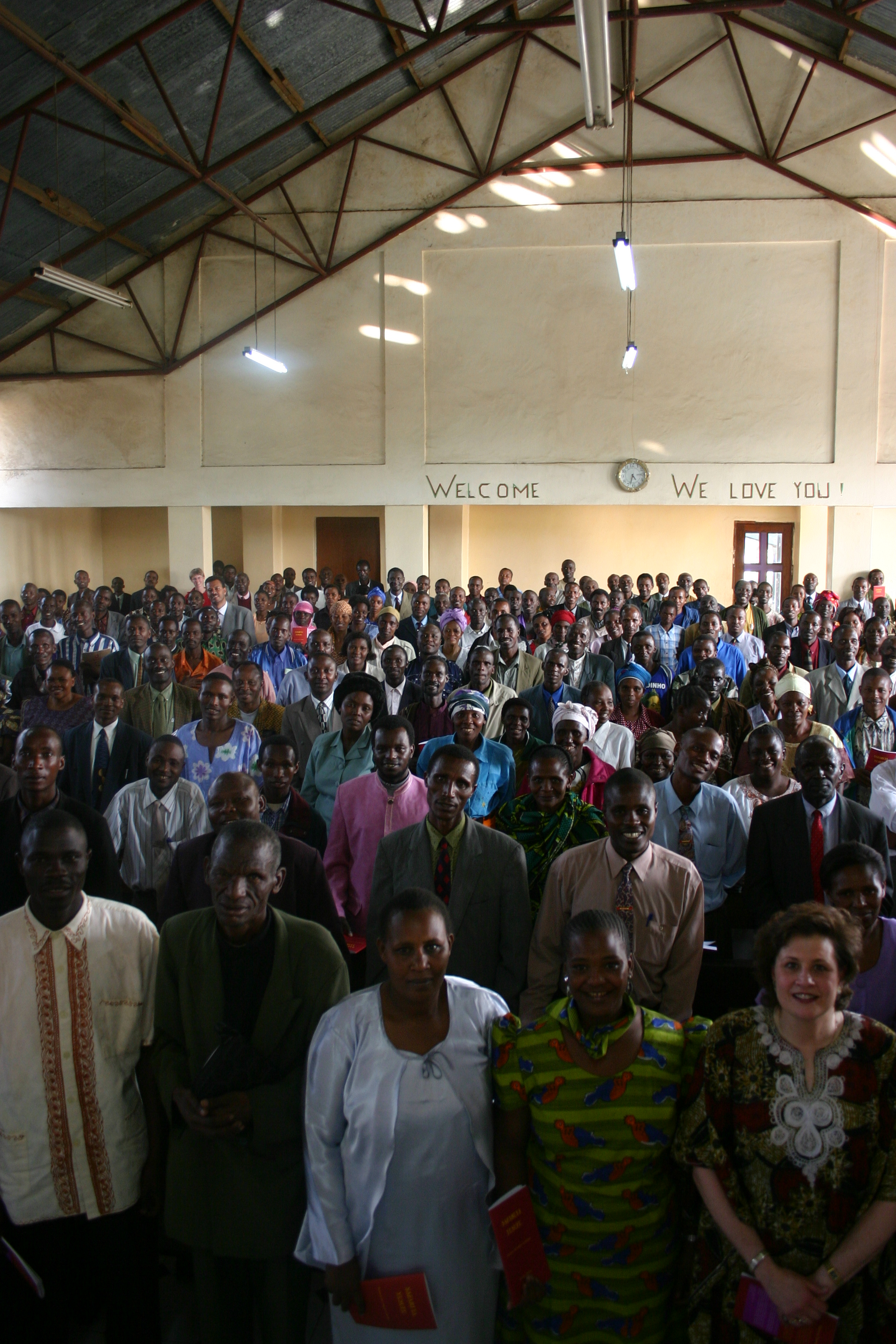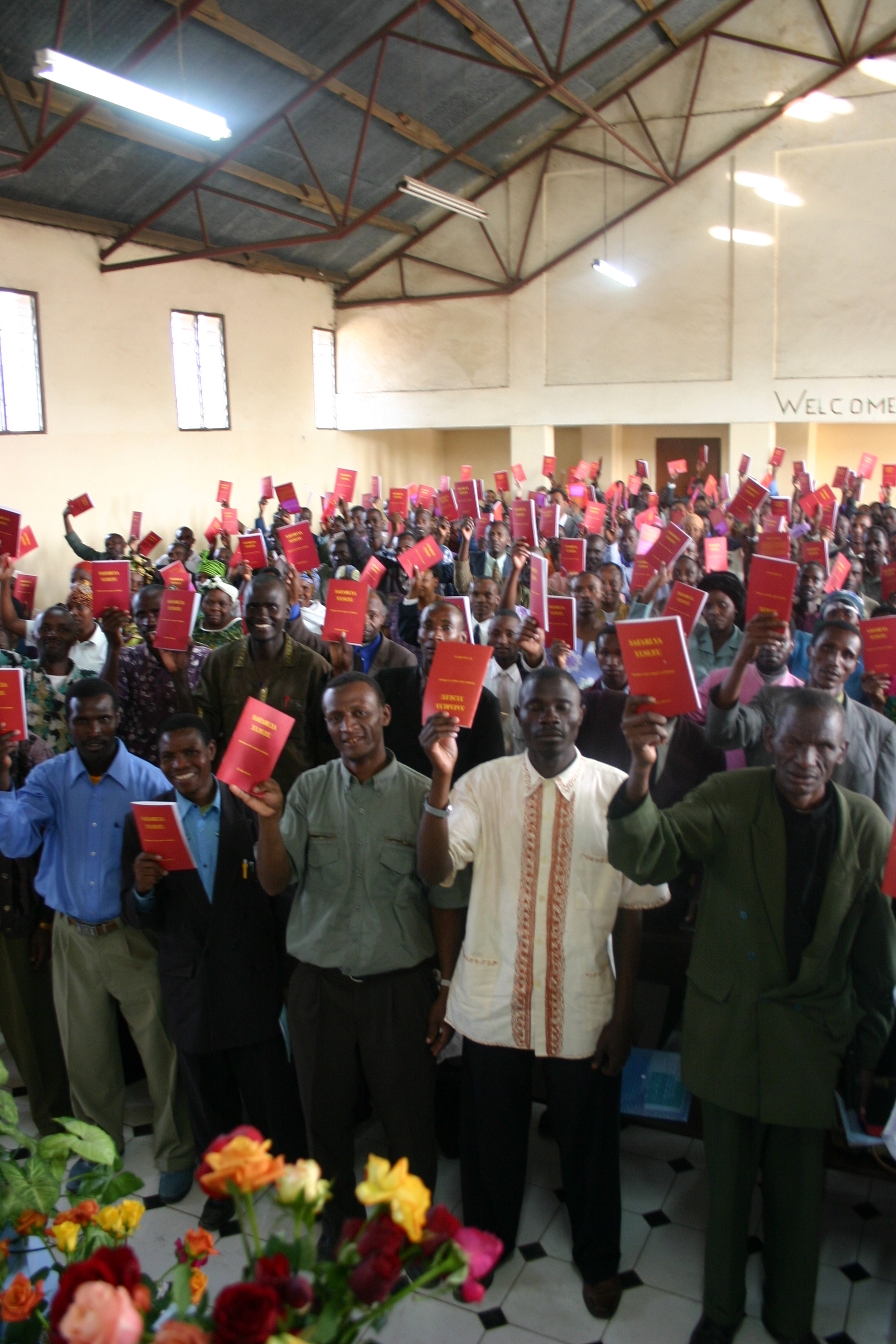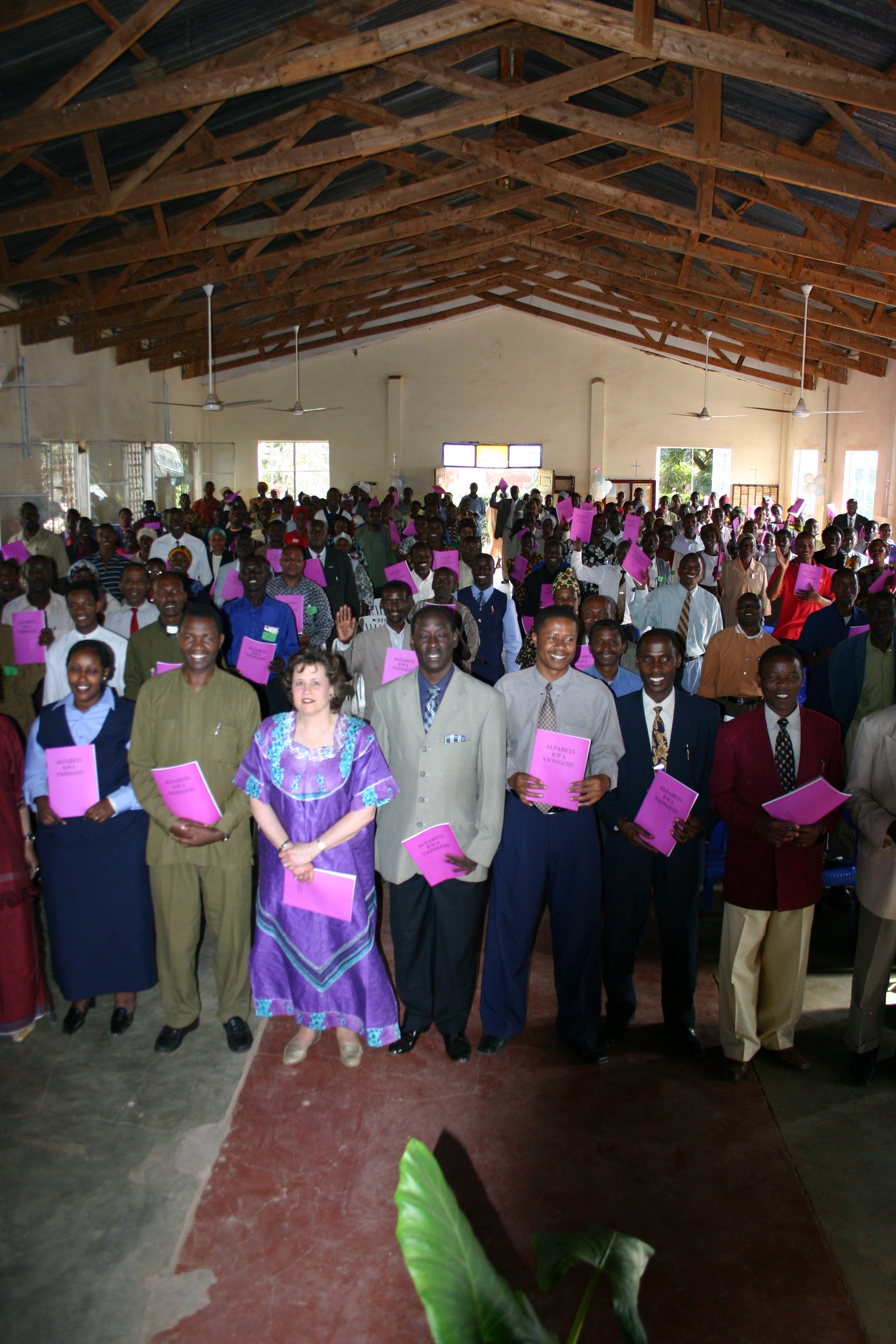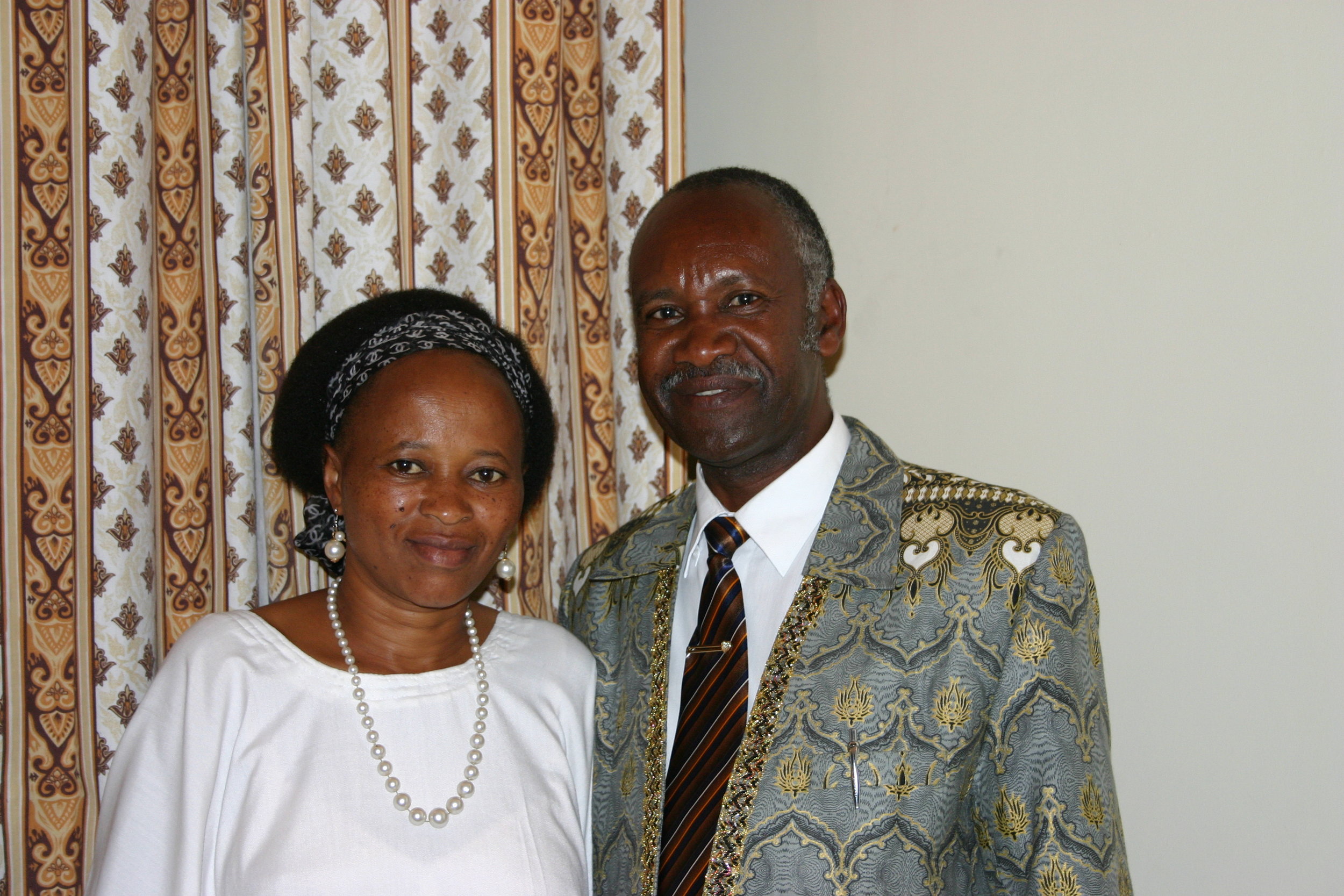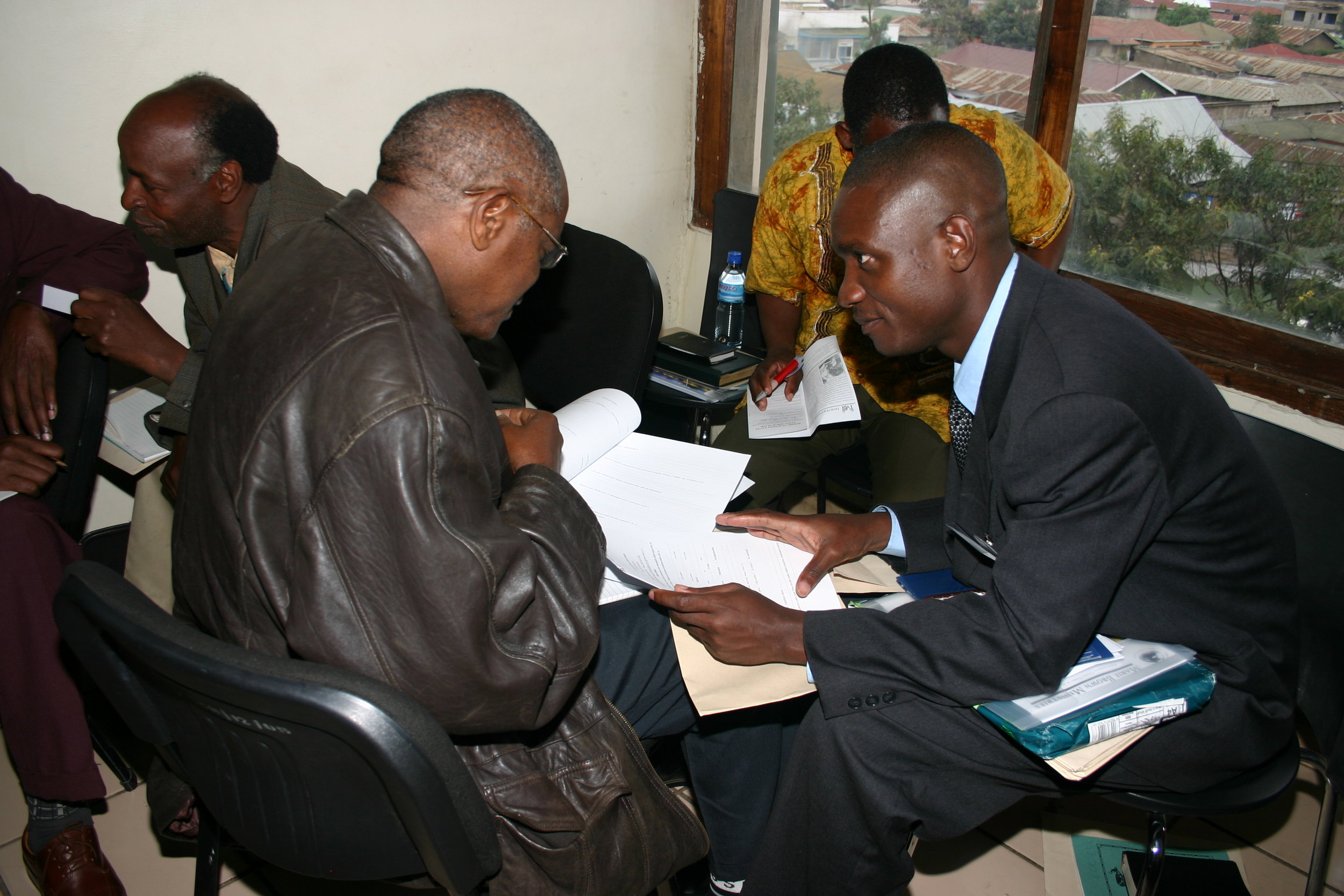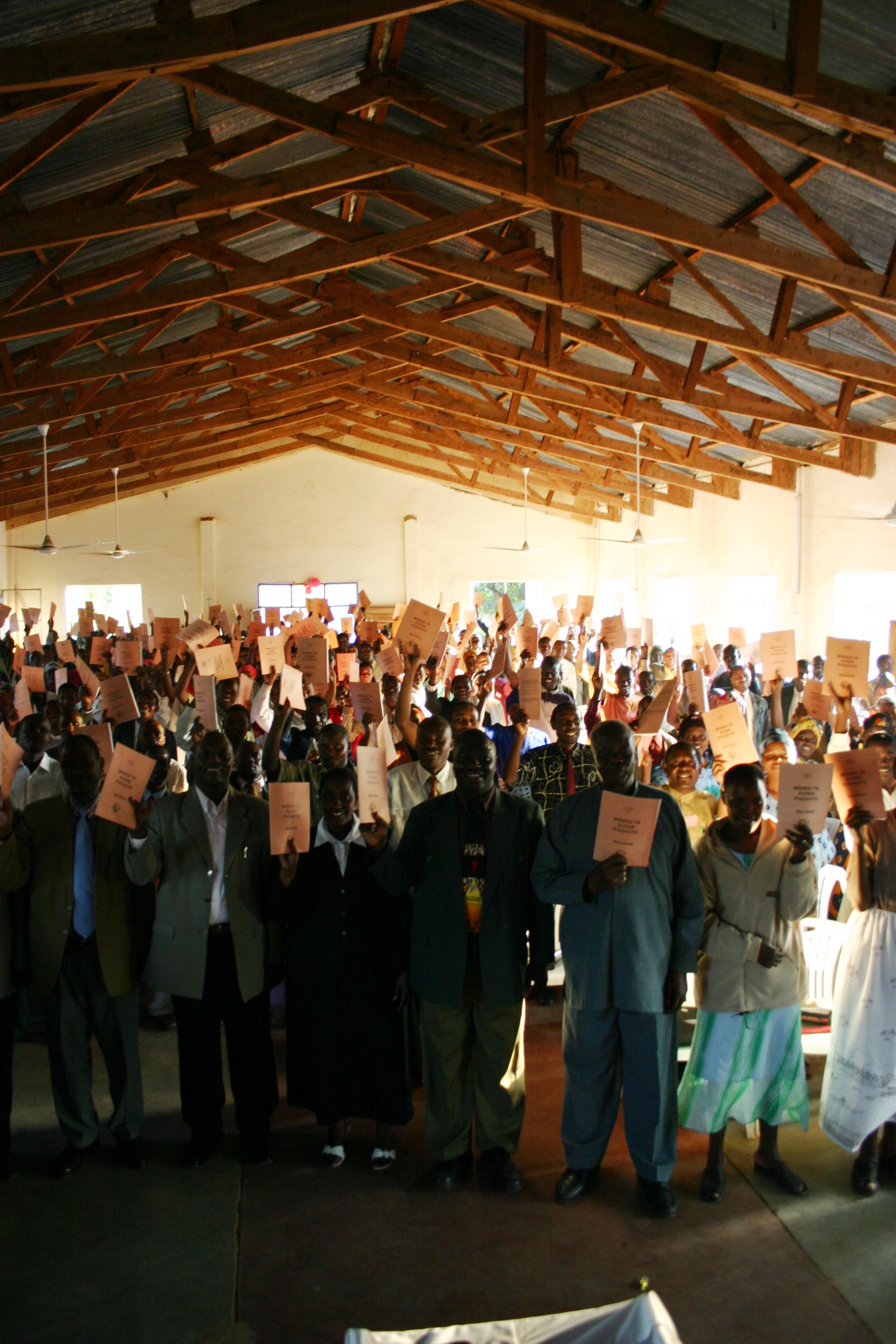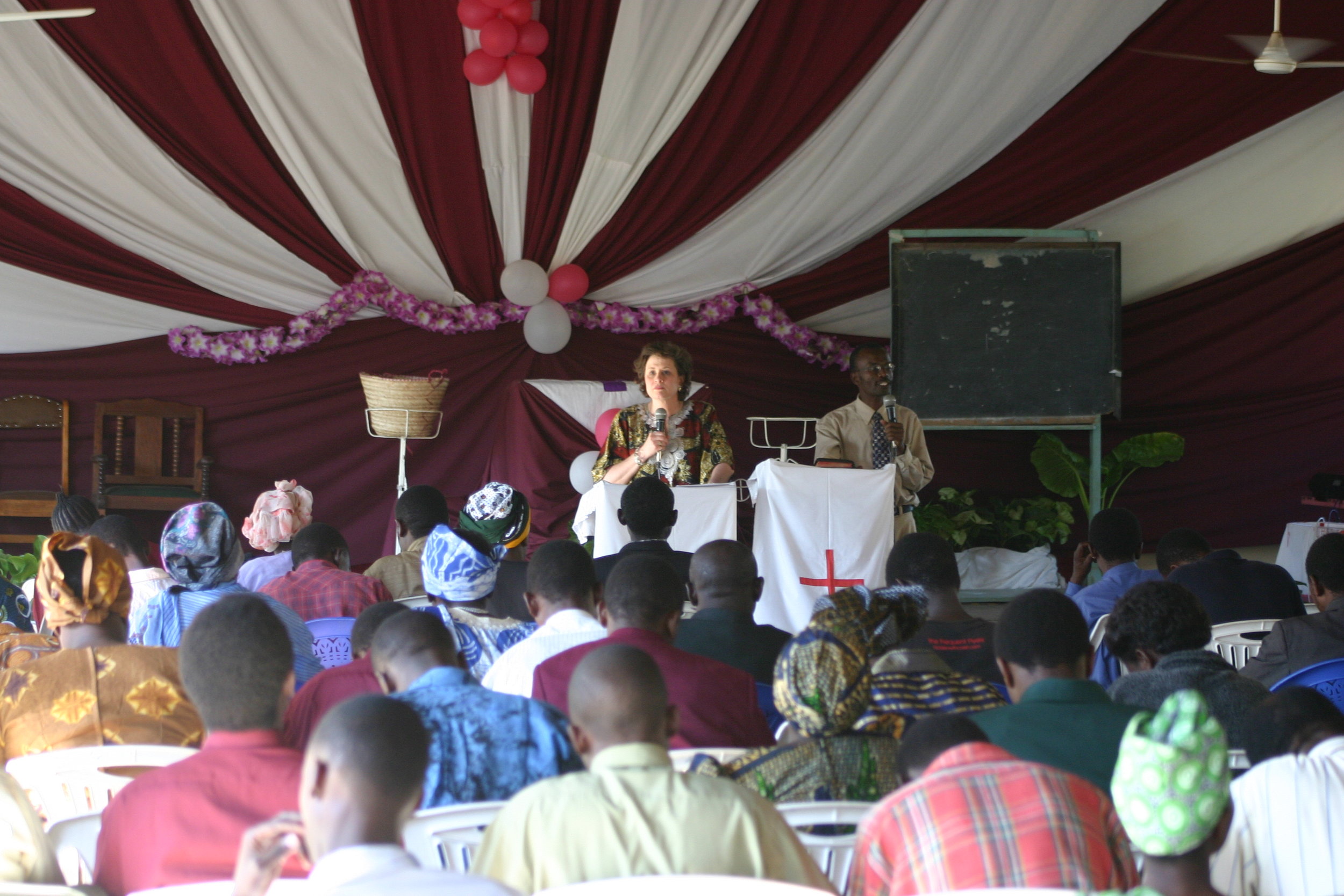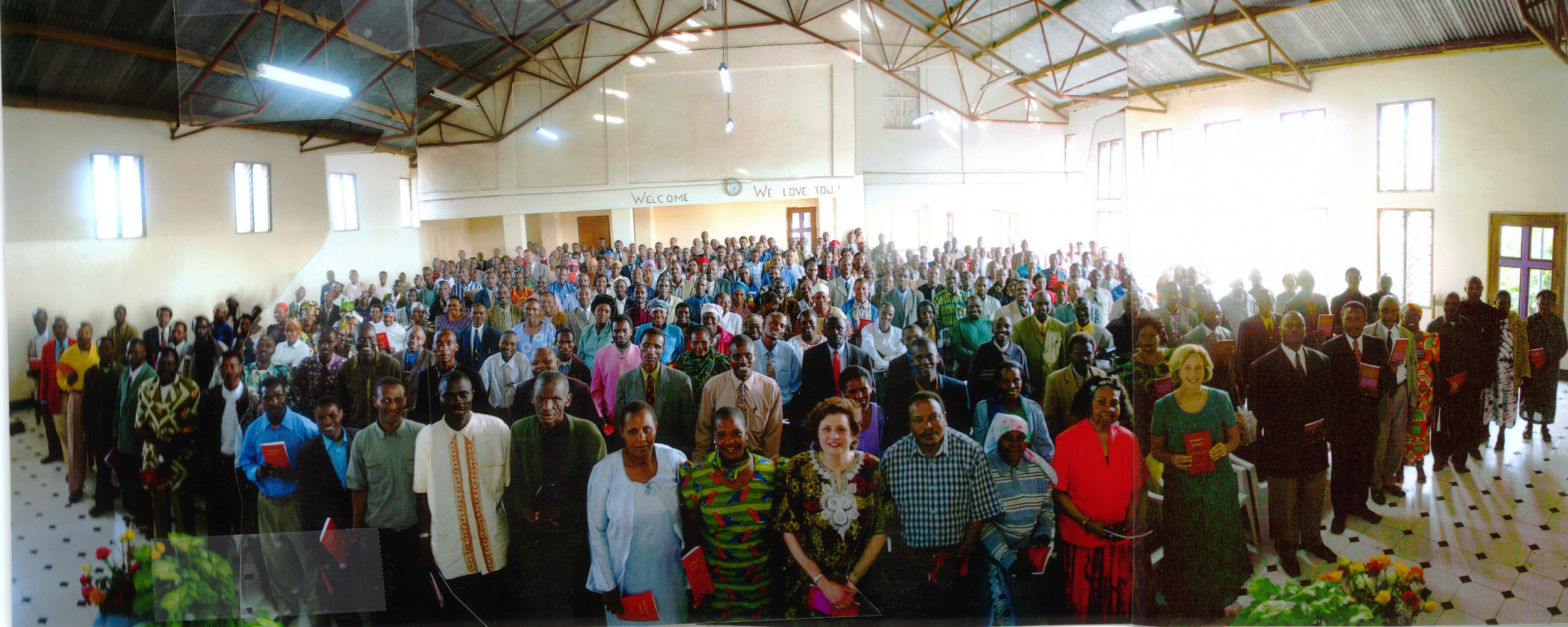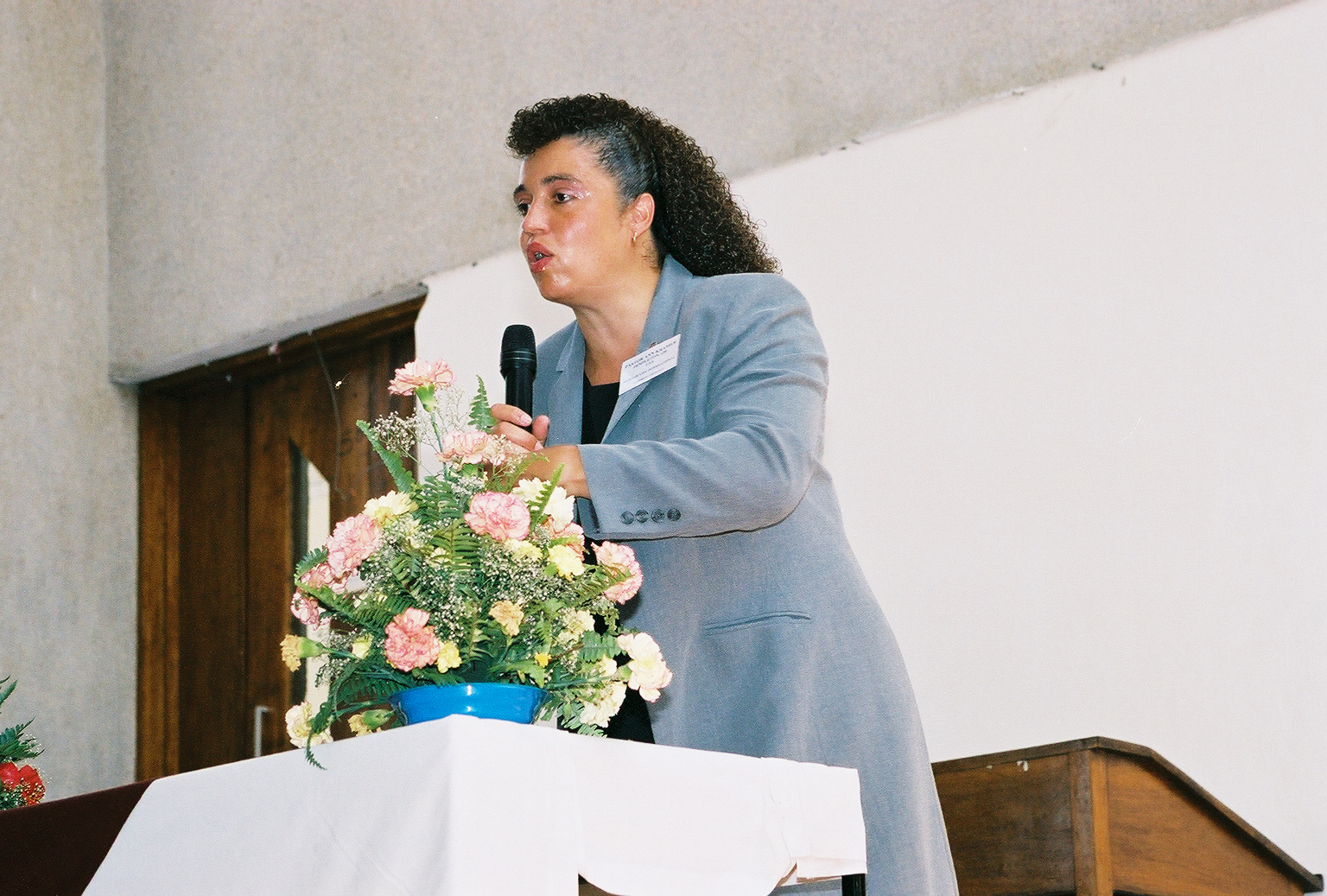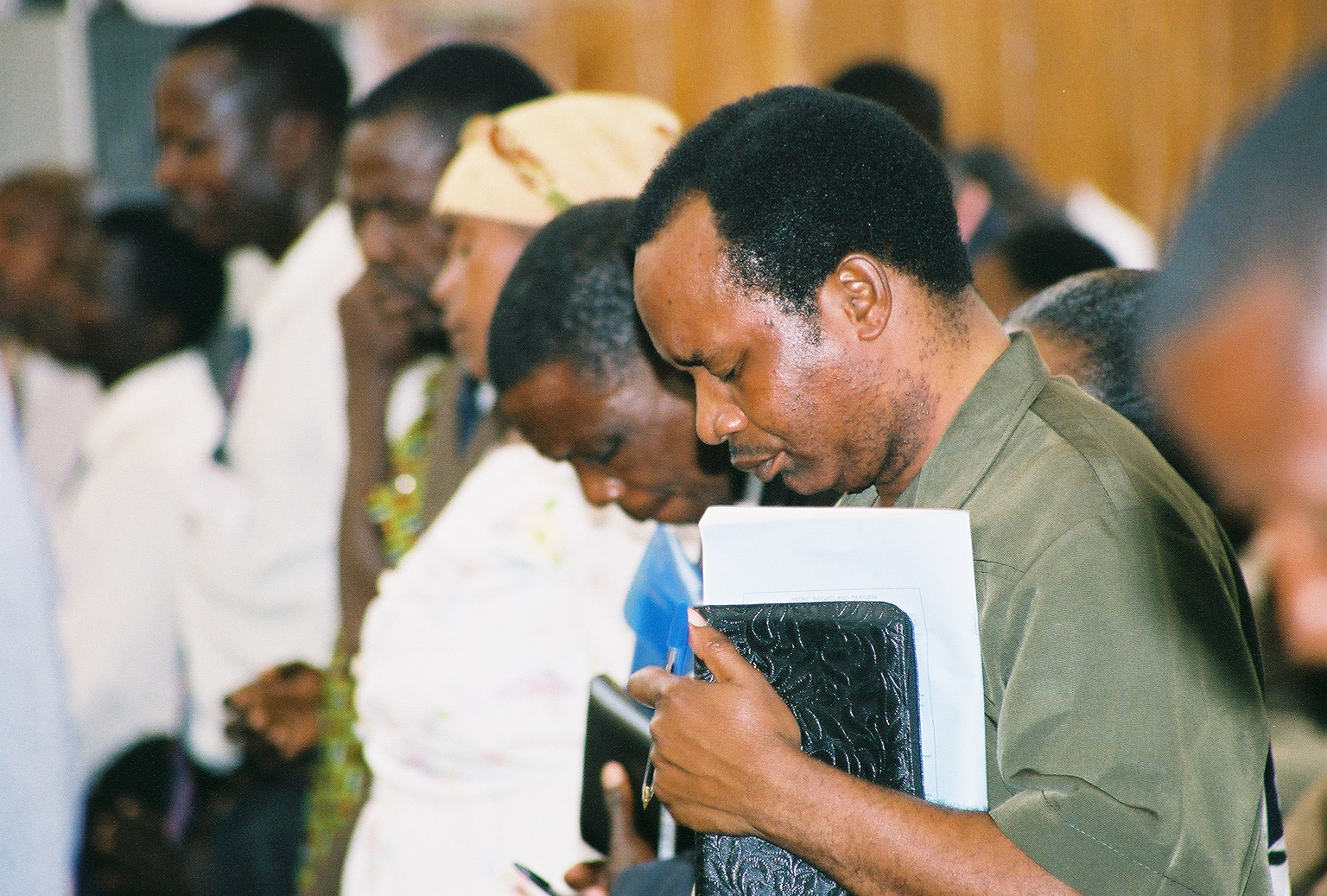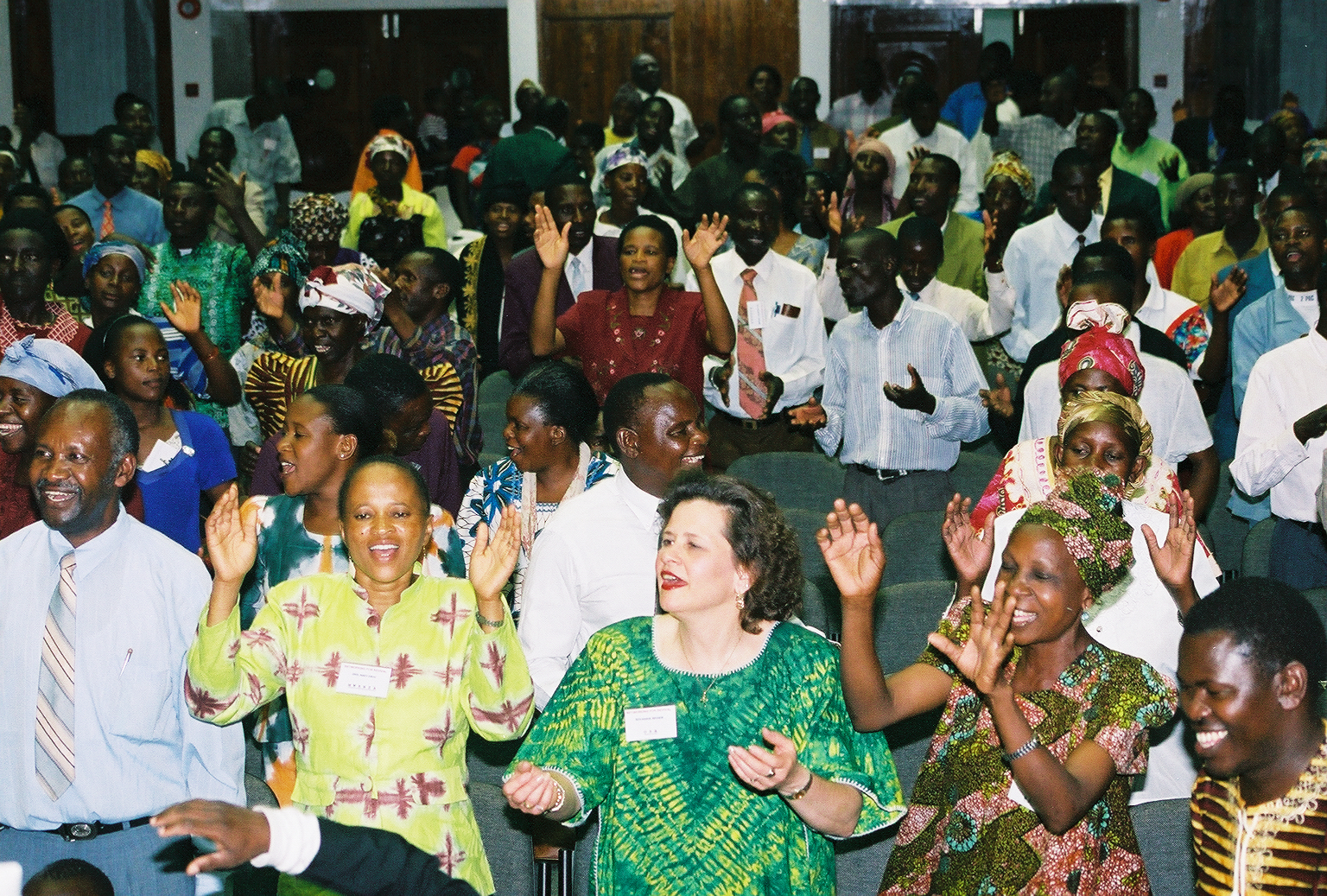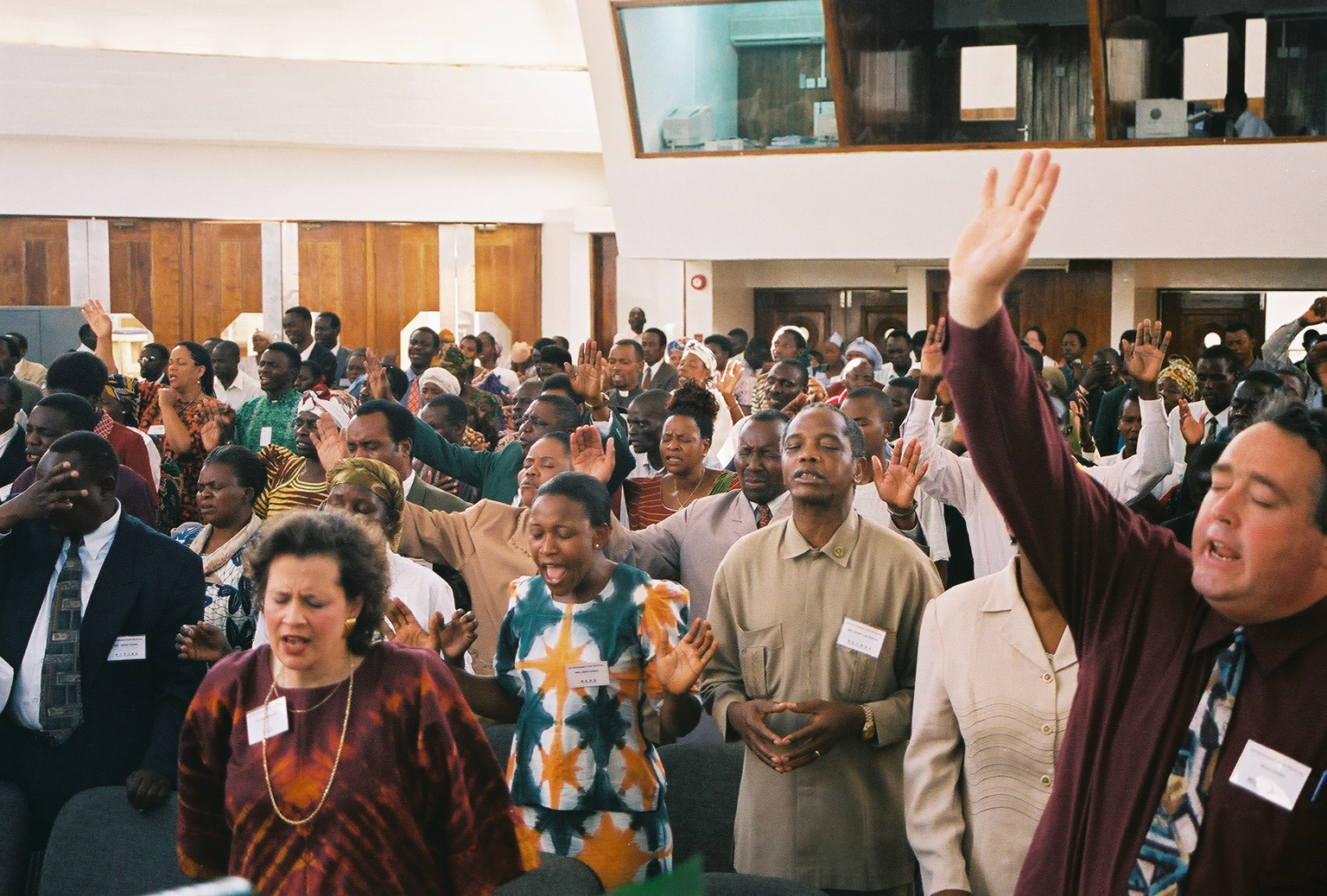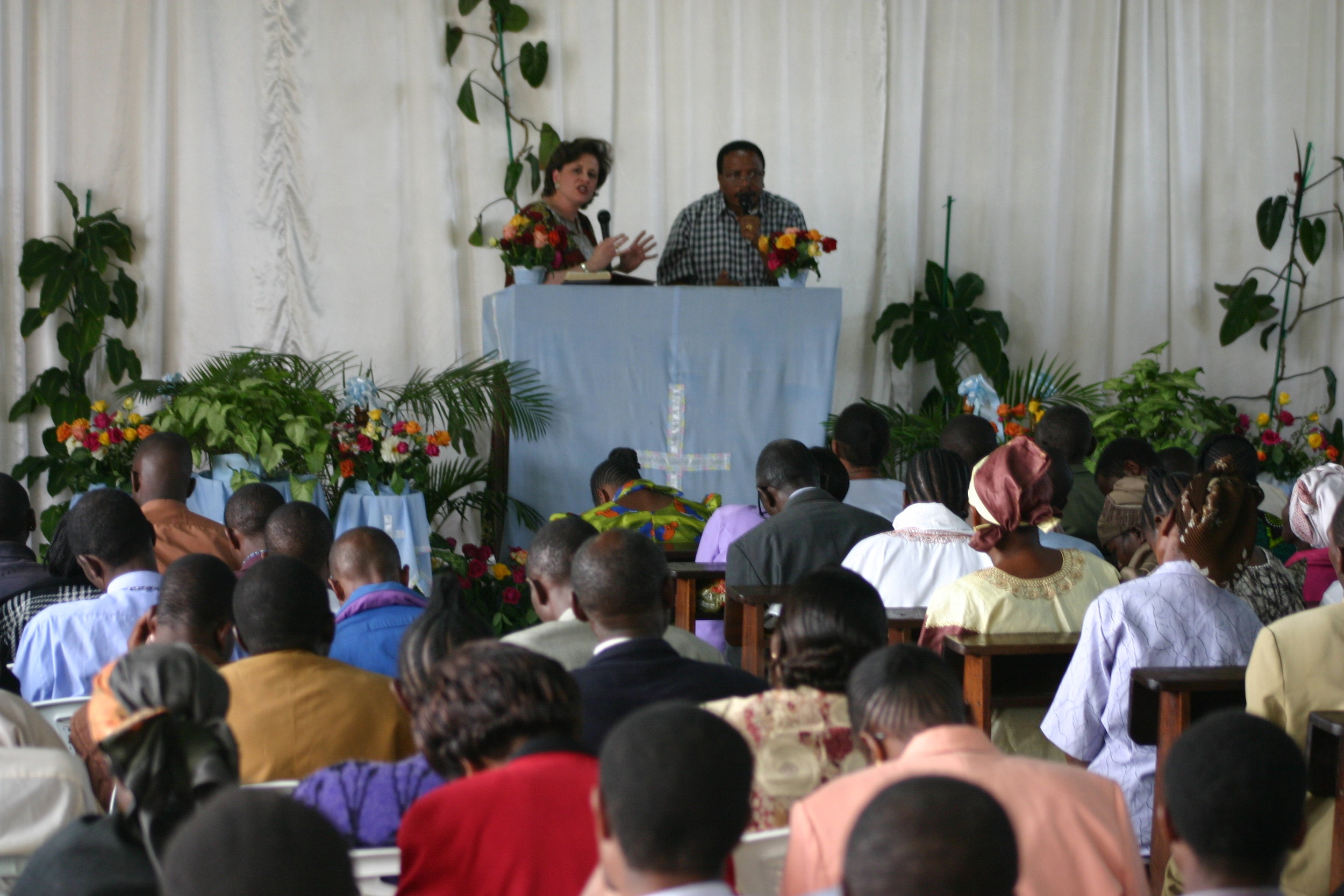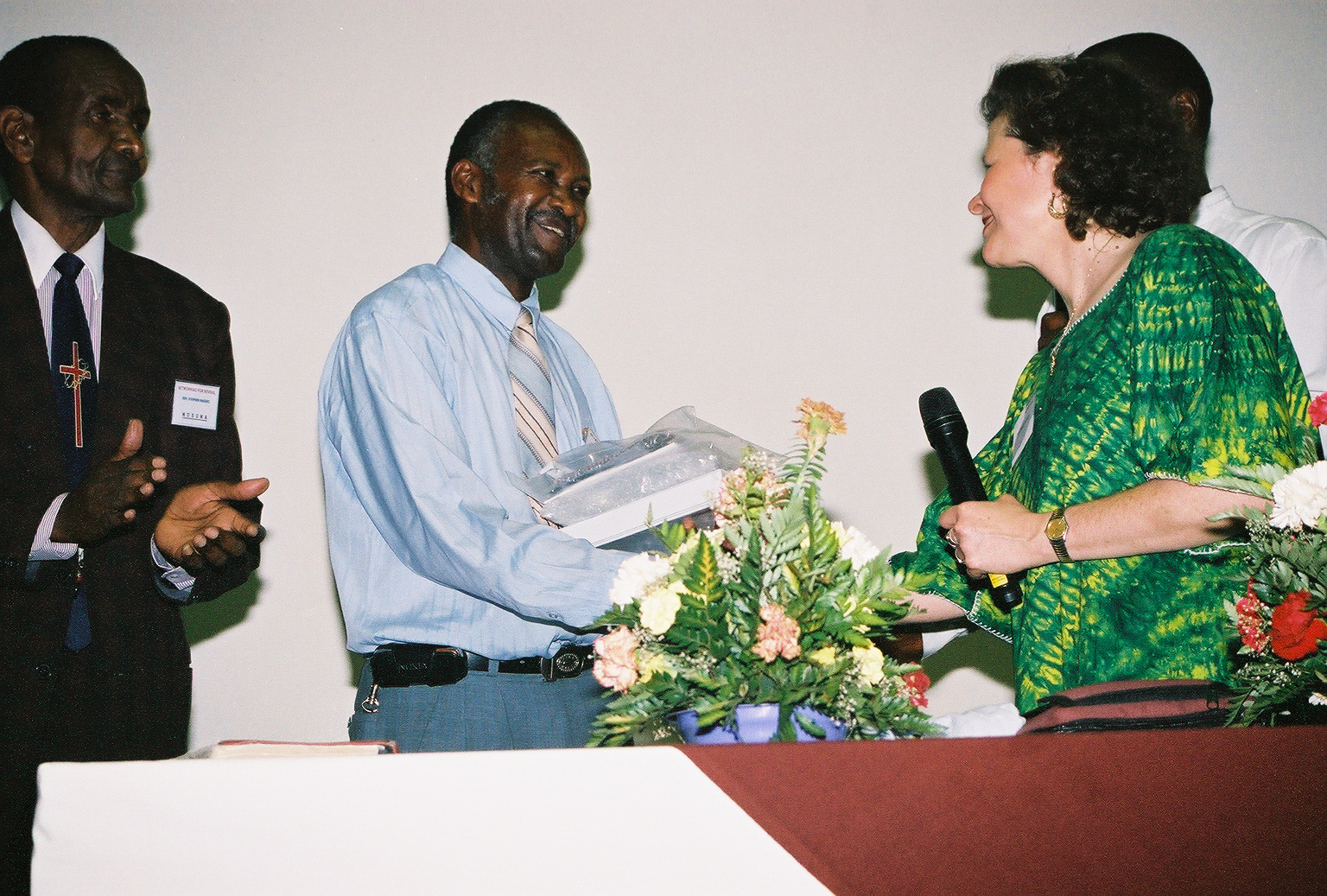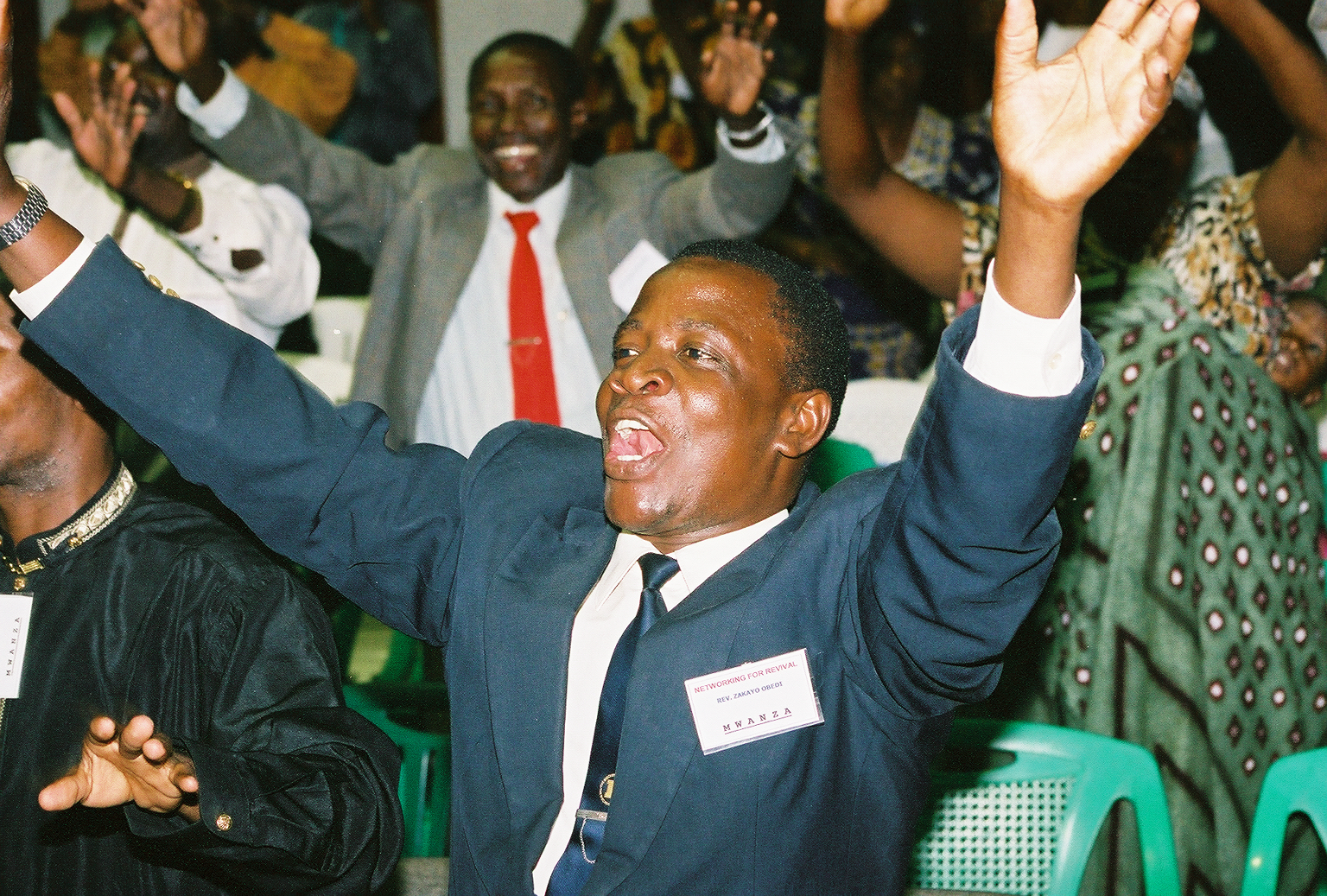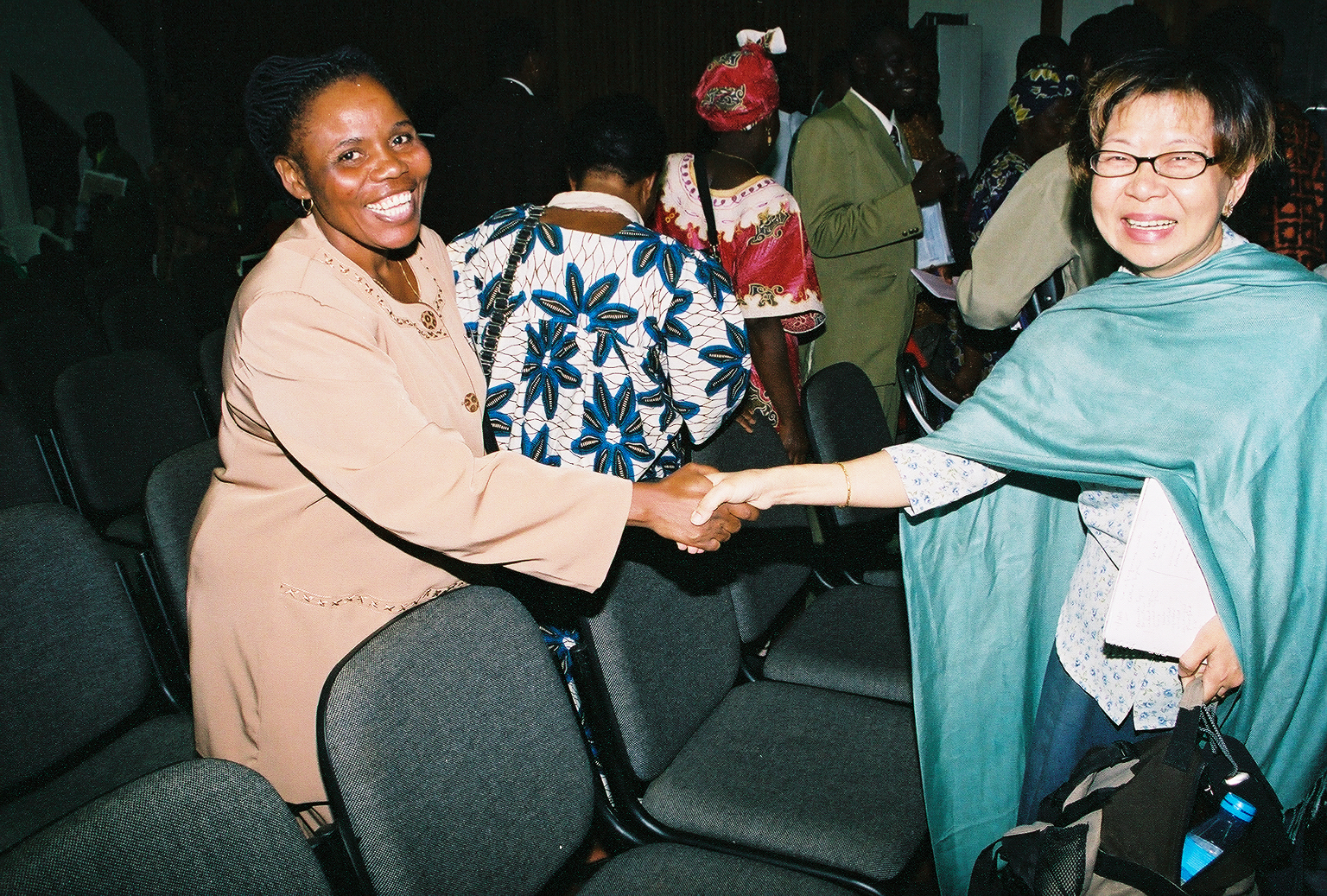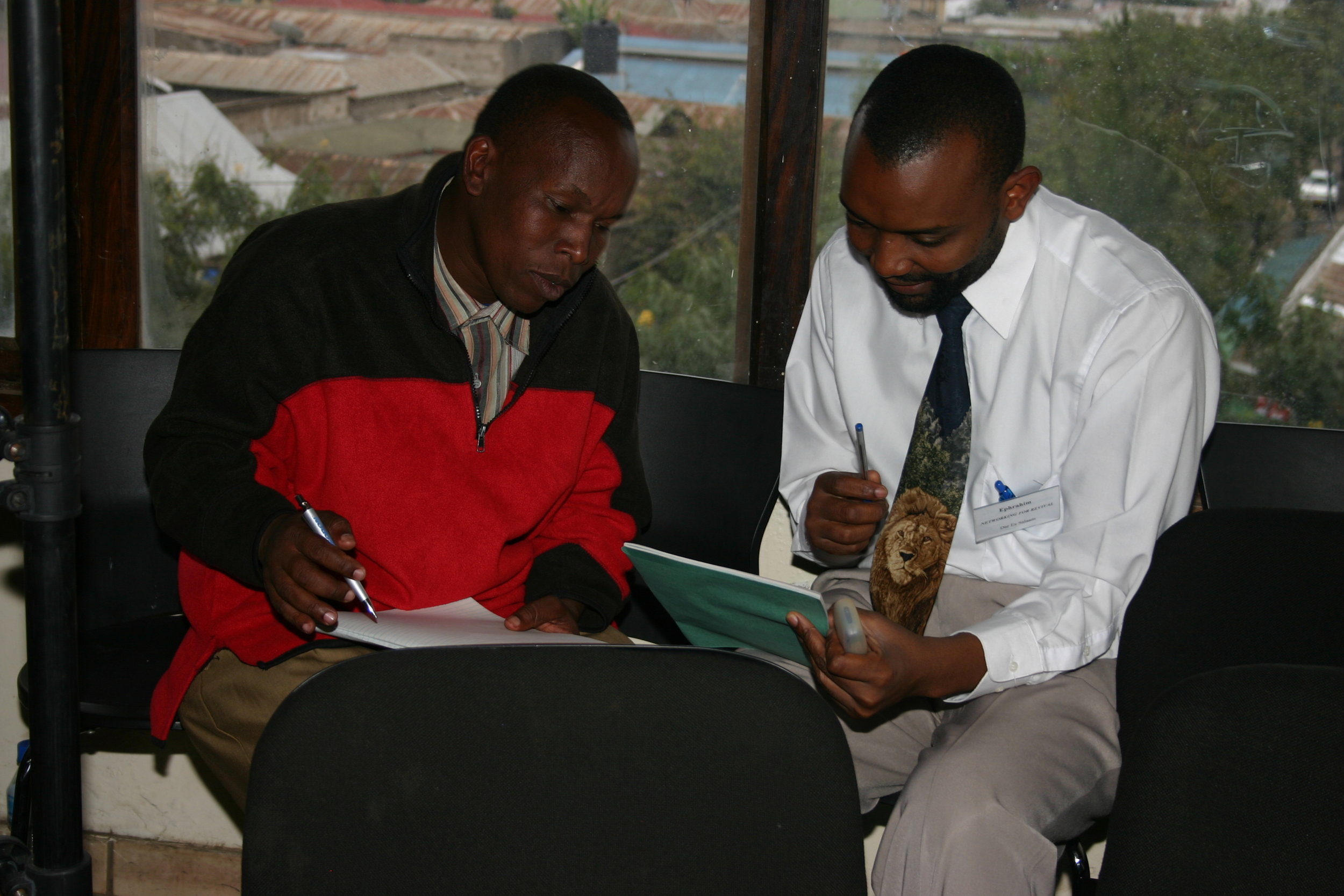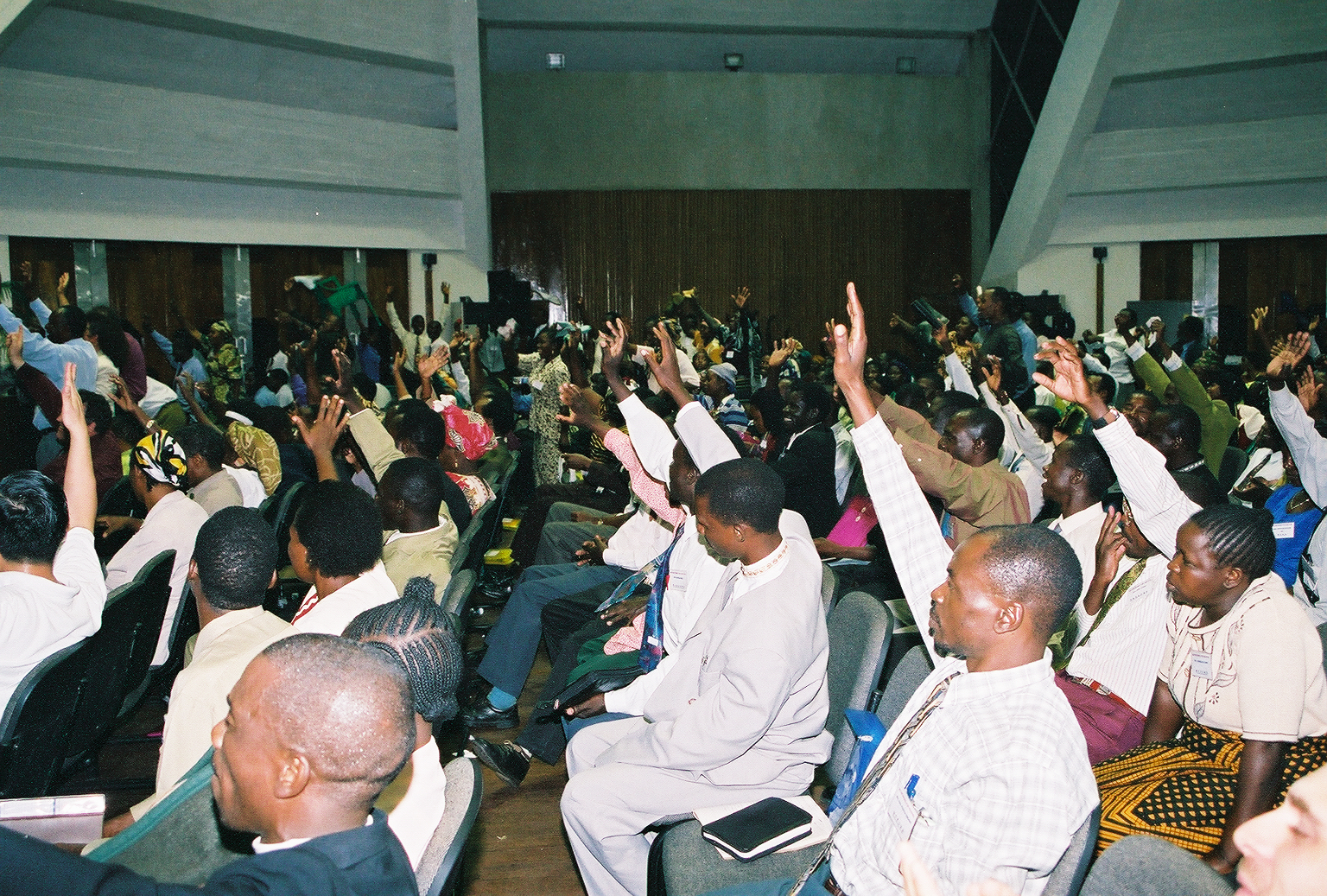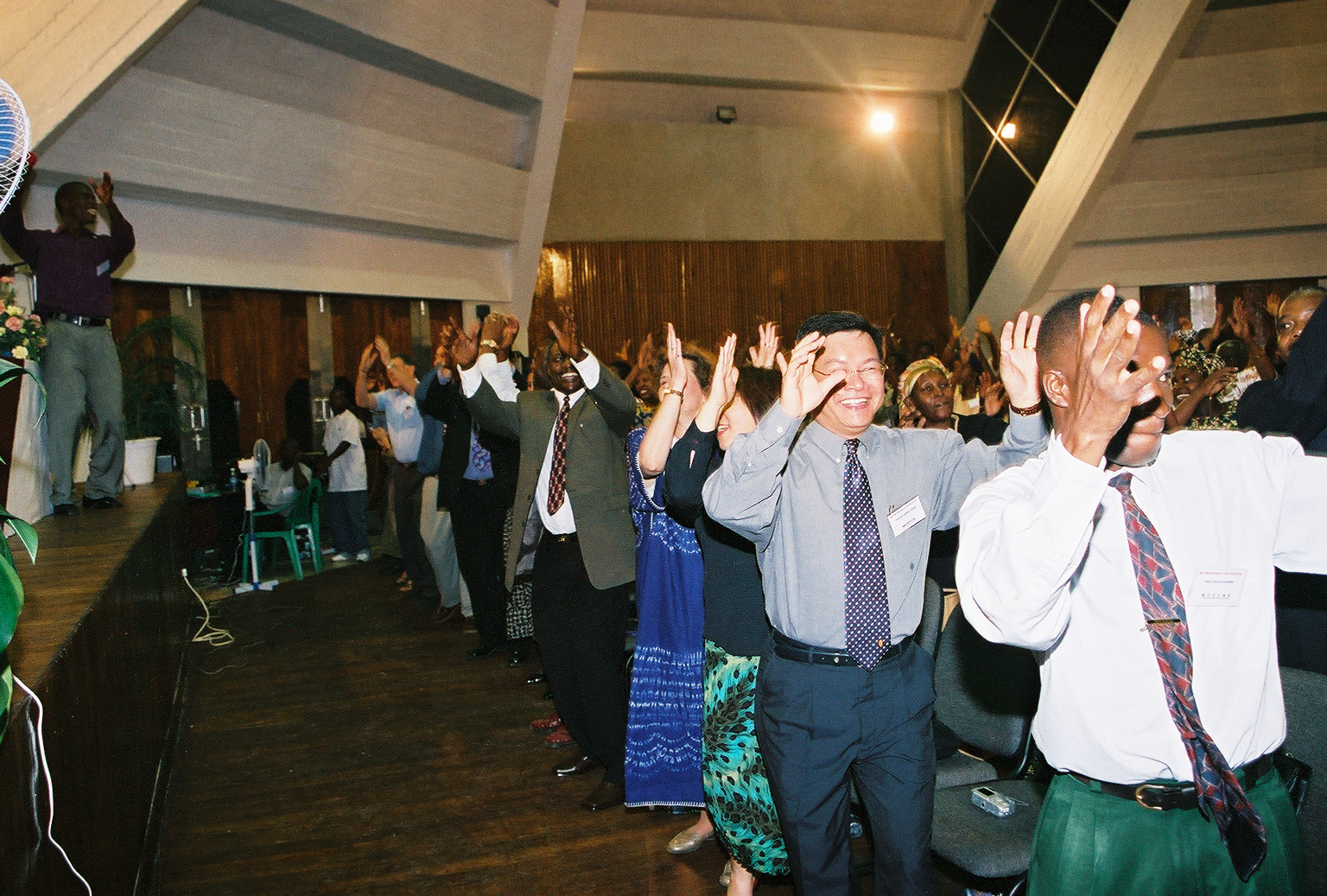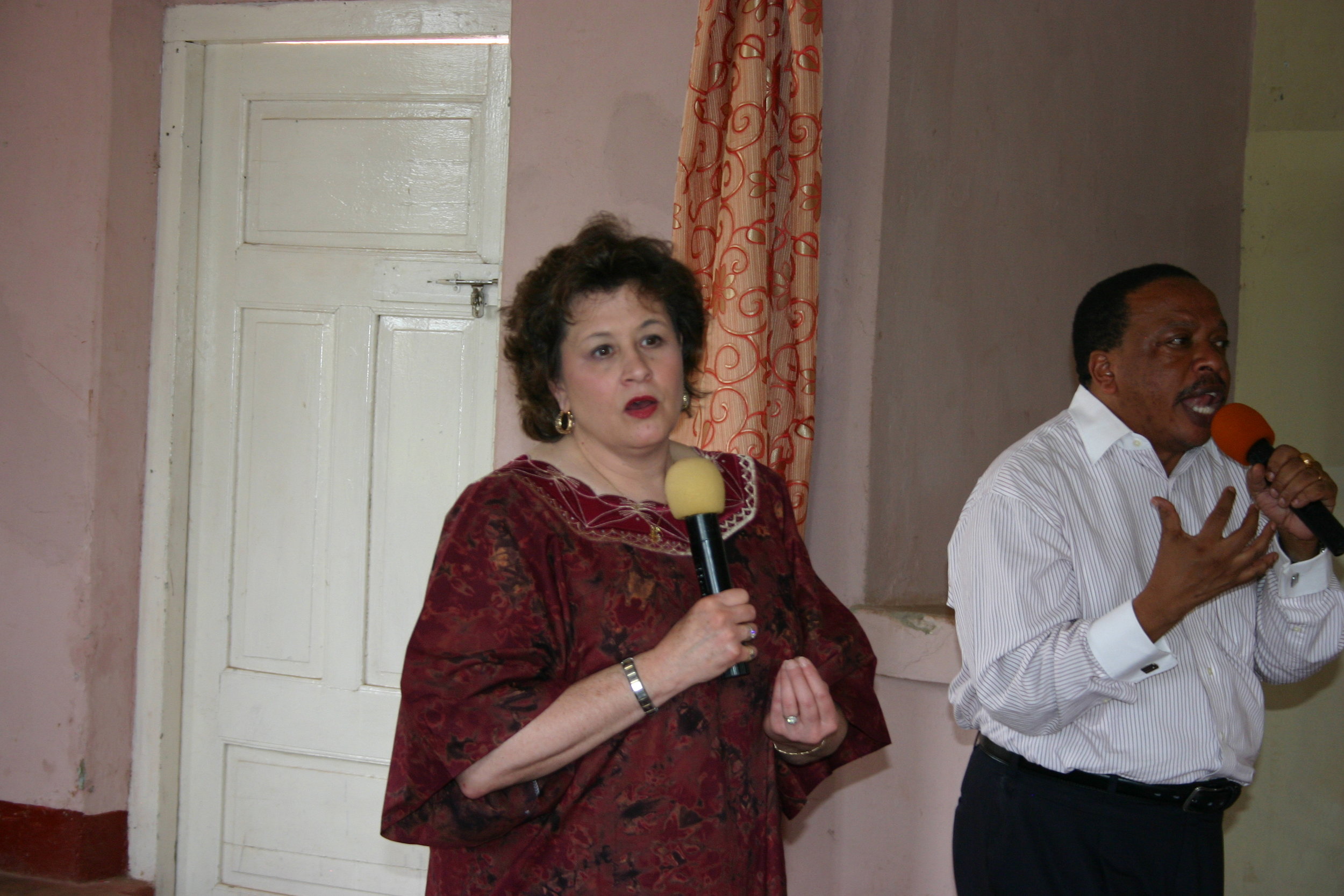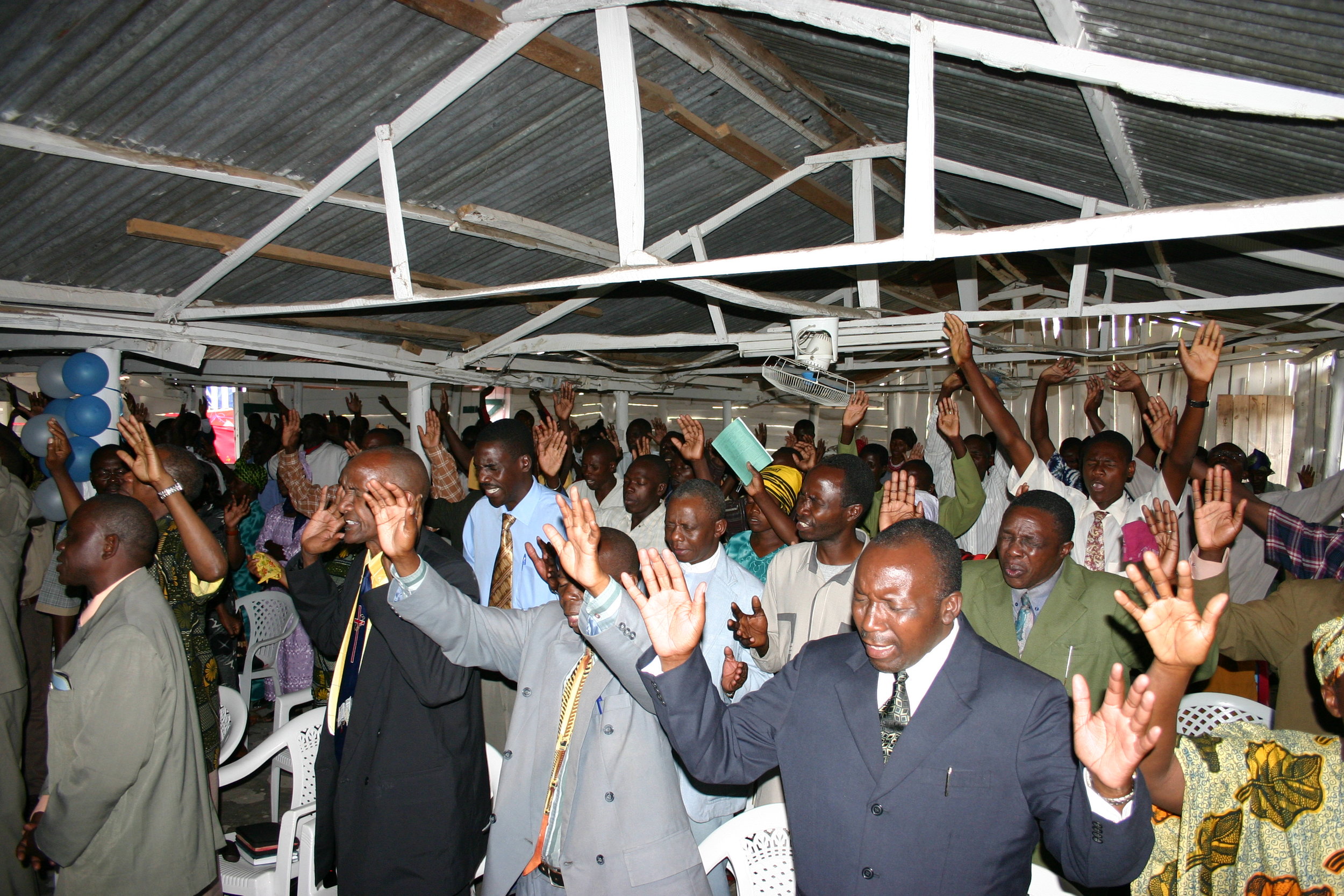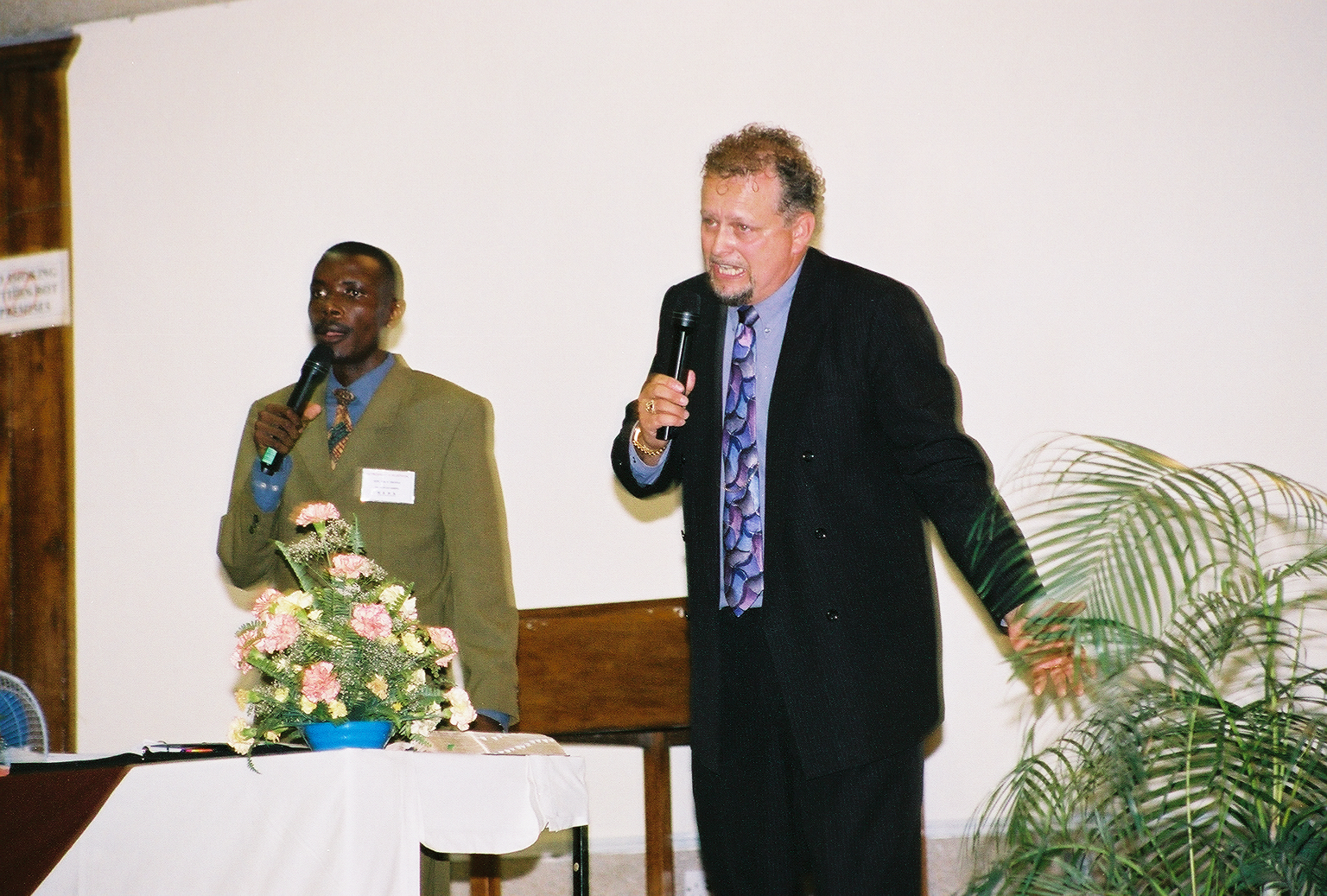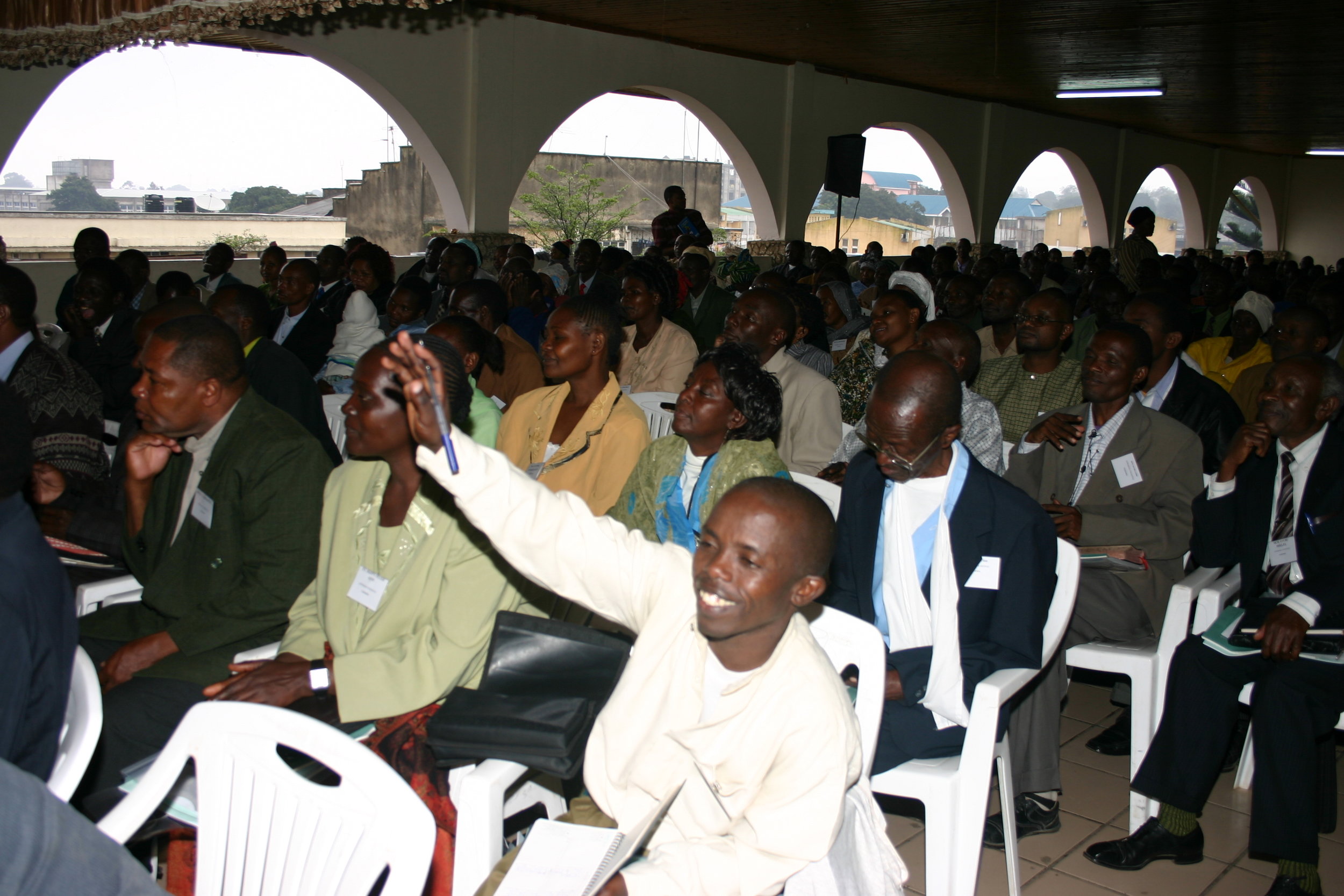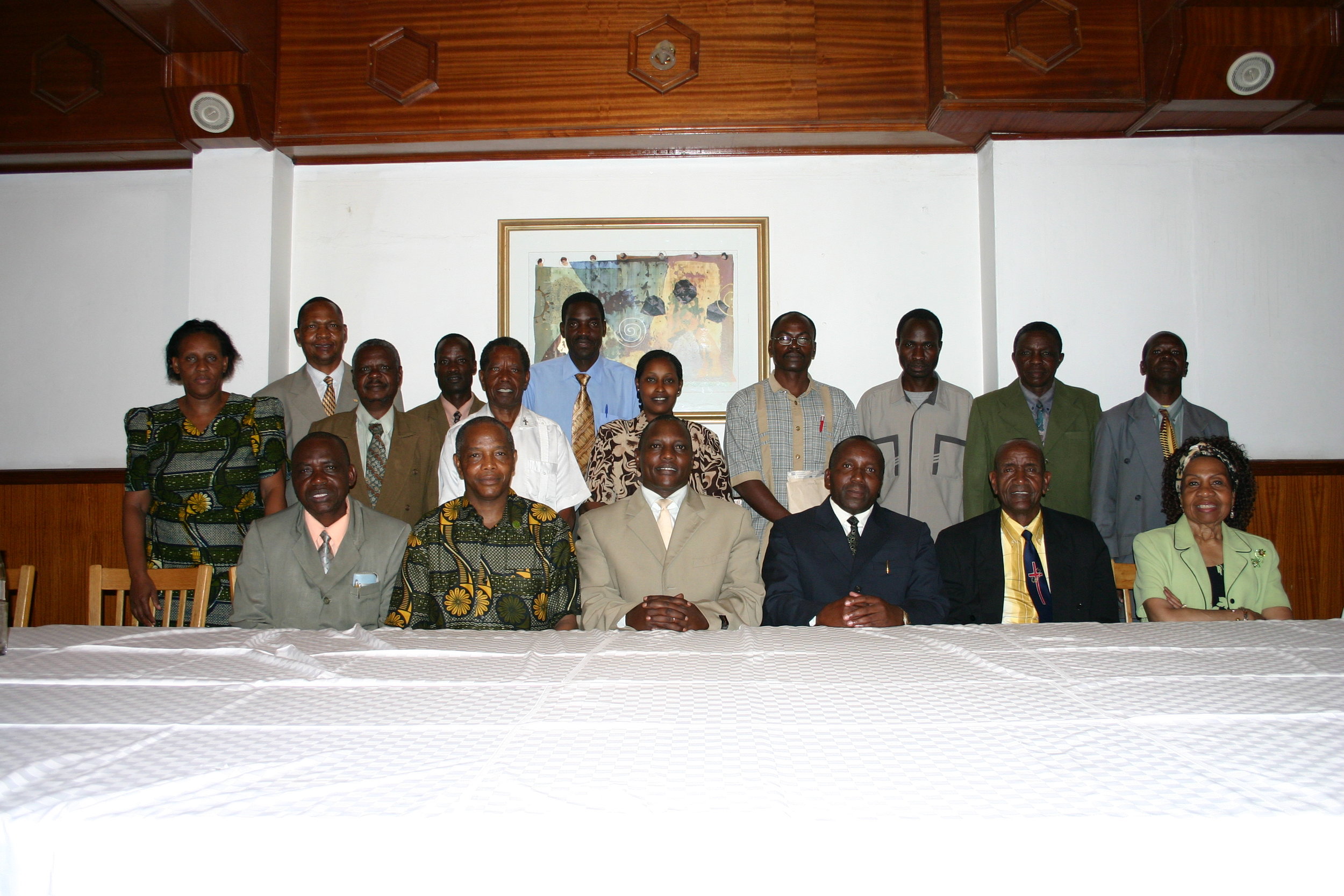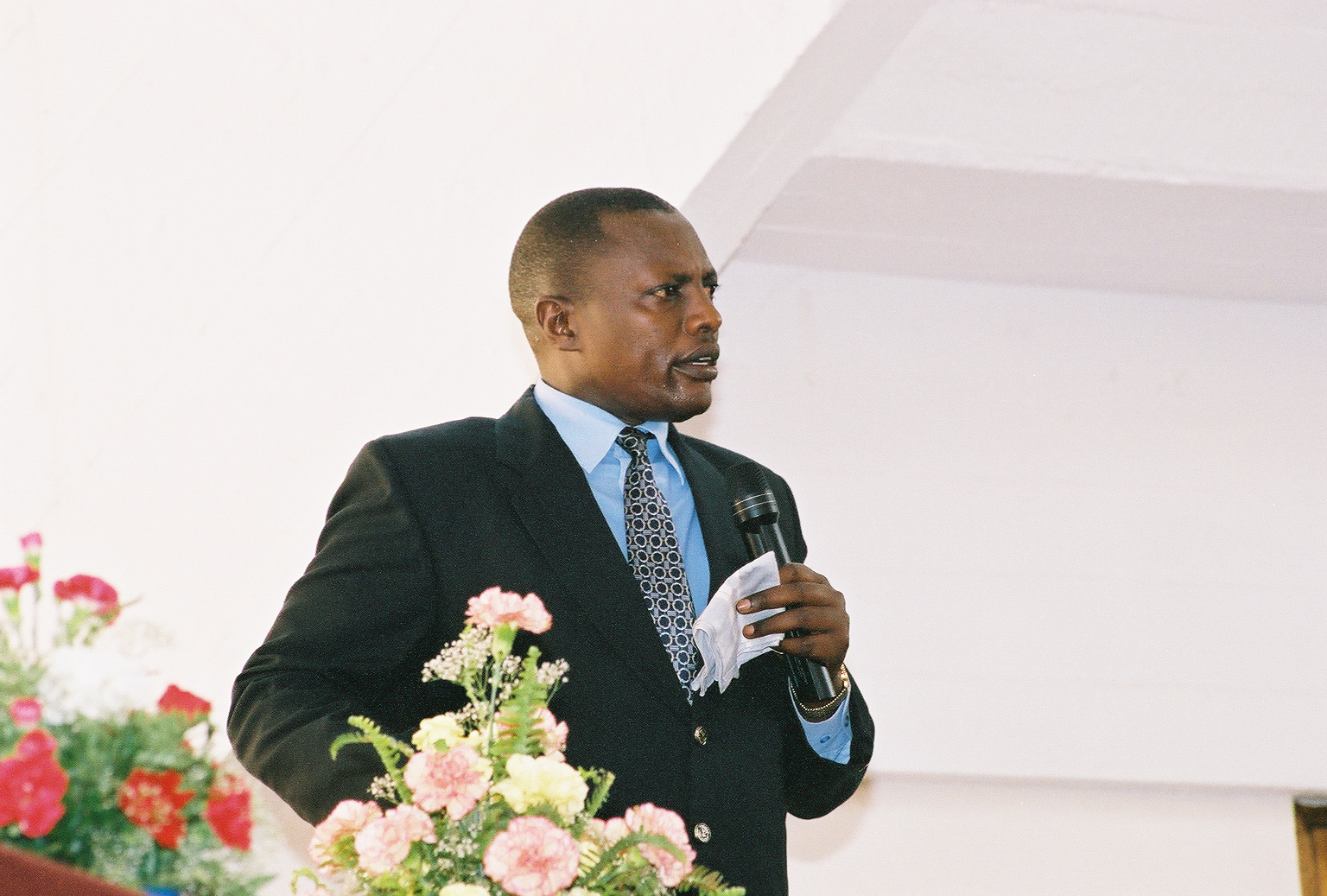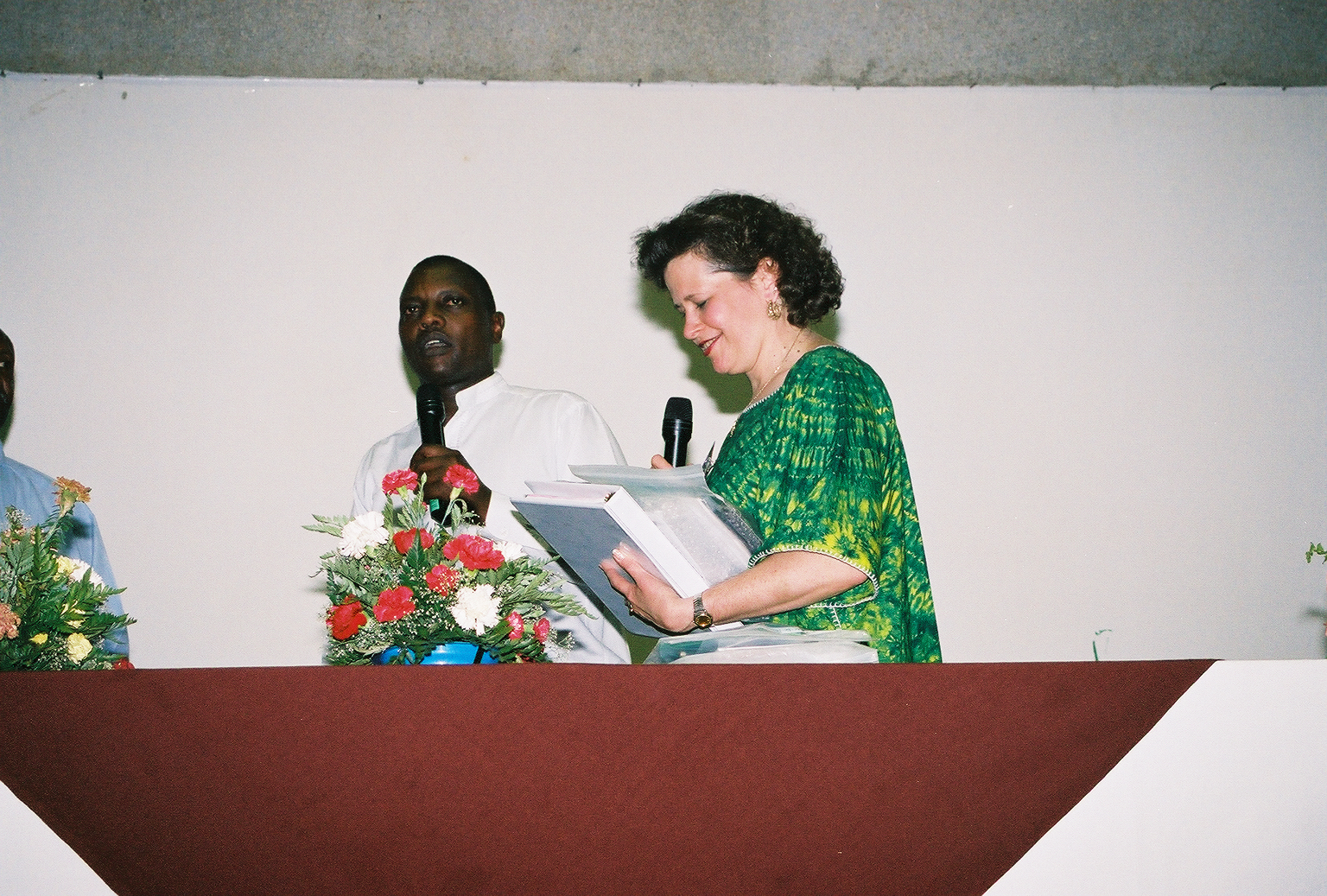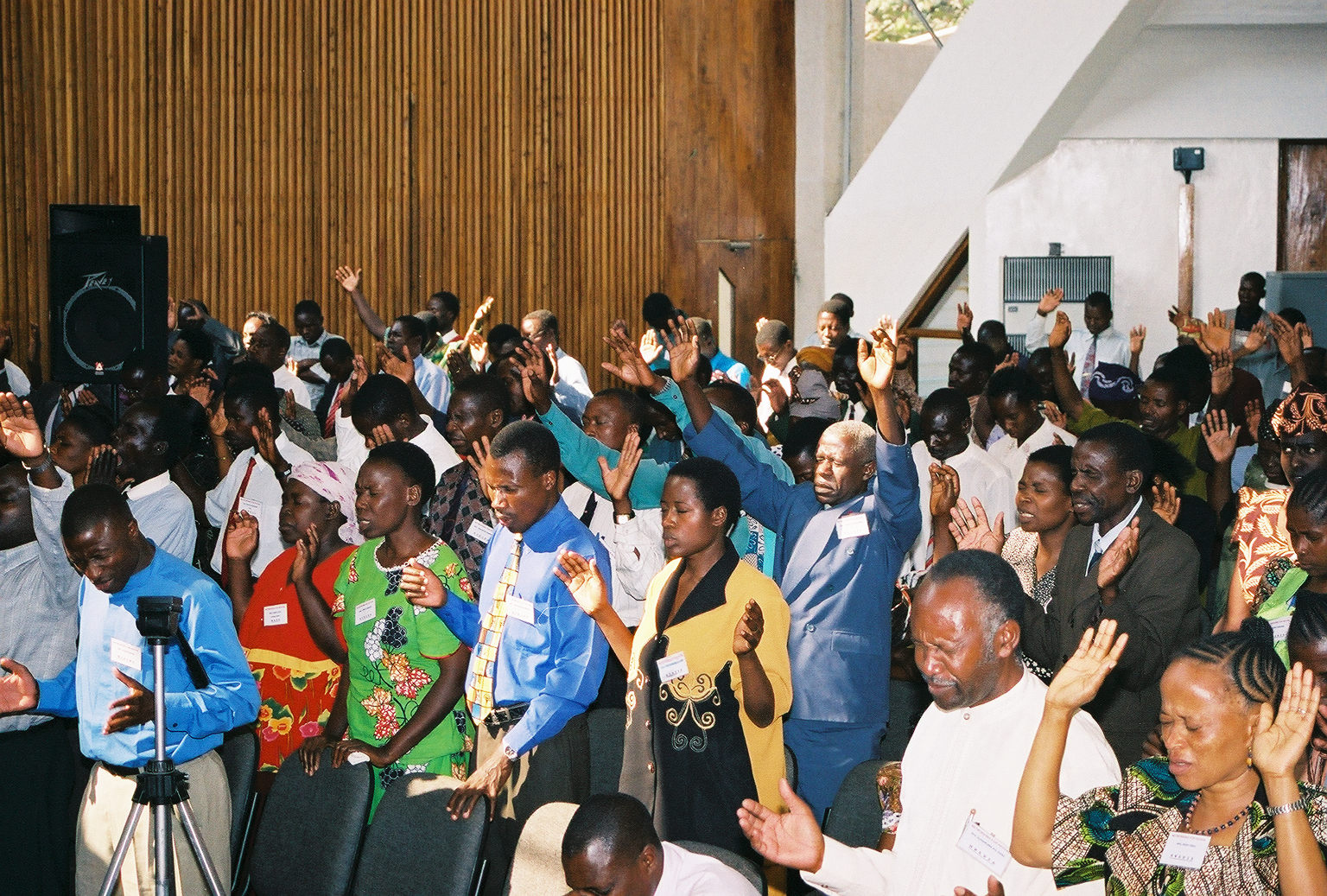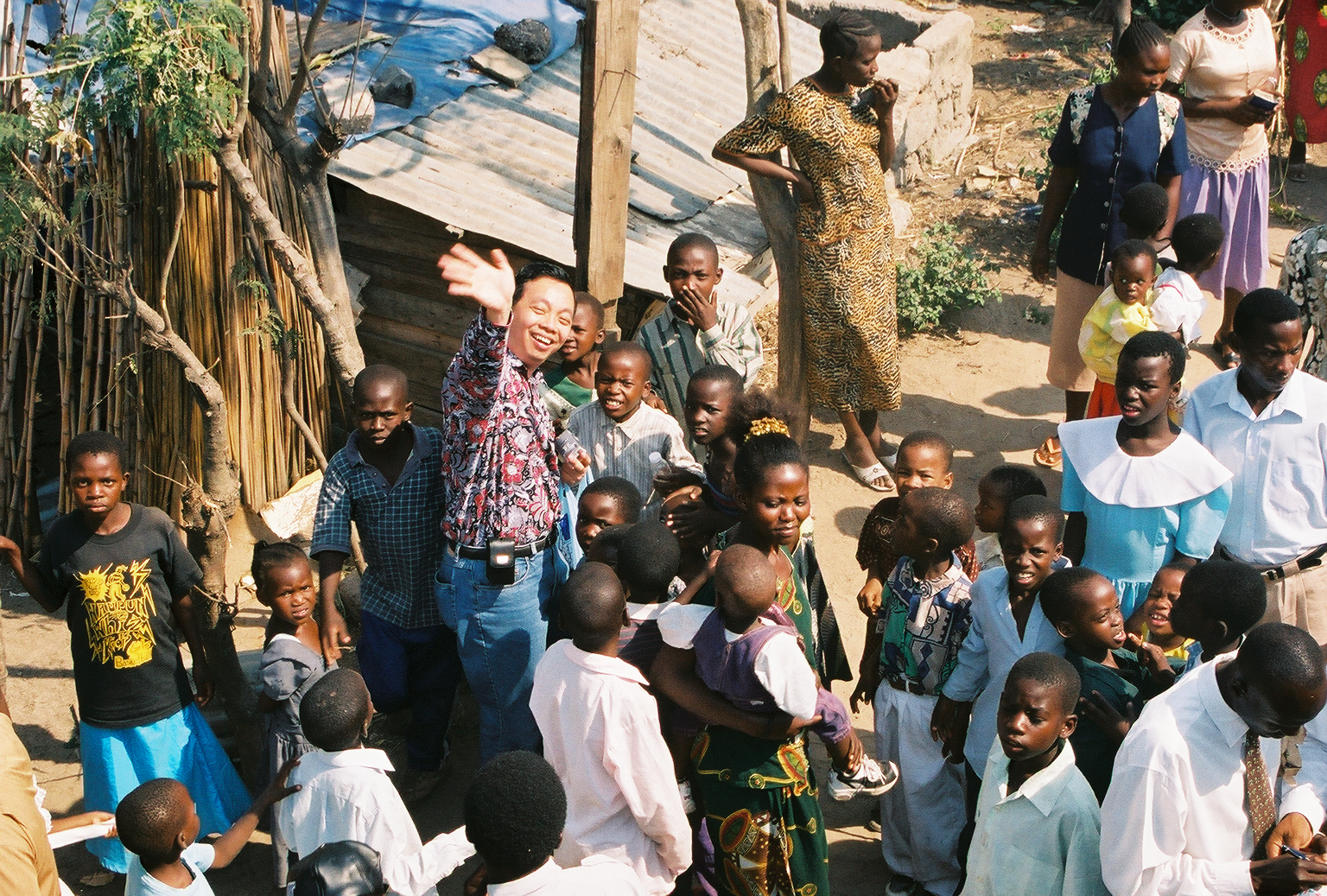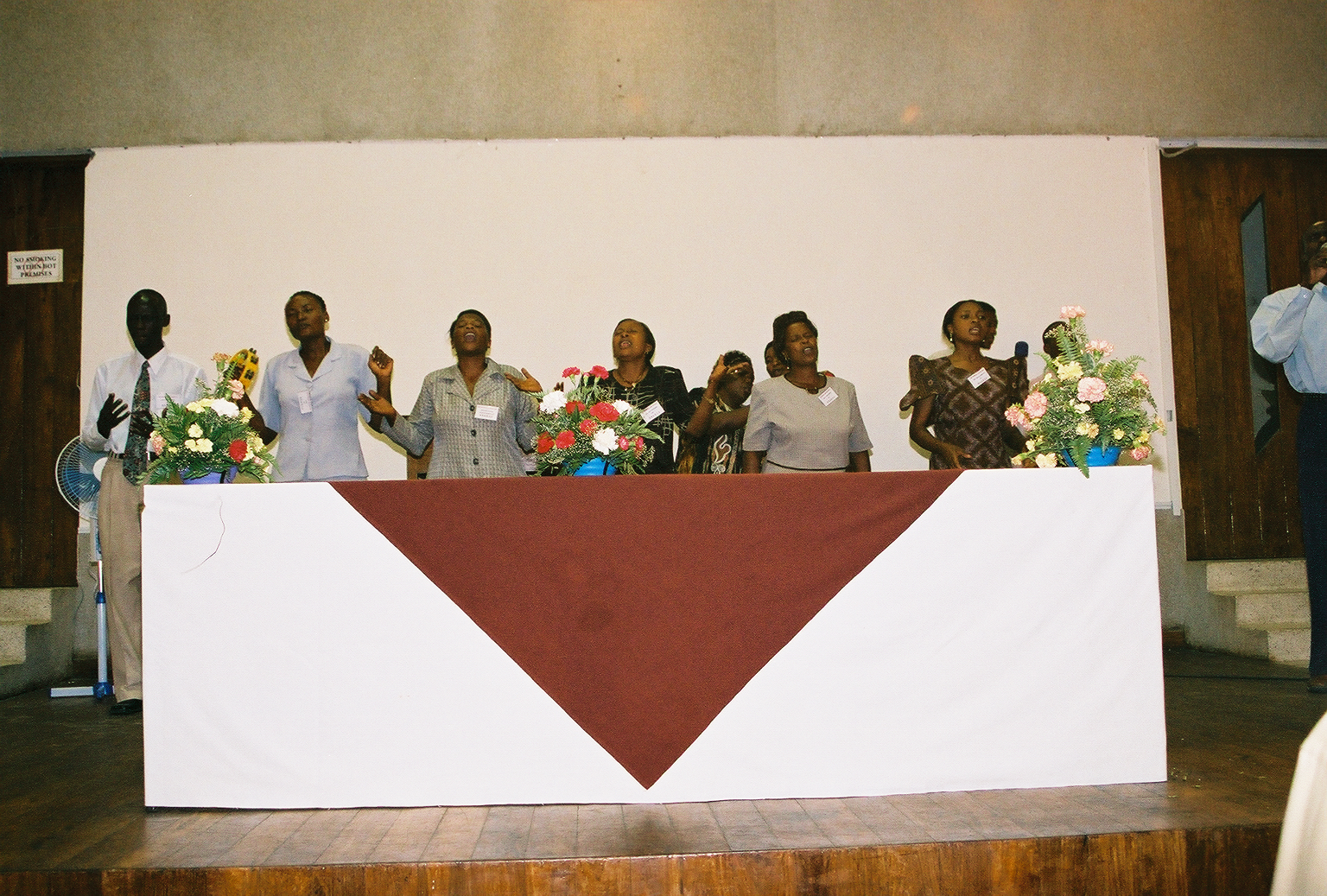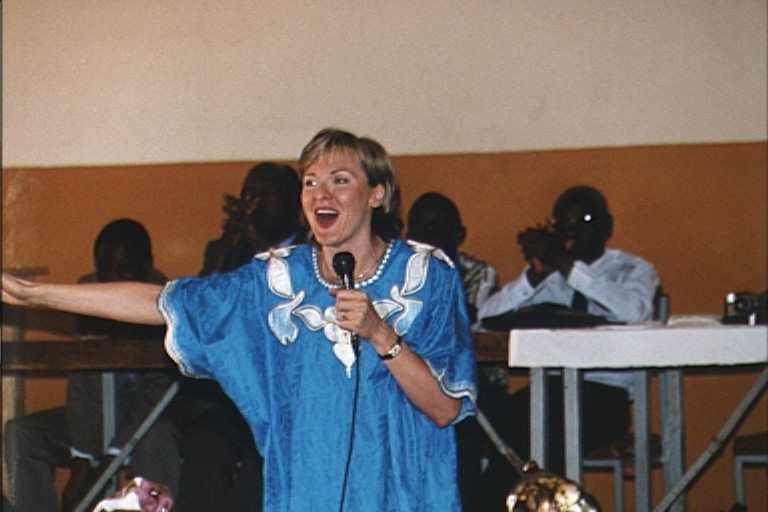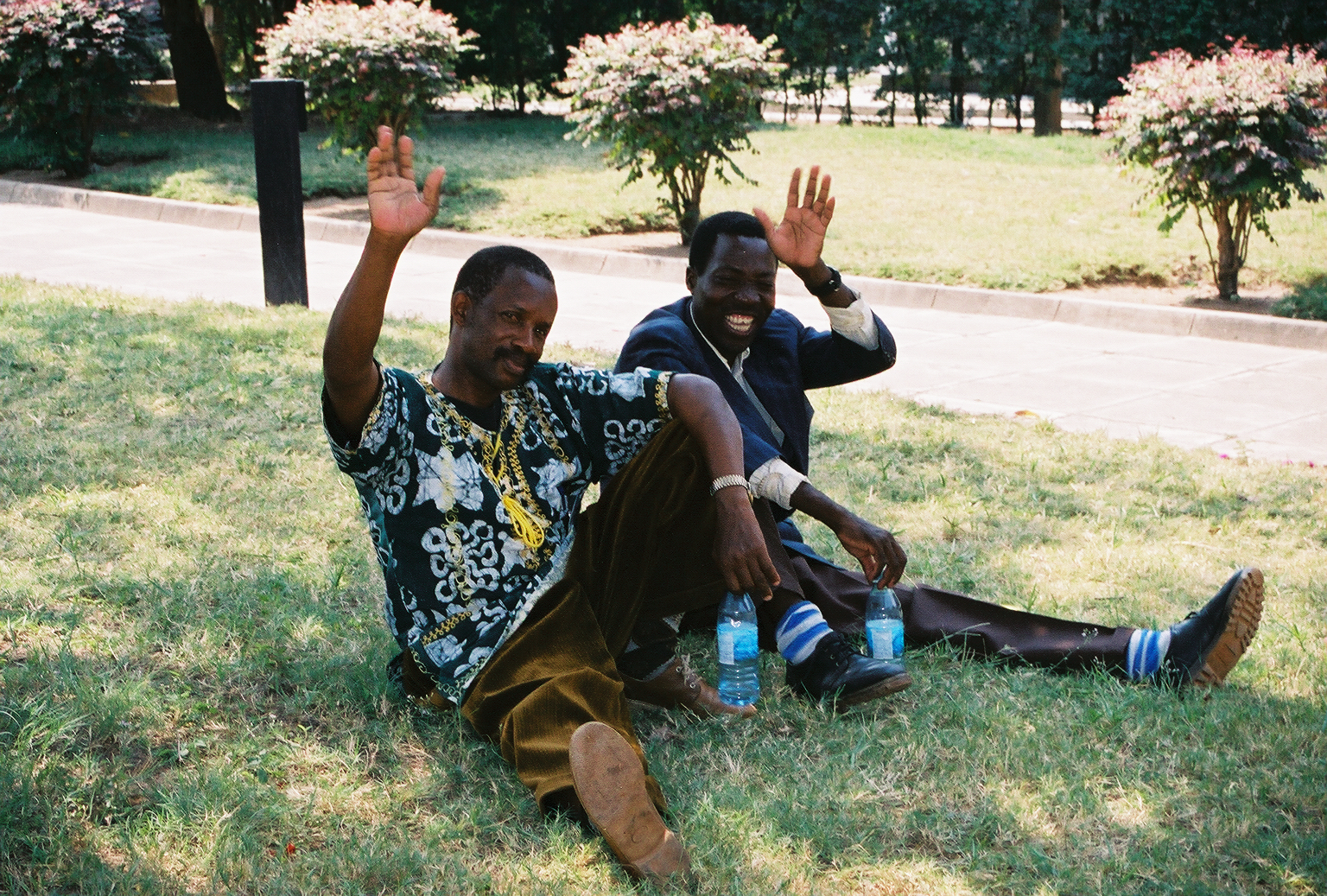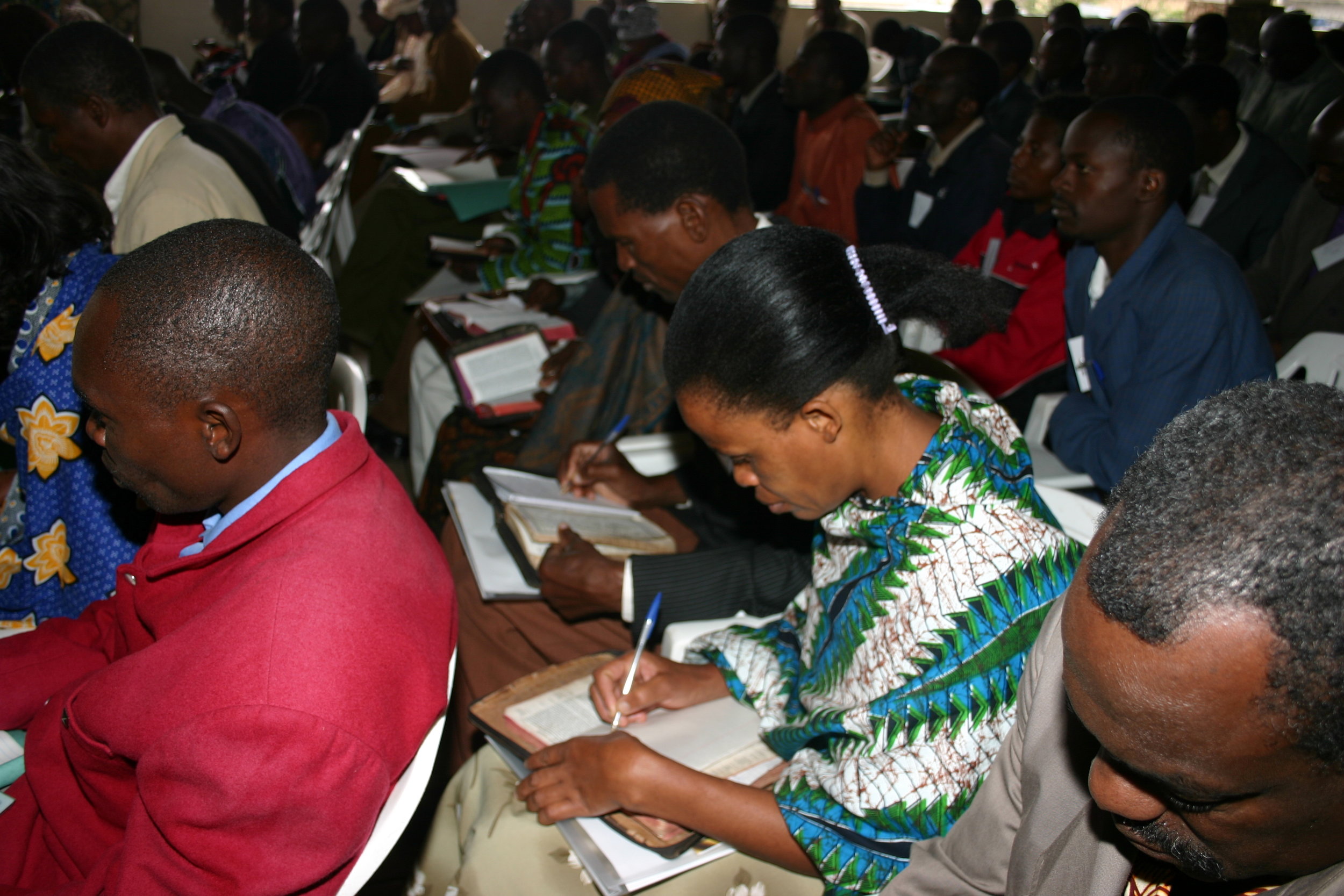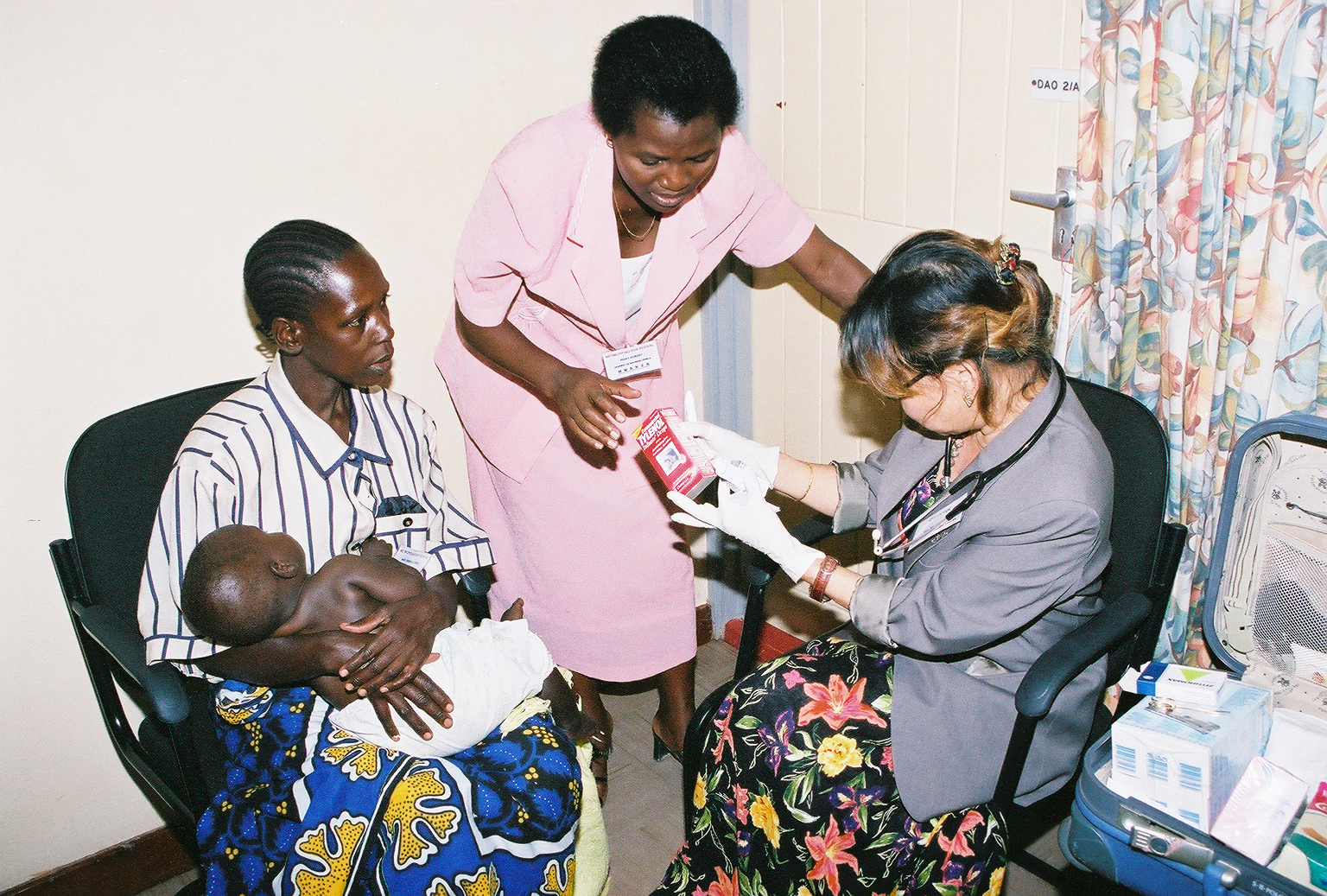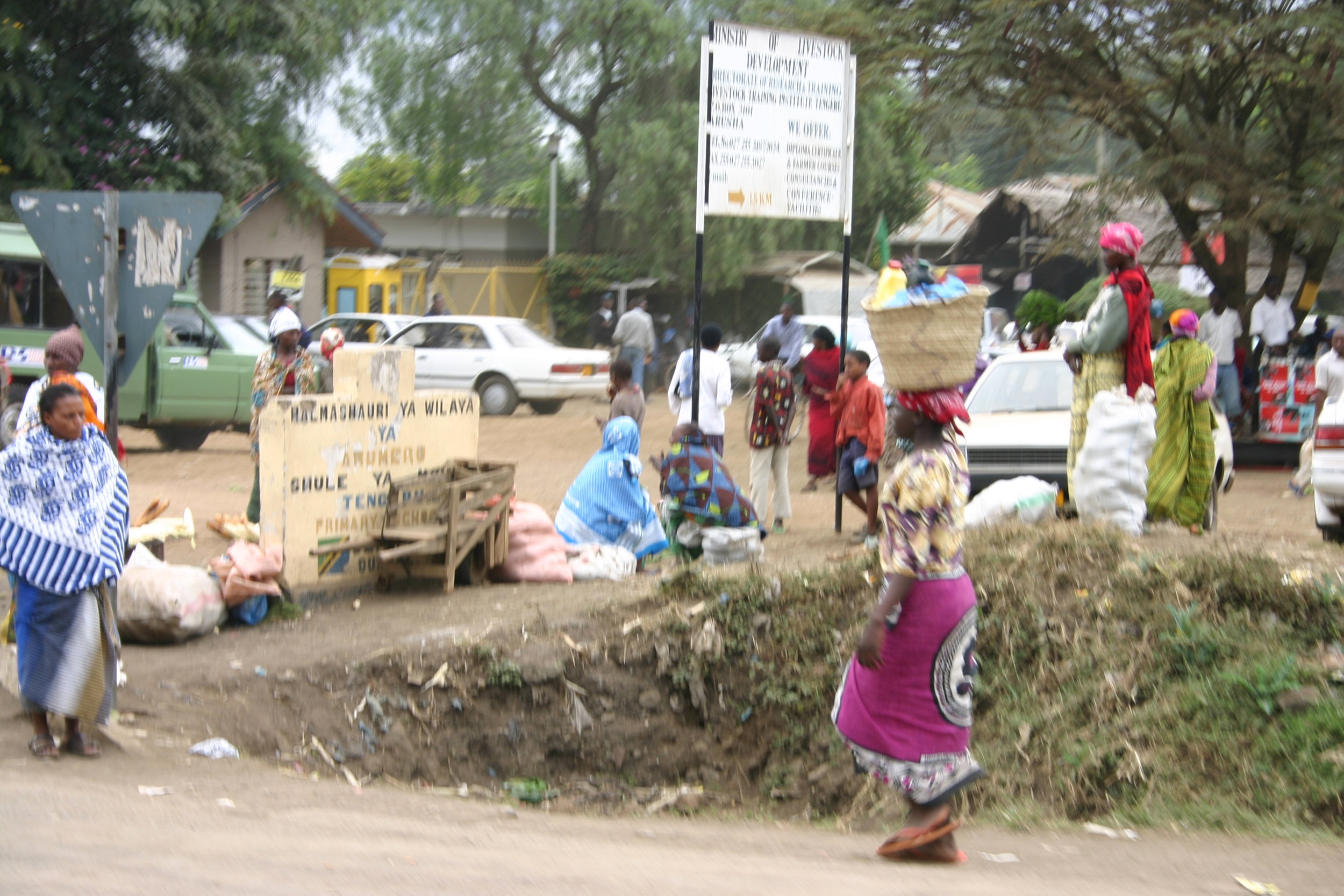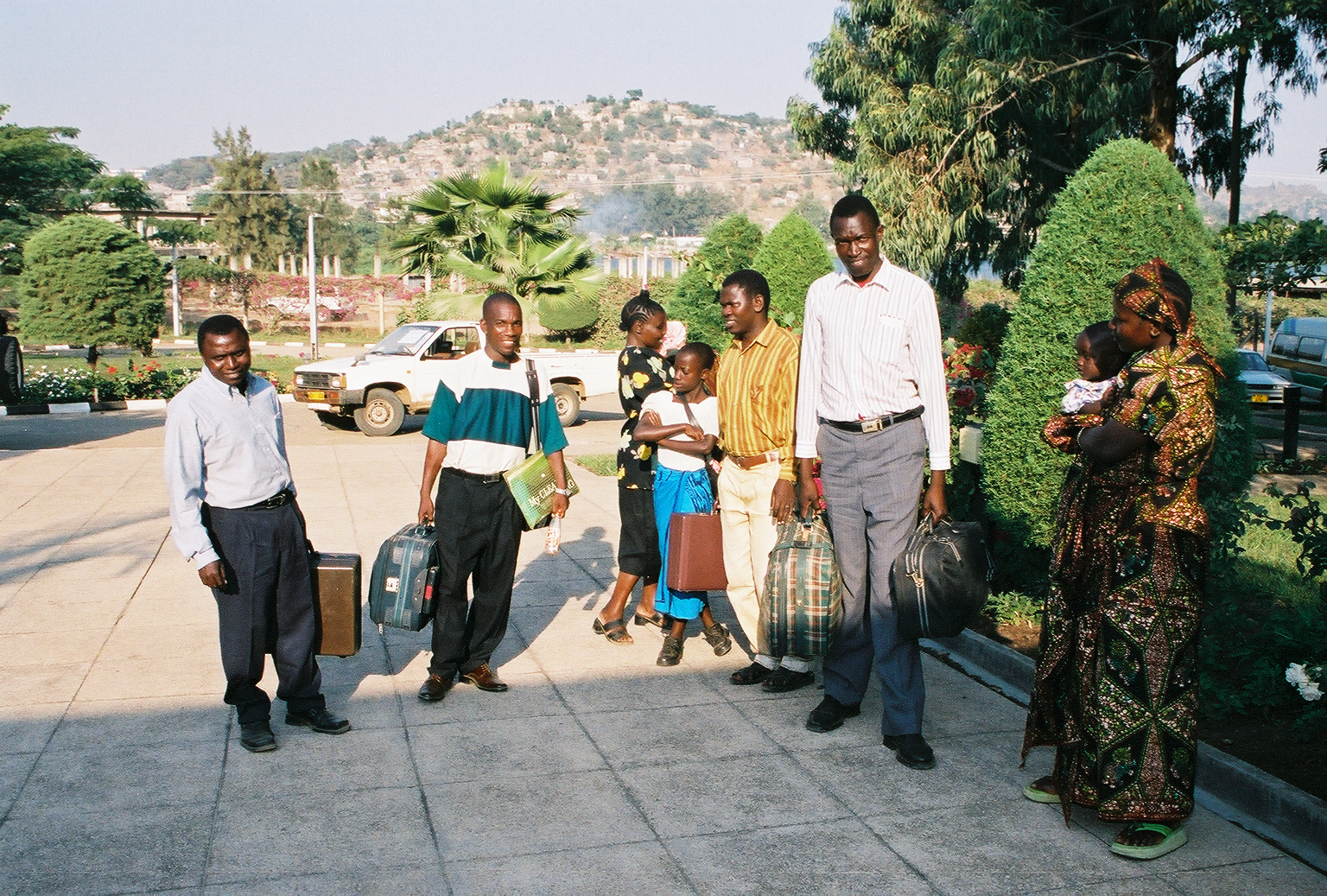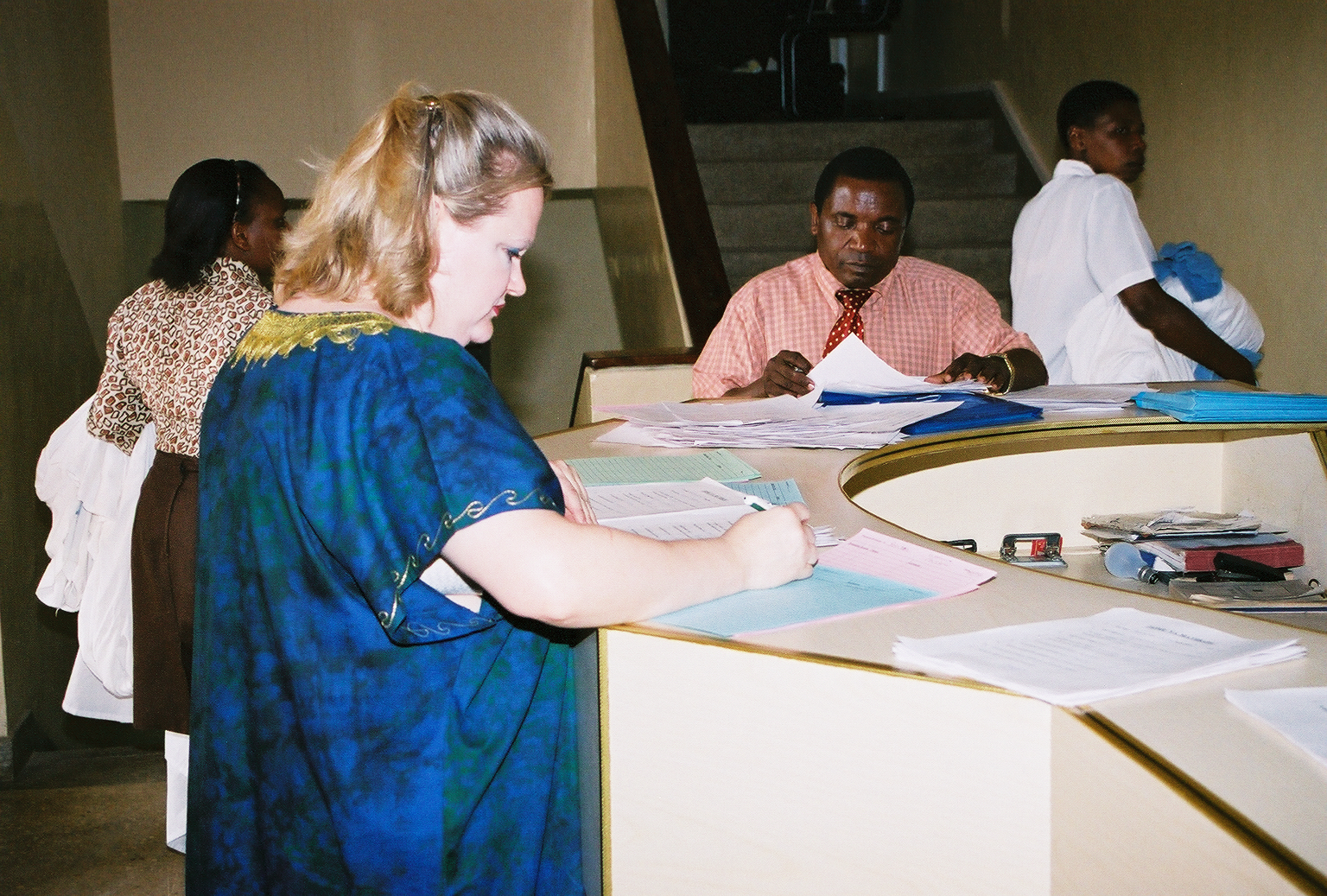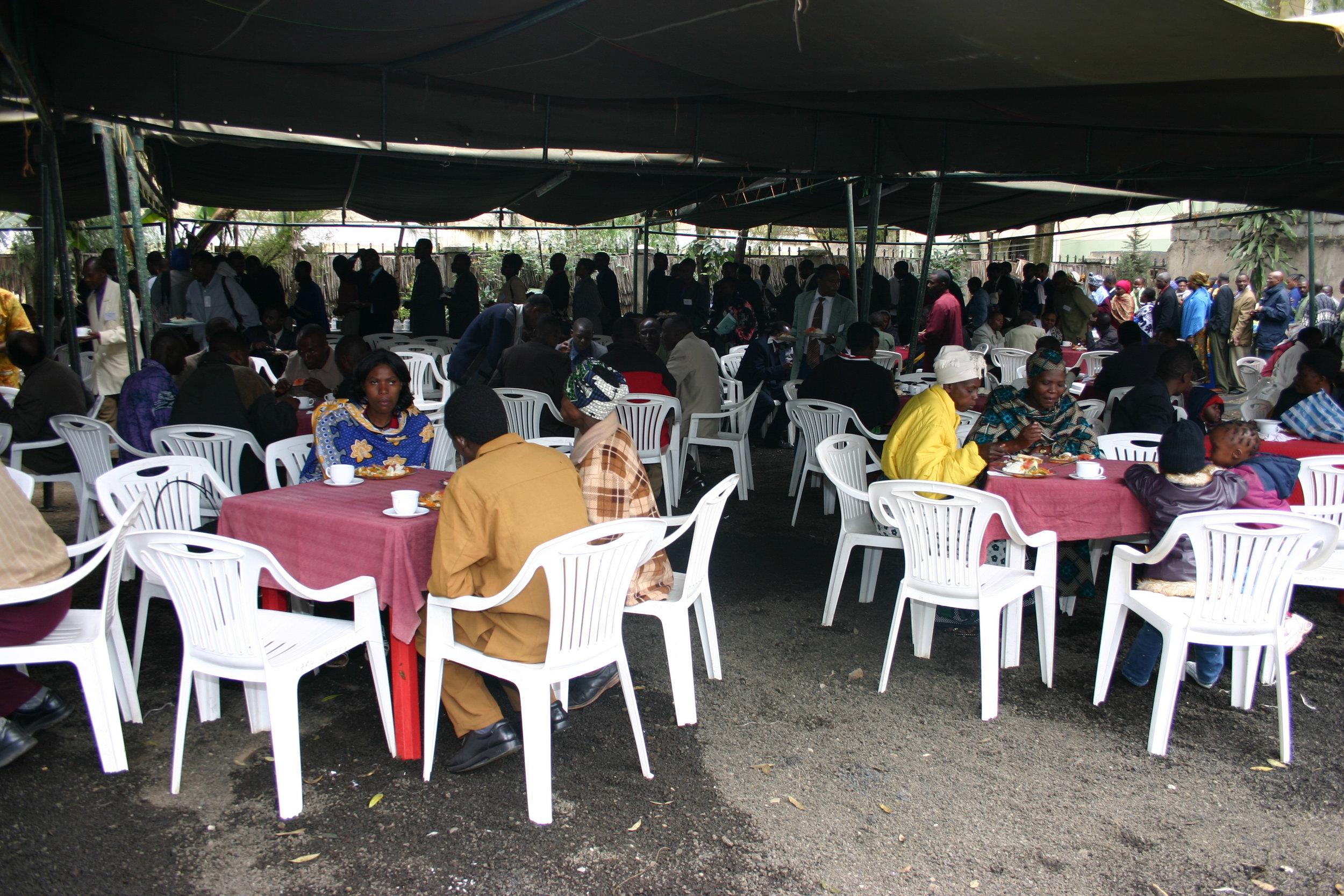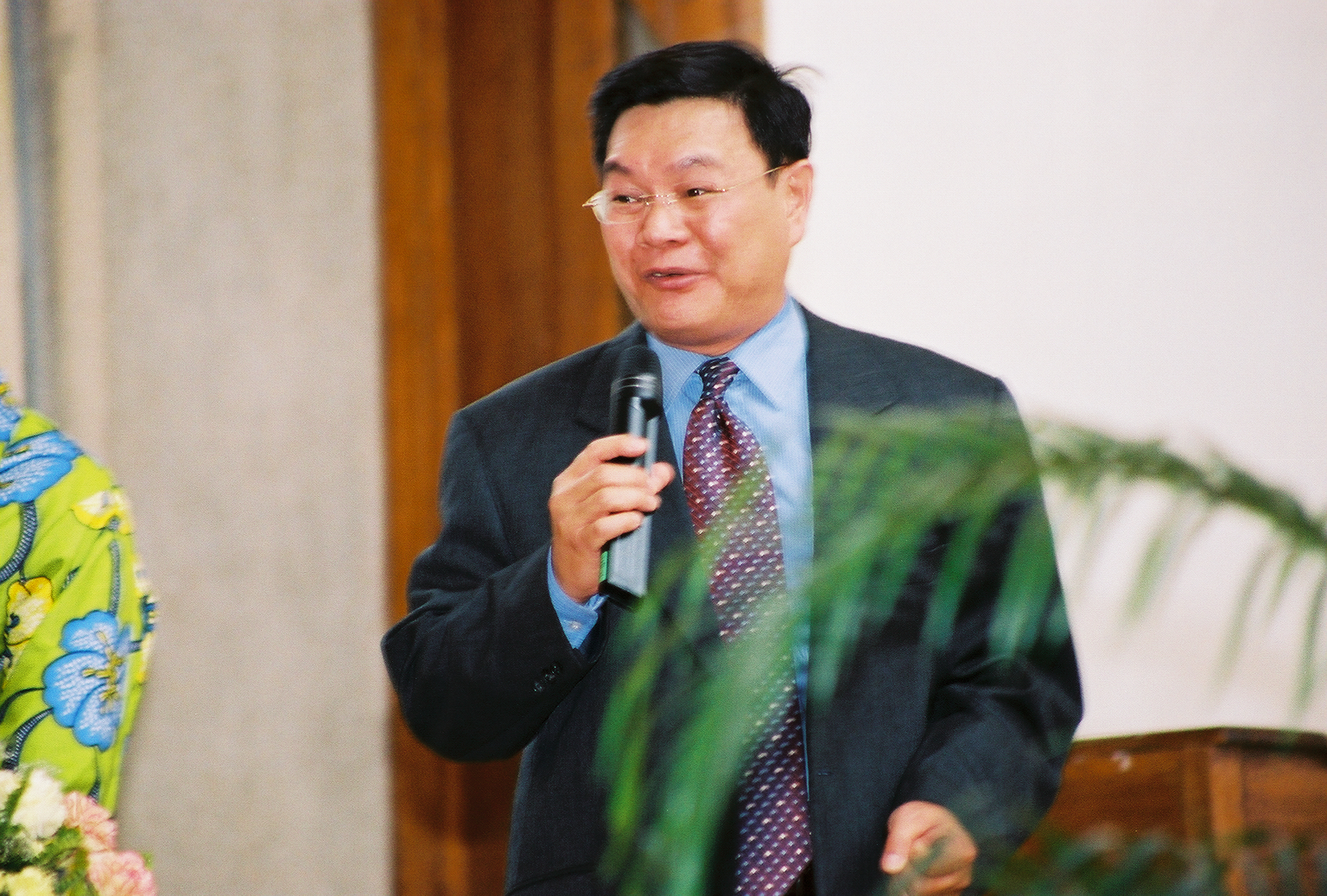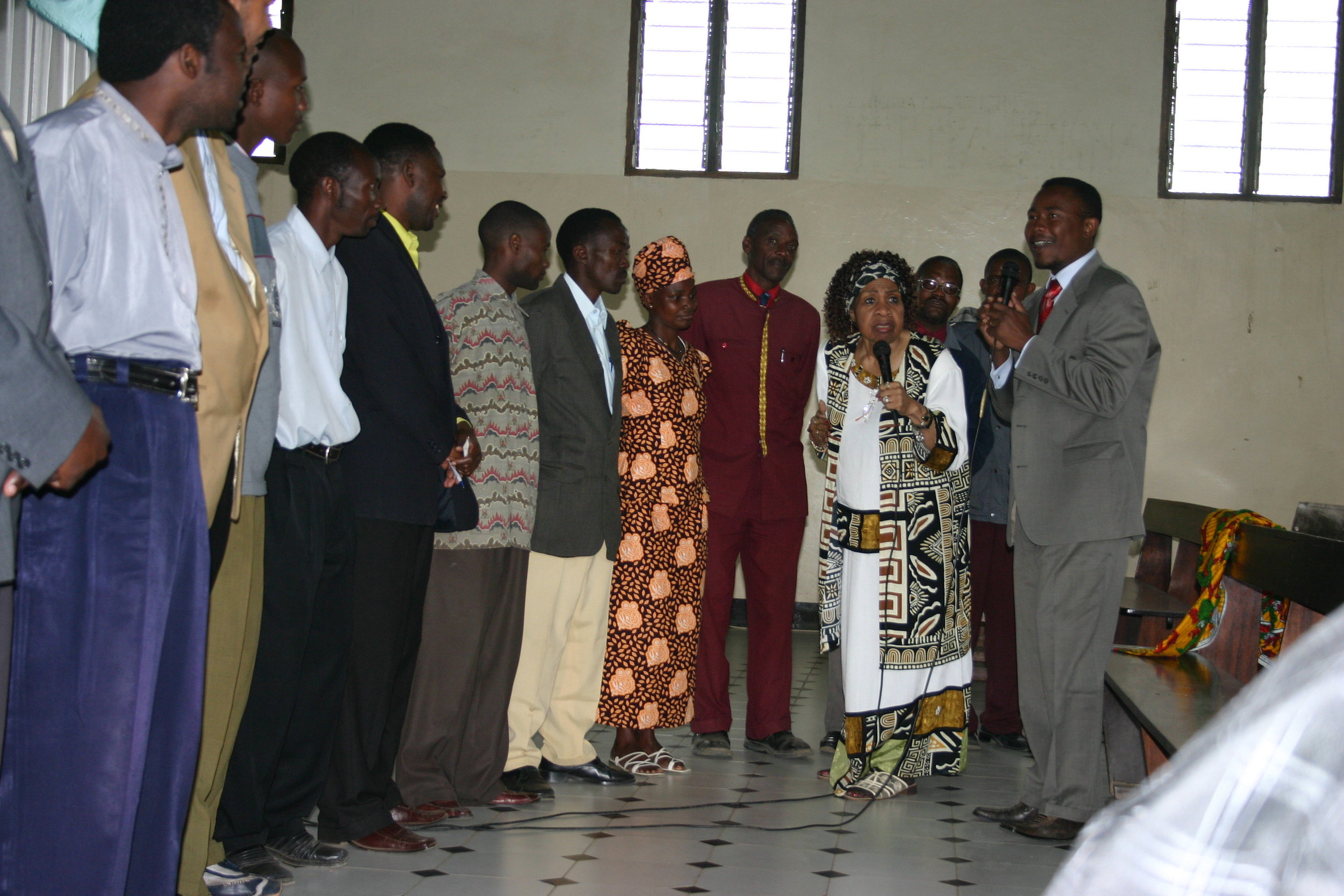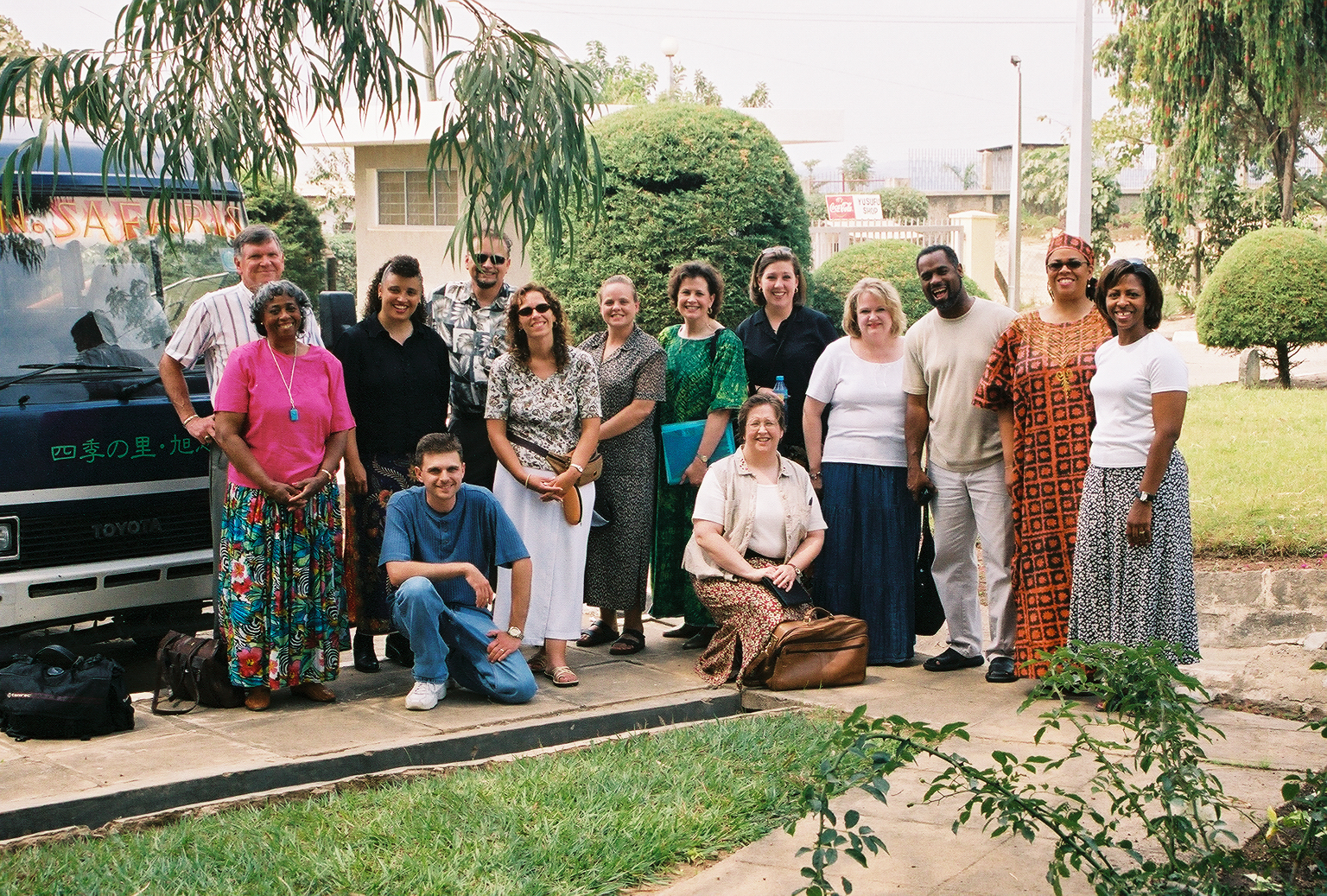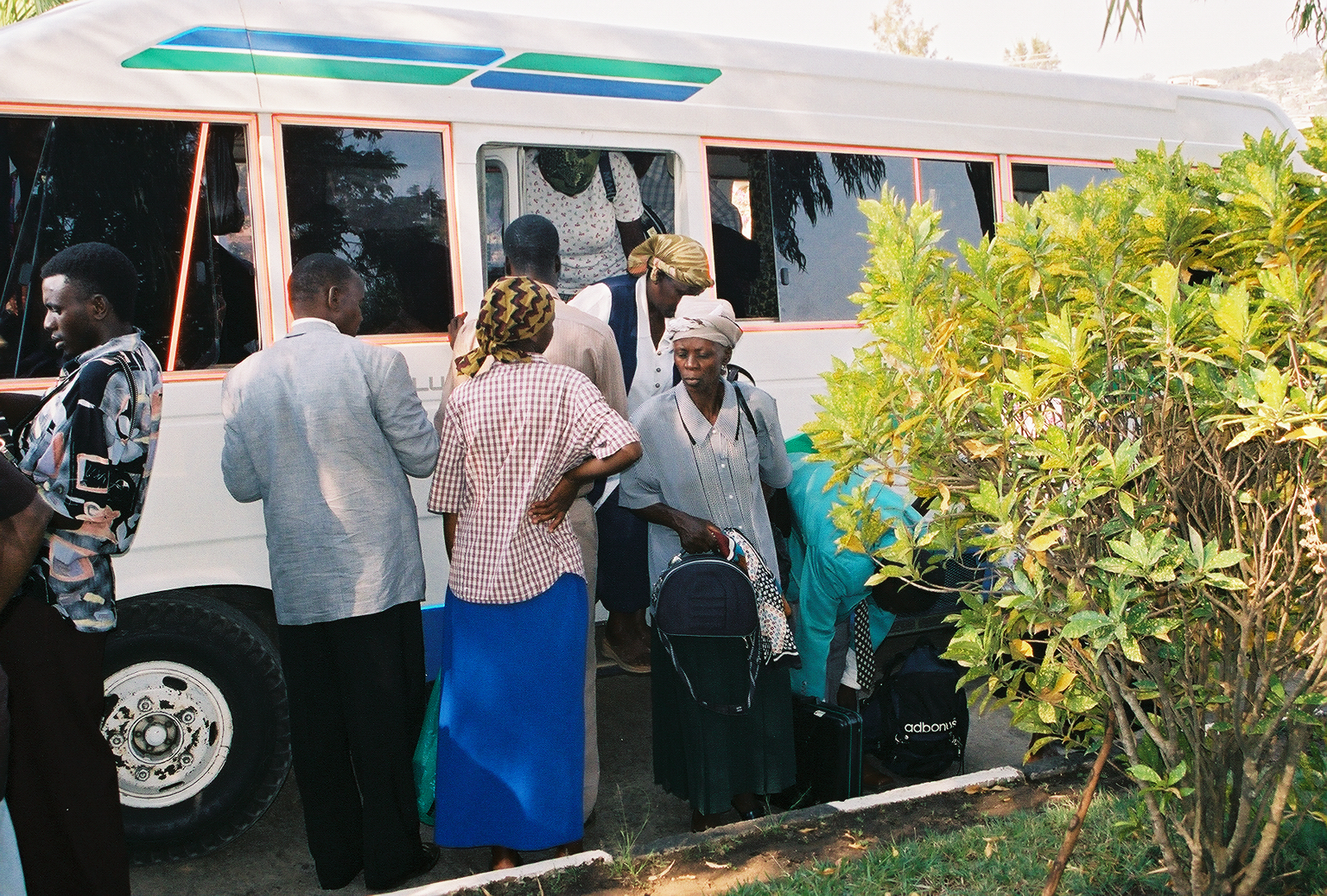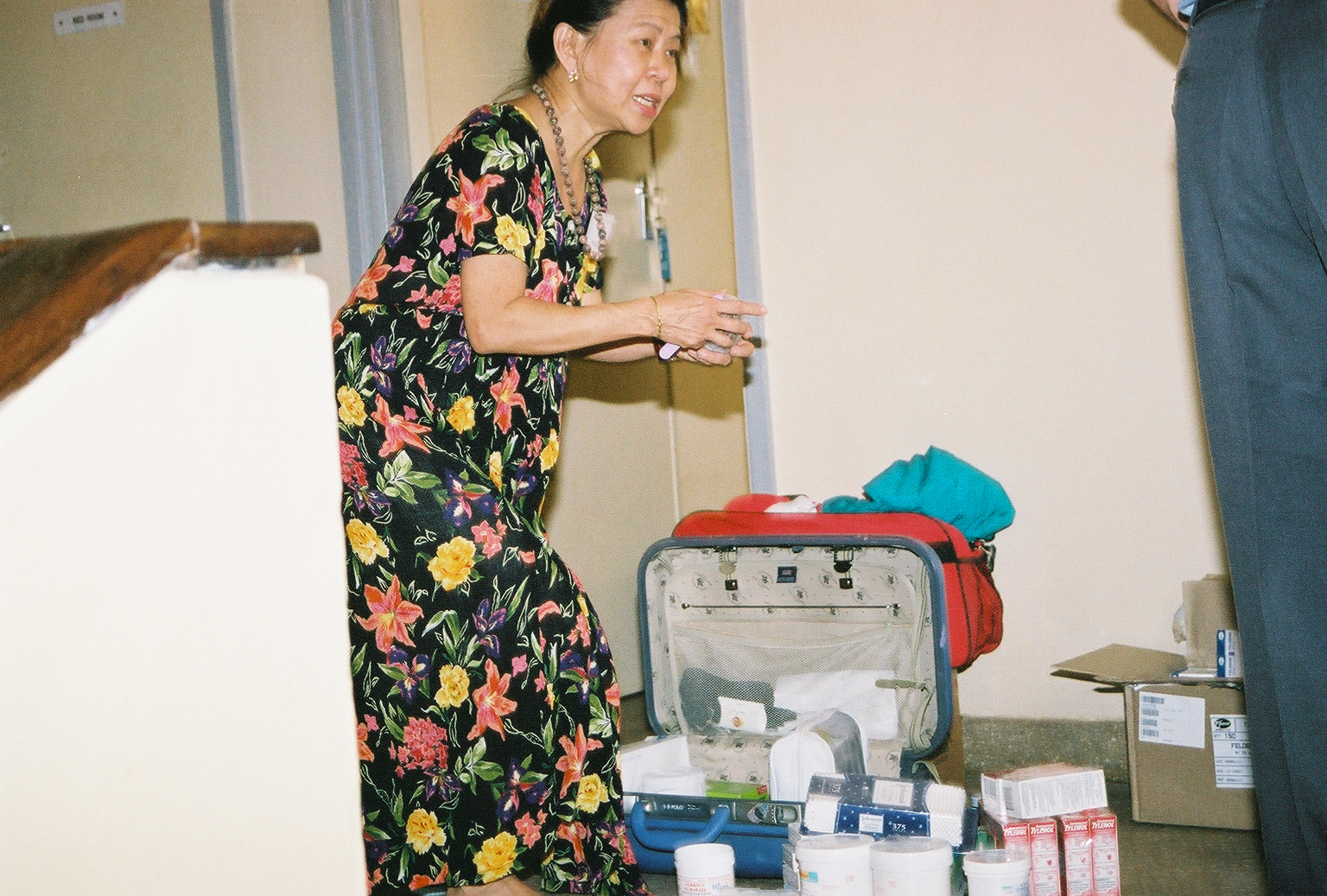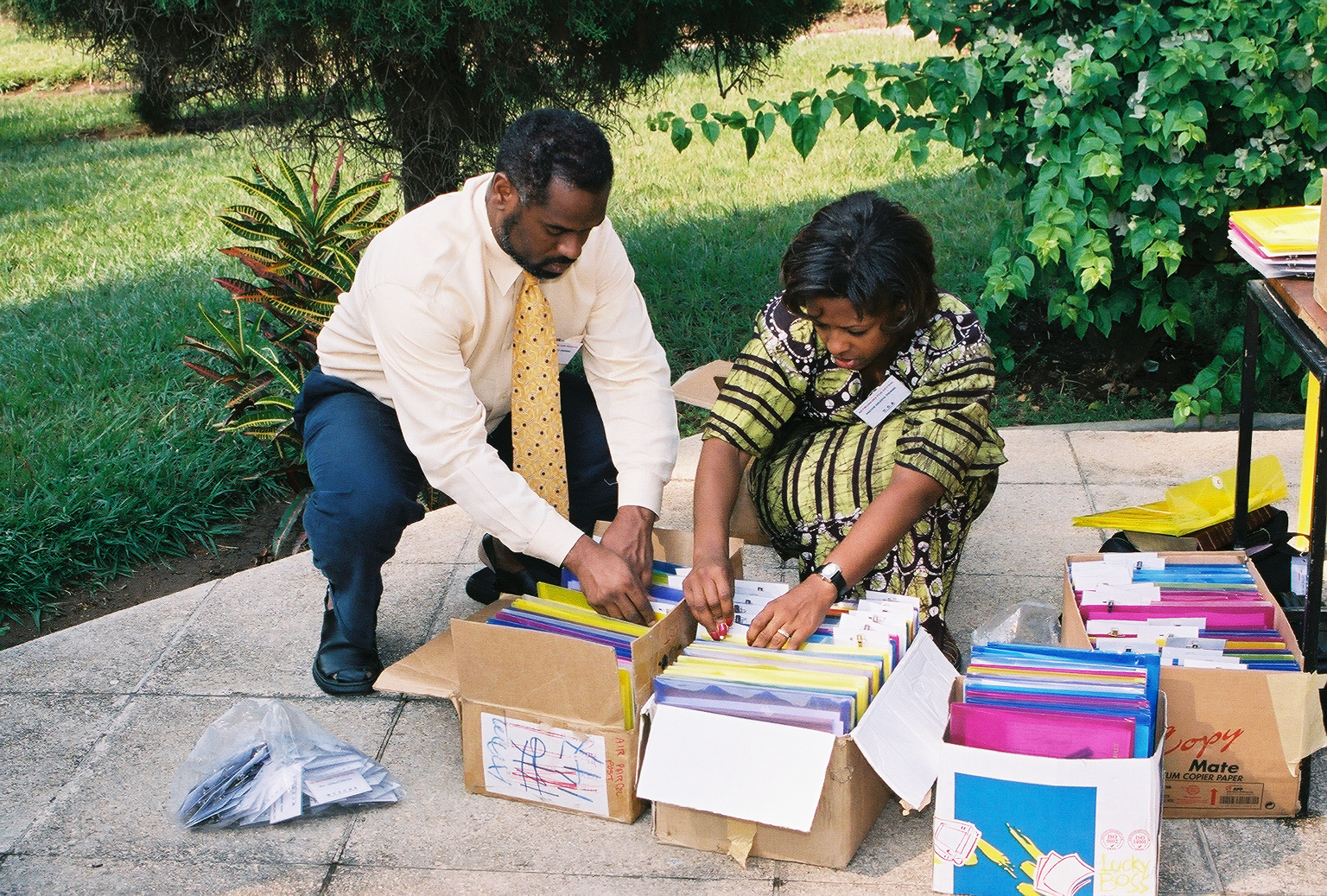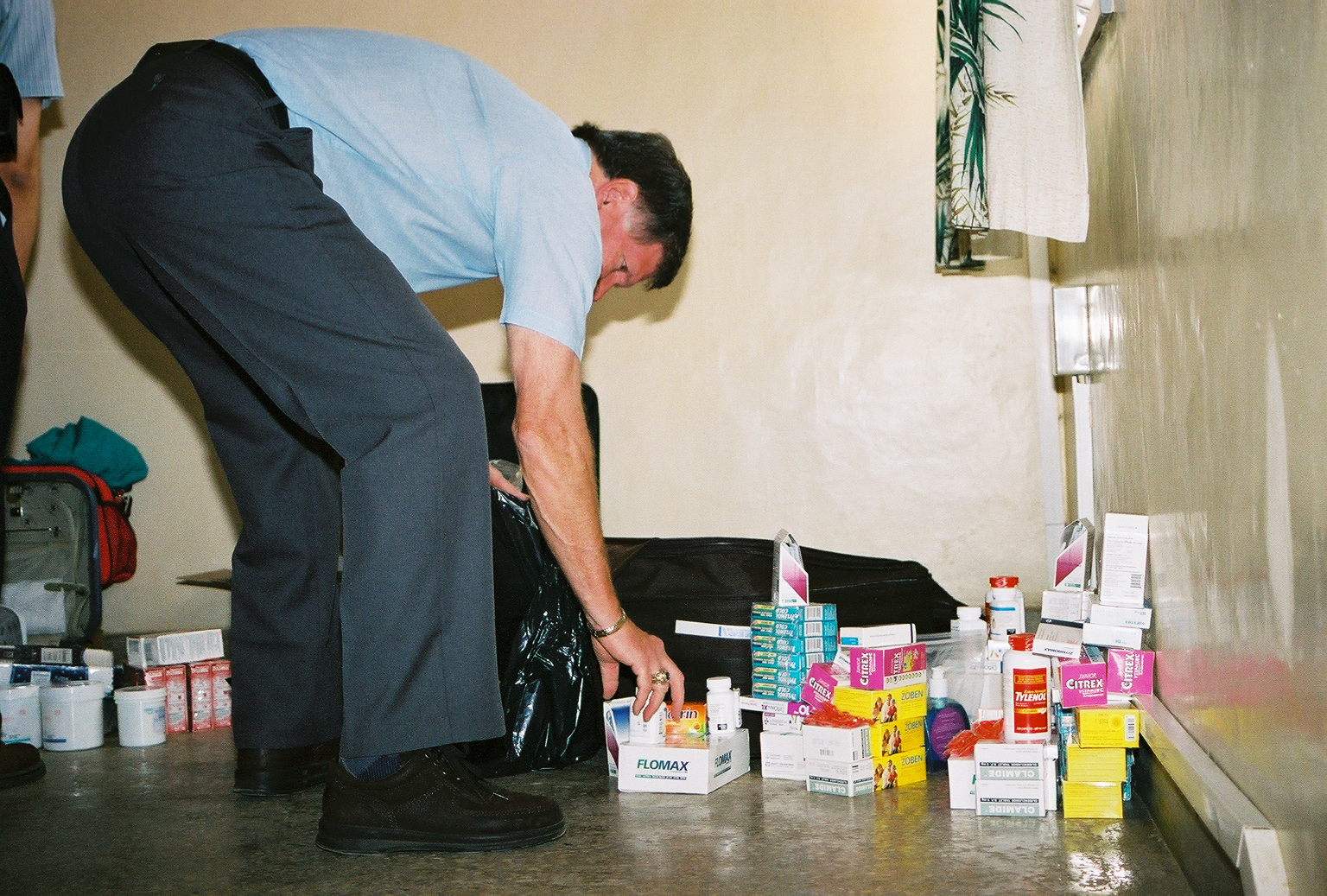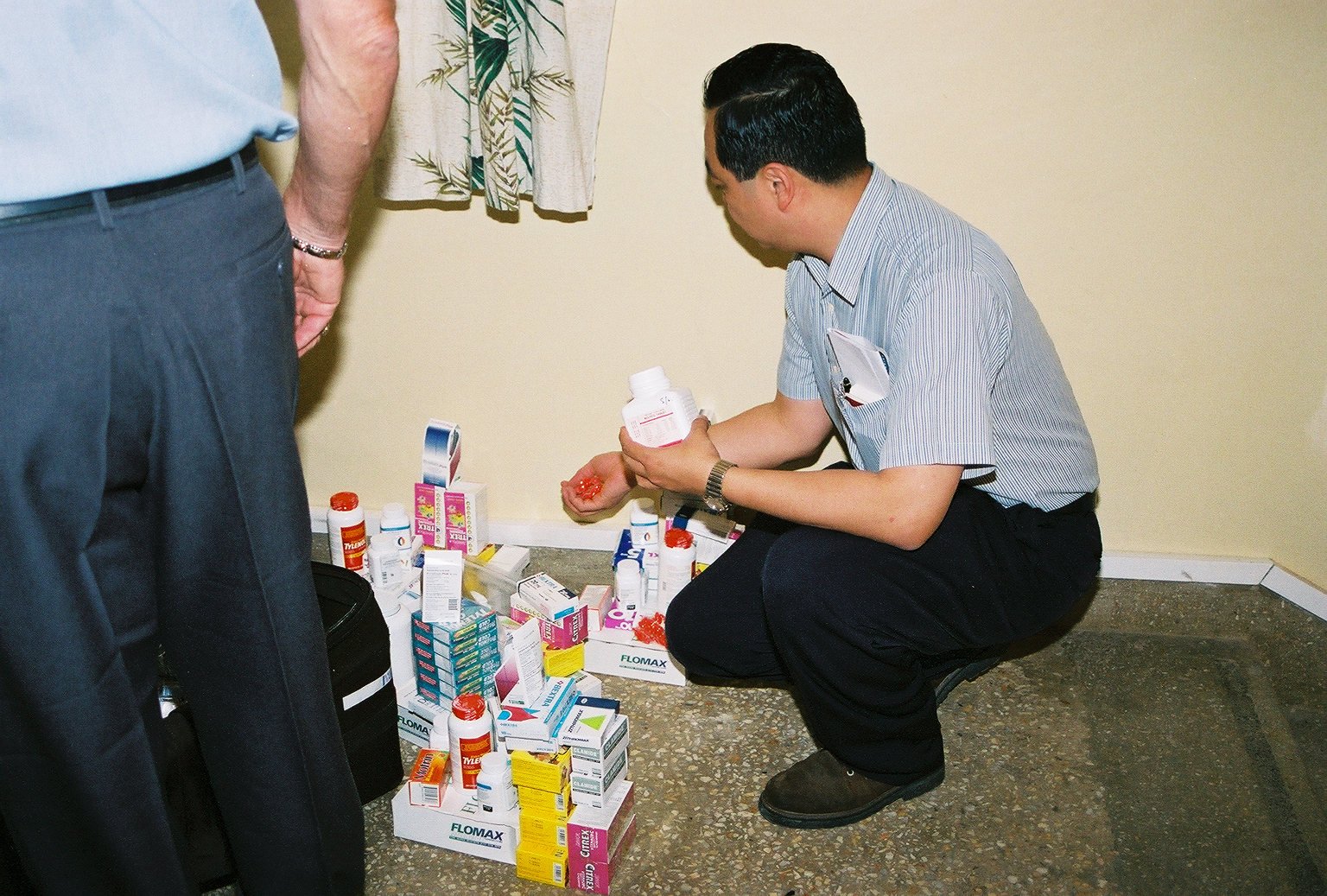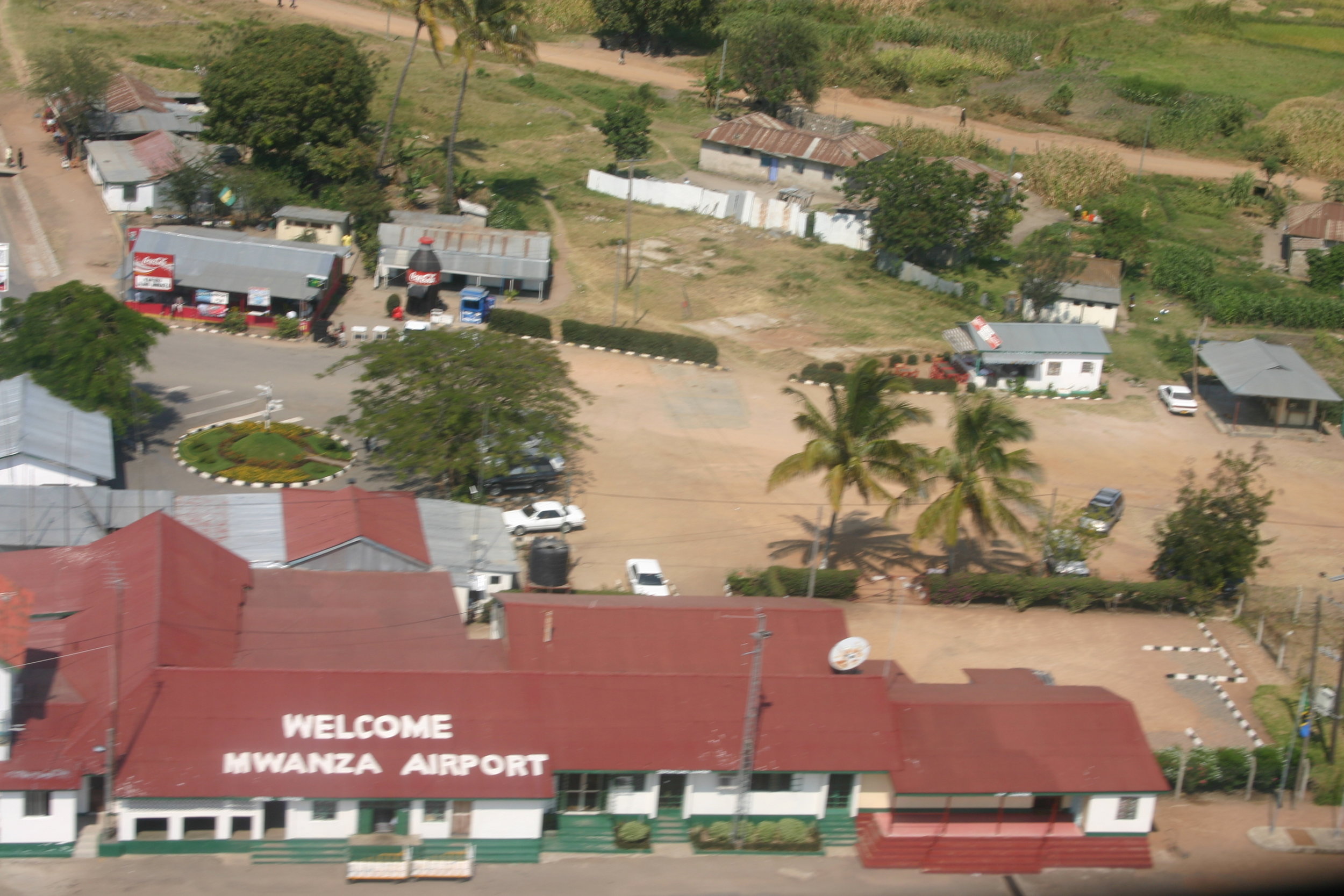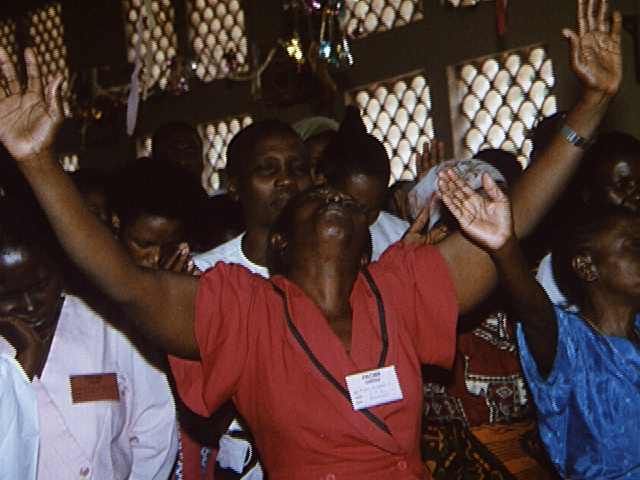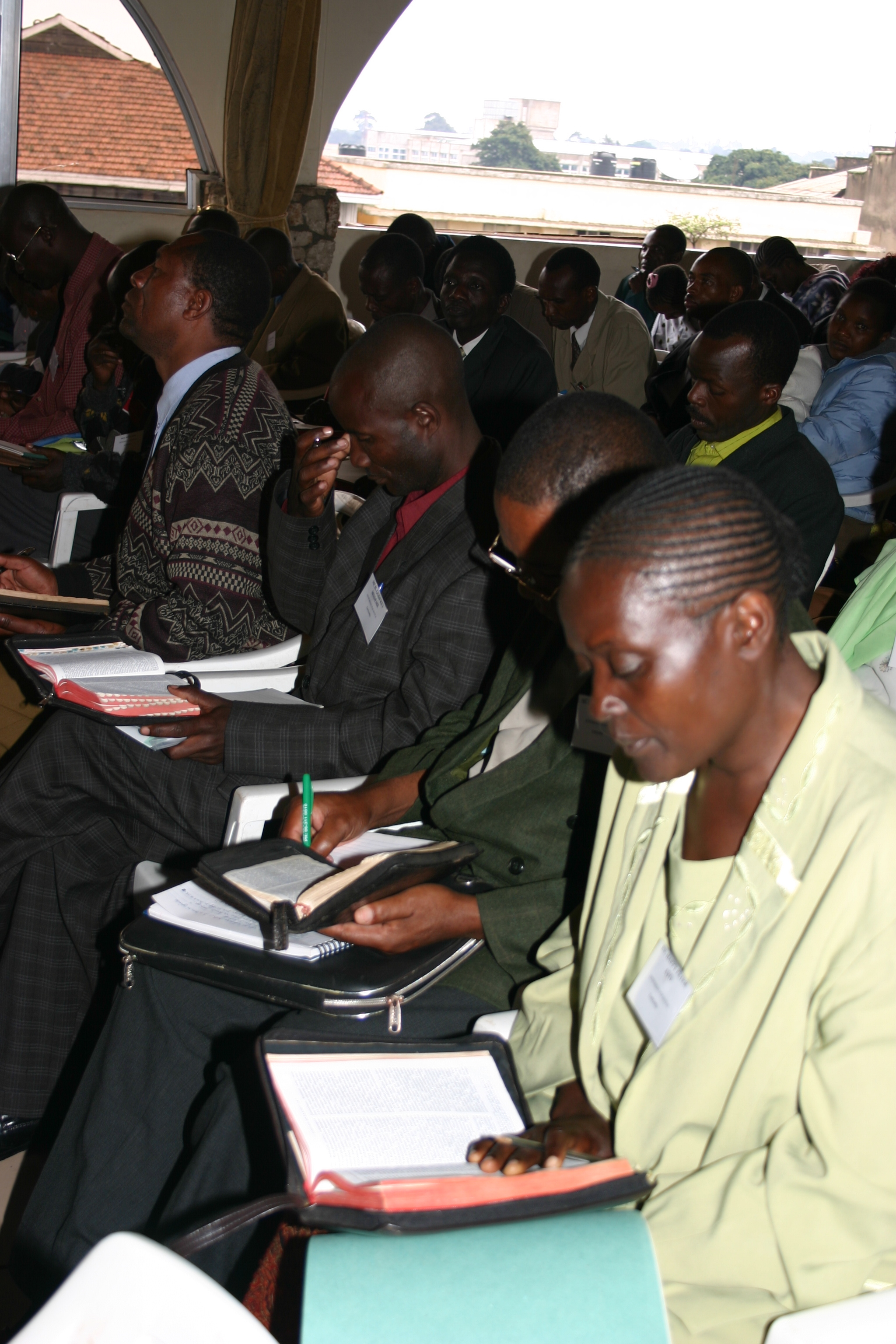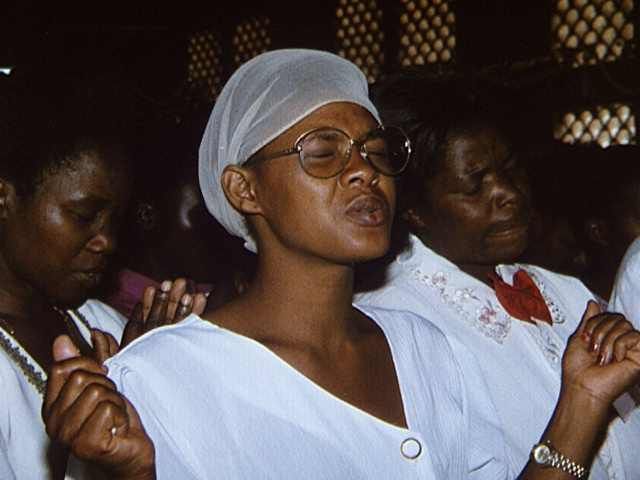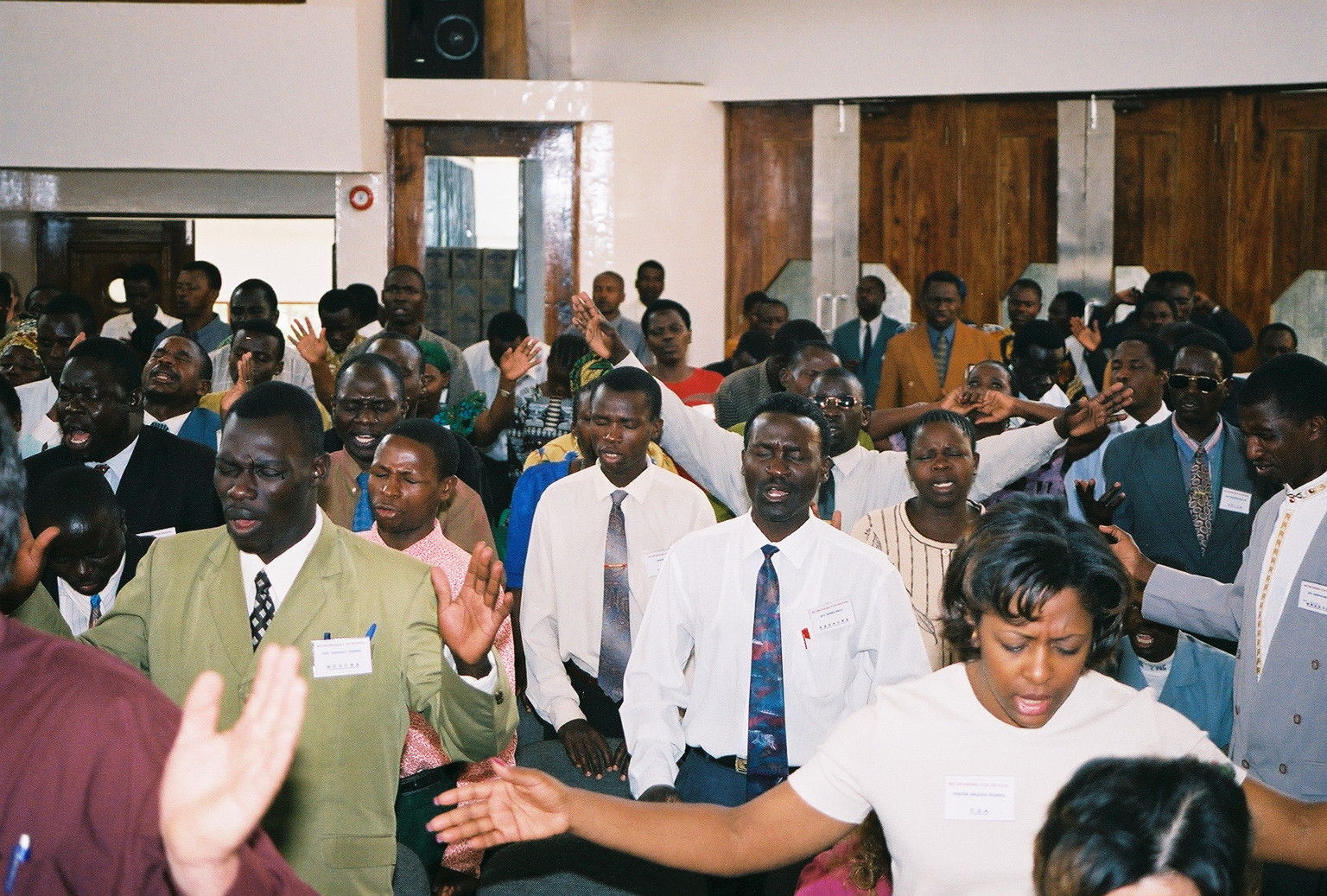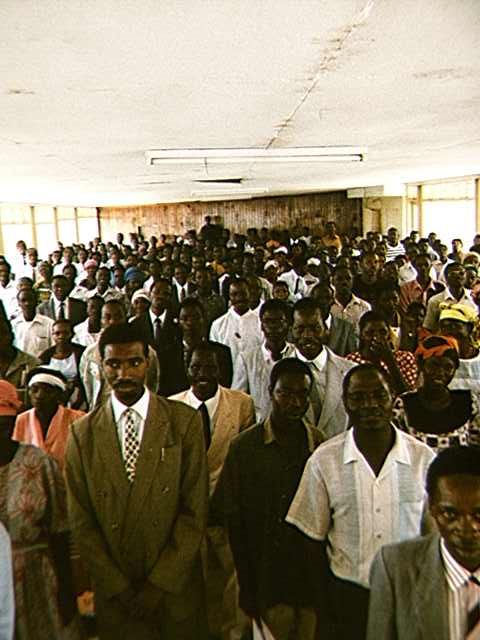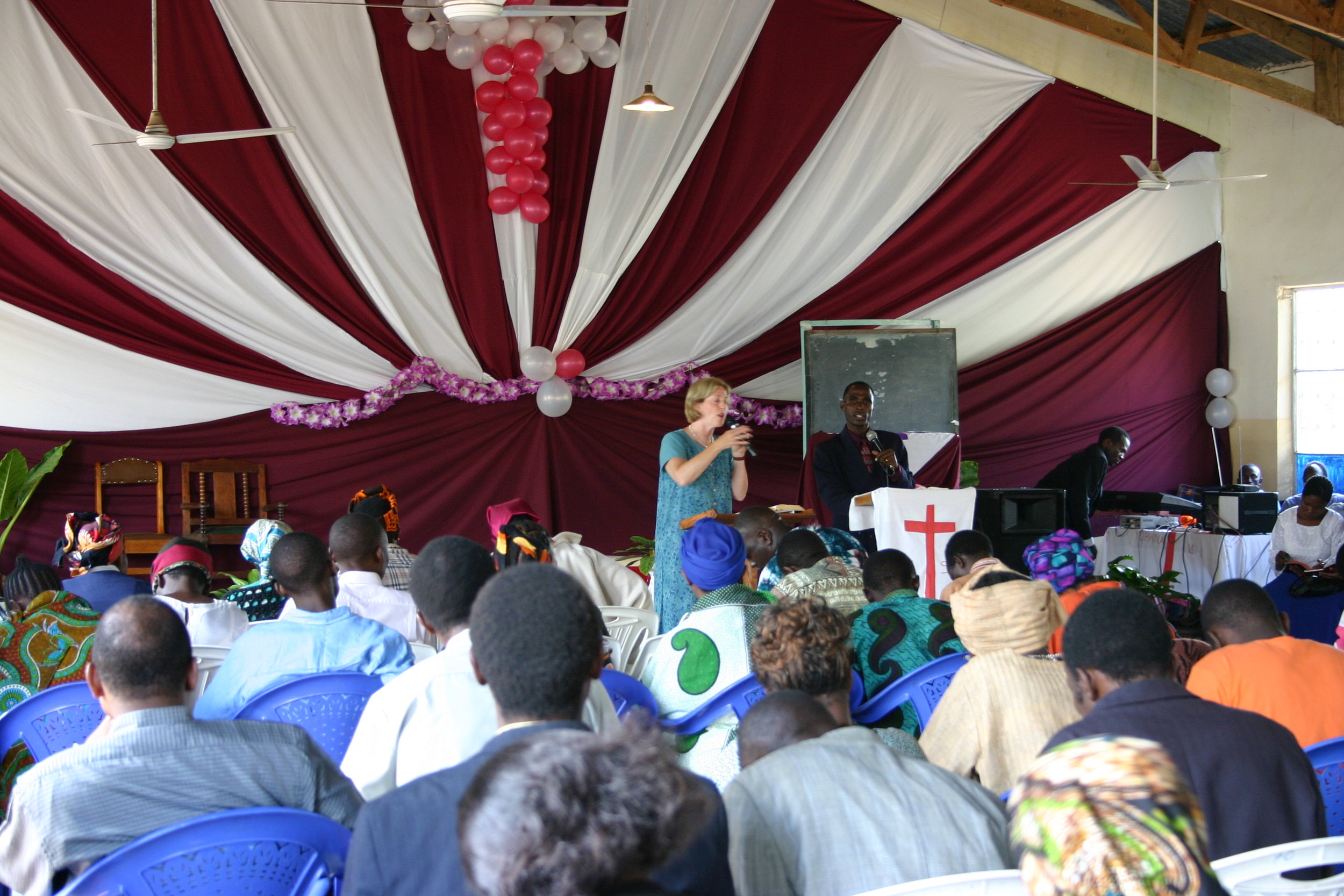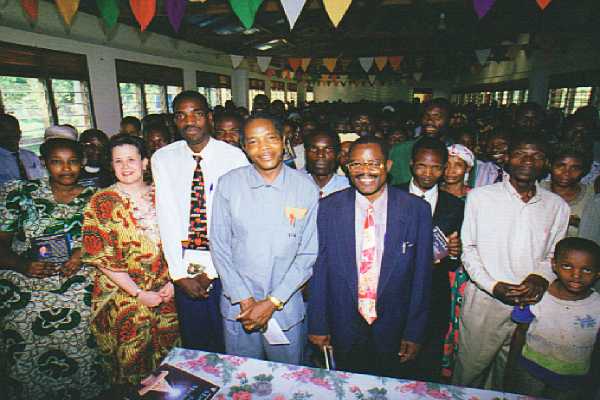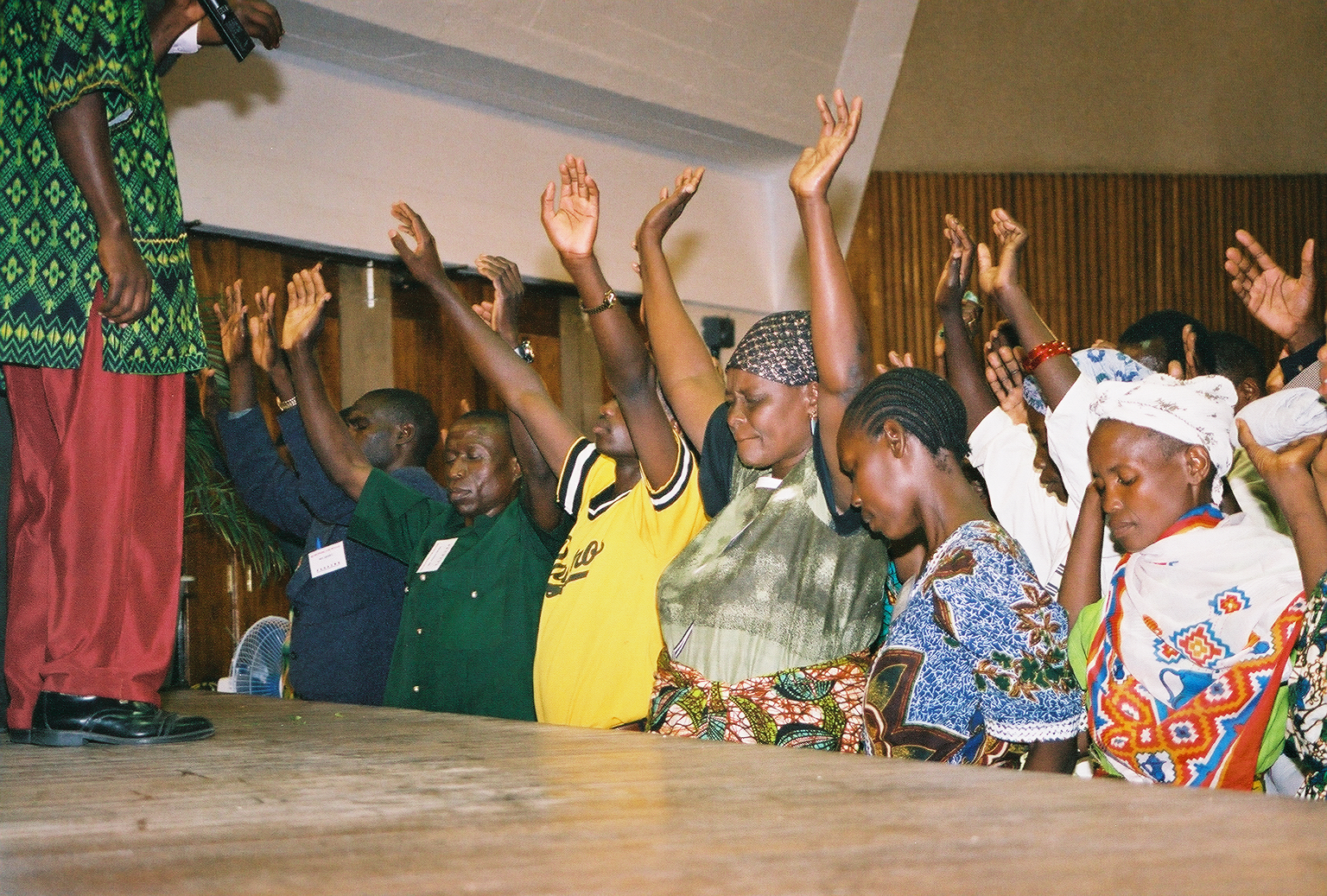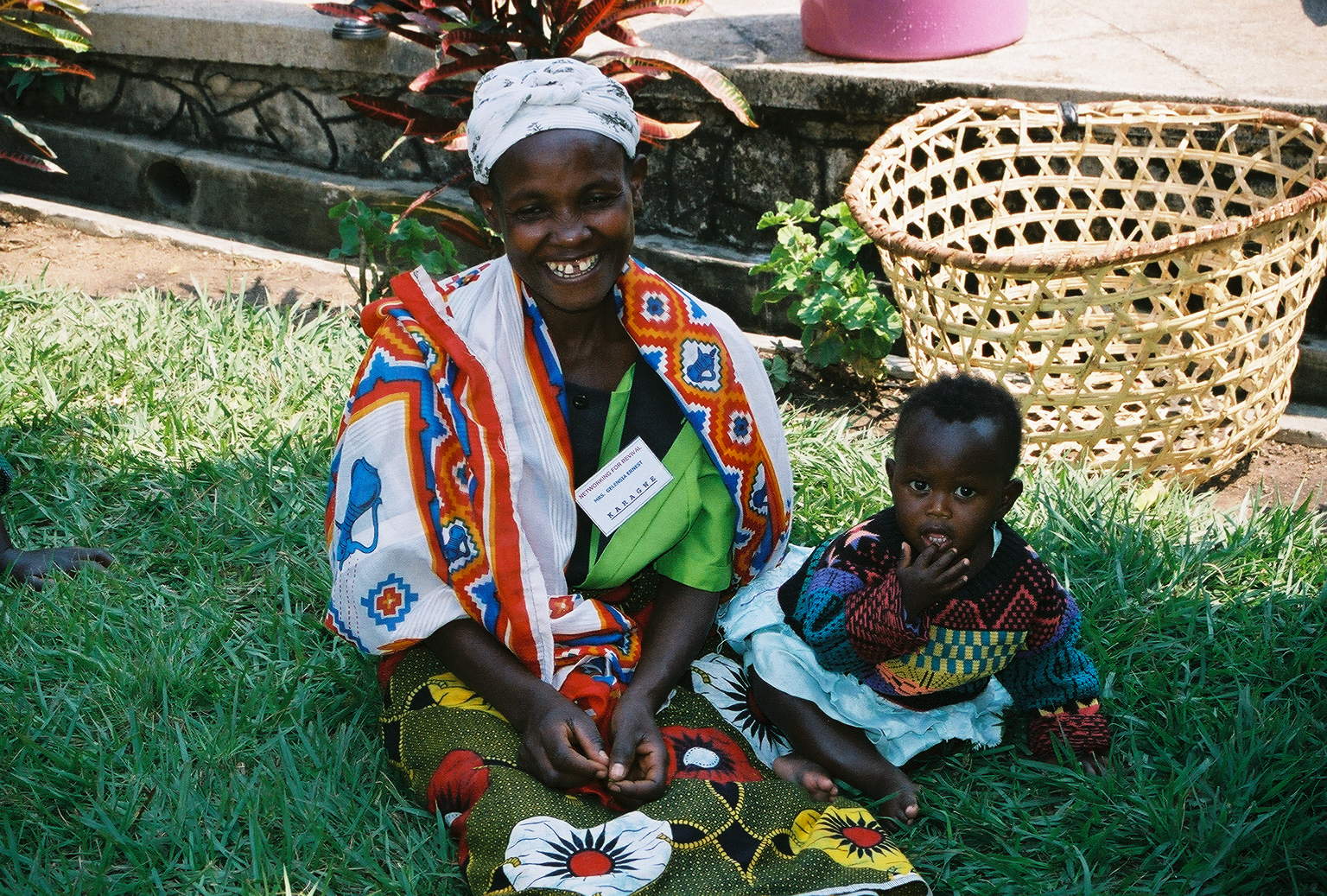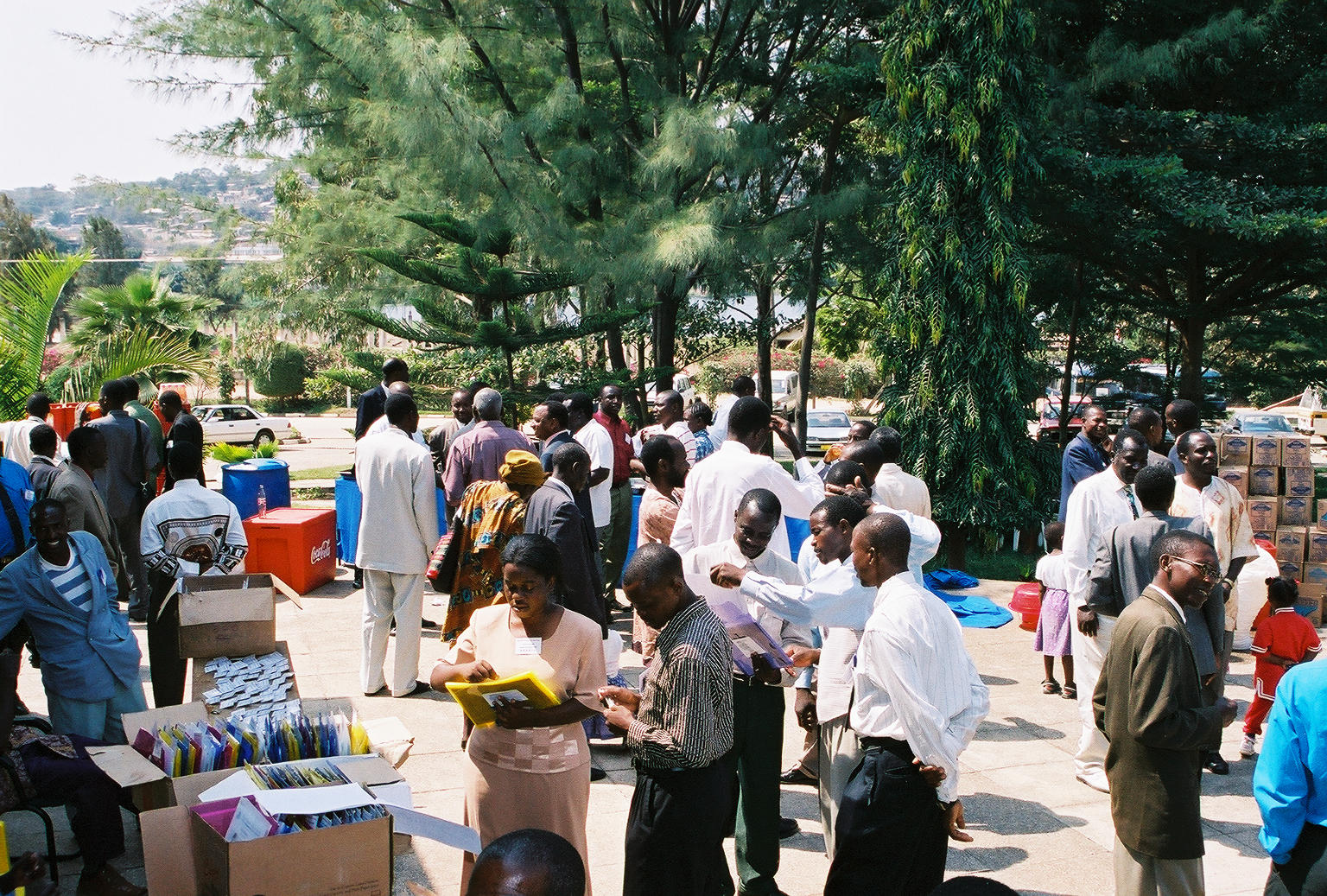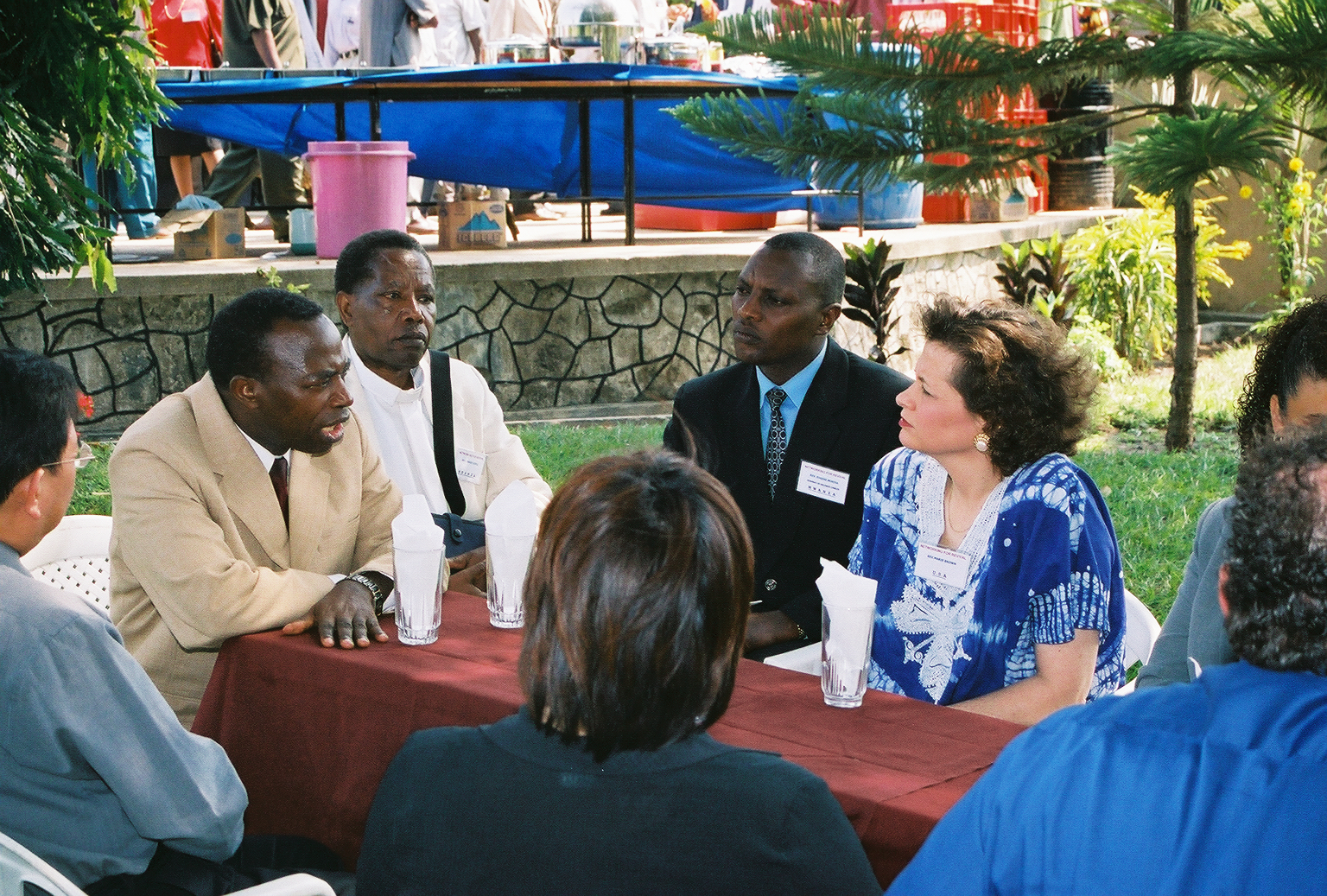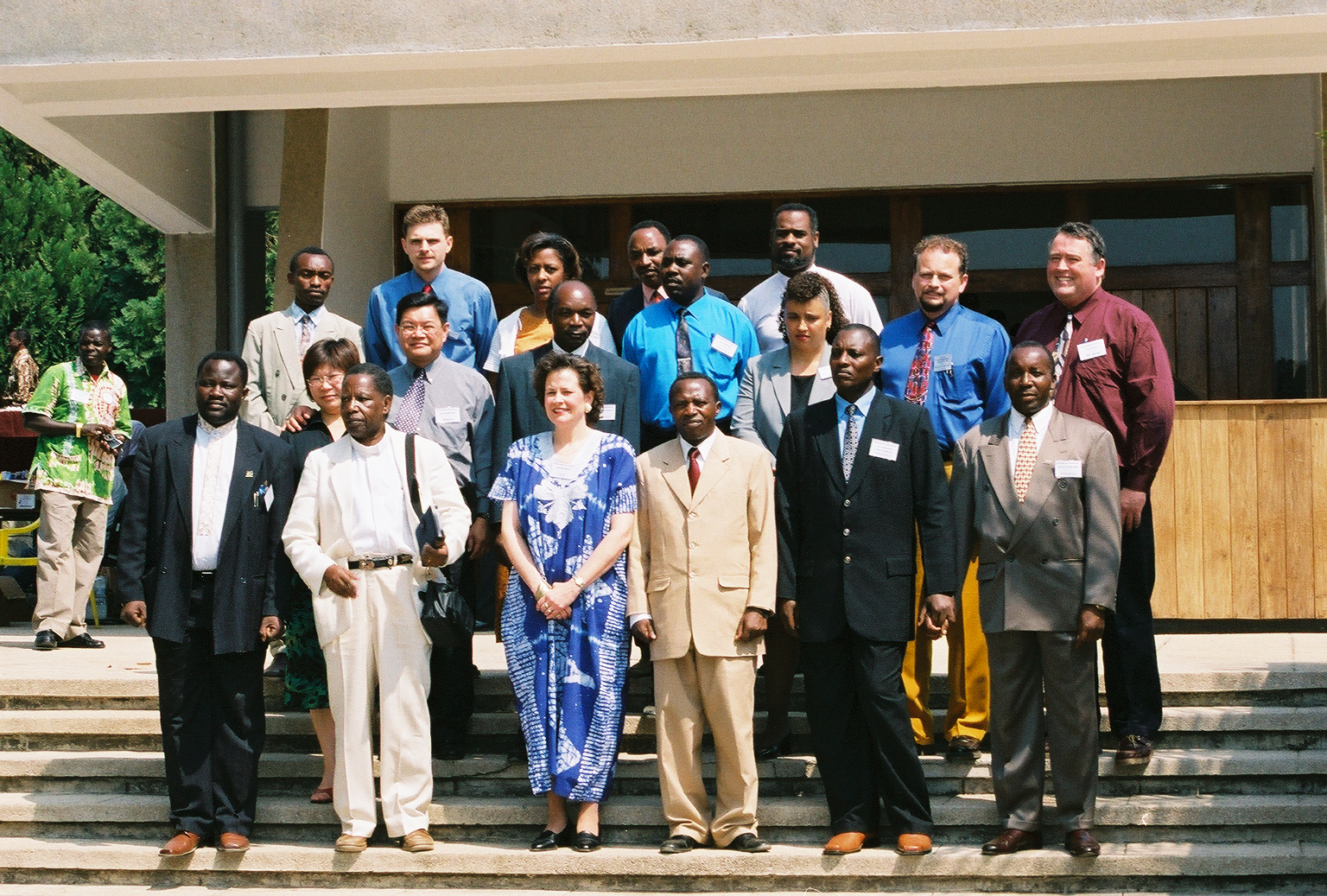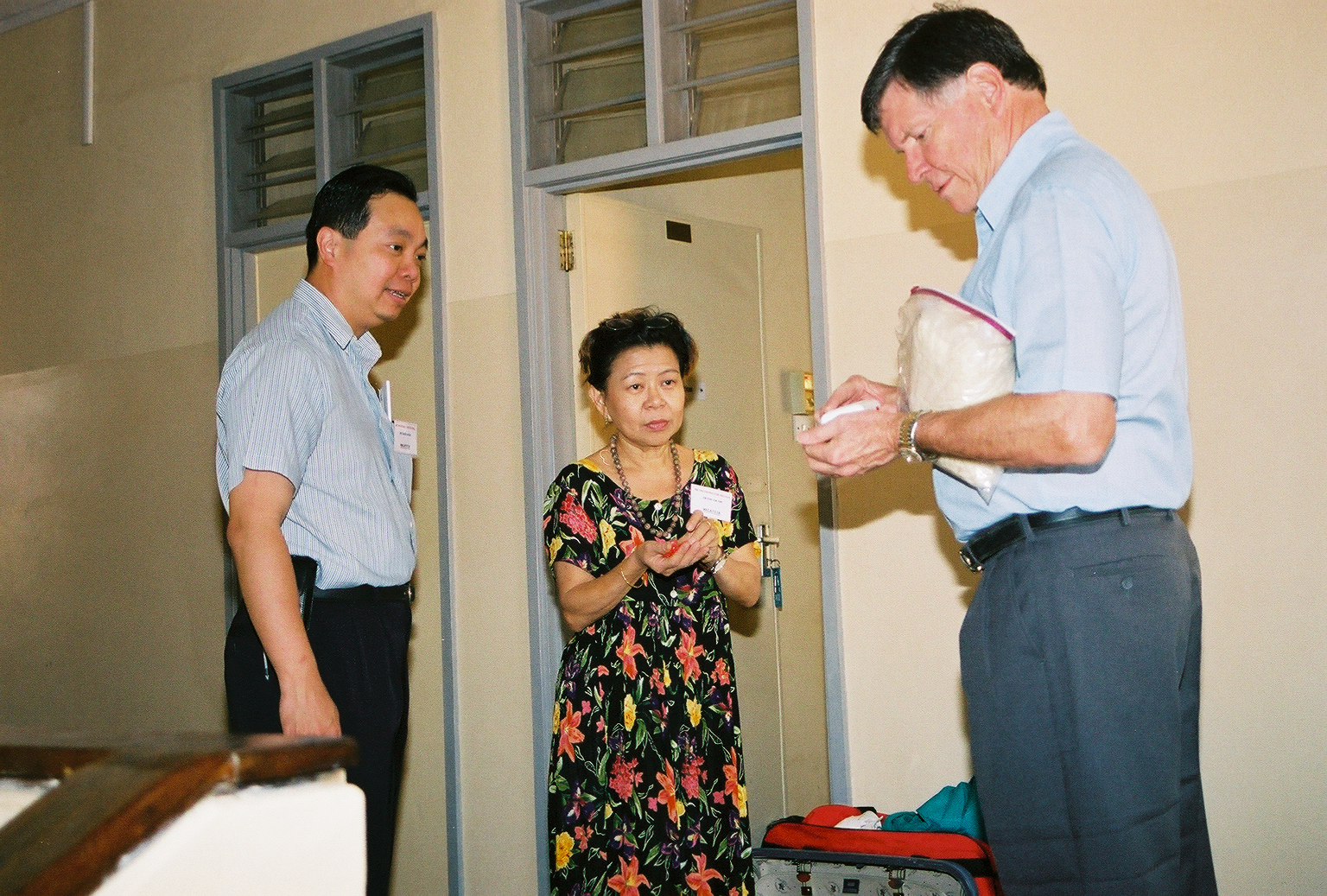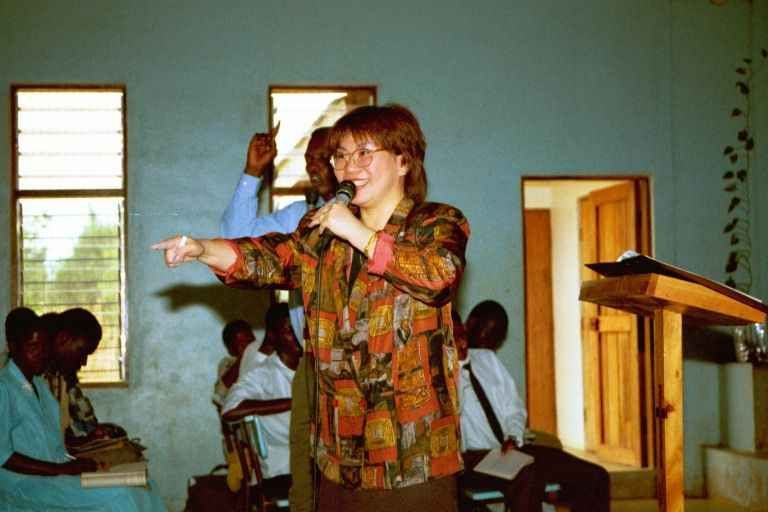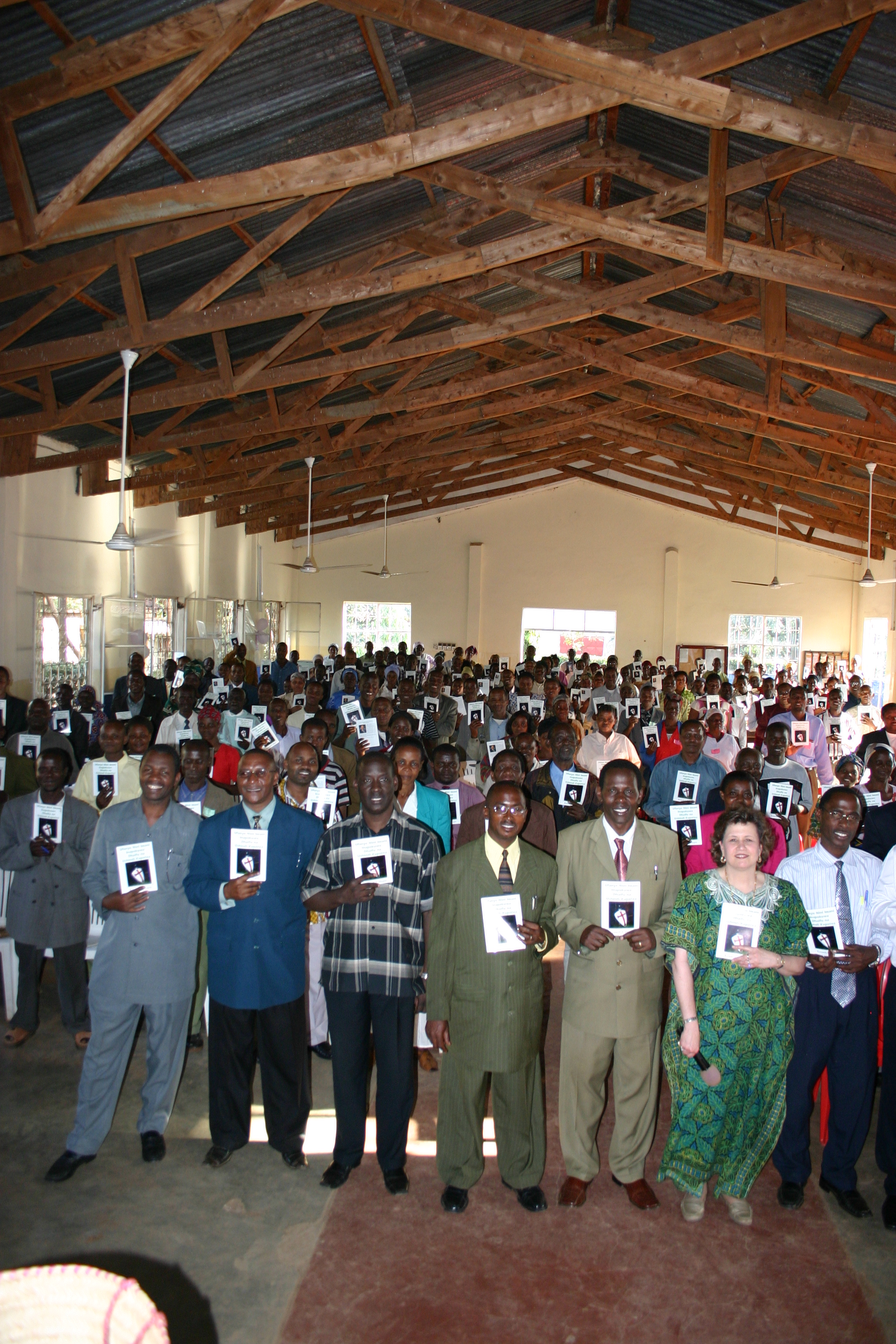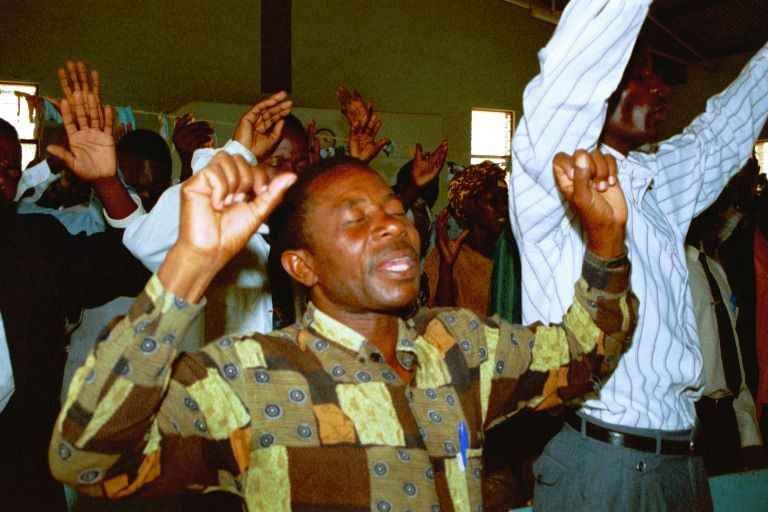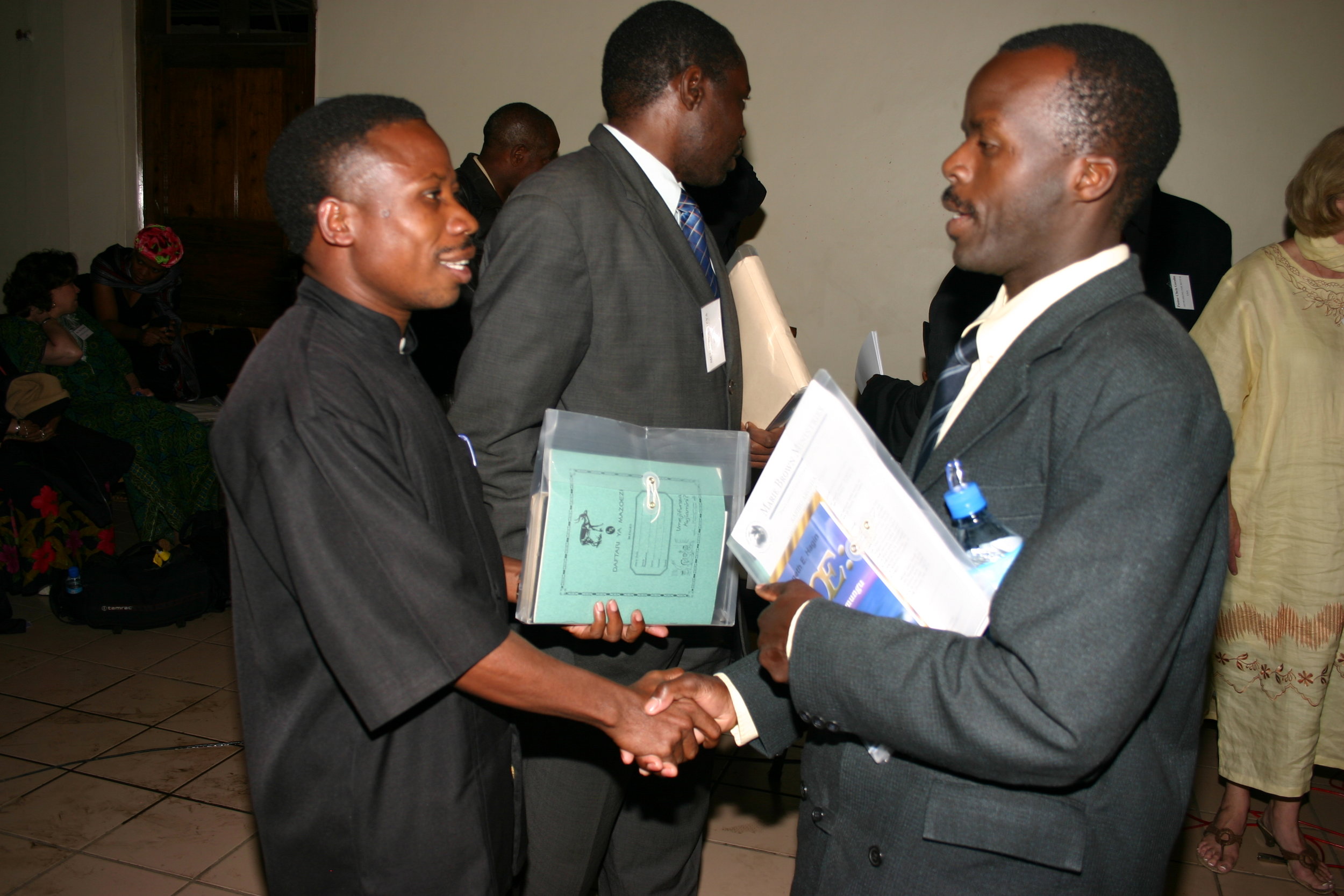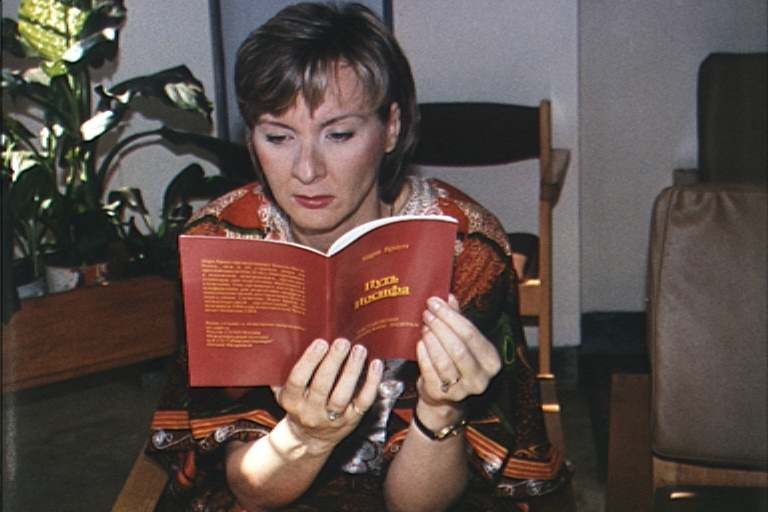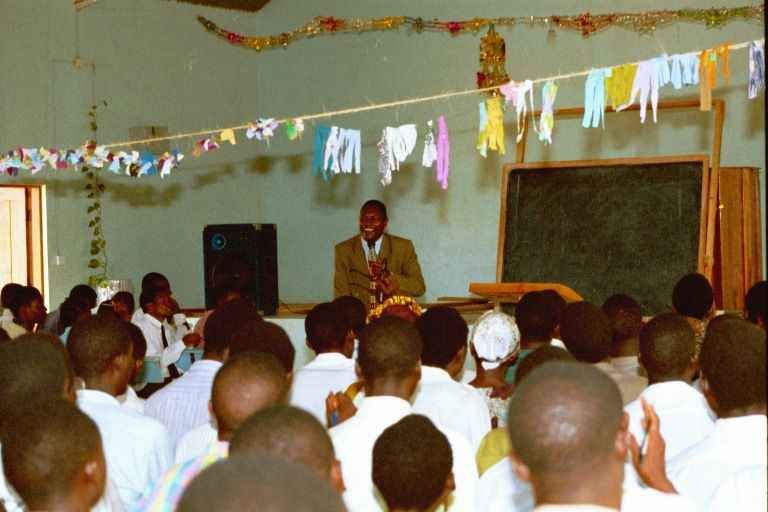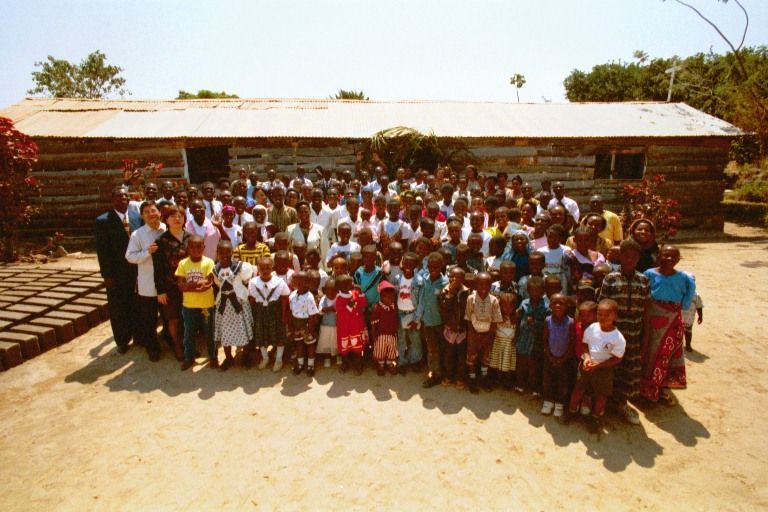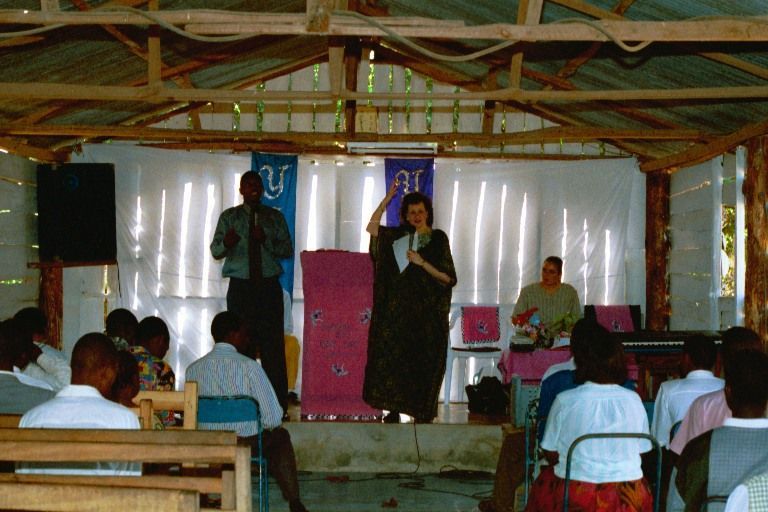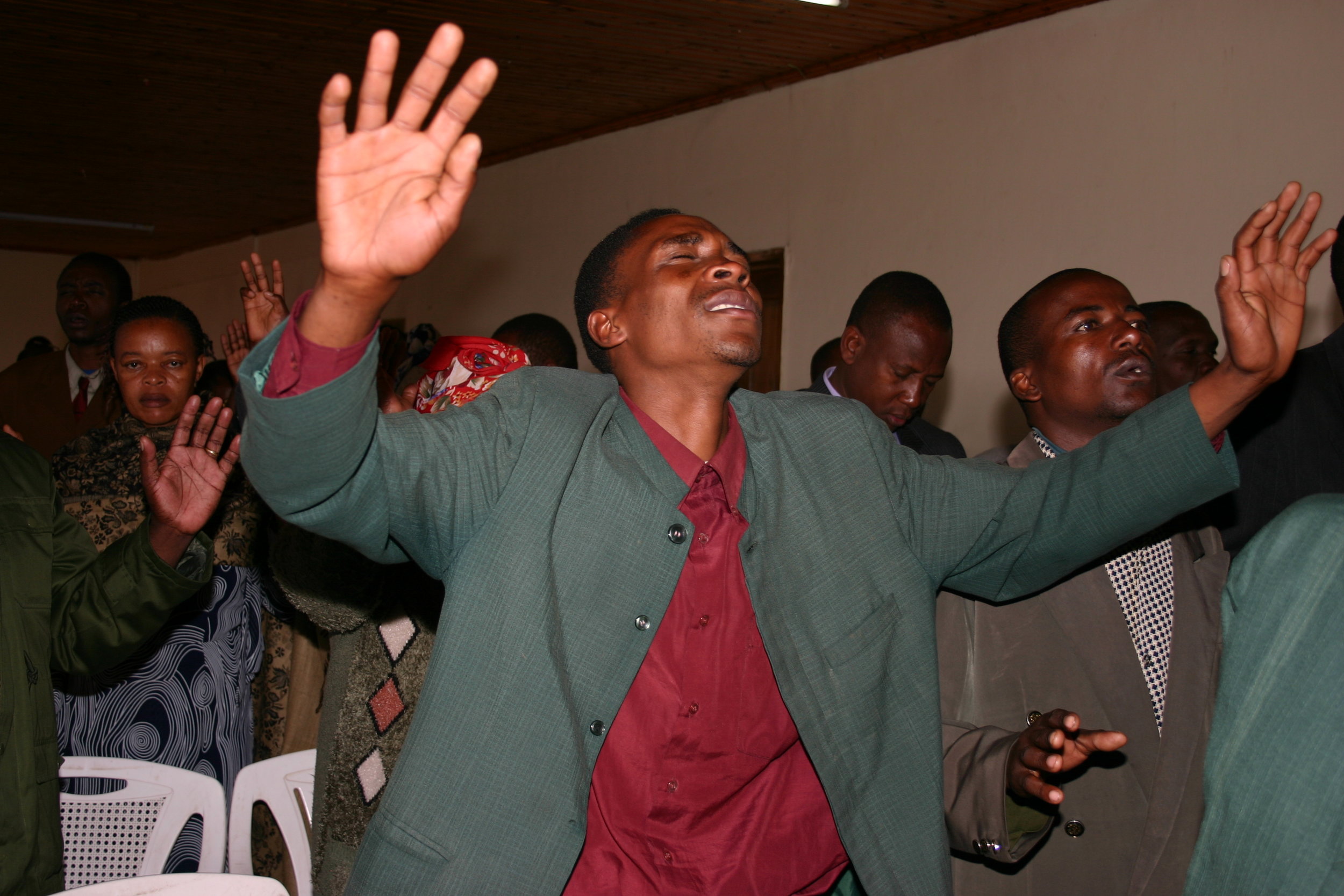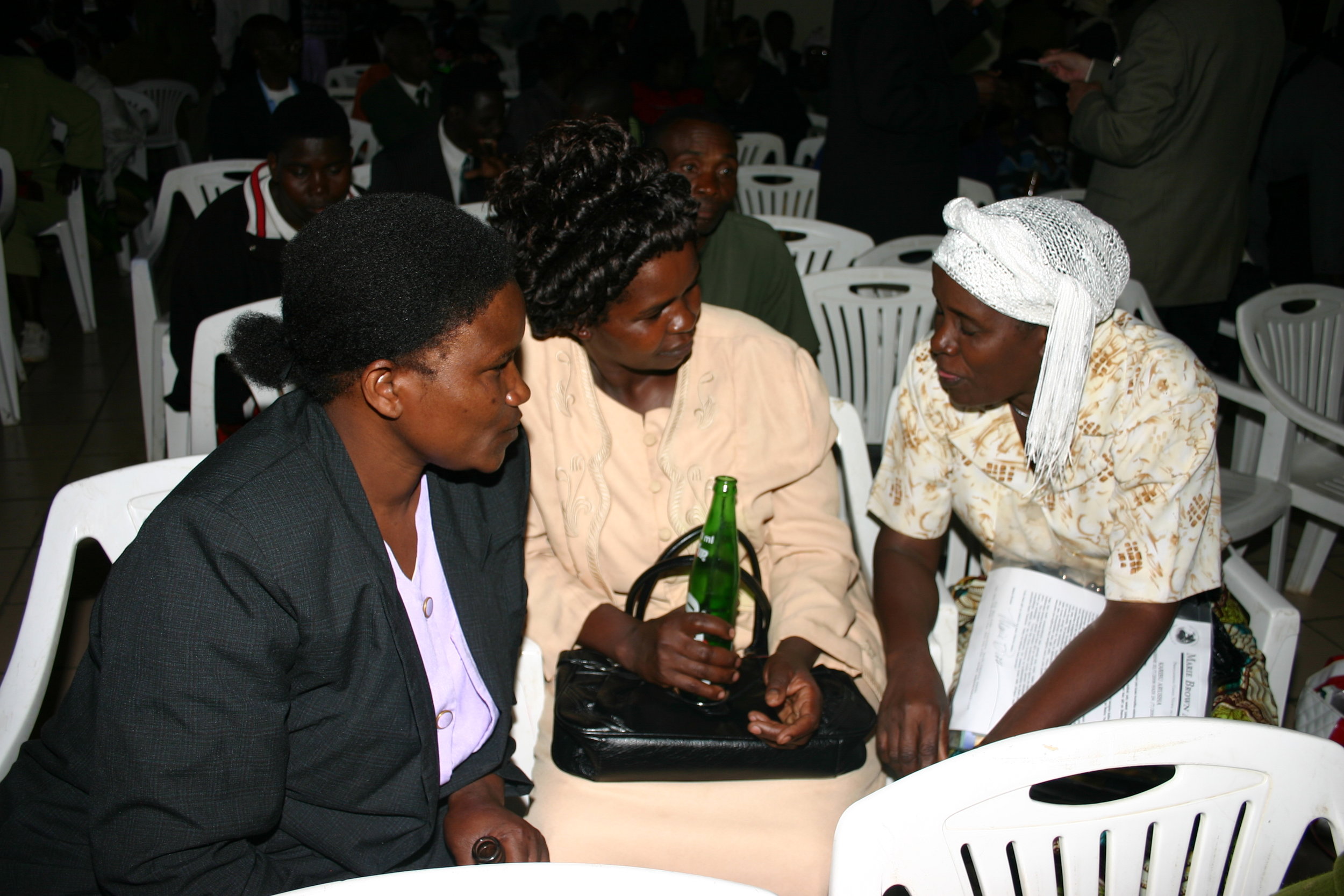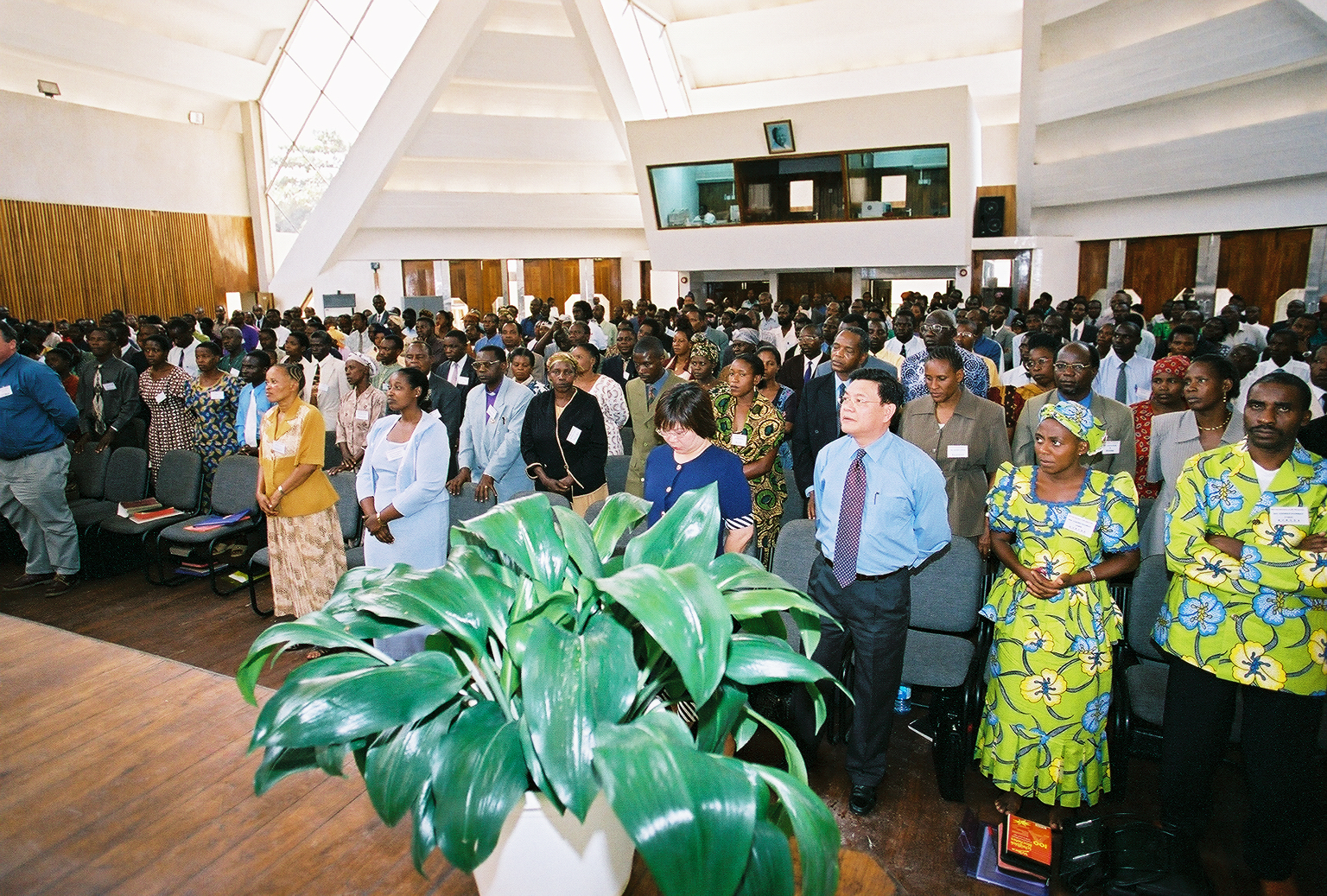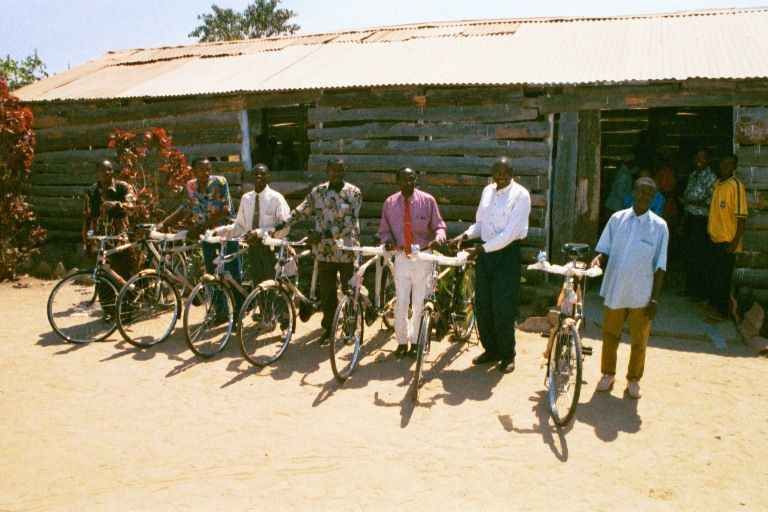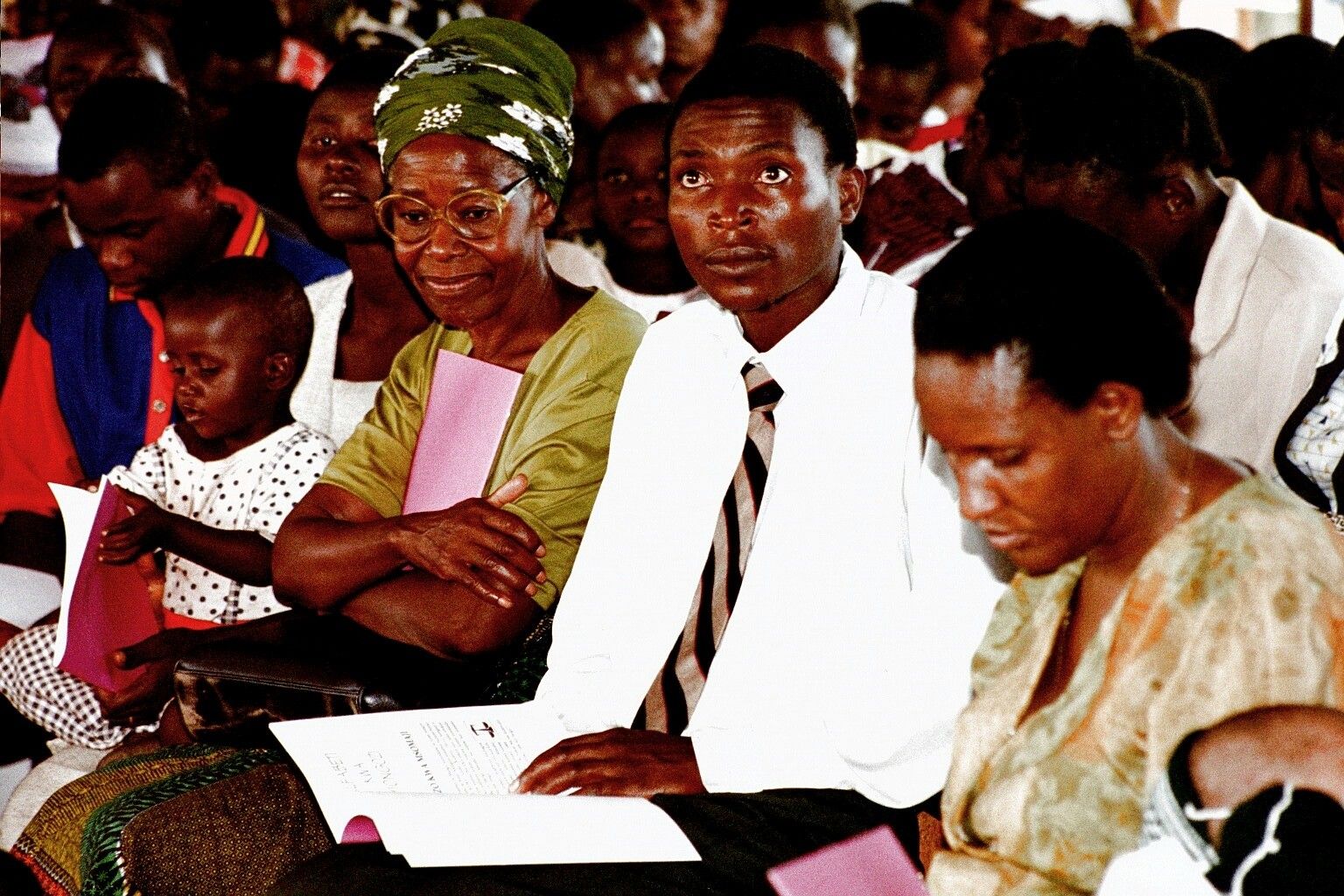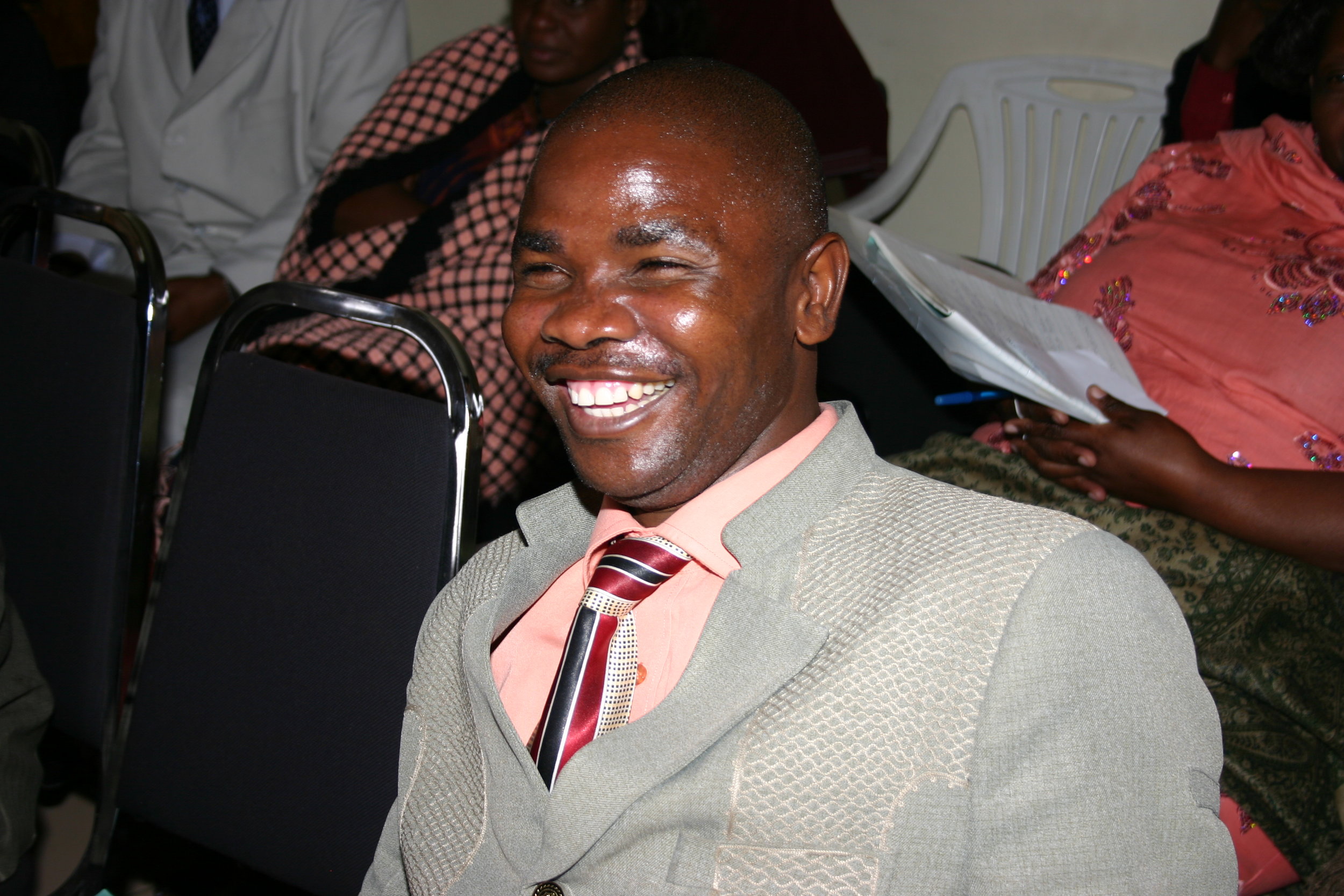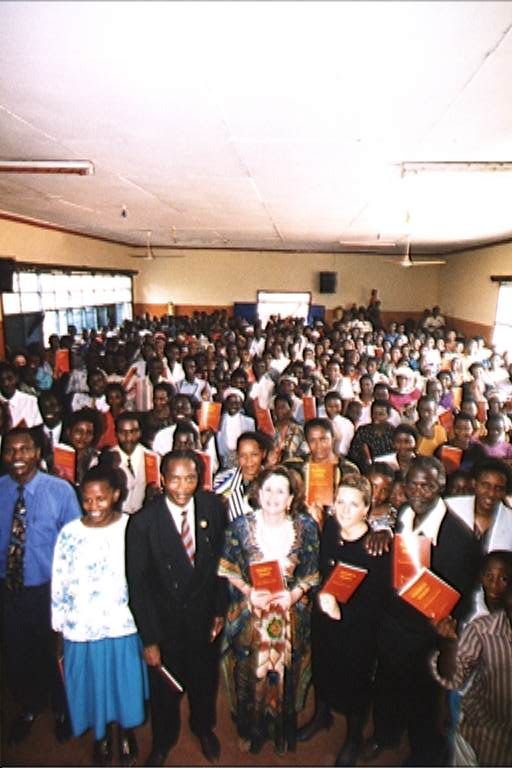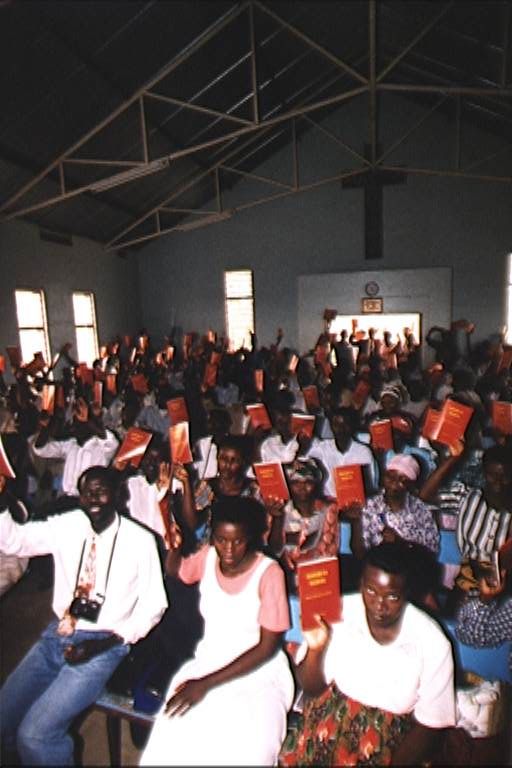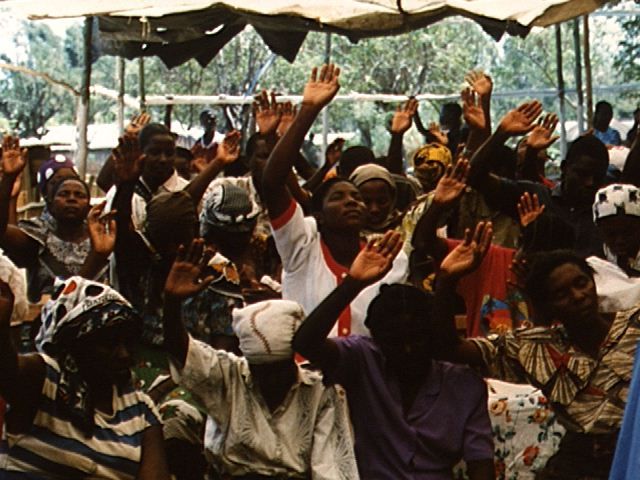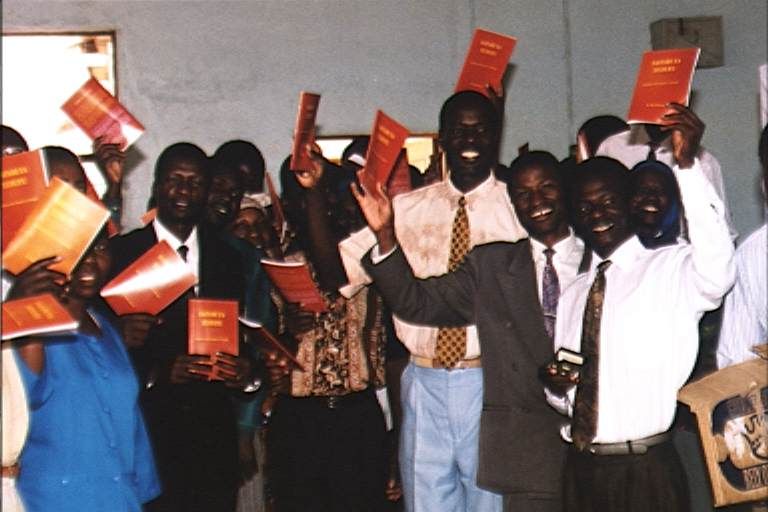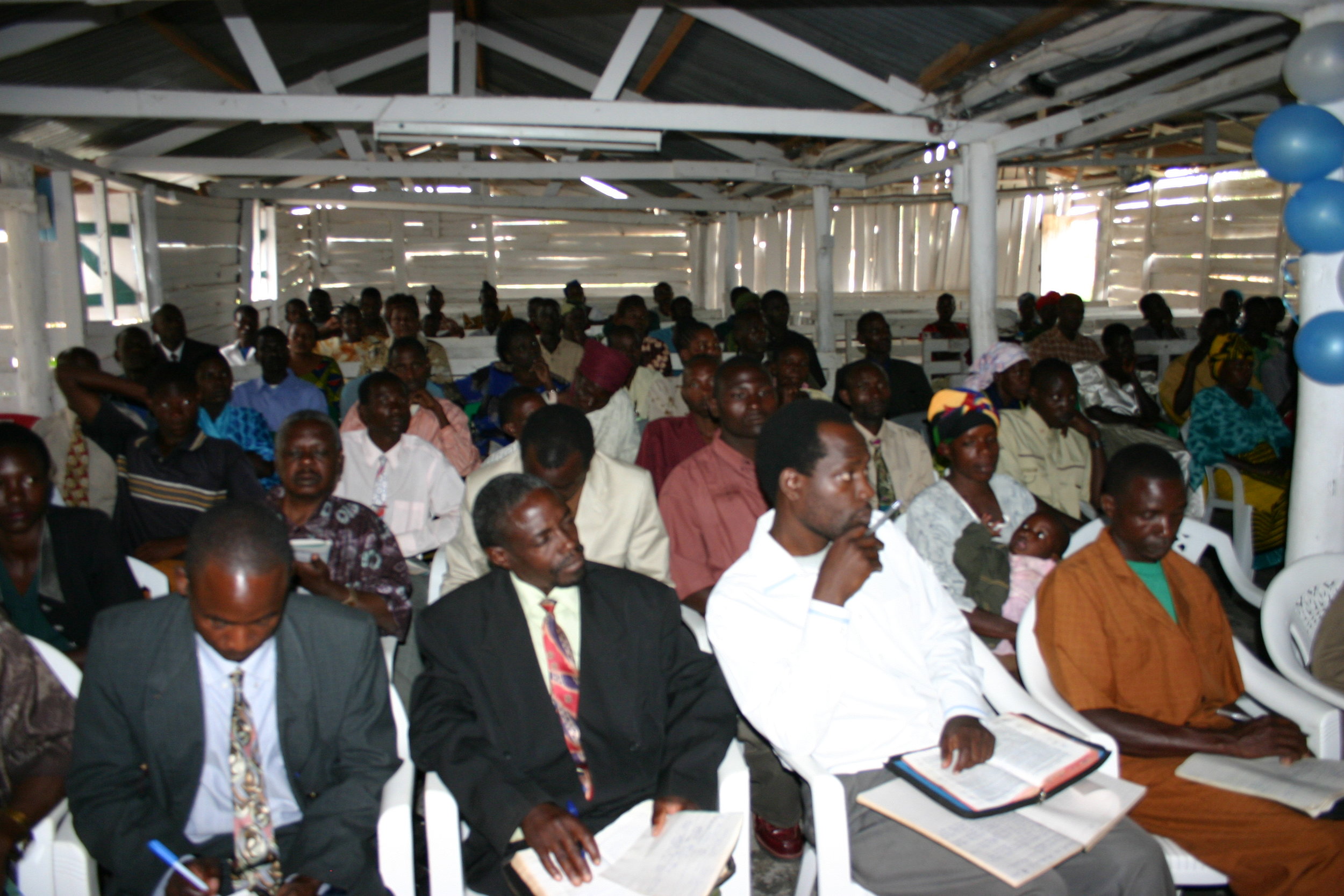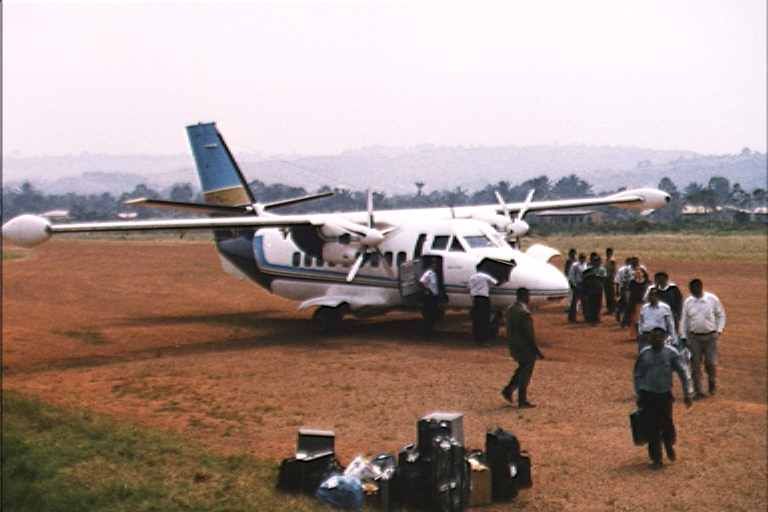
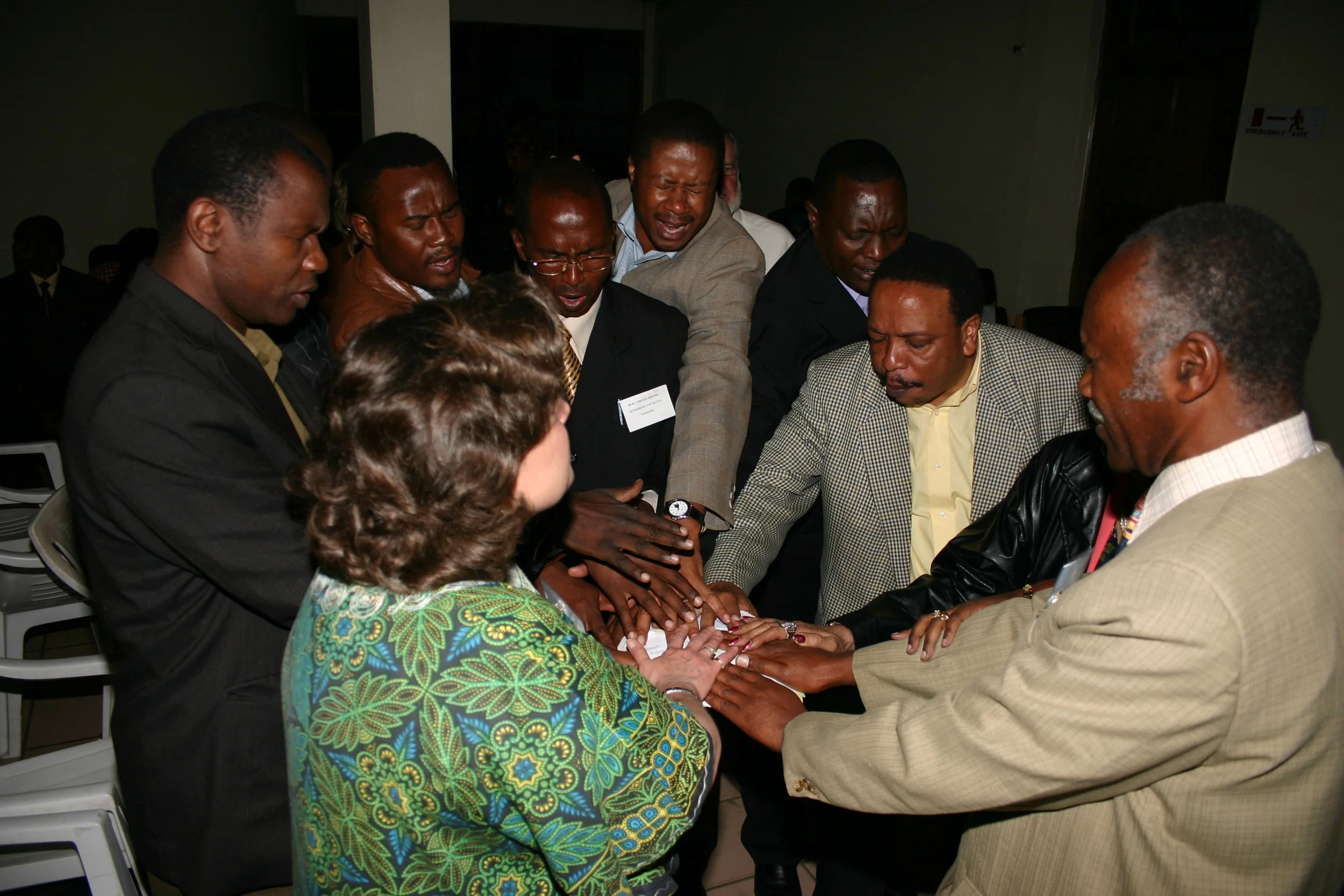


Who We Are
Who We Are
Who We Are
Who We Are
About the Messenger
From her teenaged public profession of faith at a Billy Graham crusade to her post graduate studies at Christ for the Nations Institute, Marie Brown has been a woman on fire for God. In the early 1980s, she acted as a courier, smuggling Bibles and other materials behind the Iron Curtain.
Around that time, she accompanied Dr. Daisy Washburn Osborn on an African tour of ministry. This experience launched Marie into a five-month period of preaching and teaching, during which she ministered alongside the founder of the largest African mission in Kenya. States Marie, "It was there I truly began to do what I was called to do." Marie Brown Ministries was incorporated in 1984.
The first ten years of ministry focused on evangelism: open air crusades in the developing world, and revival meetings in local churches in the West.
By the mid-1990s, Marie sensed a change taking place. Great evangelists and church planters were emerging among nationals in many countries. The glaring need seemed now to be in the area of discipleship and leadership training.
Churches were being filled, yet people often were not staying beyond a year. Since many of the pastors had never had any systematic teaching, Marie Brown Ministries began offering training to empower leaders who, in turn, could disciple the people.
A few years into conducting leaders’ seminars, Marie had a vision while praying with a group of pastors in Tanzania. She saw a map of that country burst into flames, with the raging fire spreading quickly across the nation, then Africa, then outward to the world. As she pondered what the Lord was saying to her, clarity dawned in her heart in the form of a passionate vision for revival, centered in a revelation of Jesus’ final prayer in John 17. Networking for Revival Seminars resulted—leadership training coupled with a dynamic revelation of the unity of the Church.
Today Networking for Revival Seminars are taking place in five nations and producing good fruit. Despite hostile political climates in some of these areas, the Church is still coming to life in a new dimension, as true unity brings a oneness of purpose and vision for a nation’s salvation.
After 40 plus years in ministry in over 40 nations, Marie Brown Ministries has evolved through obedience into a powerful nation-impacting ministry to unify and mobilize the Church of Jesus Christ.
See our Statement of Faith.

Networking For Revival
Networking for Revival
Networking For Revival
Networking for Revival
The purpose of Networking for Revival is to expand God’s Kingdom through the love and unity demonstrated by The Church. This is accomplished by gathering key leaders together for specific intensive vision casting and teaching on God’s will for revival and the role His leaders play in that plan.
During these seminars, the Holy Spirit rekindles inspiration in individual hearts and ignites new bonds between the participants. Once personal vision is realigned to Christ, personal agendas and competition fade into exciting new strategies for winning a nation to Christ. Through this process, Jesus Christ, the Son of God, is reflected in power and love to a hurting lost world.
The seminars are designed to help the Body discern itself, i.e., each leader discovers where he/she fit together in the plan of God for the evangelization of an area. (When God’s Kingdom is put first, every denomination grows.) As the Church becomes united in one heart, she becomes a voice for change and for good in a nation.
While a successful Networking for Revival process is our goal, this can only be fully accomplished in countries with a political climate that allows for it to take place openly. Therefore, in some of the Asian nations where we travel, the process occurs on a more limited scale.
There are 4 basic phases to the Networking for Revival process:
Phase 1
All ministry is based on relationships—with God and with people. In the first phase, a national pastor initiates contact with Marie or Marie is introduced by a third party to a pastor who is thought to be interested in the Networking for Revival seminars. MBM does not make unsolicited contacts where these seminars are concerned.
Marie then comes and talks in detail to the inviting leader about the vision of the seminars to see if there is a commitment to pursuing the multi-year process, not simply a casual interest in the idea. For most, the vision is a paradigm shift.
If the pastor is inspired in this initial meeting by the vision of national unity, a plan is made for Marie to return a year later to meet with a group of top leaders in the area representing as many different Christian denominations as possible. (The inviting pastor agrees to make all the necessary contacts and assumes the responsibility for assembling the group for this follow-up meeting.)
In this second meeting Marie casts the vision for the unity that facilitates revival to determine if the leaders have the desire and dedication to work together towards fulfilling God’s plan.
If the leaders agree to collaborate for this purpose, then plans are made for Phase 2 to begin the following year.
Phase 2
Phase 2 looks different in every country due to the culture and political climate. Instead of meeting in one city, it may involve a series of meetings in different cities from the same general area on theoretical and practical aspects of networking for pastors/church leaders. The meetings are limited in size to facilitate the exchange of ideas and the forging of new relationships. Books and teaching materials are provided for all attendees. At this point, attending pastors in each city or location are assisted in understanding how to organize themselves effectively and how to fellowship together despite differences in secondary beliefs.
Phase 3
Phase 3 takes place after several years, generally four or five. There is no set timetable for this to occur, as it is based on the level of unity in vision and degree of fellowship/collaboration among the leaders of a city. Phase 3 brings together the leaders involved in Phase 2 for very focused training. This intense time of preparation recognizes the gifts within the group. A flow chart for the network is then put in place giving all the participants a position in which to function. (This flow chart is flexible and revisited each year, as leaders may wish to change their method of participation.)
The latter part of Phase 3 focuses on the practical application of planting churches and doing evangelism together. As this phase progresses, another facet of the networking seminar is introduced. MBM helps connect Christian businessmen and women through the leaders of the participating churches. This business group is taught the same core vision as the pastors and leaders, with one difference. This group’s Christ-based focus is to help generate funds for the churches’ outreaches together and to help the Church in the community prosper.
In the early days in some nations, such Tanzania, MBM also planted regional ISOM Bible schools for ongoing training and fellowship.
As leaders learn and work together, and prove their abilities to handle finances, the last phase is ready to begin, and again in every location the timing varies.
Phase 4
This last phase concerns community development.t These are larger projects involving hospitals, schools, and other public works.
During this entire process, these phases are often overlapping as teams continue reaching out in new areas. Follow-up seminars and outreaches are happening, businesses are emerging, and city-wide church leaders continue building together. Through all of this, Networking for Revival is always moving forward with an eye toward national evangelism.
Once in a nation, Networking for Revival moves from region to region with help from leaders in prior areas; the process is continuous until the national leaders are in full leadership implementing their God-given strategies for expanding God’s Kingdom. Revival flows swiftly in this environment through God’s love and the oneness of the people of God in full reflection of their Savior.

Fruit
The Fruit
Fruit
The Fruit
Reports from Asia
CAMBODIA
Marie Brown Ministries has had many opportunities over the past three decades to work with national pastors and strategic spiritual leaders in Asia. It was not until 2008, however, that the first Networking for Revival seminar was held there, in Cambodia.
Fifty senior pastors and leaders from a variety of denominations gathered in Siem Reap with excitement, eager to be taught how to network their abilities, gifts, and resources for the good of the entire Church and their nation. Over the next ten years, the number of those committed to walking in unity of purpose and practice has solidified. A team from 2 provinces is now trained and prepared to teach and do follow-up training as the ministry moves forward into new provinces with the vision to expand God’s Kingdom.
Using the MBM-provided guide to practical unity—The Unstoppable Church---these Cambodian leaders have helped to plant more than 300 churches, and are now learning how to strengthen the community development and entrepreneurial aspects of NFR that will aid the stability of their nation. They are progressing steadily towards the goal of assuming full responsibility for implementing the multi-faceted vision of NFR.
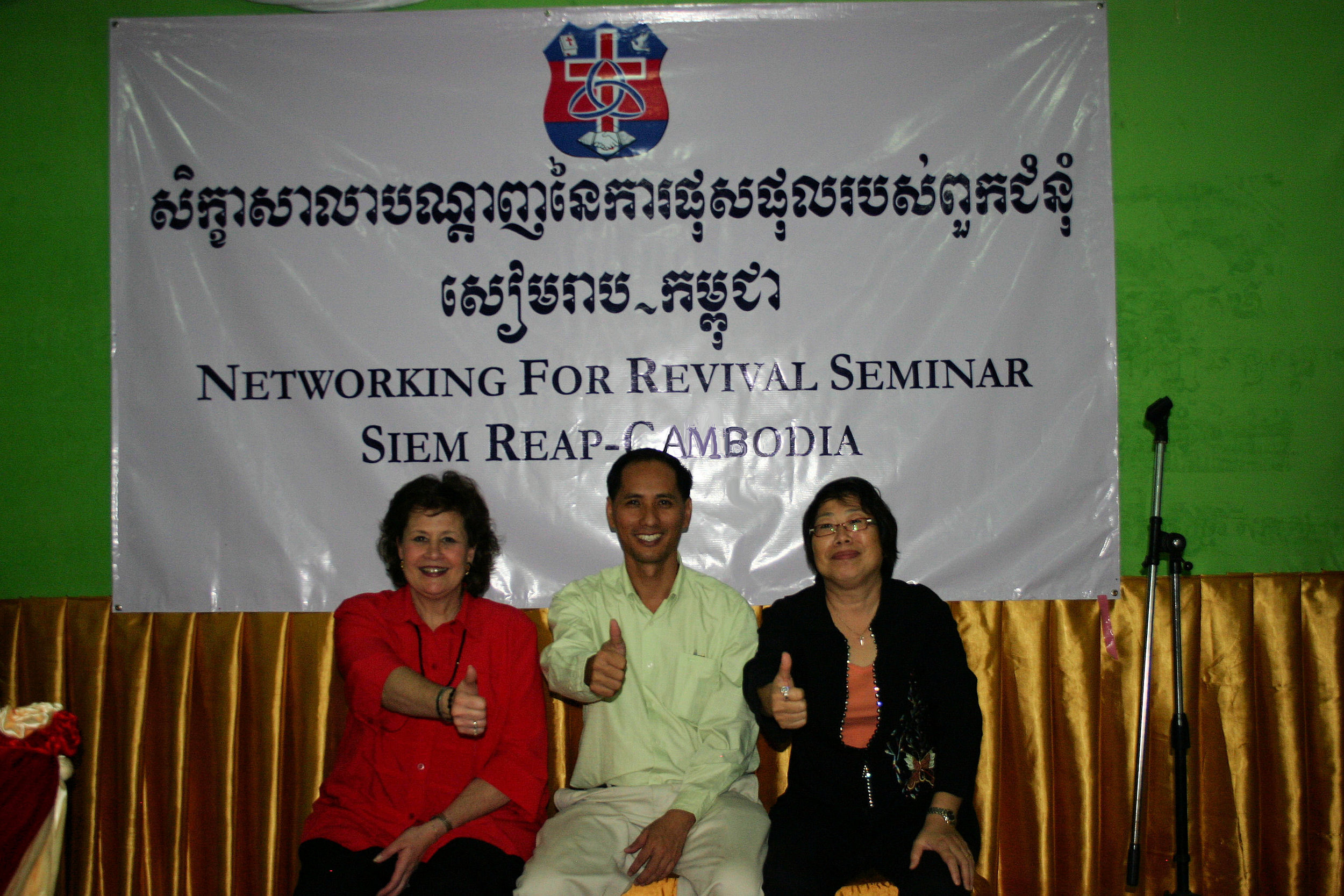
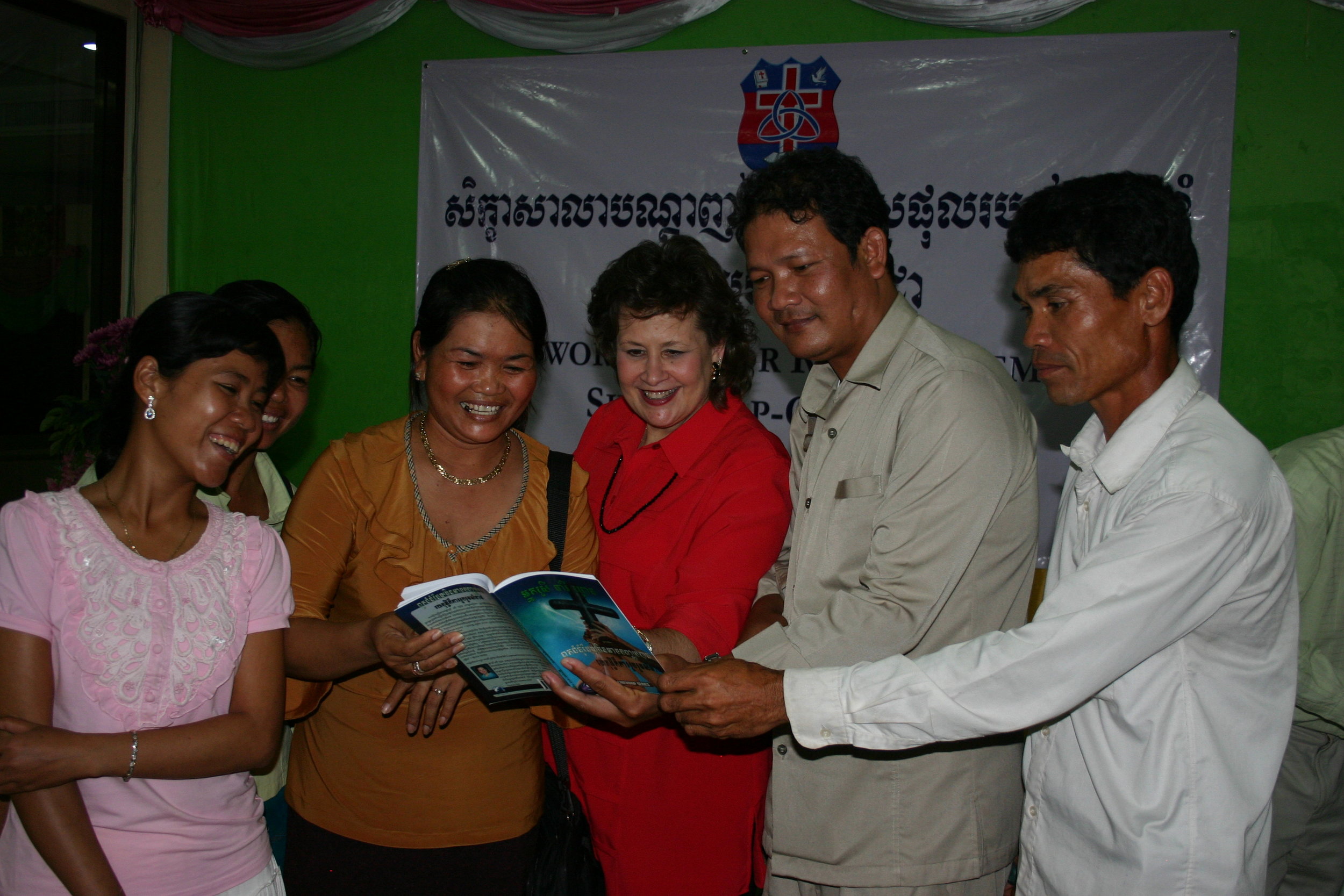
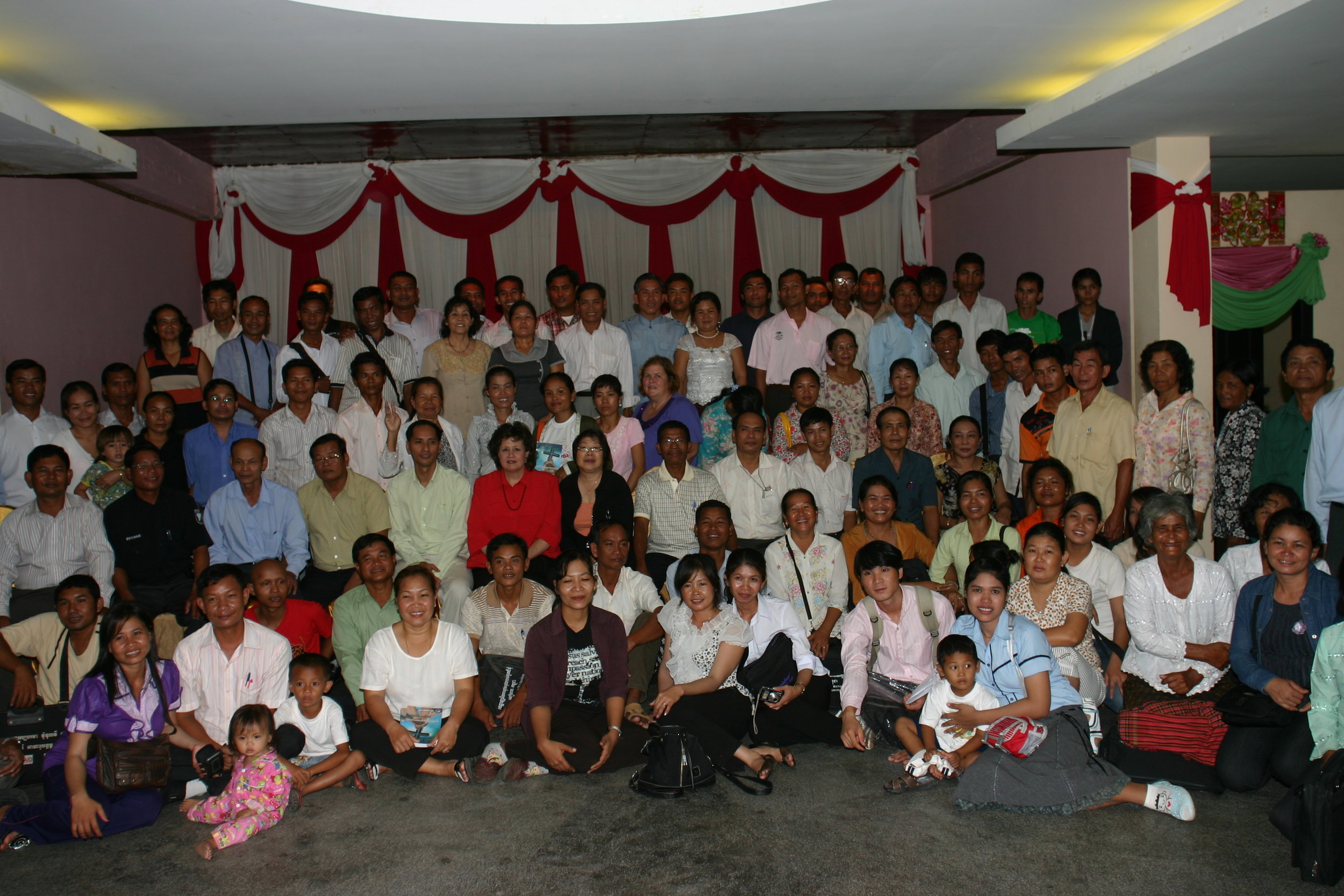
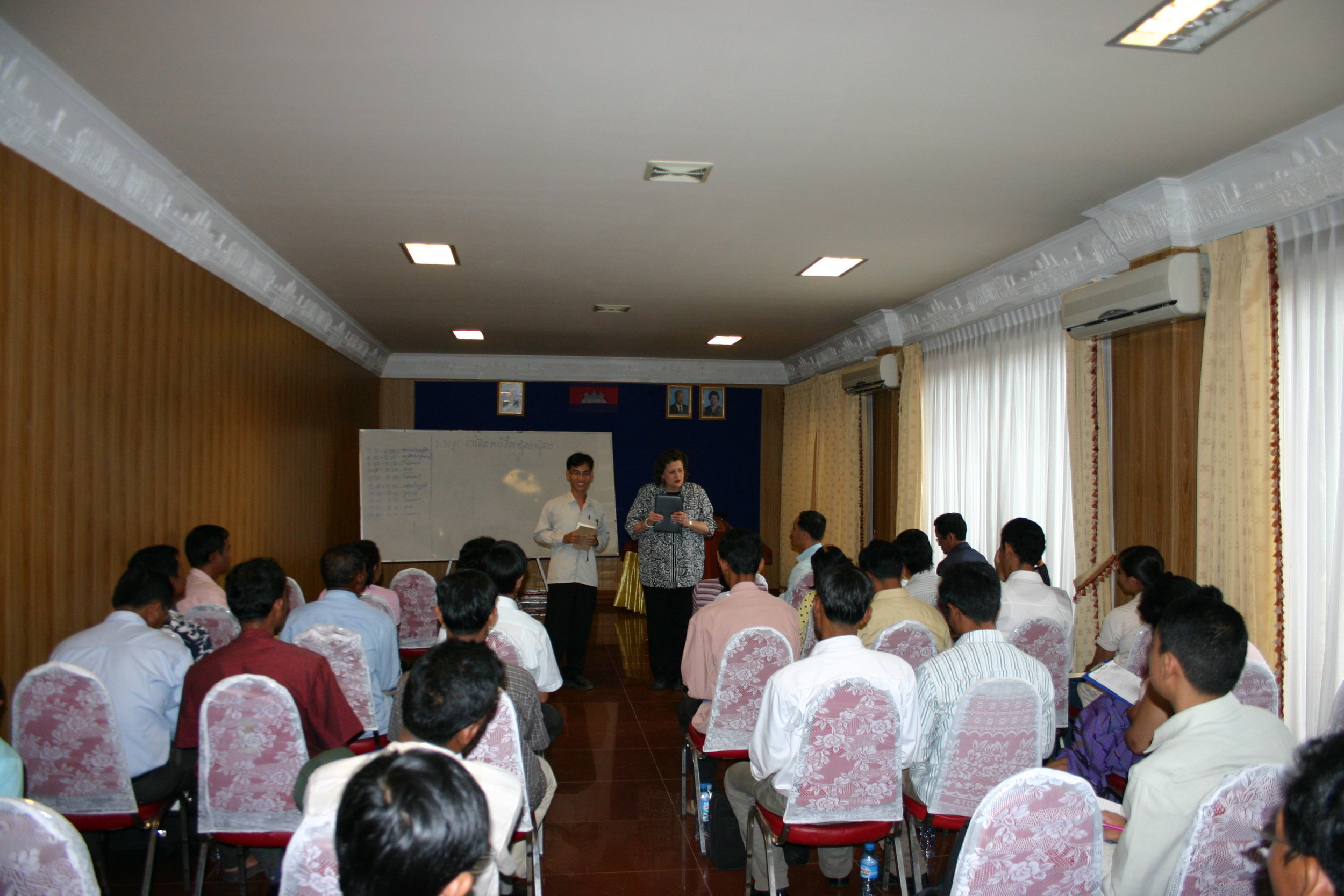

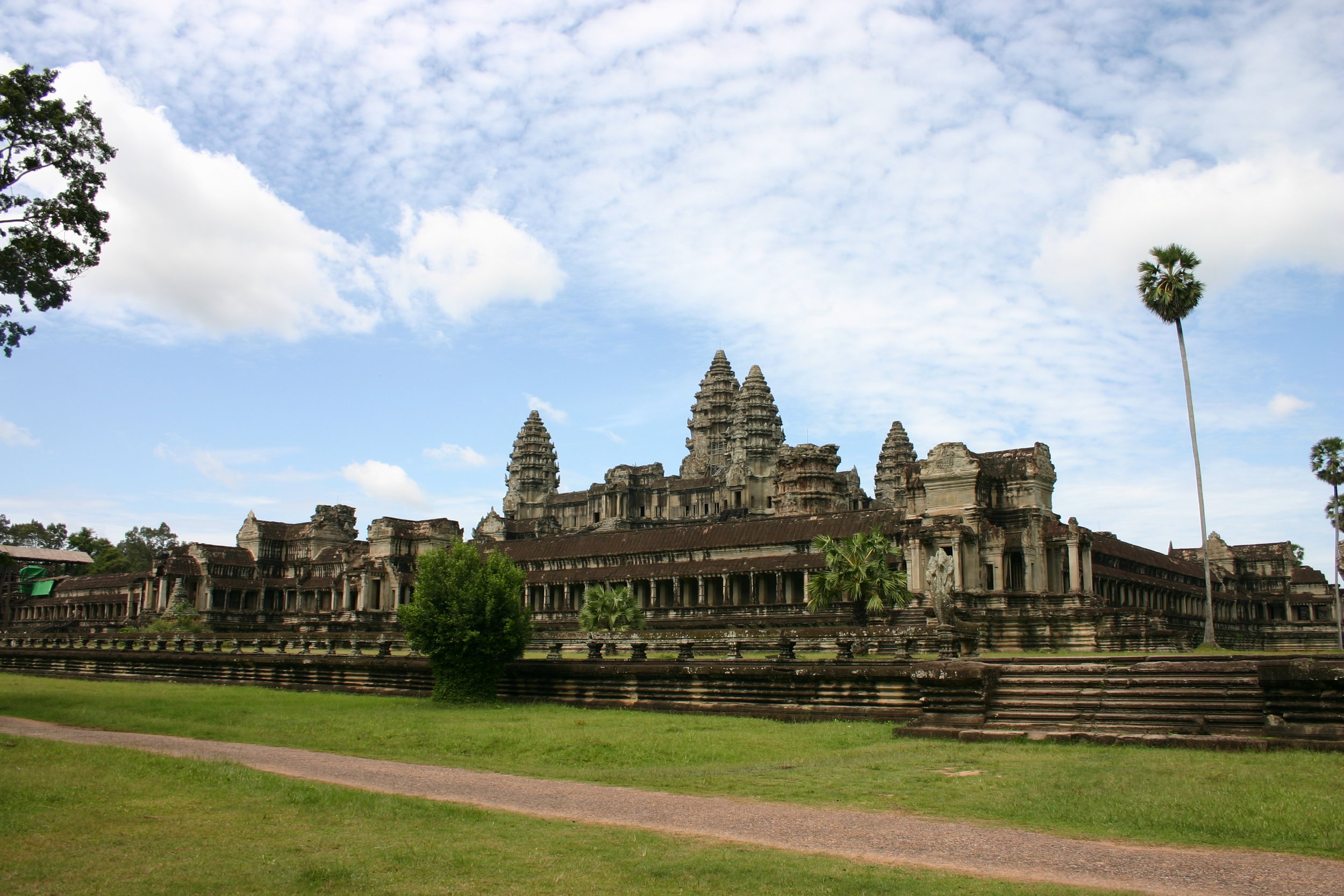
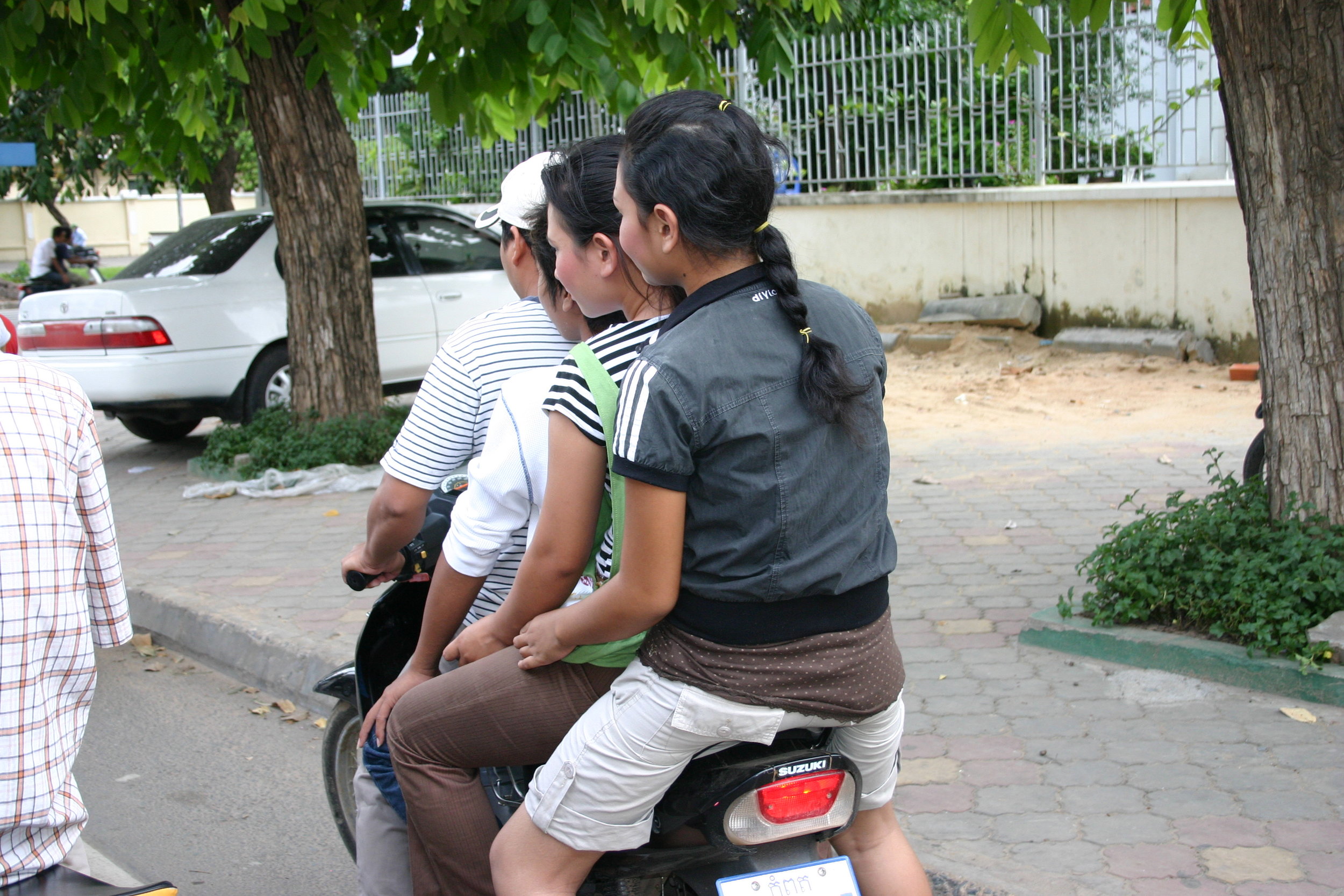
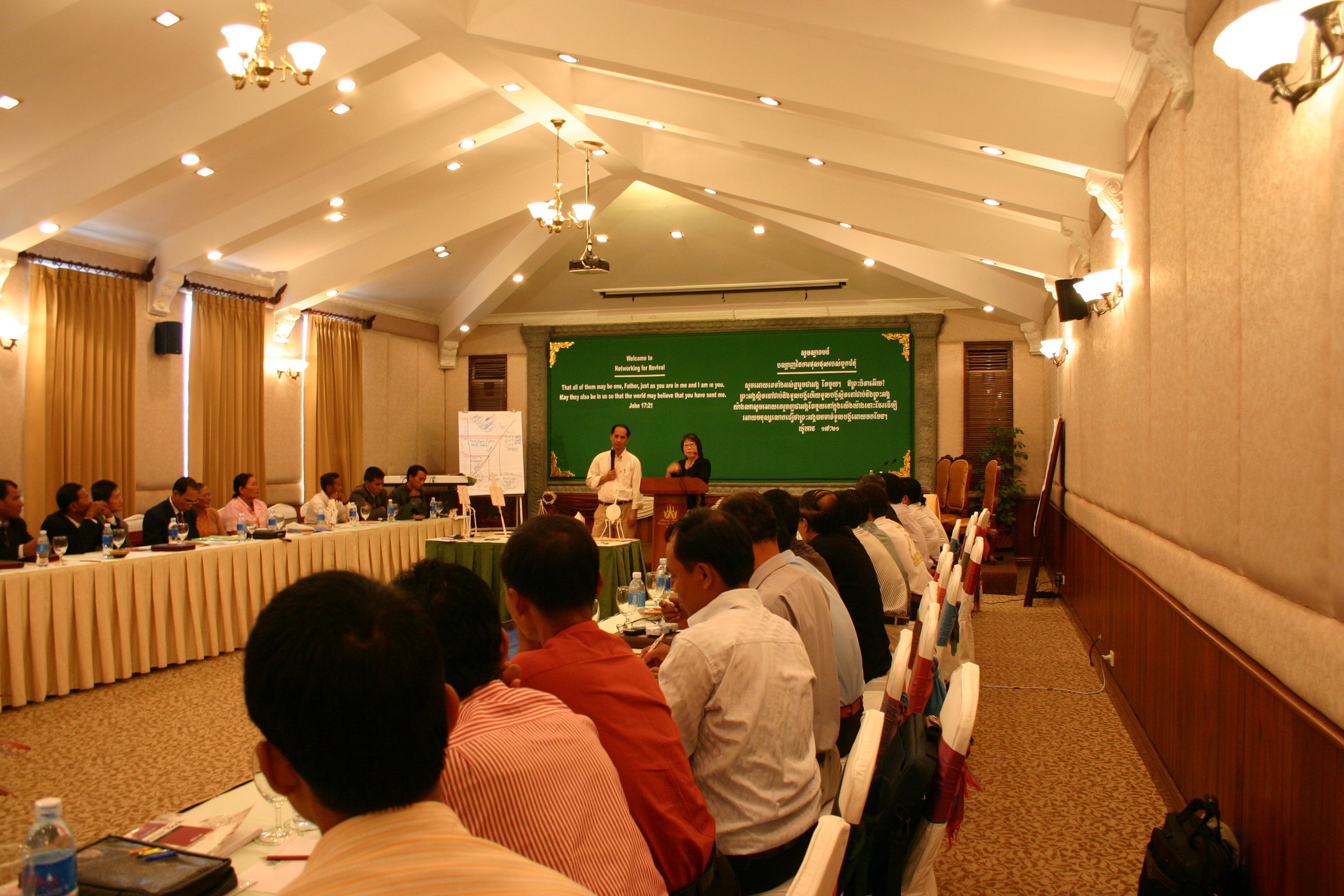
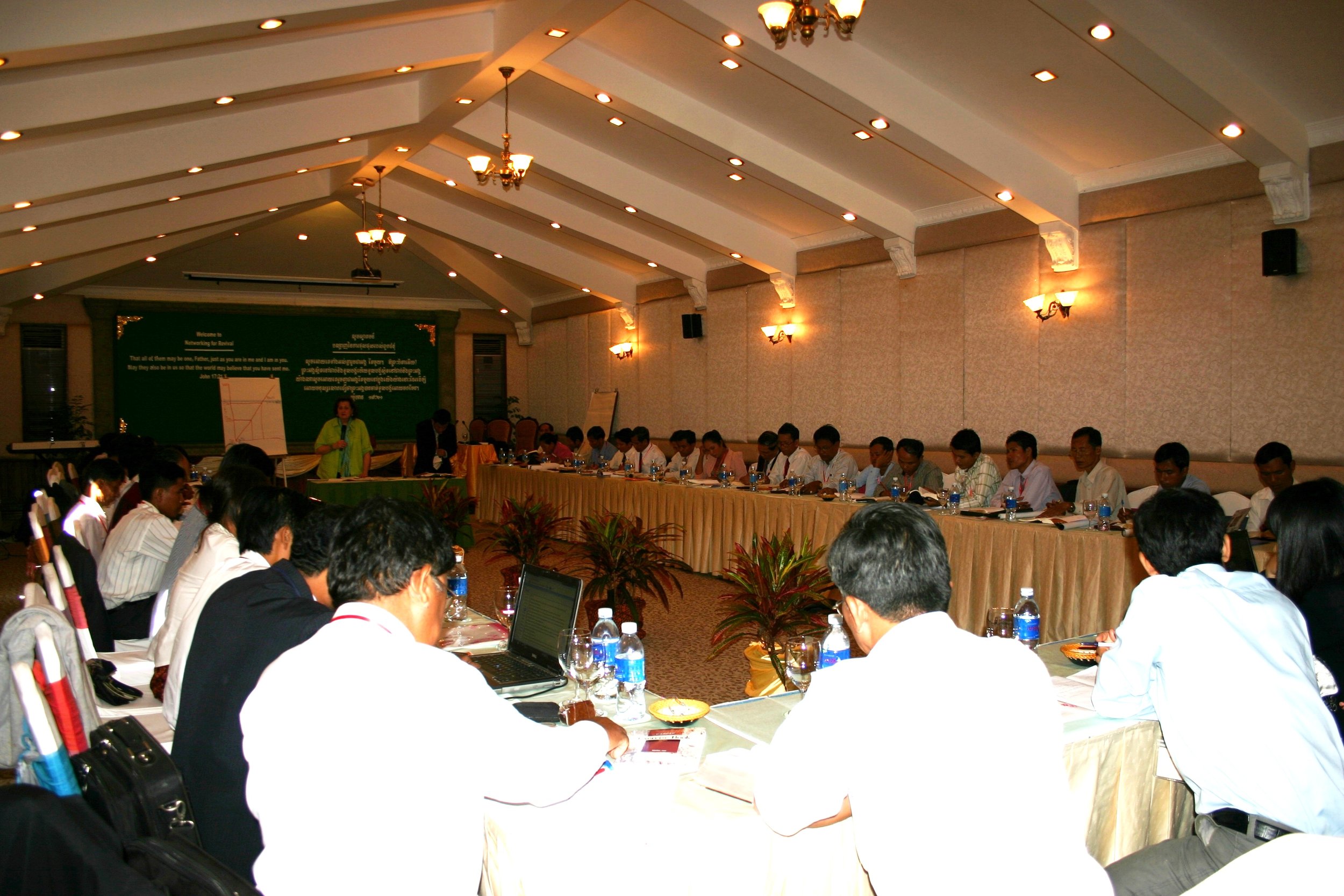
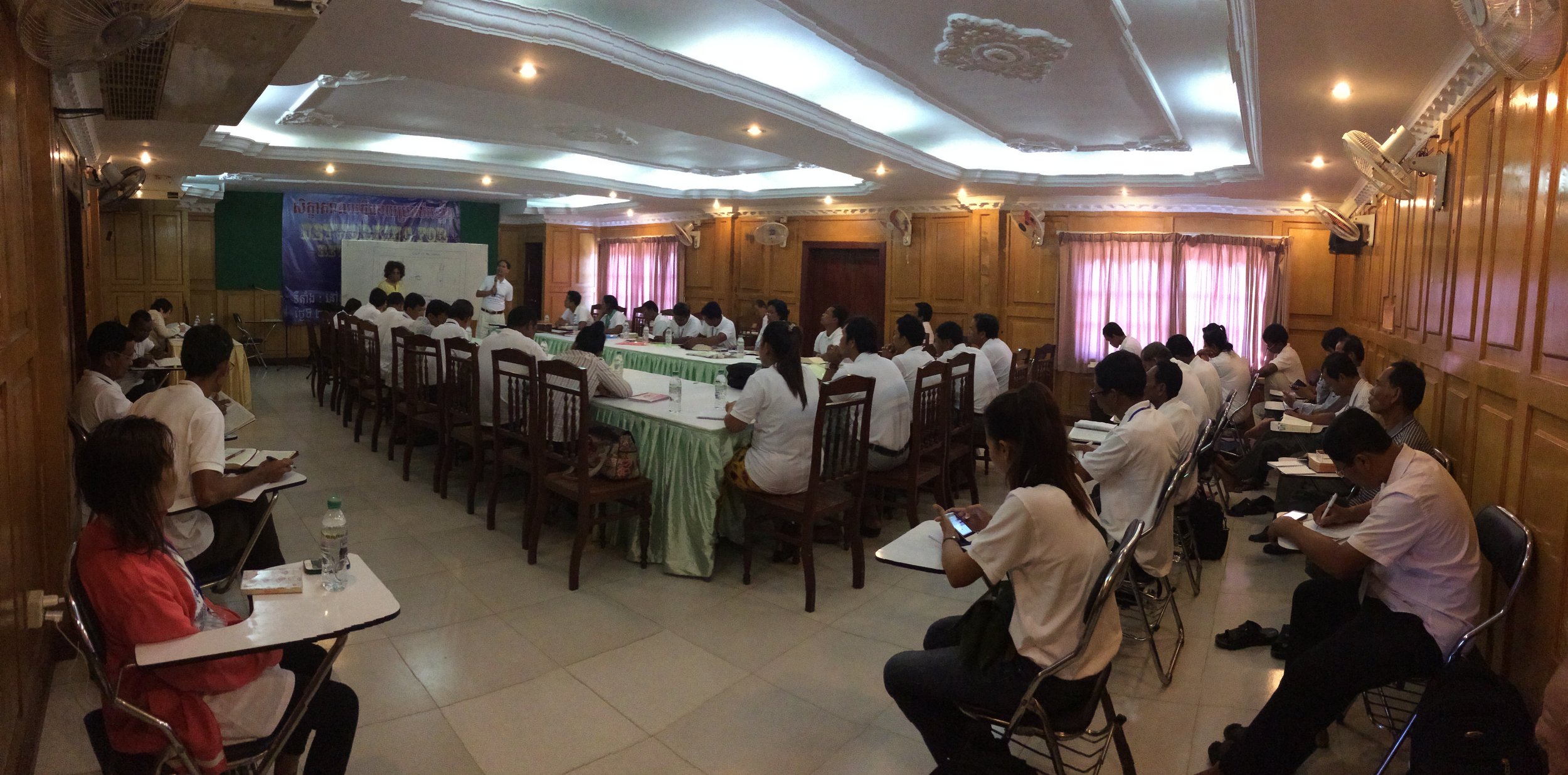
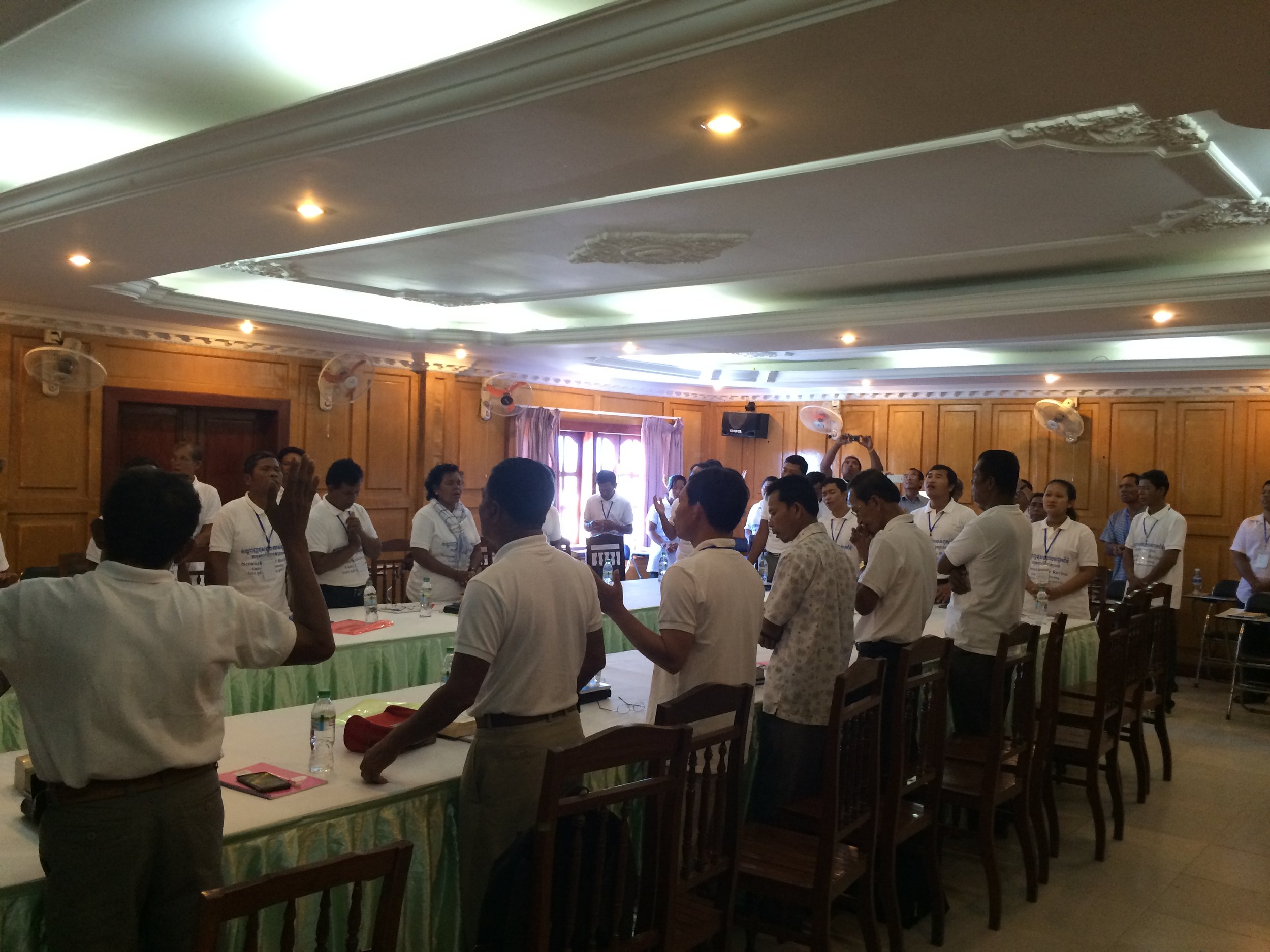
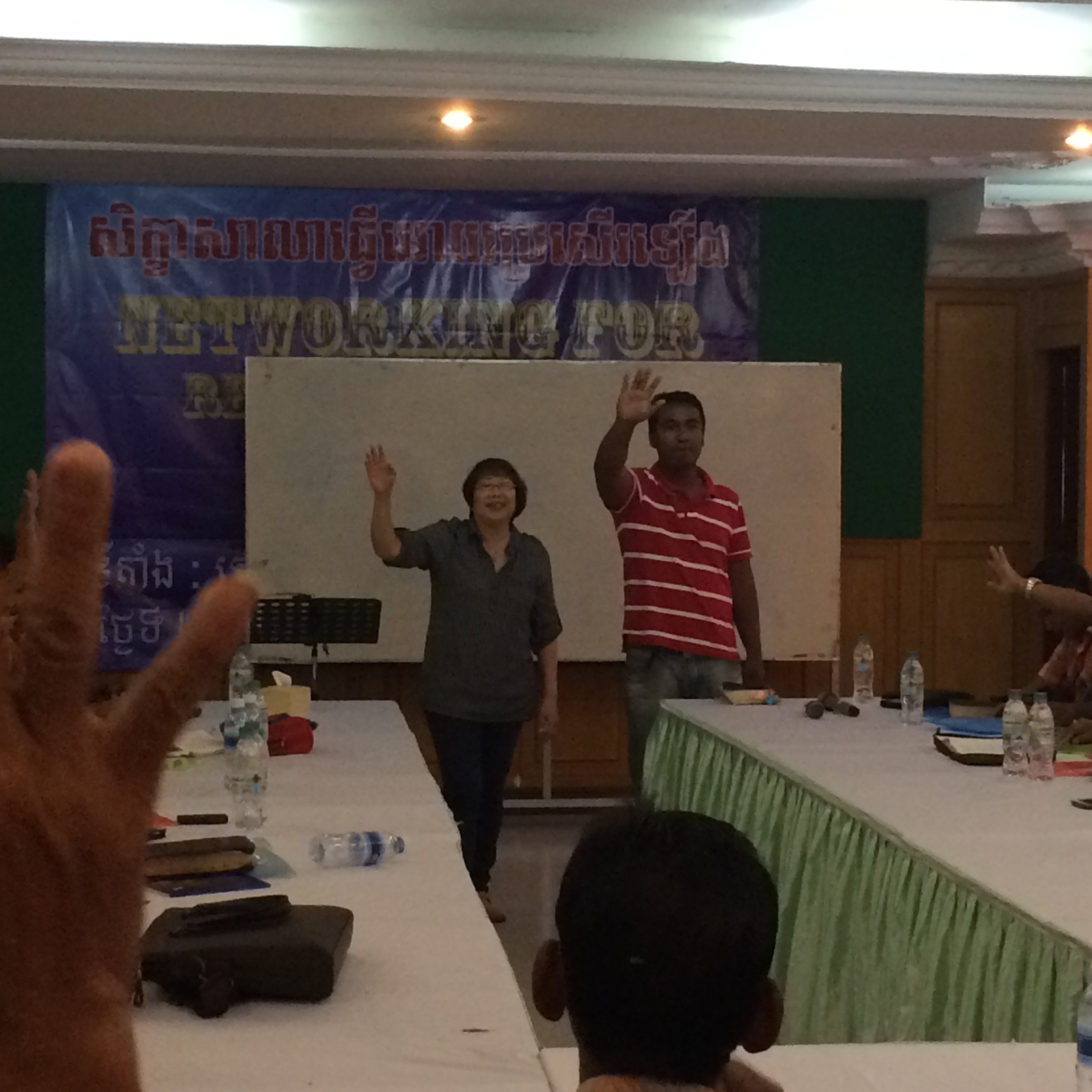
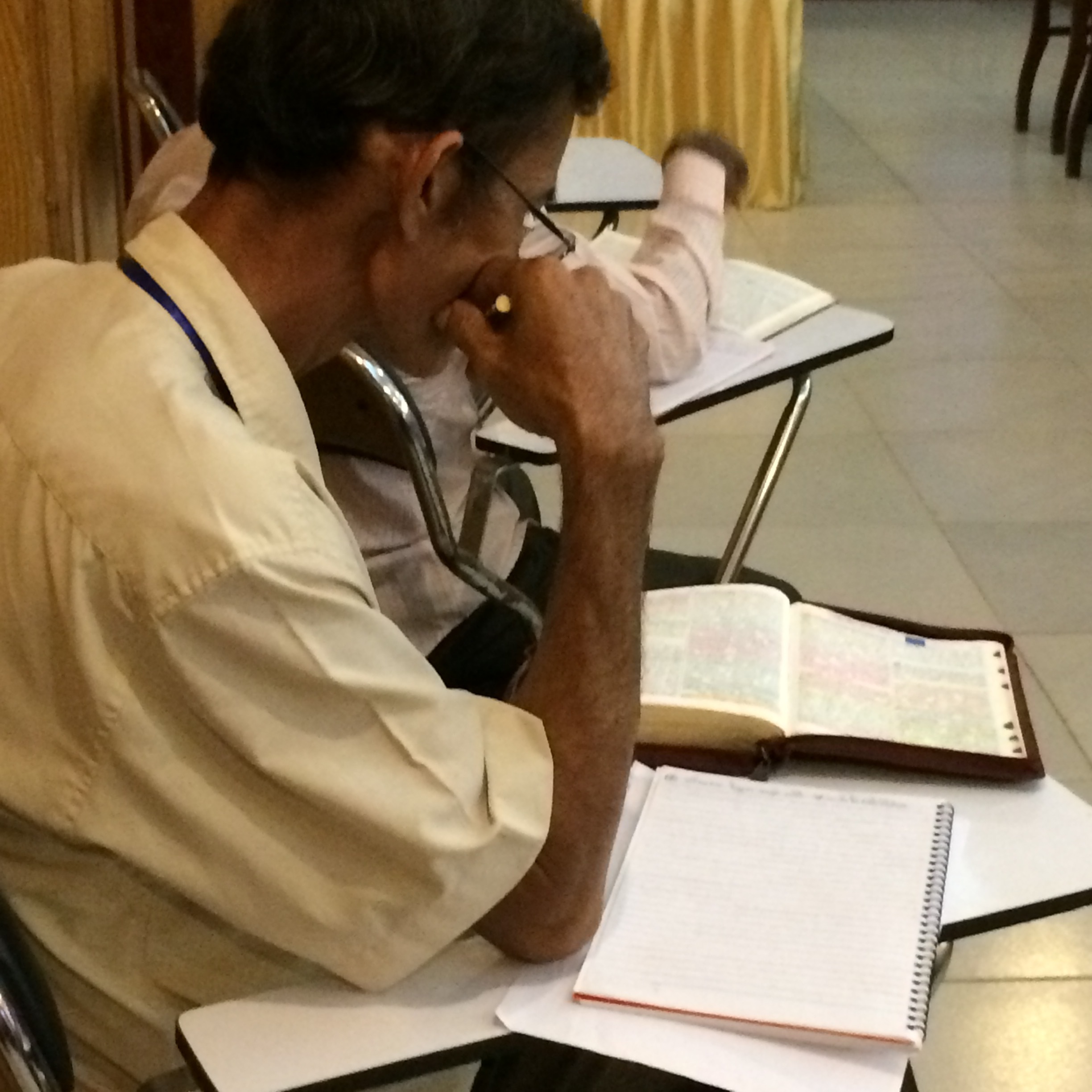
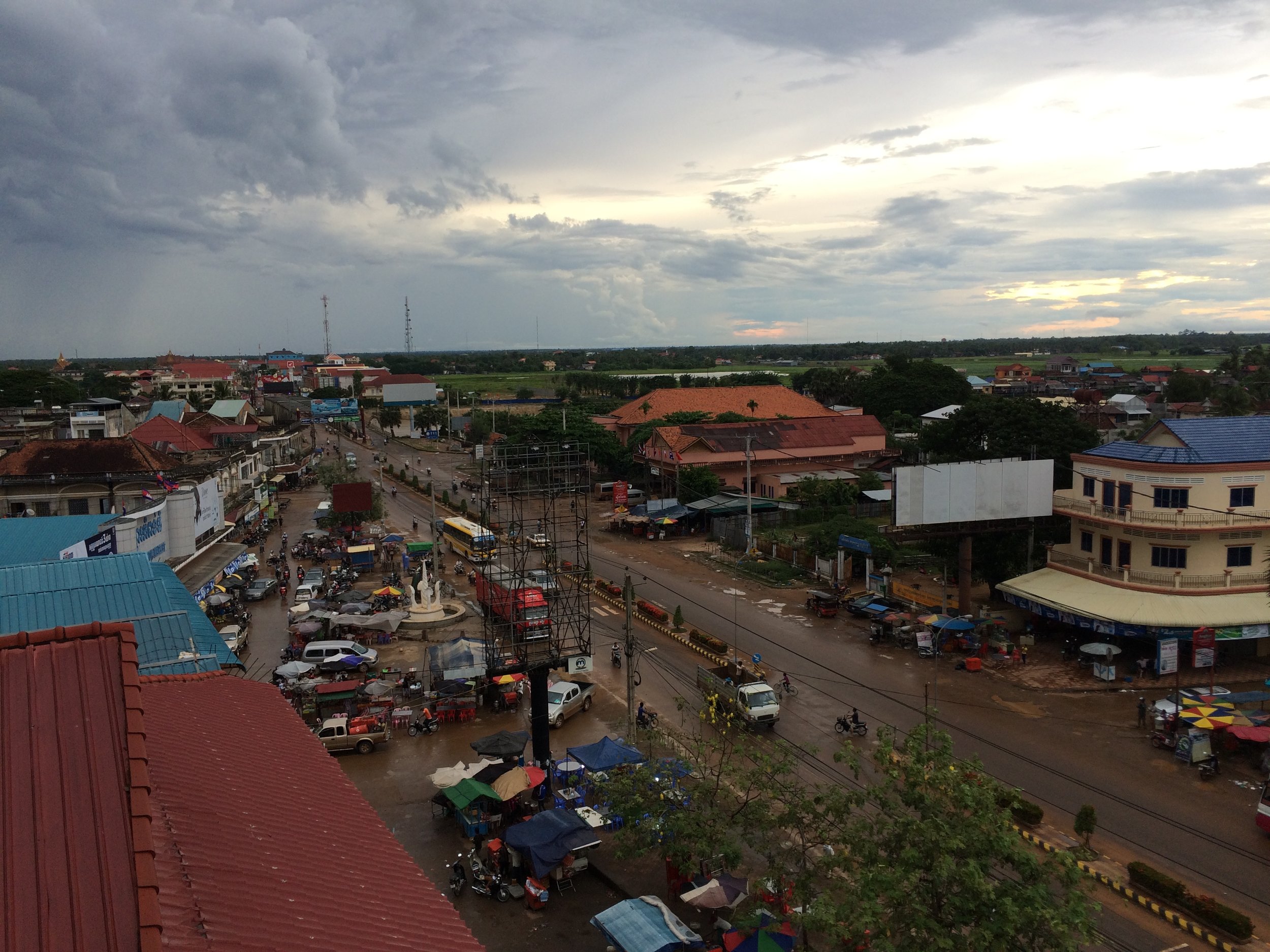
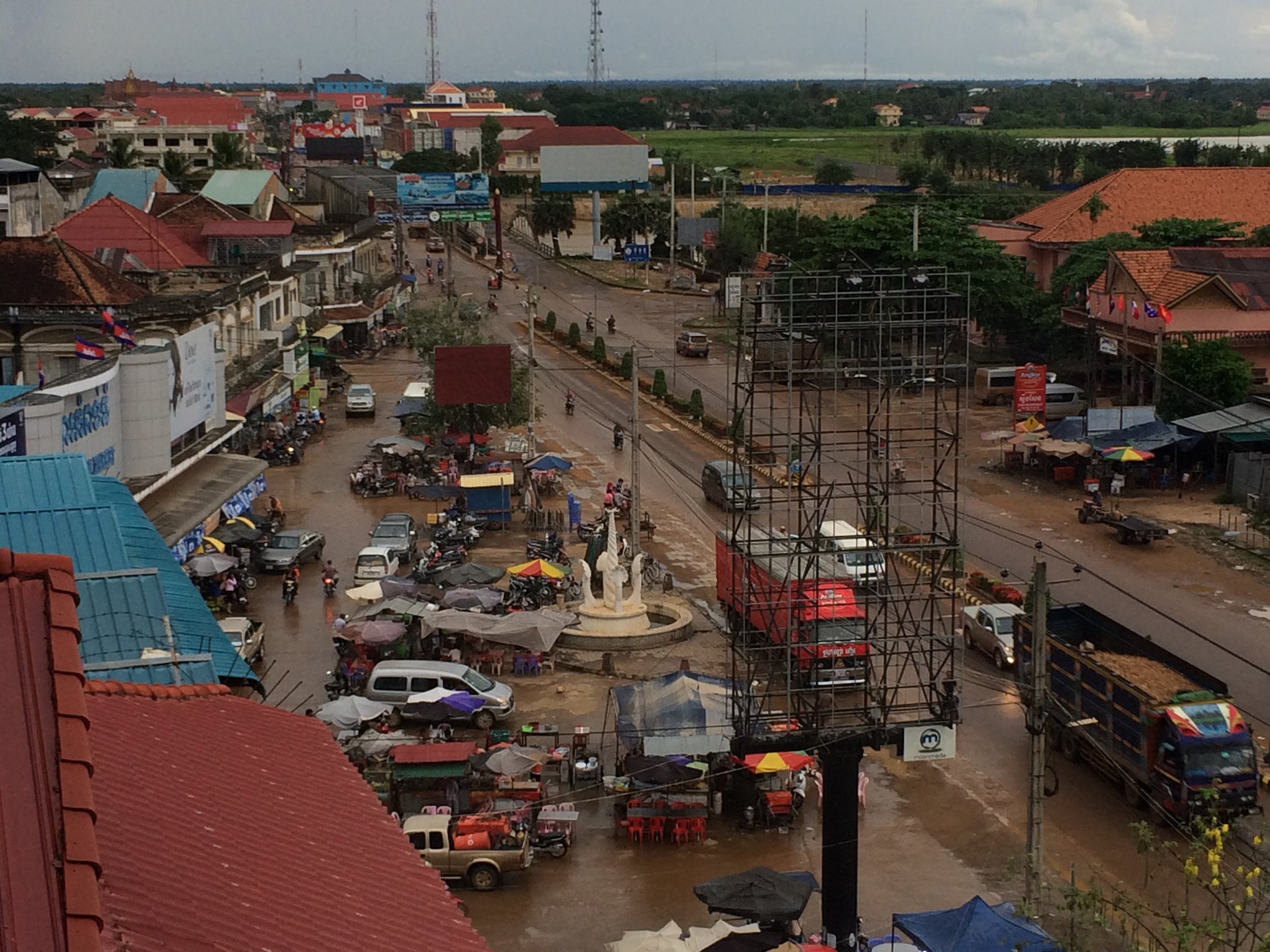
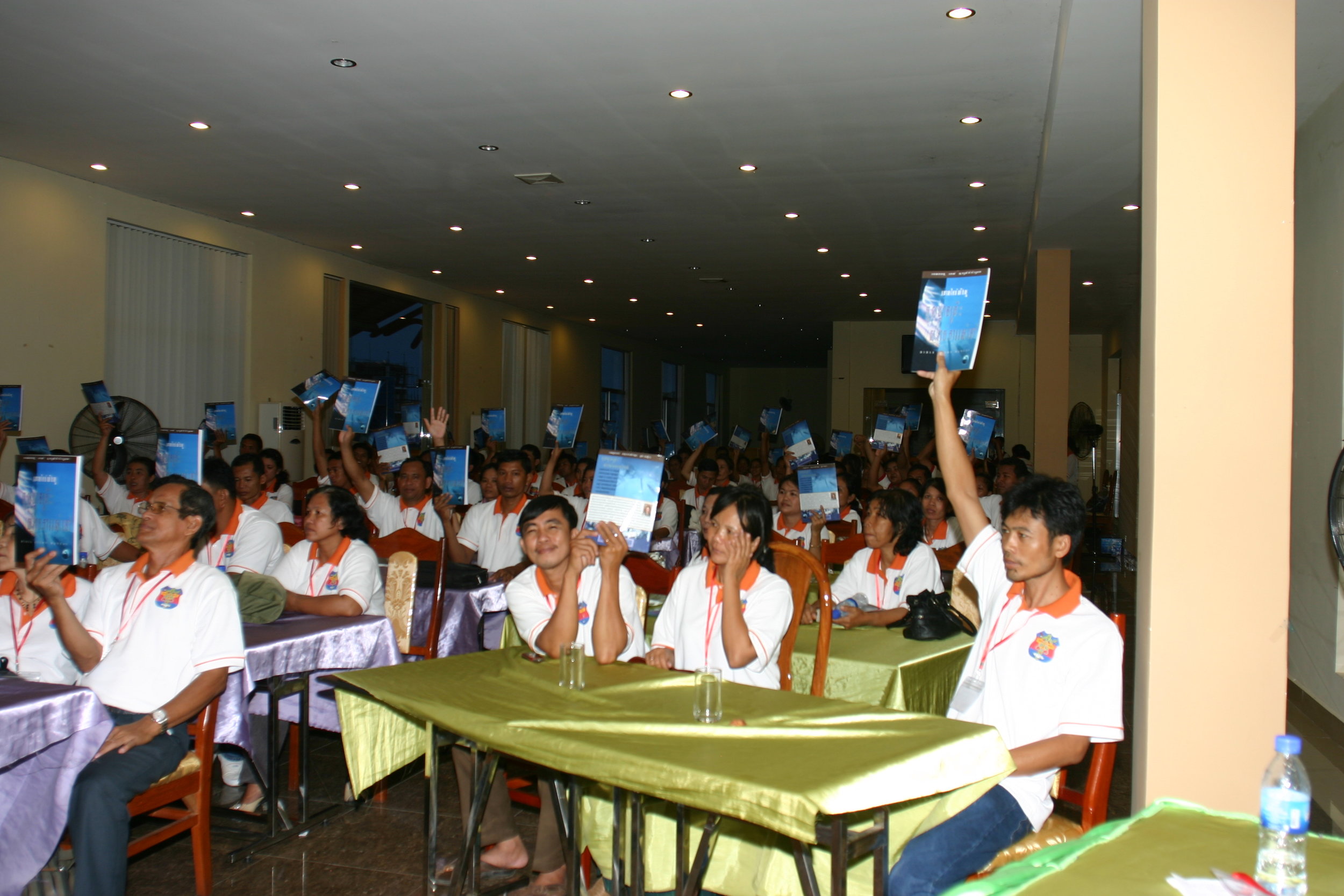
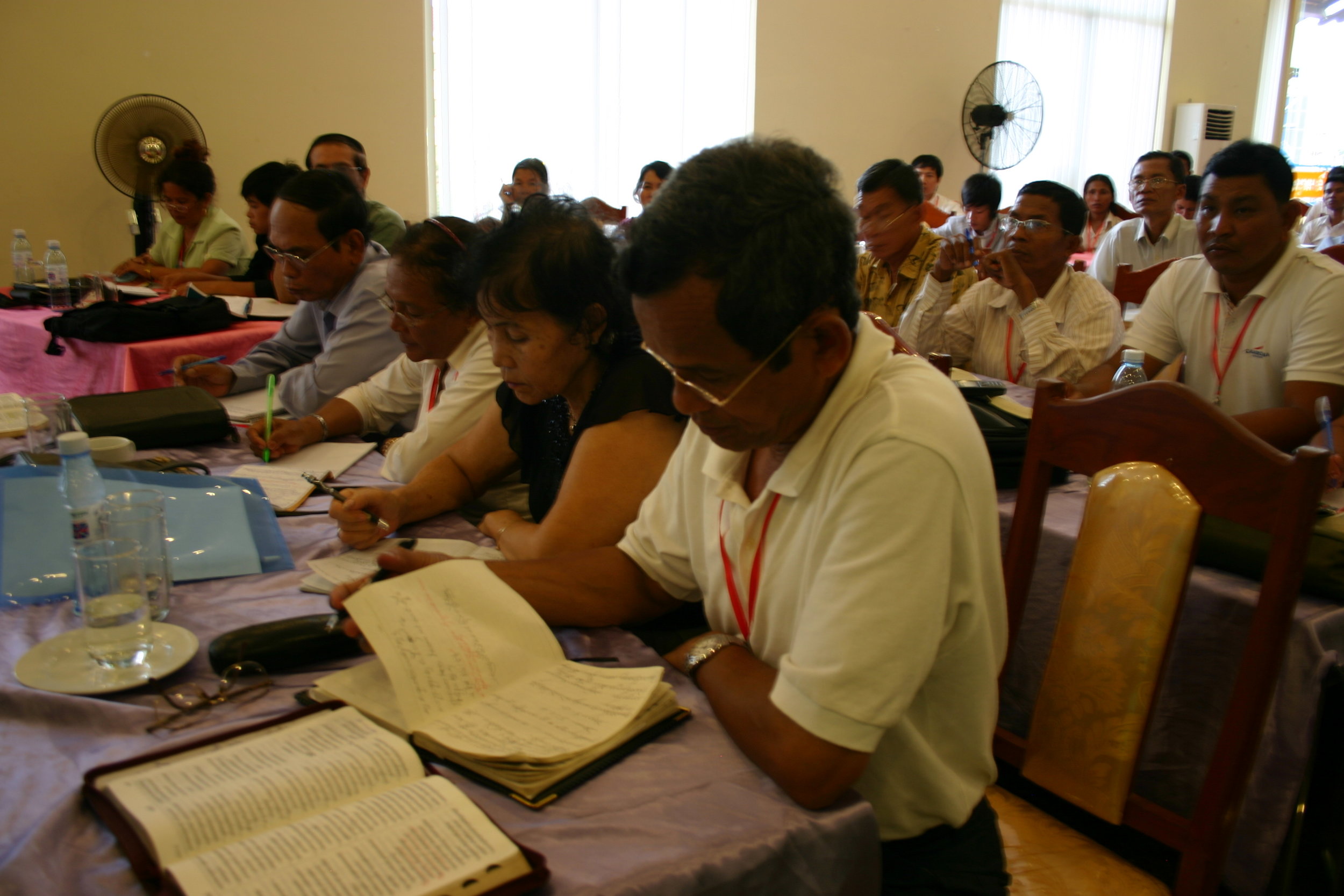
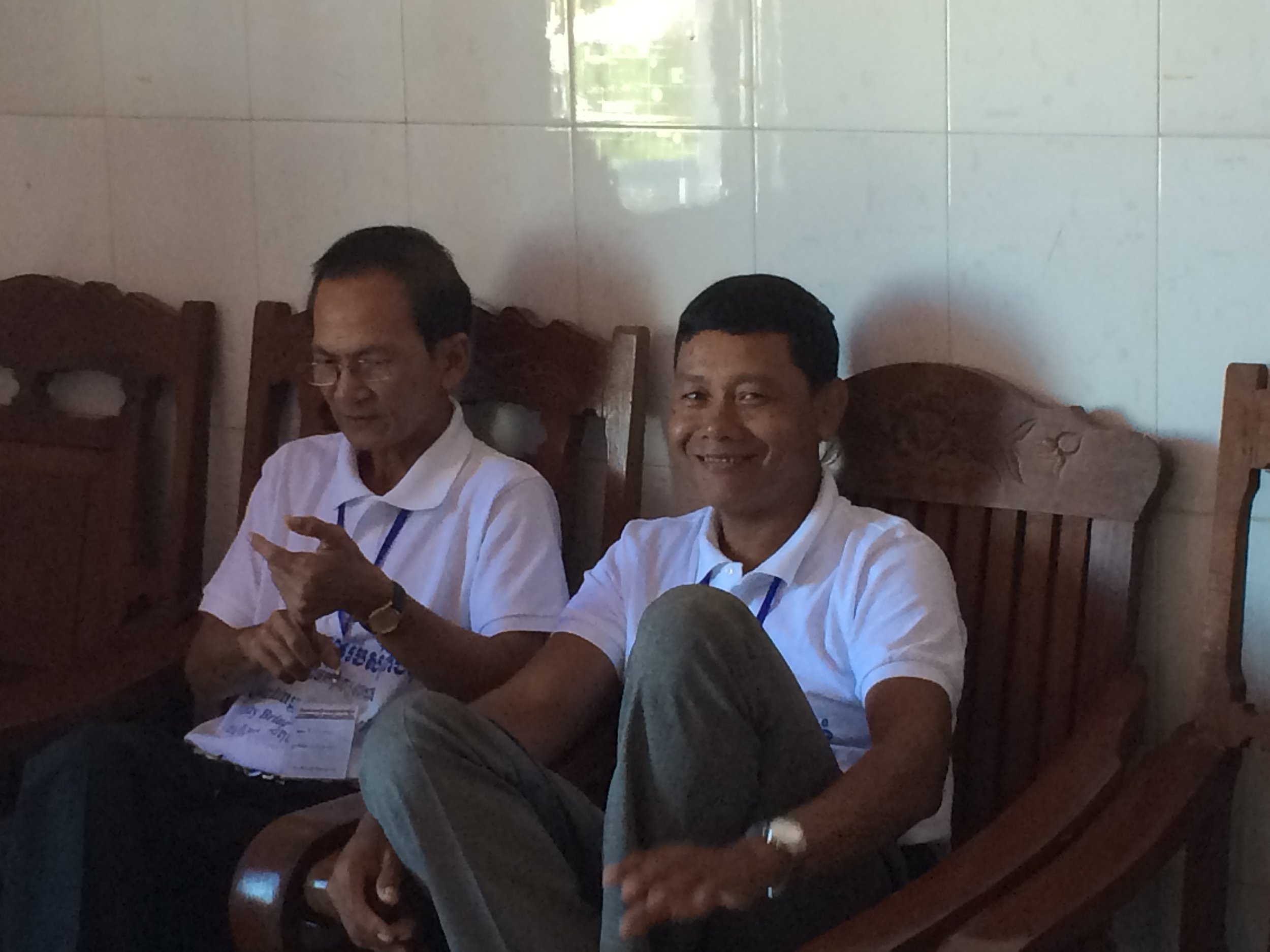
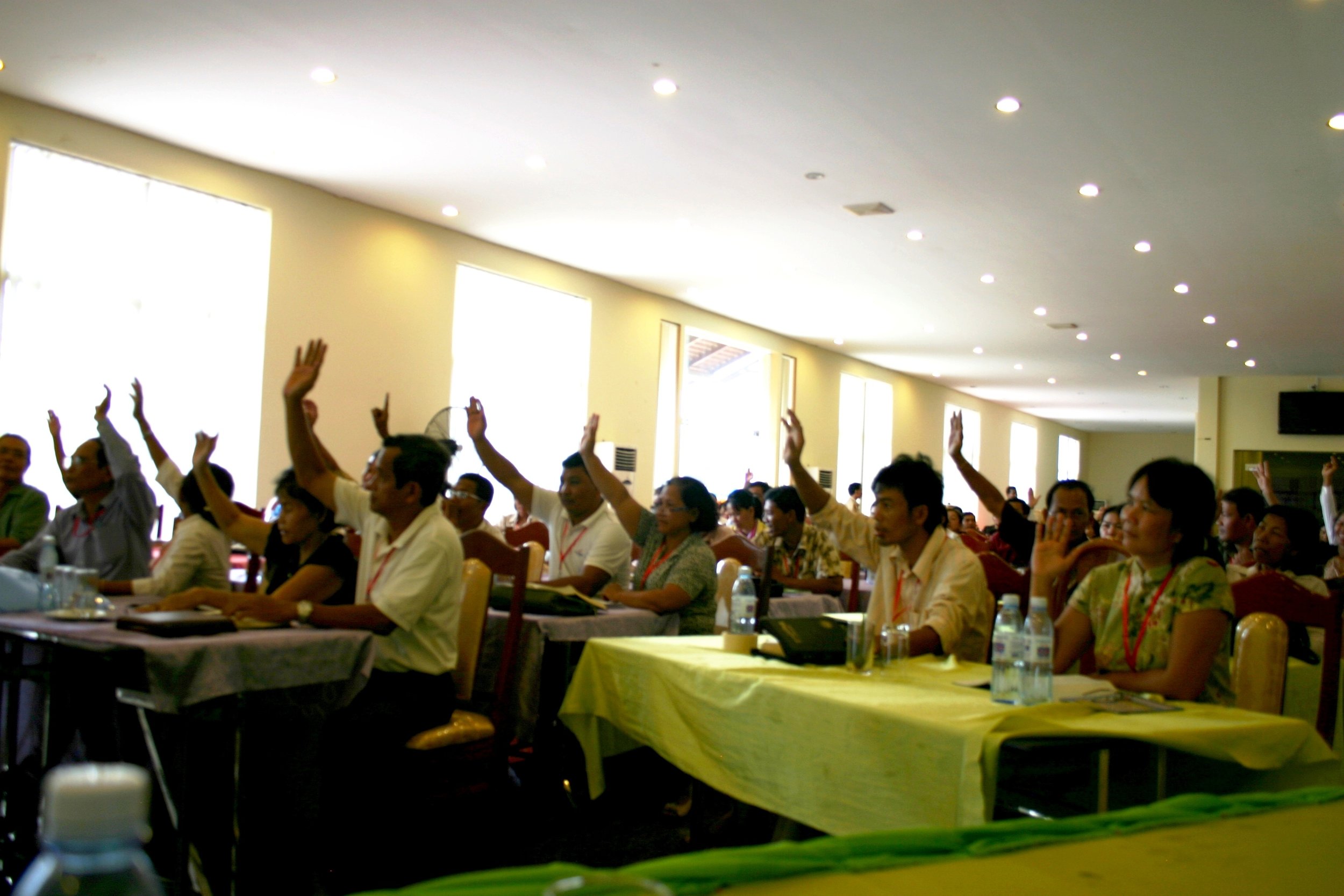
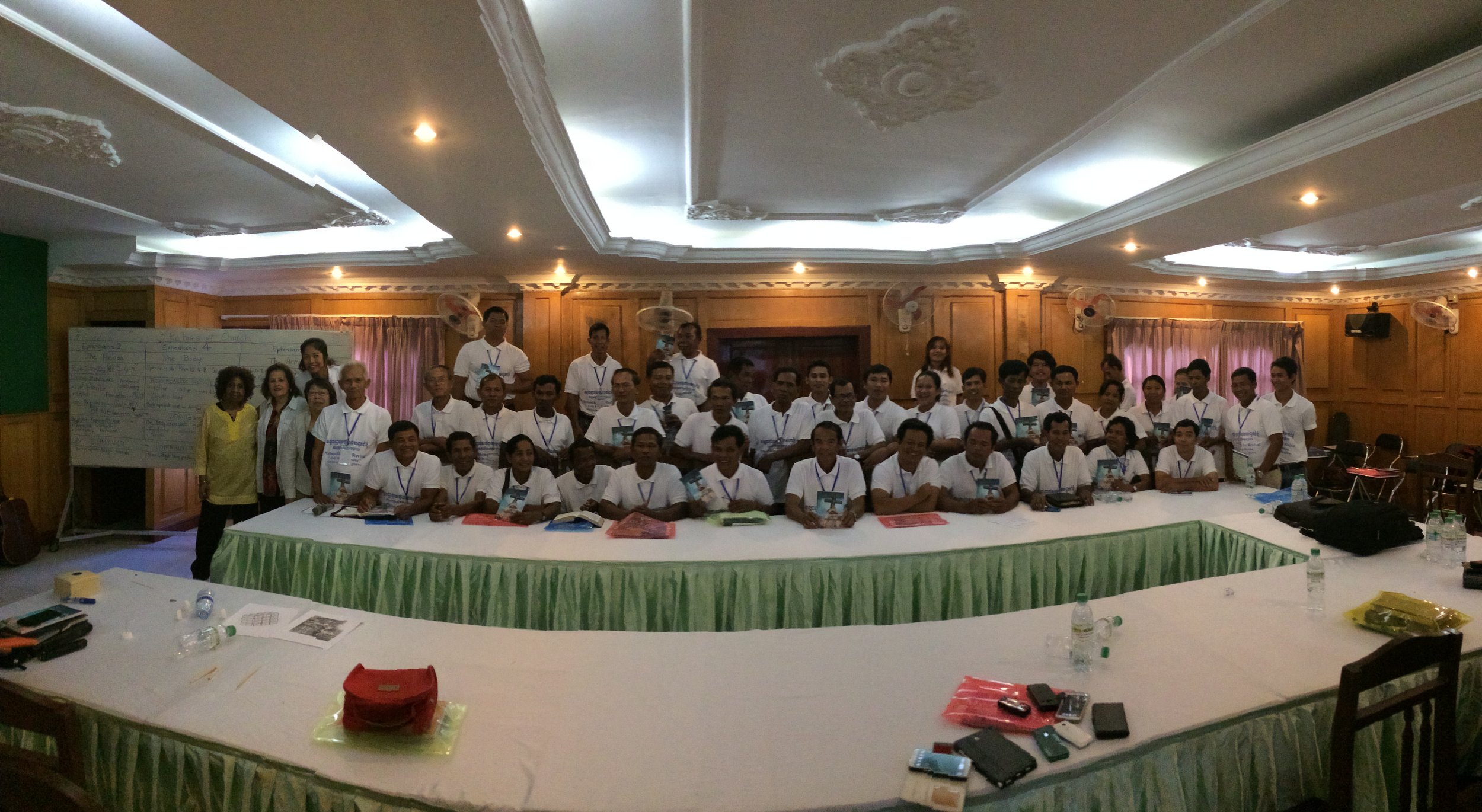
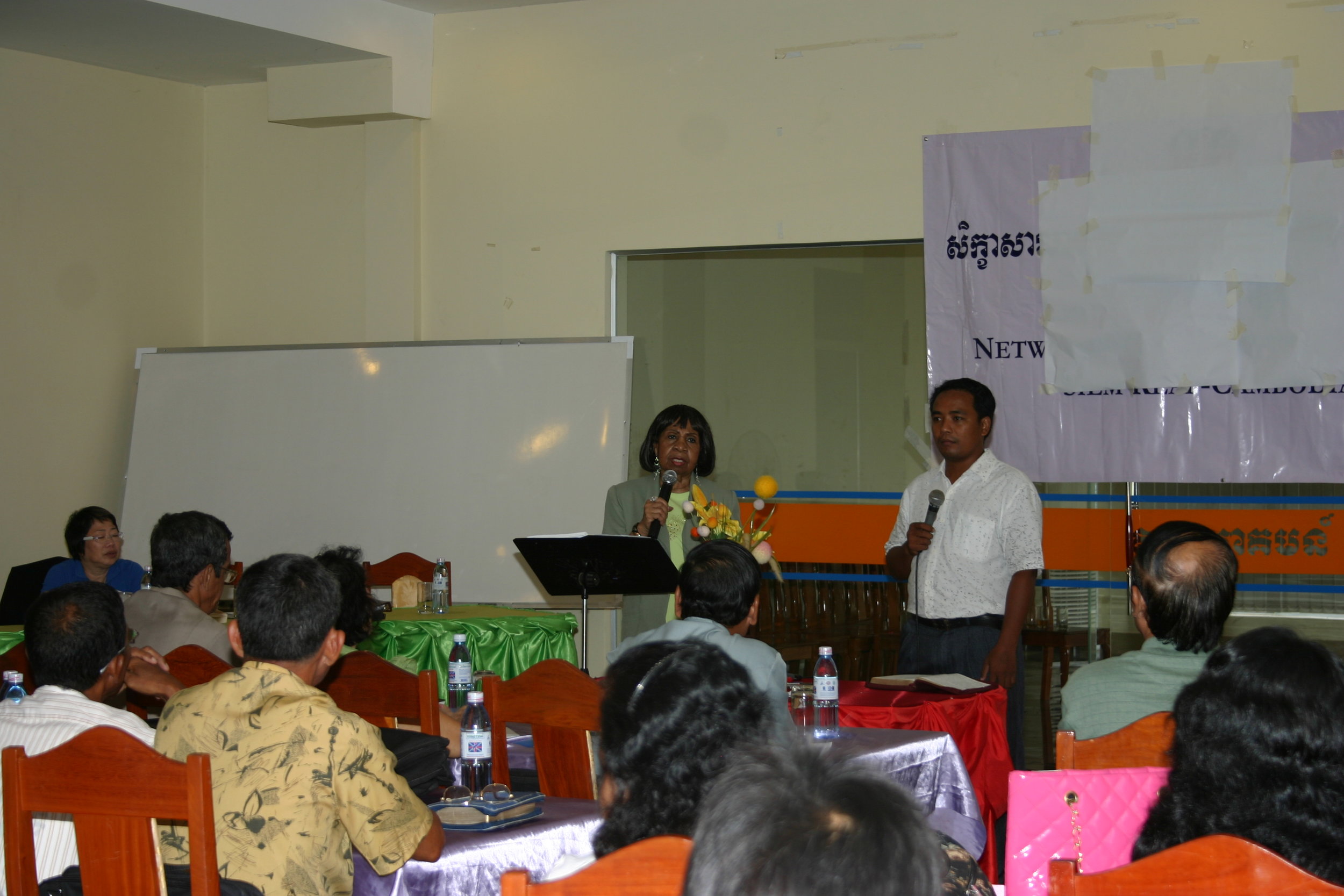
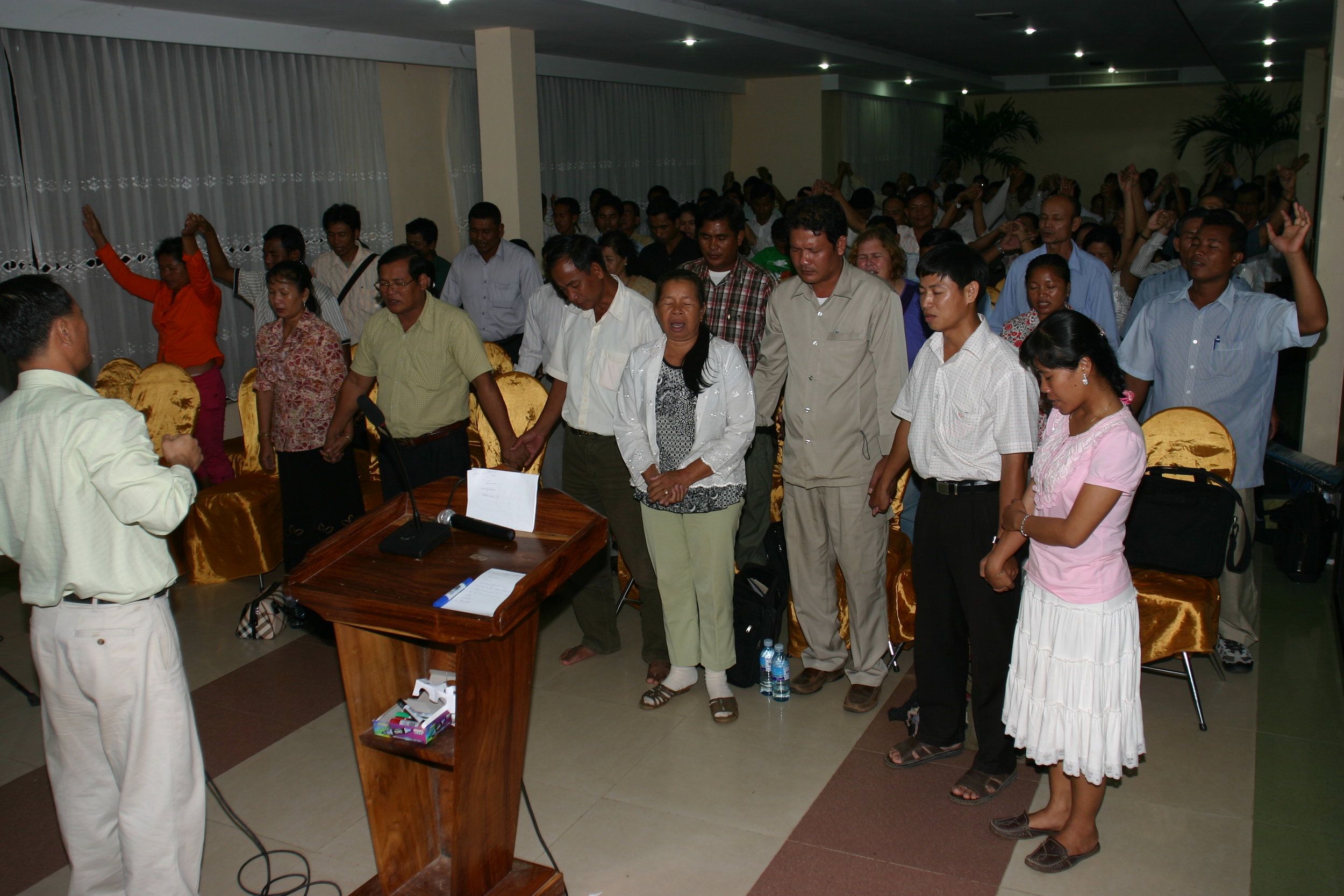
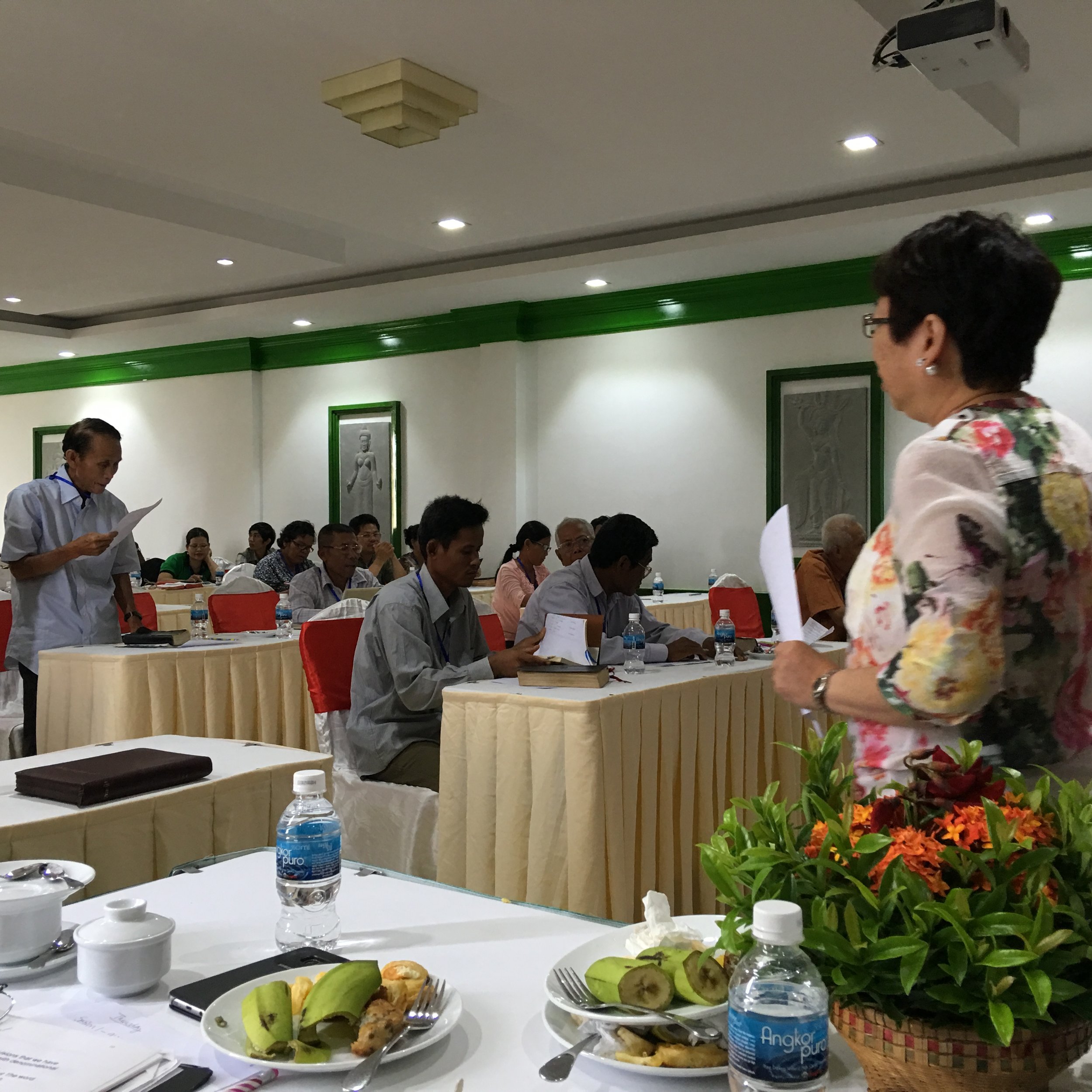
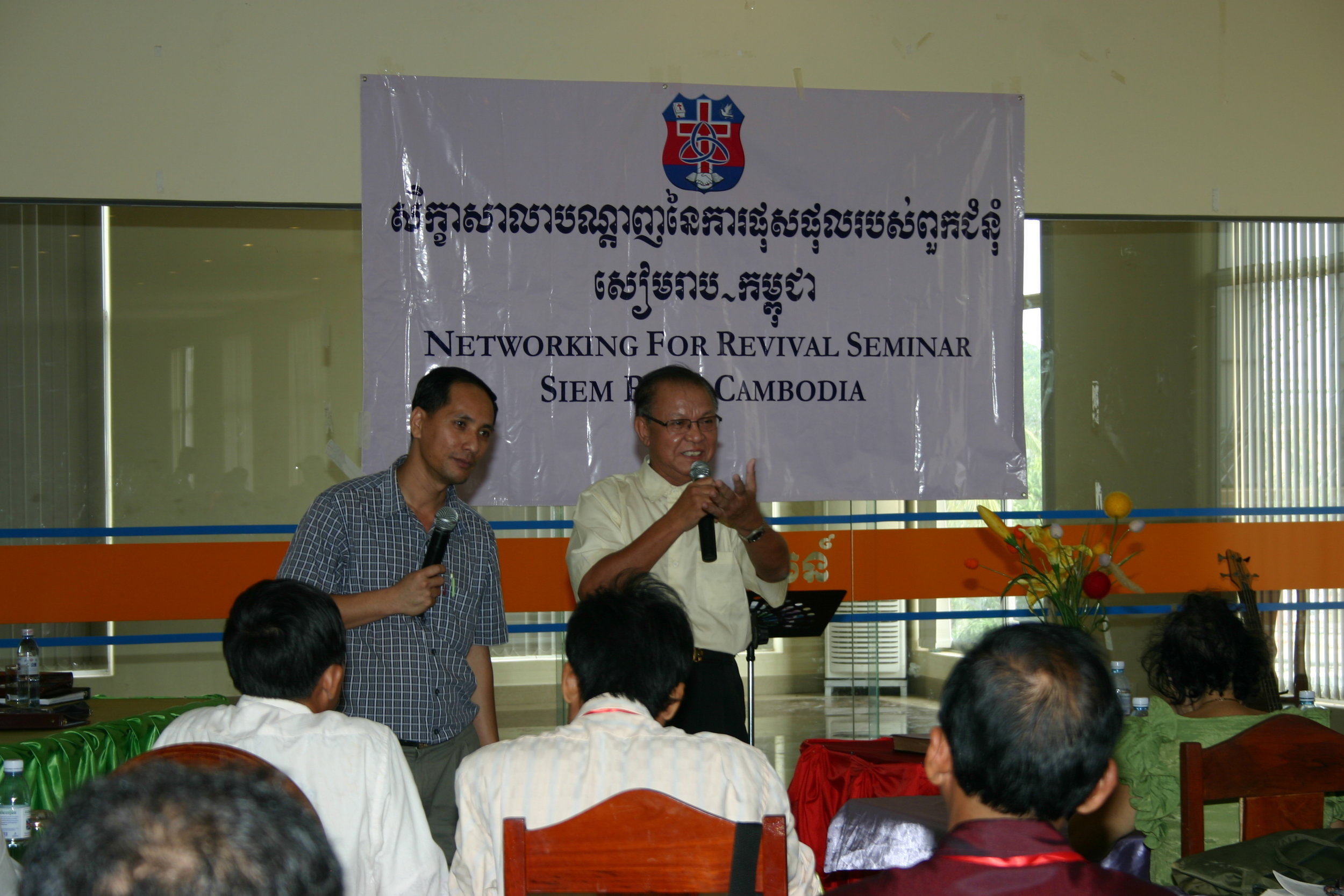
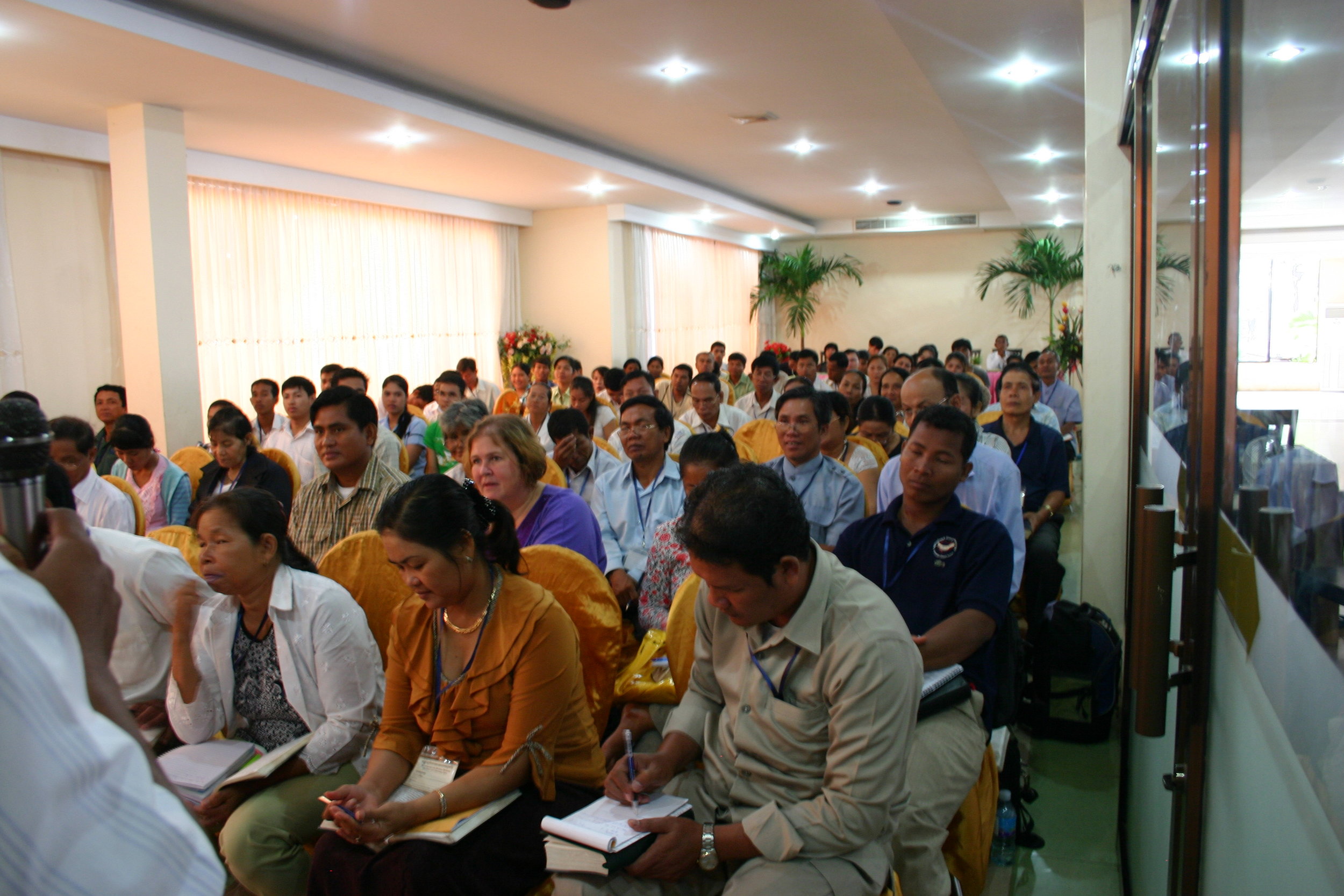
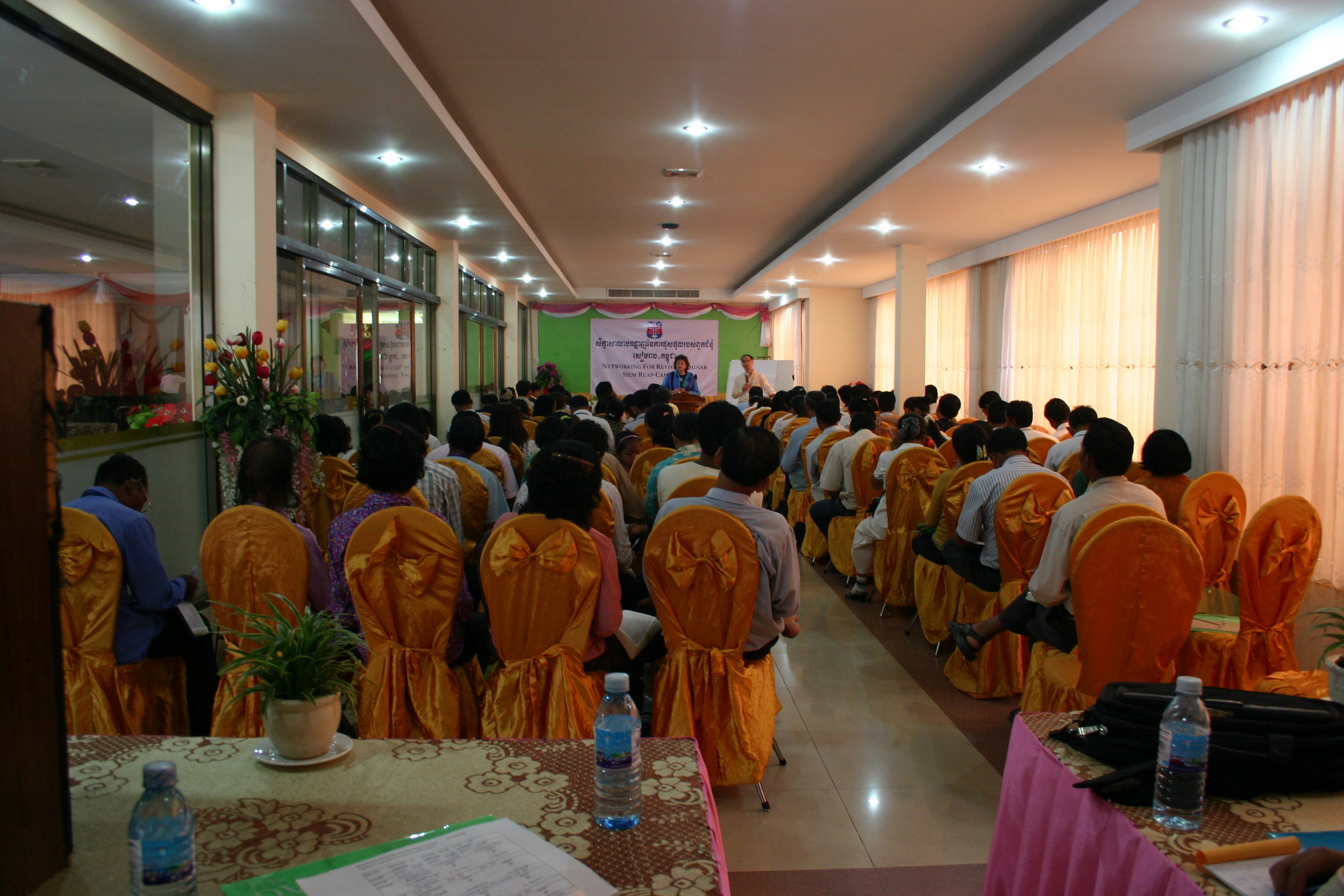
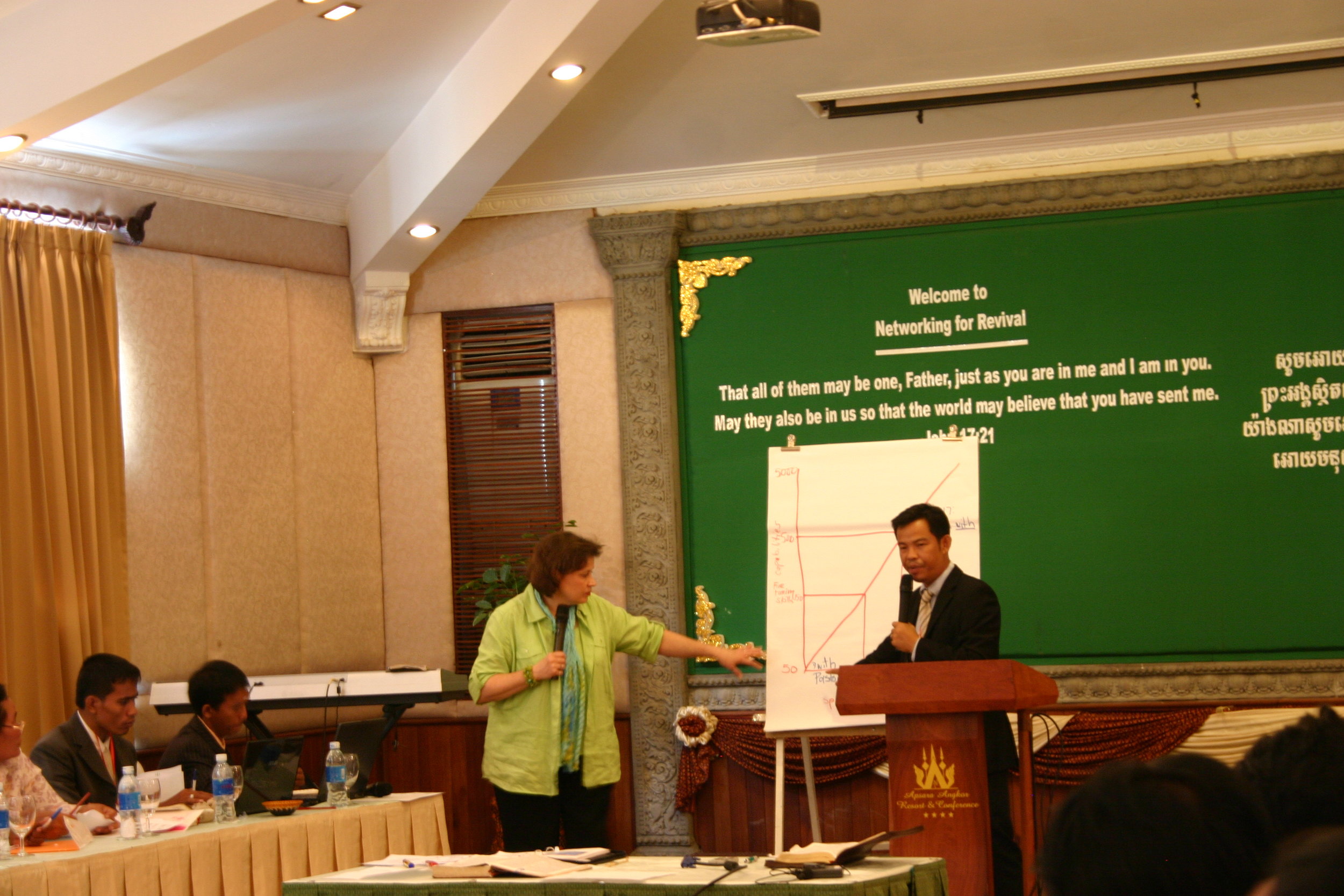
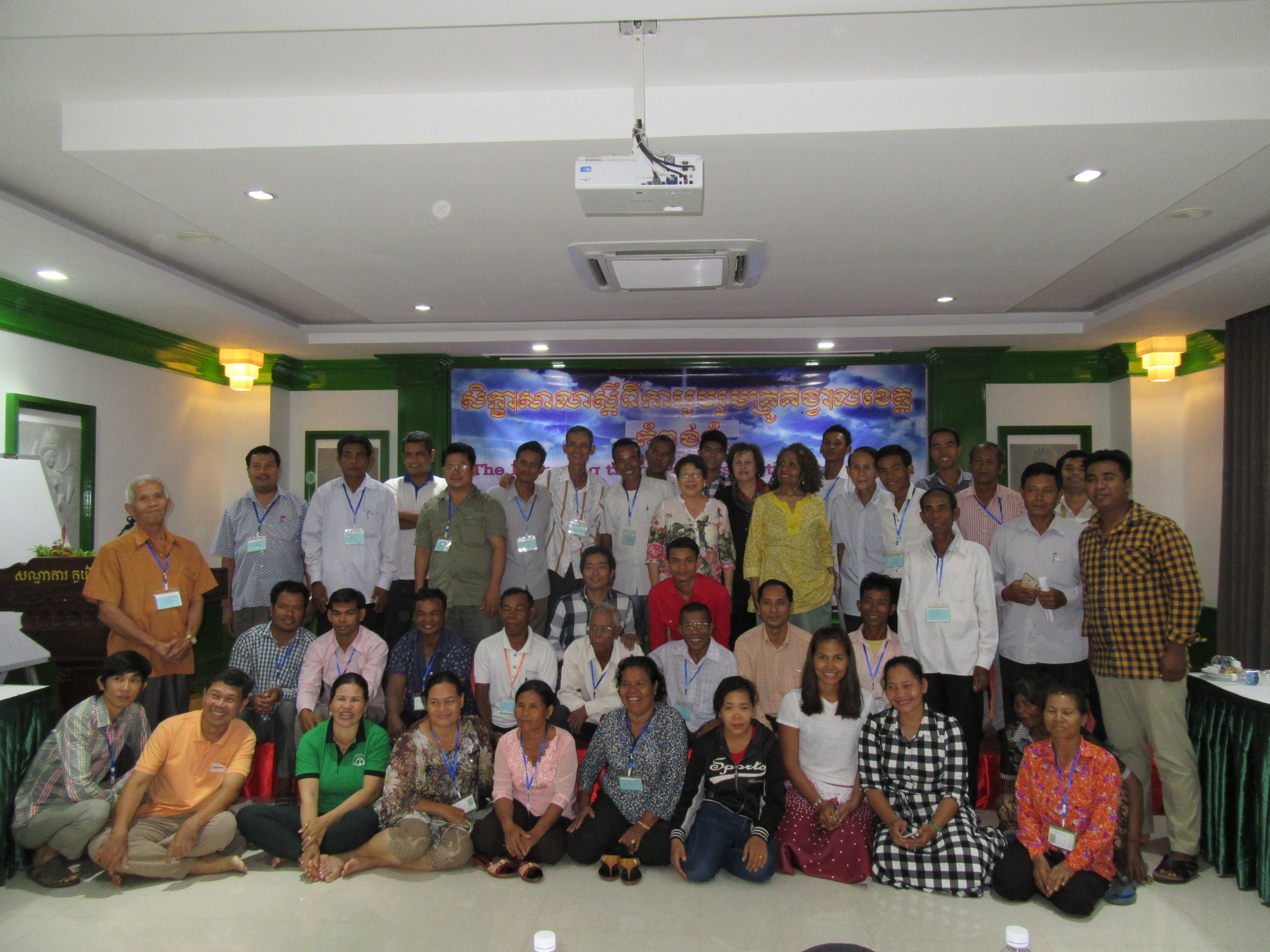
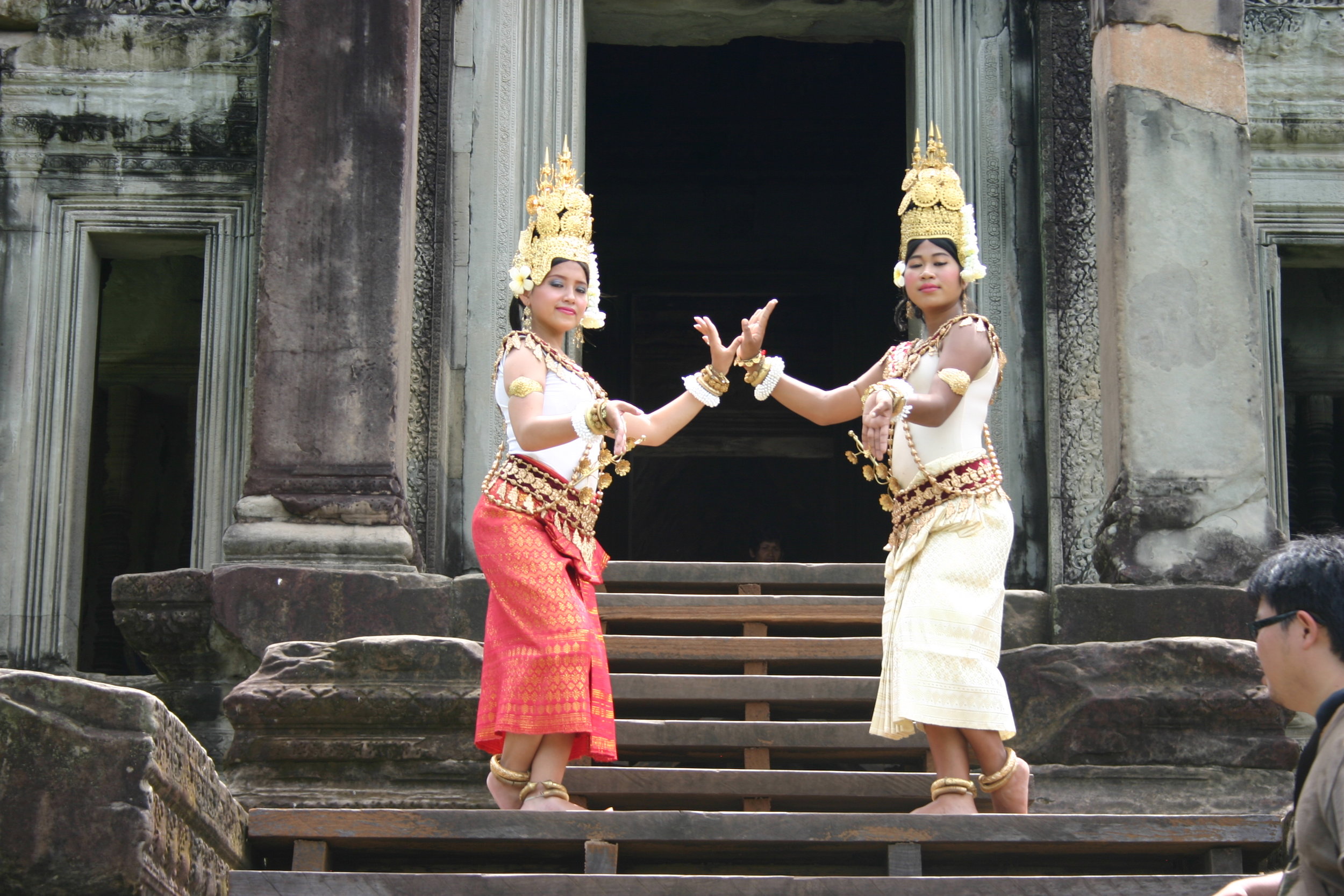
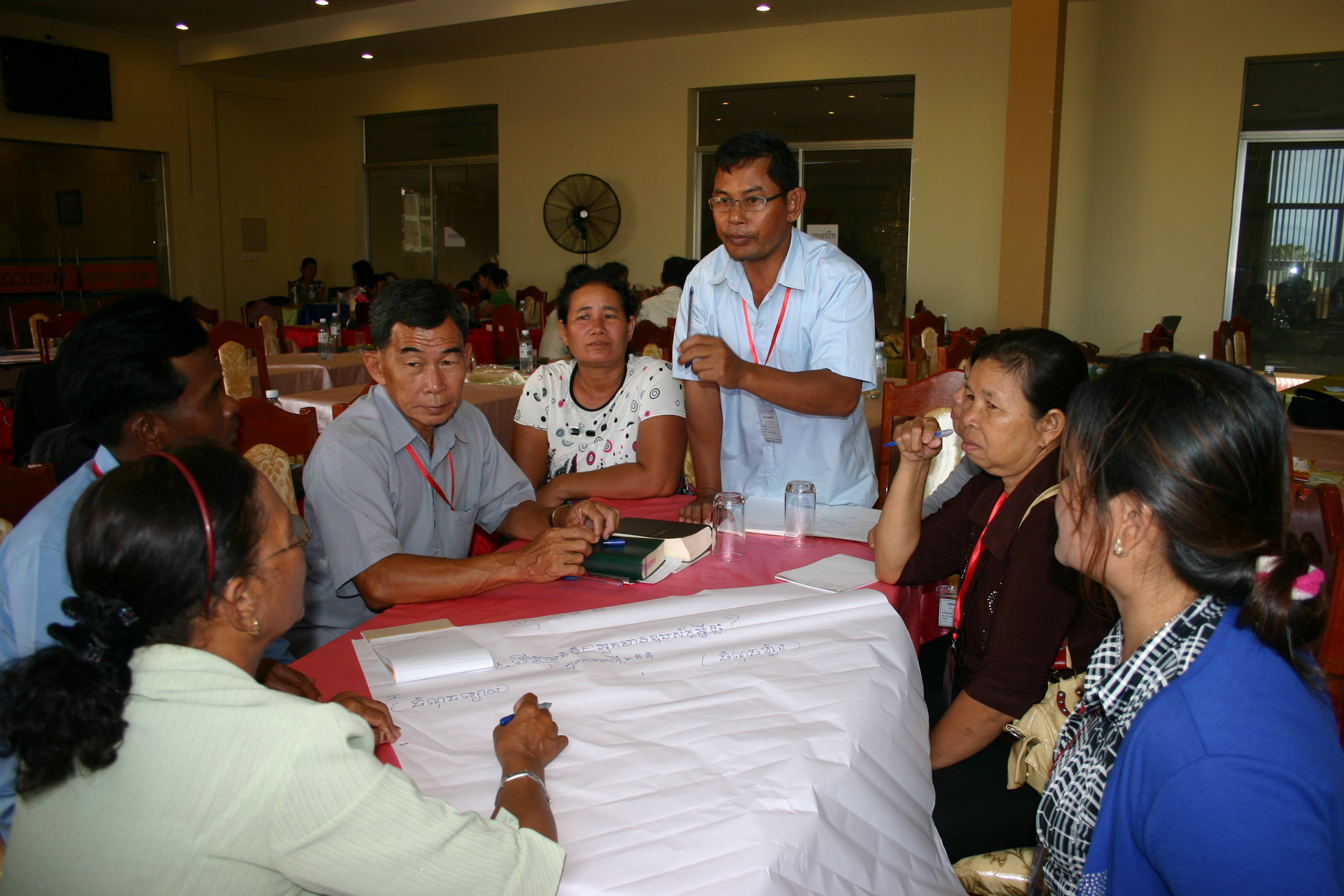
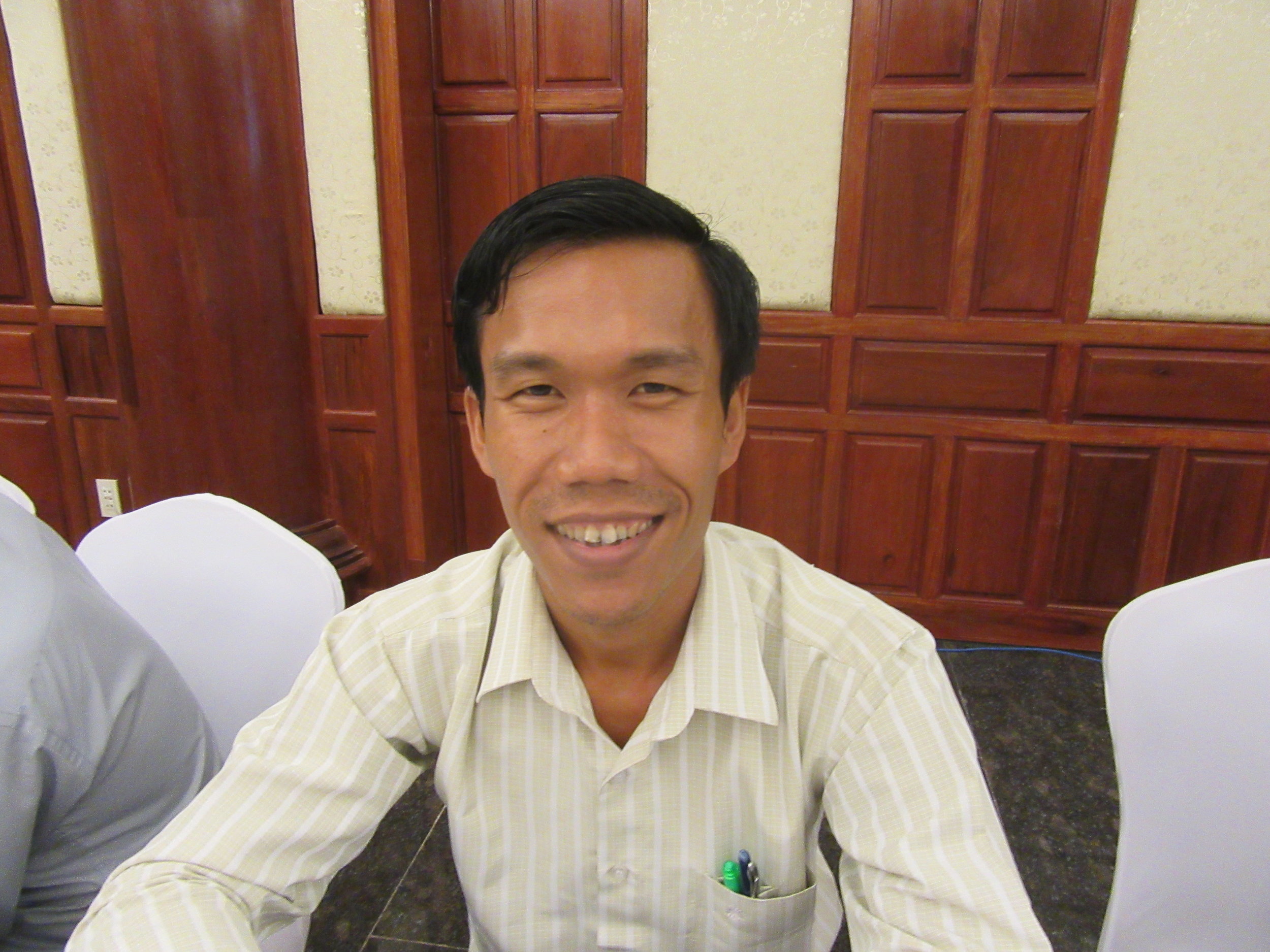
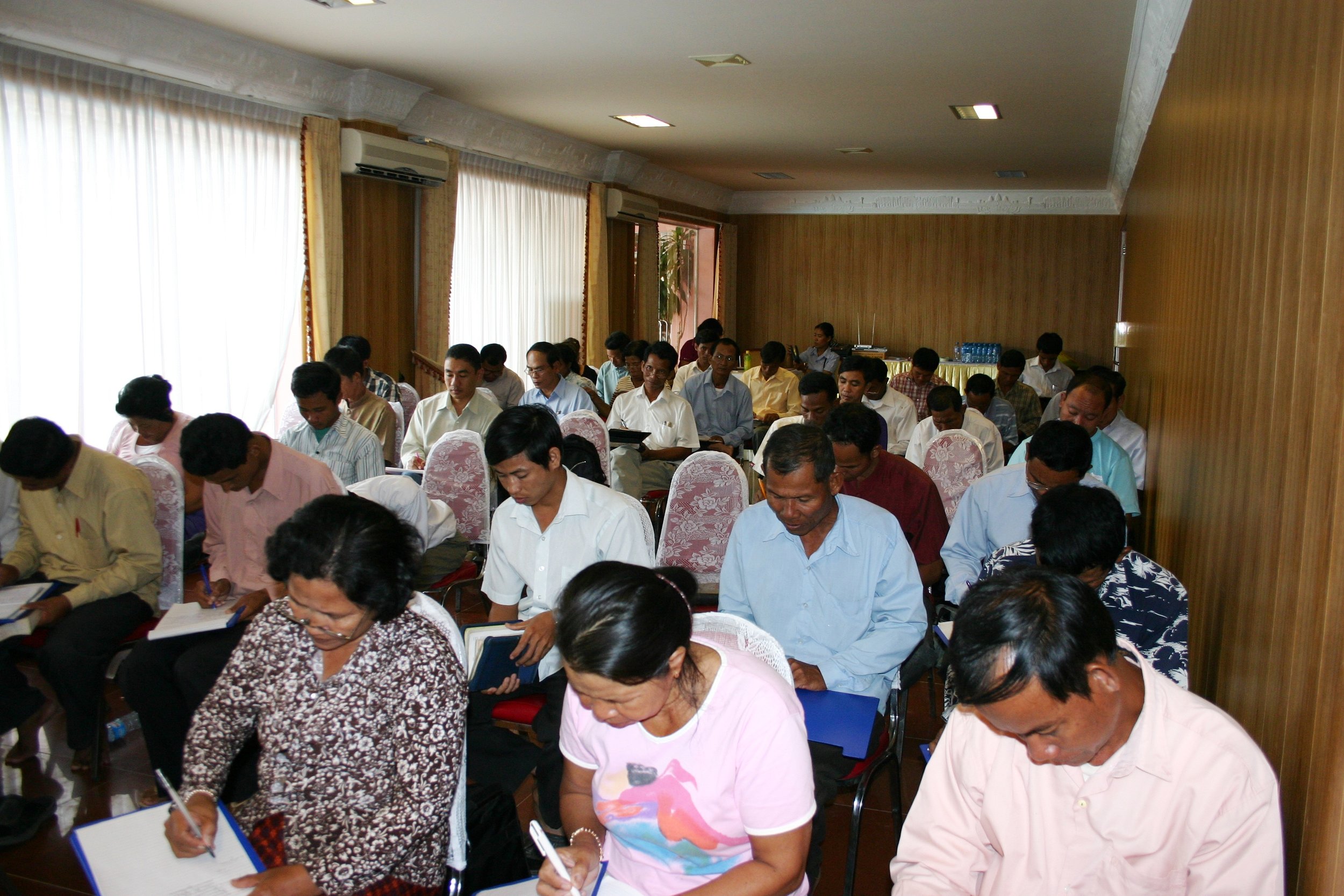

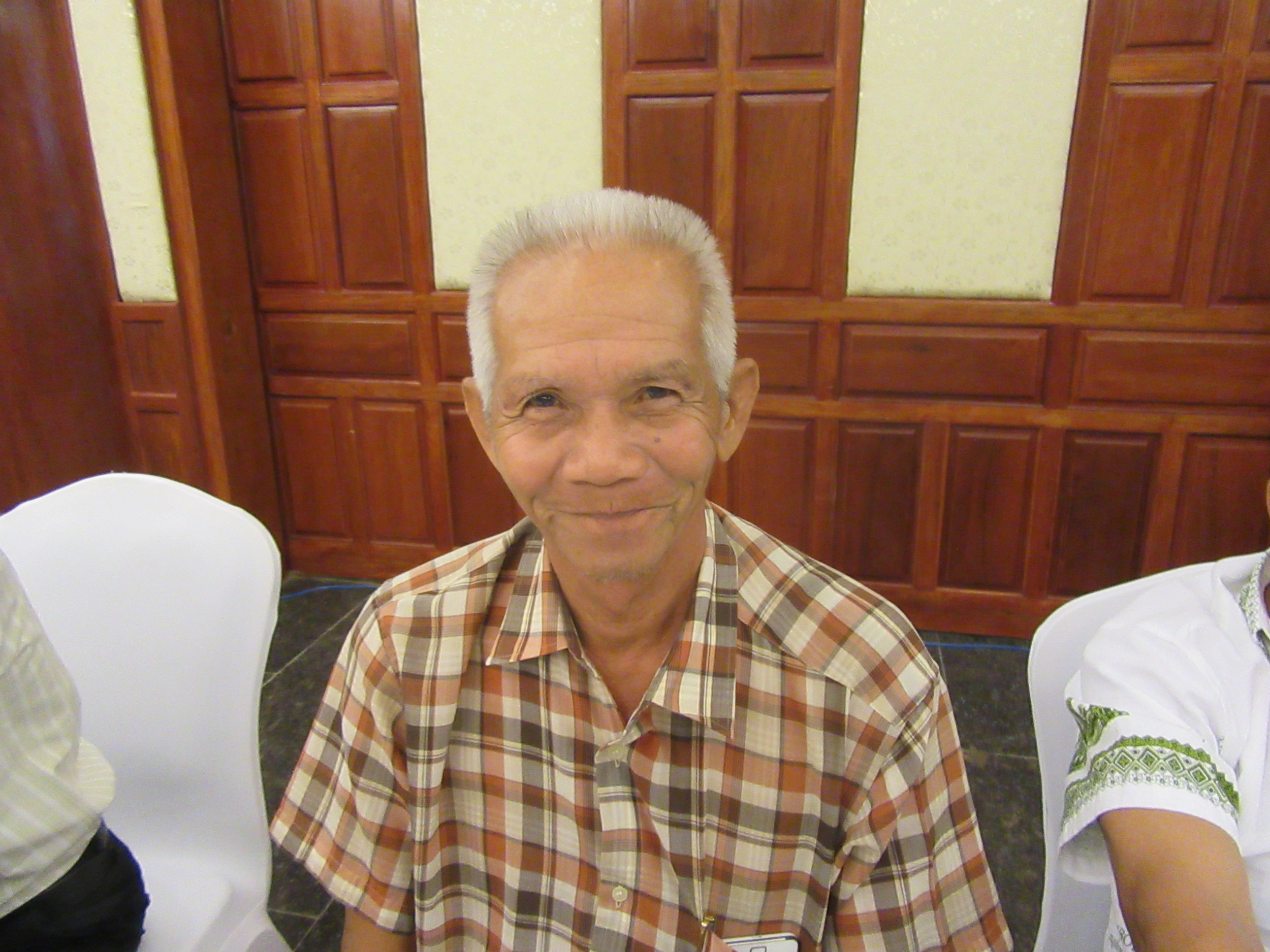
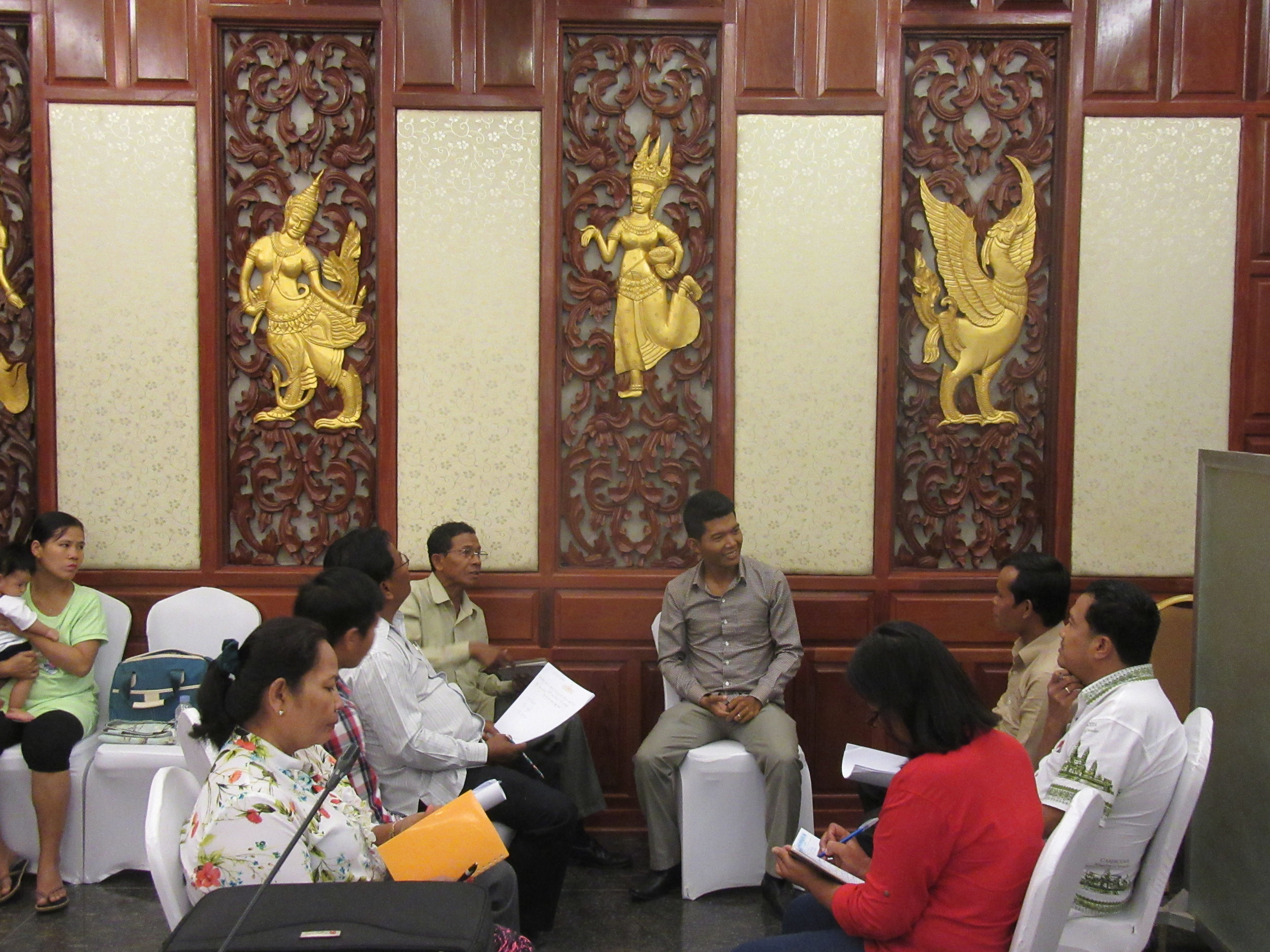
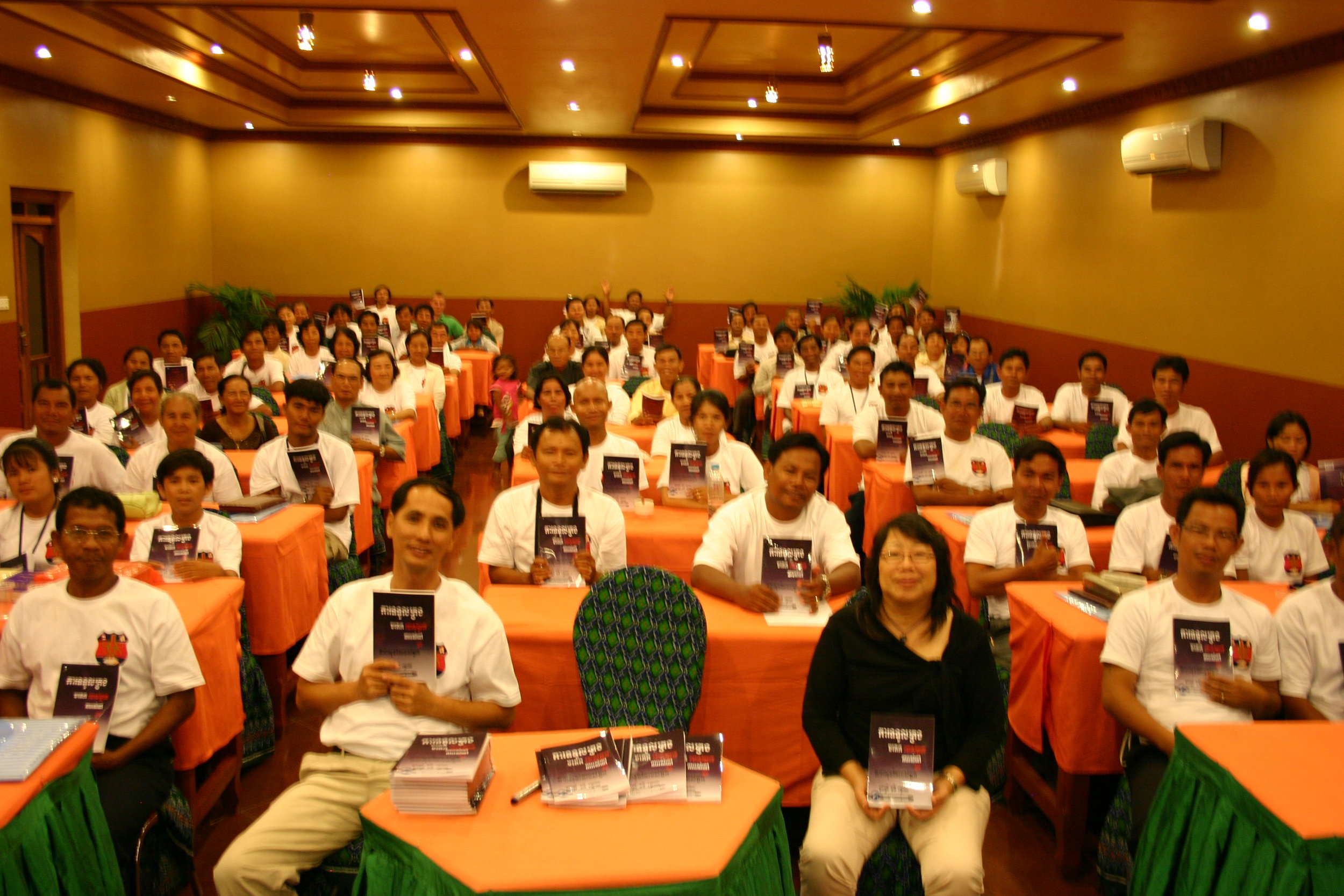
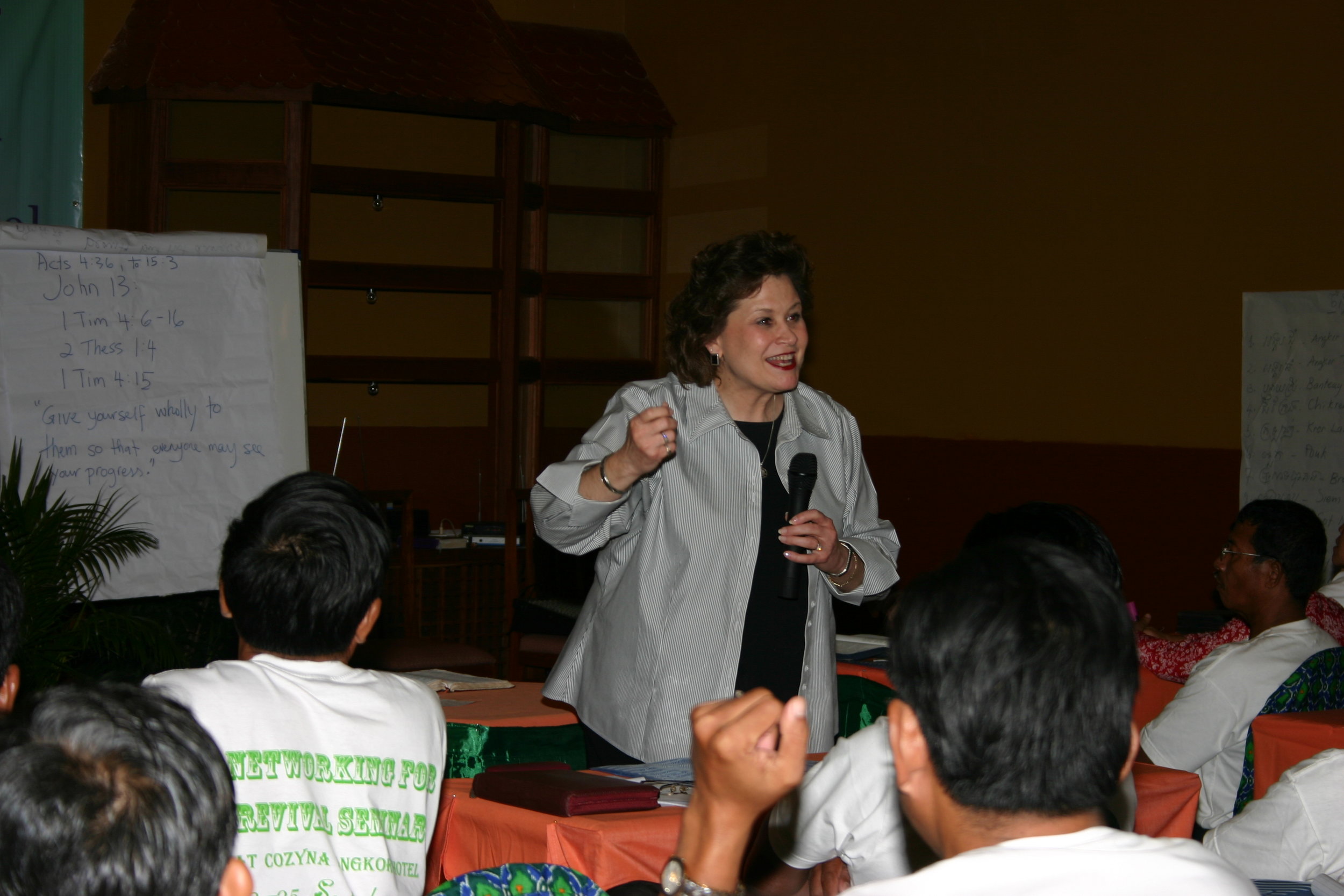

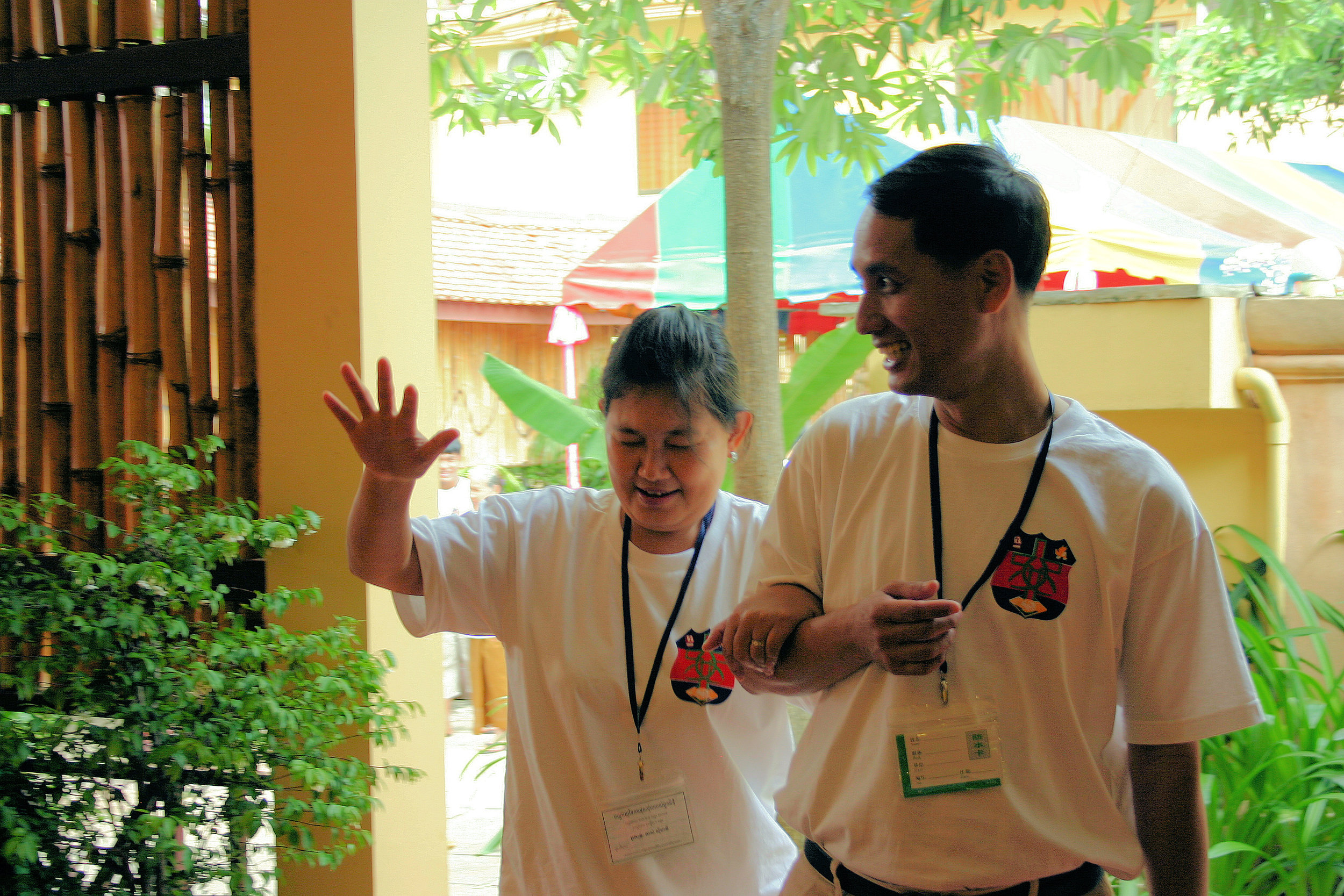
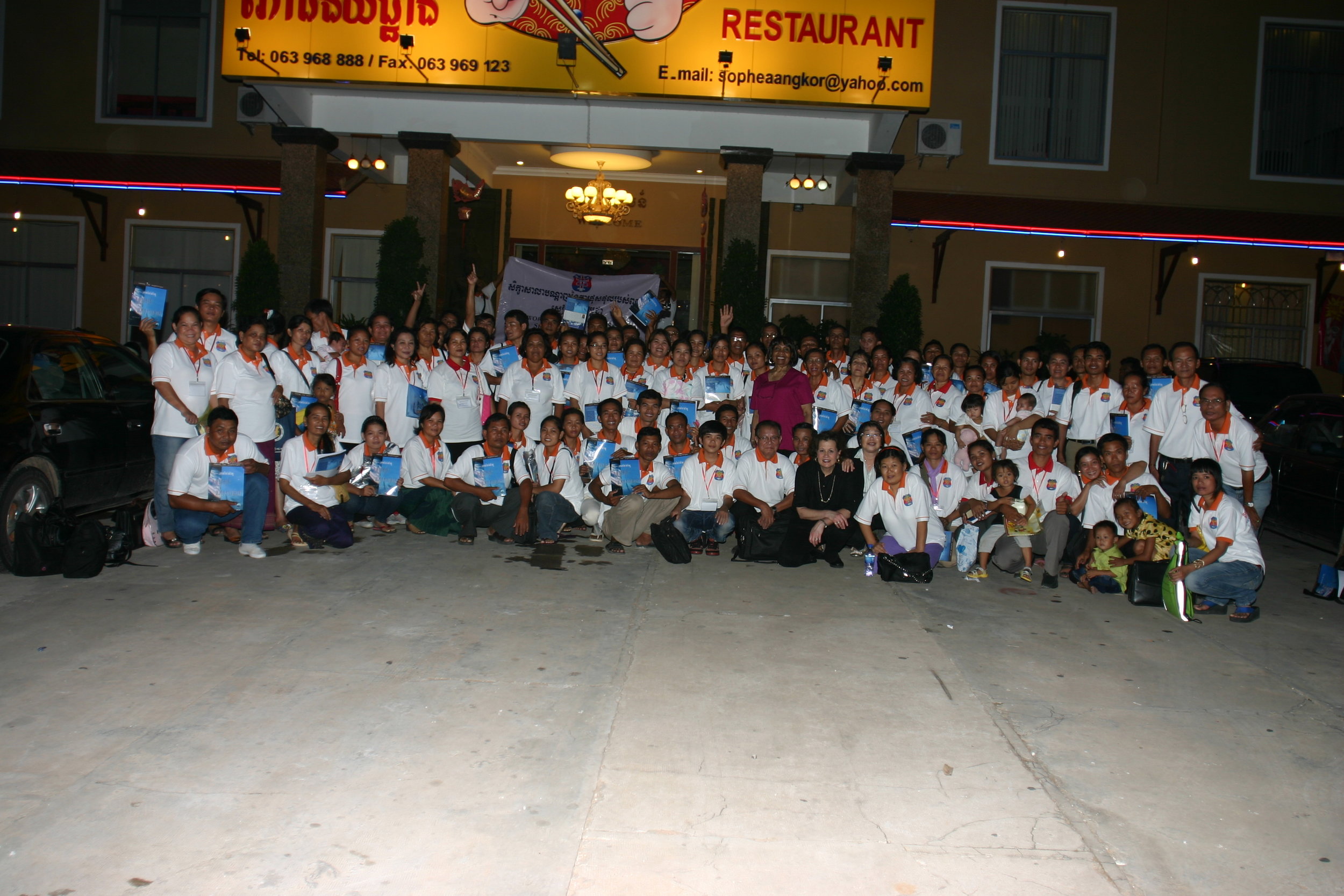
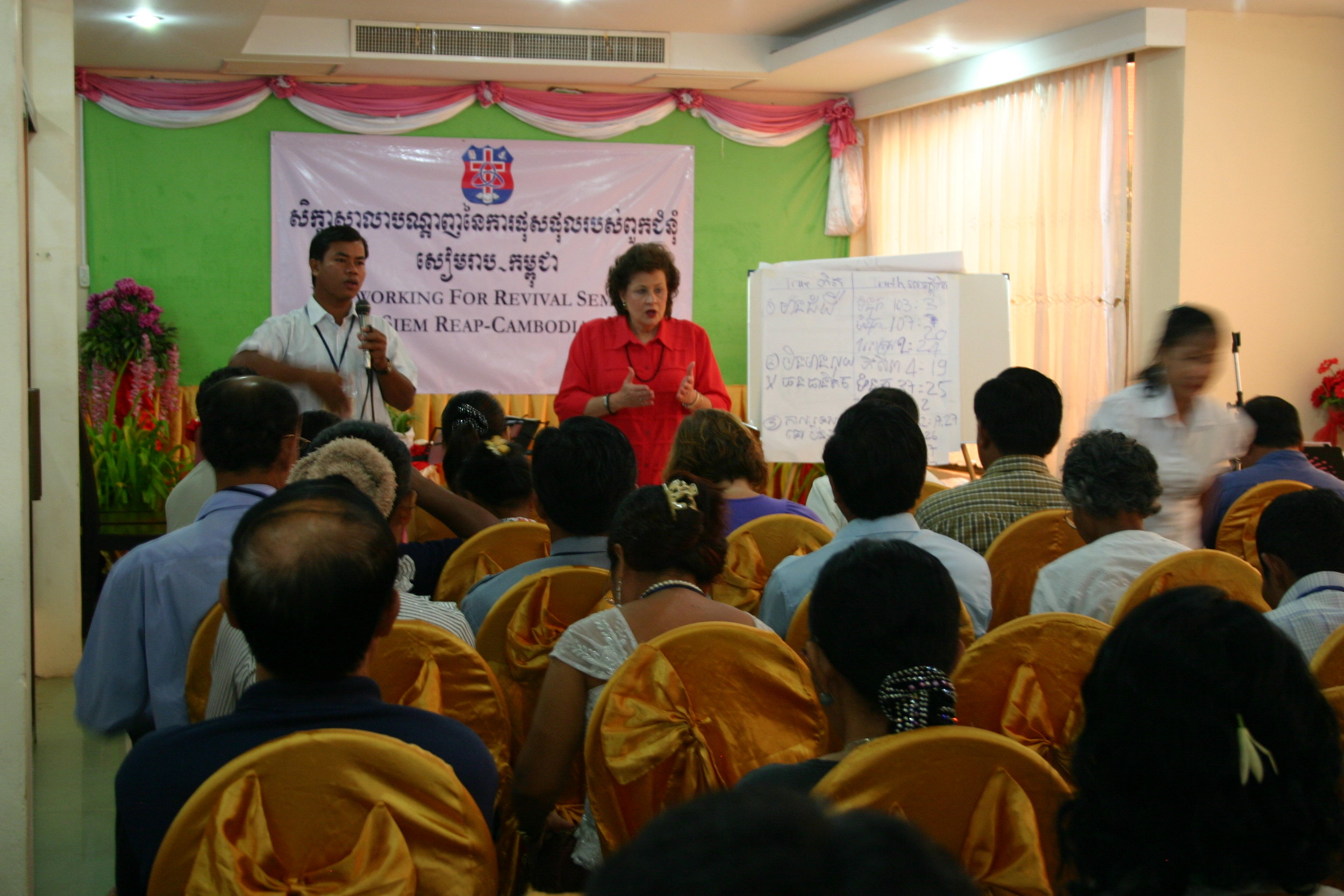
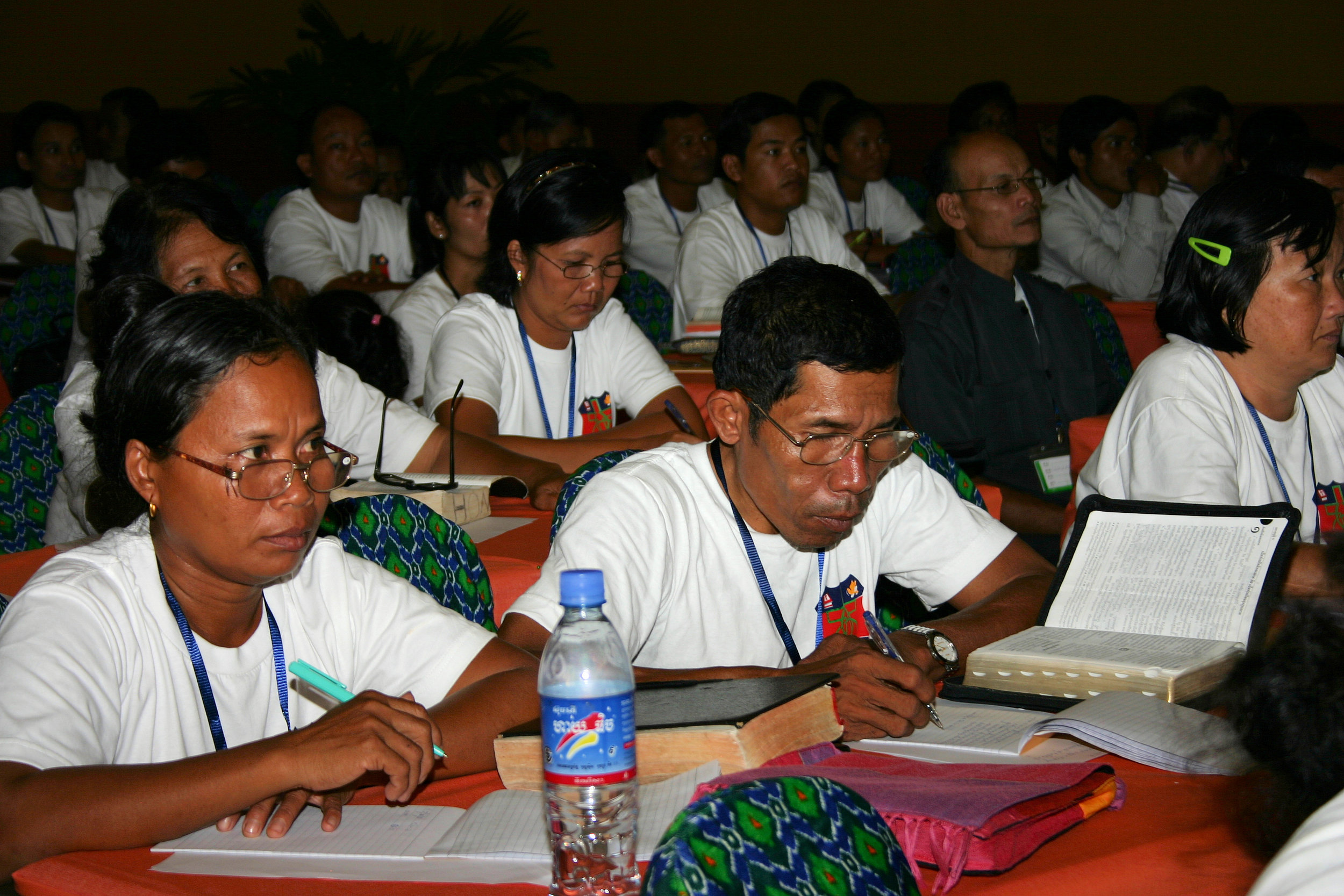
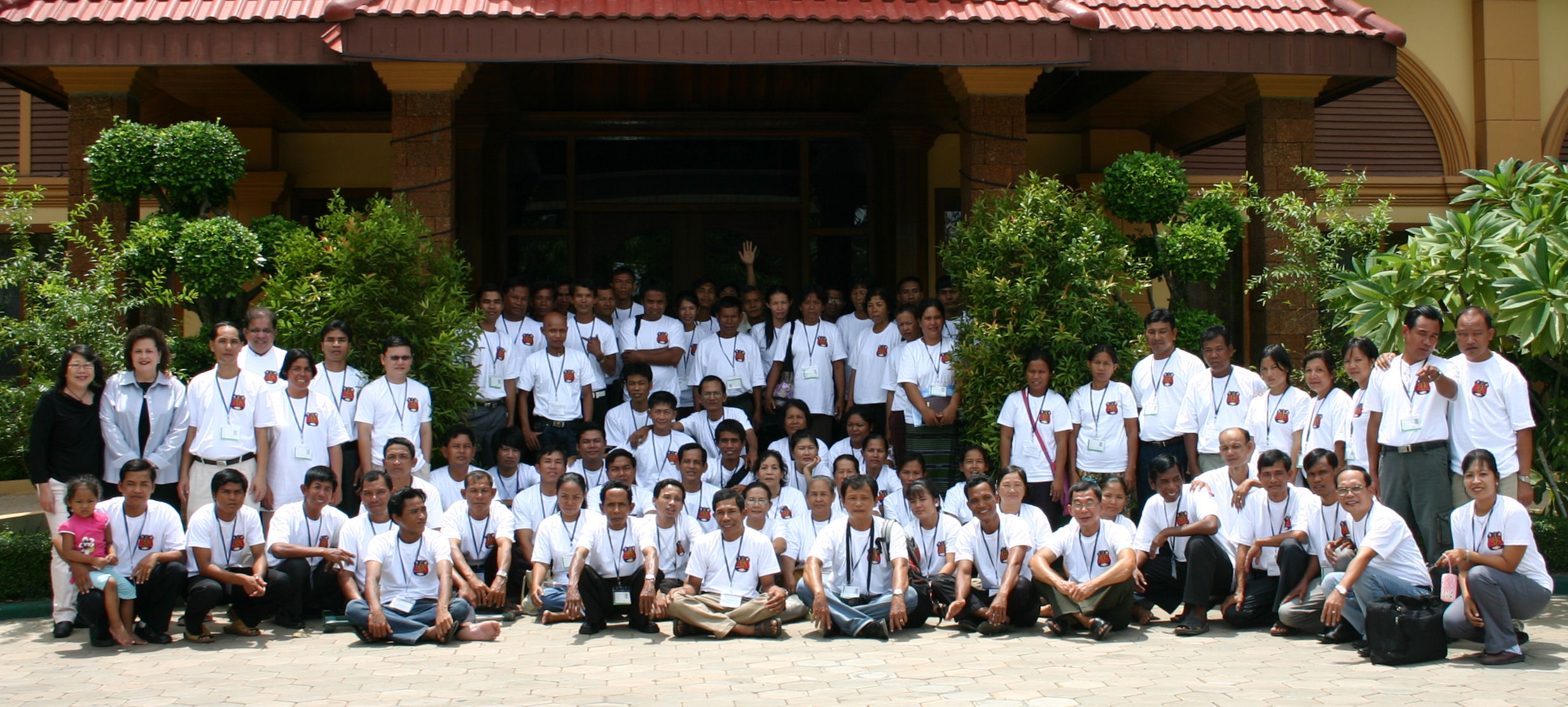
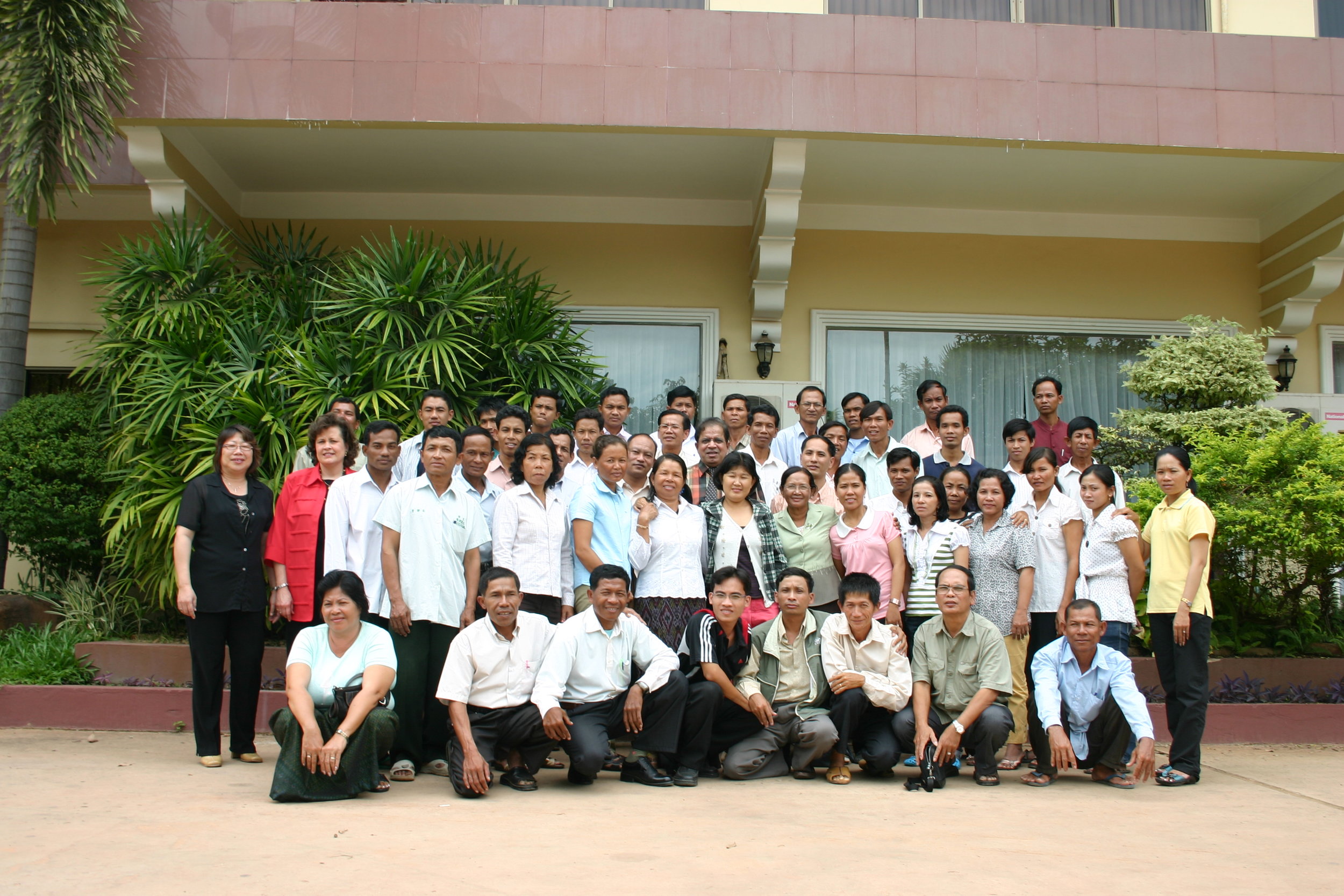

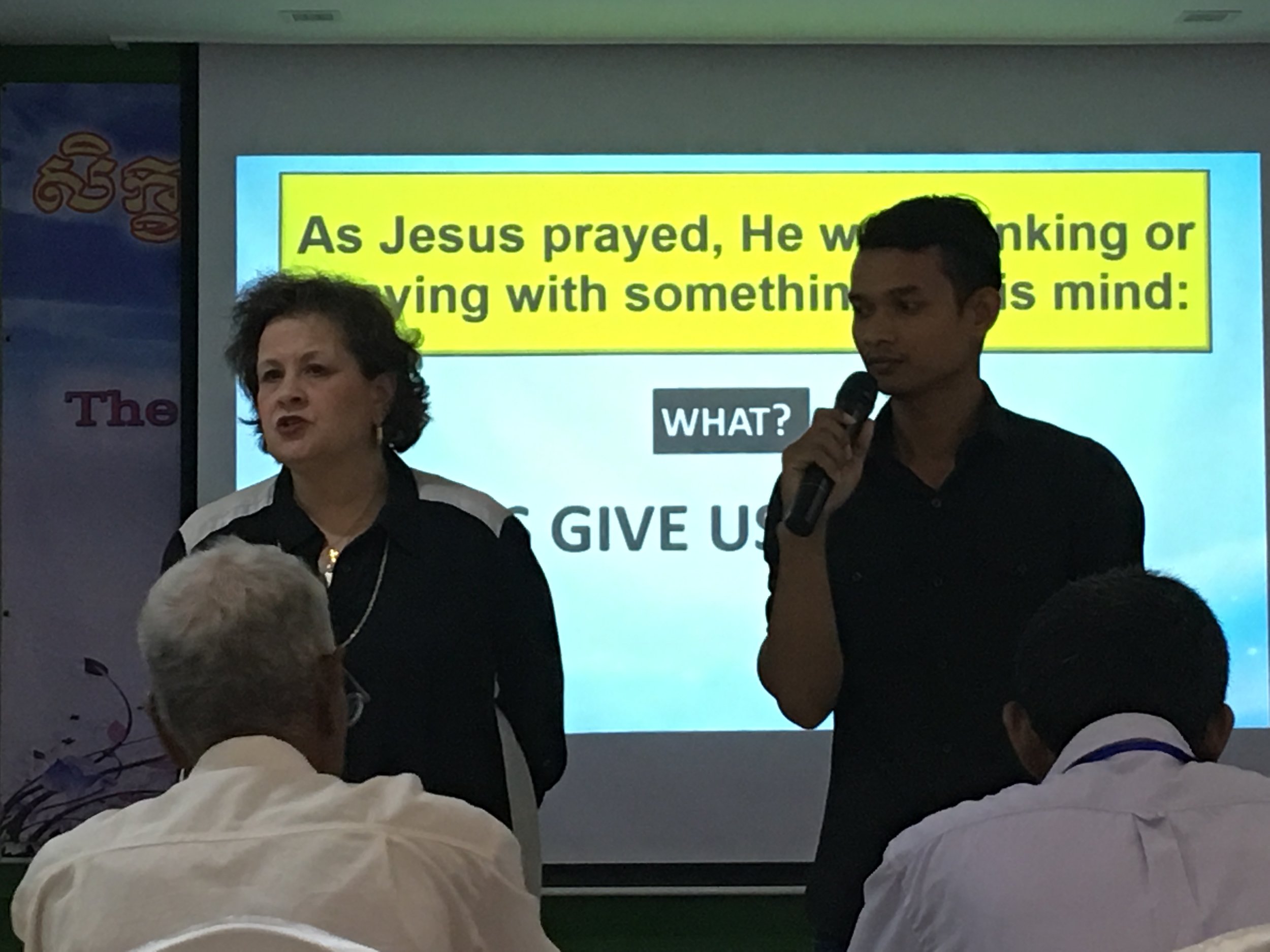
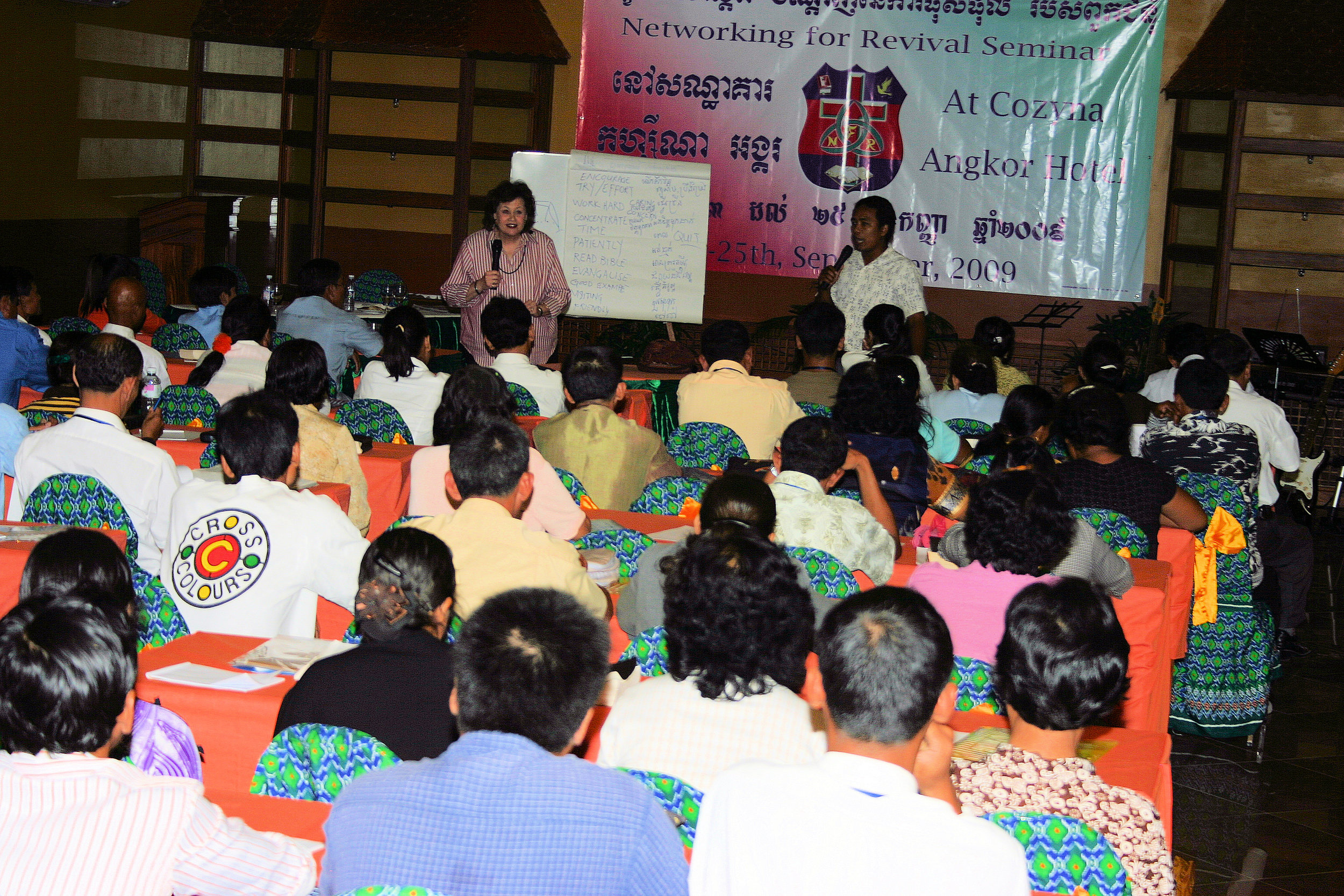

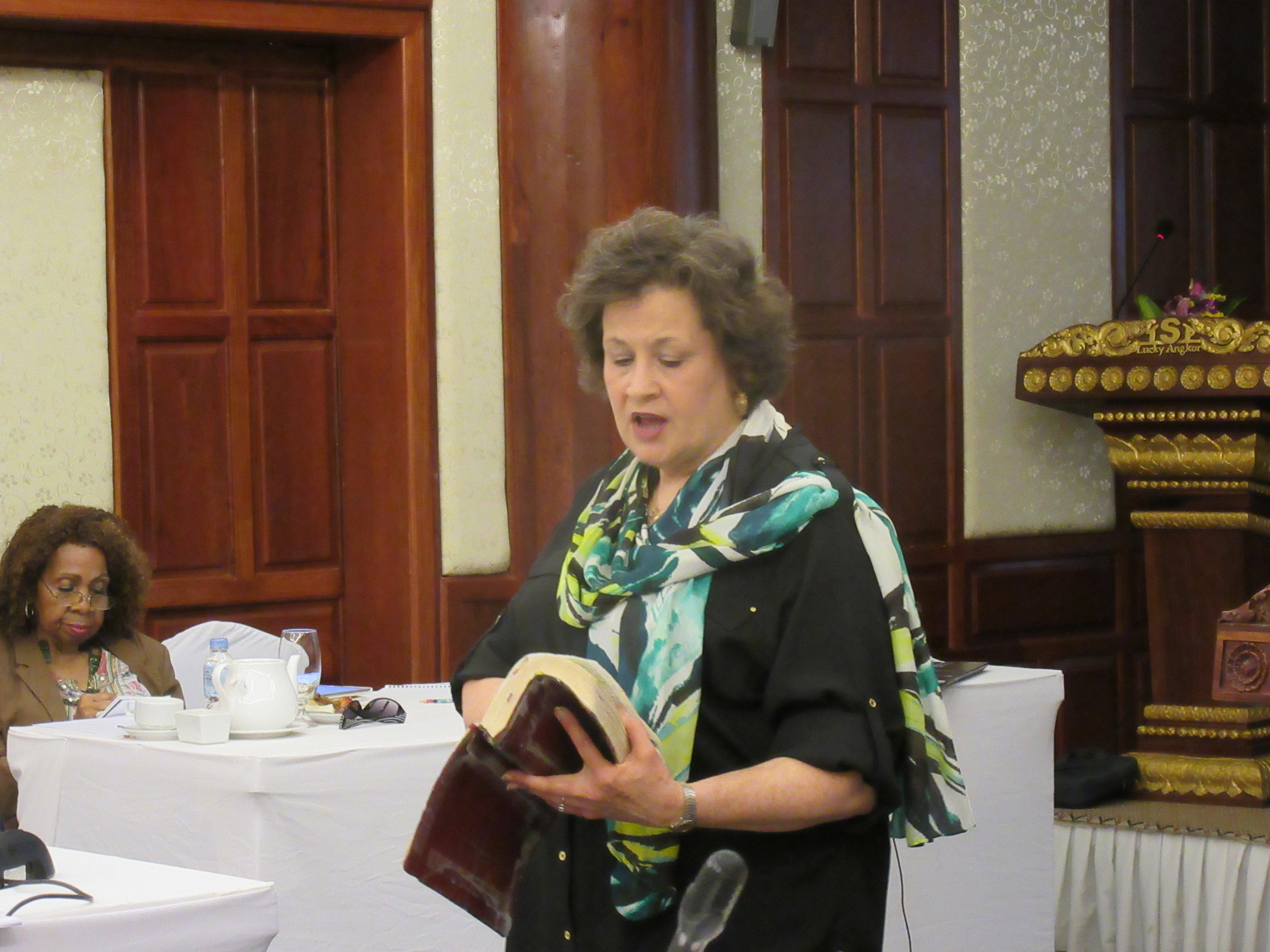
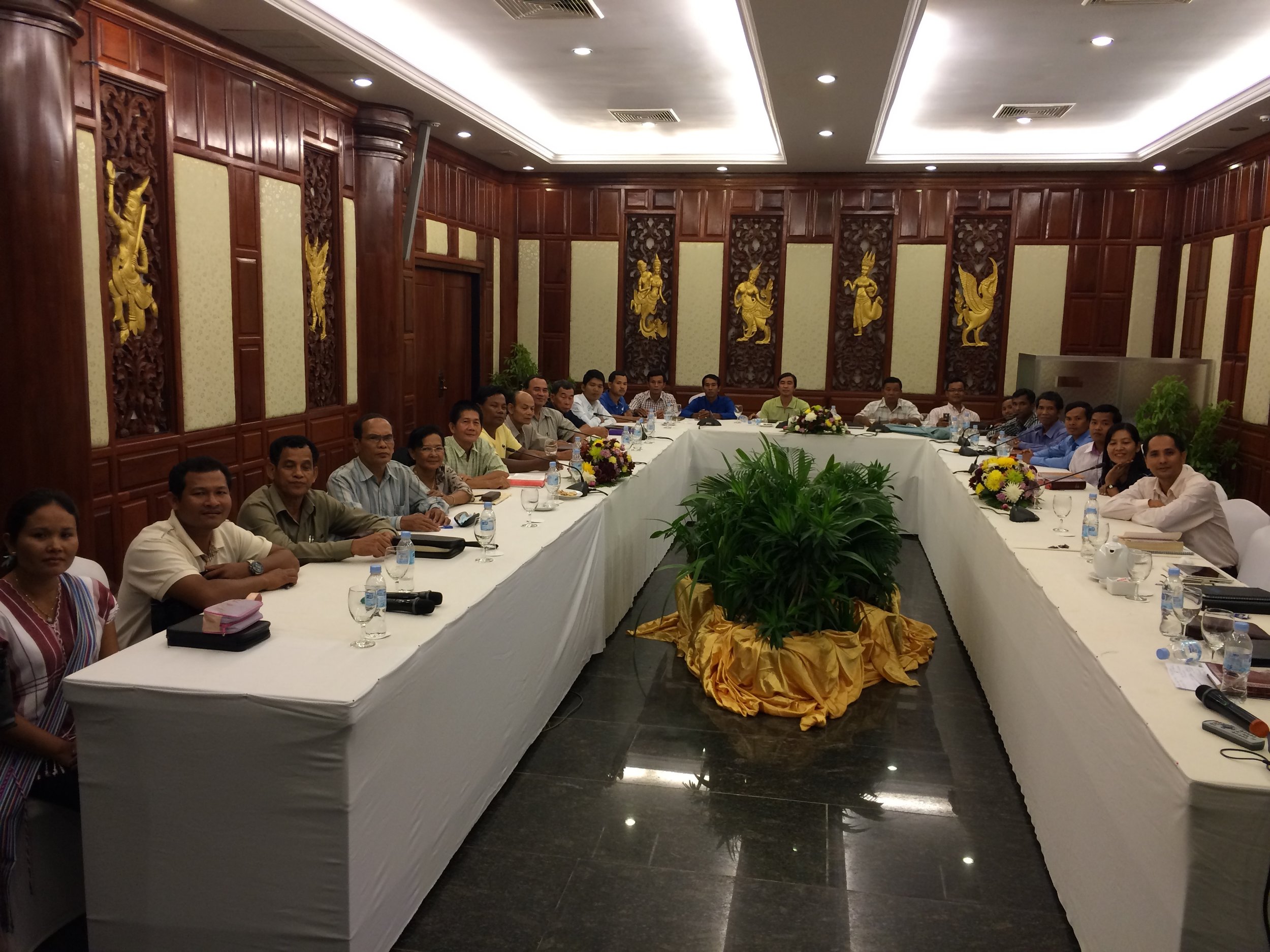
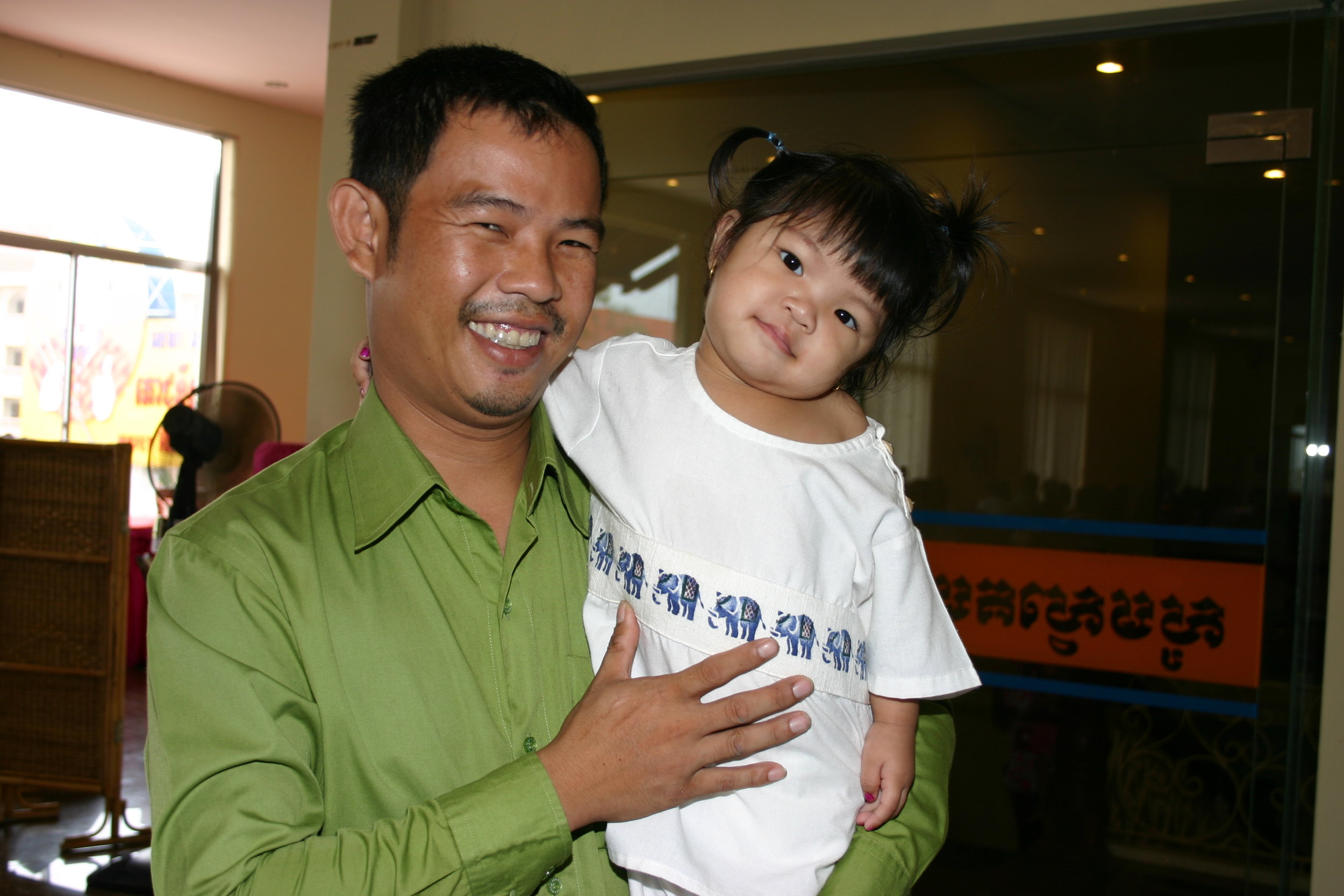
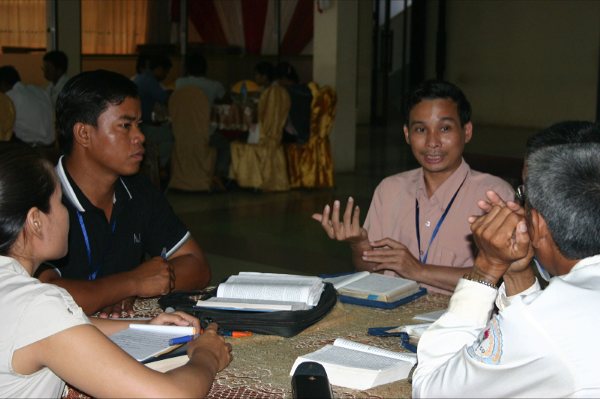
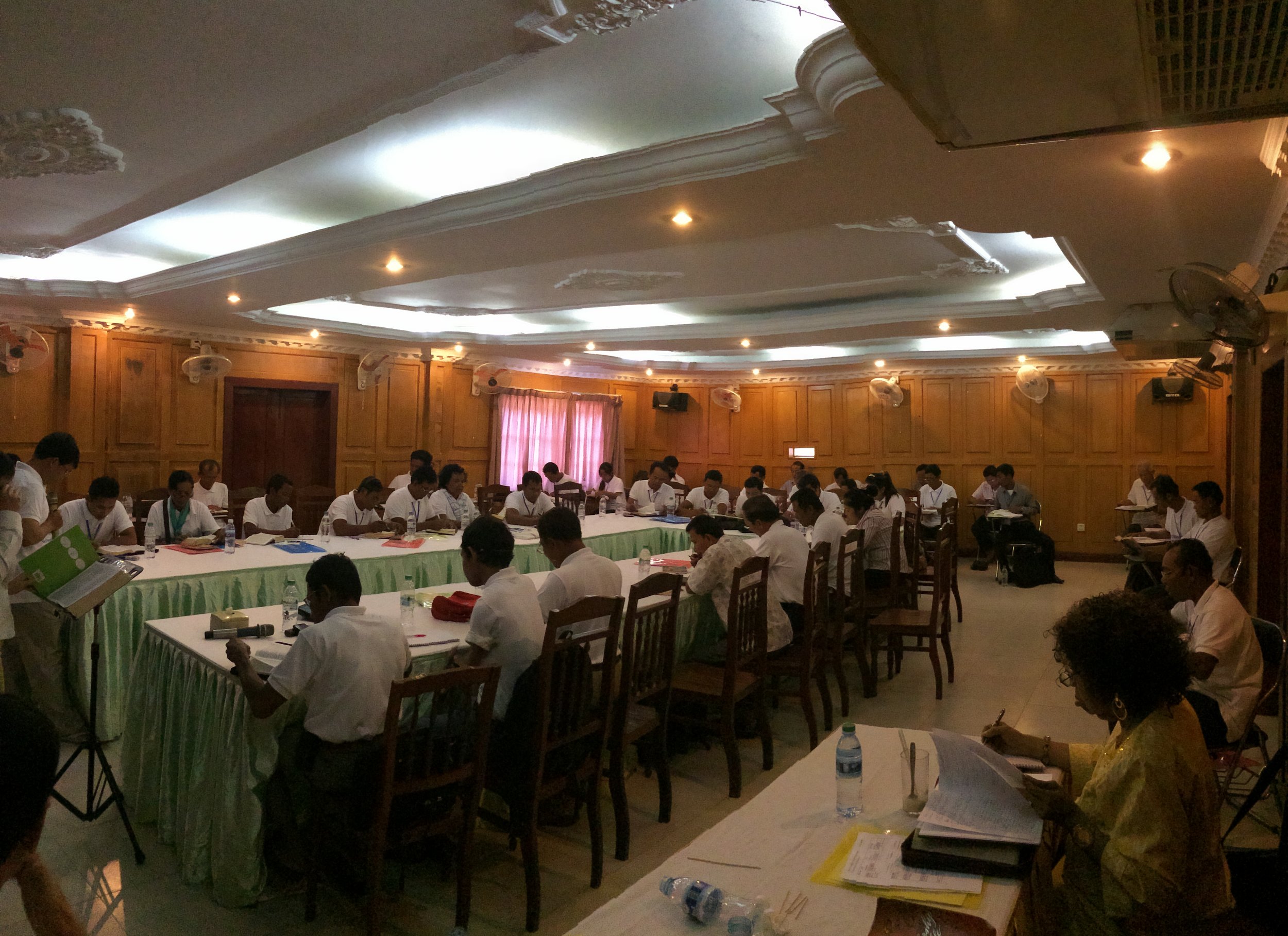
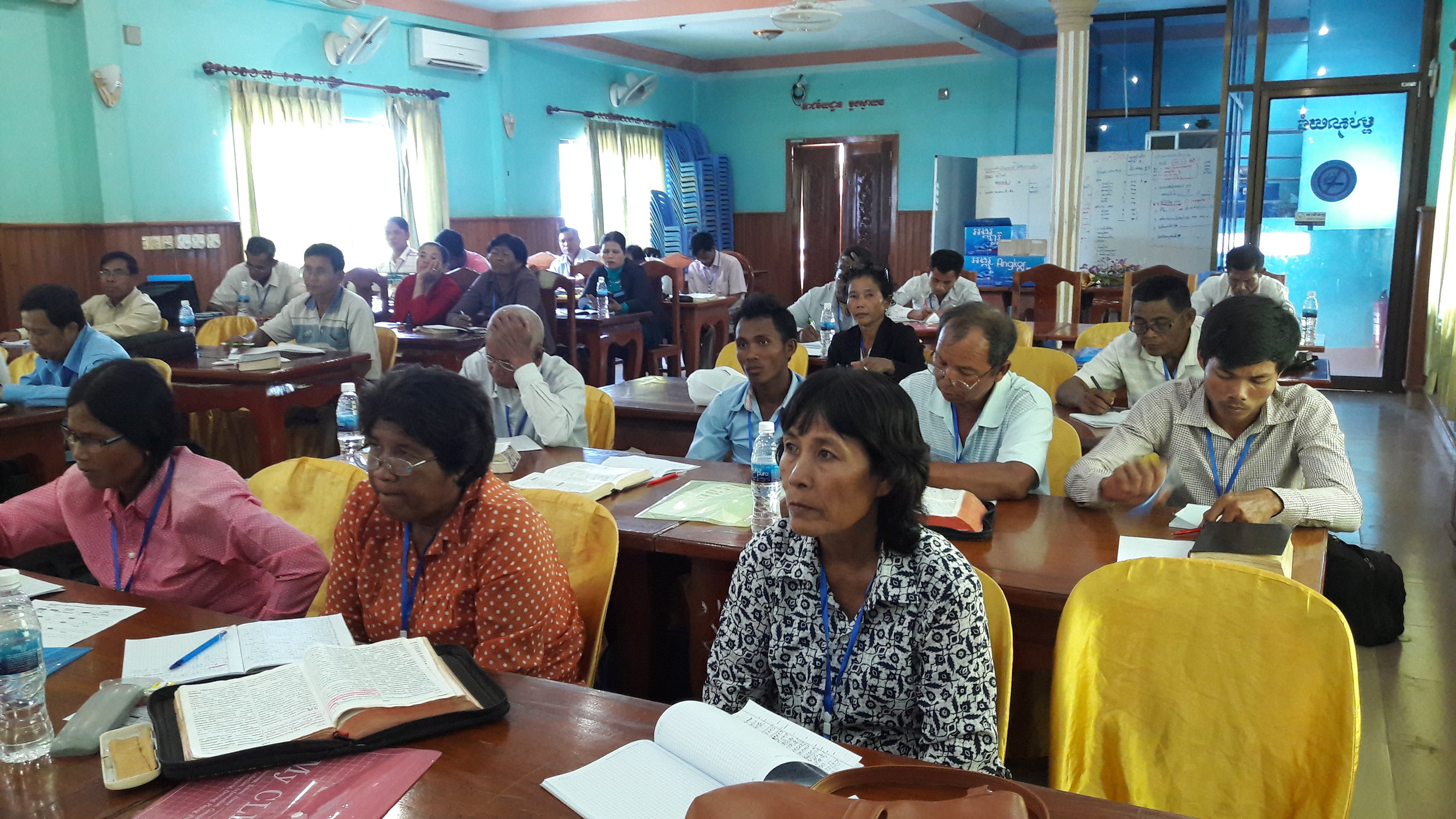
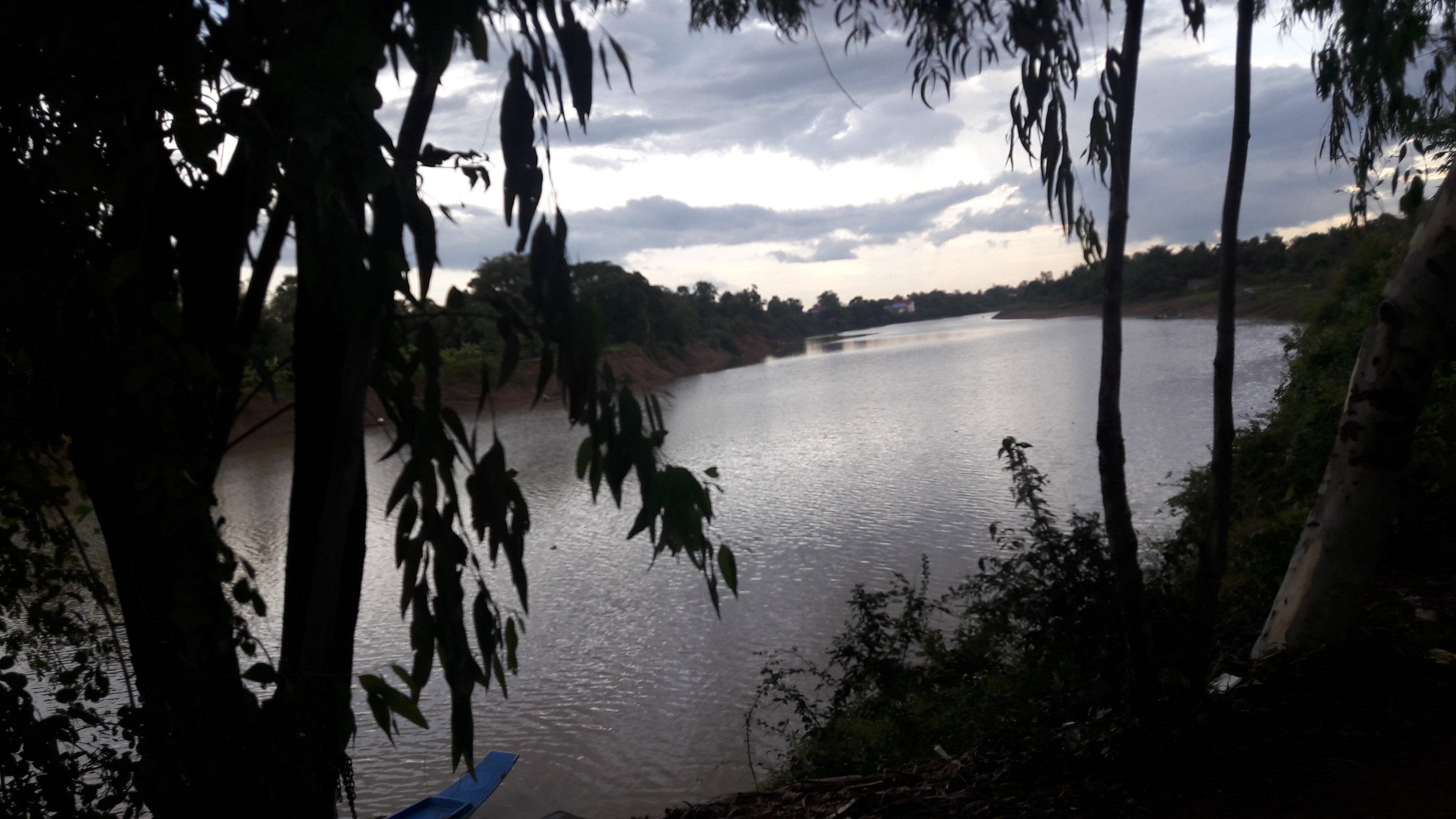
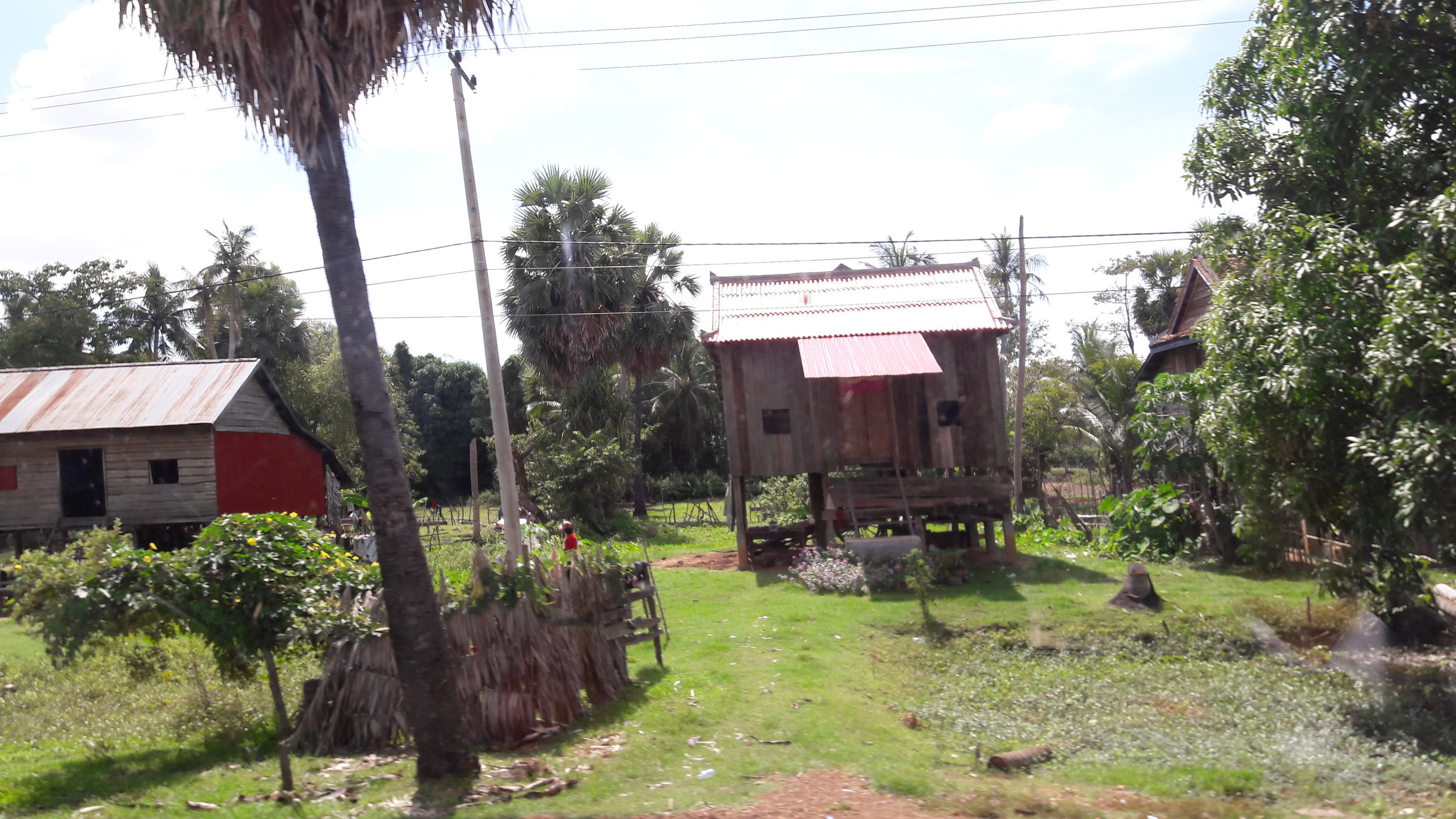
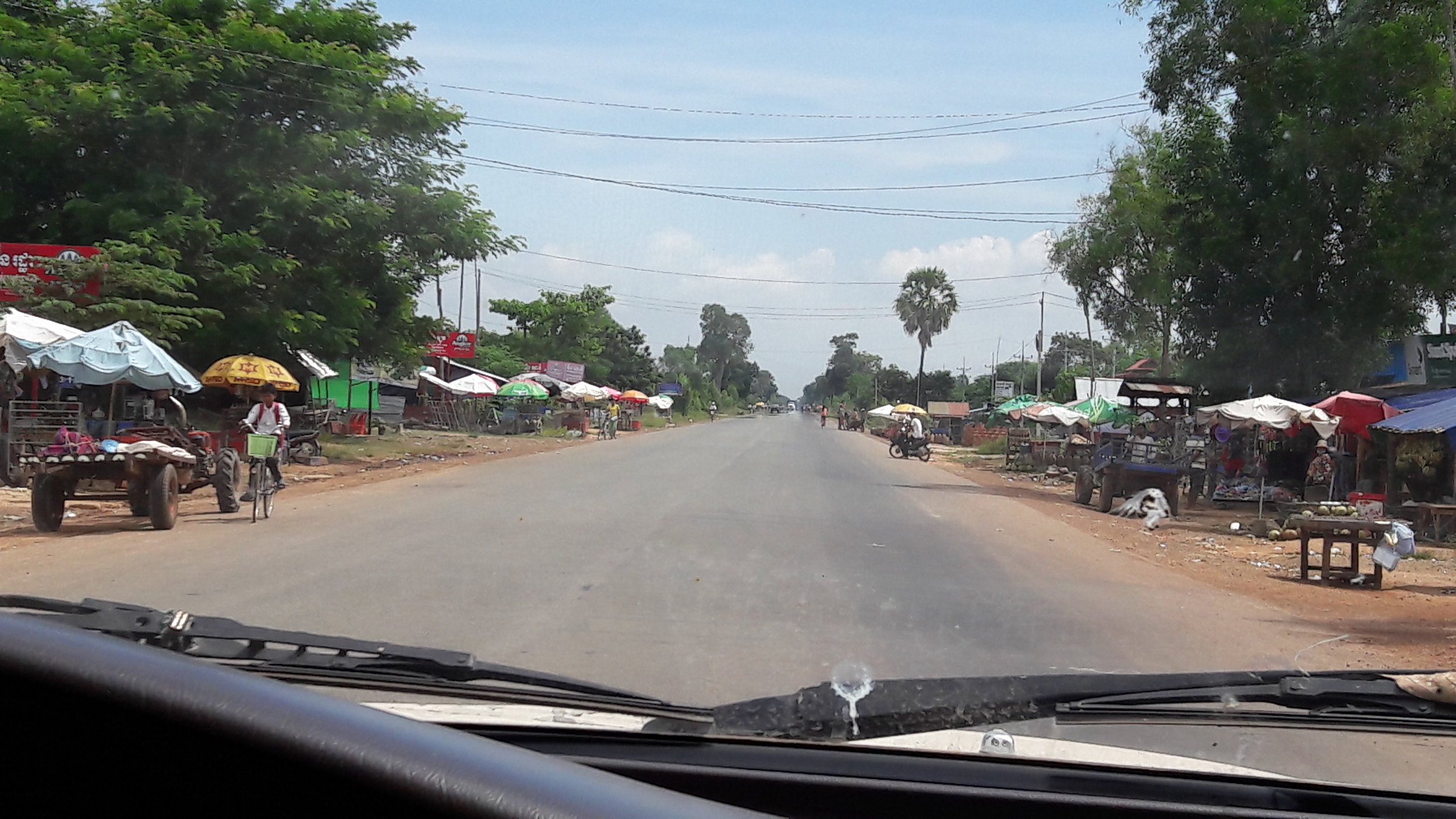

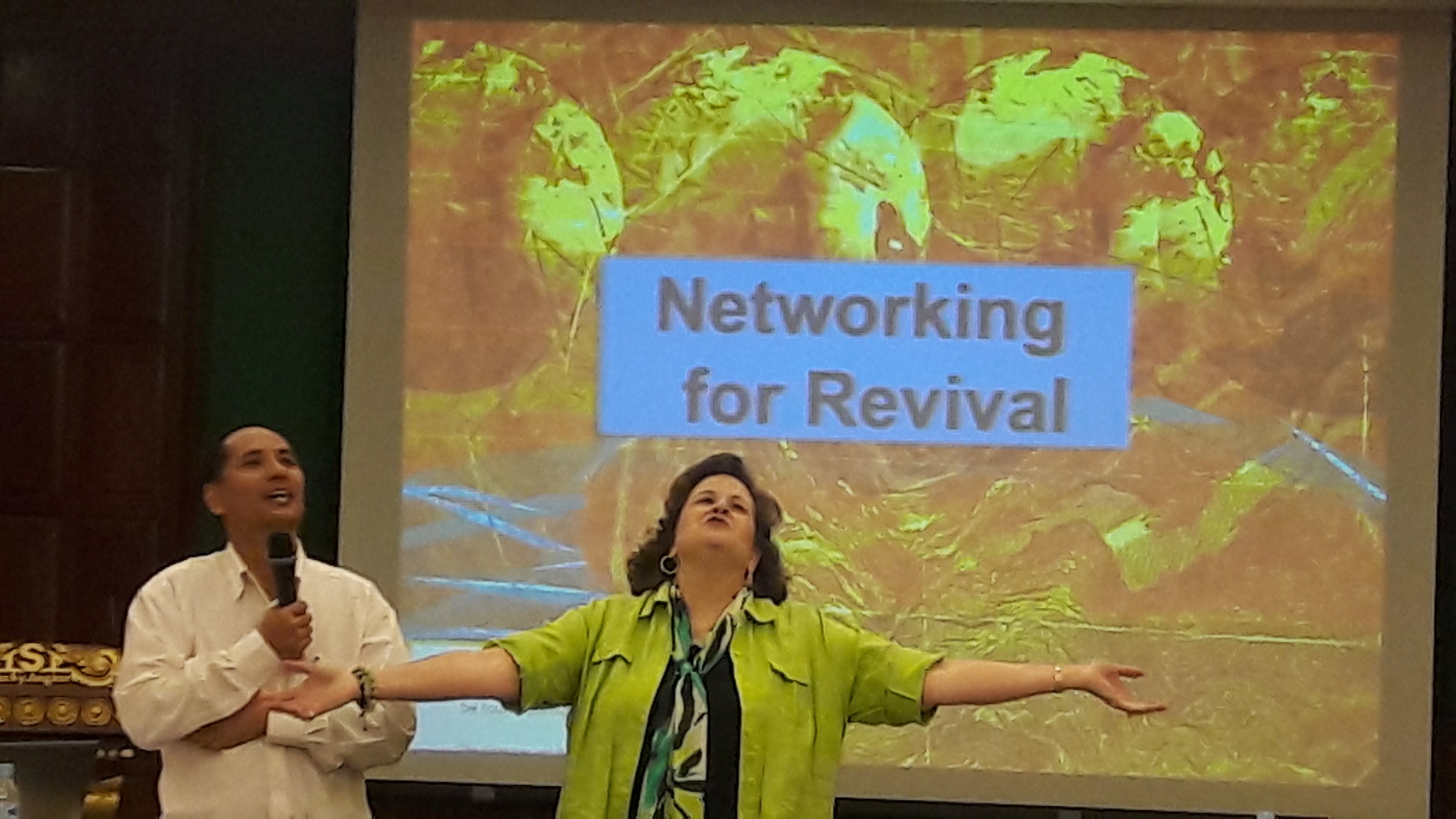
MYANMAR:
MBM can now share what God has been doing in Myanmar over the past 2 decades! The ministry has 1 fully trained working team of leaders from different denominations, as well as one team in training. There are now leaders in every province across this nation who believe more in expanding God’s Kingdom than they do in building their own denomination. Men and women are working to plant churches, to build businesses to help the church prosper, and to work in unity to impact their nation.
These years have seen all Christian denominations participate: several types of Baptist Churches, Methodist, Presbyterian, Assembly of God, Catholic, Seventh Day Adventist, and various independent churches. It has been exciting to watch leaders stop competing with one another and start reaching out their hands to aid each other. The love of God is beginning to pour through these national leaders in a wonderful way. These many leaders are networked together through prayer, teaching, and practical and mutual assistance.
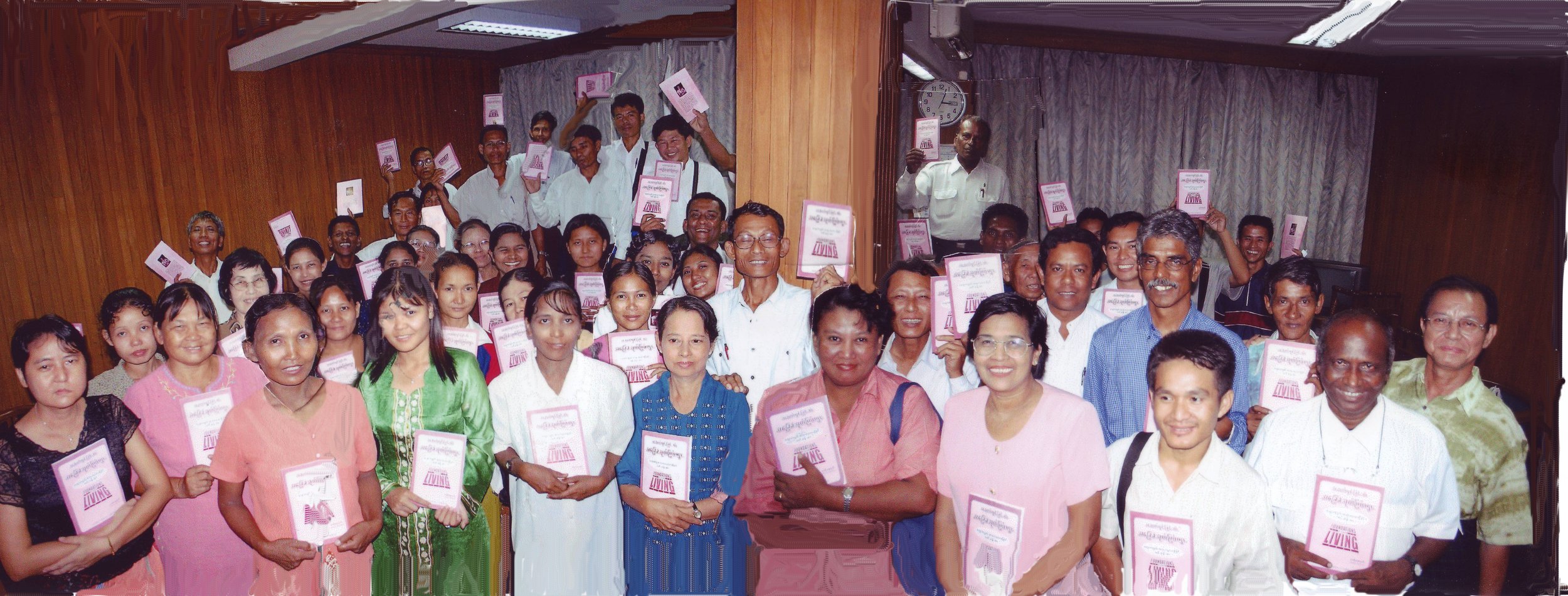
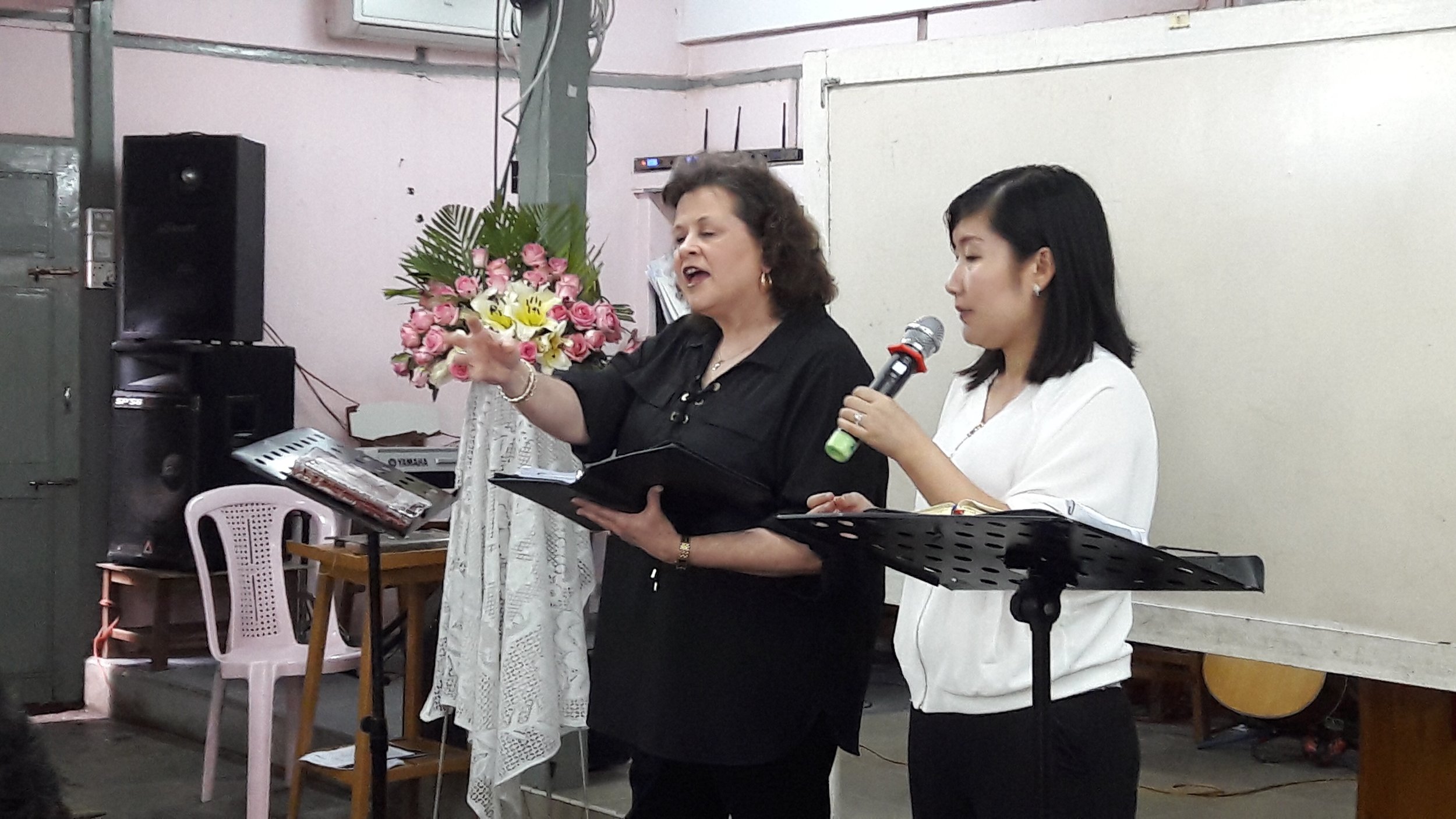
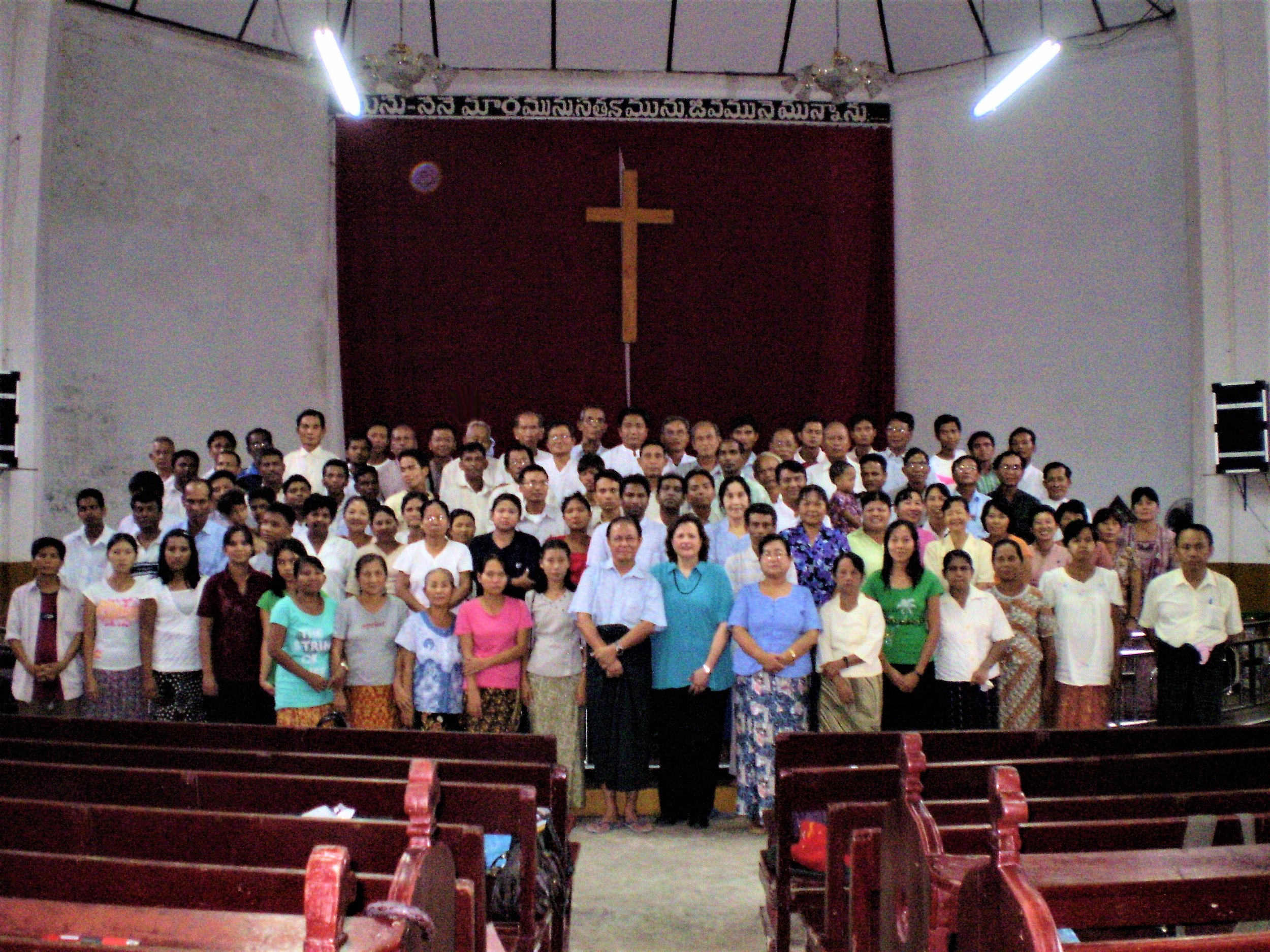
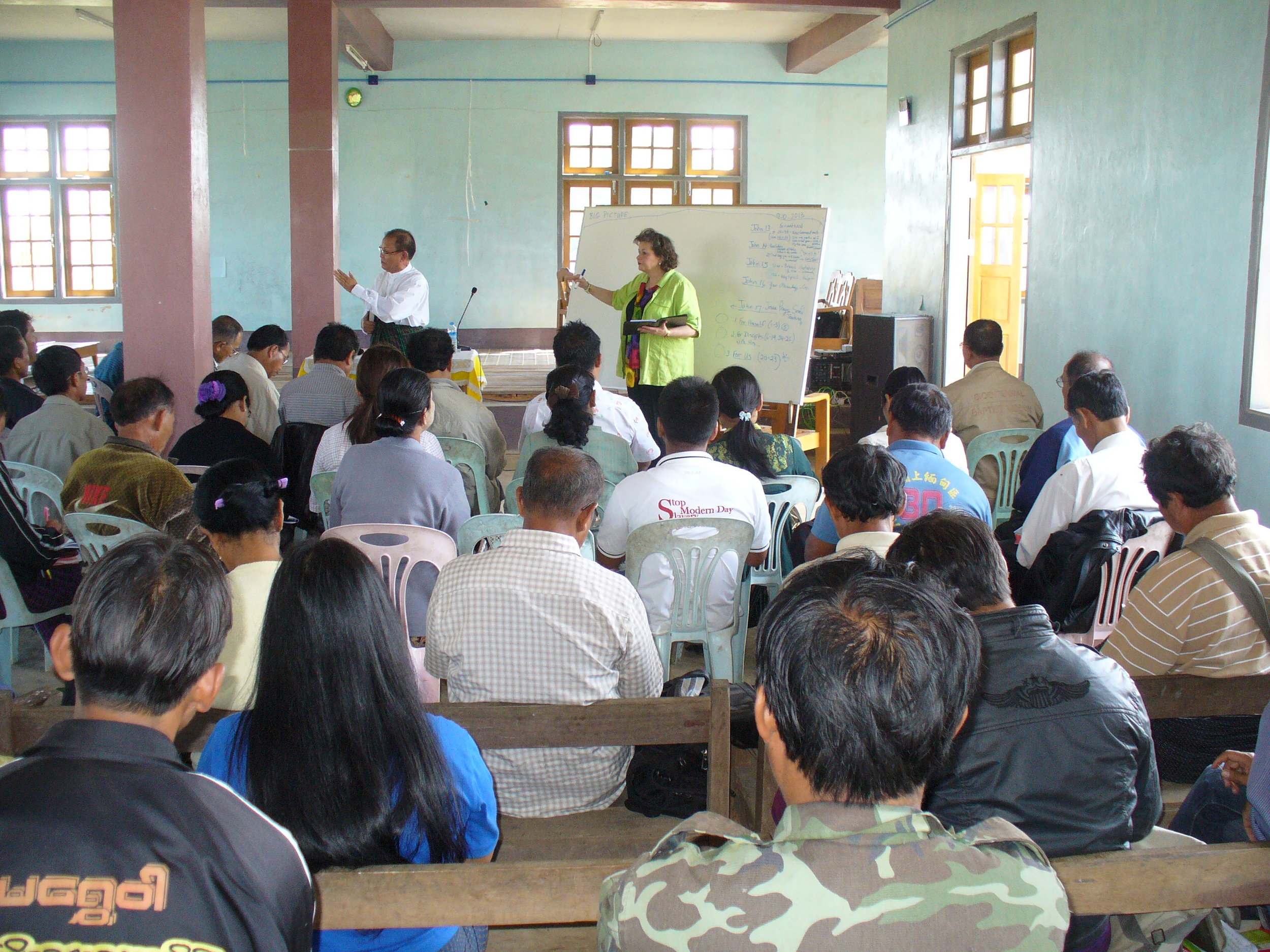
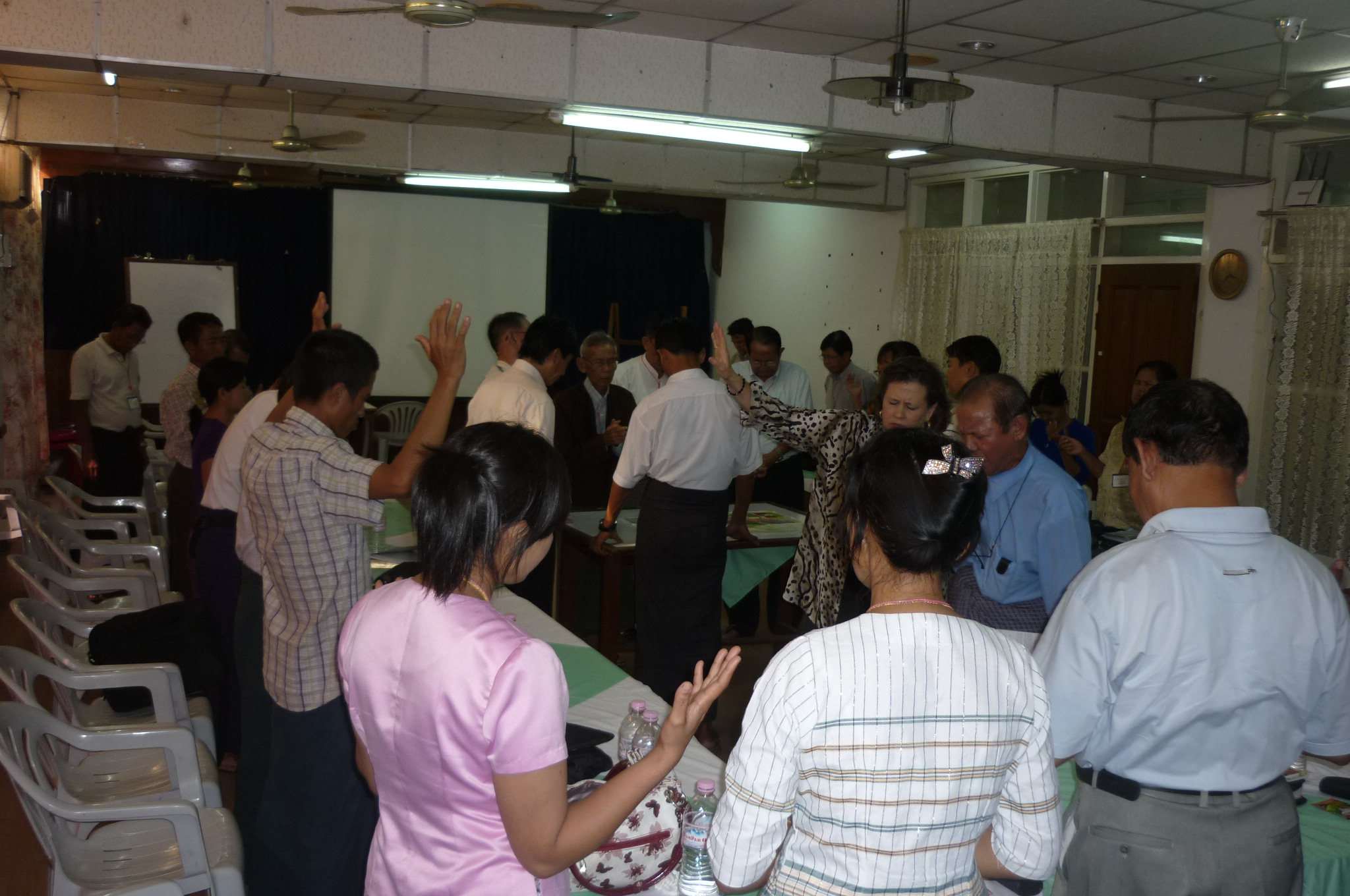
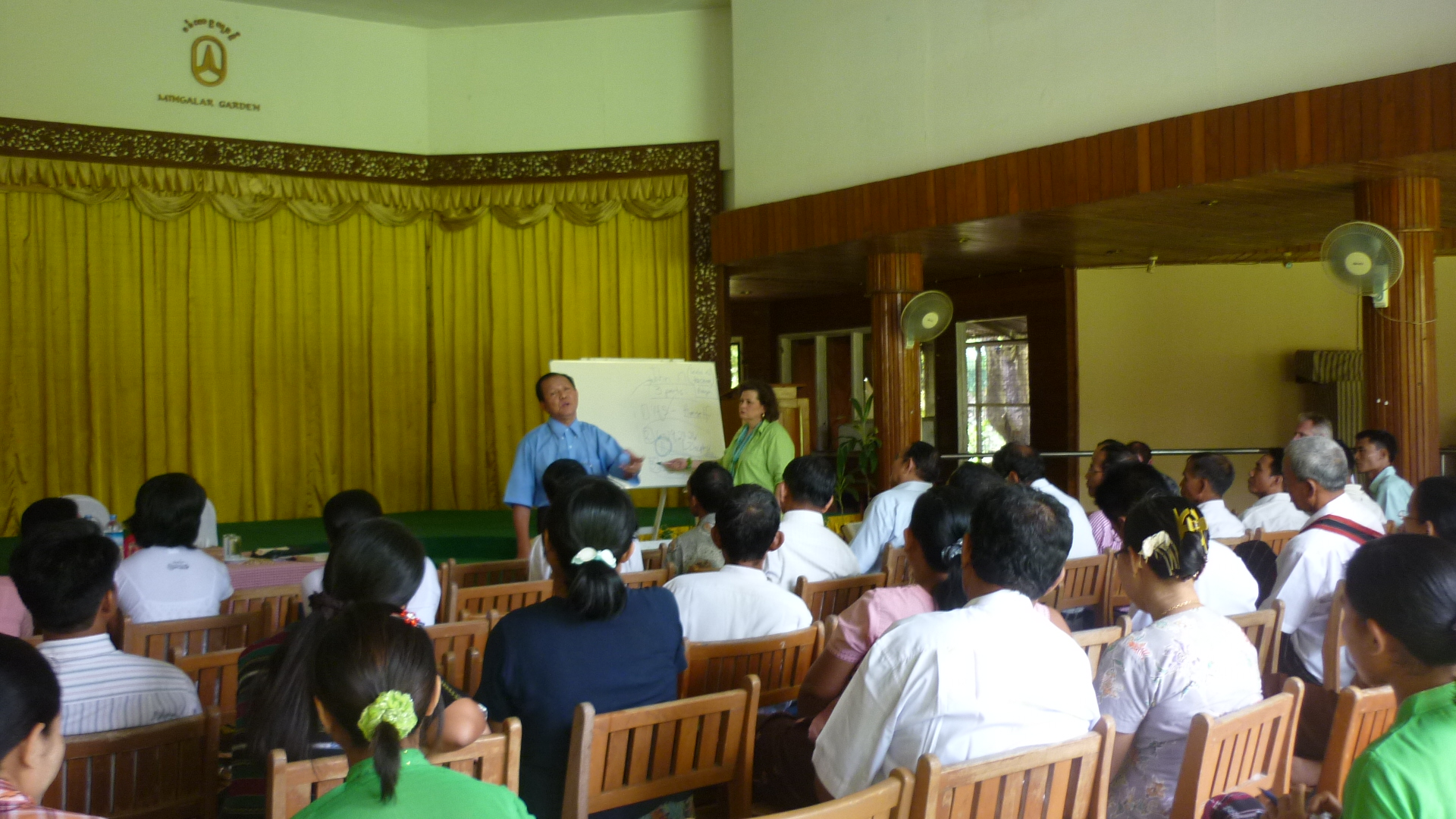
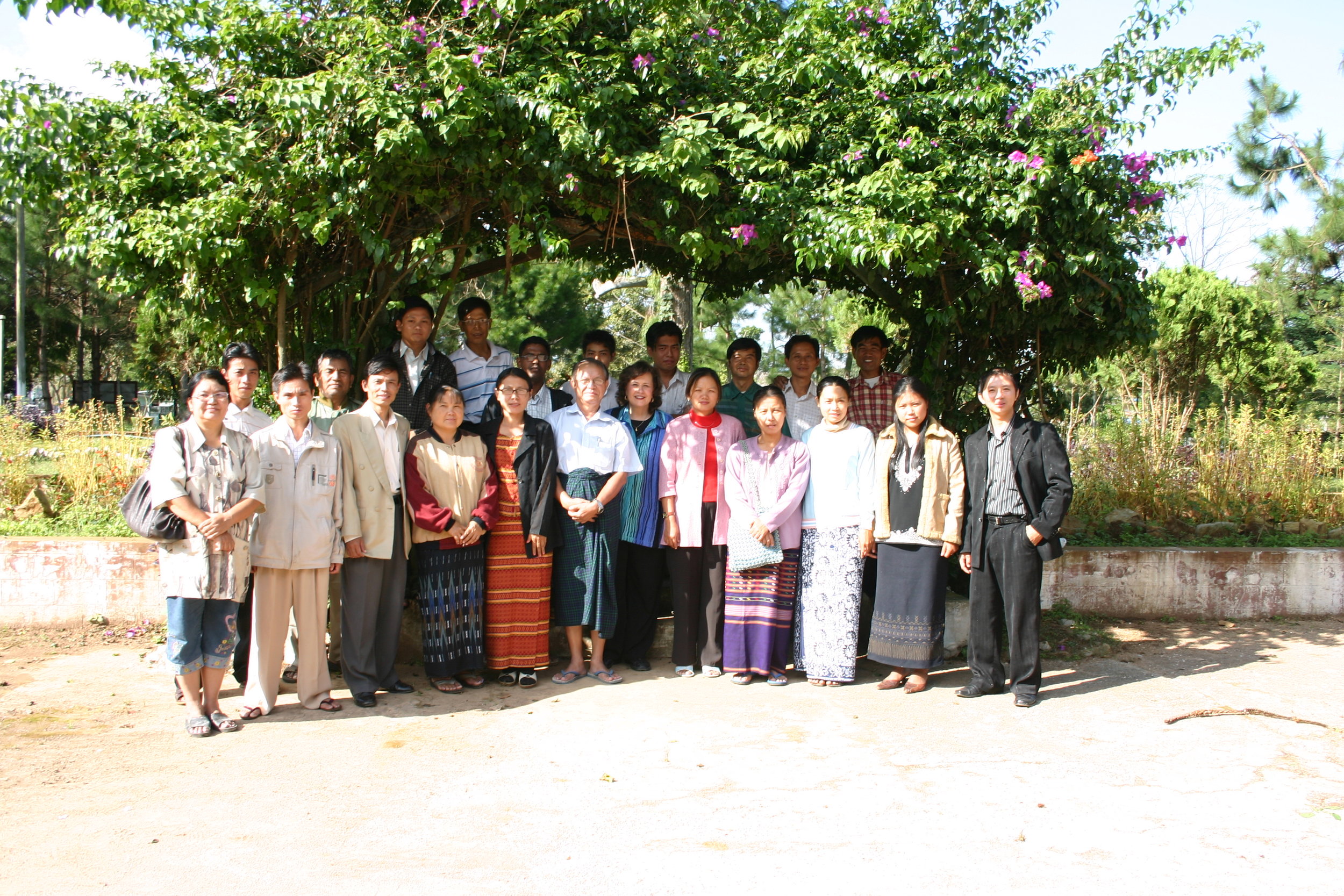
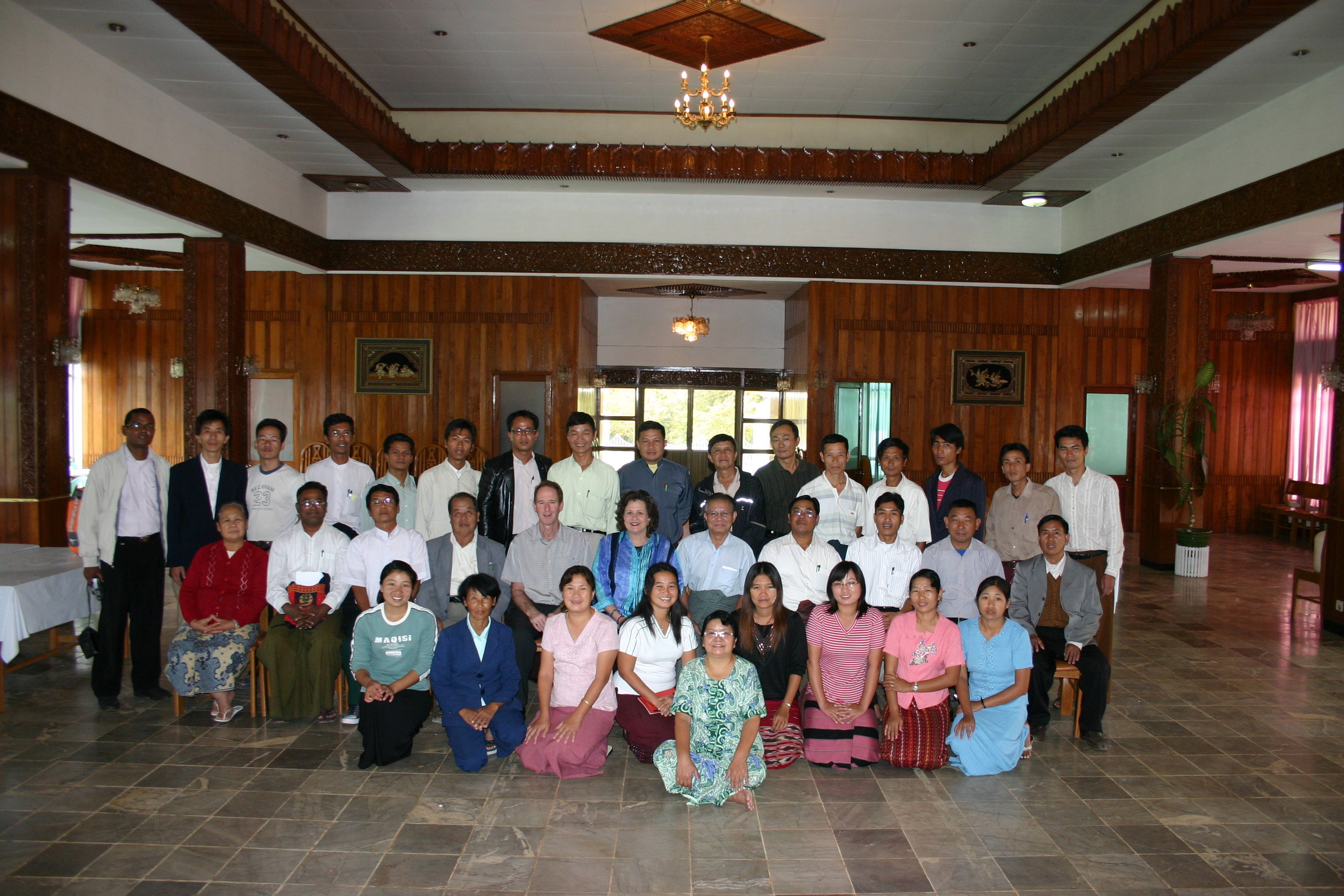


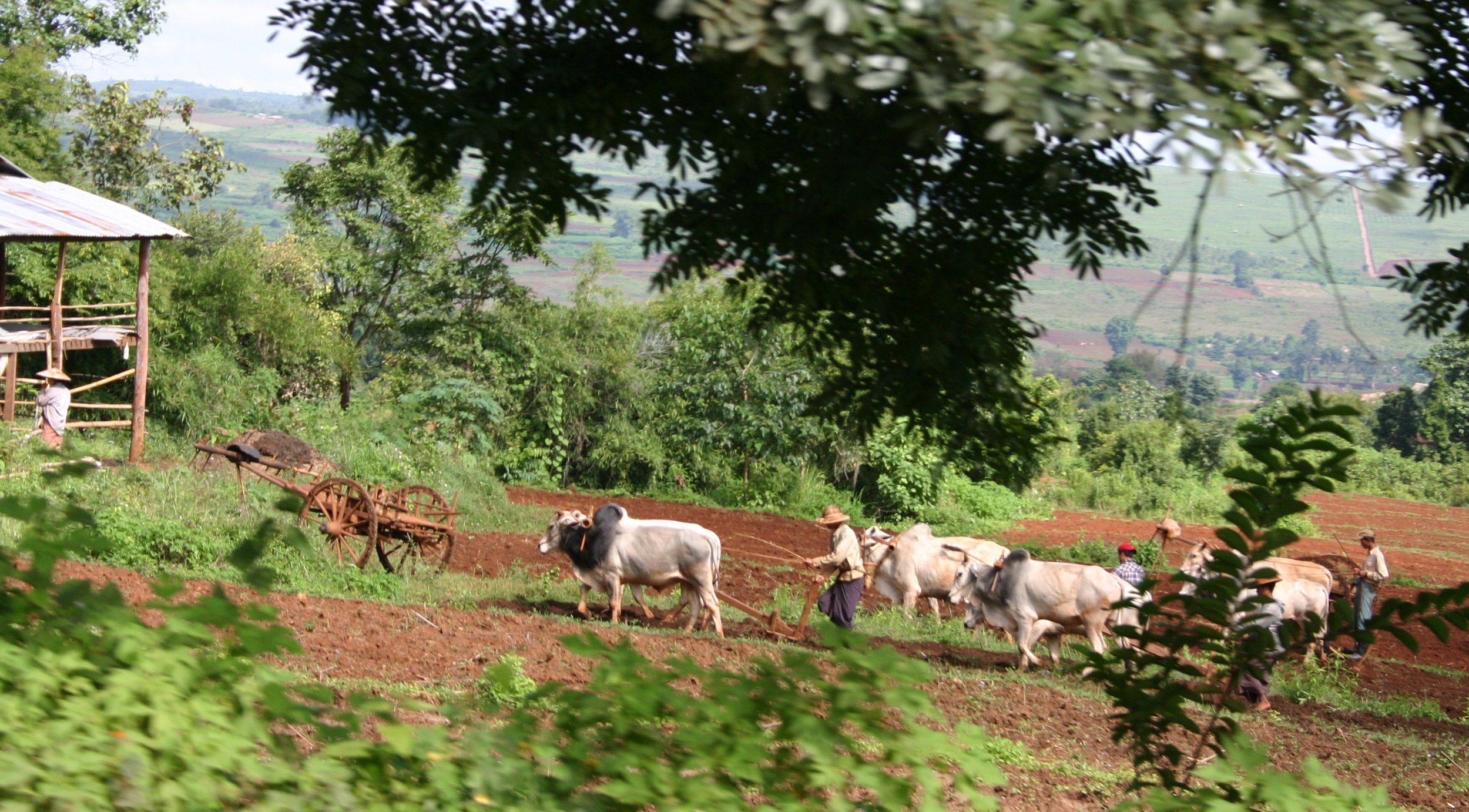

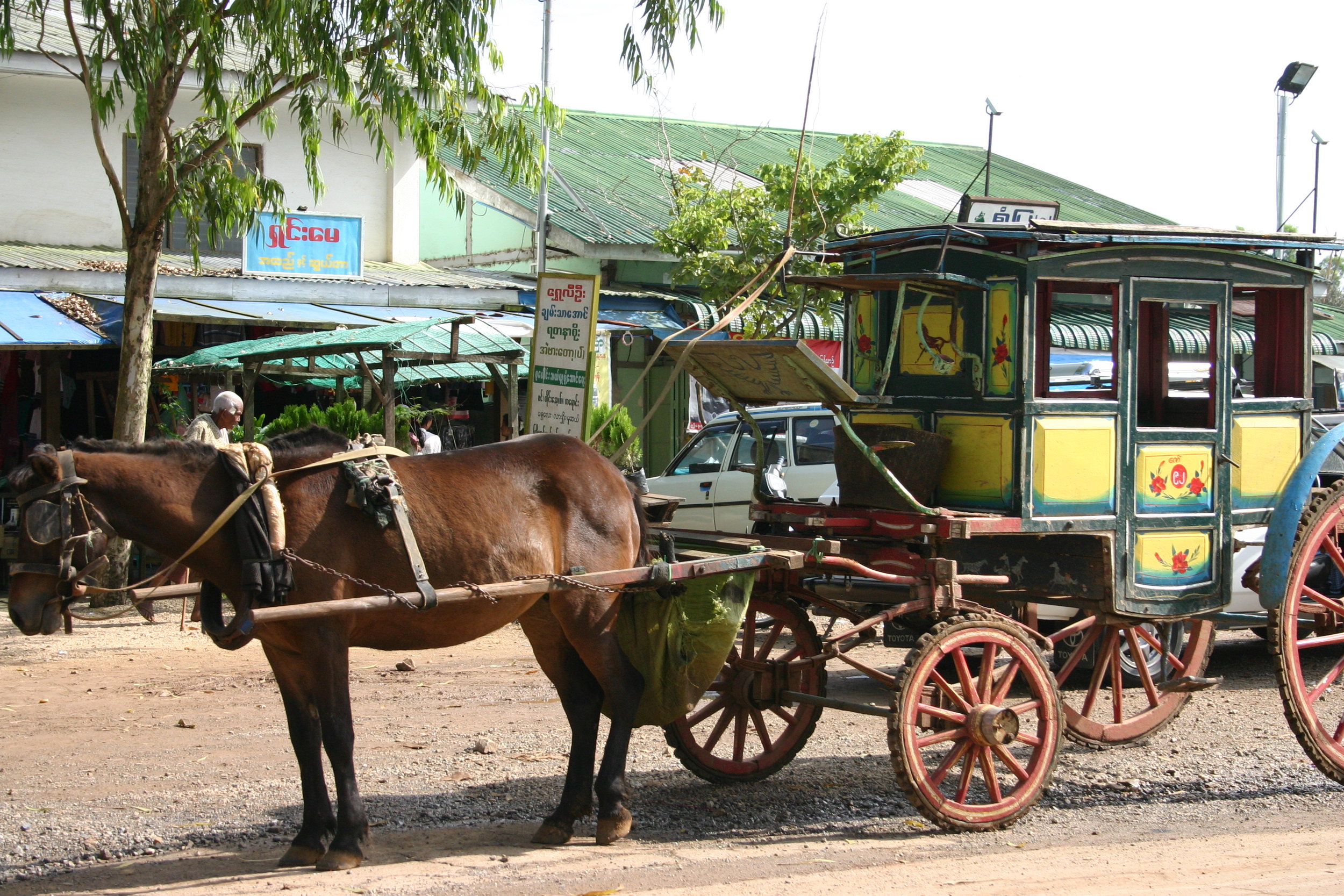
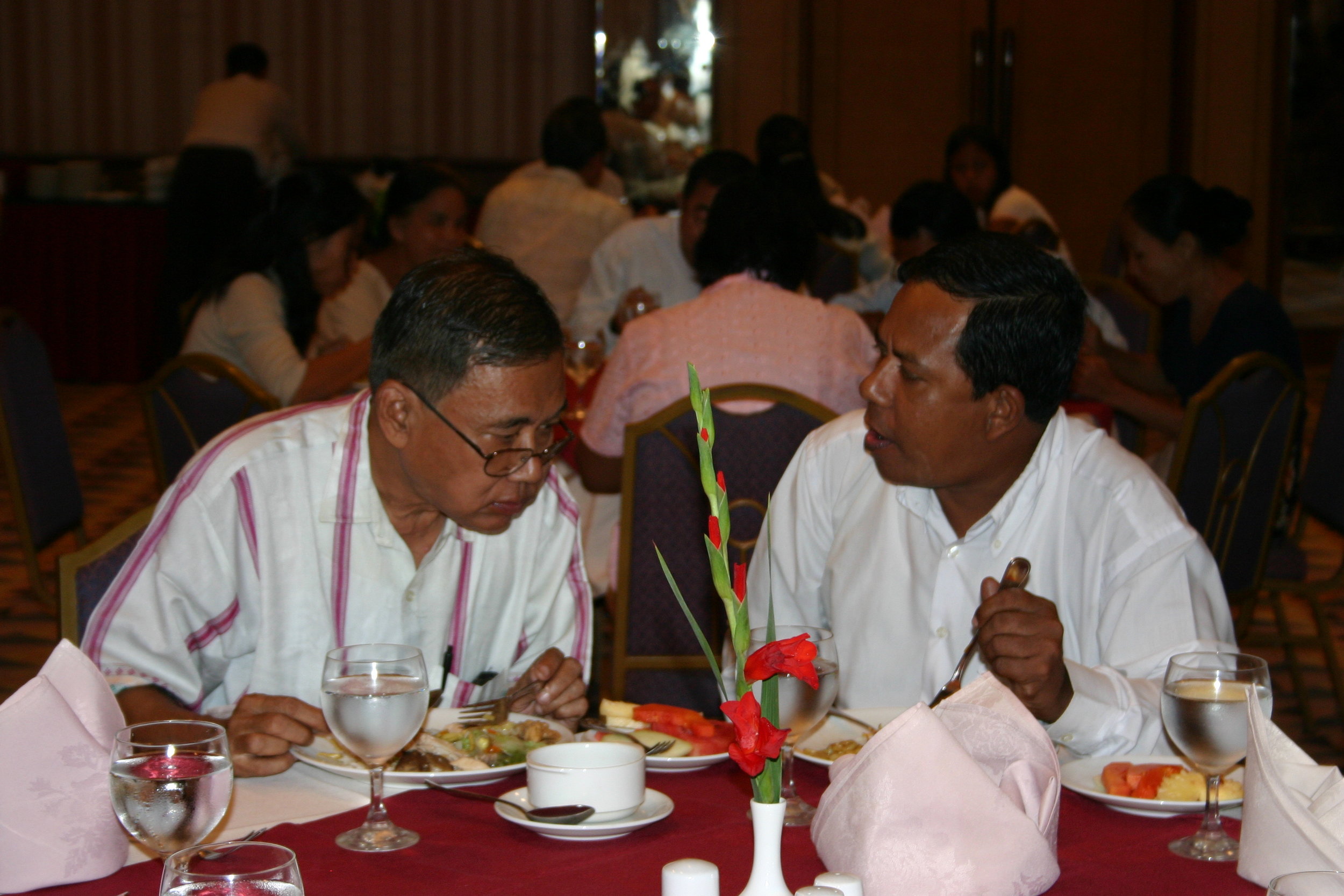
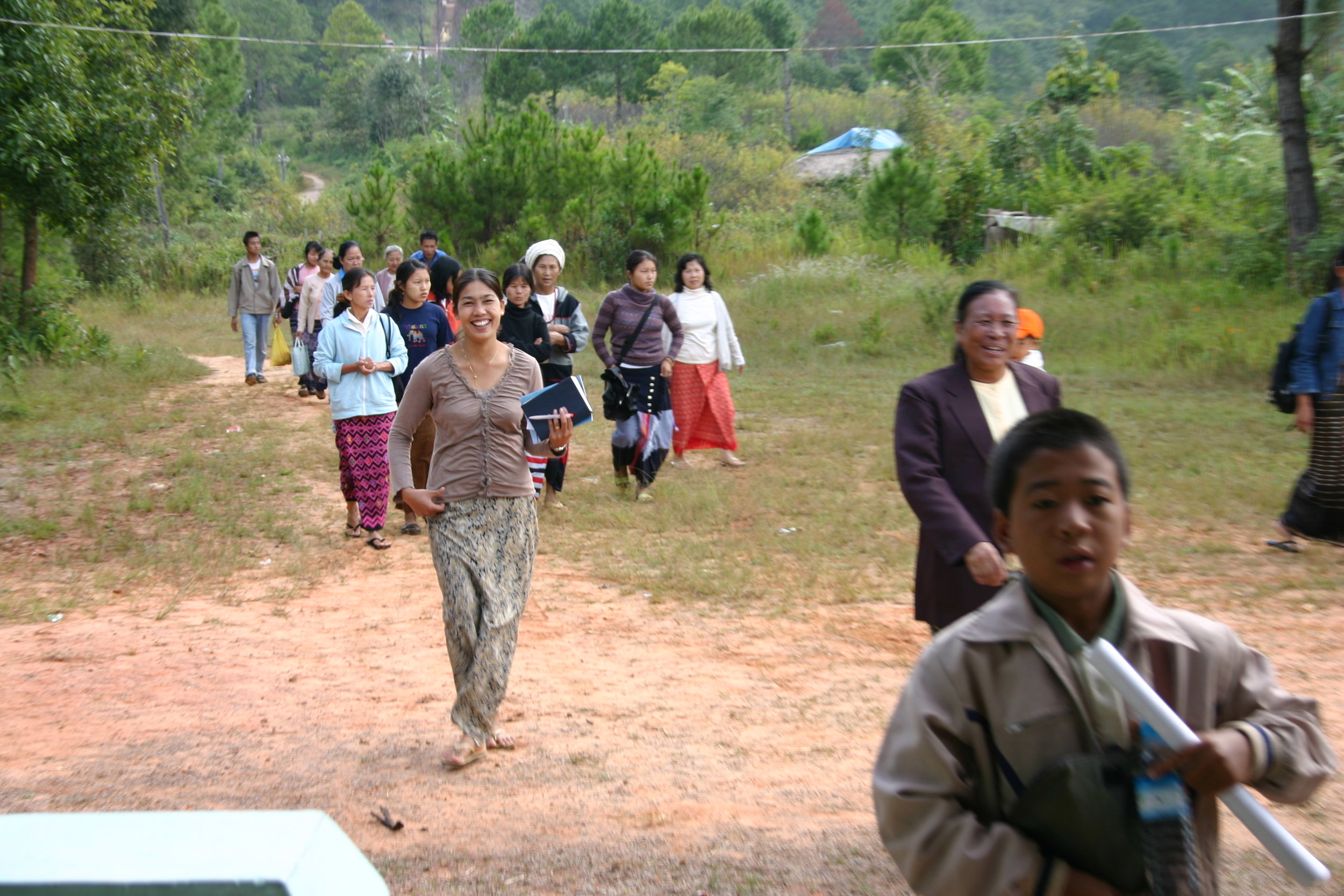
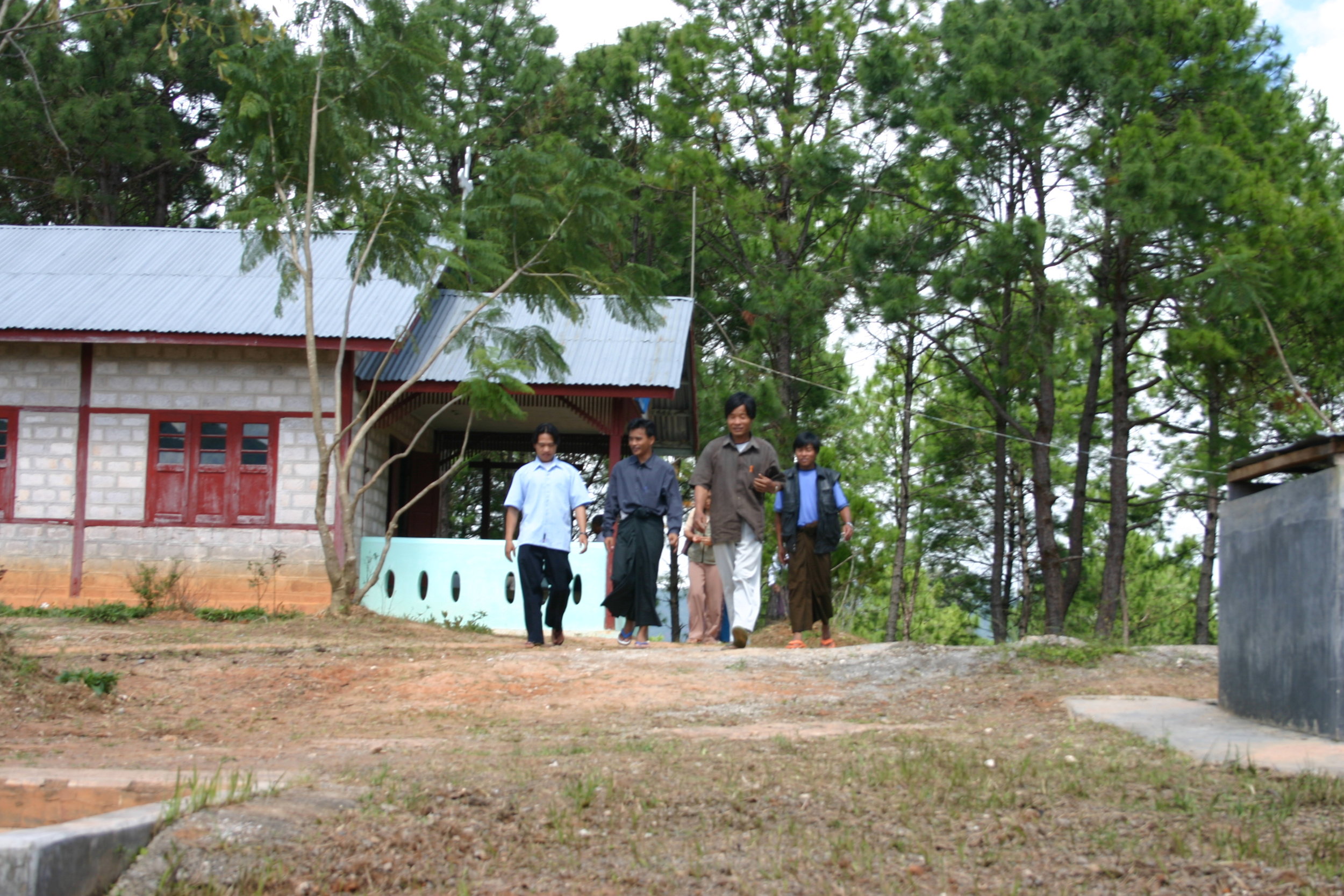
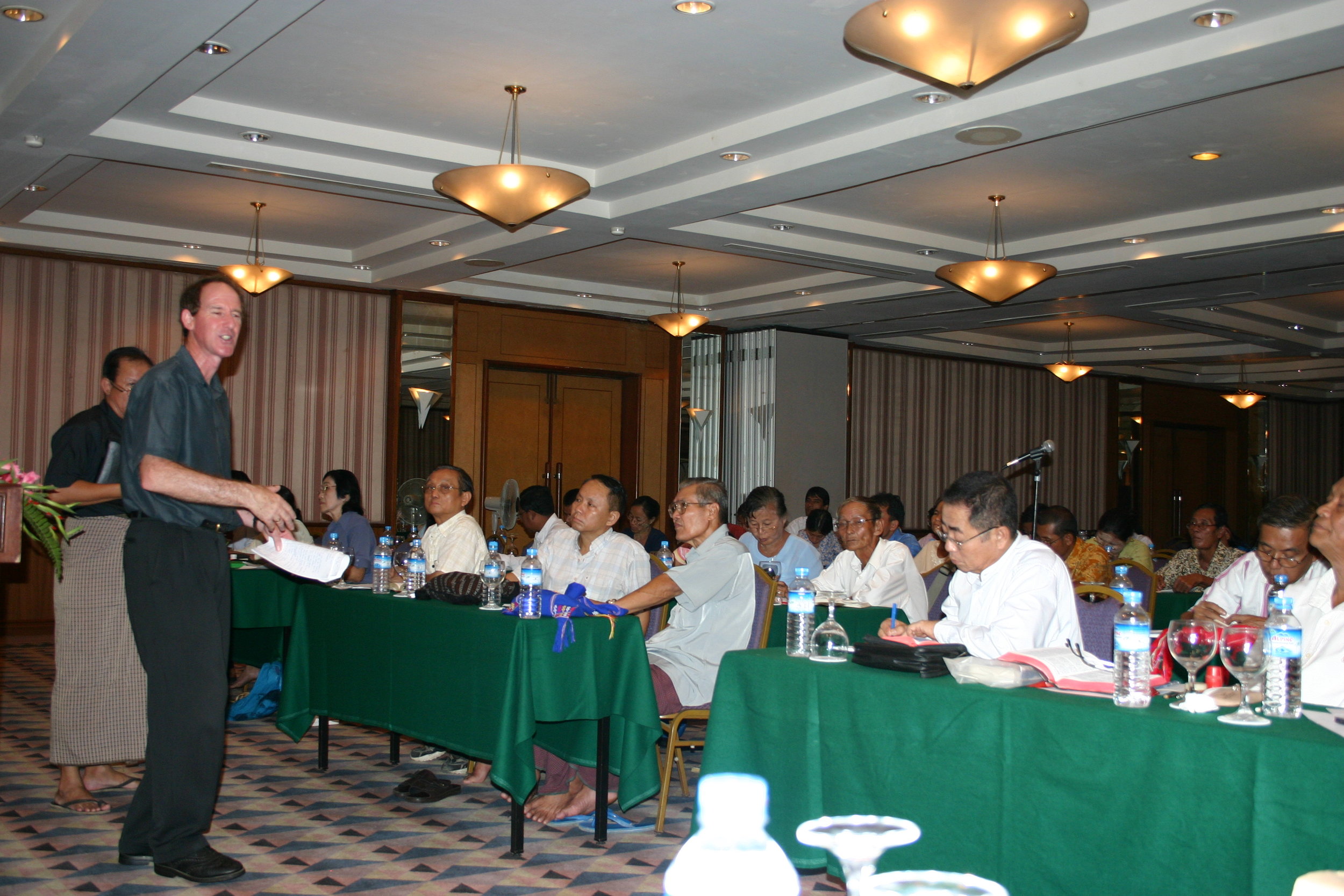
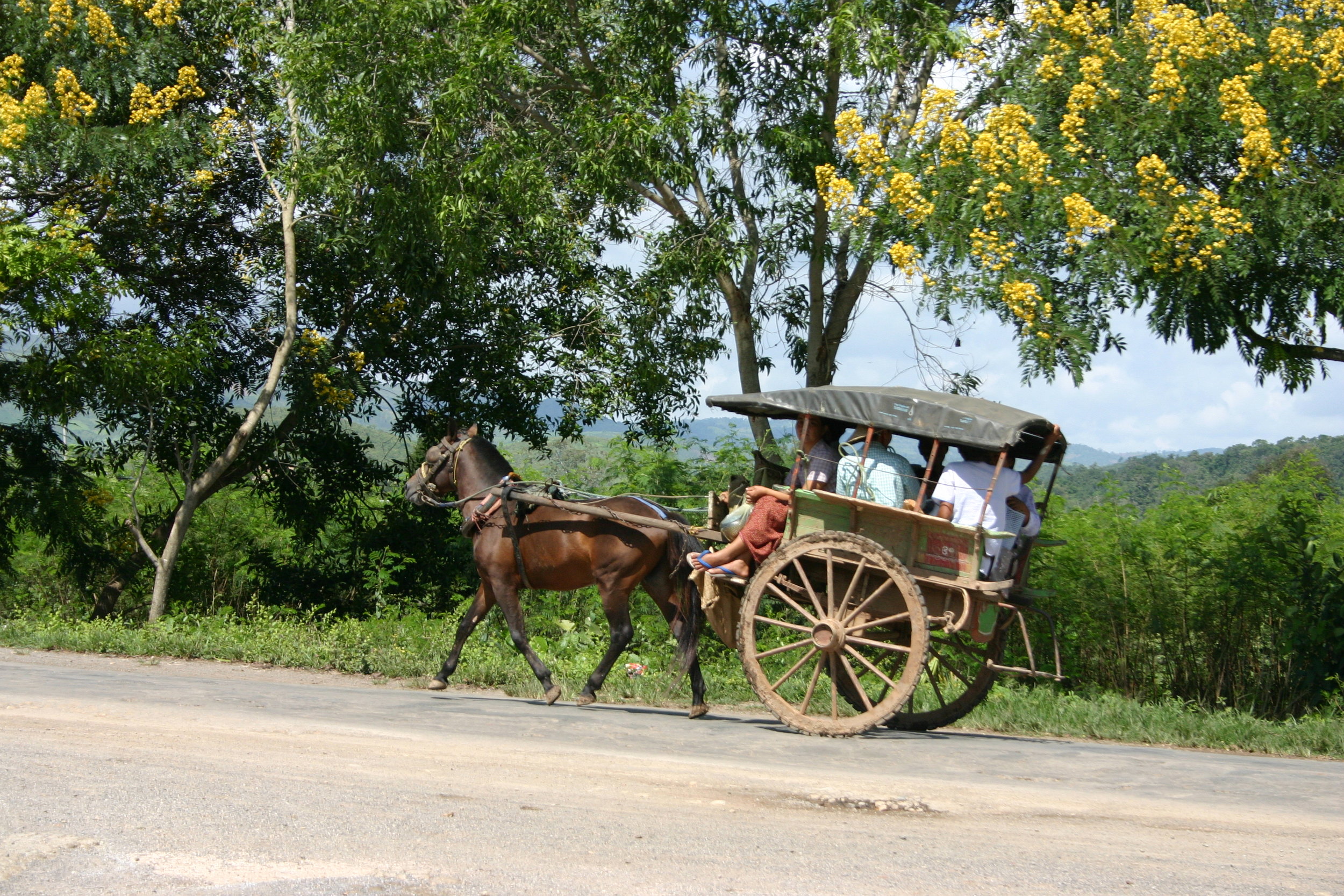
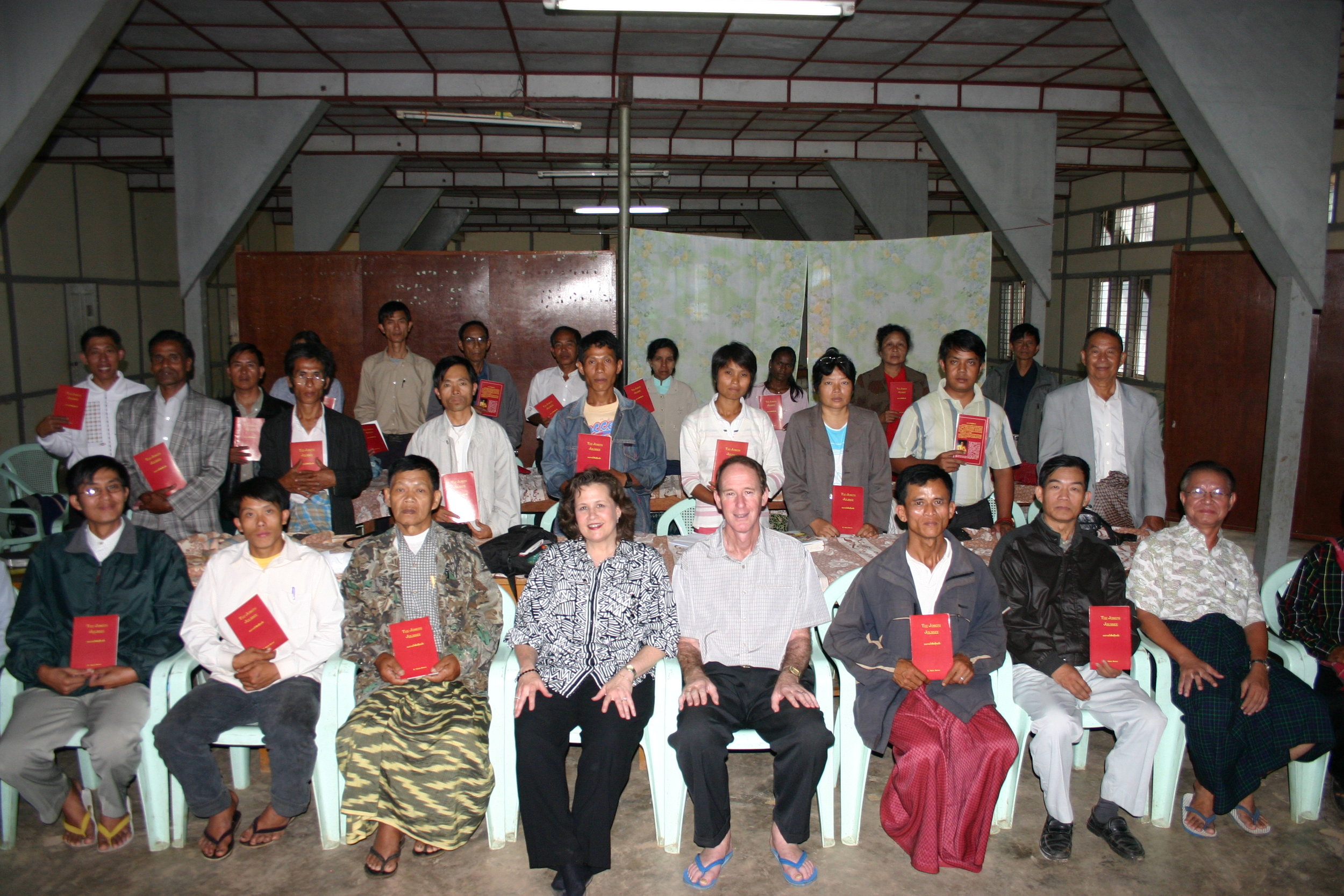


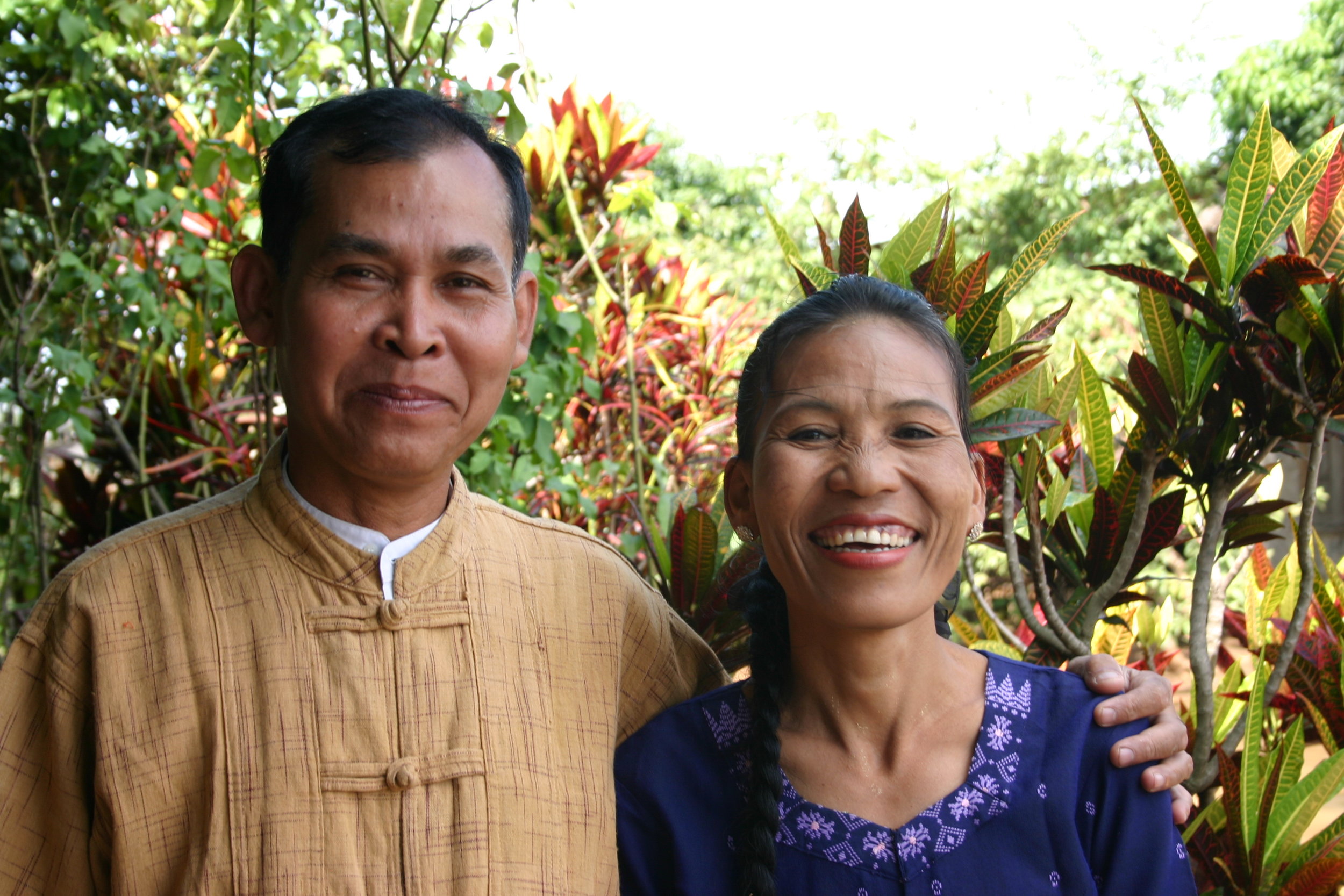
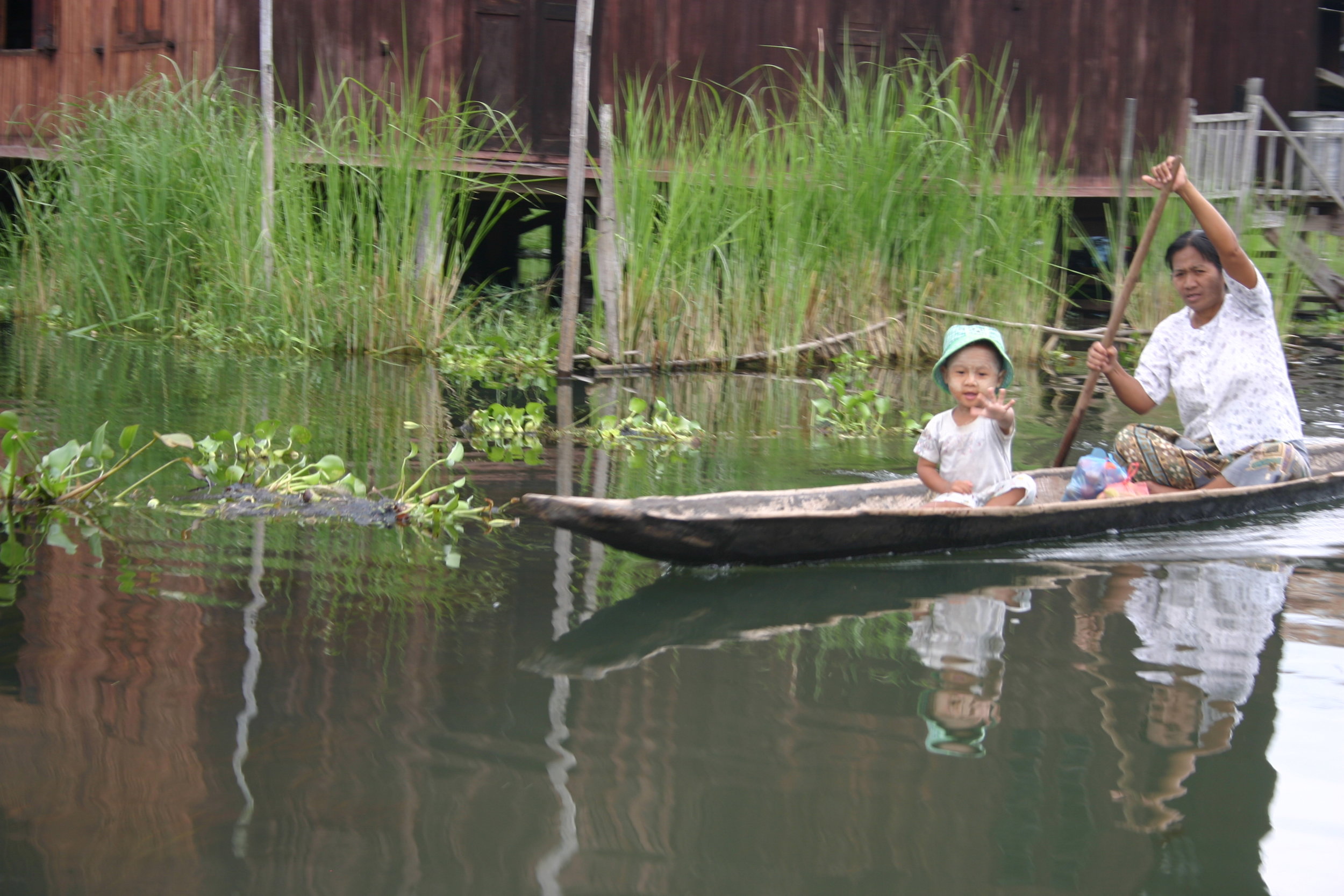
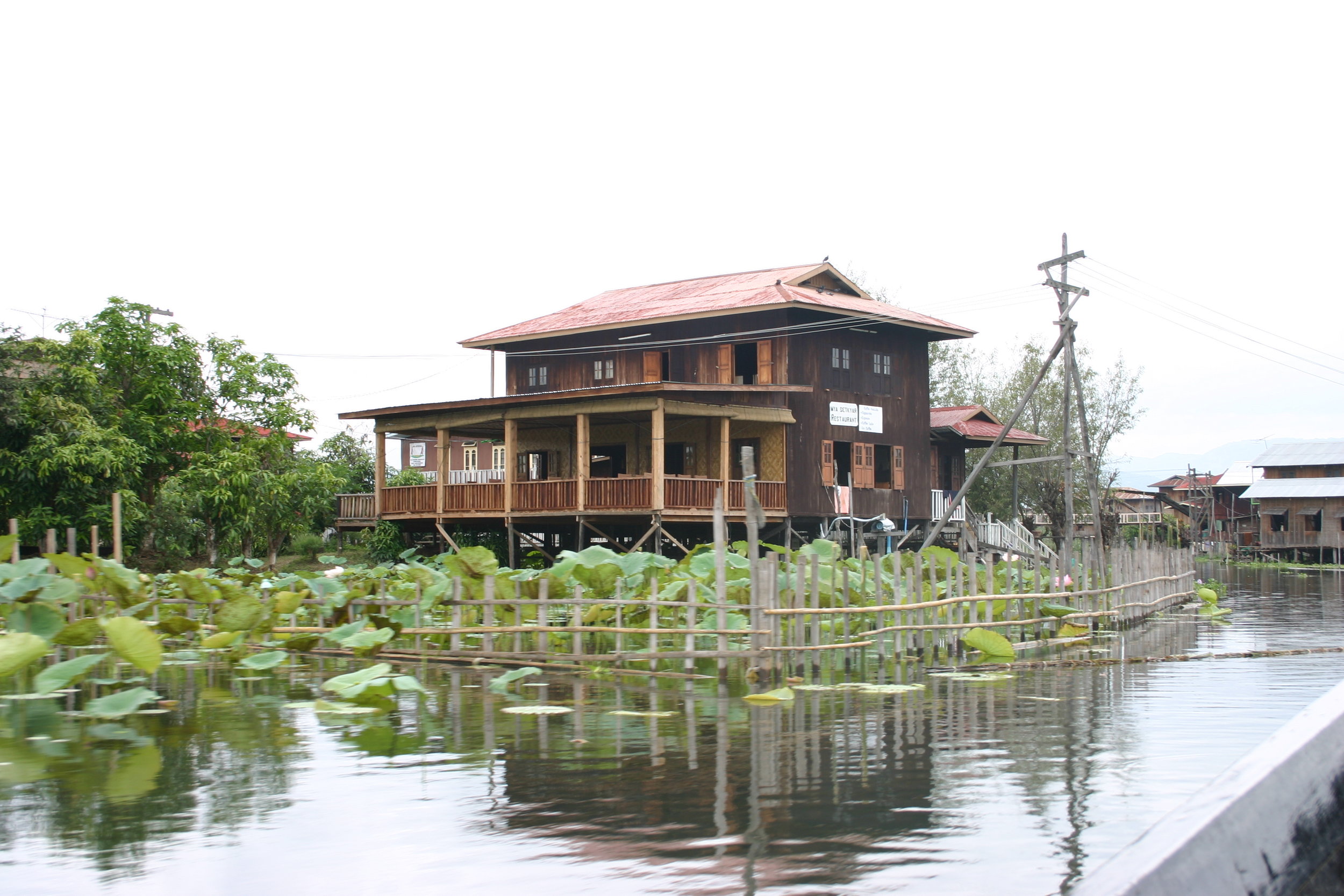
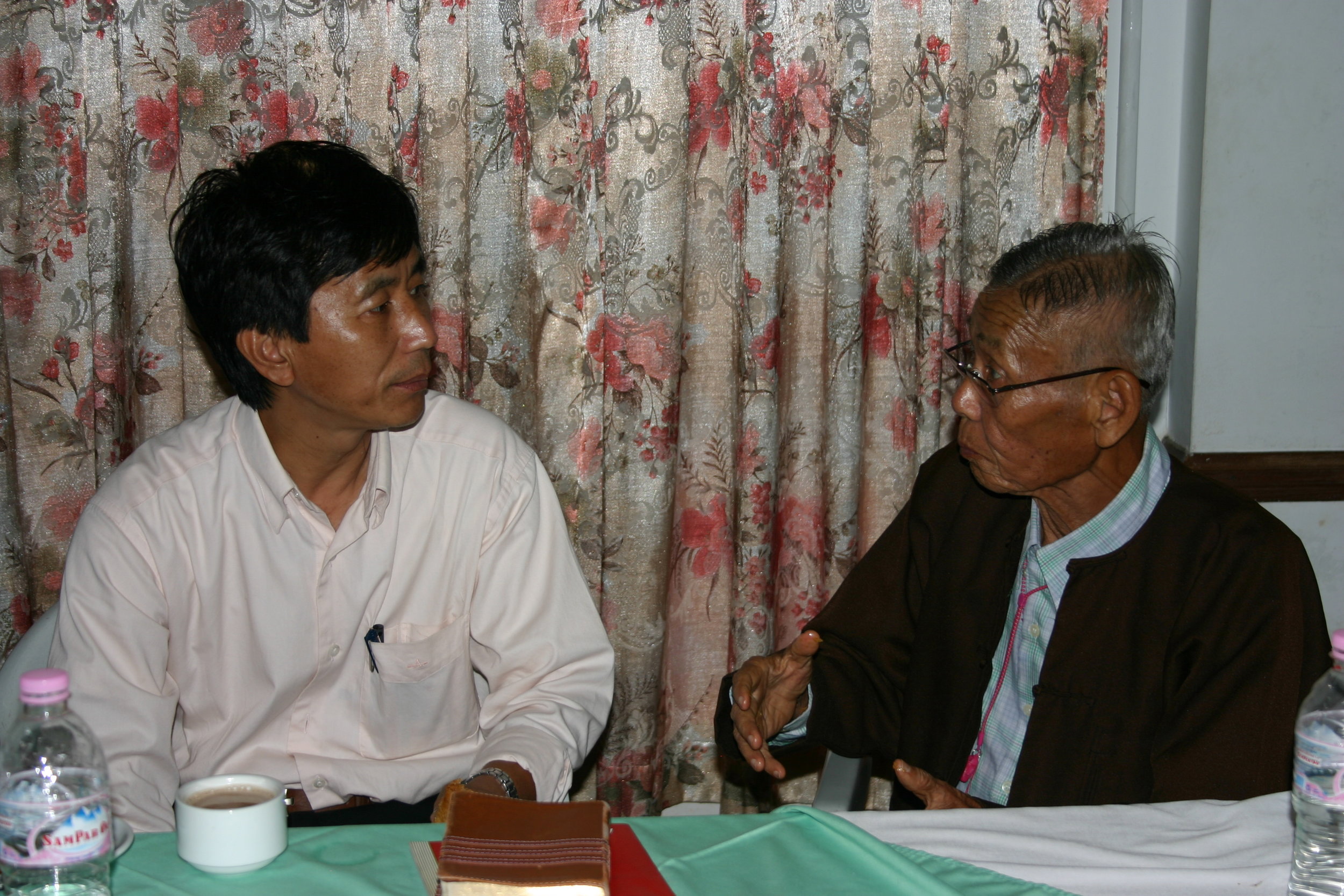
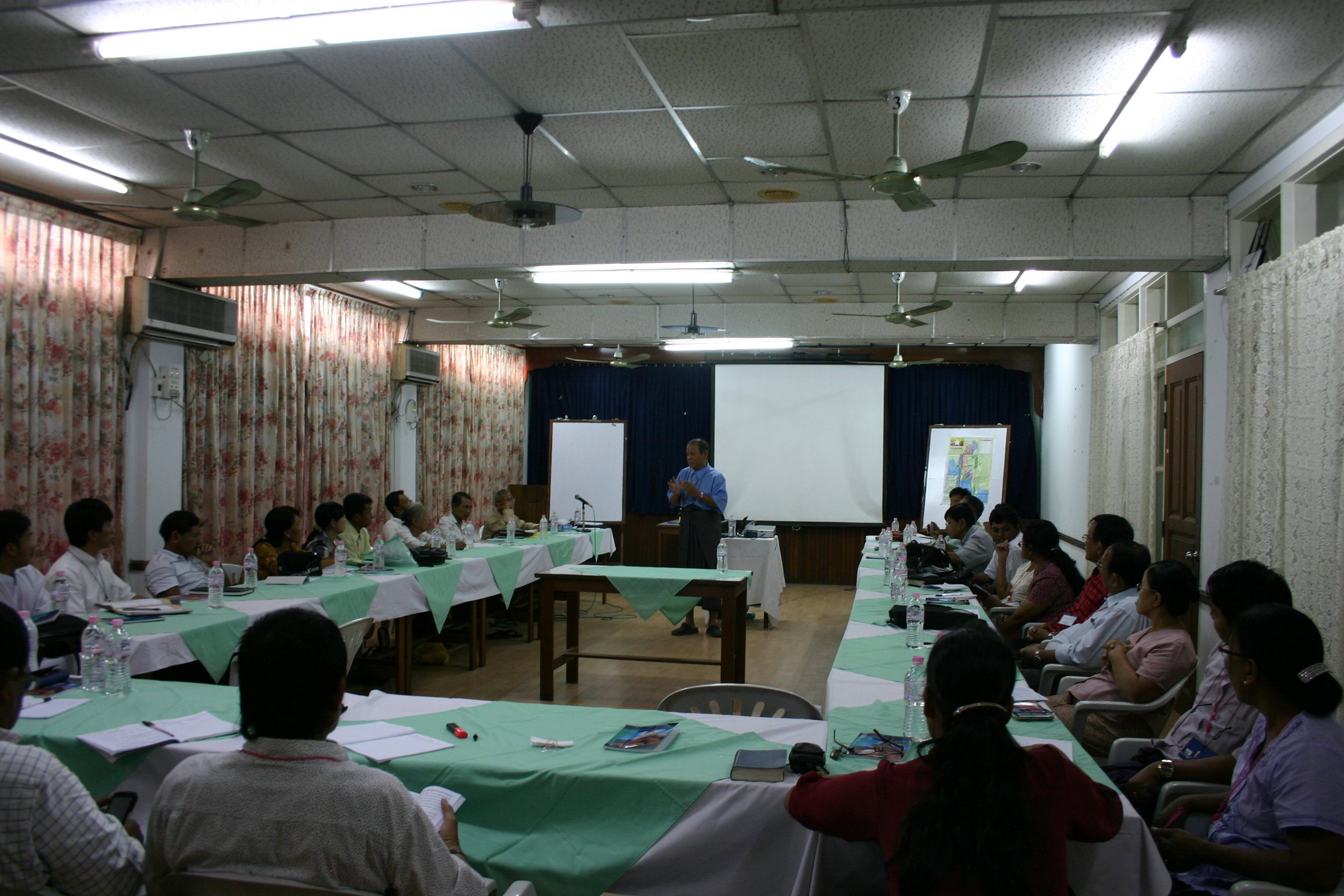
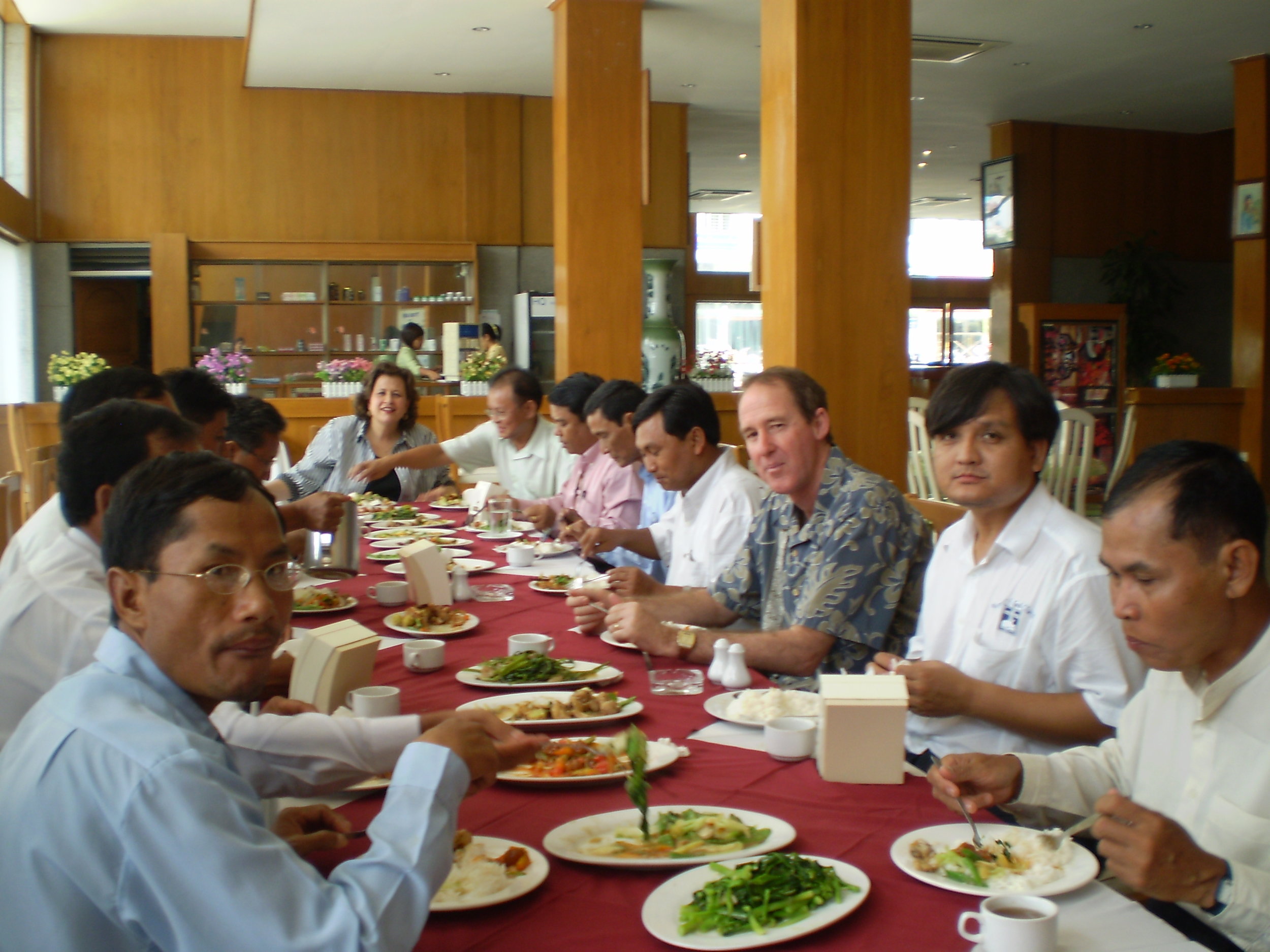
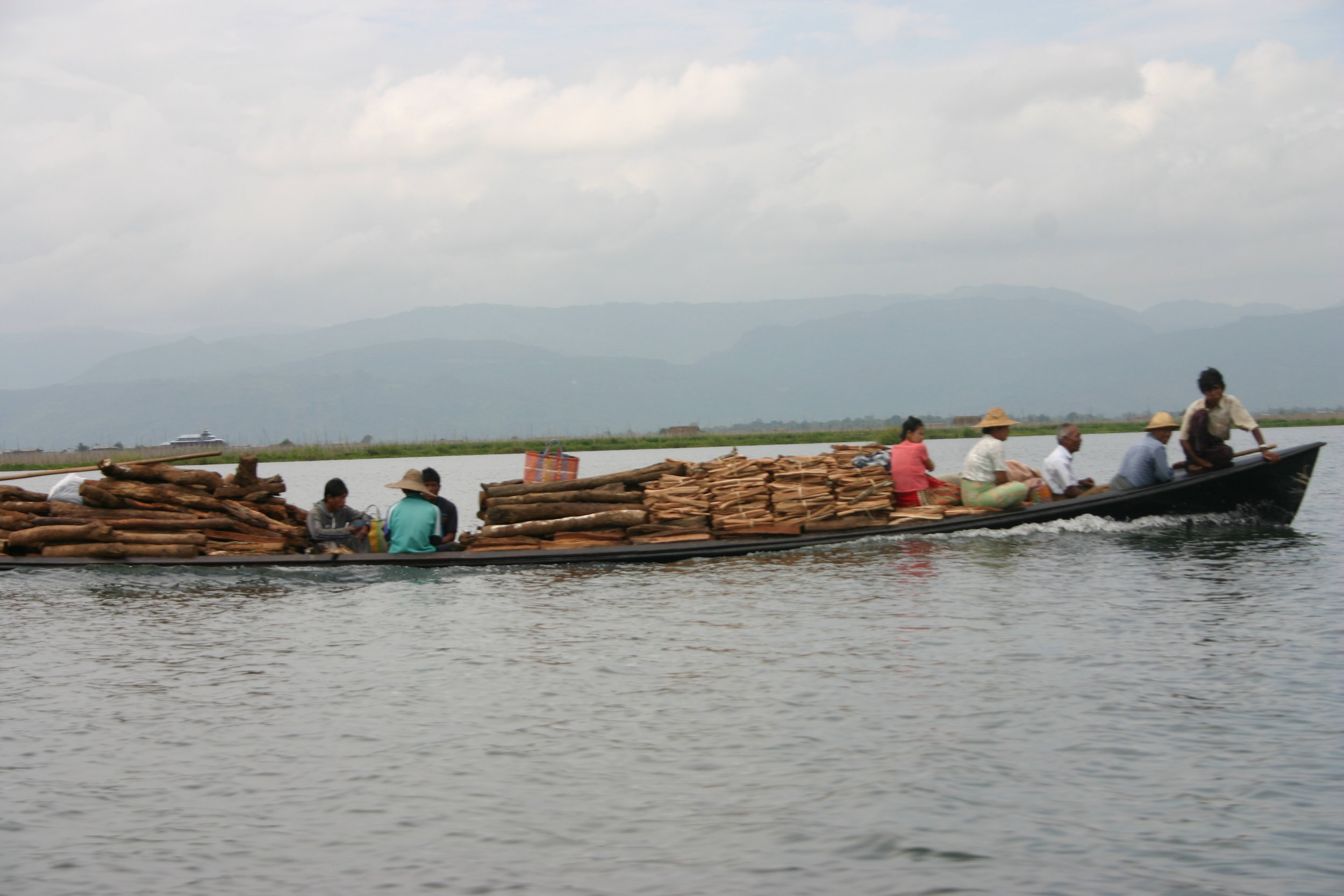

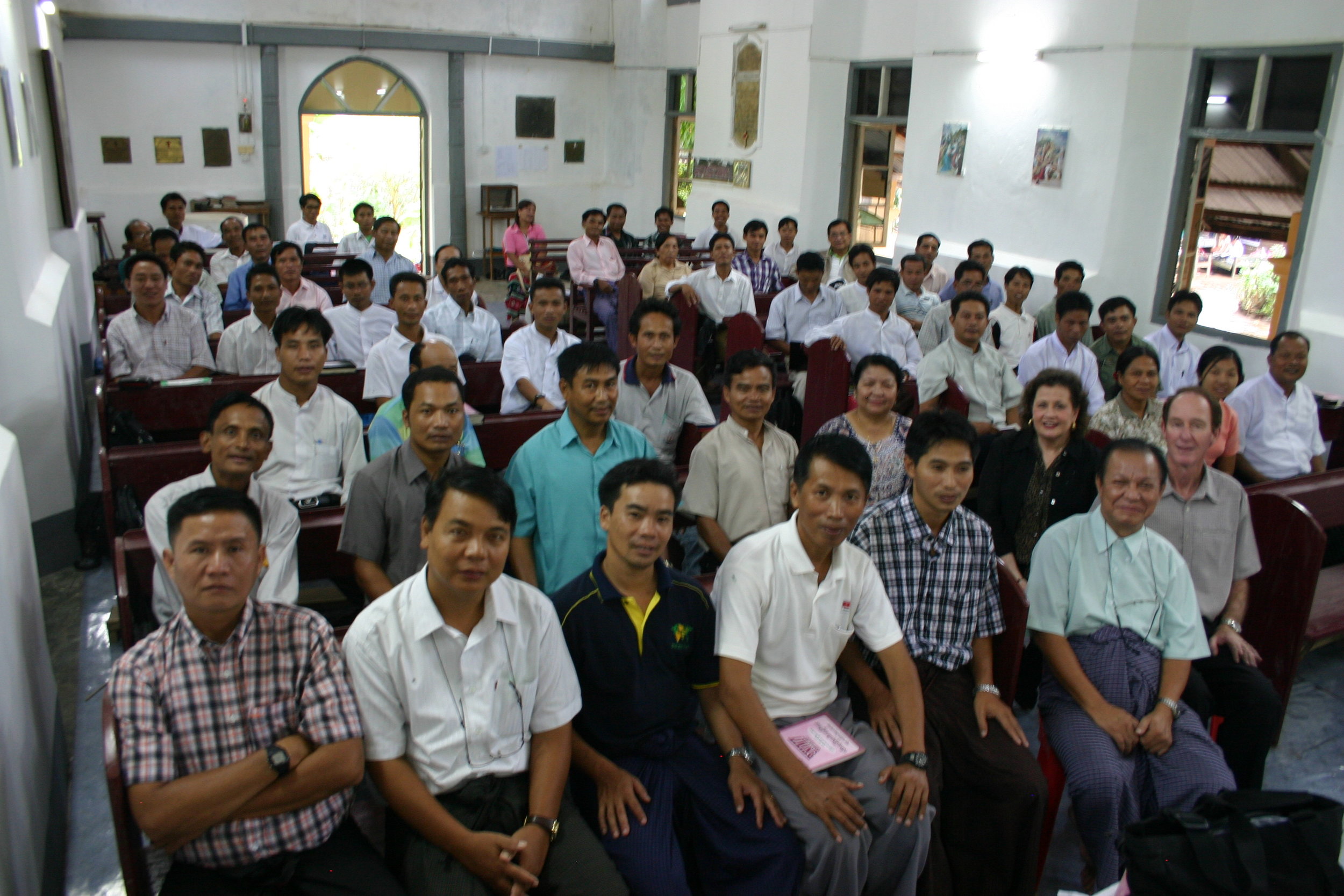
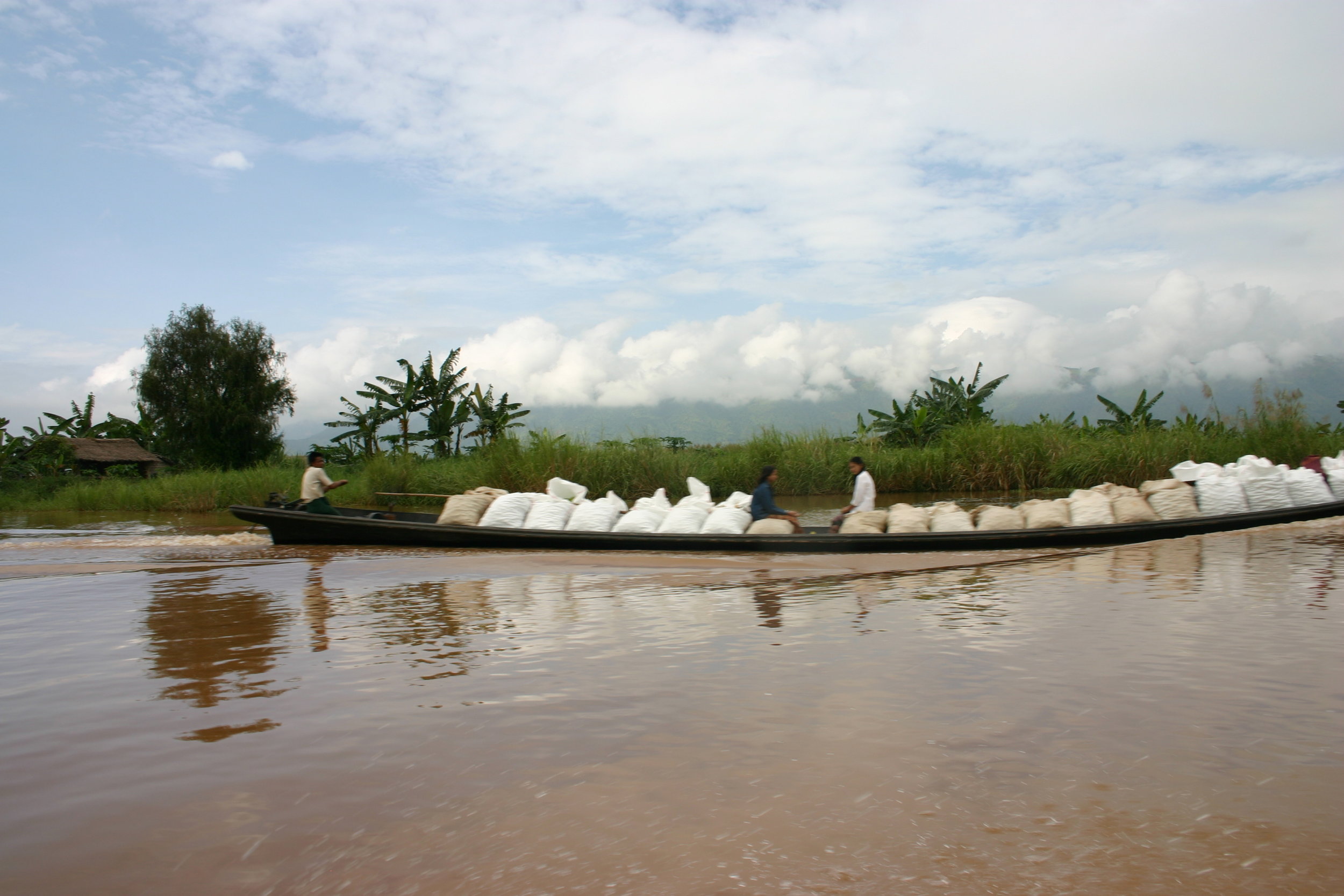
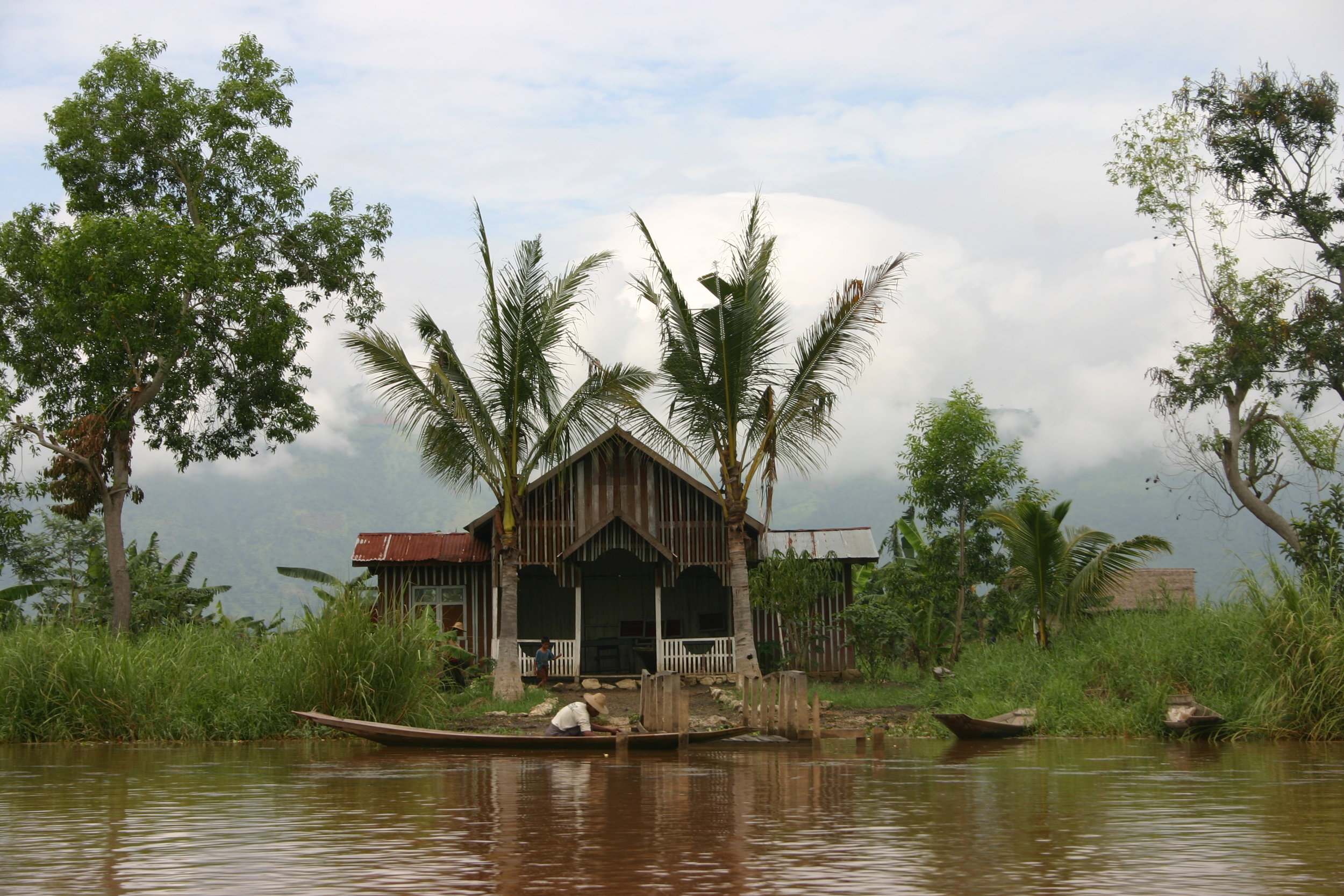

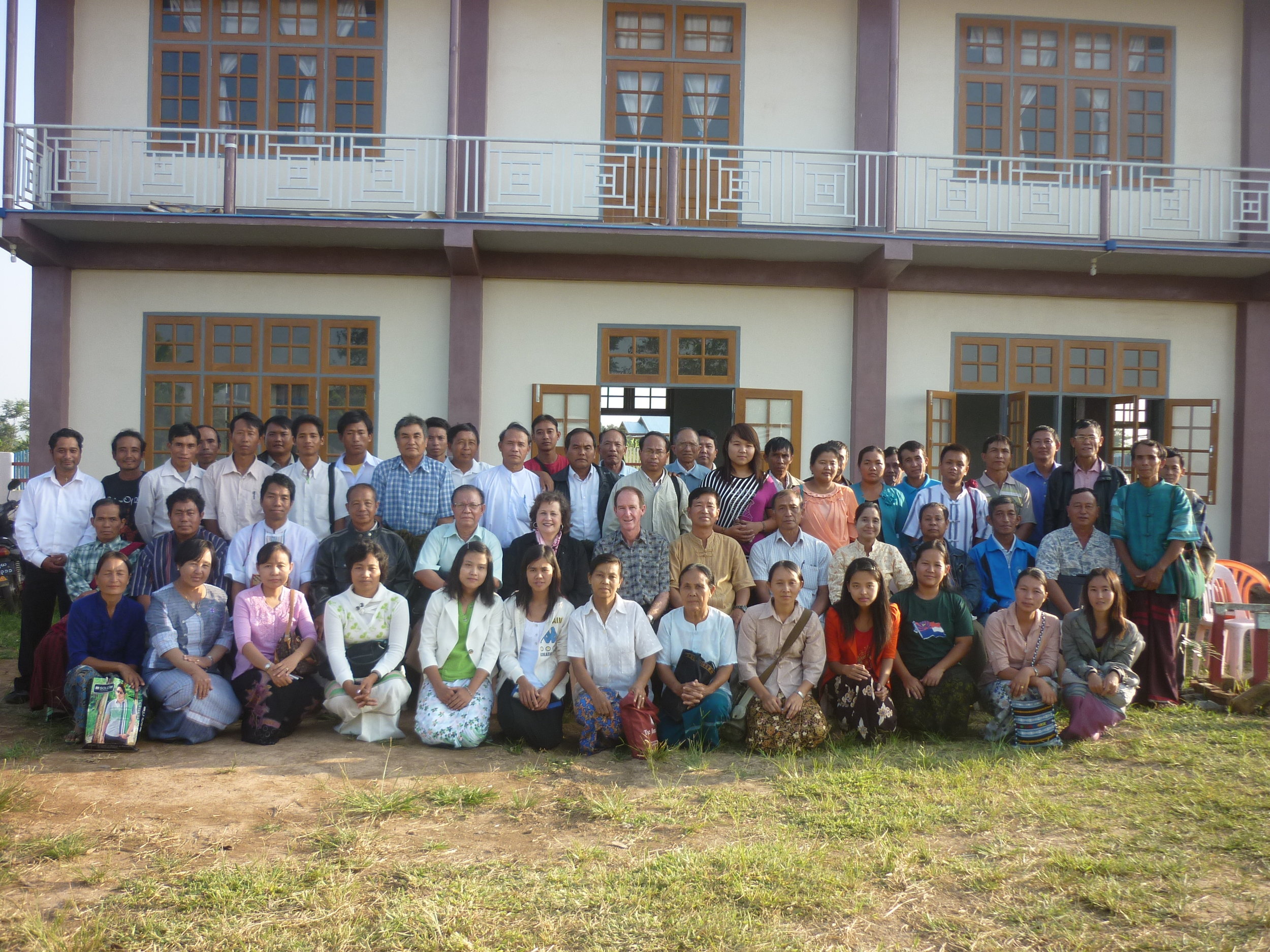
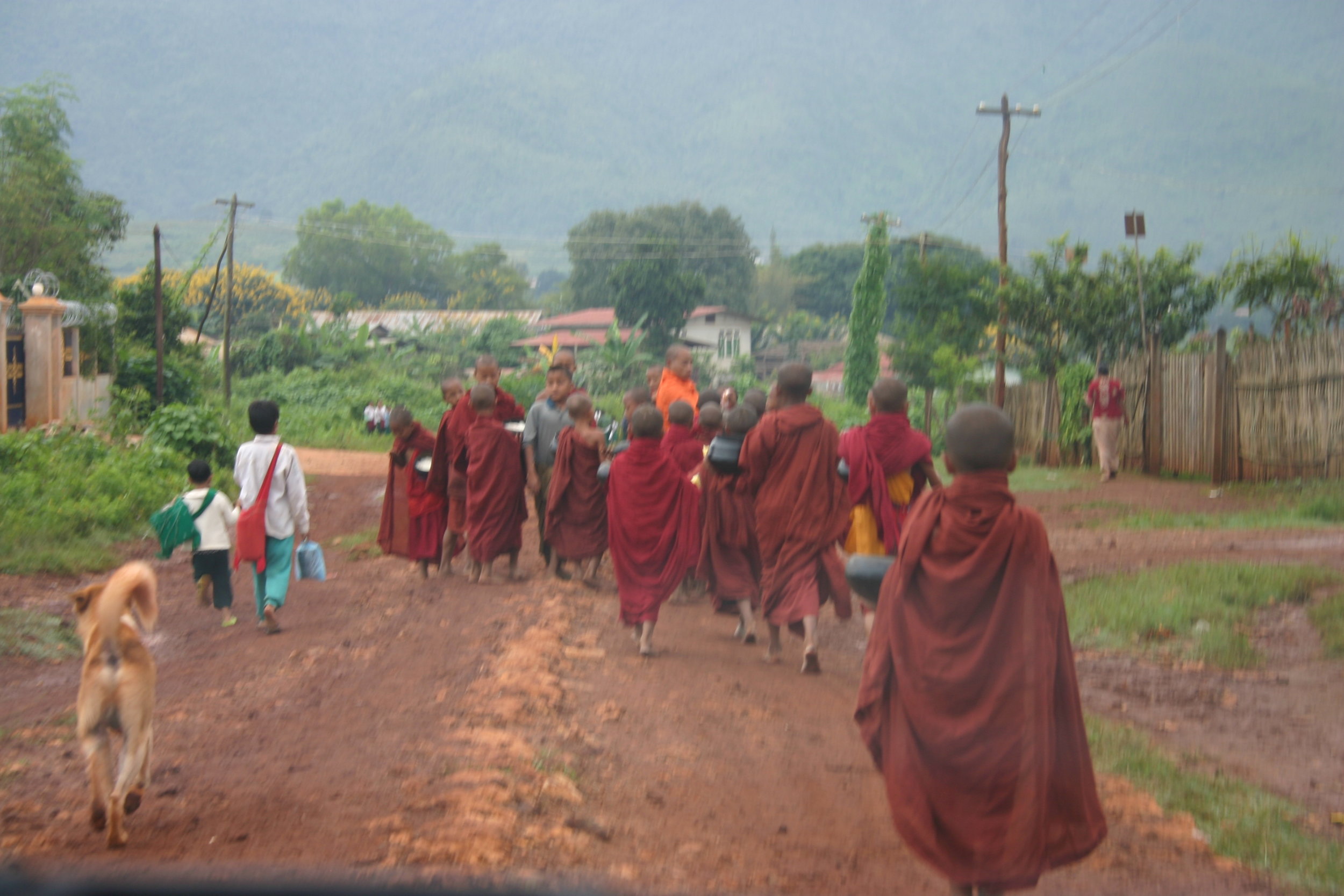
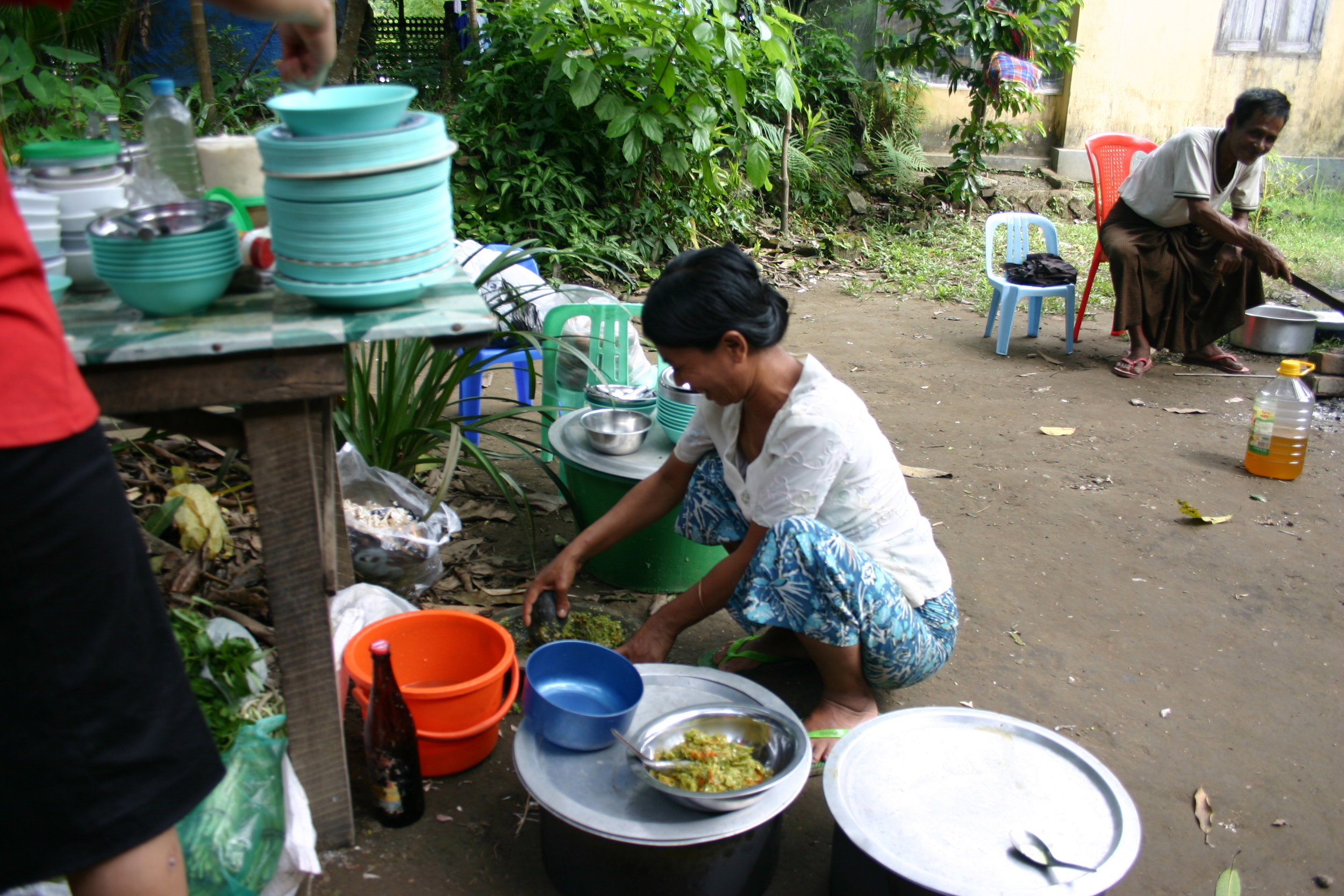
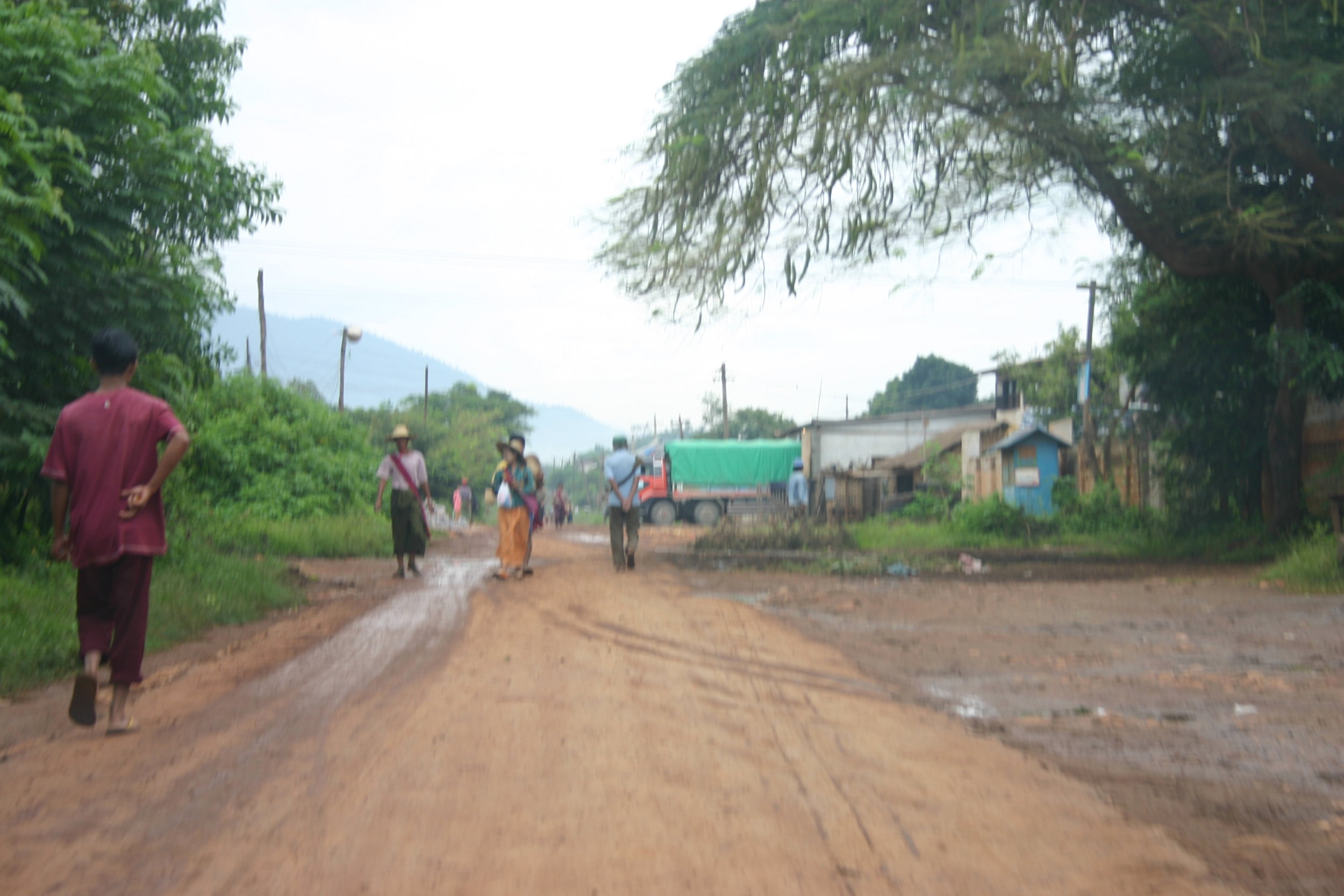
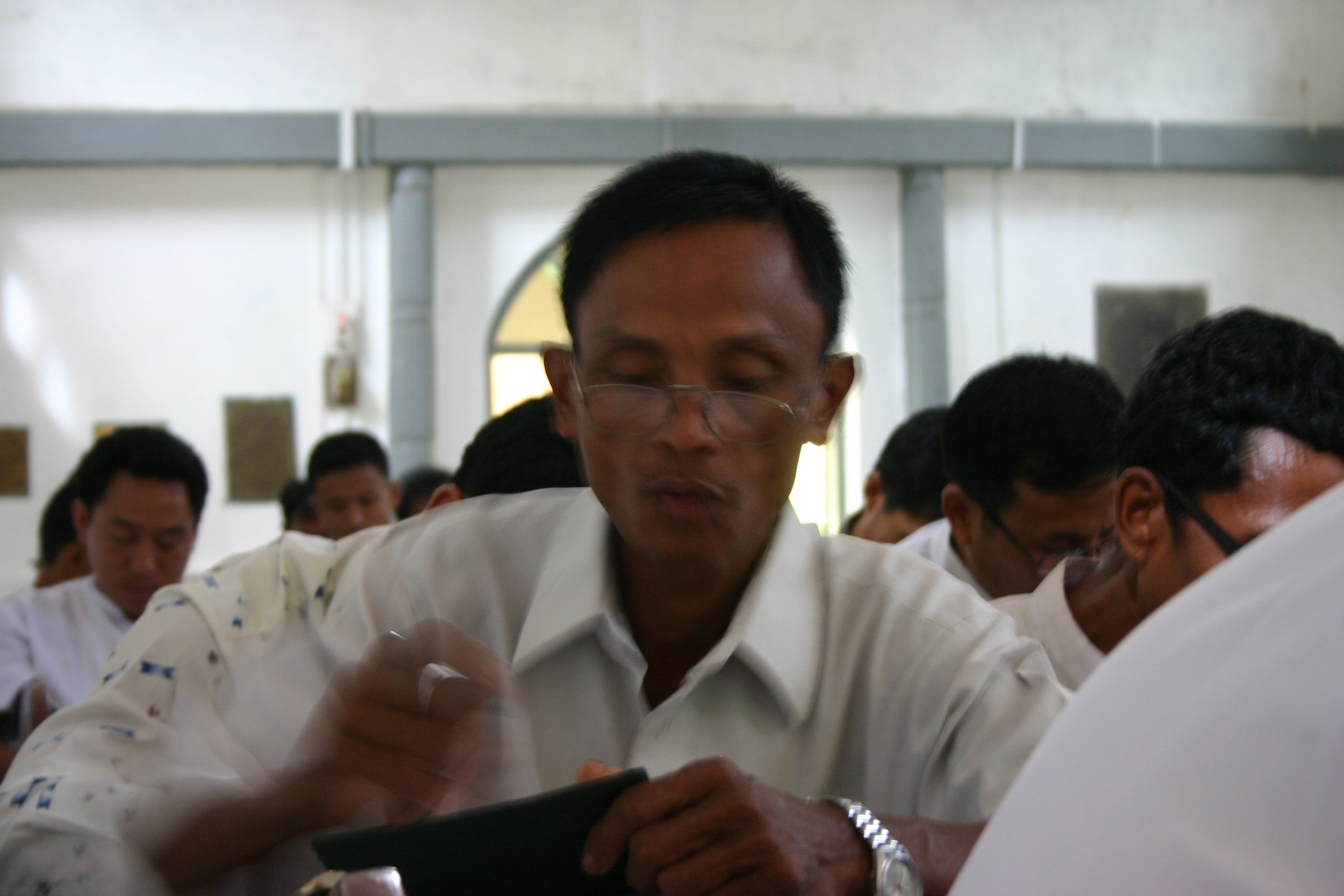
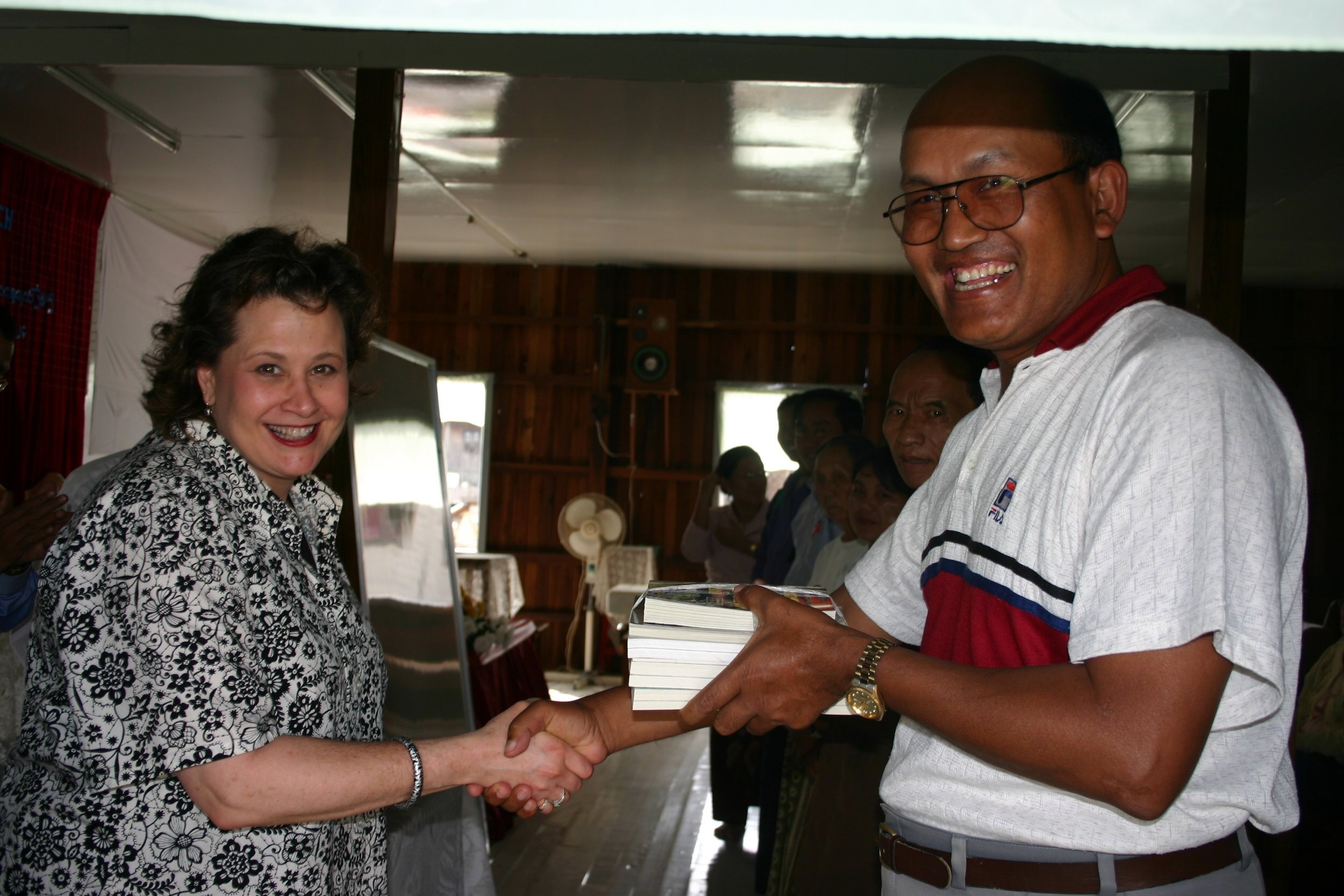
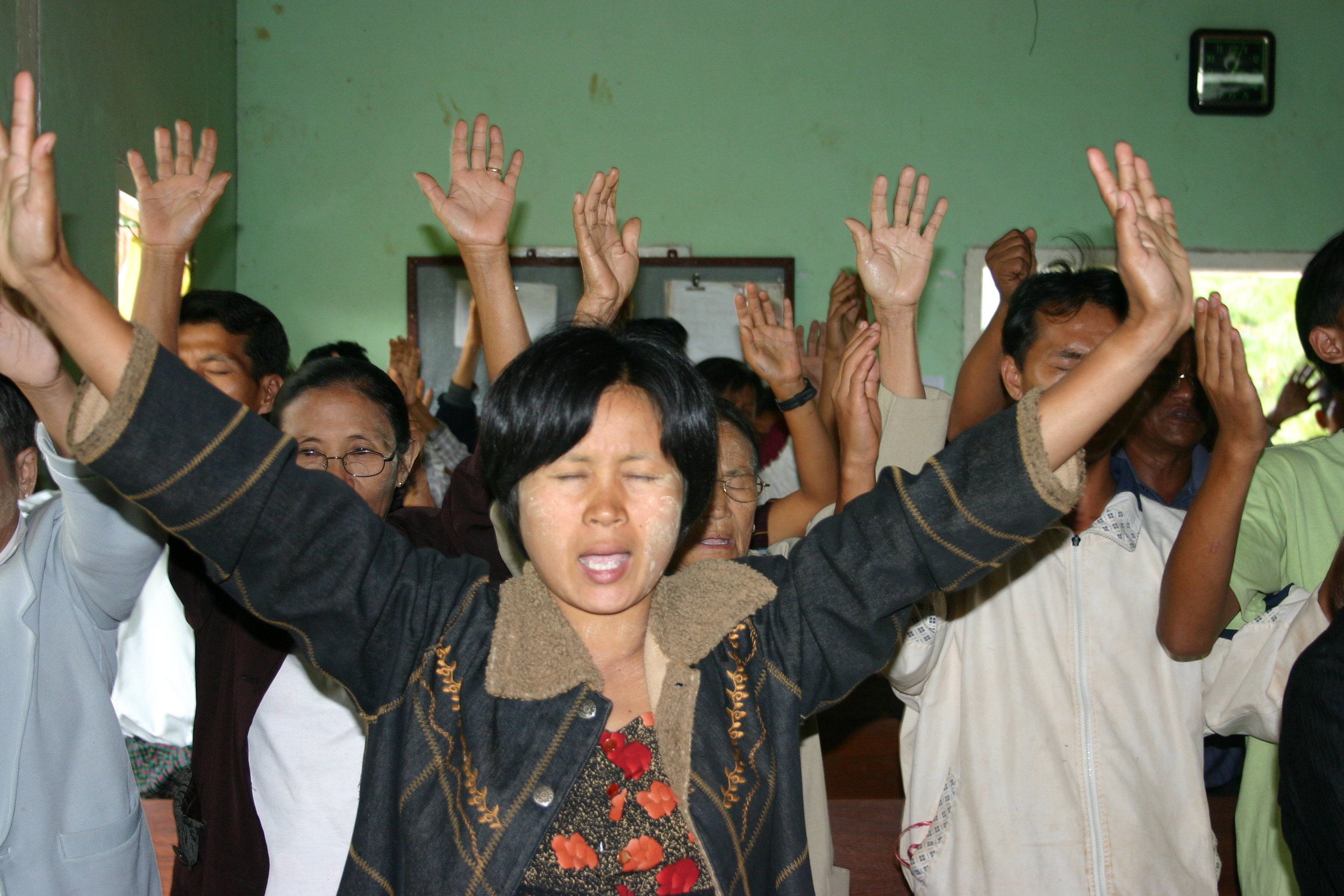
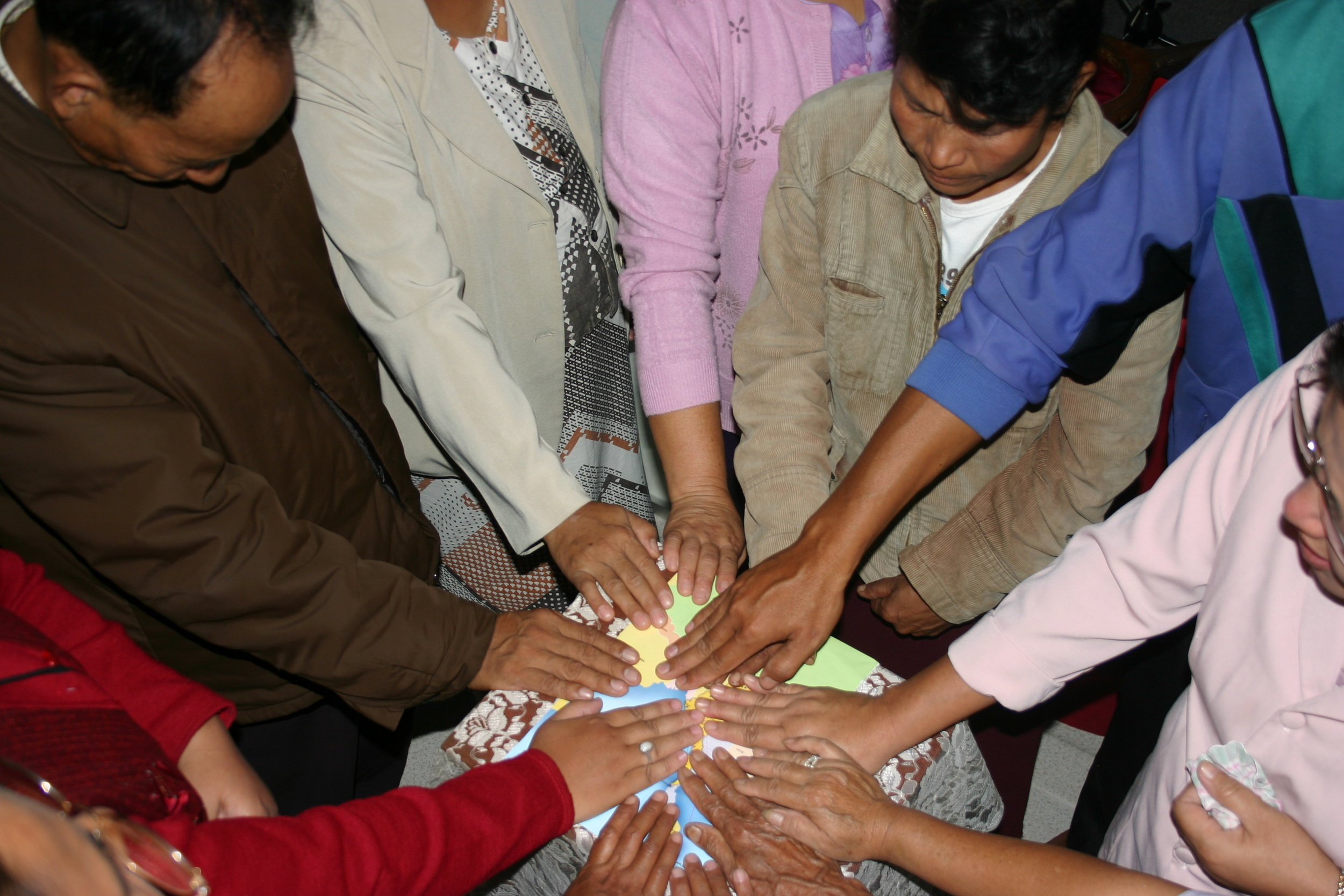
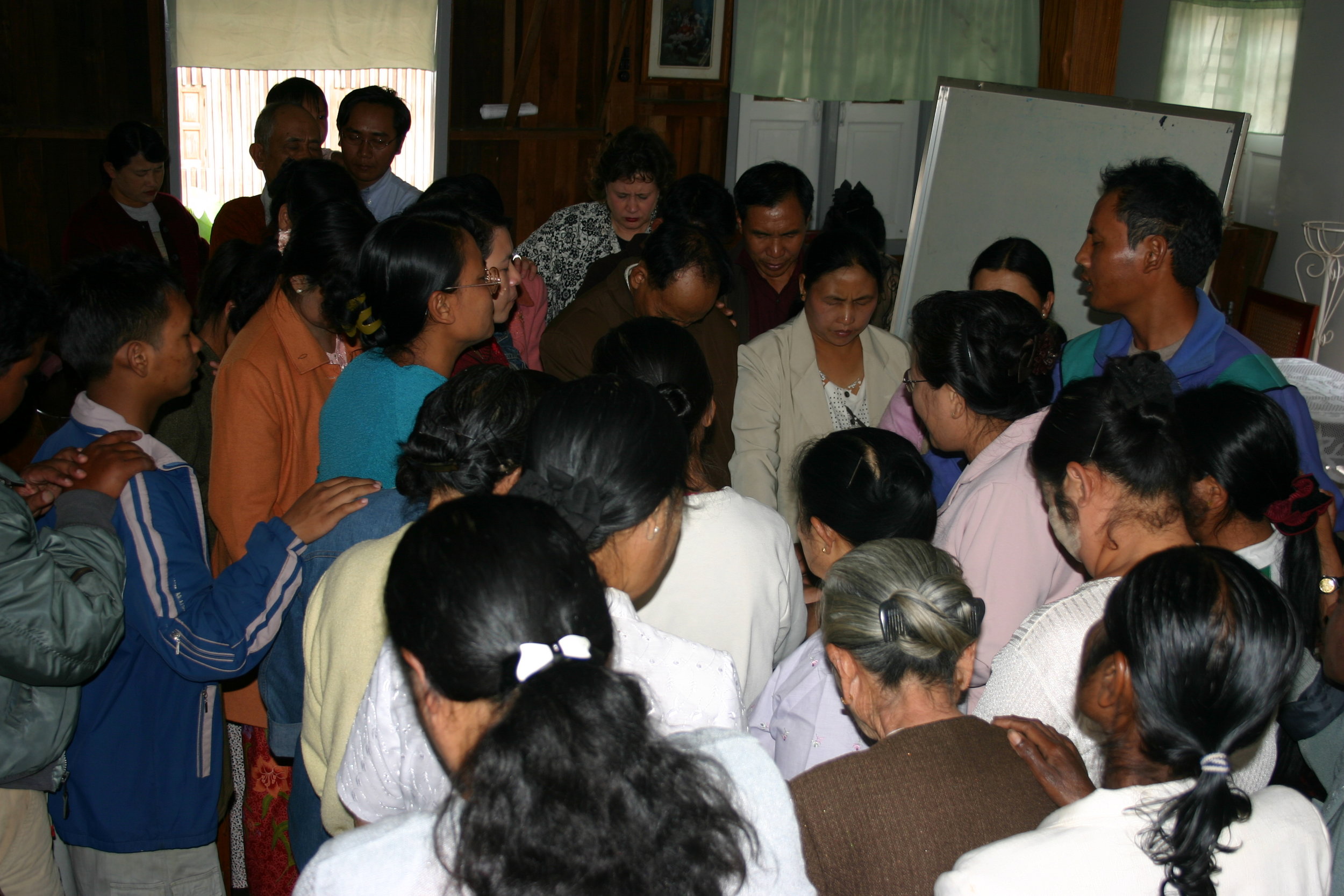
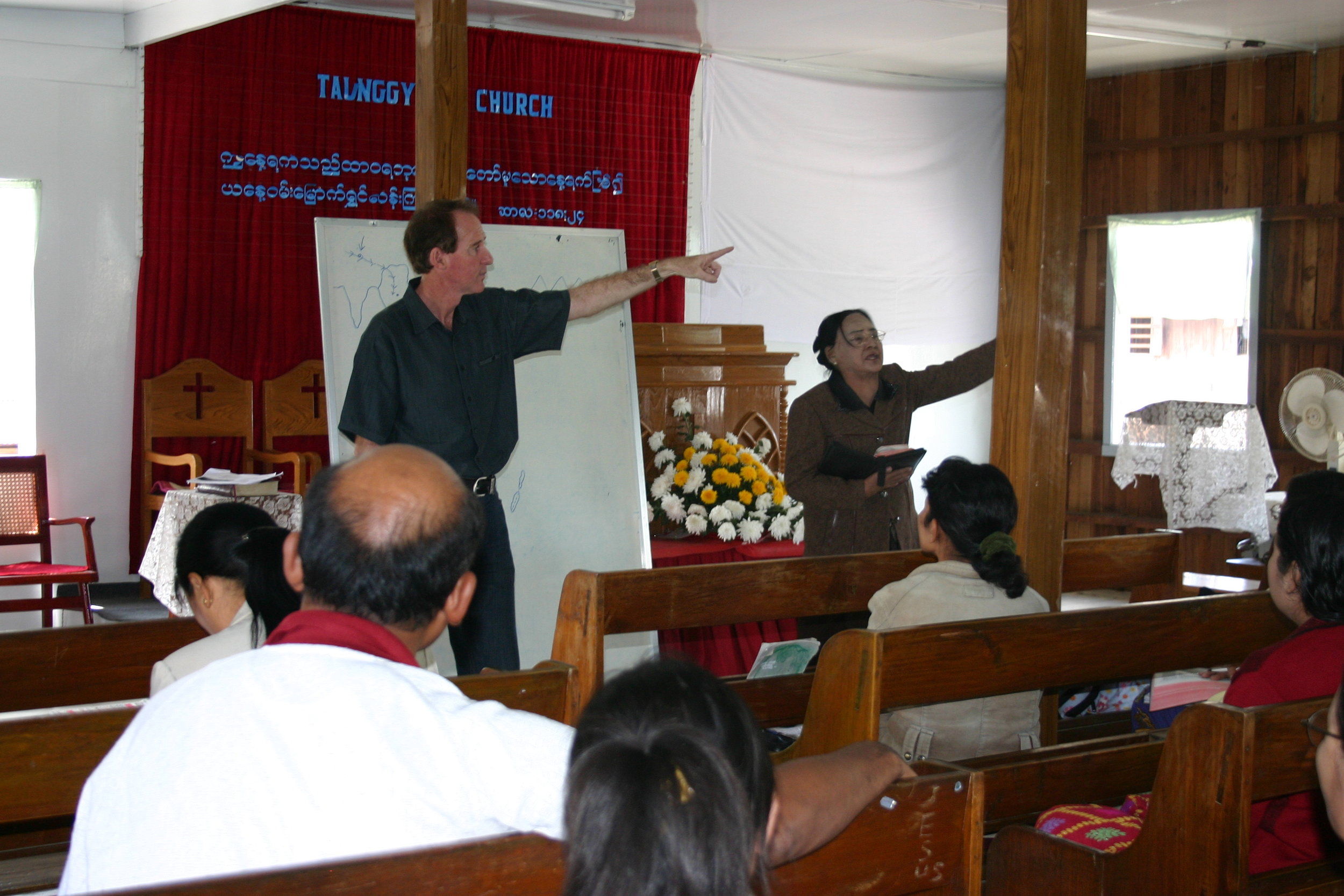
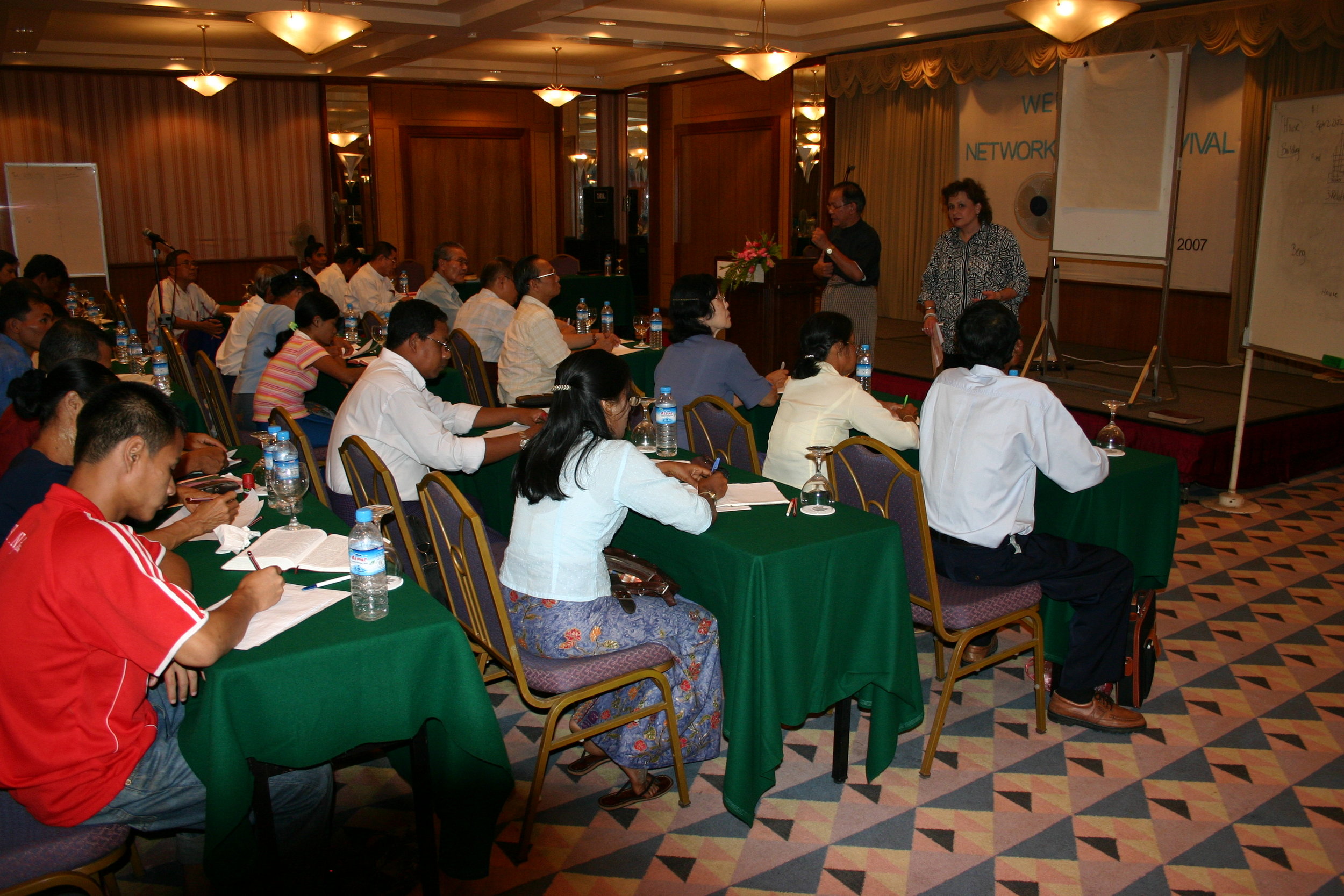
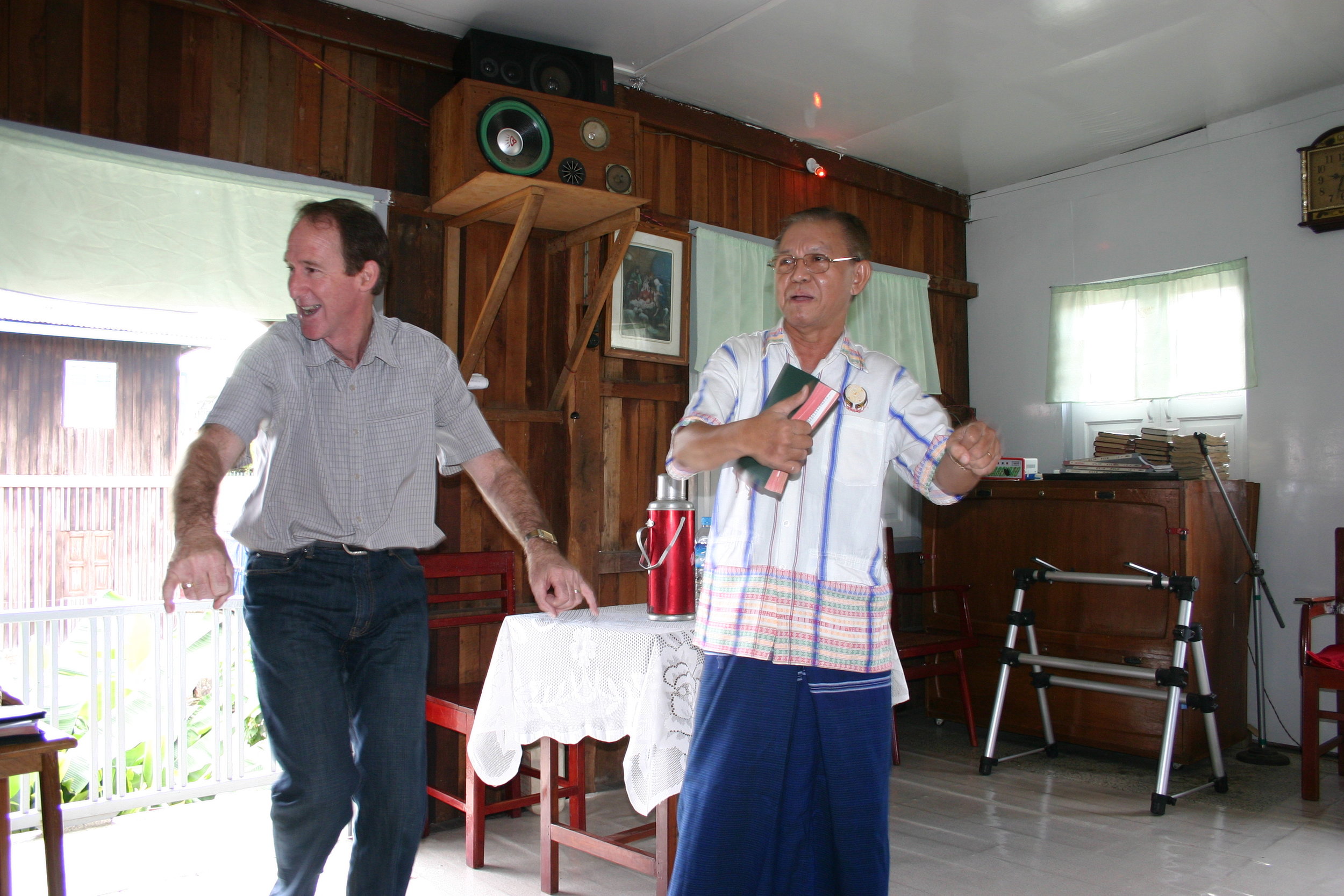
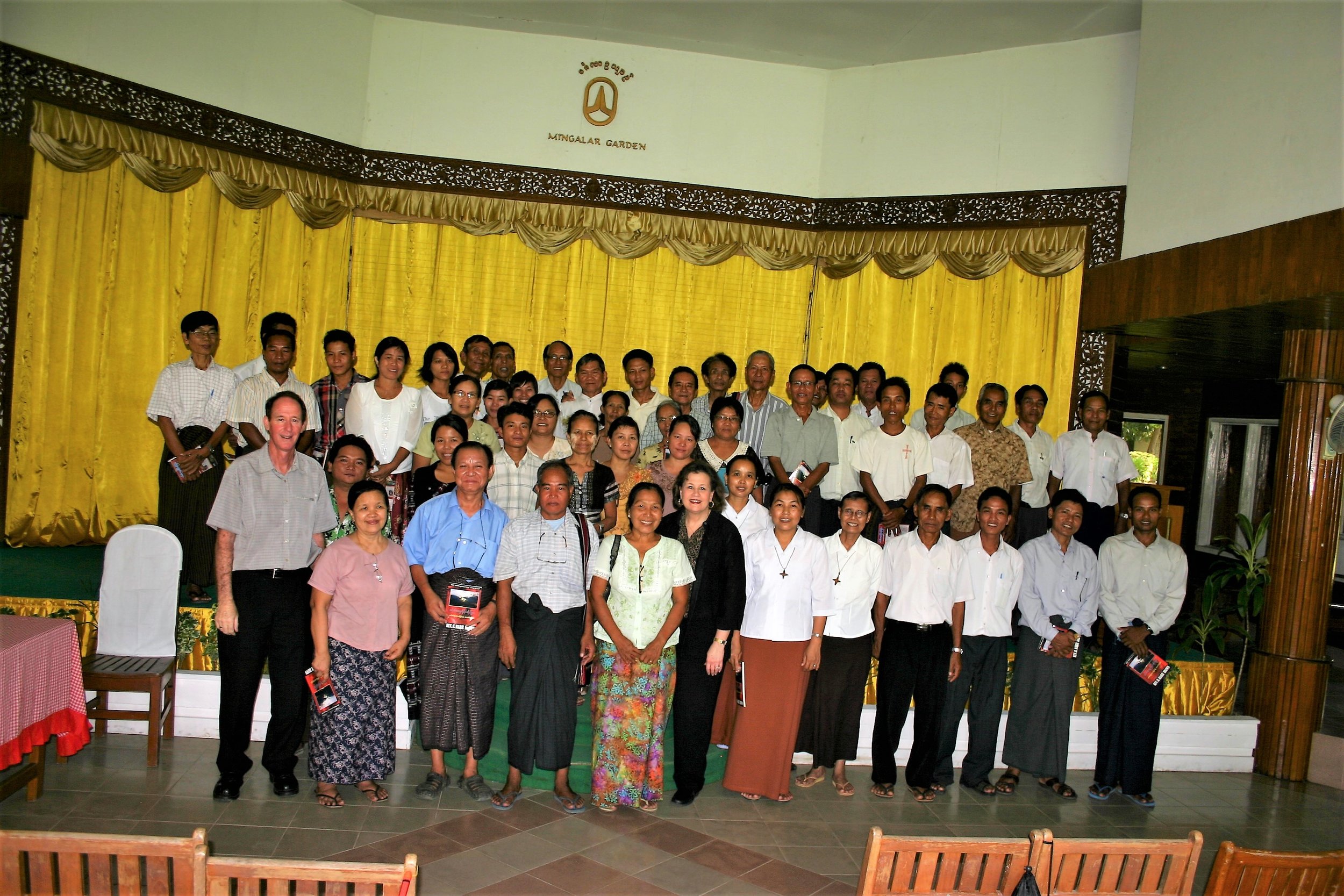
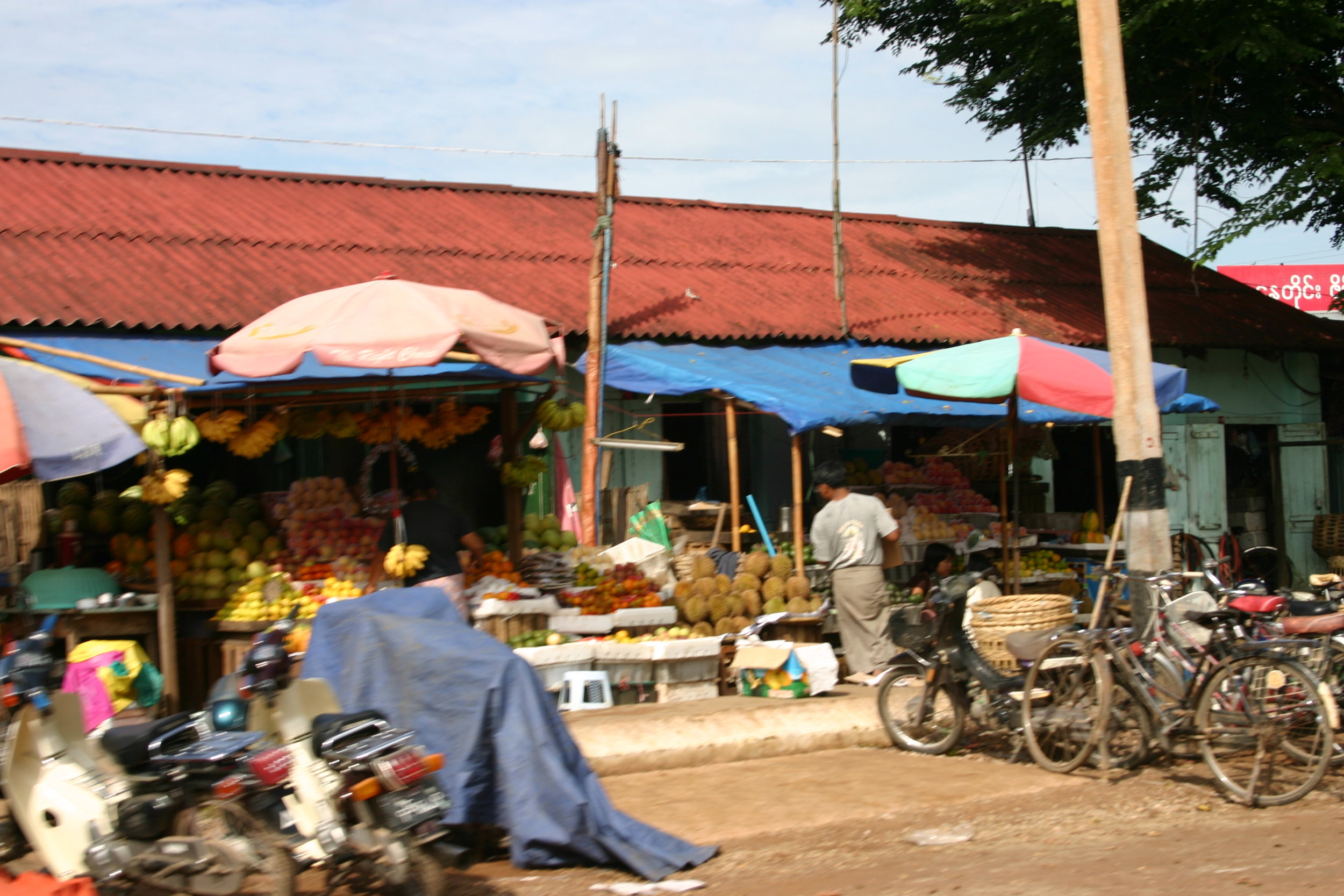
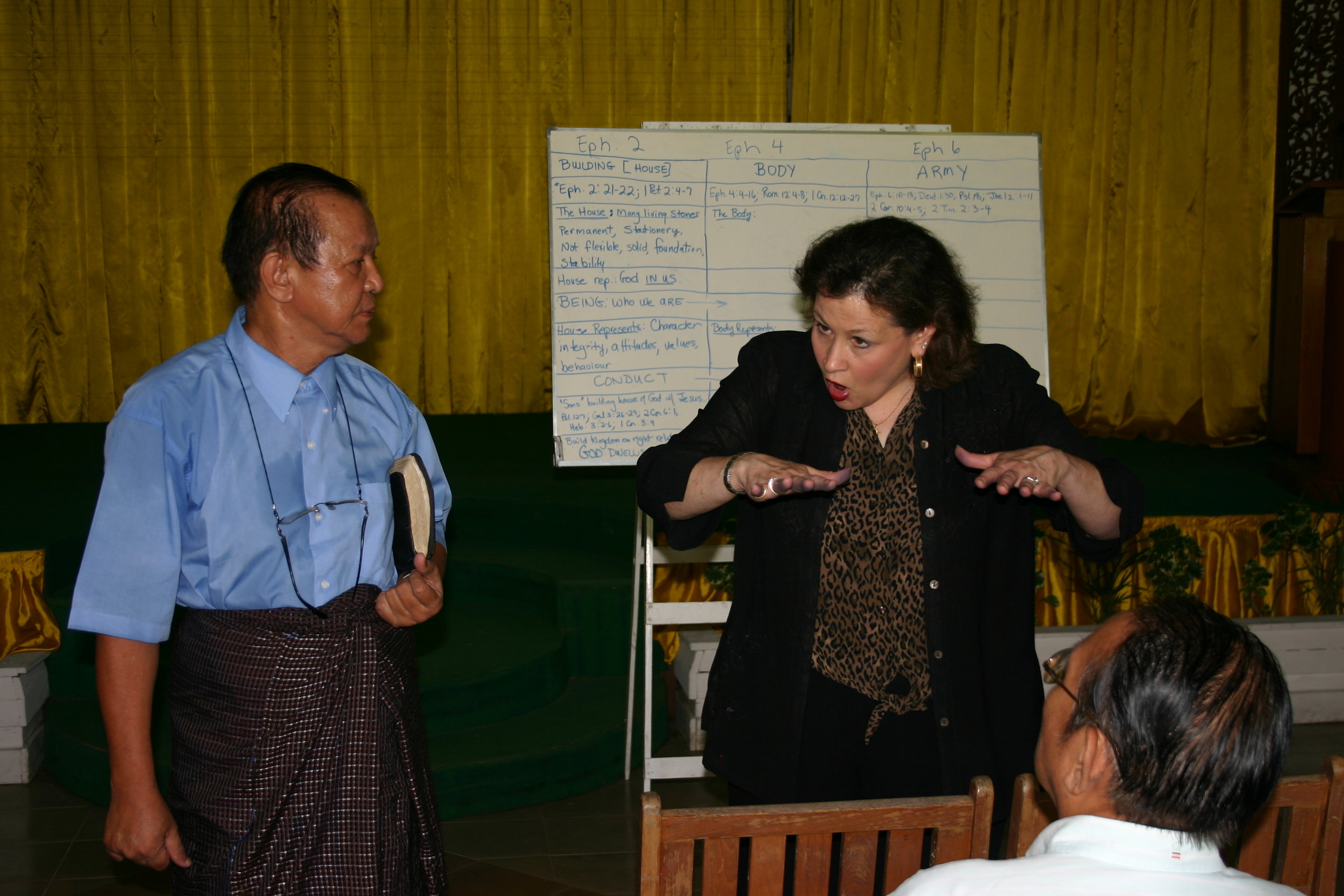

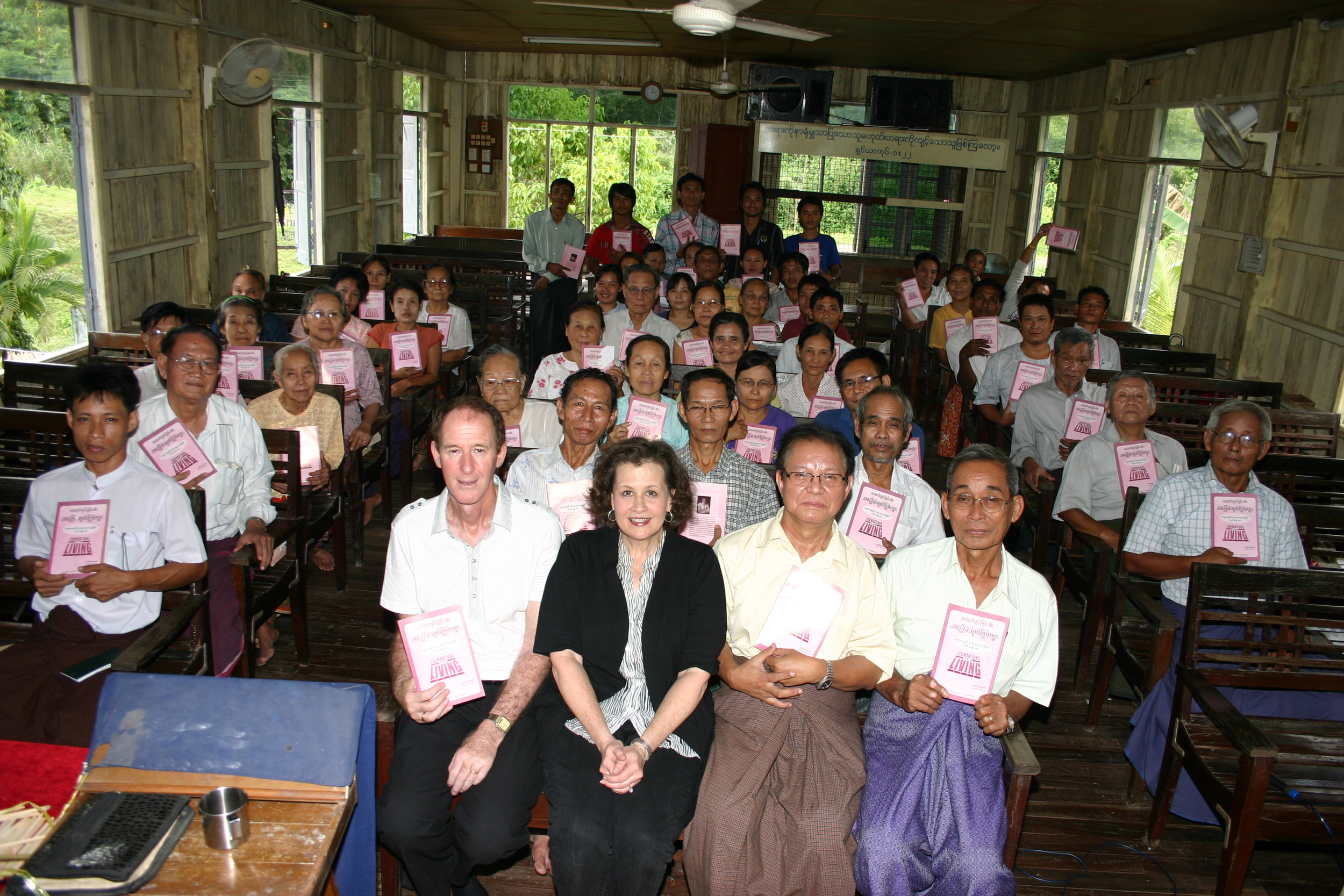
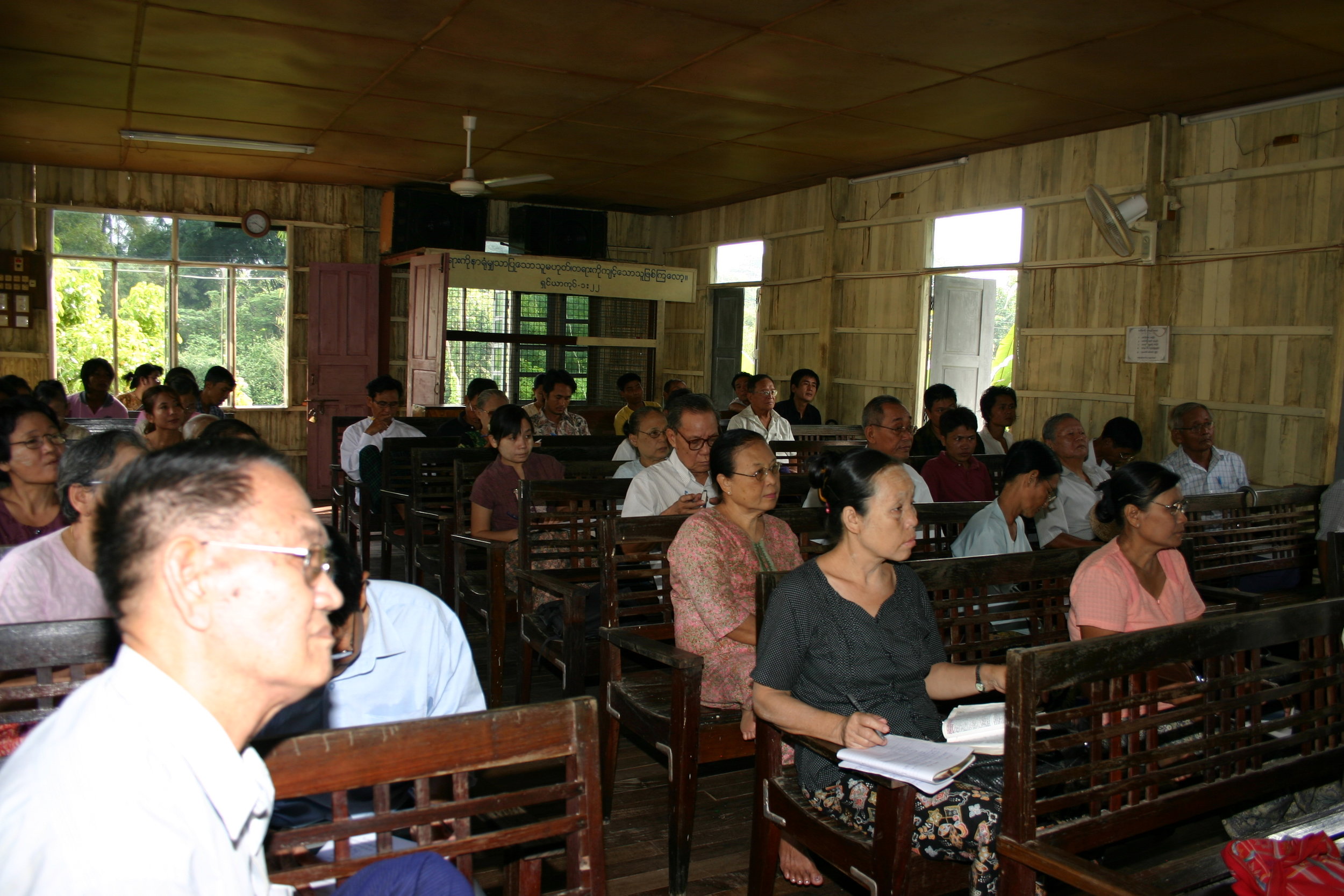
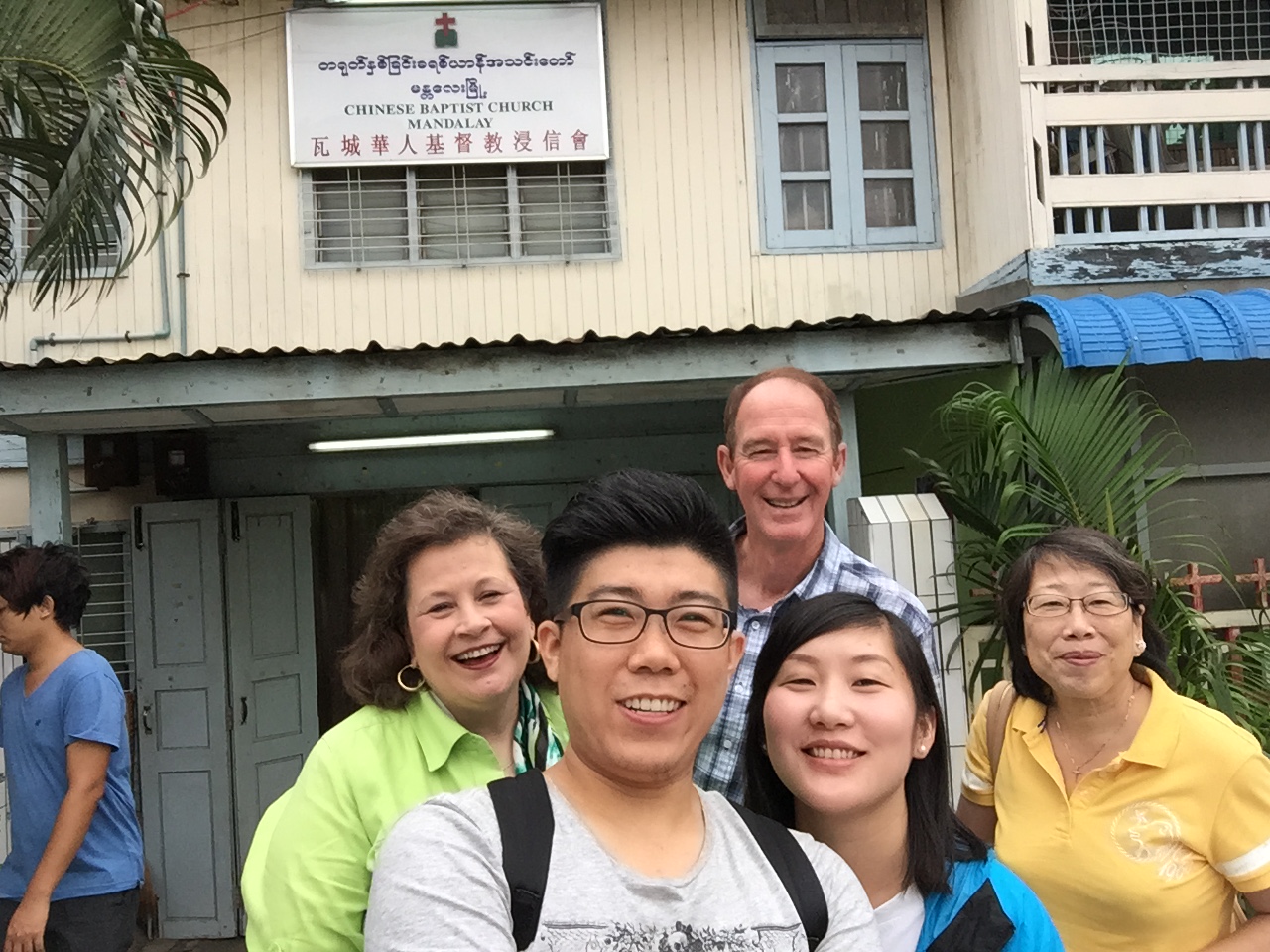
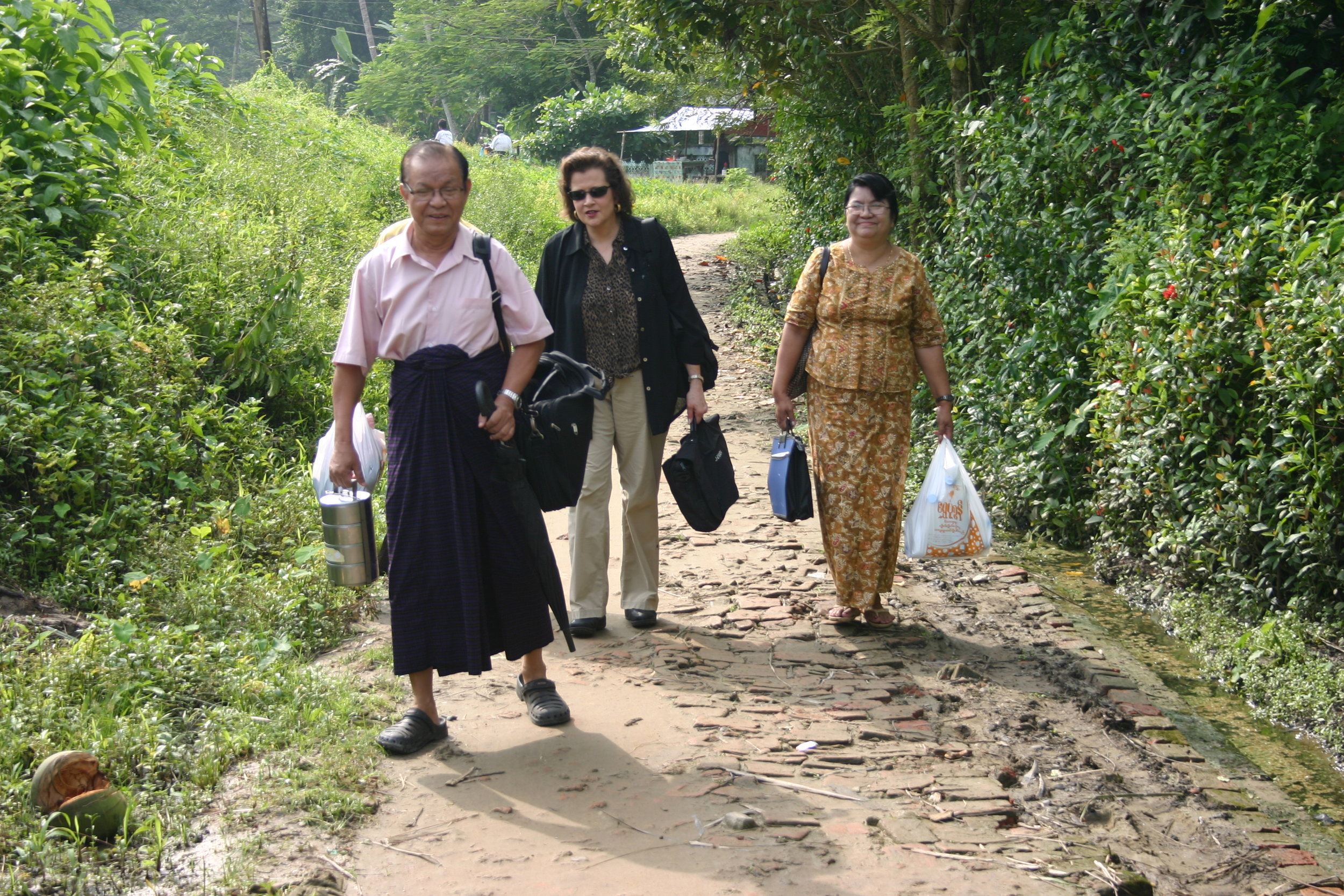

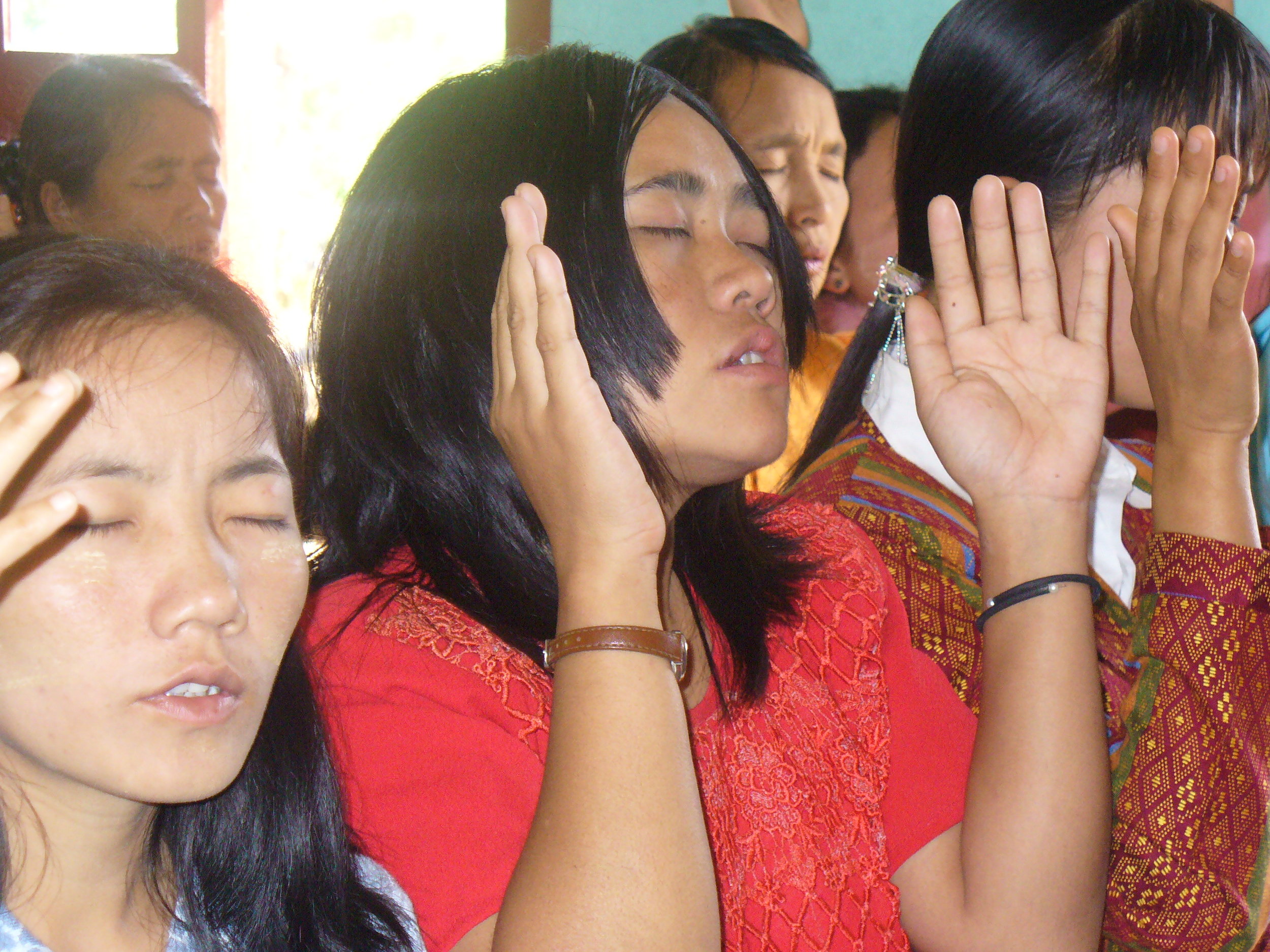
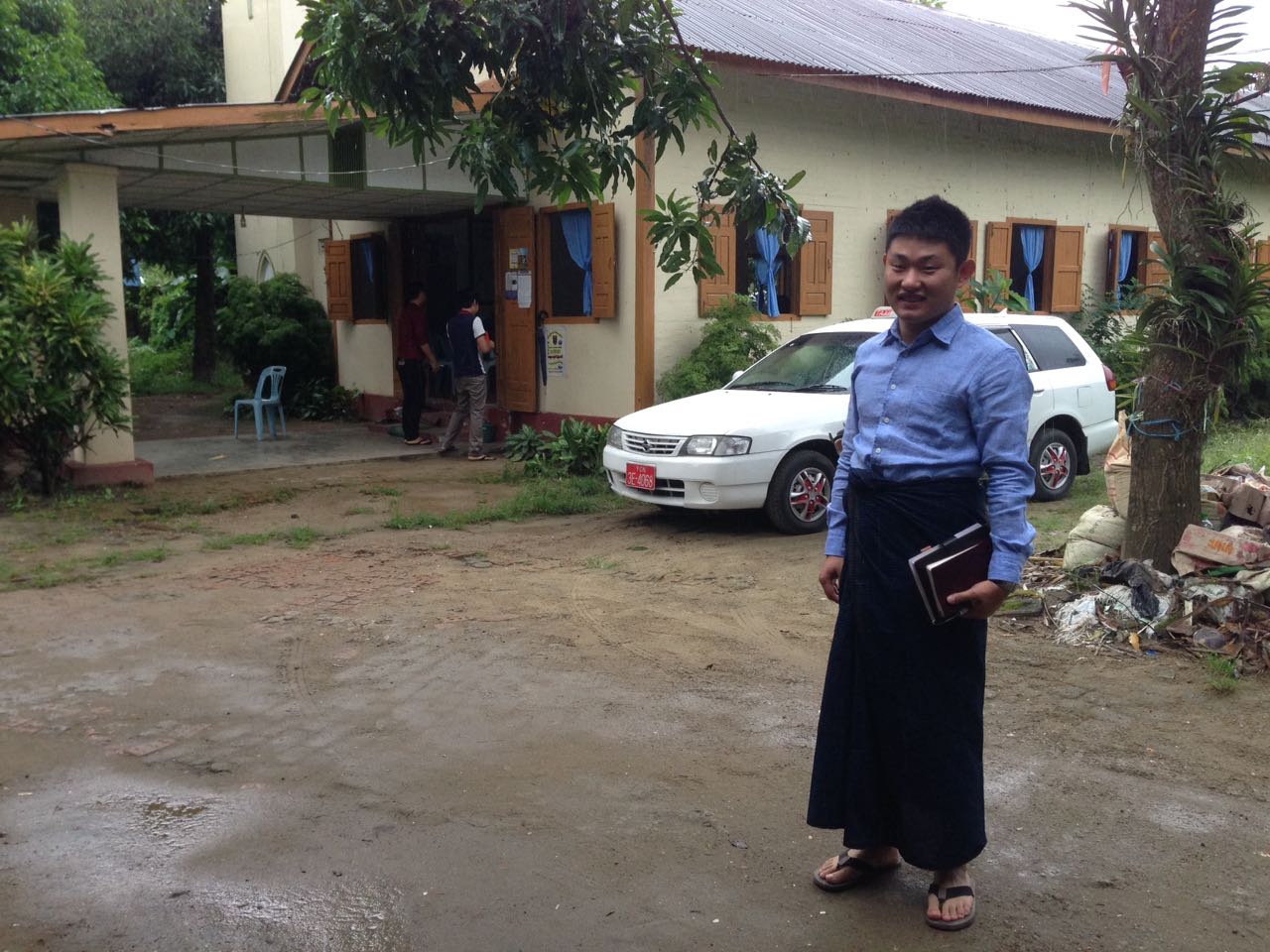
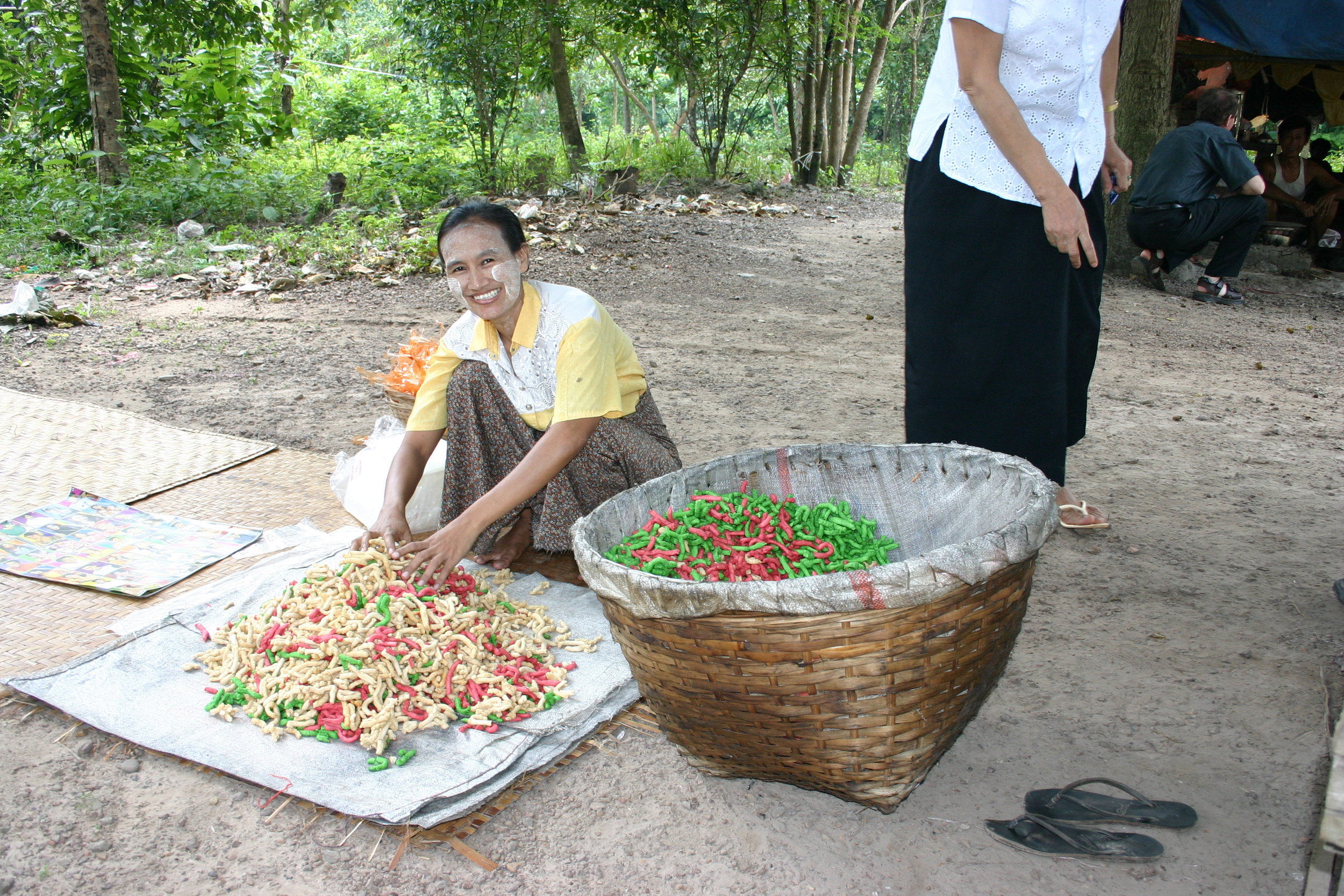
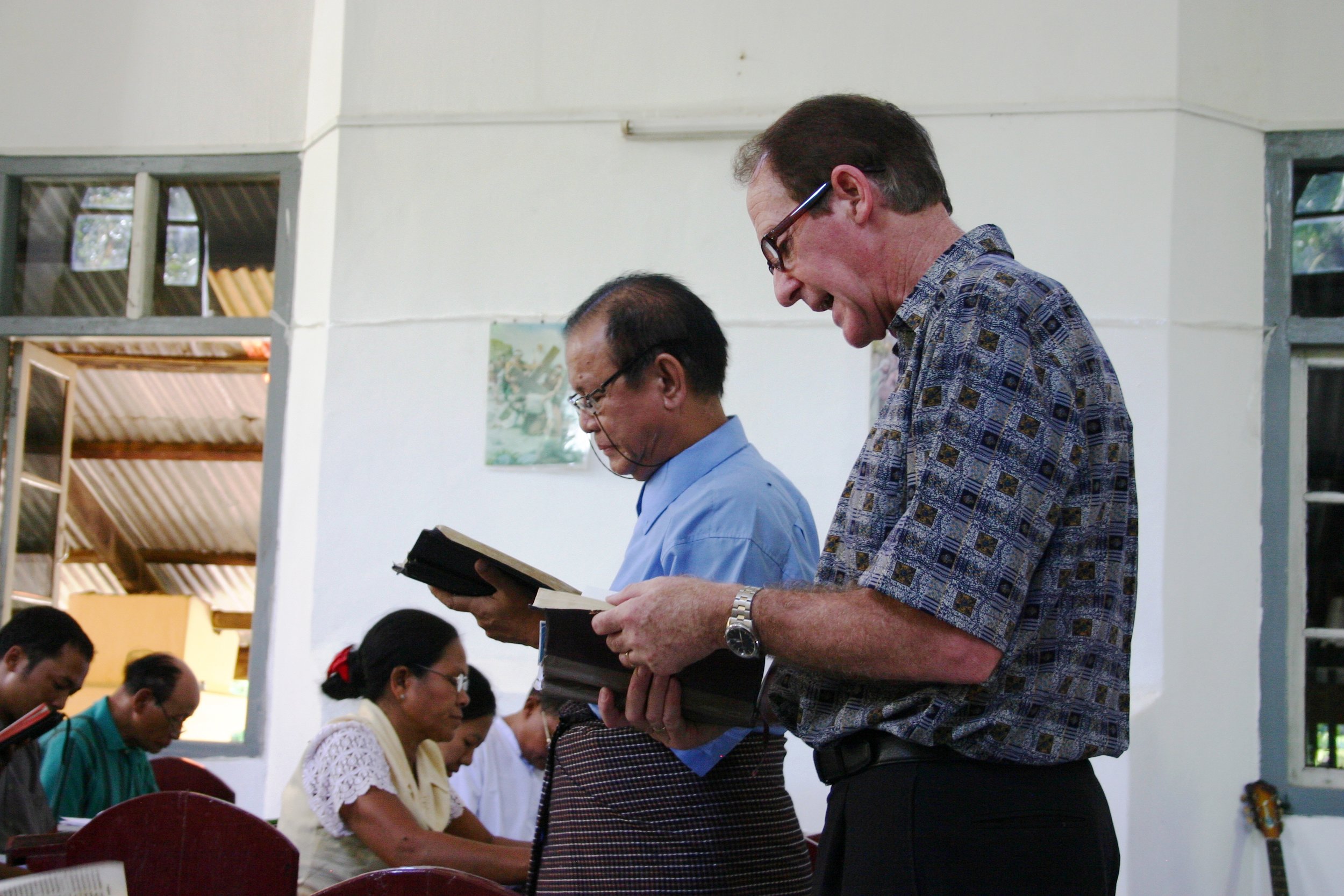
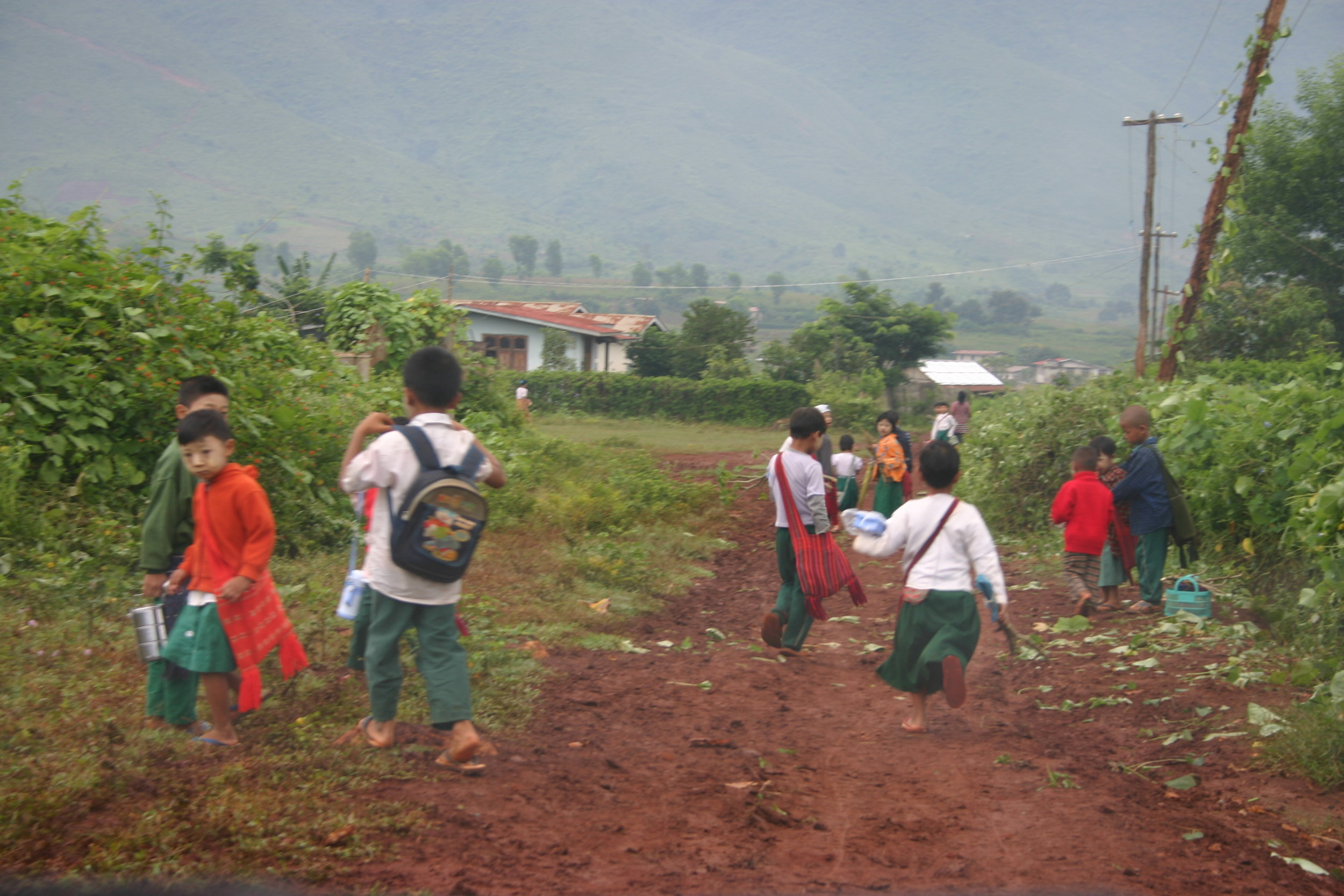
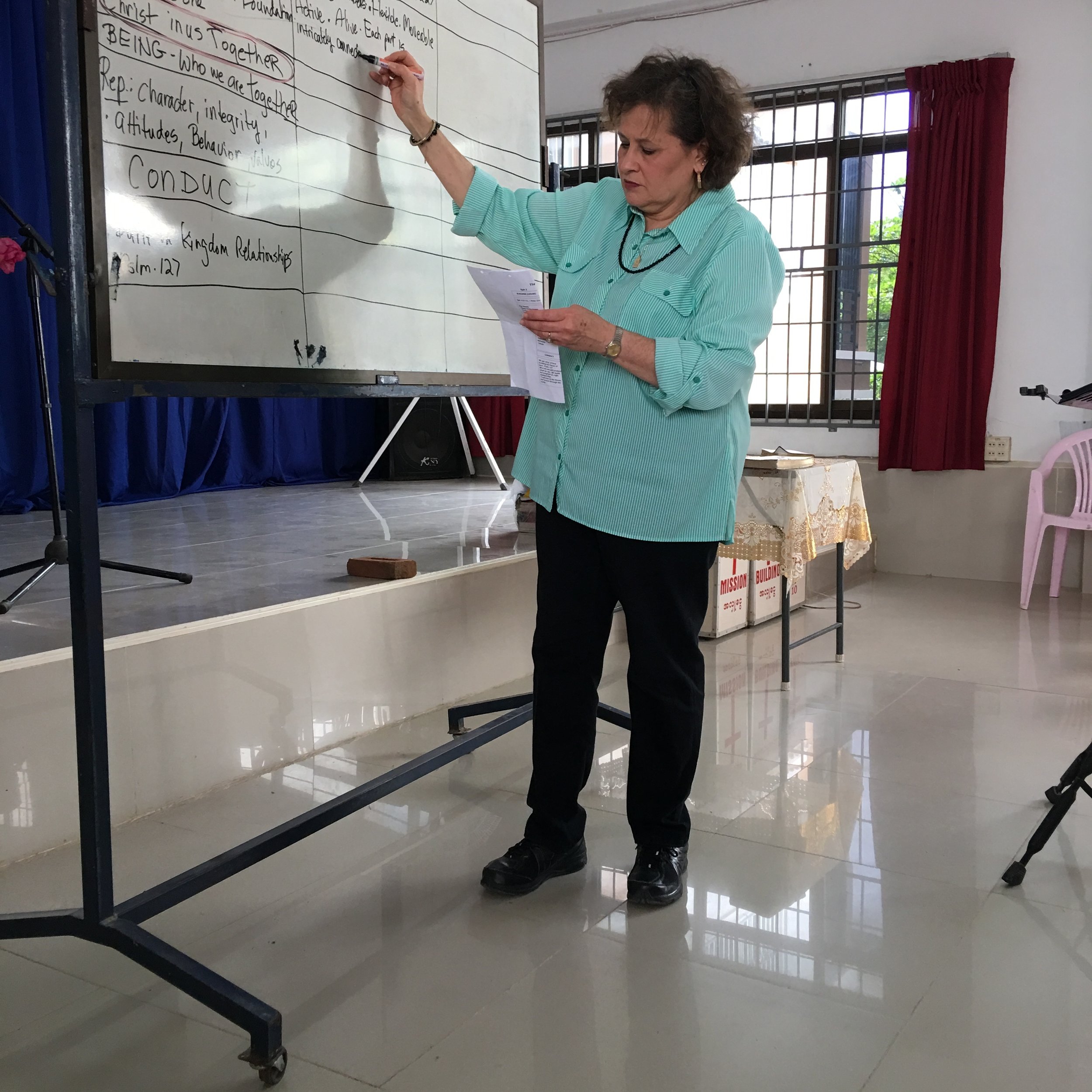
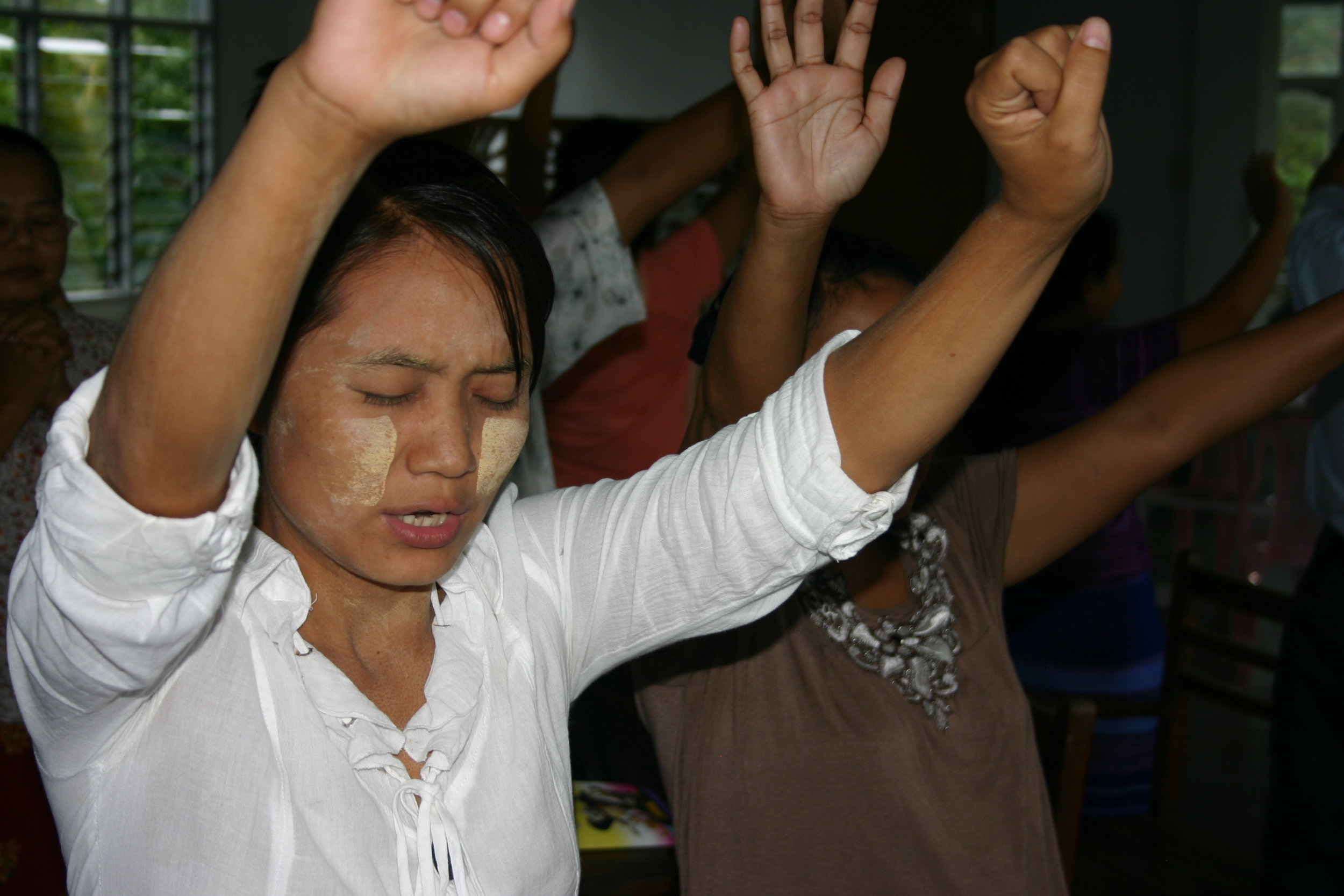
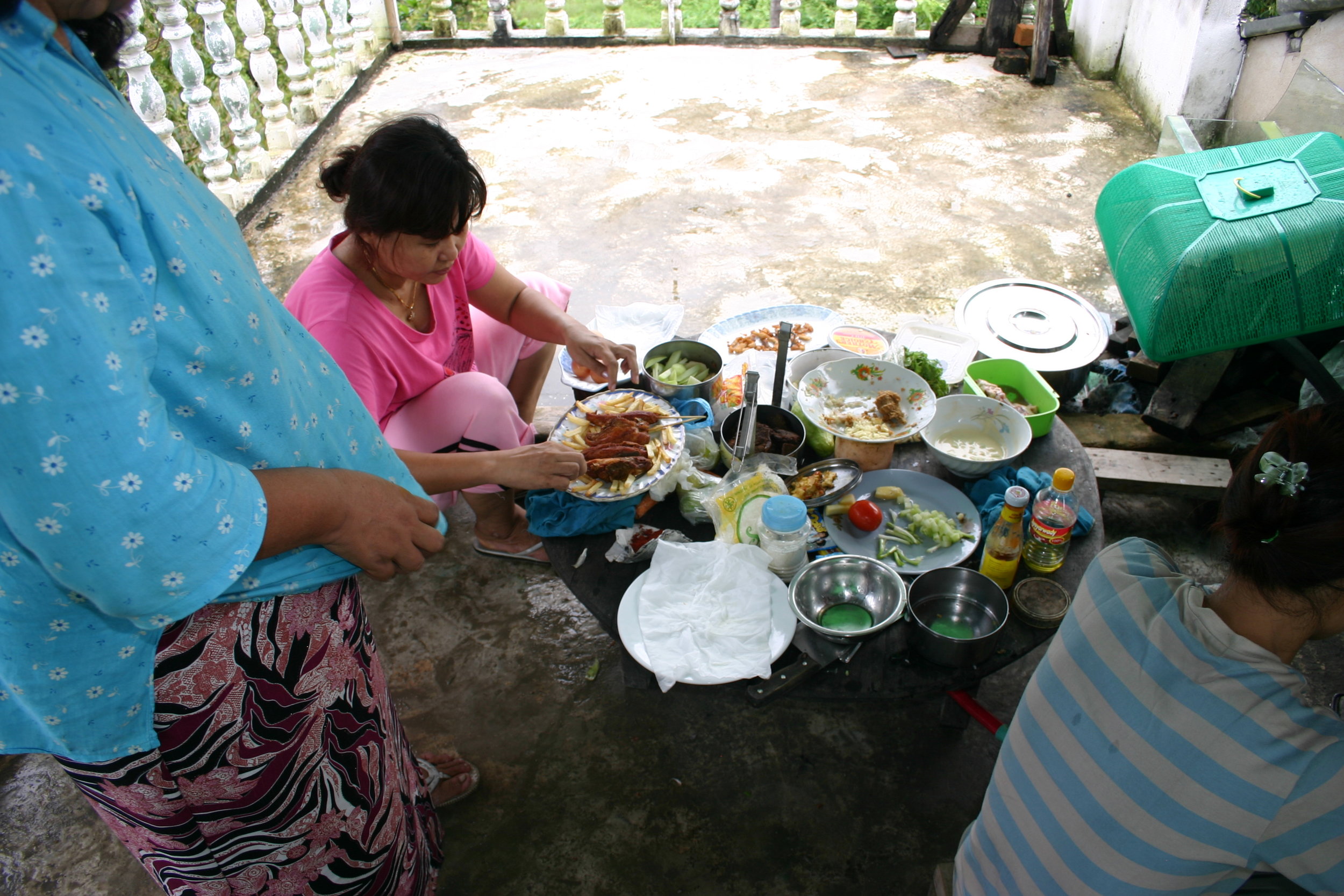
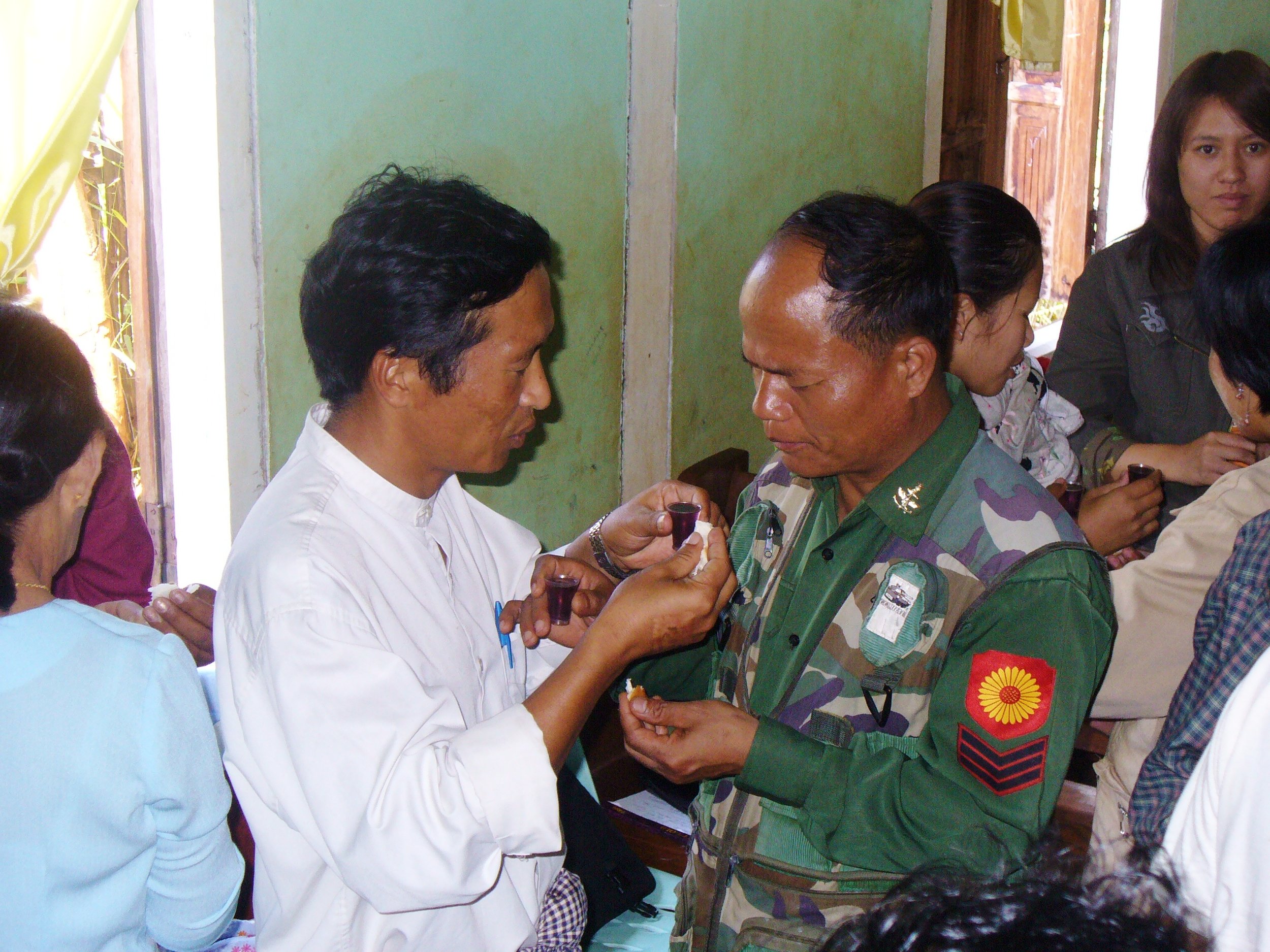
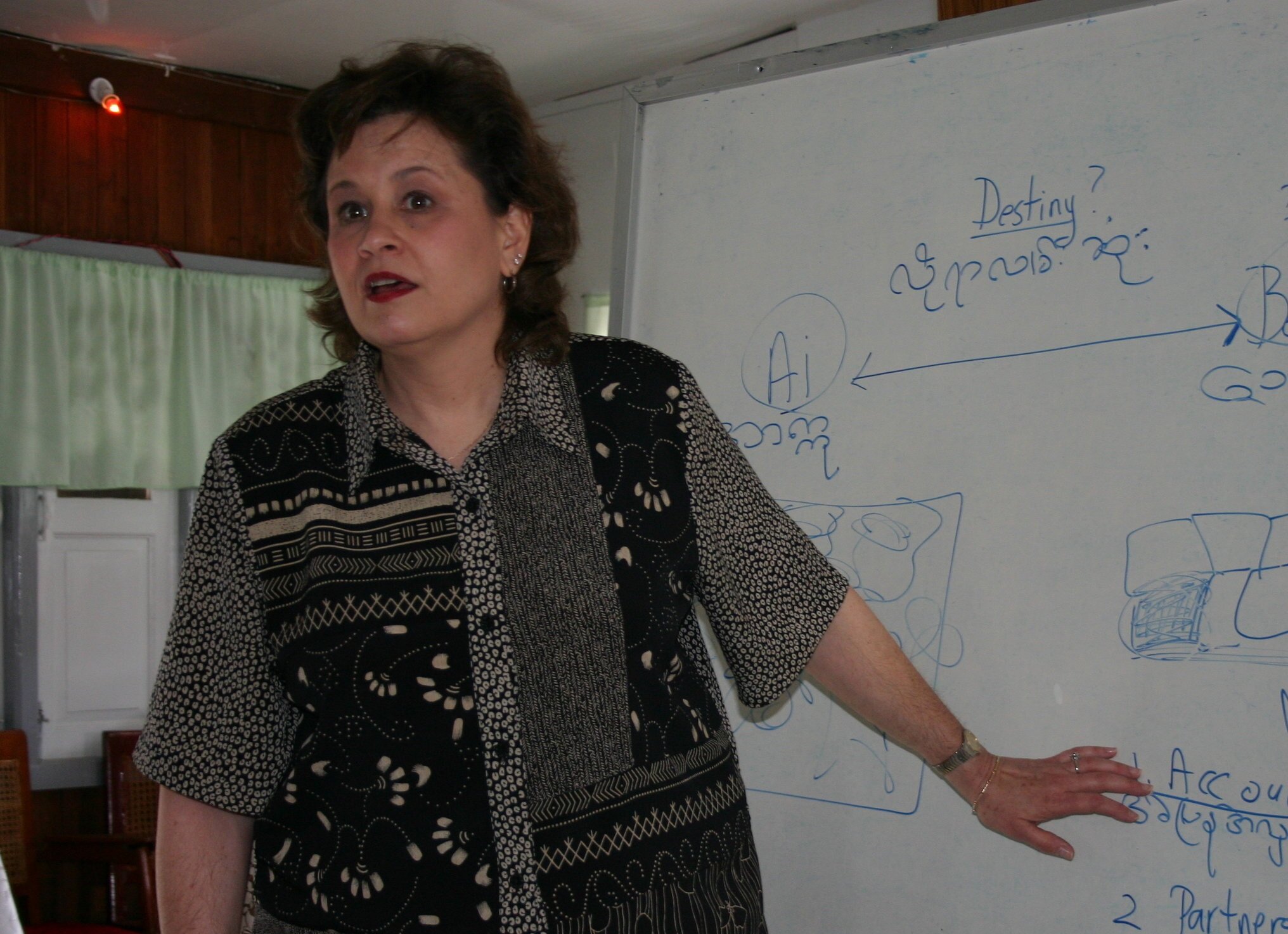
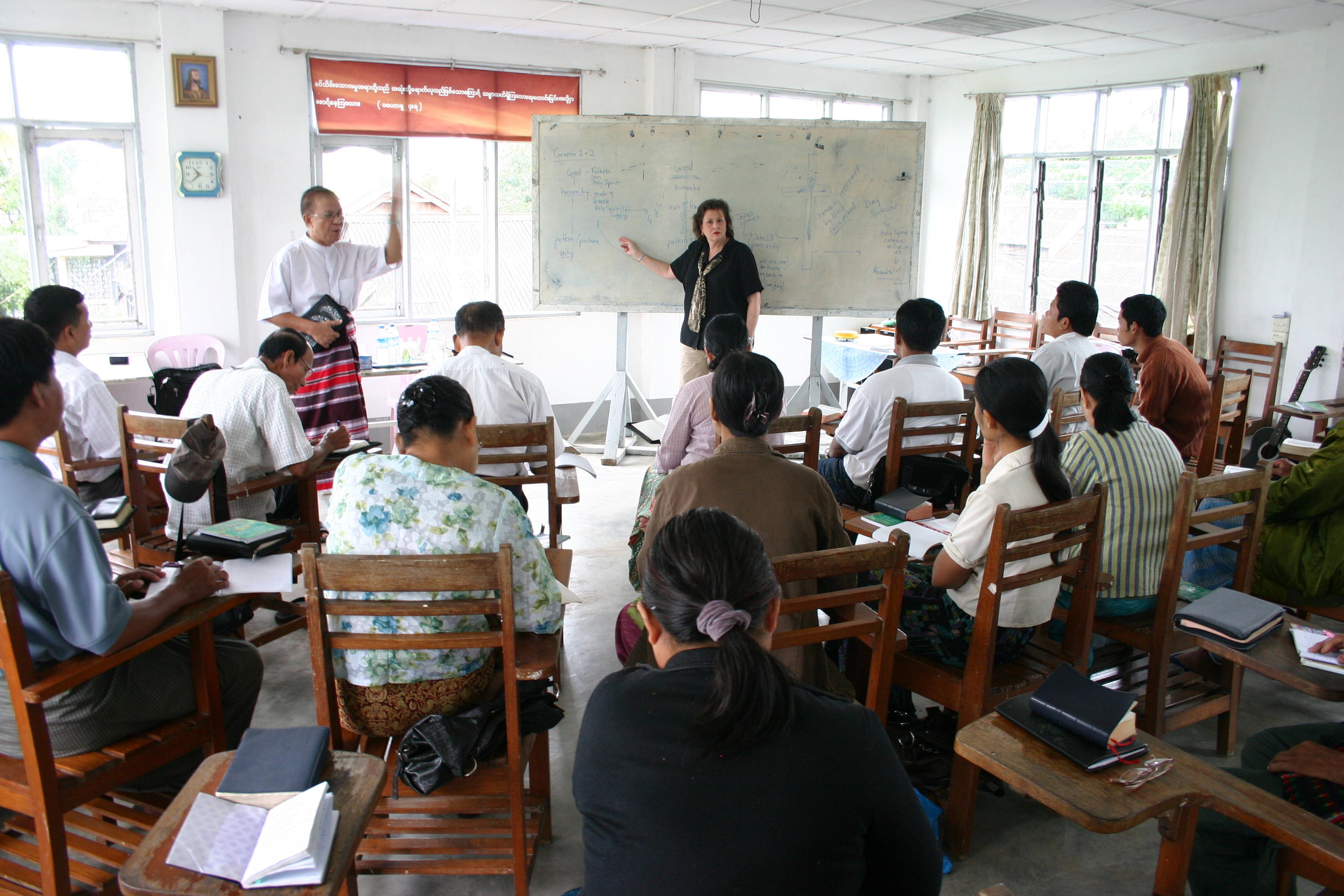
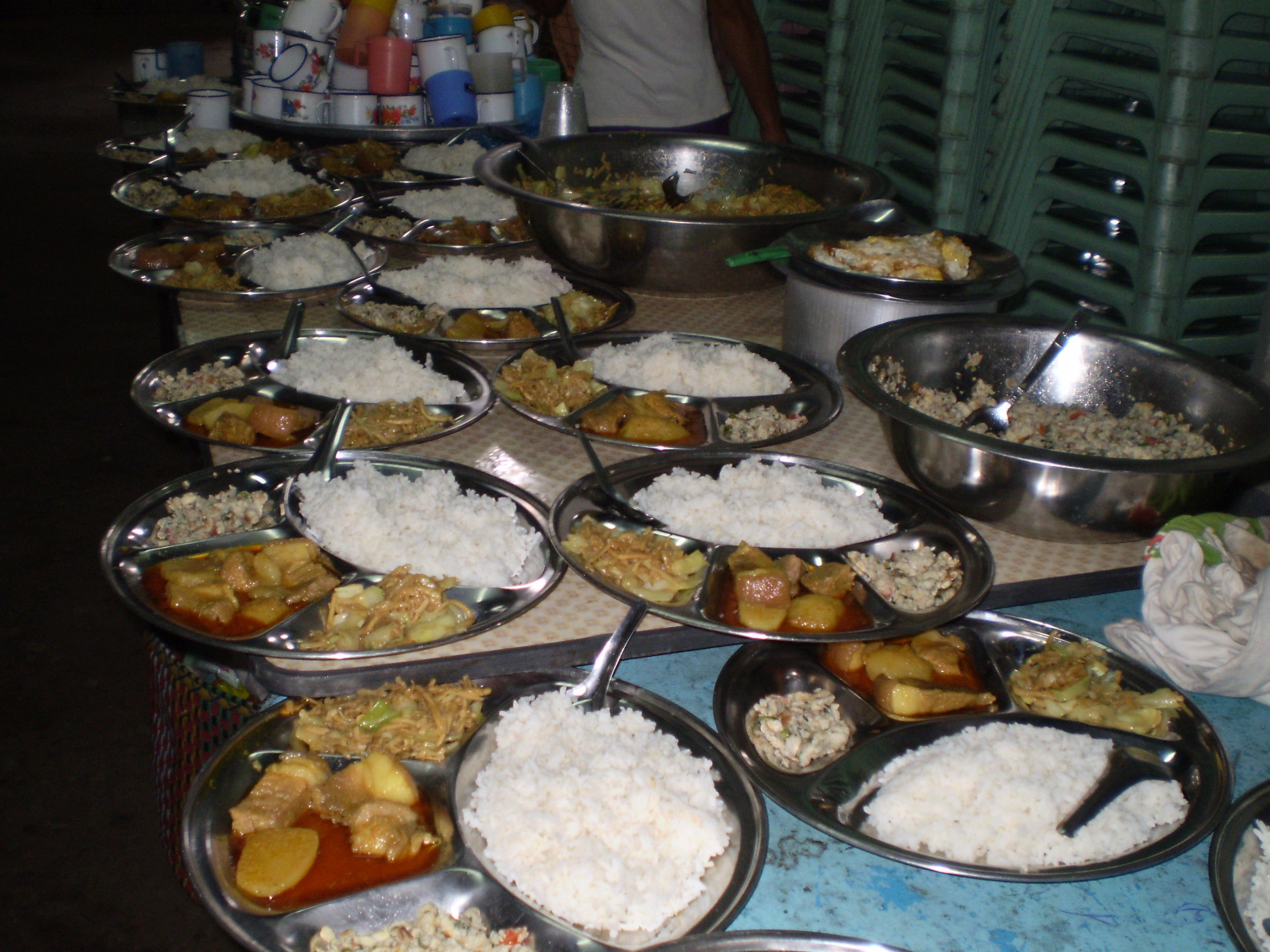
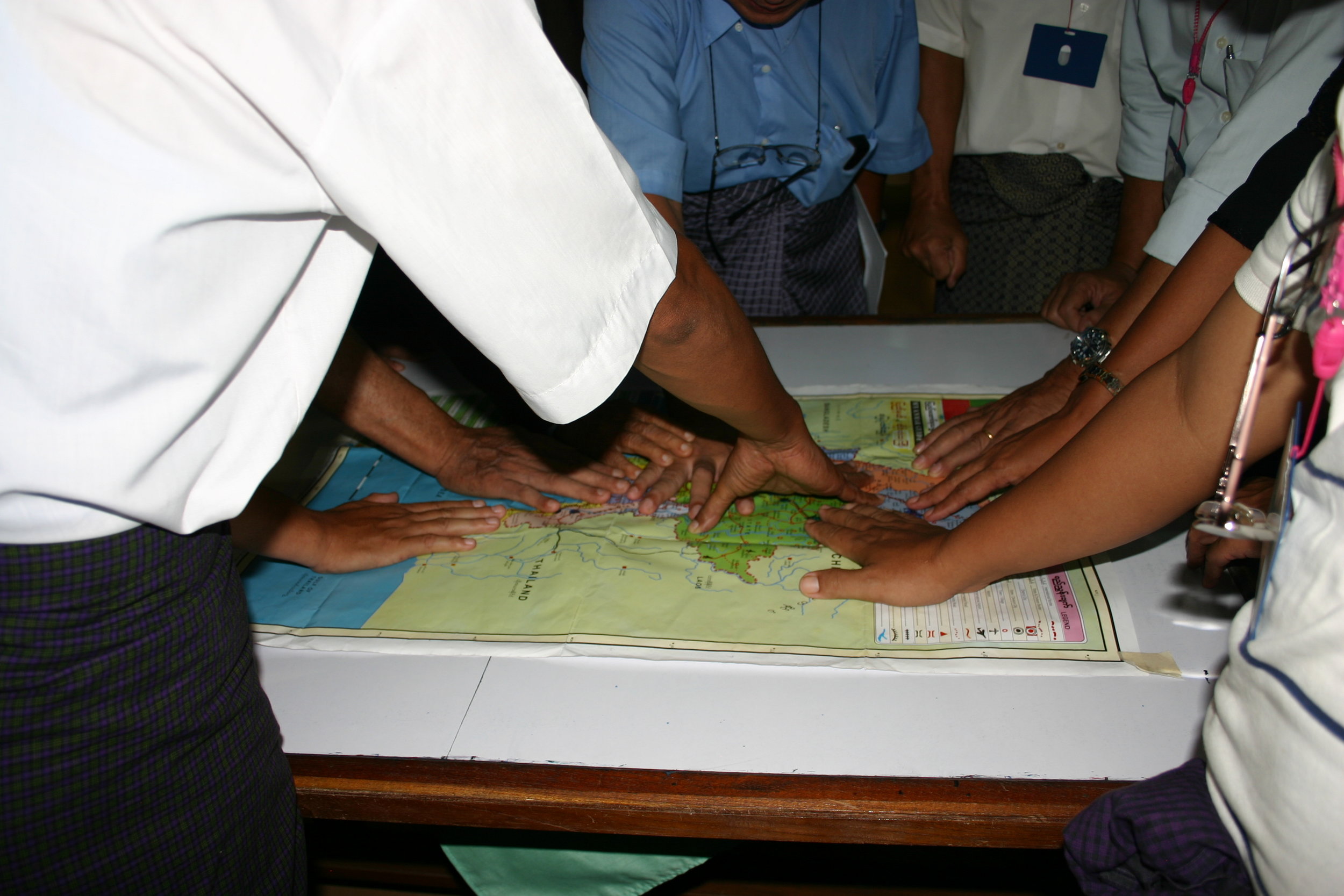
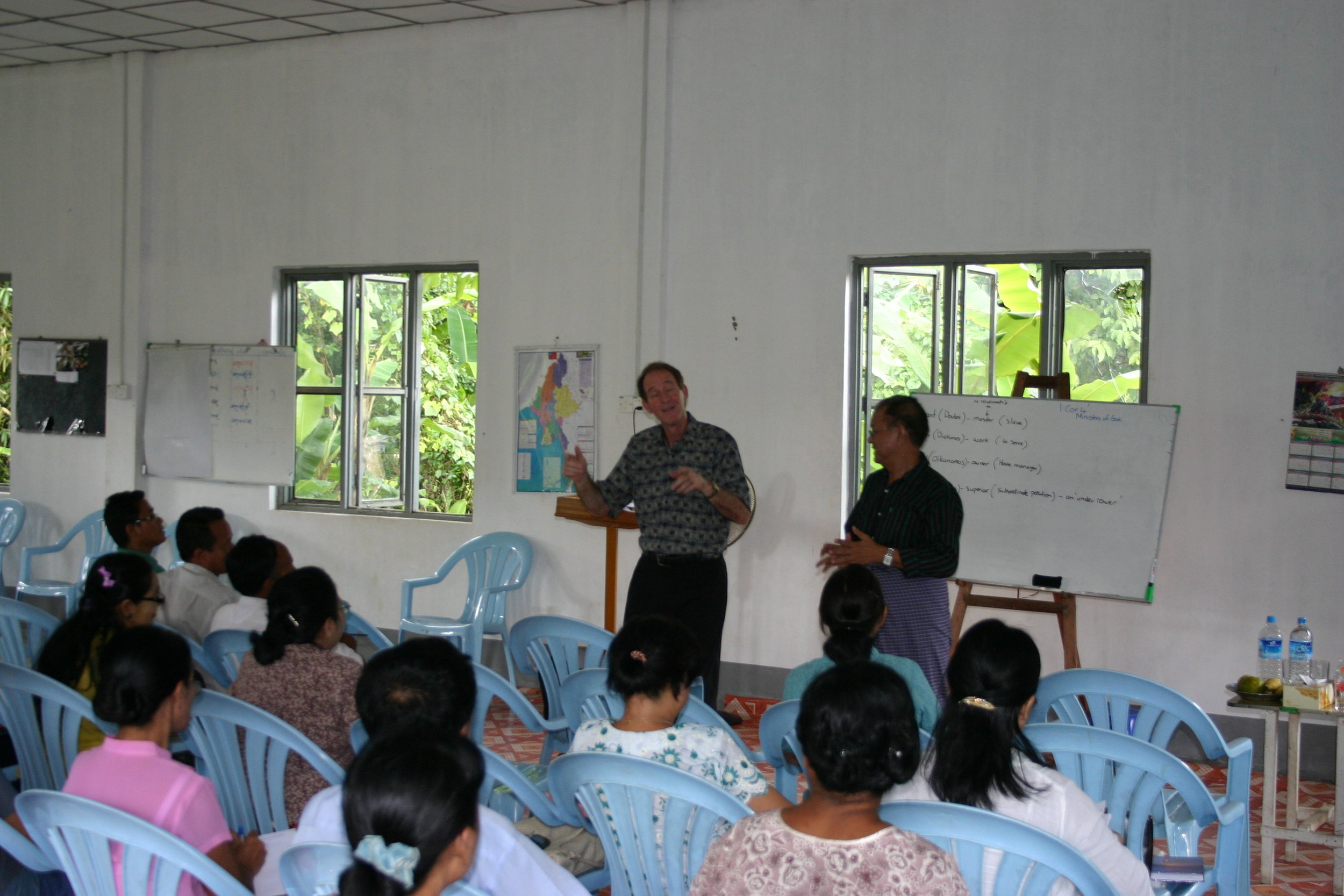
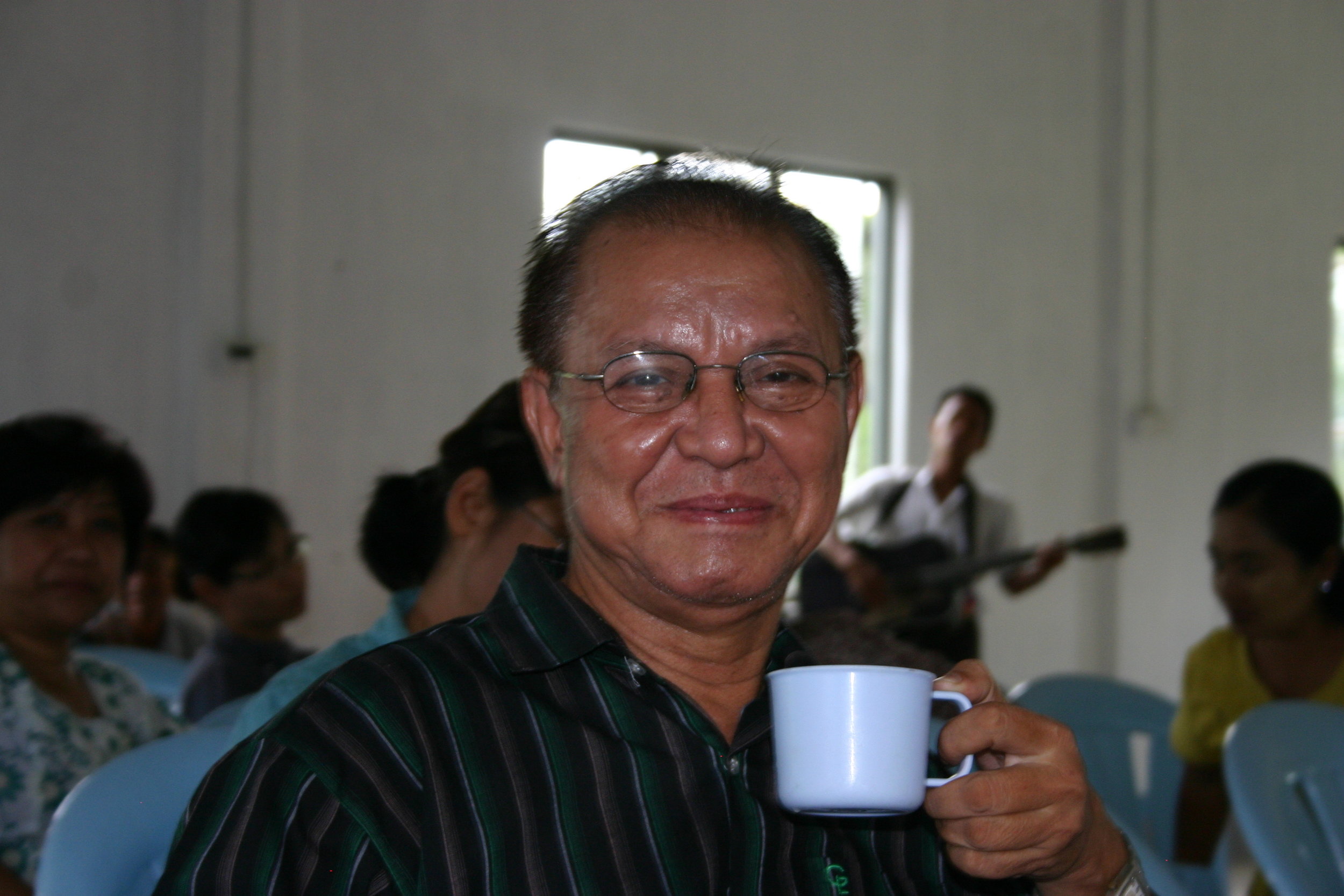
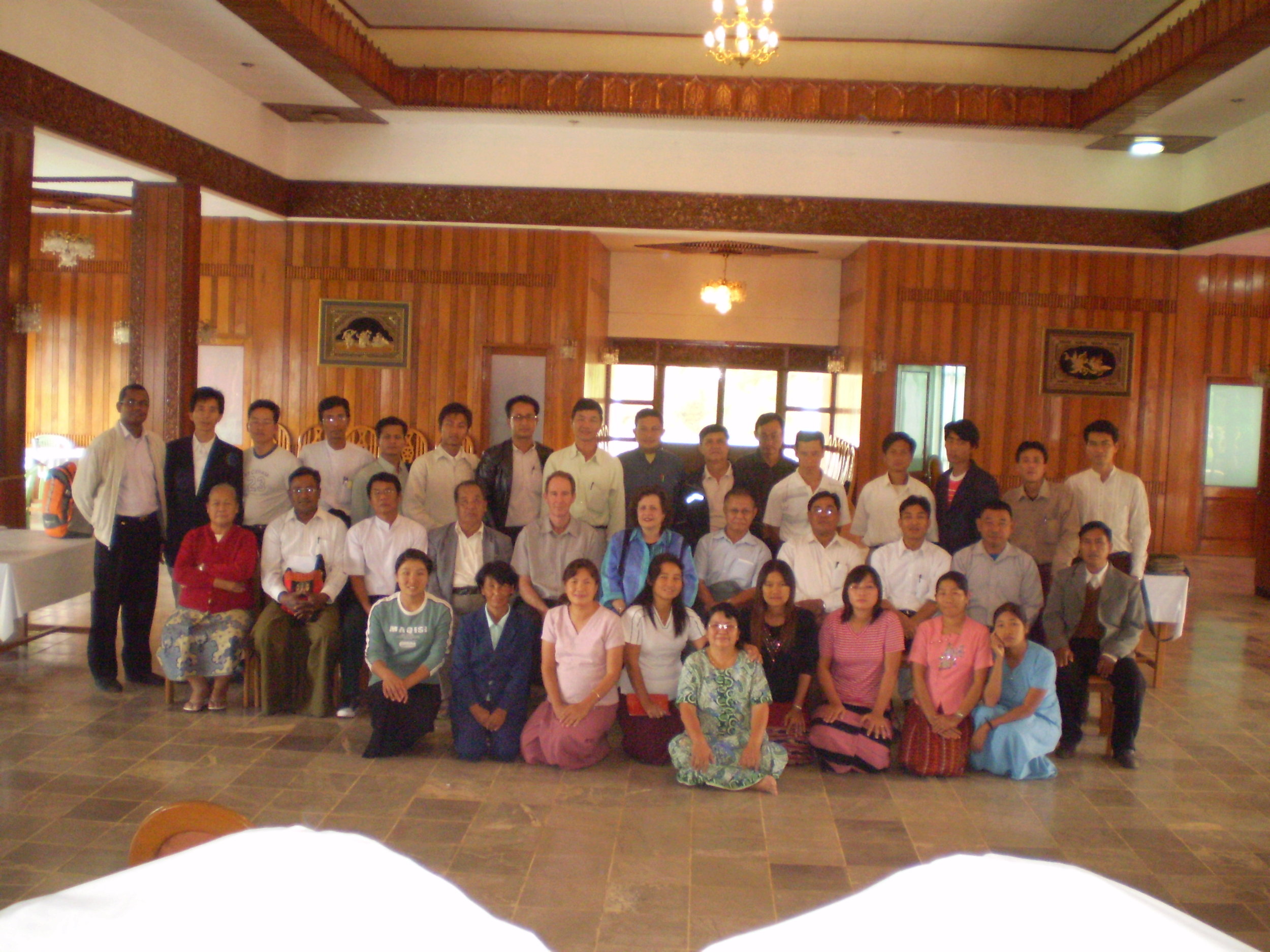
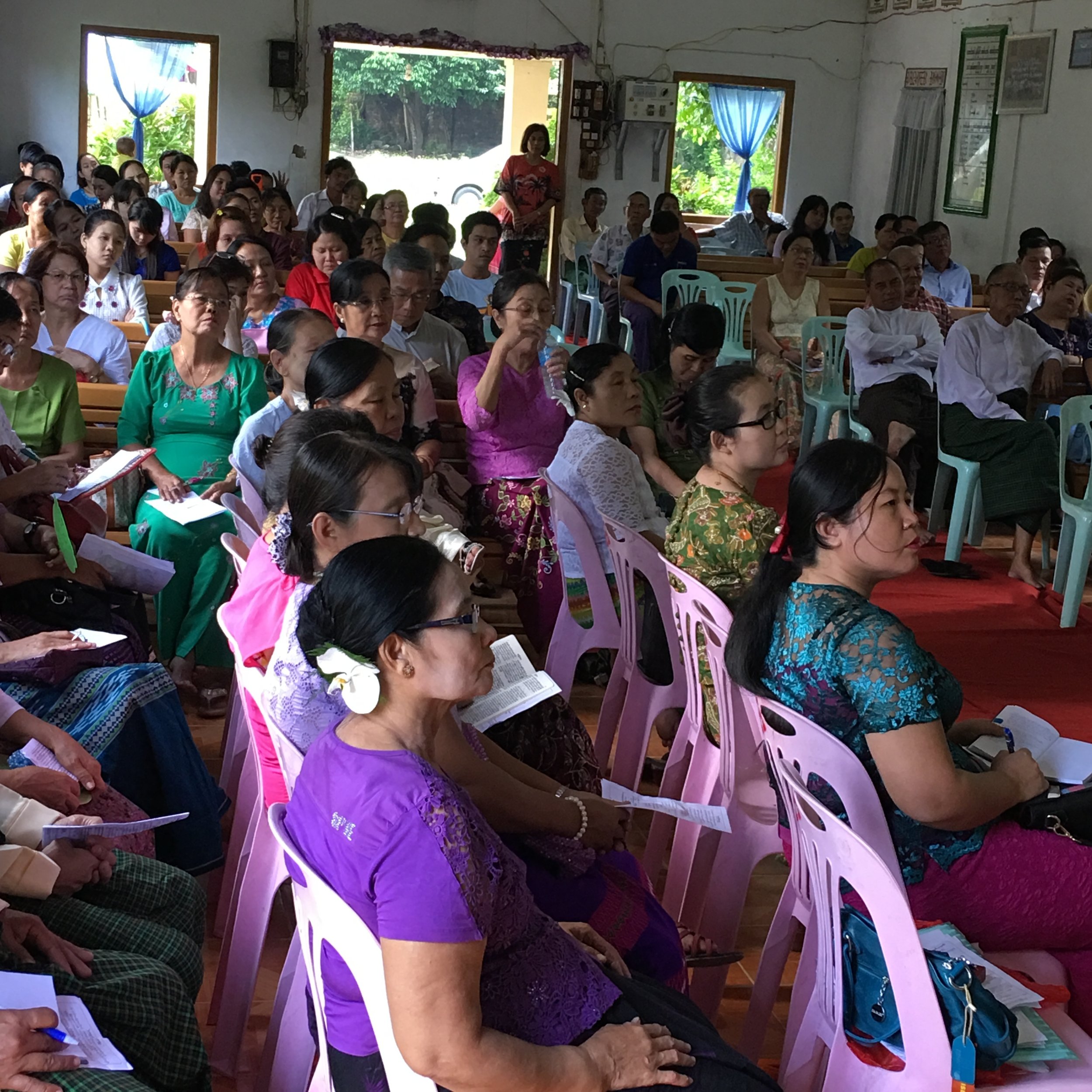
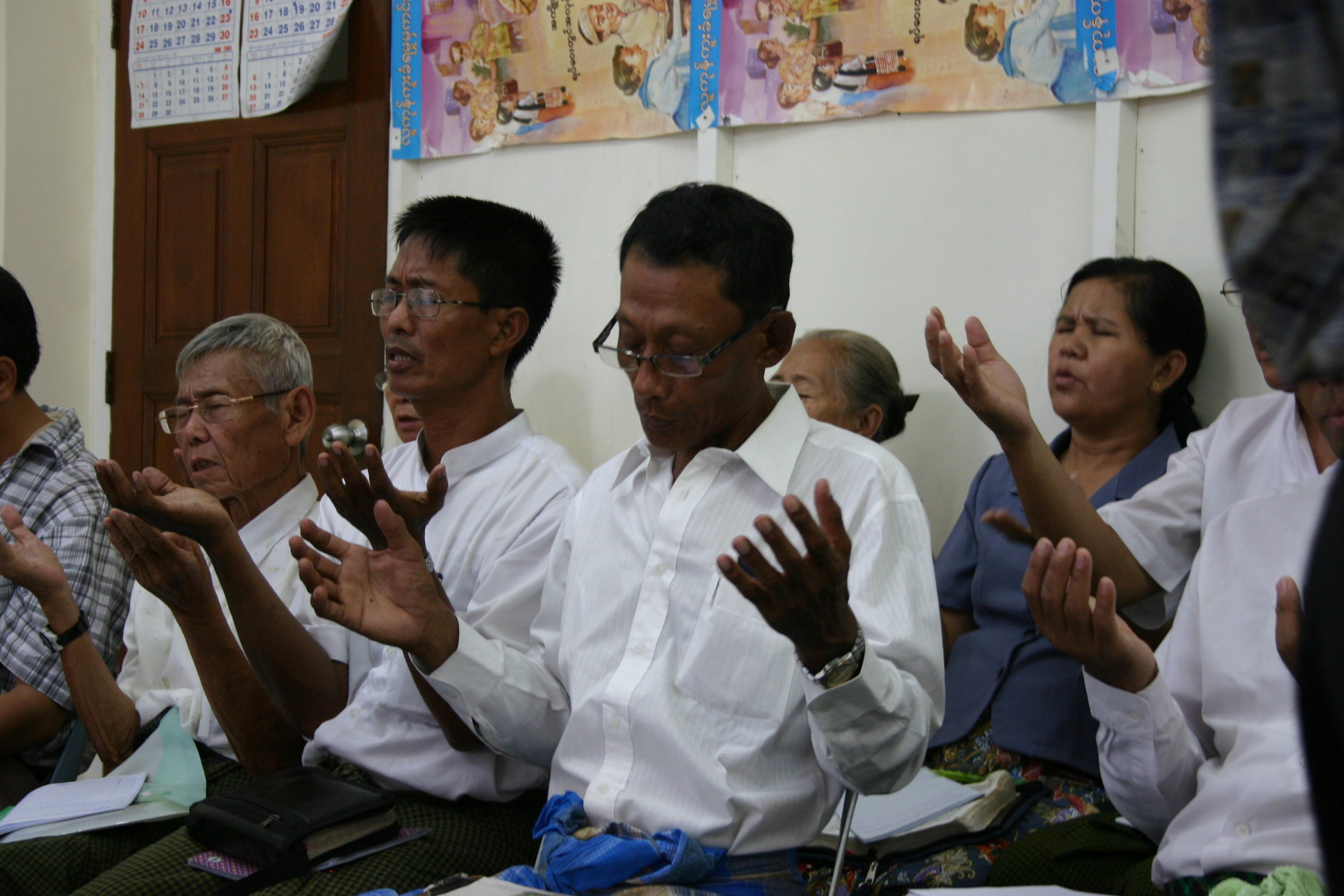
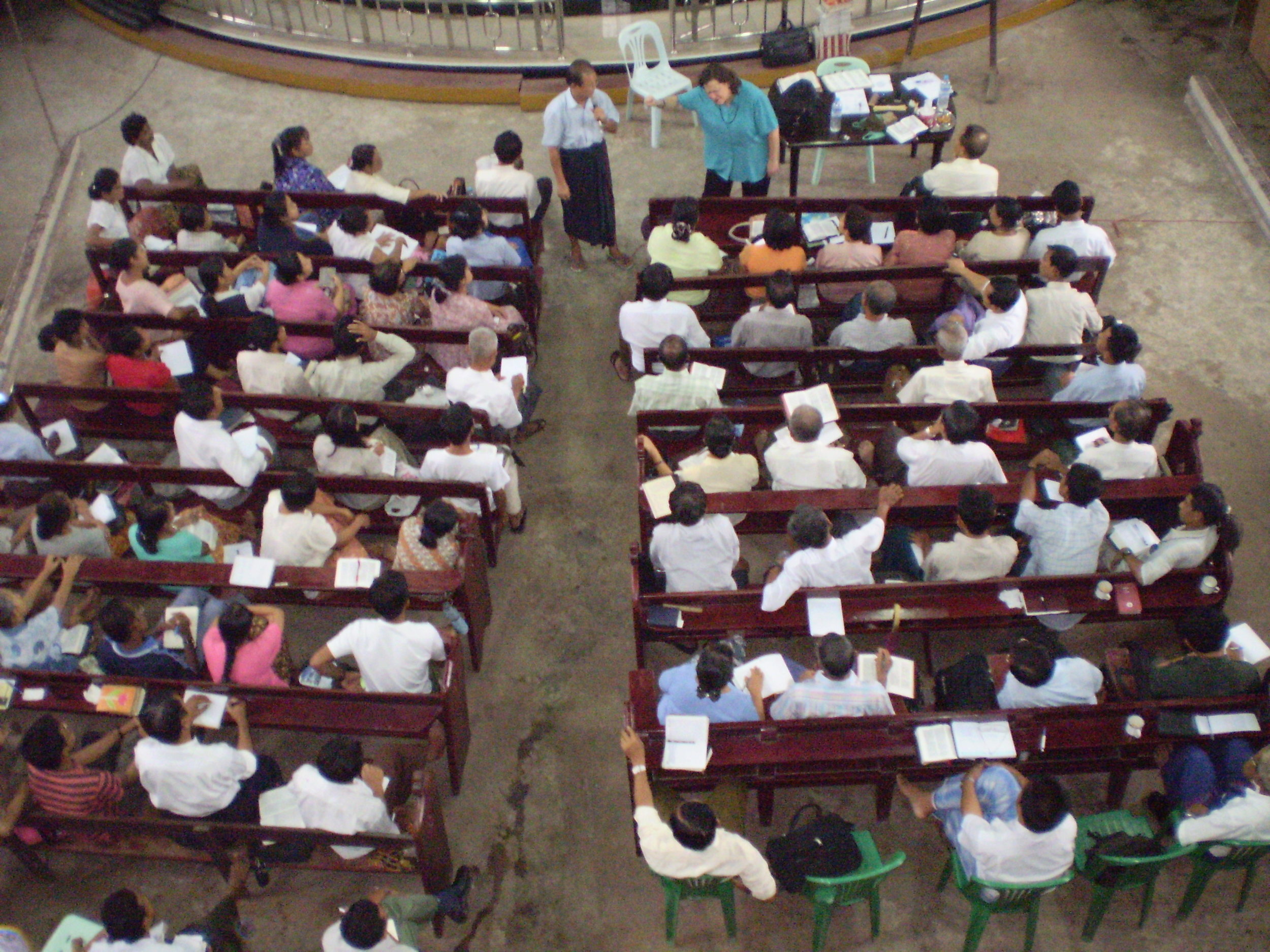
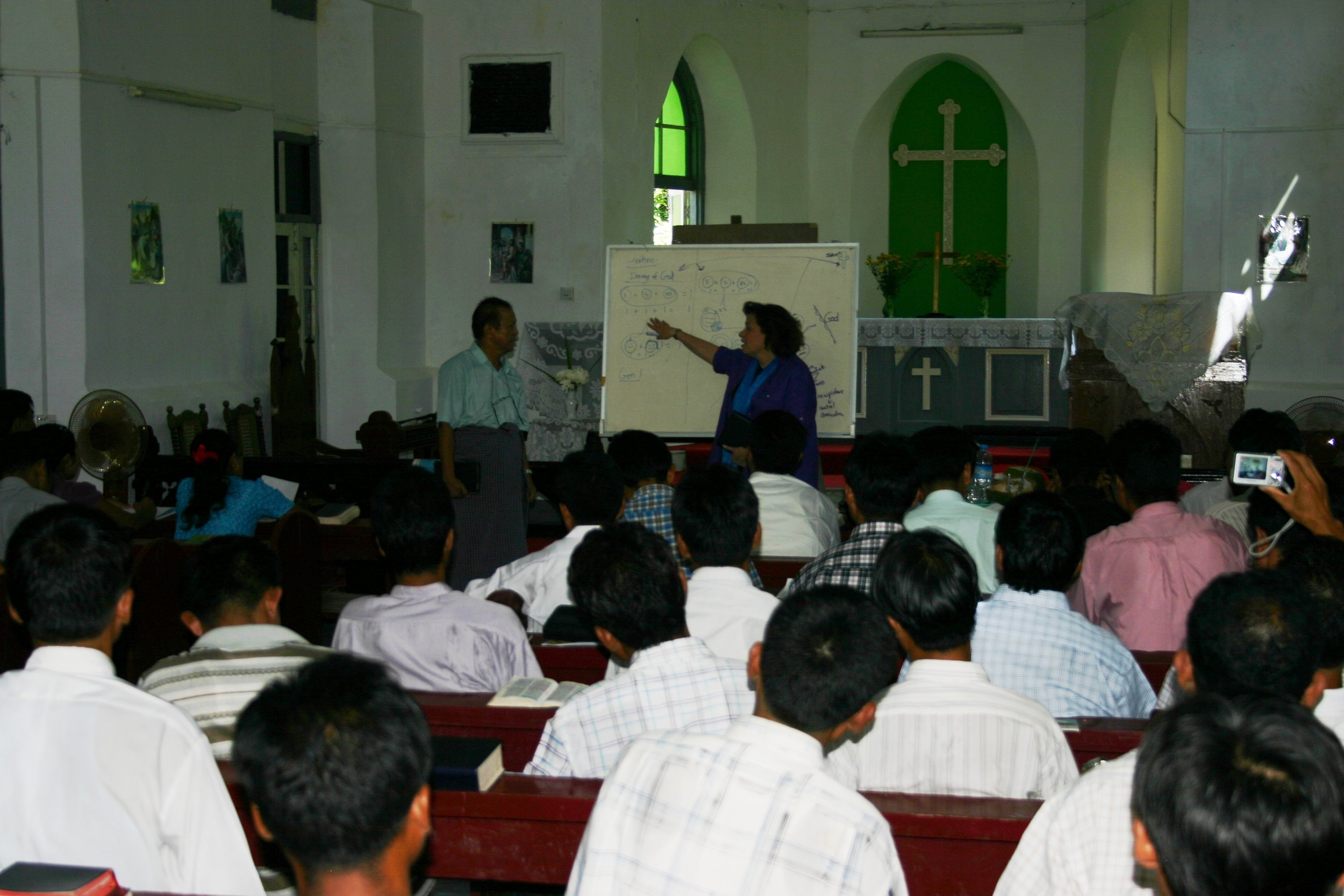
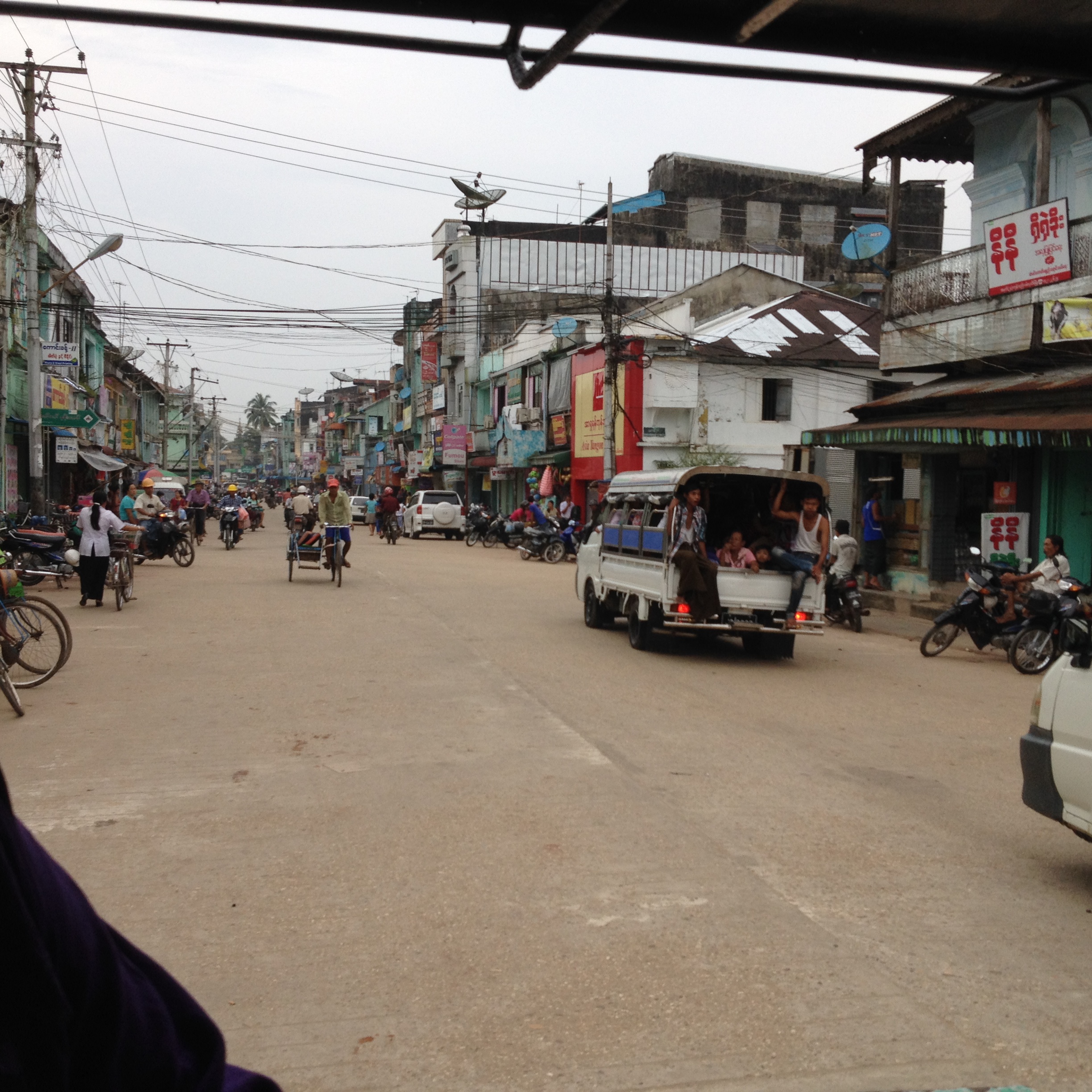
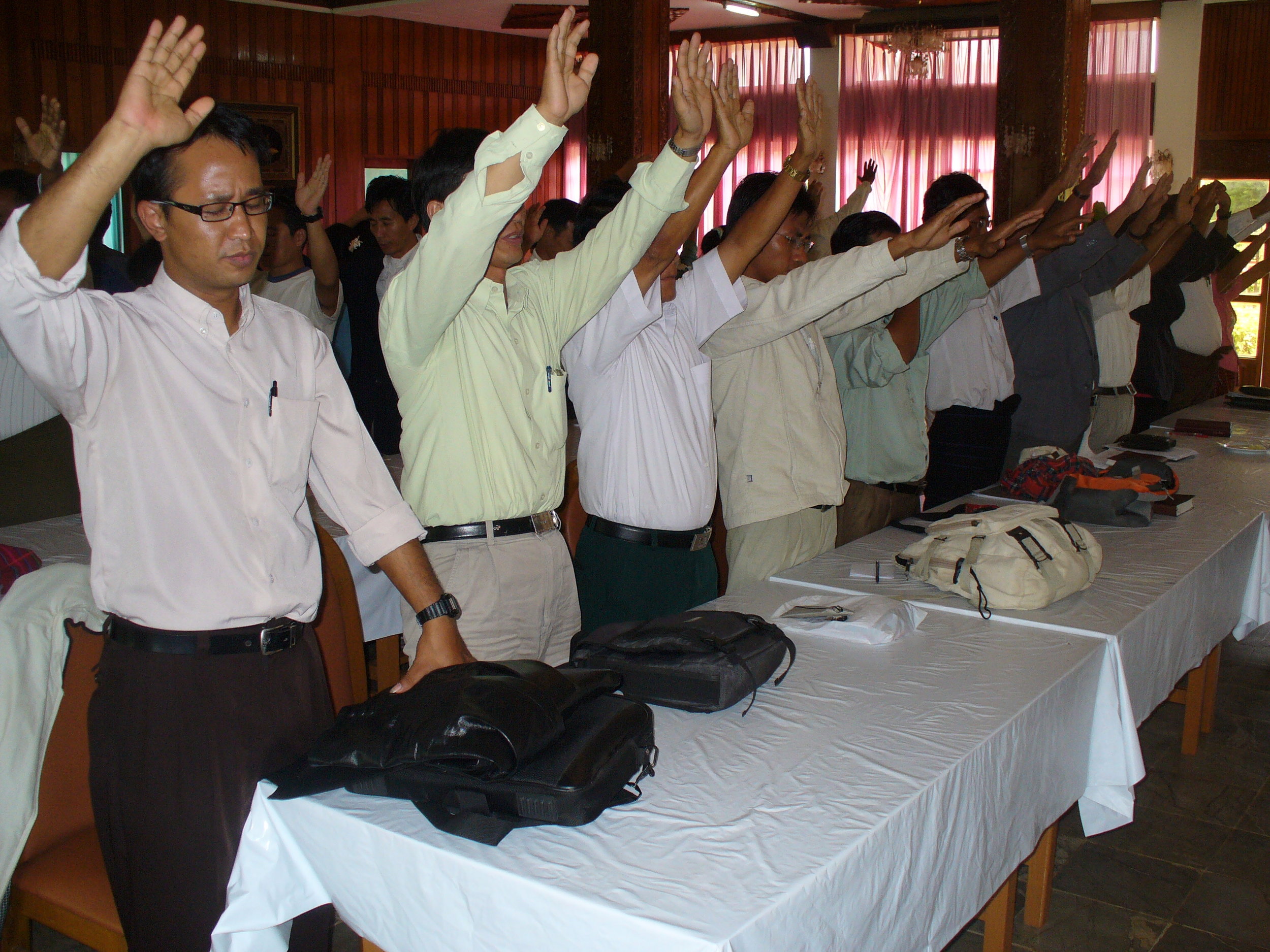
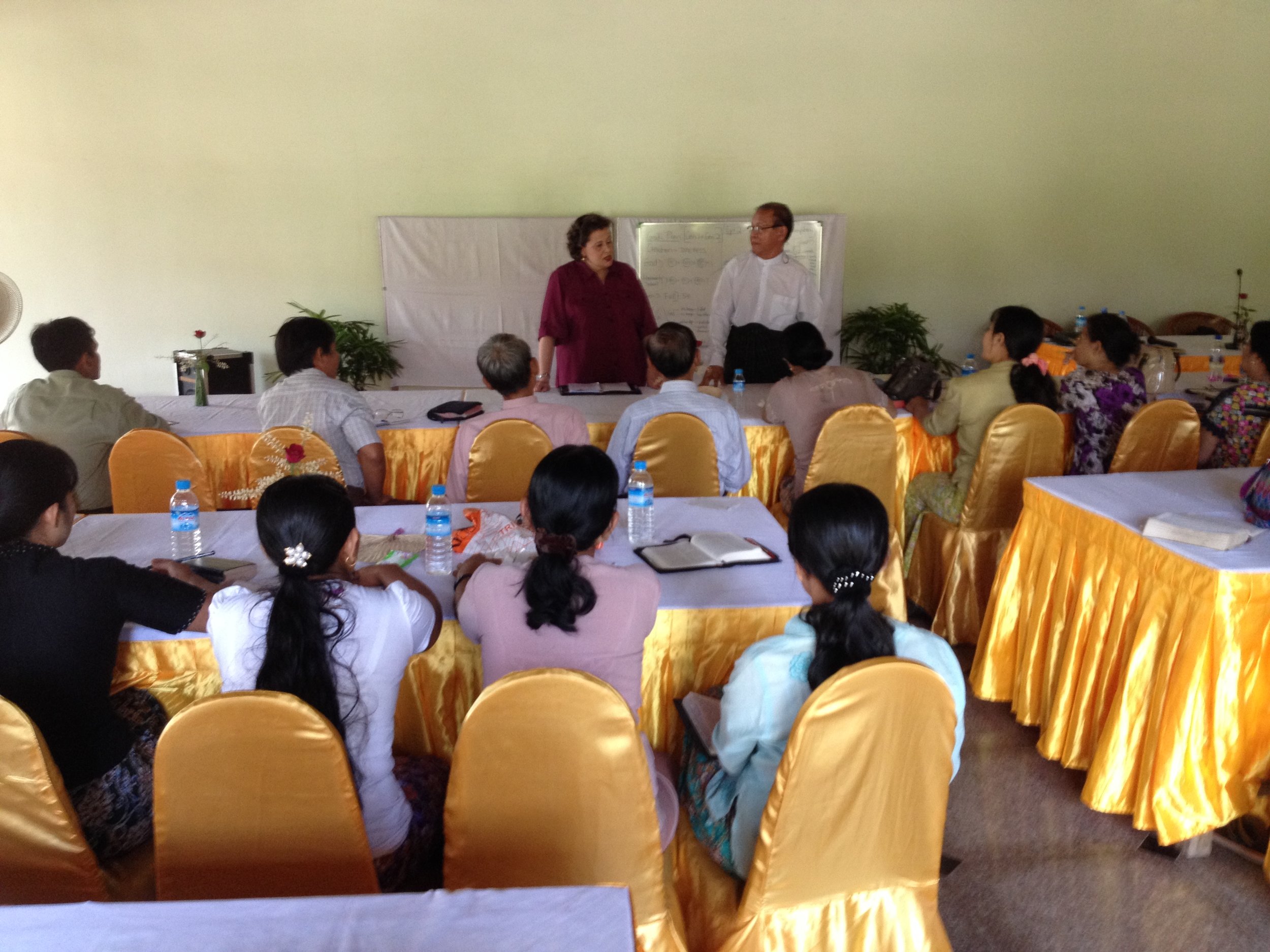
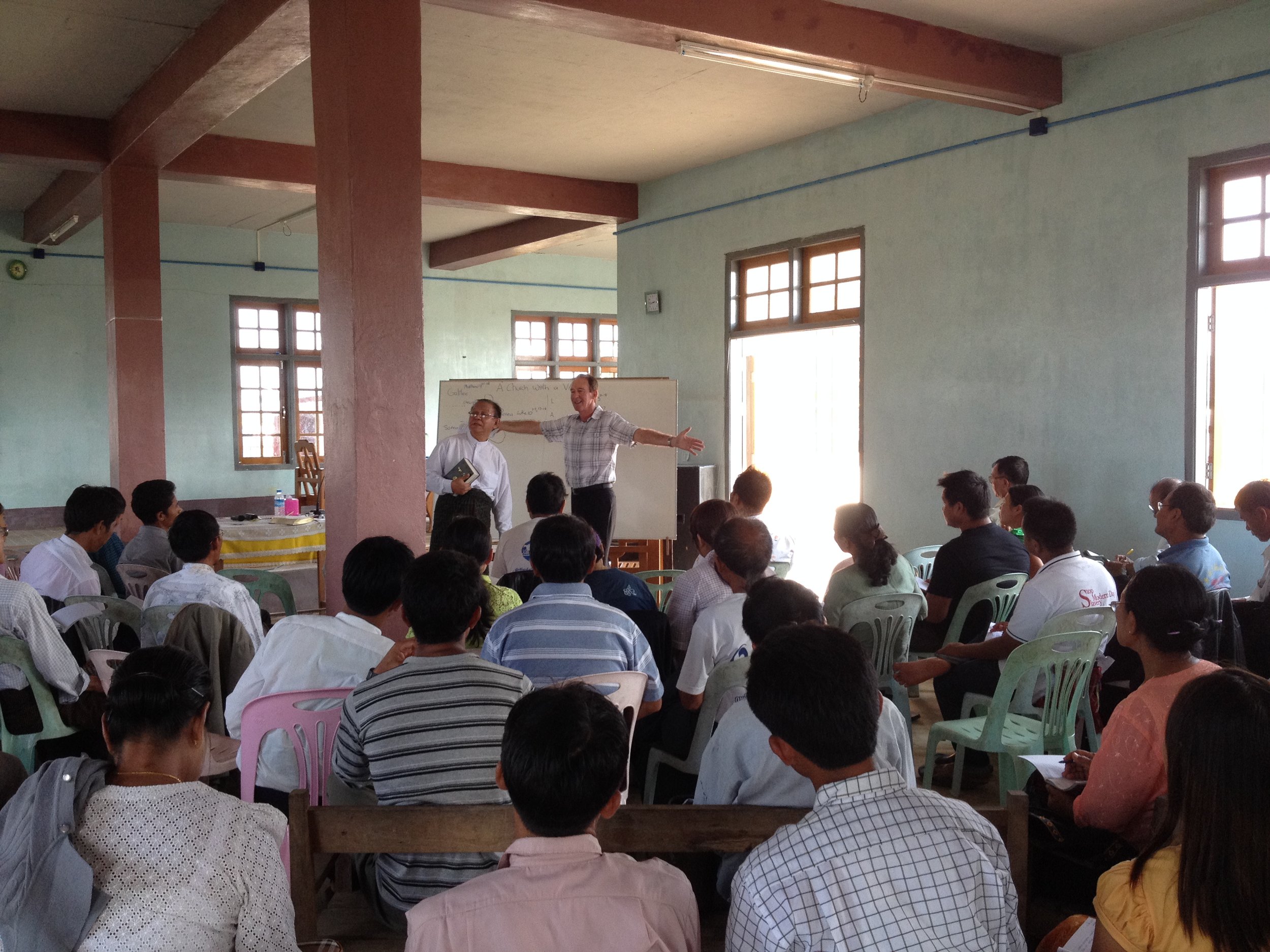
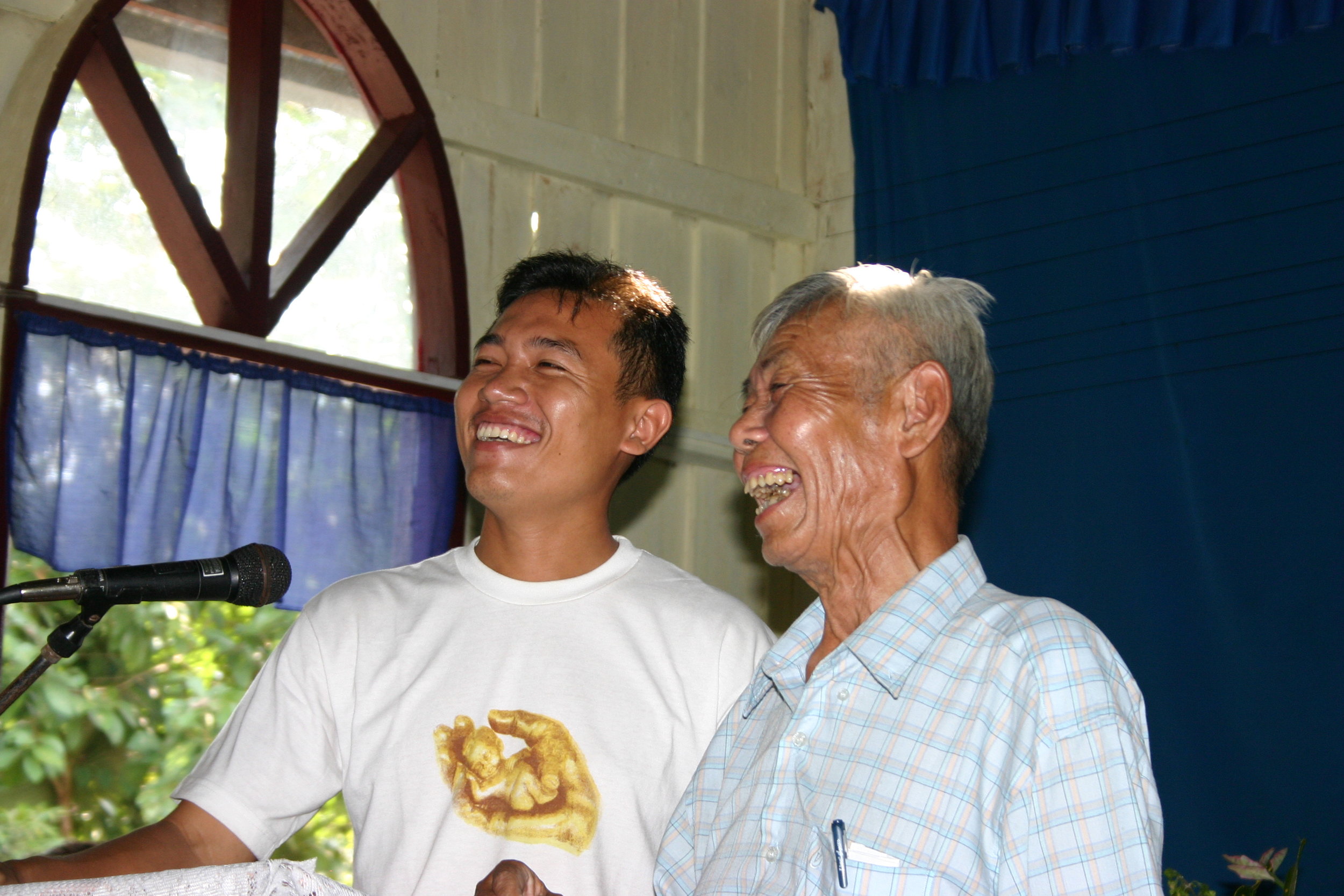
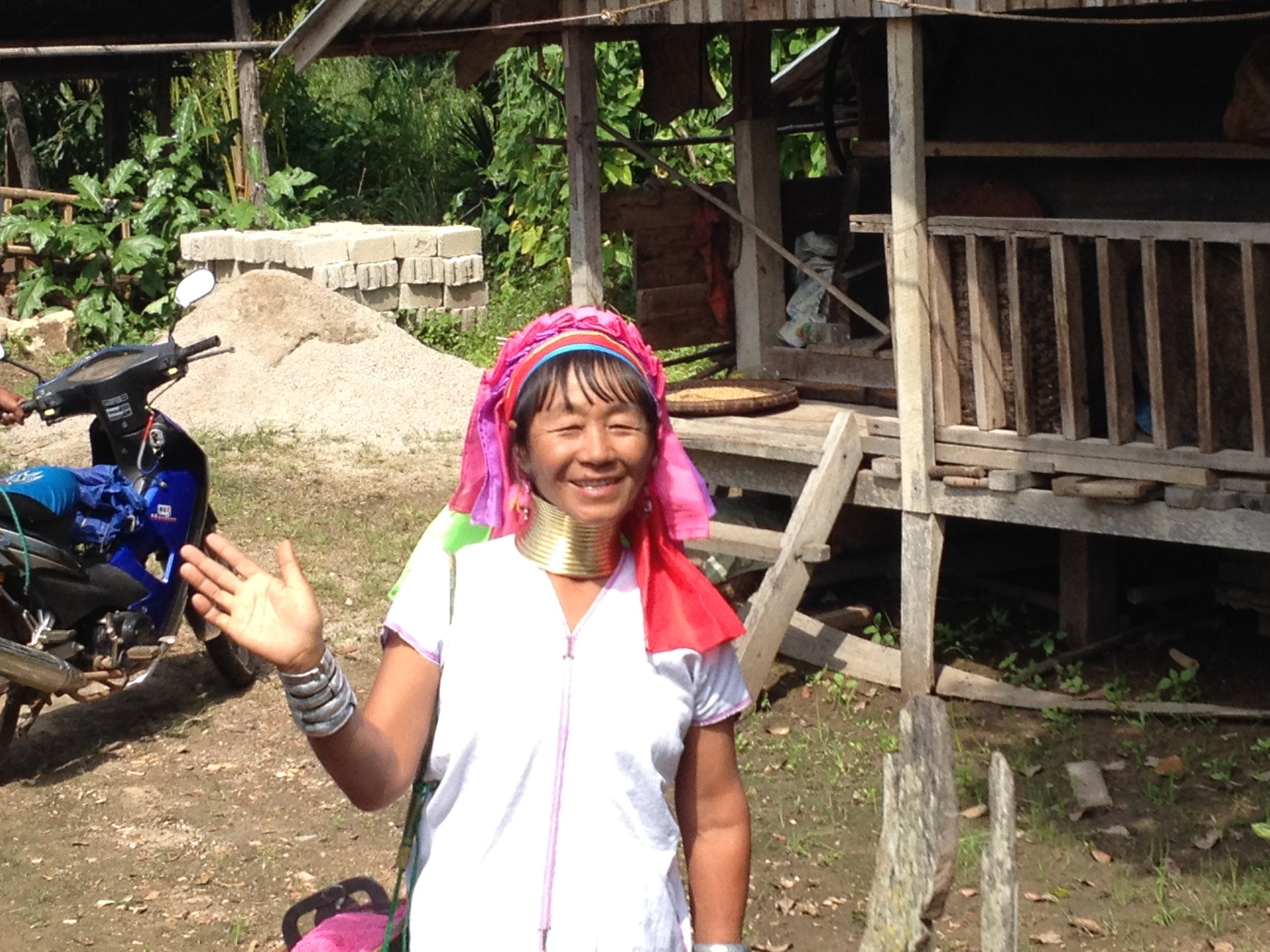
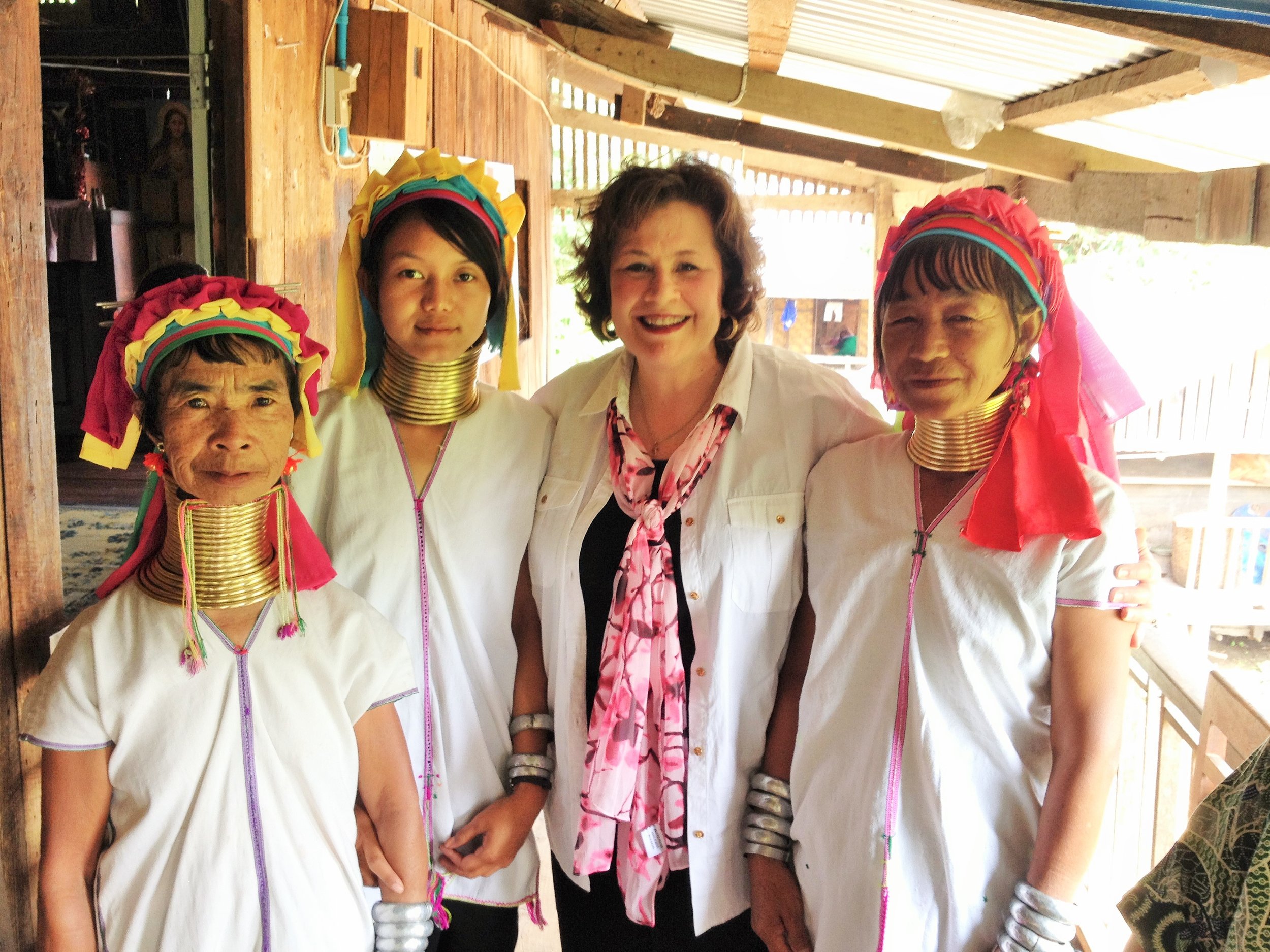
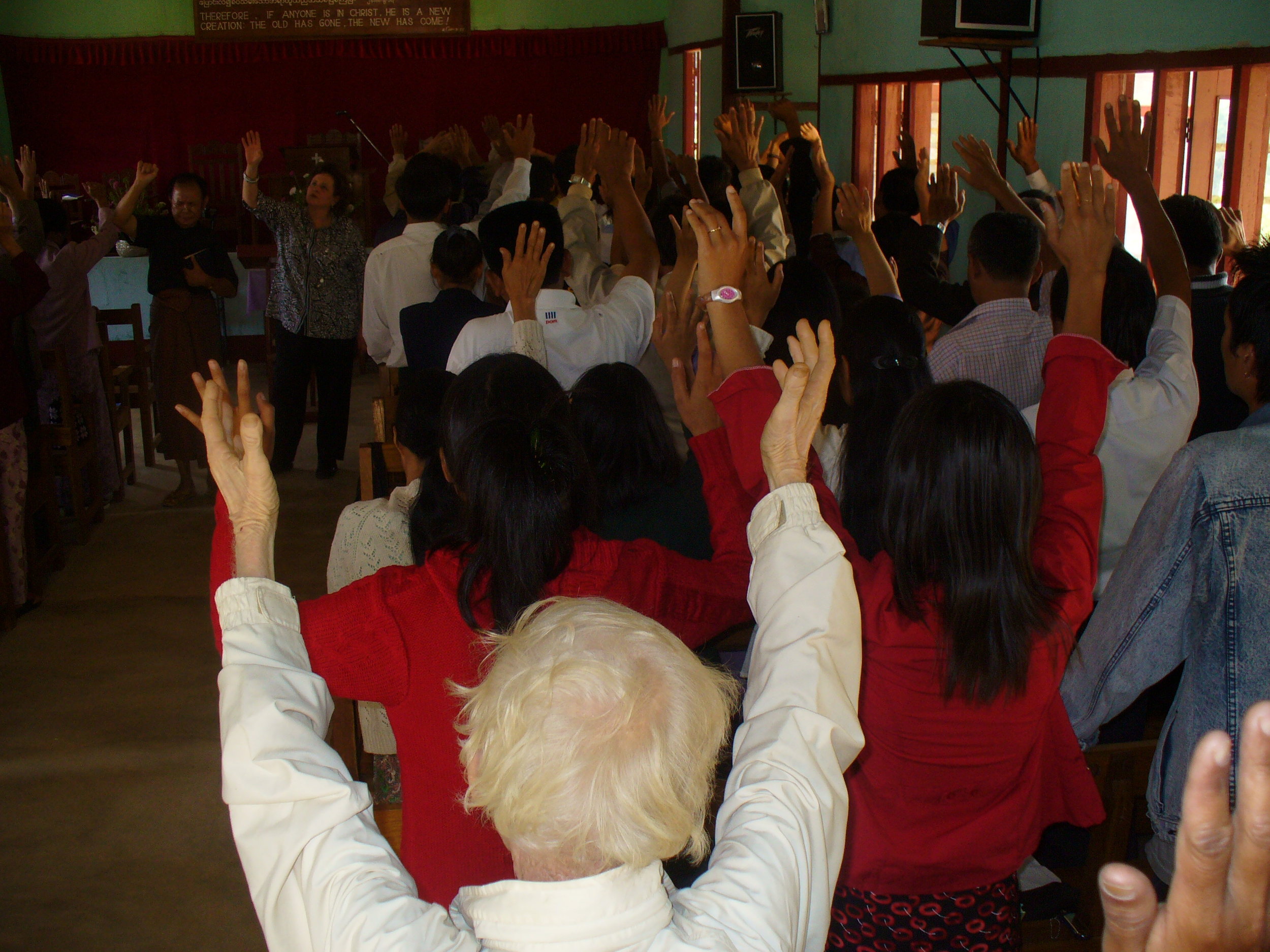
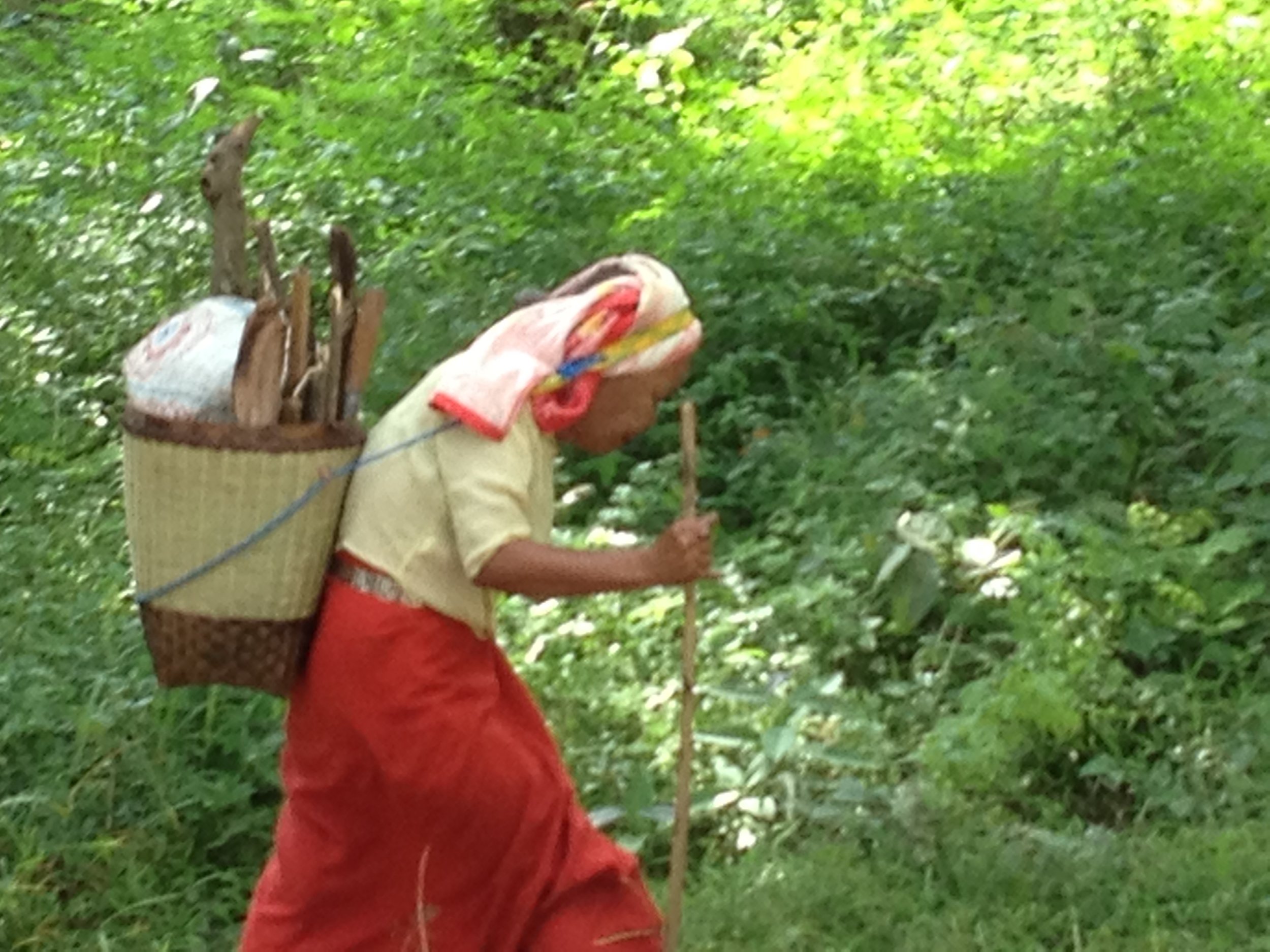
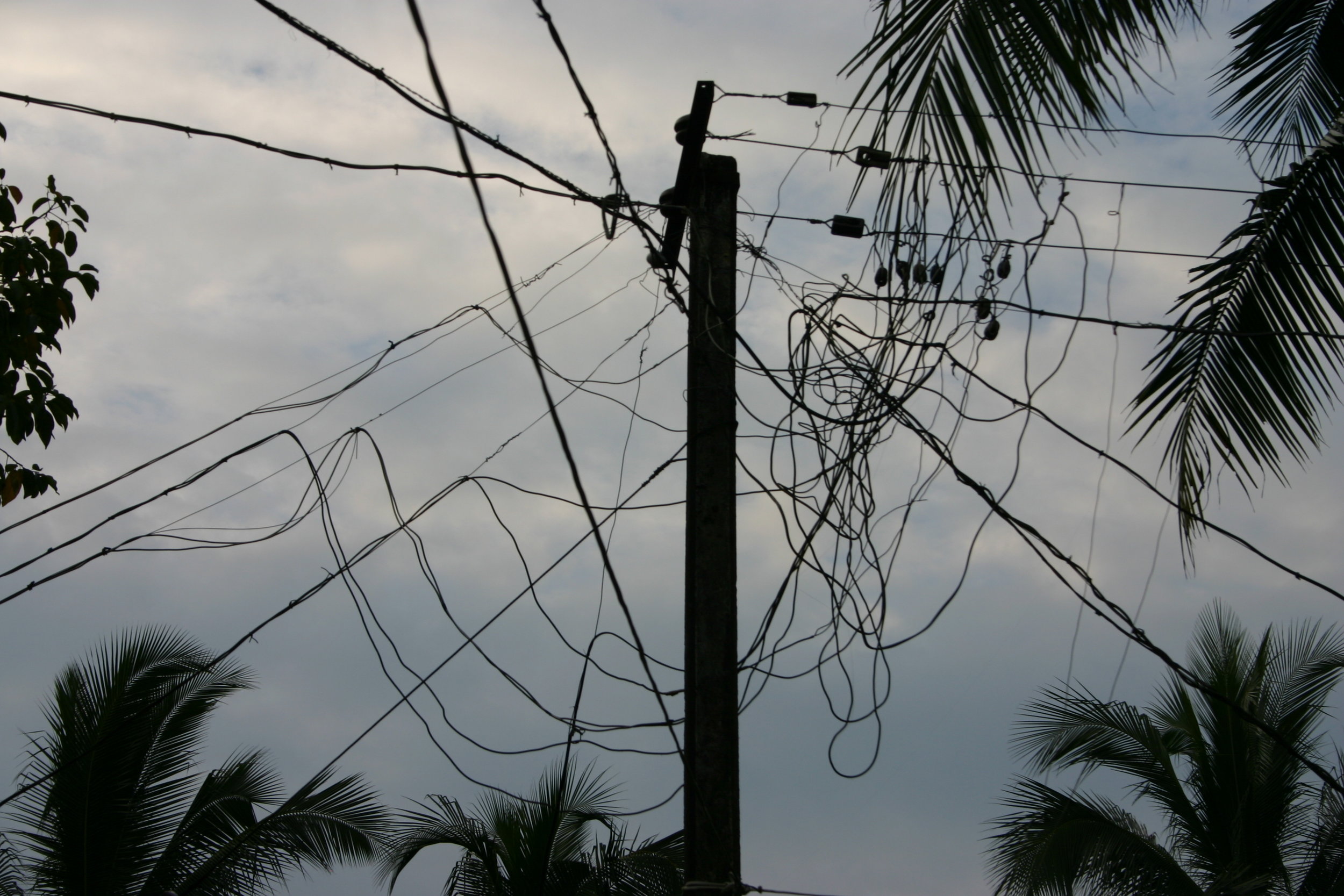
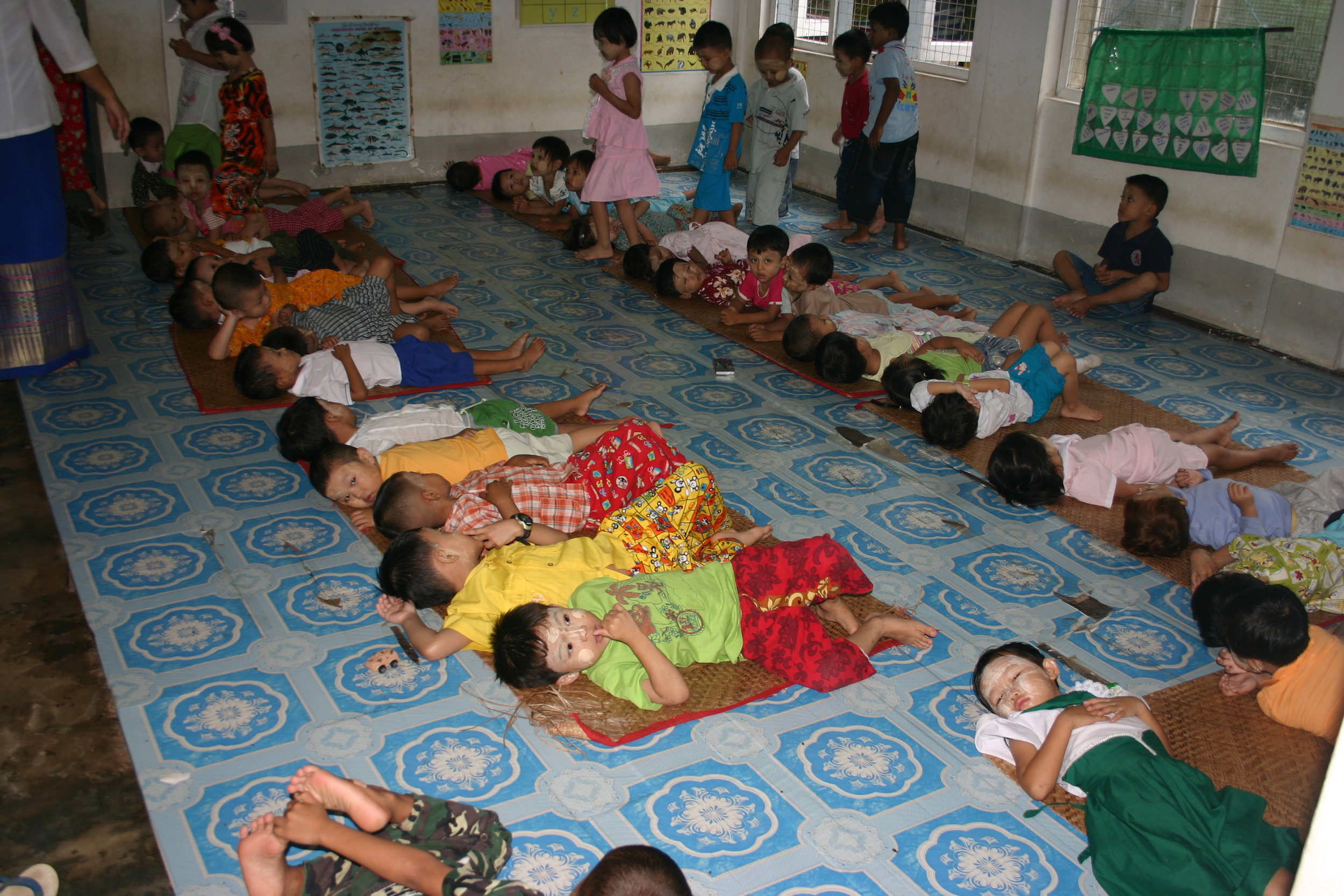
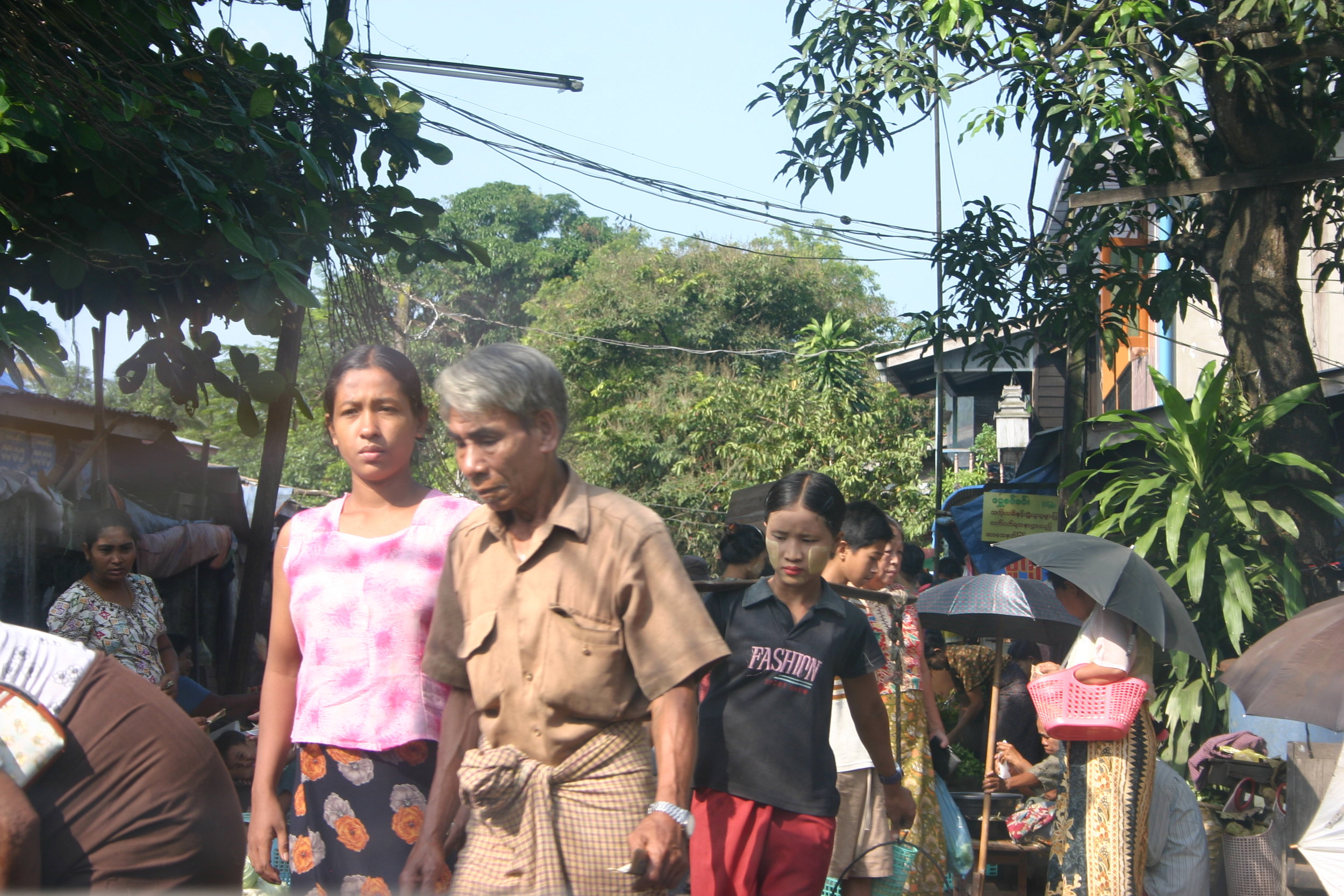
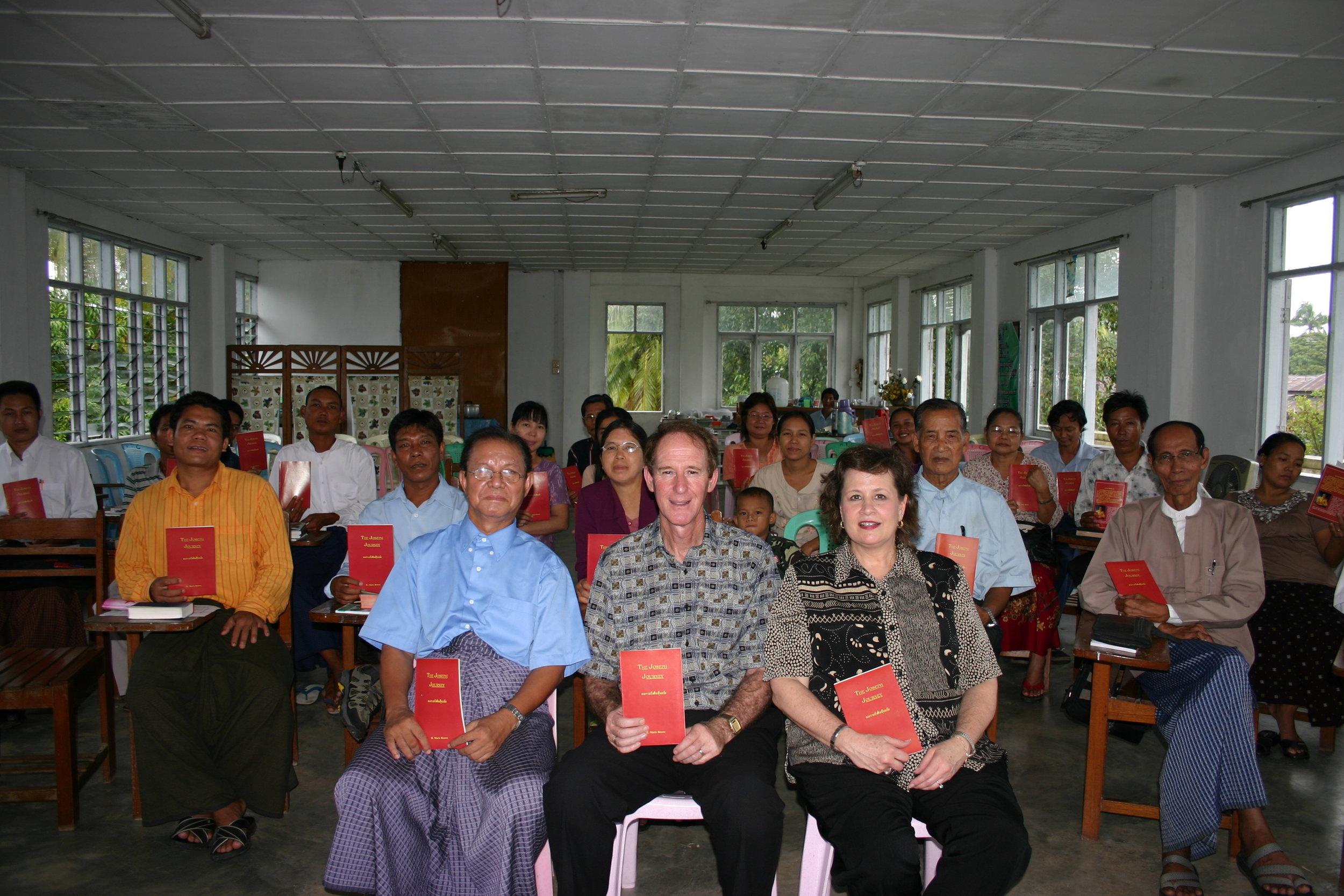
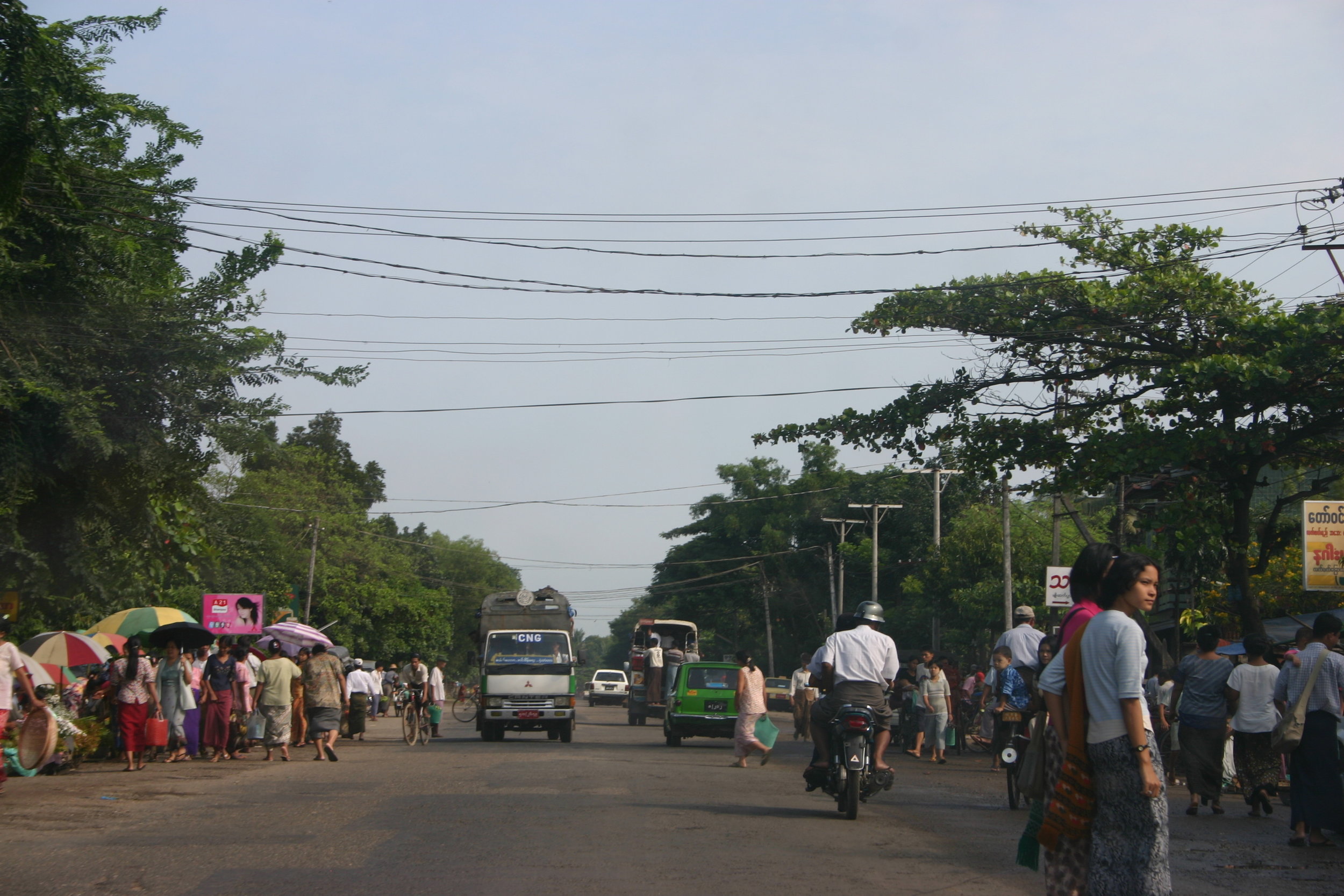
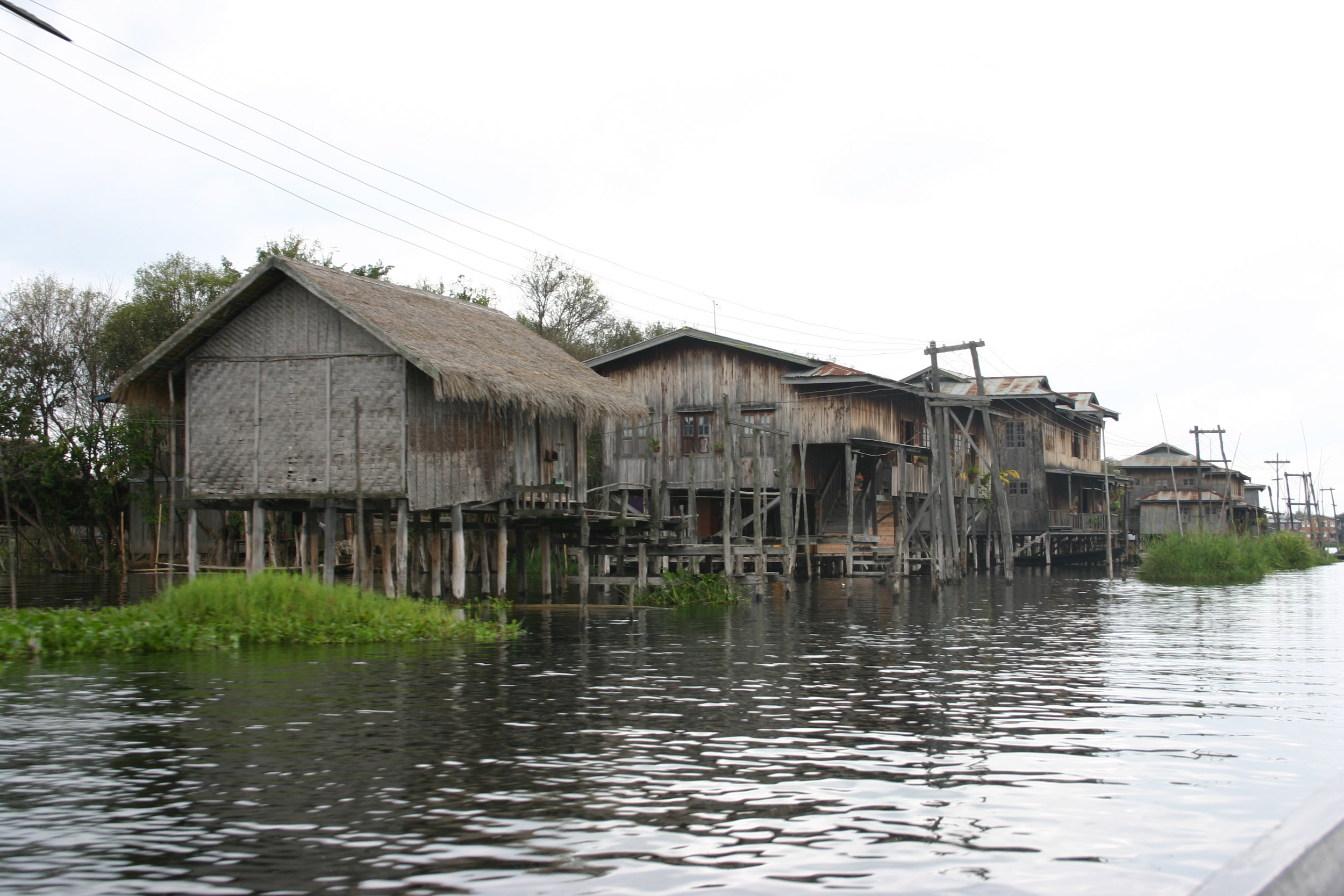
ONGOING in ASIA:
While we often cannot speak freely about what is taking place in other Asian countries in which we minister, national leaders in additional locations are also growing significantly in their appreciation of the complete vision of NFR, as well their understanding of successful strategies for country-specific implementation.
In all Asian countries where the NFR vision has been planted and is being watered, Marie Brown Ministries continues to provide support to groups through a variety of training opportunities and support materials.
For those countries in which it is not currently possible to hold Networking for Revival seminars, Marie Brown Ministries focuses on the biblical concept of unity and other core beliefs that support nationals in their desire to grow individually as believers and collectively as the Church.
Reports from Africa
In 1998, pastors in the Lake Region of Tanzania seldom prayed with each other or even sat together; they were divided. However, after five years of participation in the Networking for Revival (NFR) process, that changed dramatically. By 2003, some 600 senior leaders representing over 25 denominations were poised to utilize their gifts with one heart and mind to take their nation for Christ.at the first regional NFR gathering in Mwanza.
Considering this event good seed in fertile ground, Marie Brown Ministries underwrote the majority of expenses for the meetings and also provided the Executive Council of each of the cities—Mwanza, Bukoba, and Musoma—with an International School of Ministry (ISOM).two-year Bible curriculum program.
(Out of this dynamic conference was born a group whose goal was to coordinate evangelism and discipleship training efforts in the Lake Region. Several years later, the group expanded its vision to encompass community development at the national level.)
********
The focus of Marie Brown Ministries in 2004 turned to replicating the NFR process that had been followed with success in the Lake Region in two new cities--Arusha and Moshi. Within four years (2008), a regional meeting was held in this new area with 500 senior pastors and bishops in attendance. As an outgrowth of this regional meeting, an additional ISOM school was planted to support the discipleship training vision of NFR, and a new chapter of the Lake Region’s community development group was formed.
The following year saw the beginning of NFR in a new location, the city of Morogoro, with 100 leaders in attendance at an introductory meeting. By 2010, African nationals had hosted a follow-up meeting in the region, and, at this point, the implementation of NFR in Tanzania was fully released to national leaders, who began handling 100% of the planning, hosting, and teaching of Networking for Revival in their respective areas.
Marie Brown Ministries continues to support the now-African-led process by providing written leadership materials to distribute to participants at regional conferences, and makes available the complete ISOM curricula to Executive Councils as they request it.


